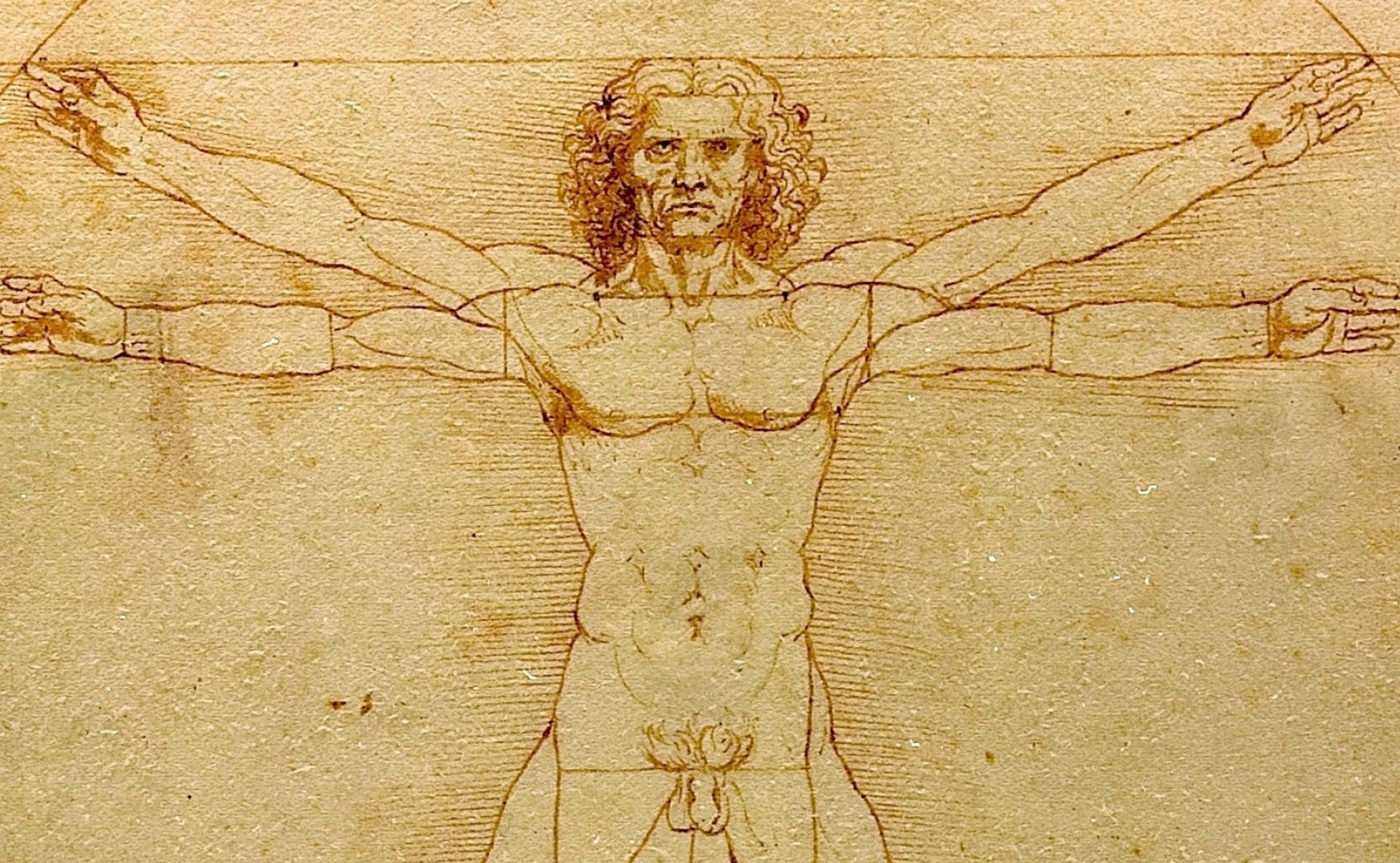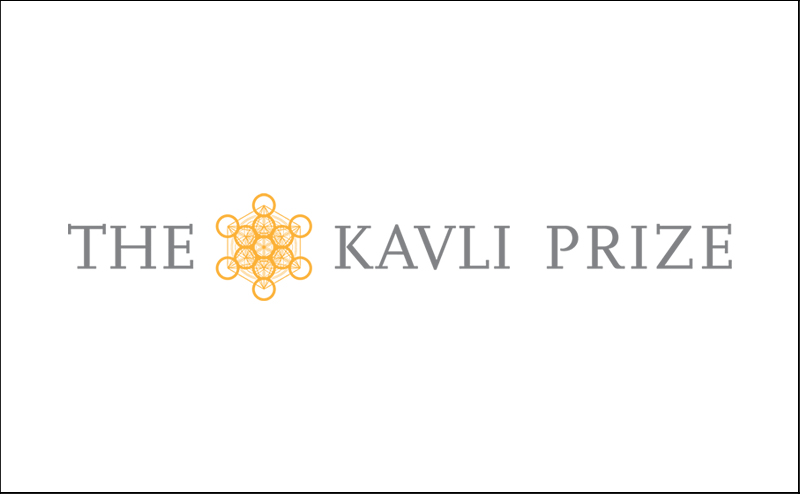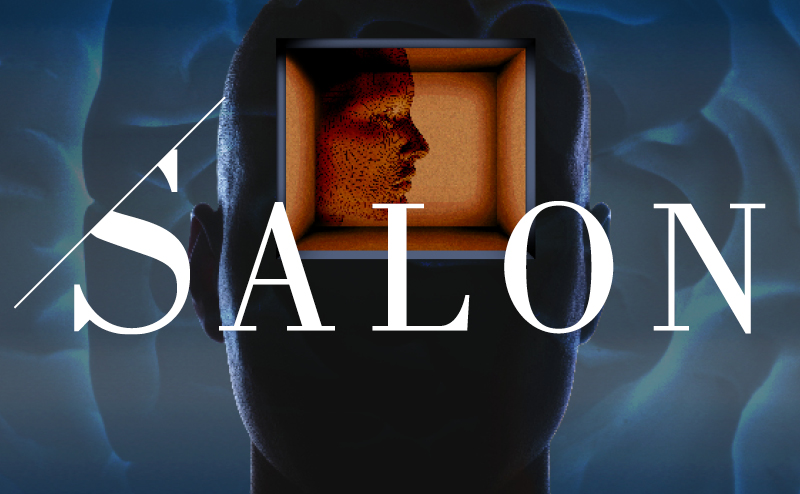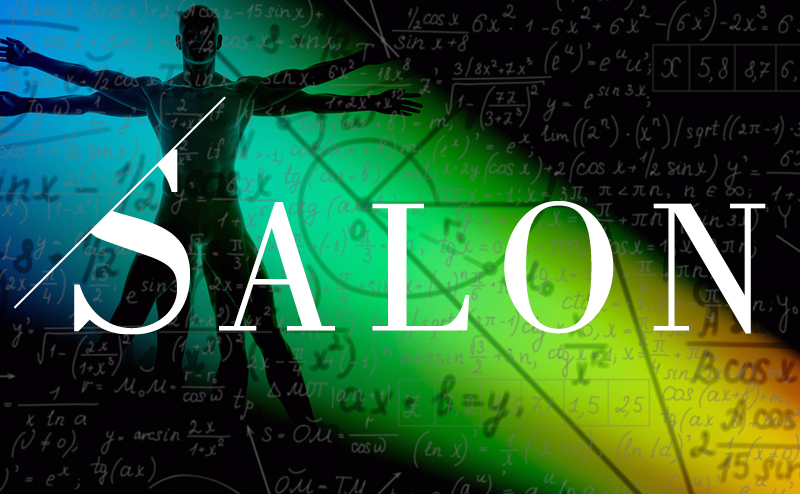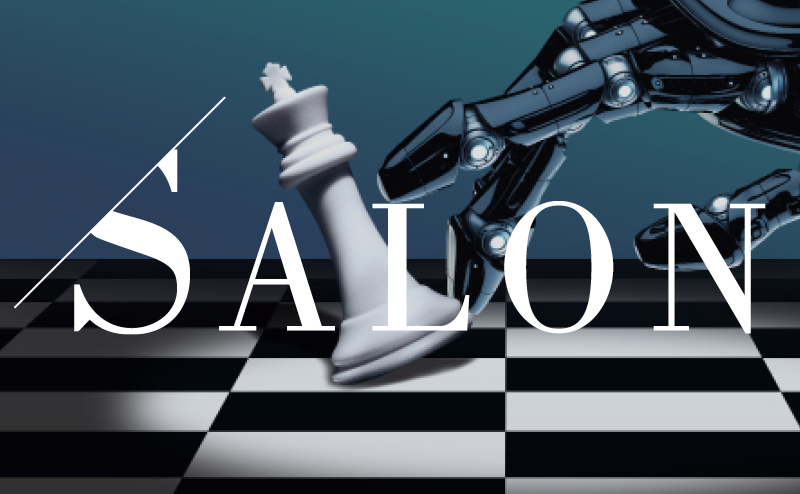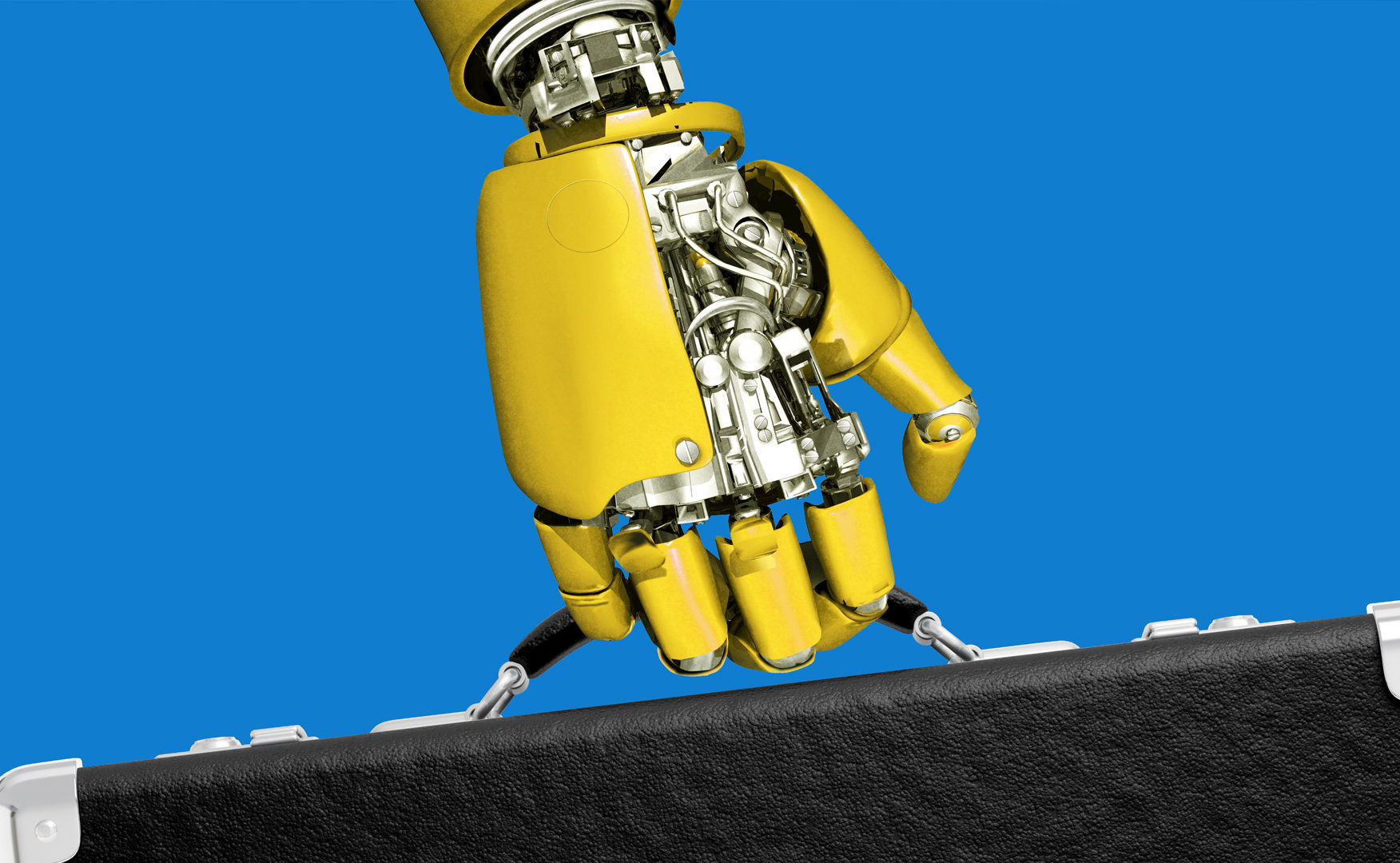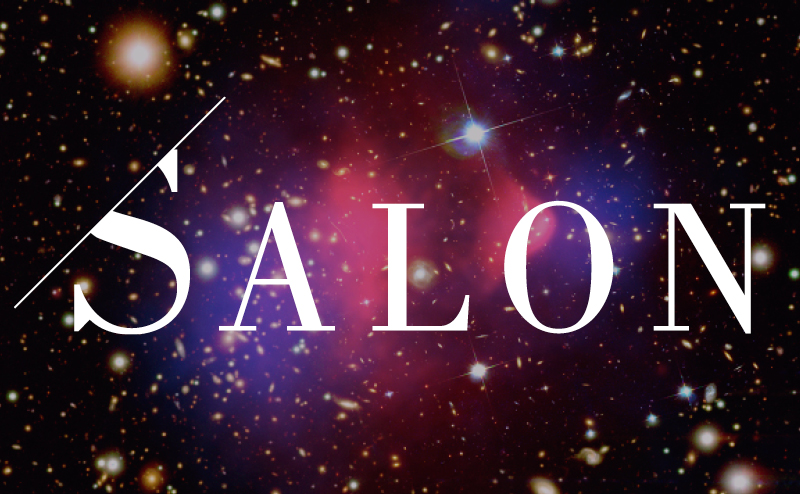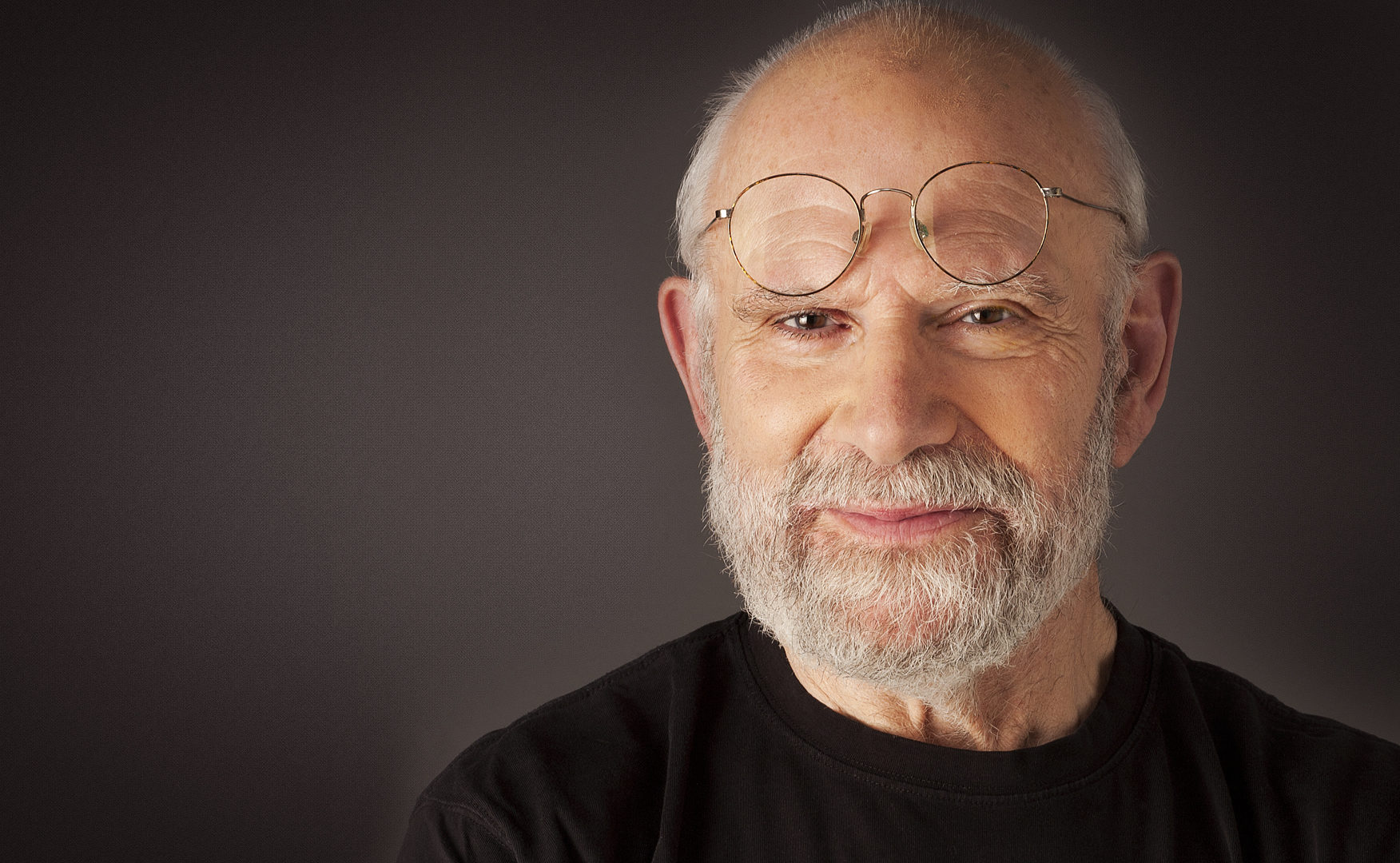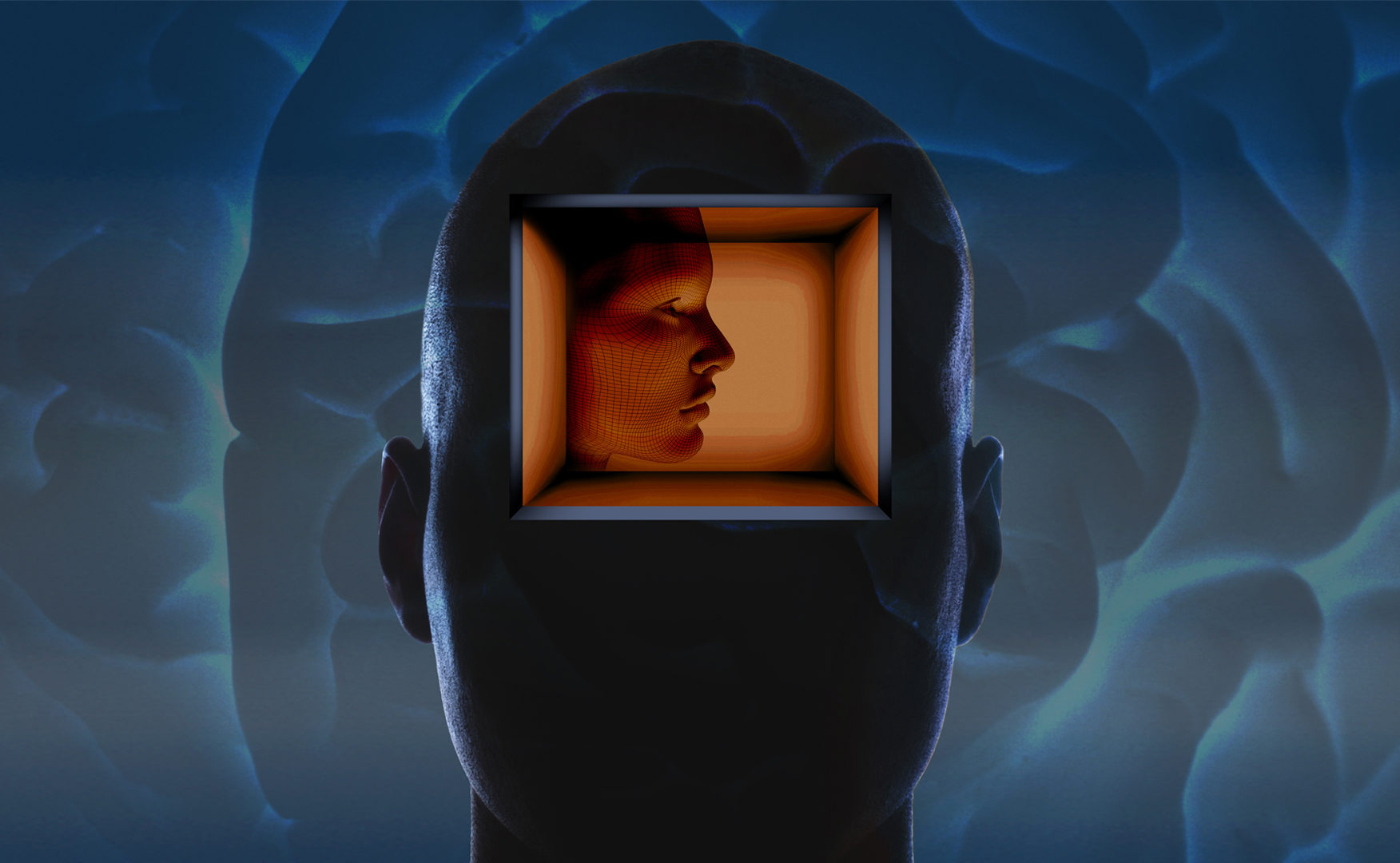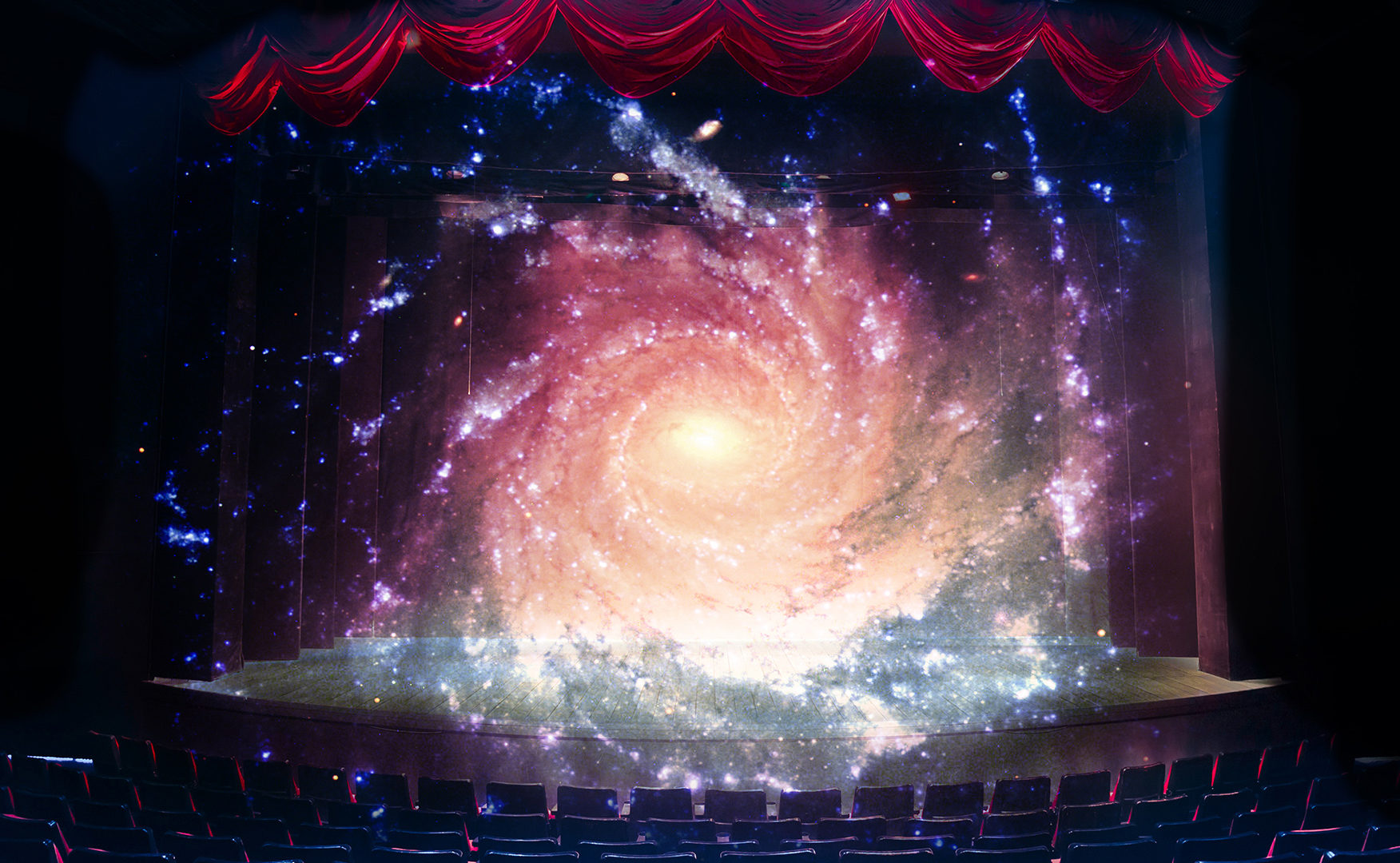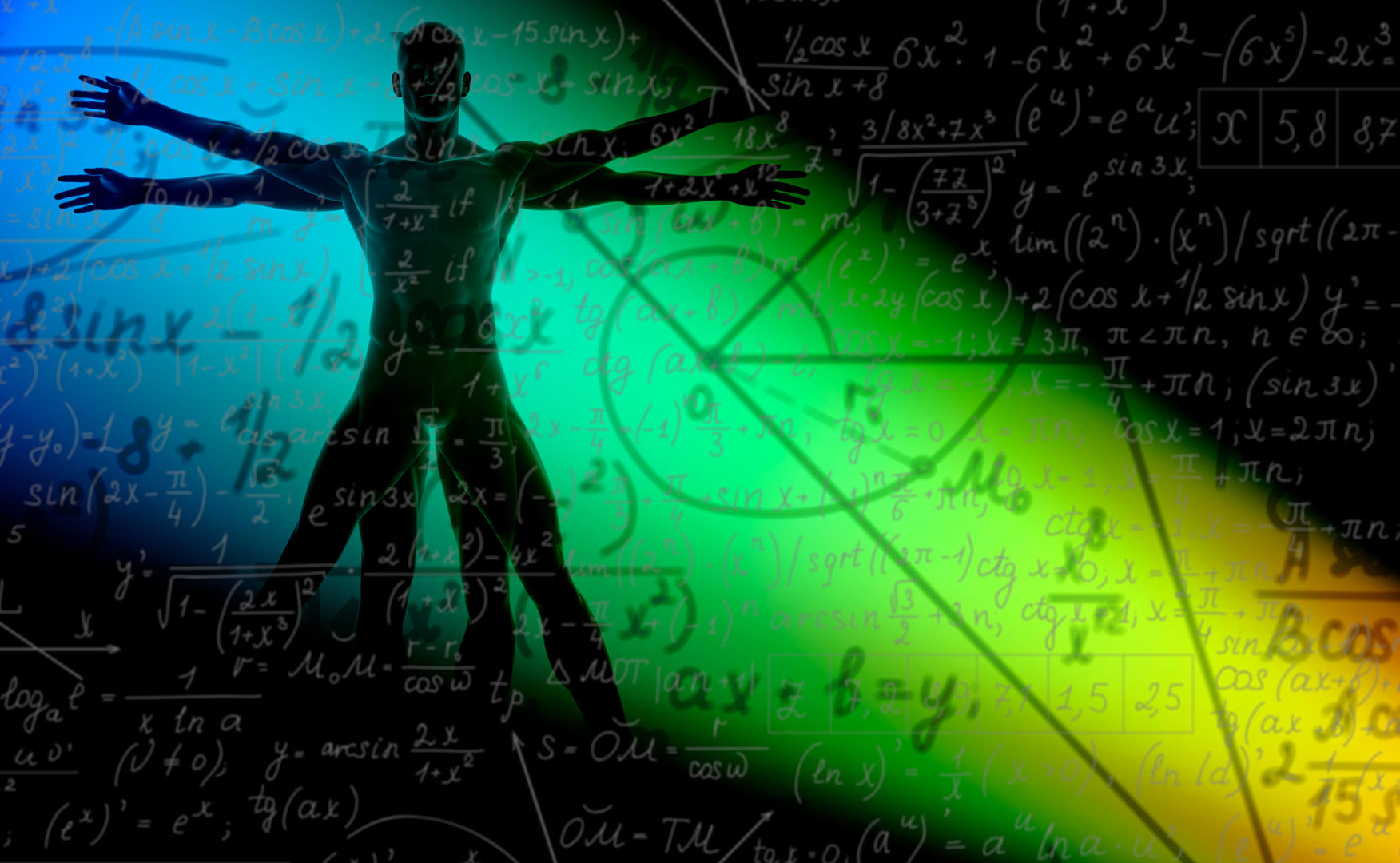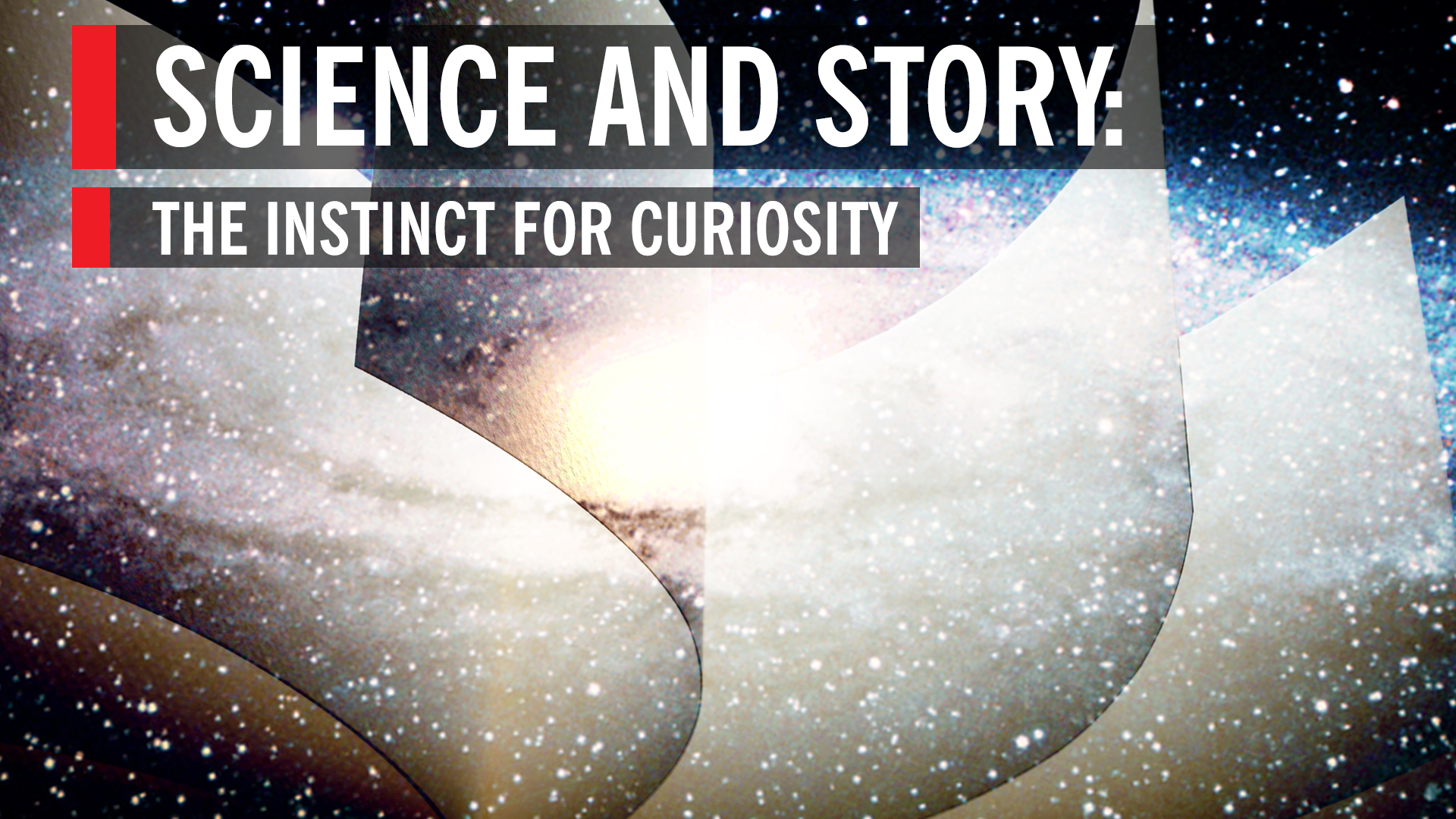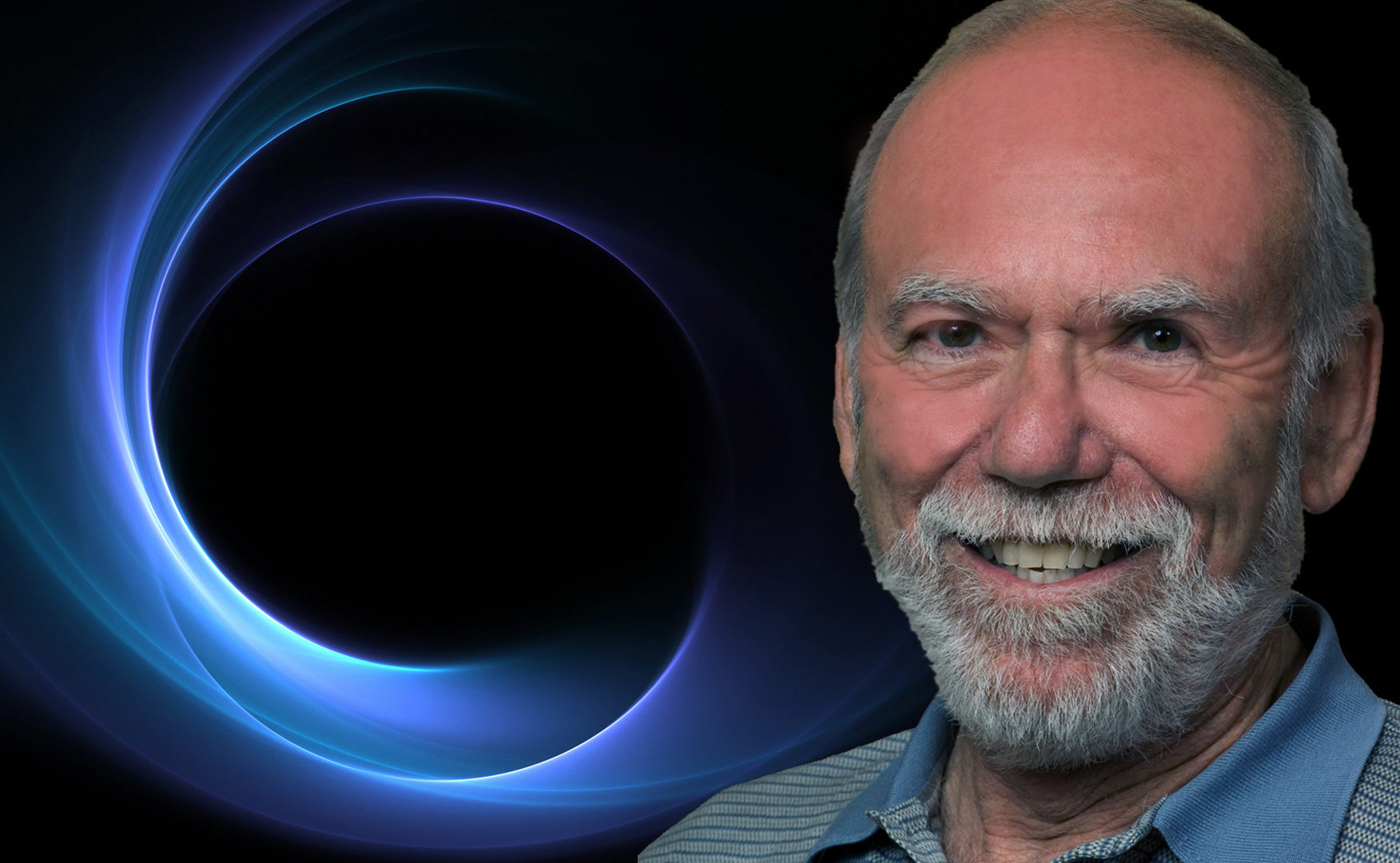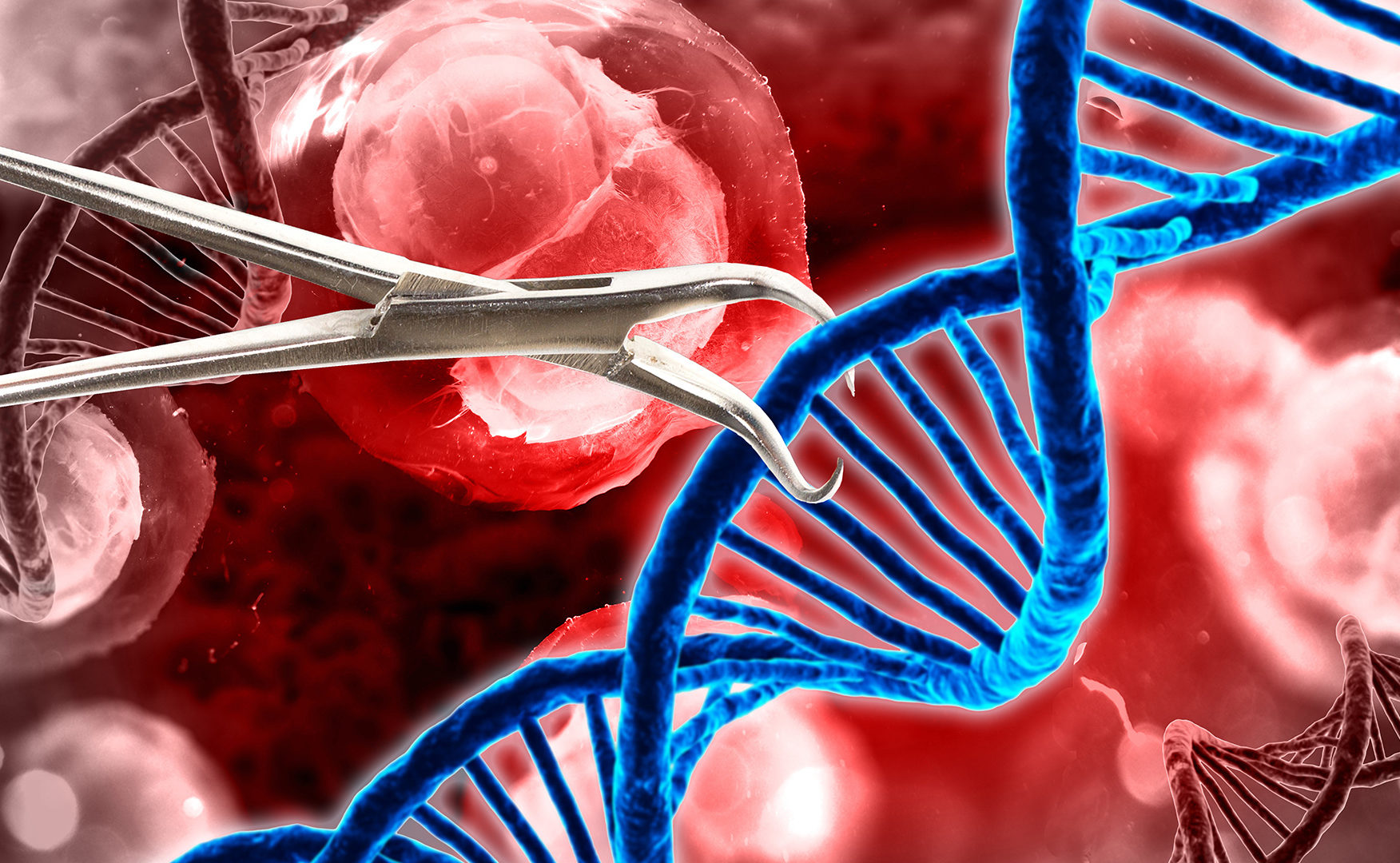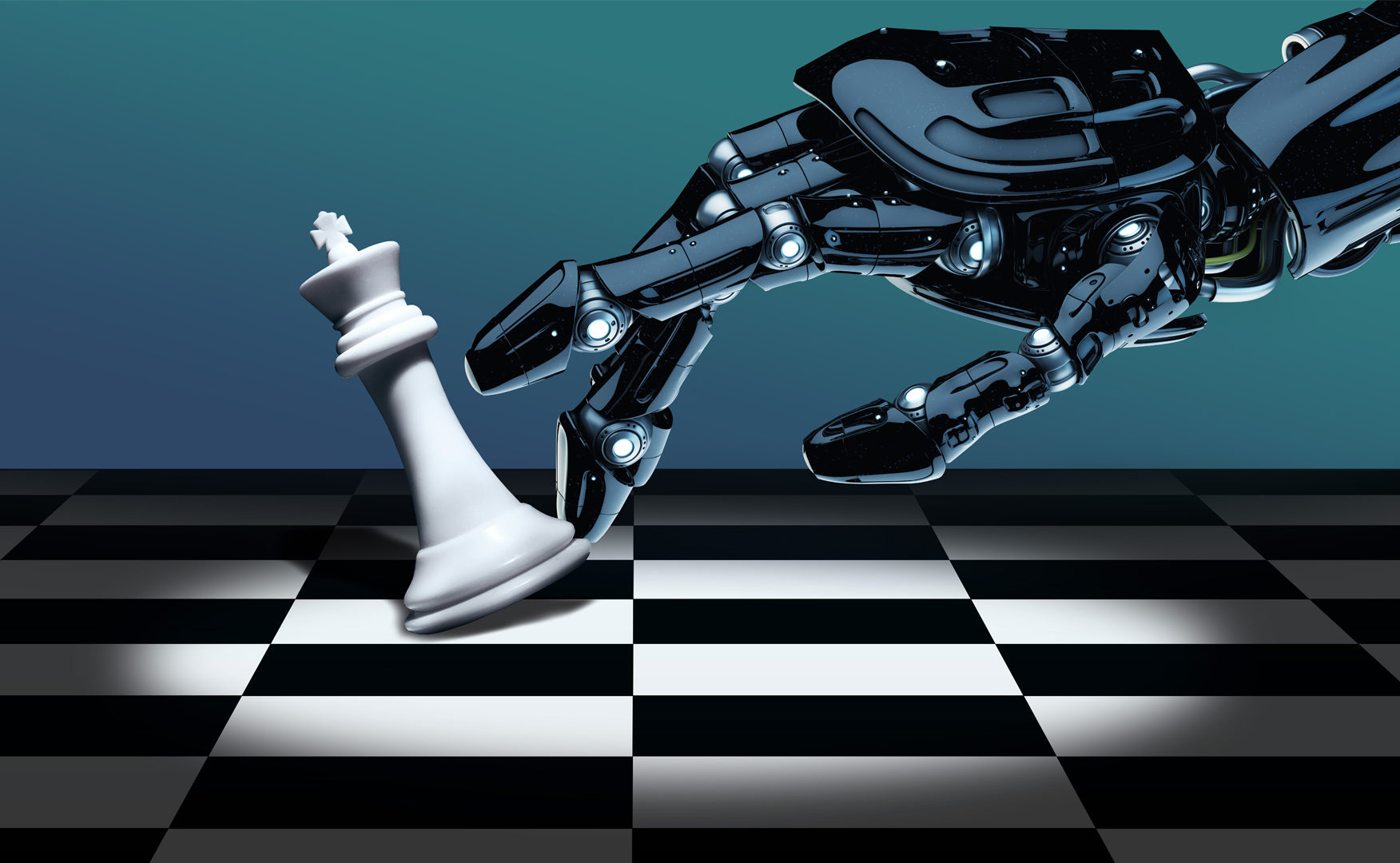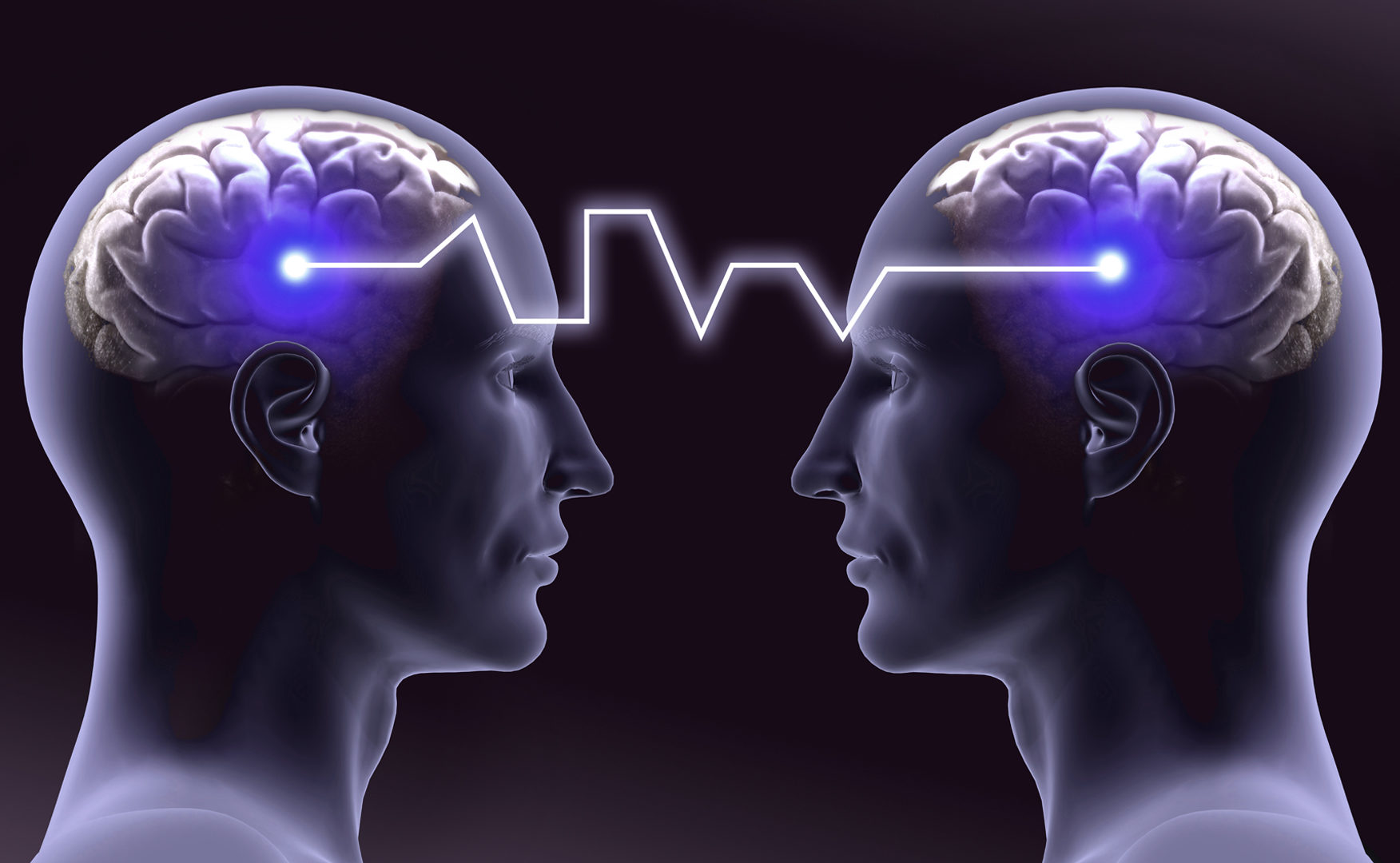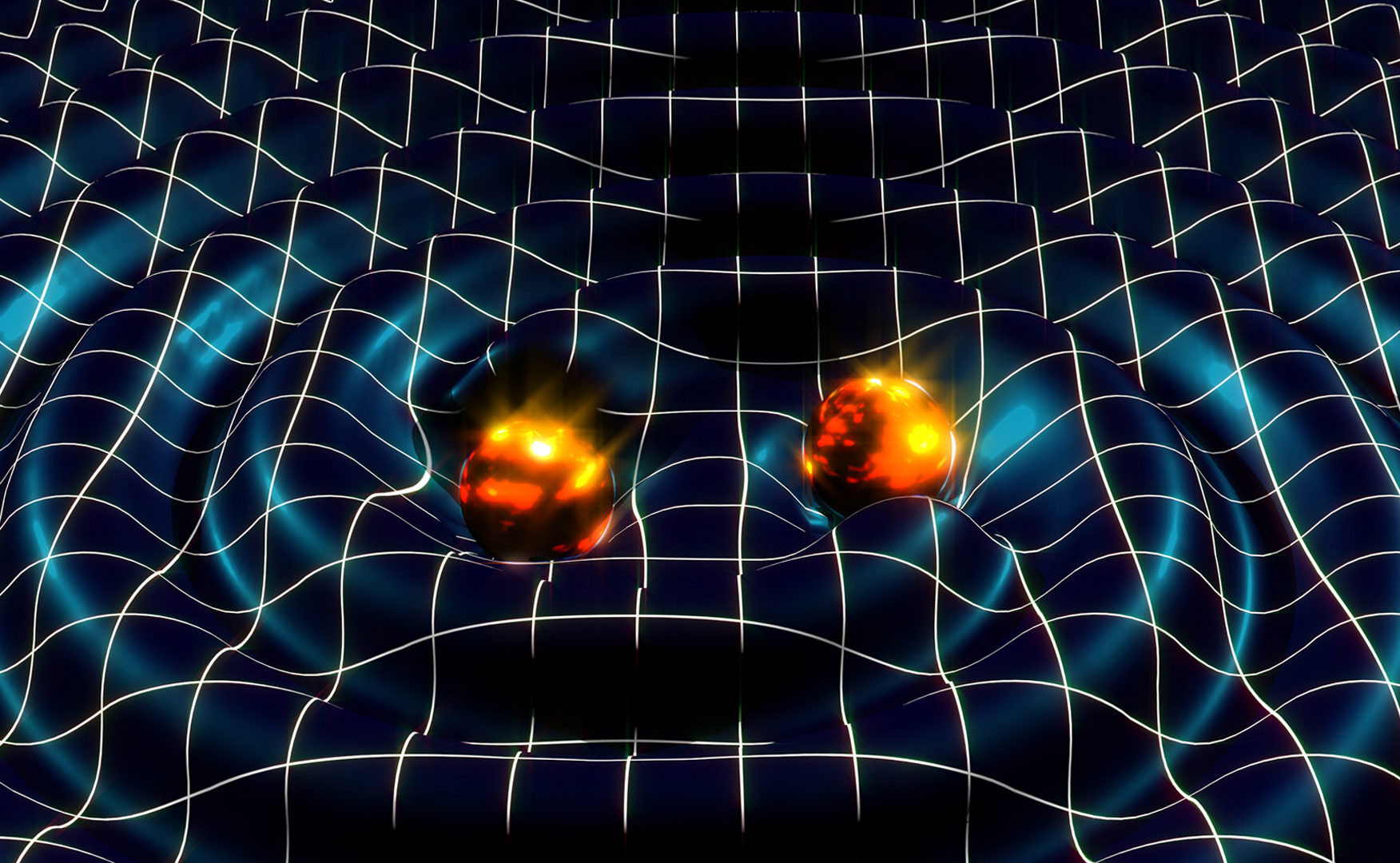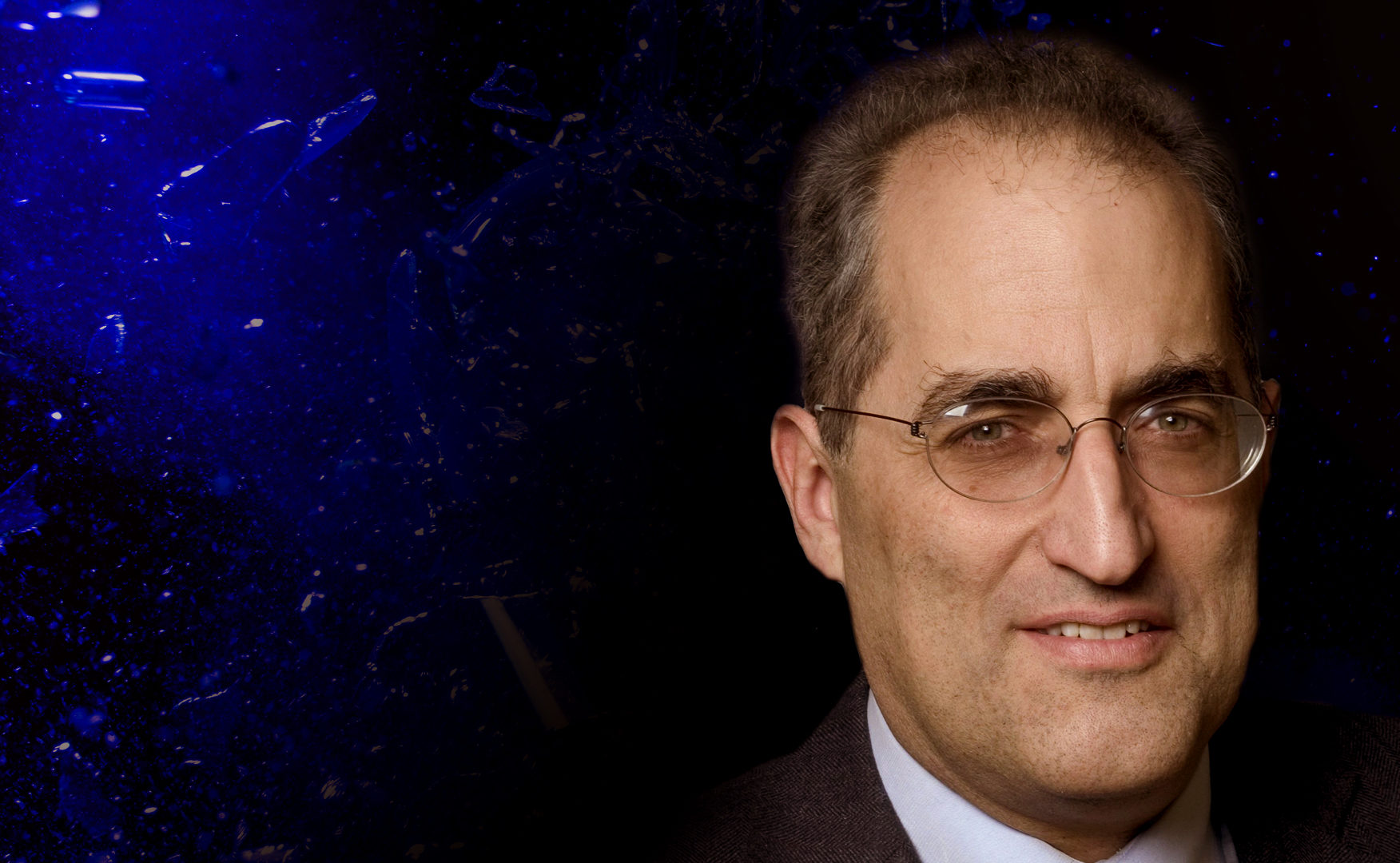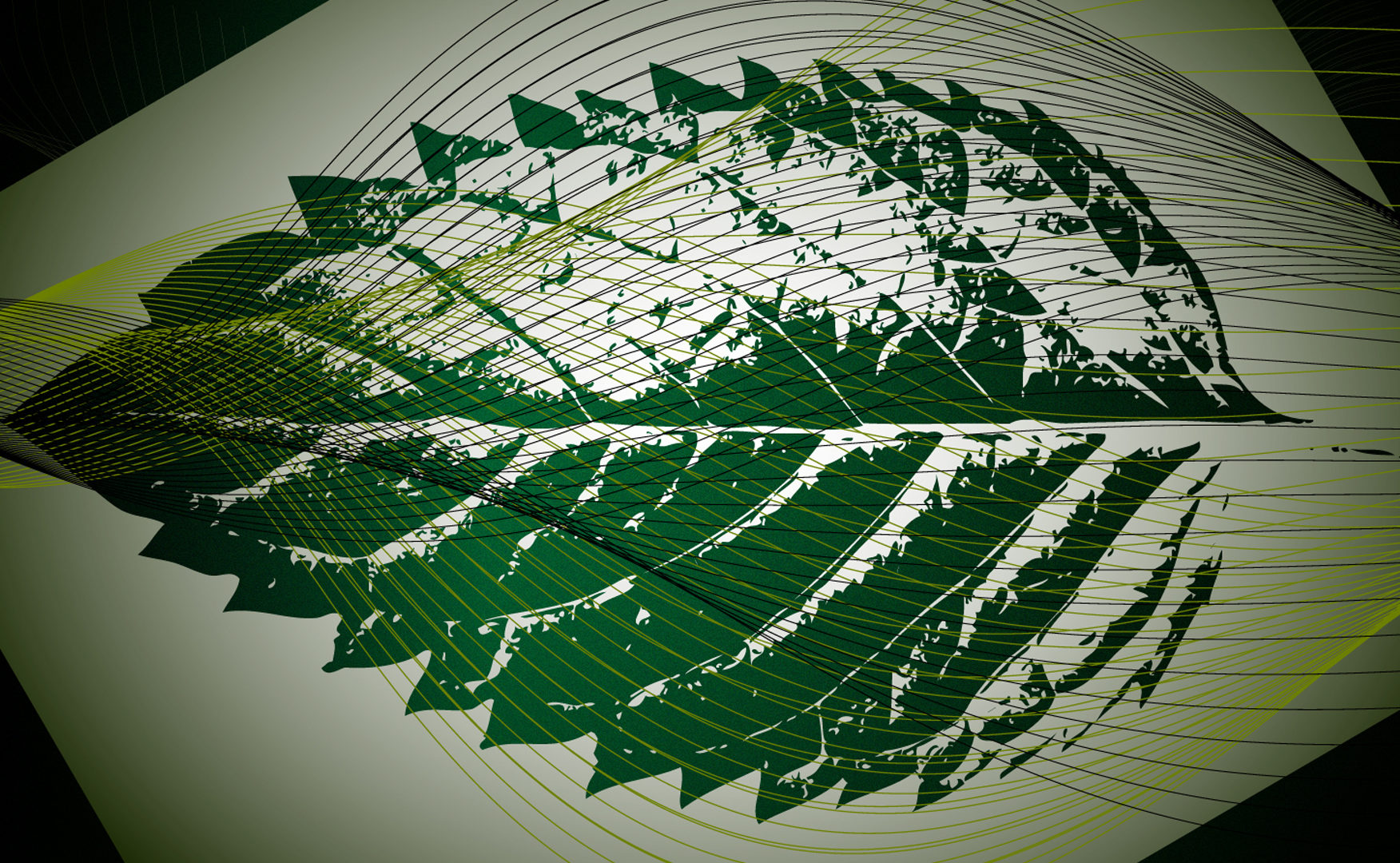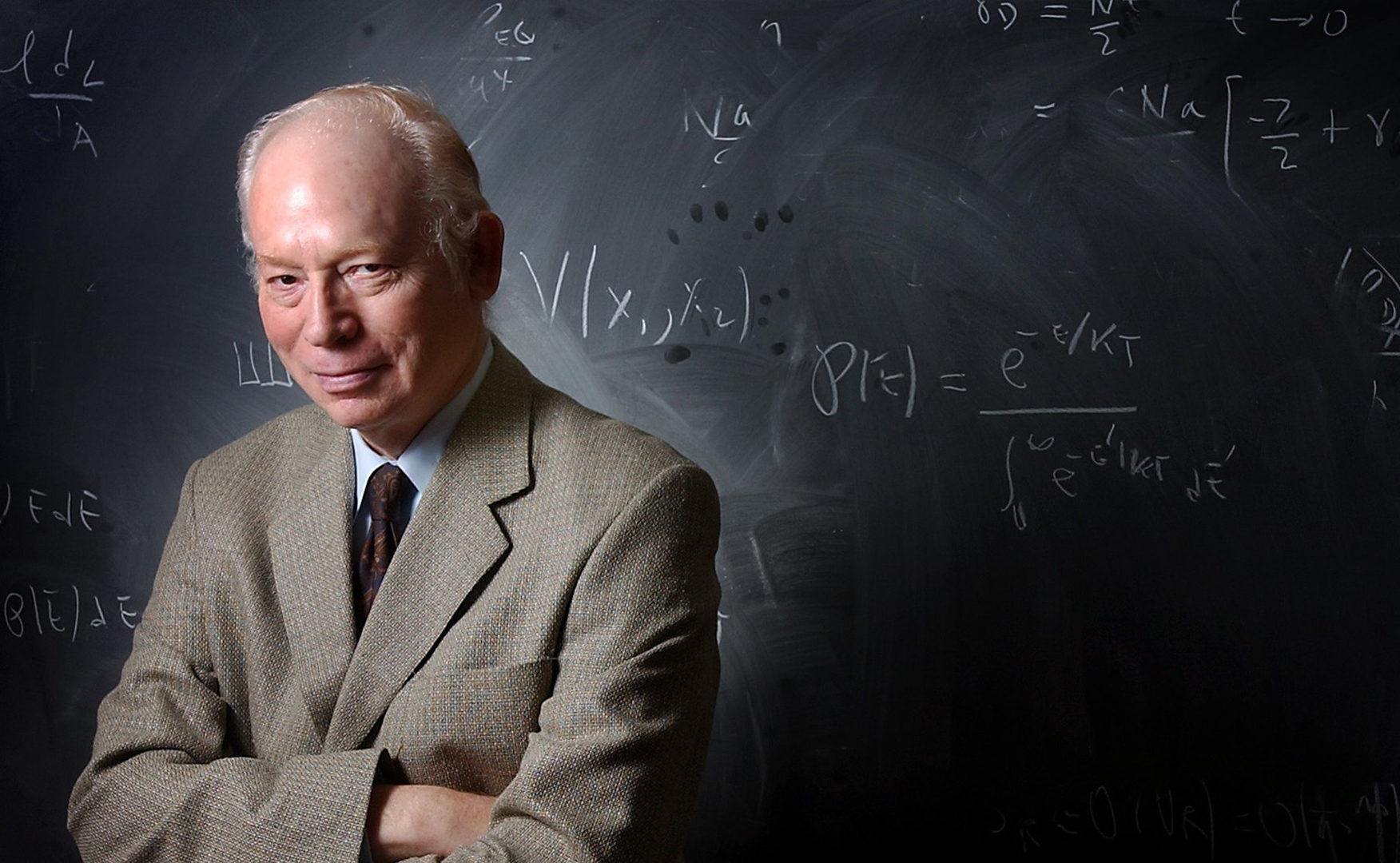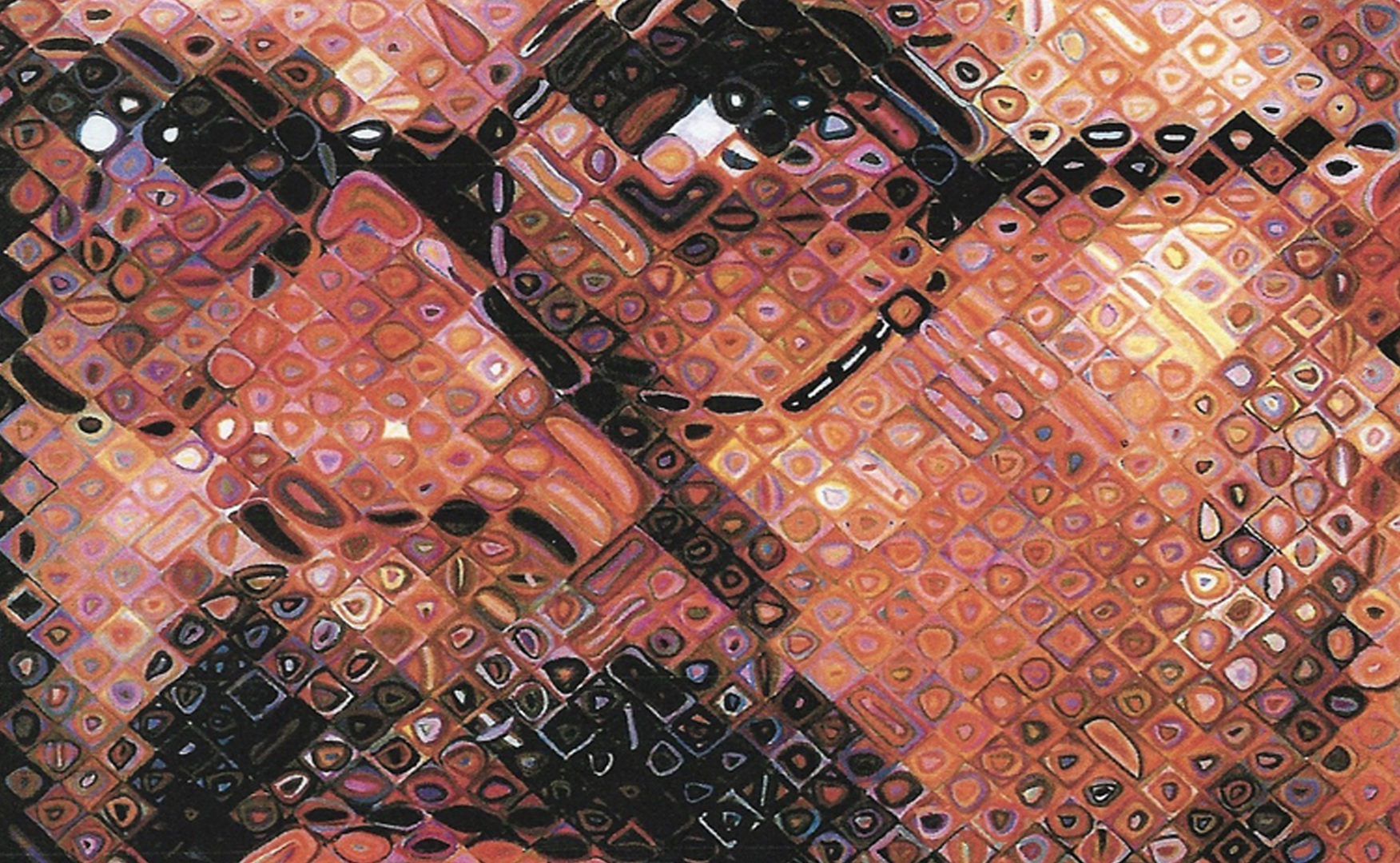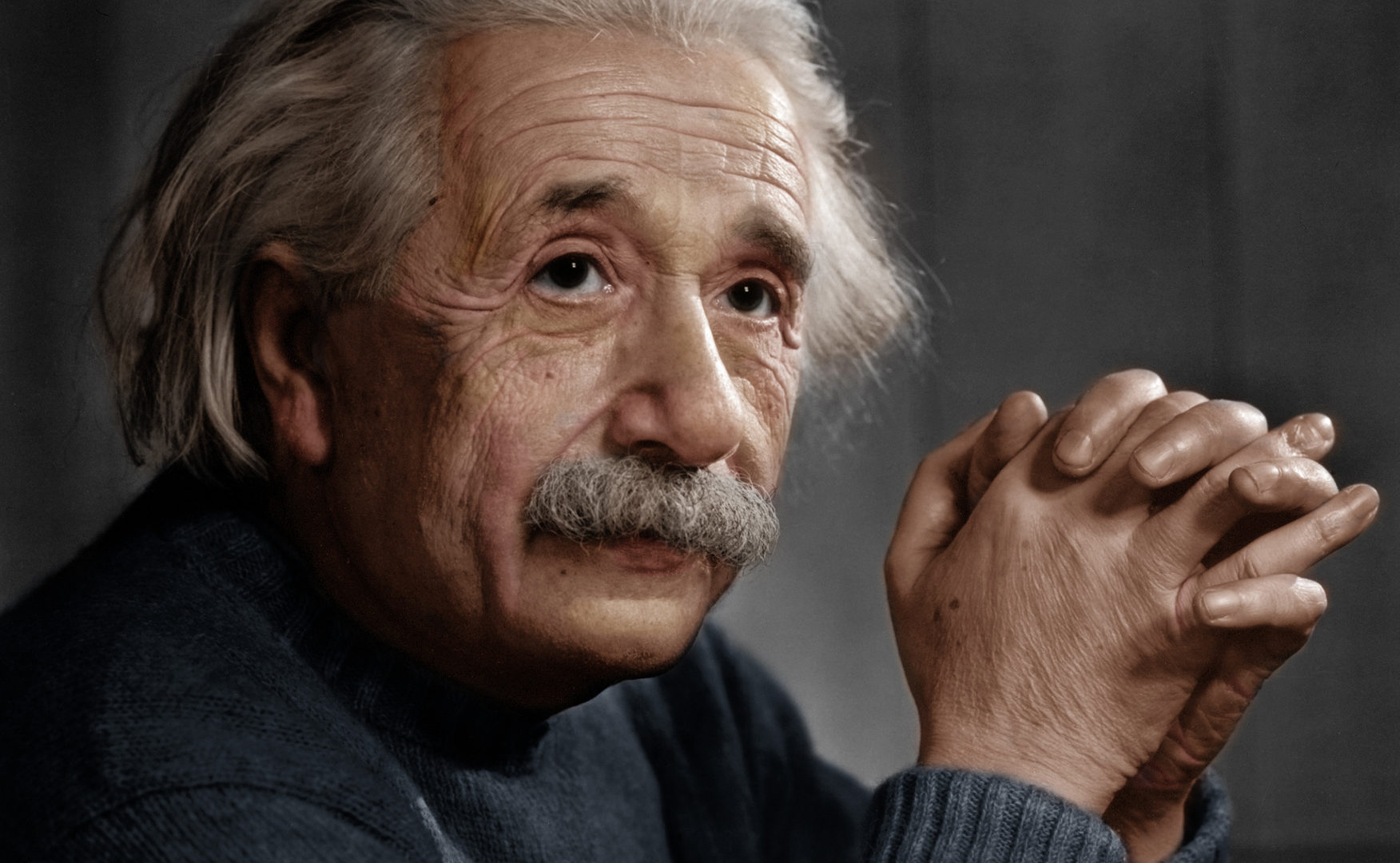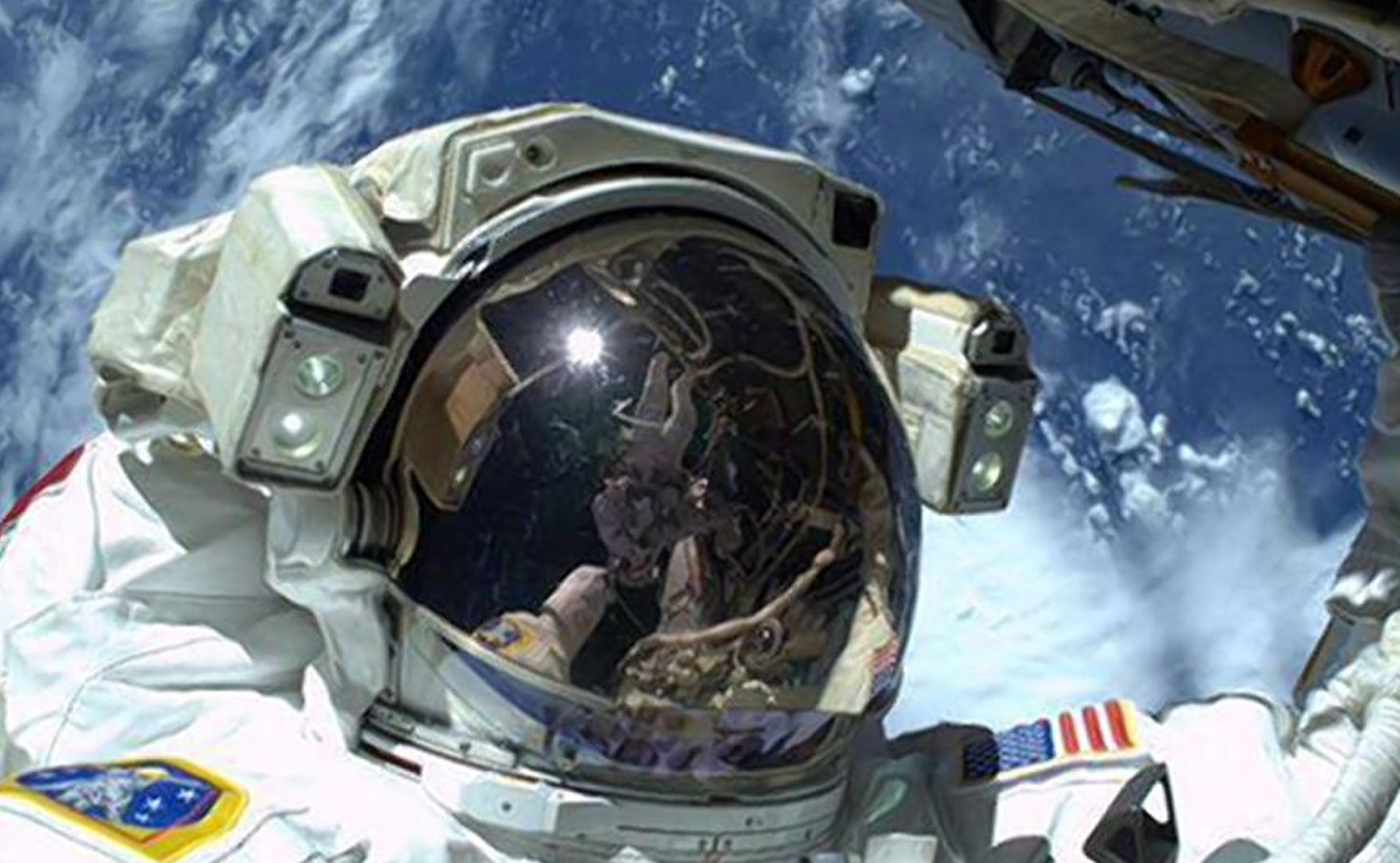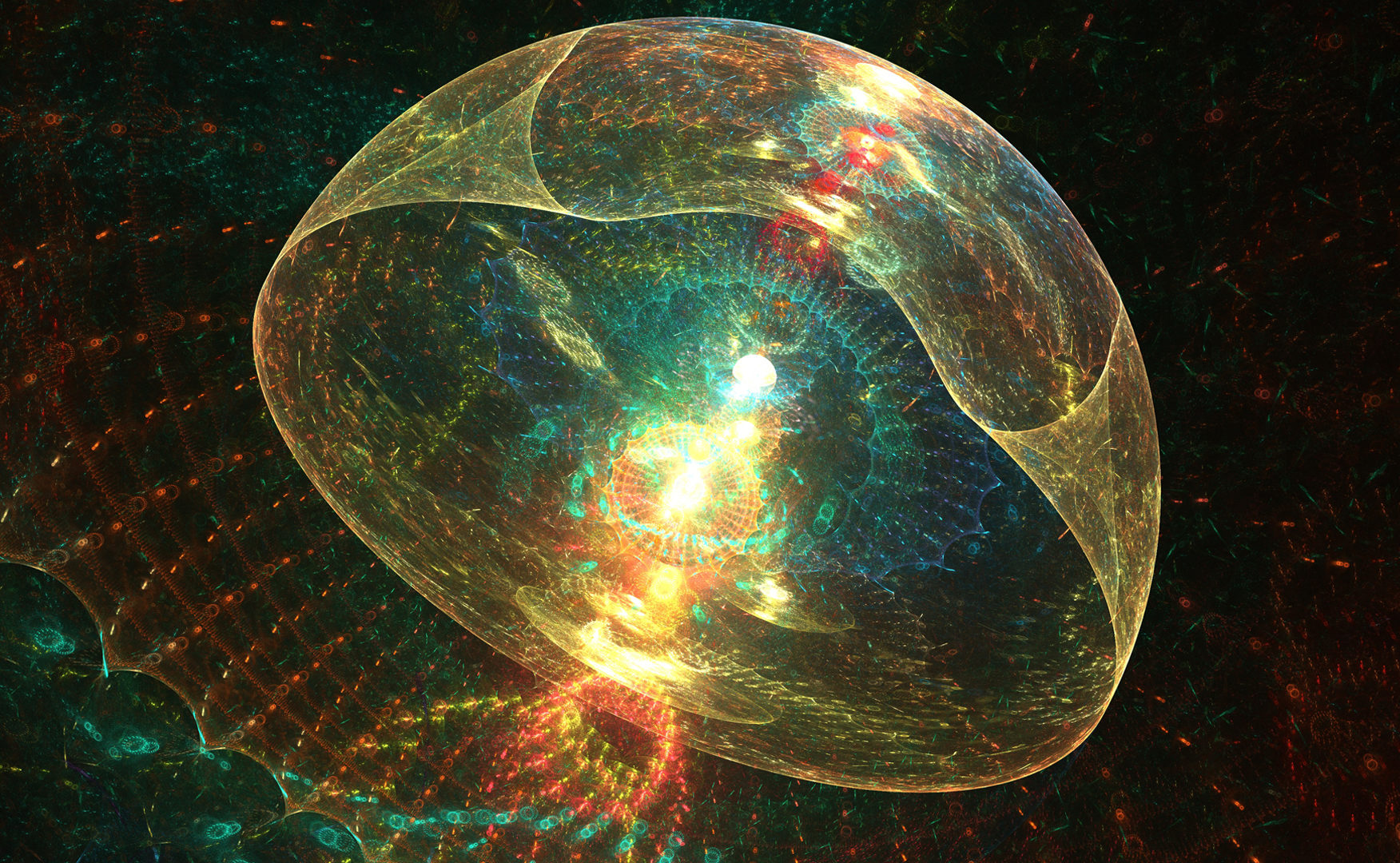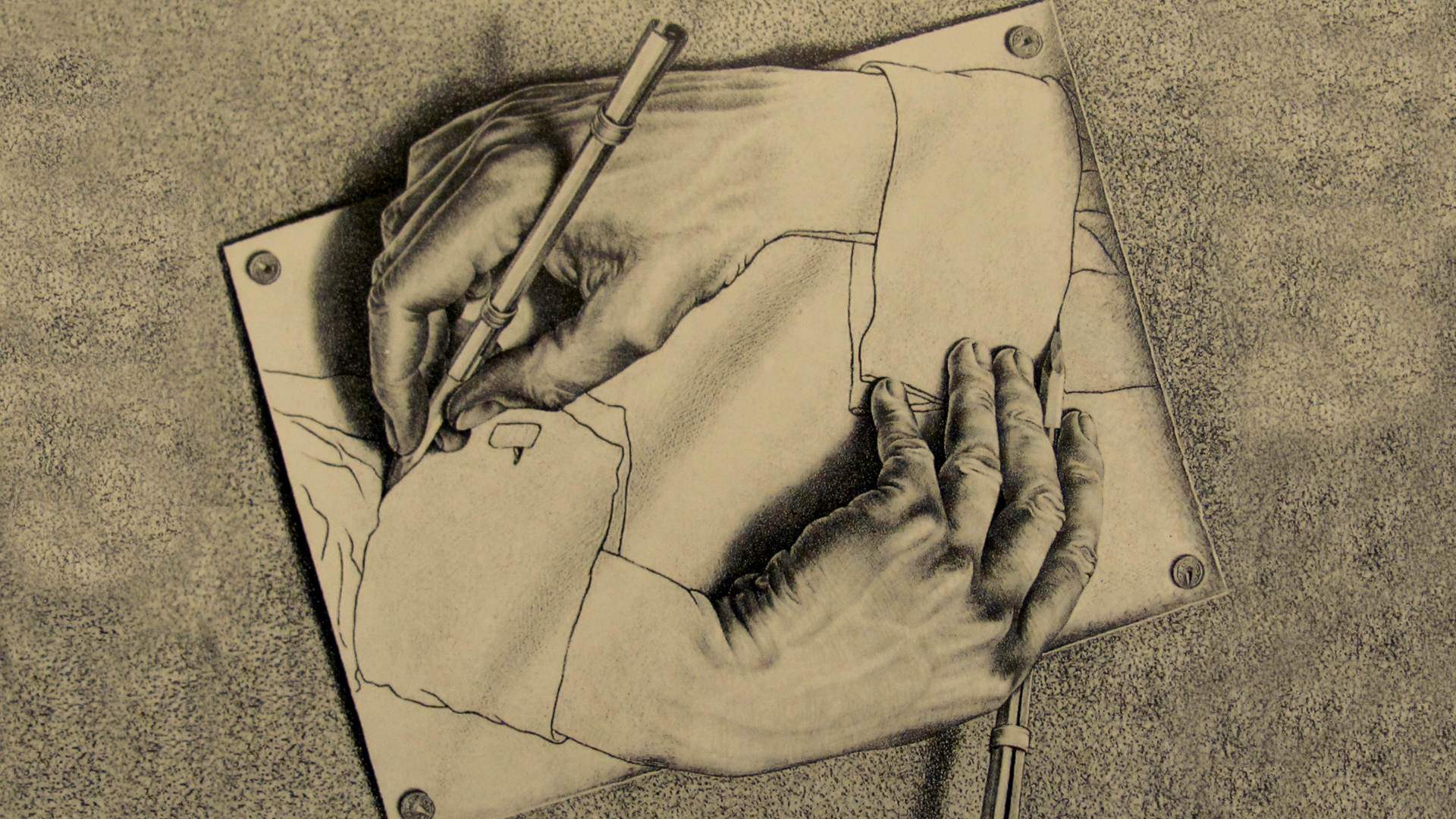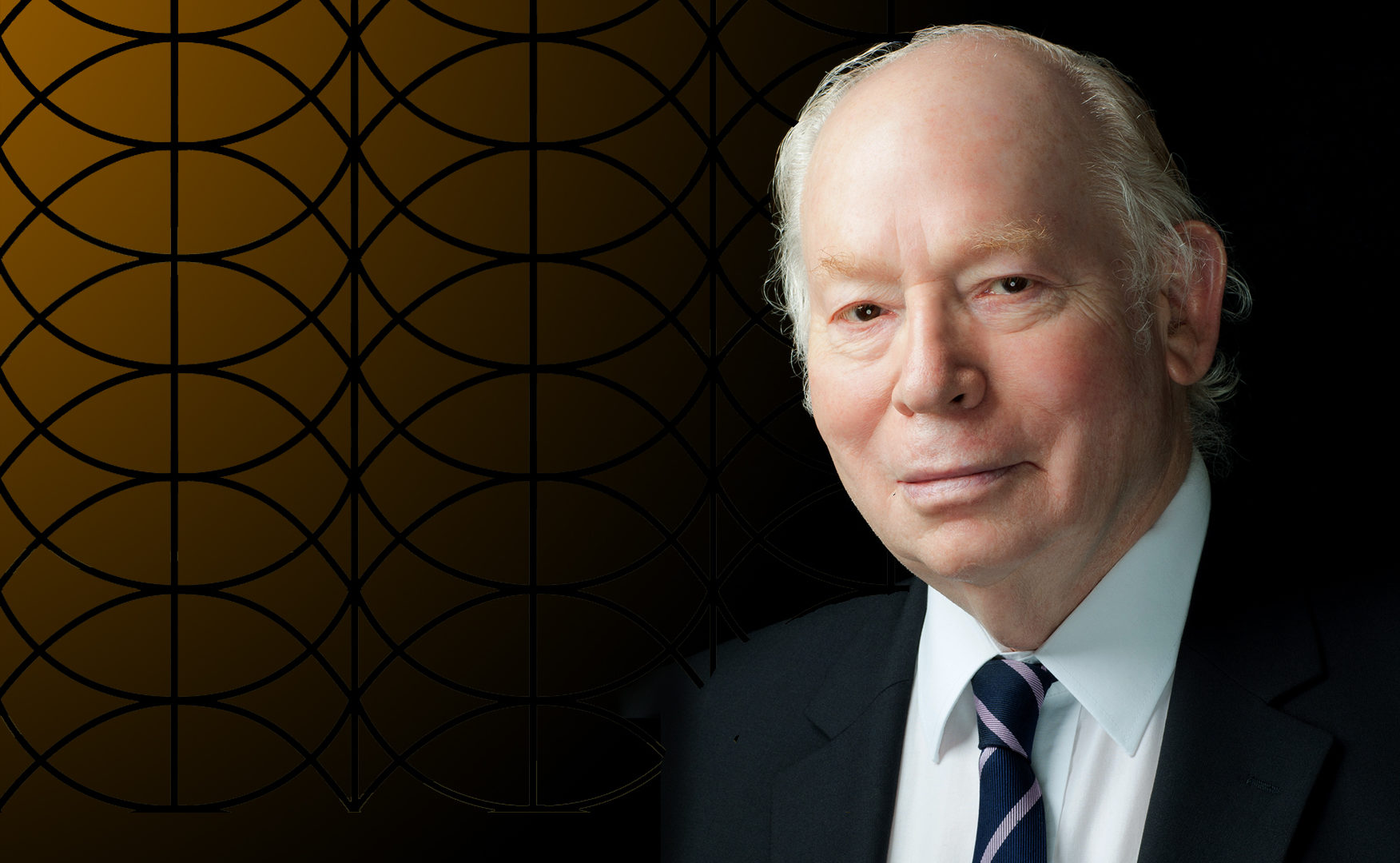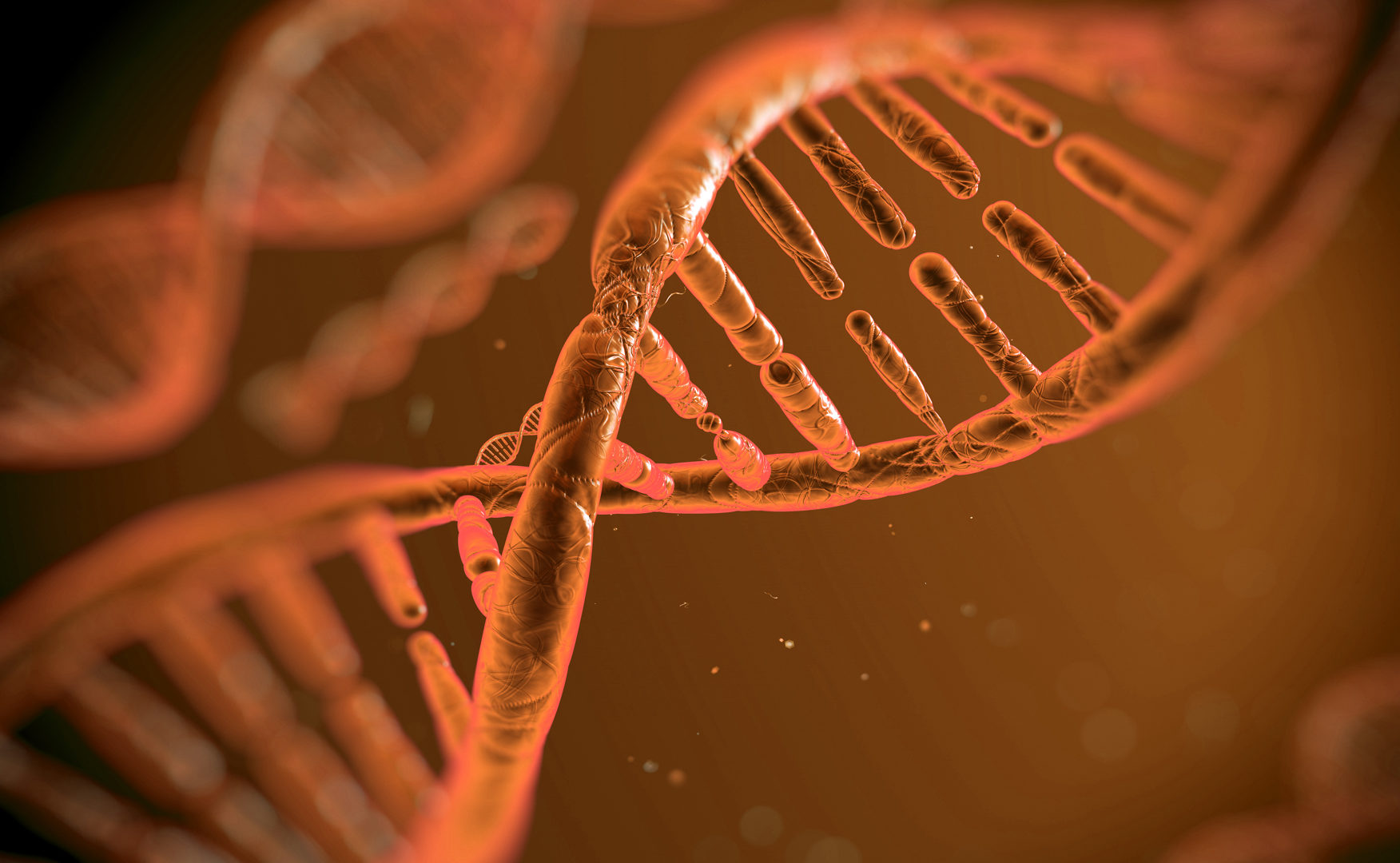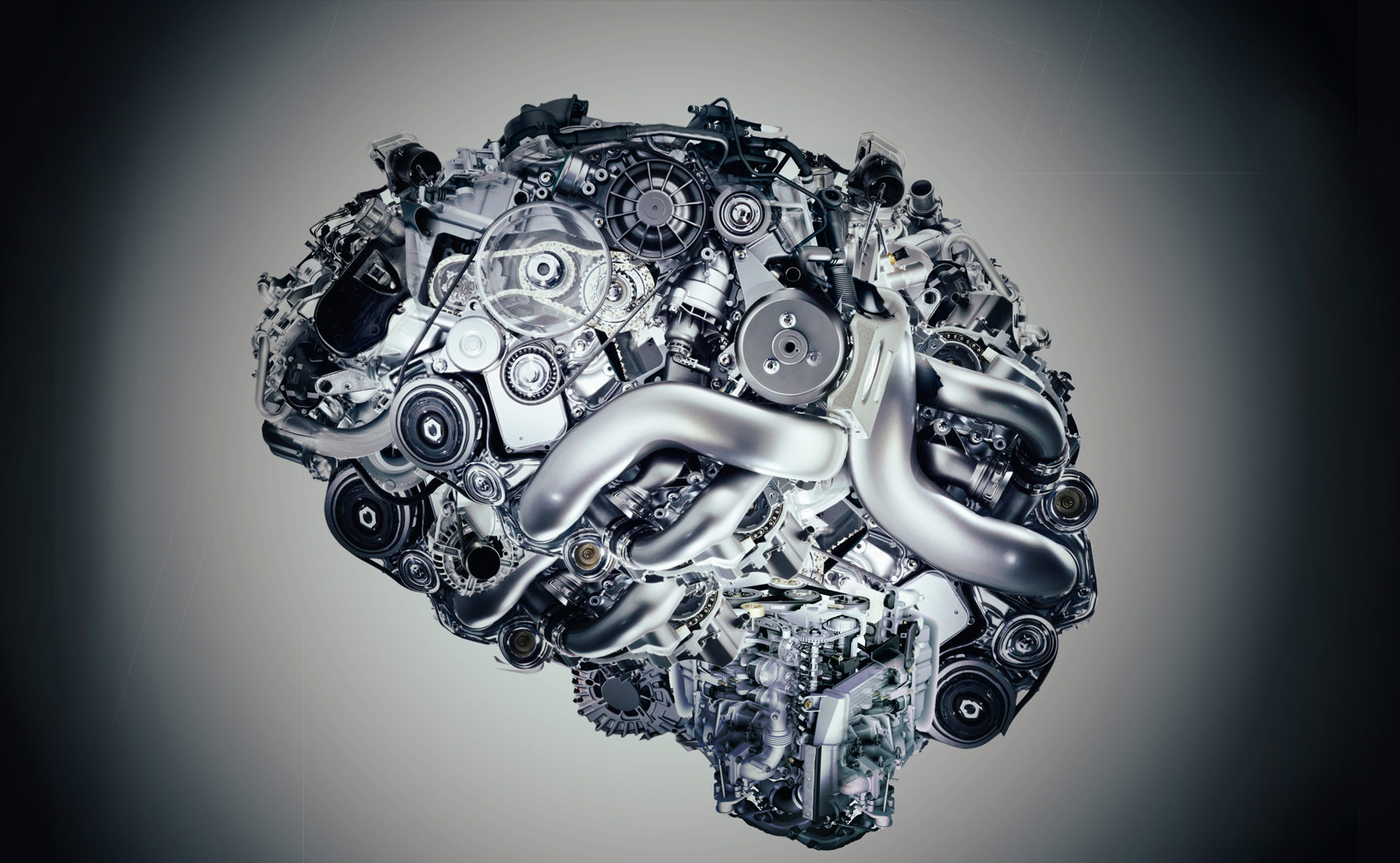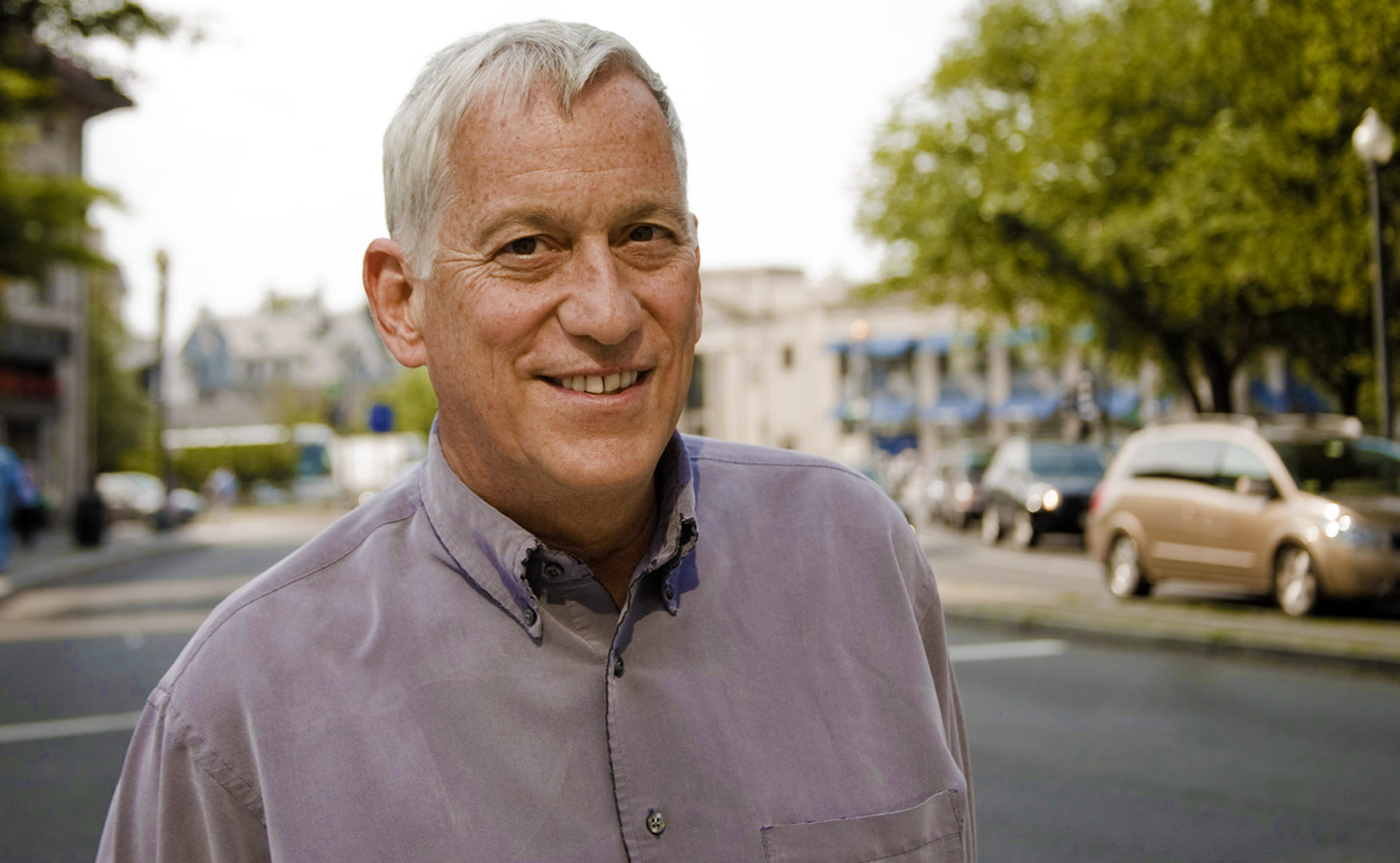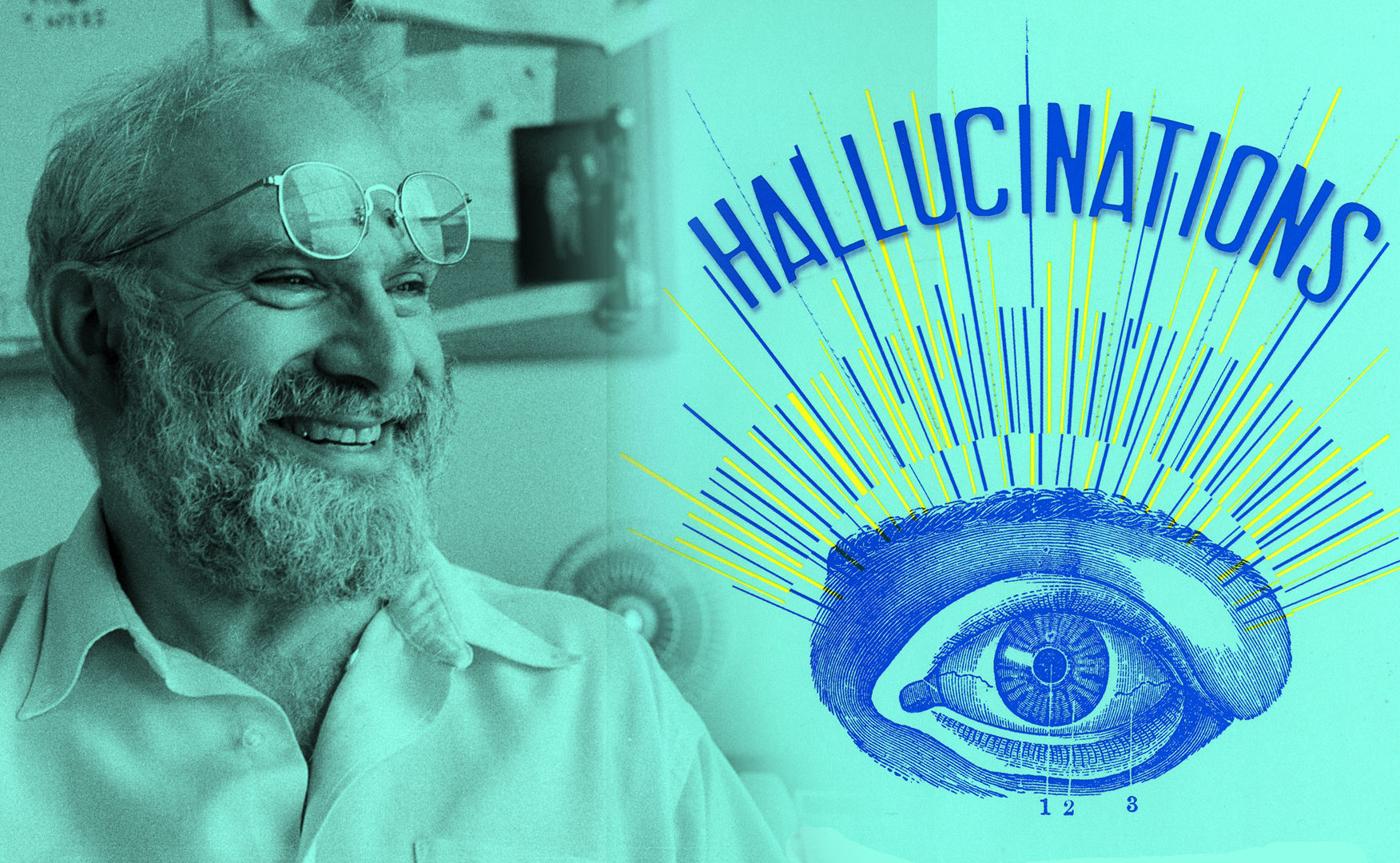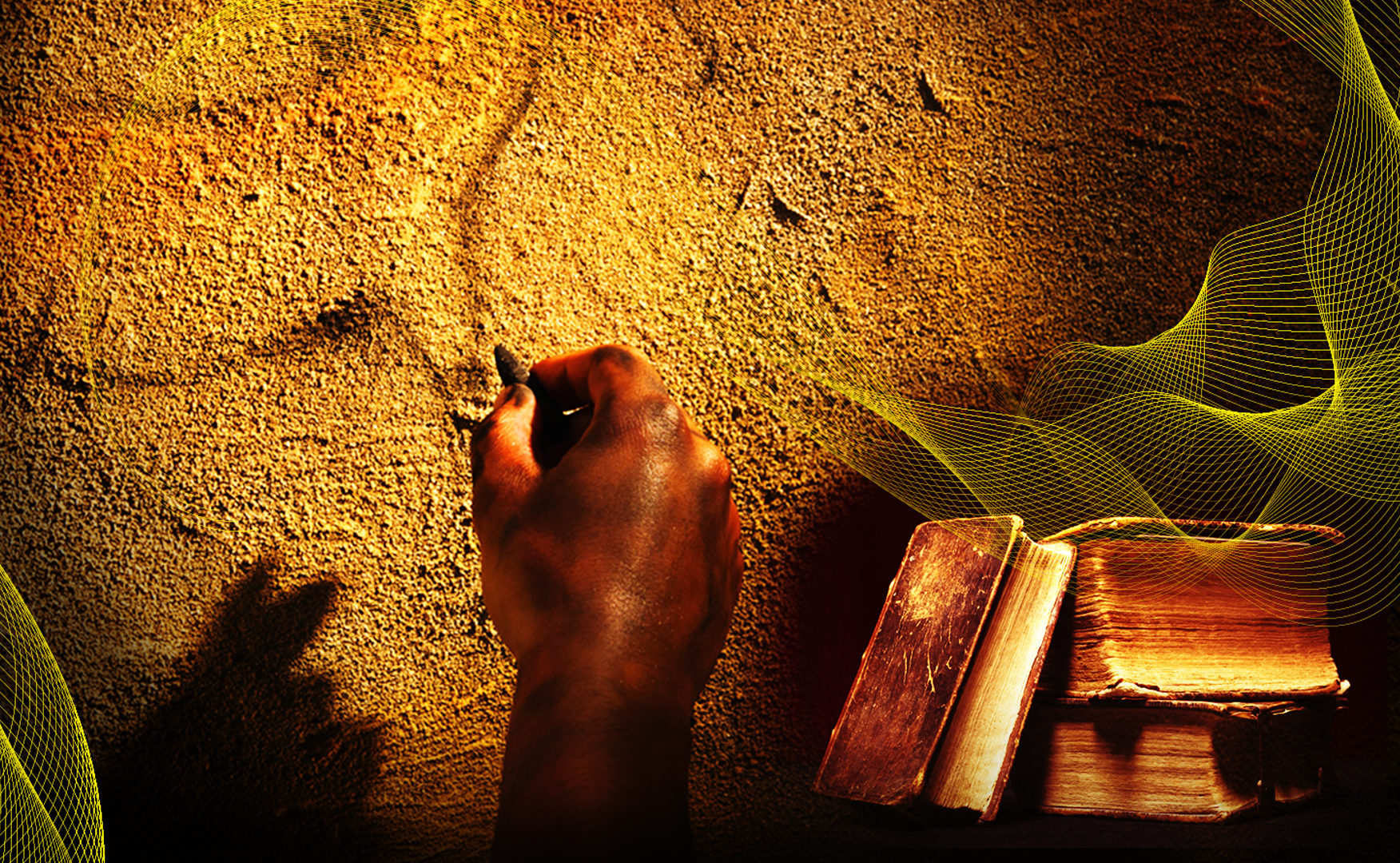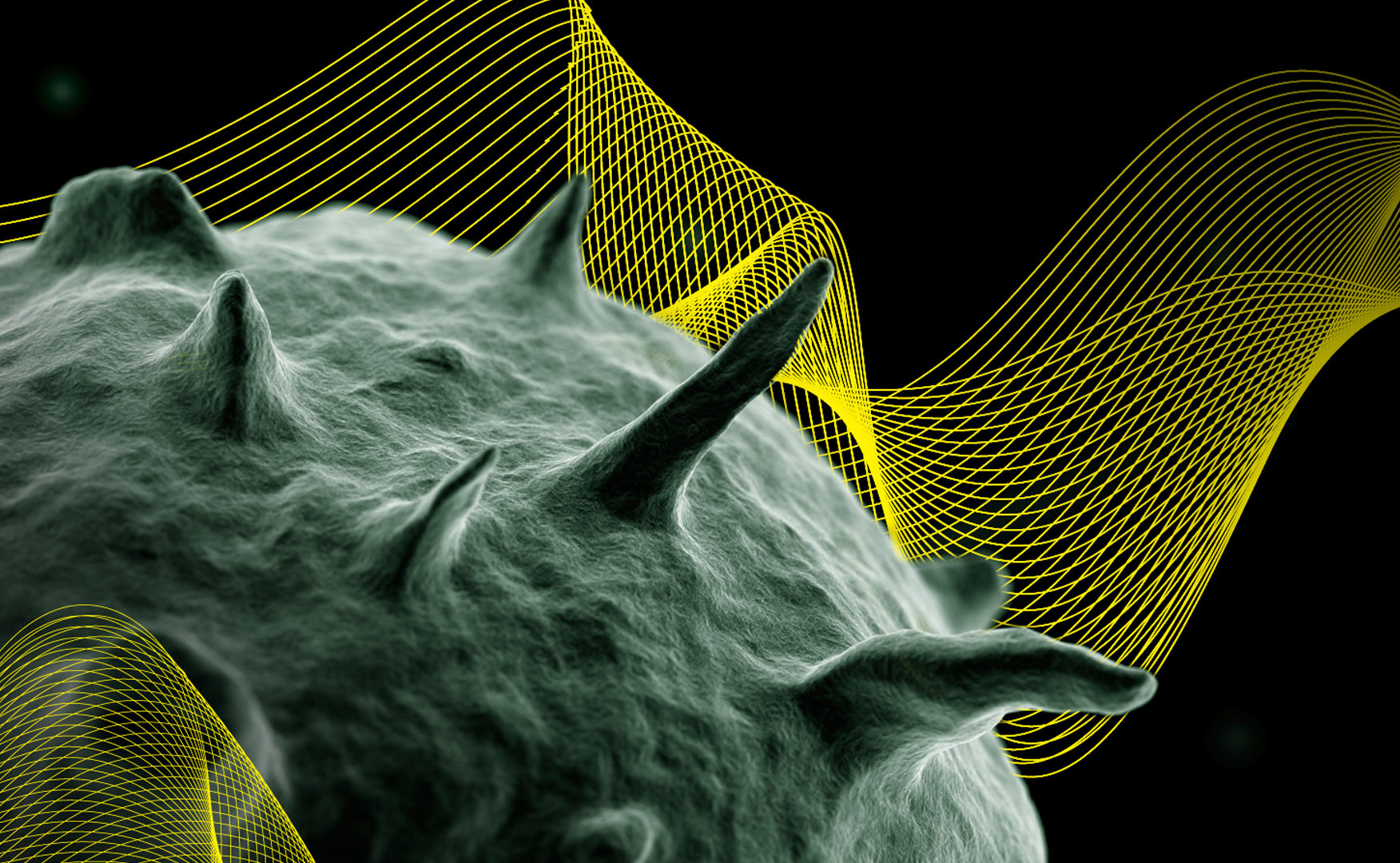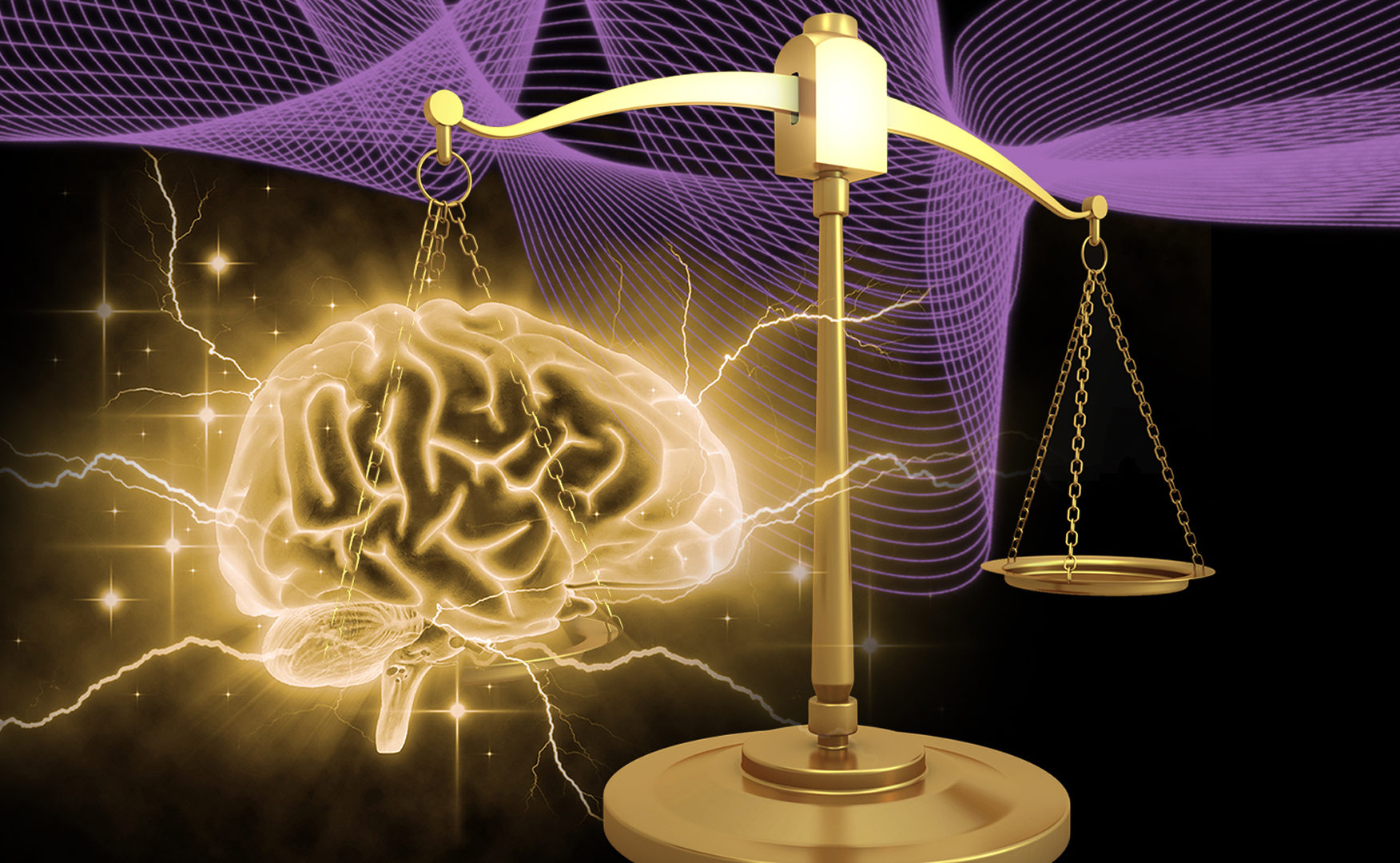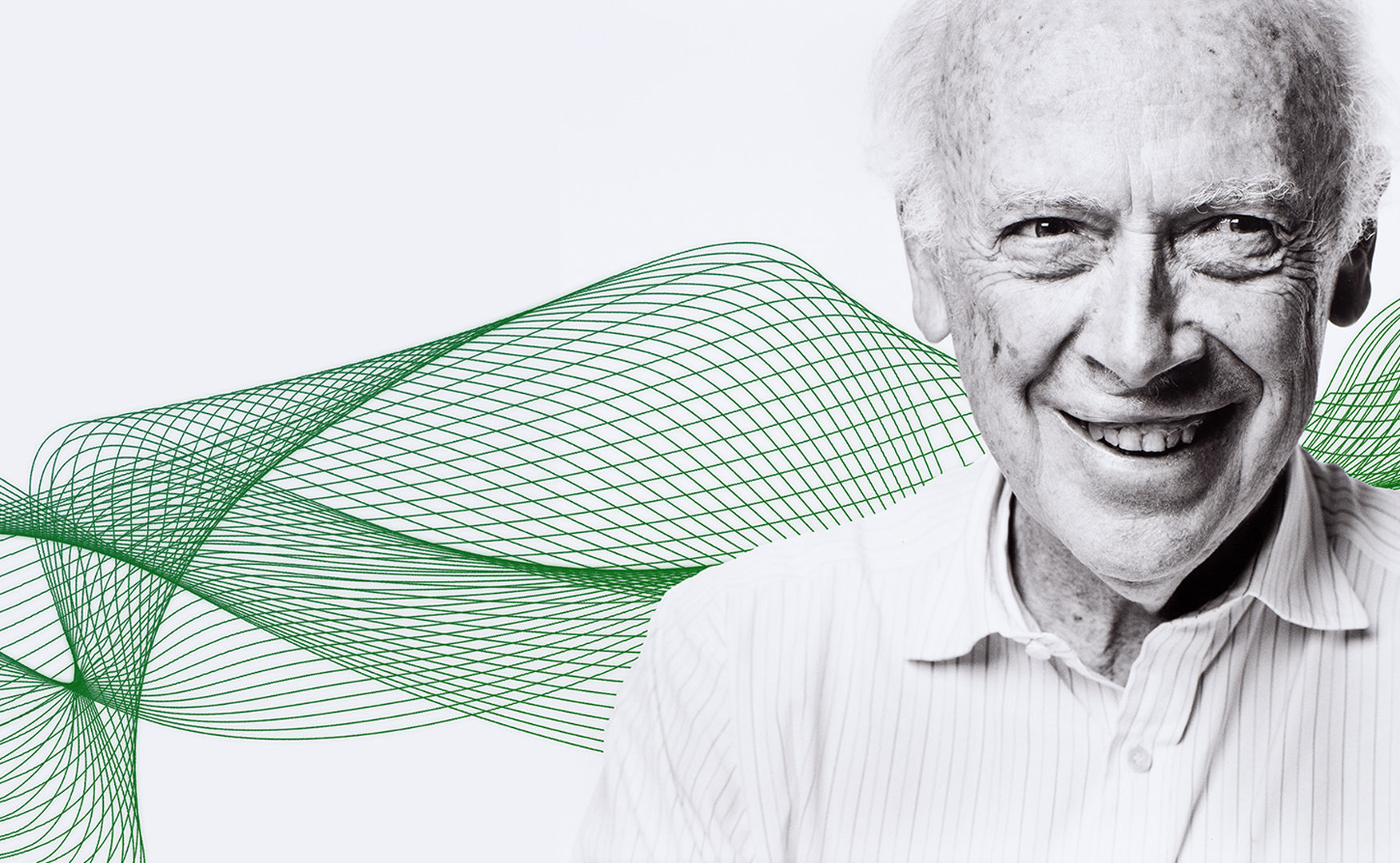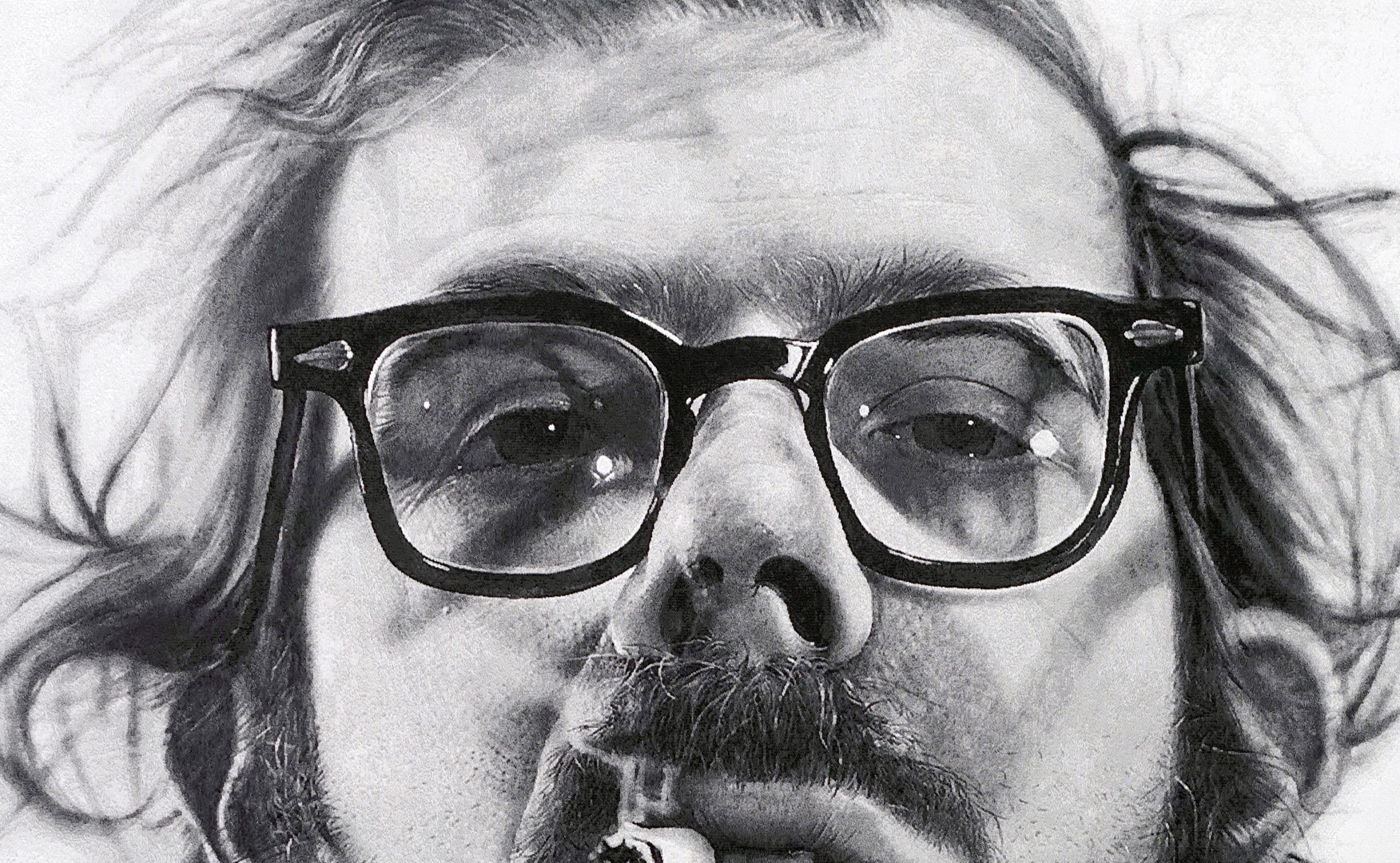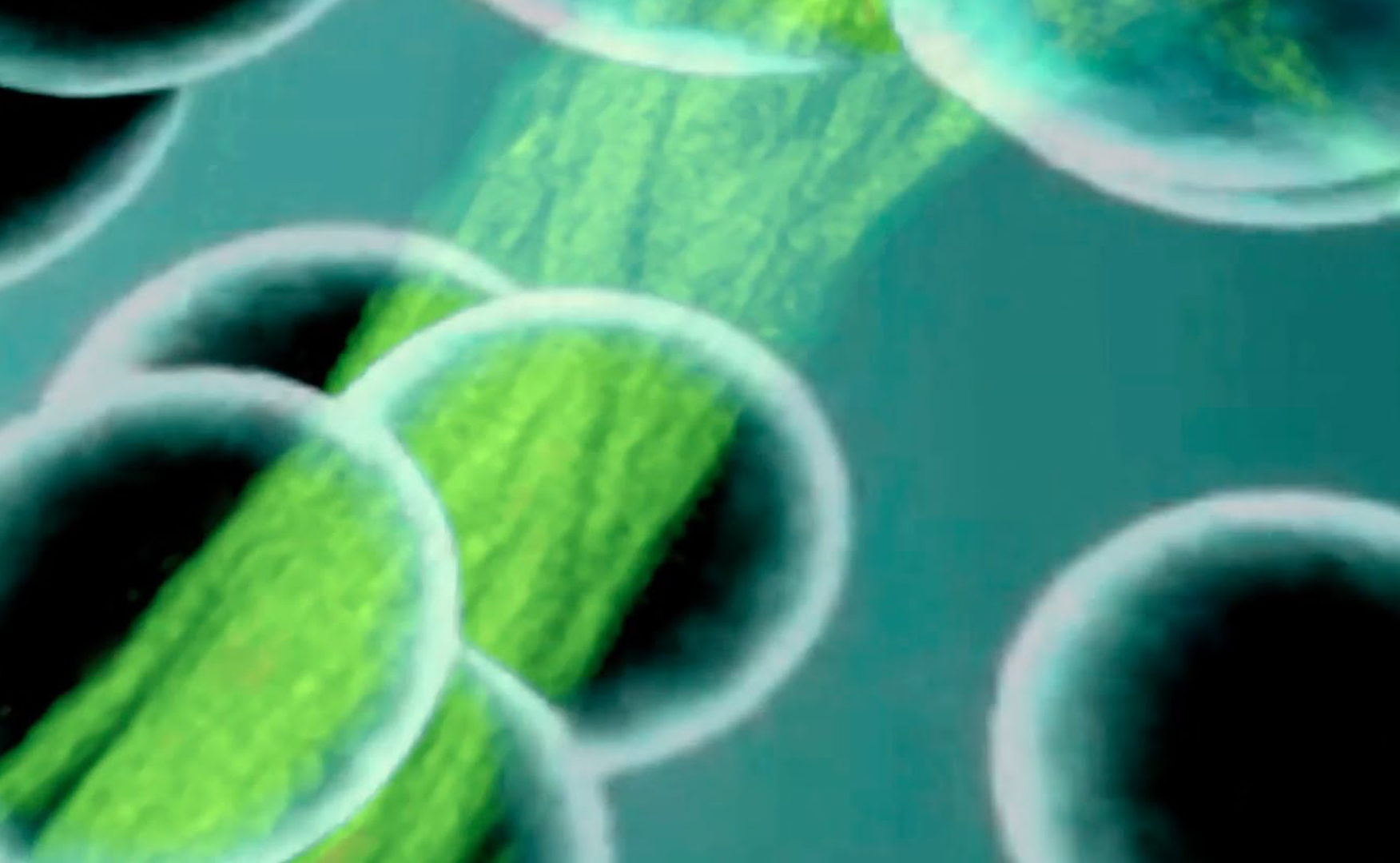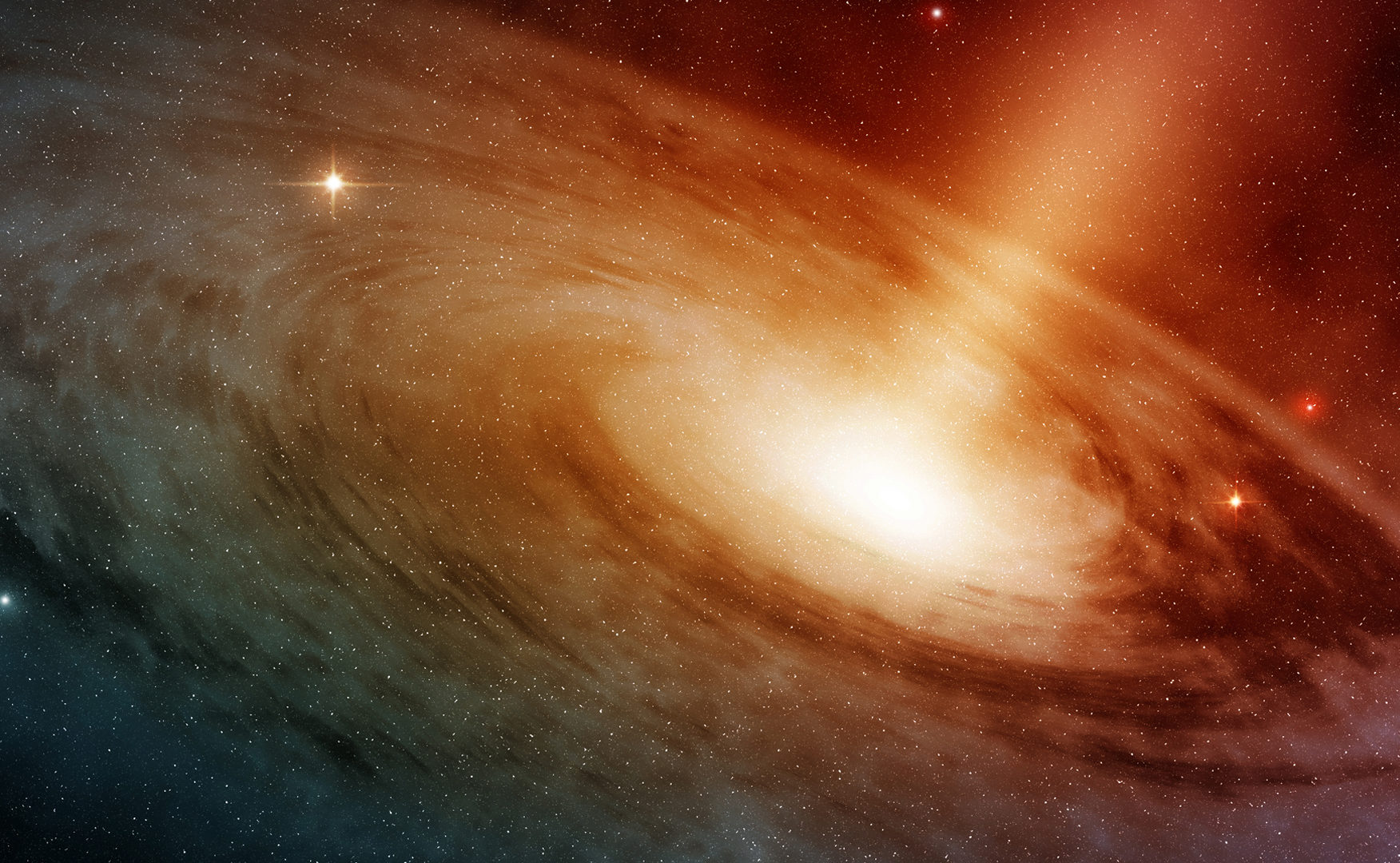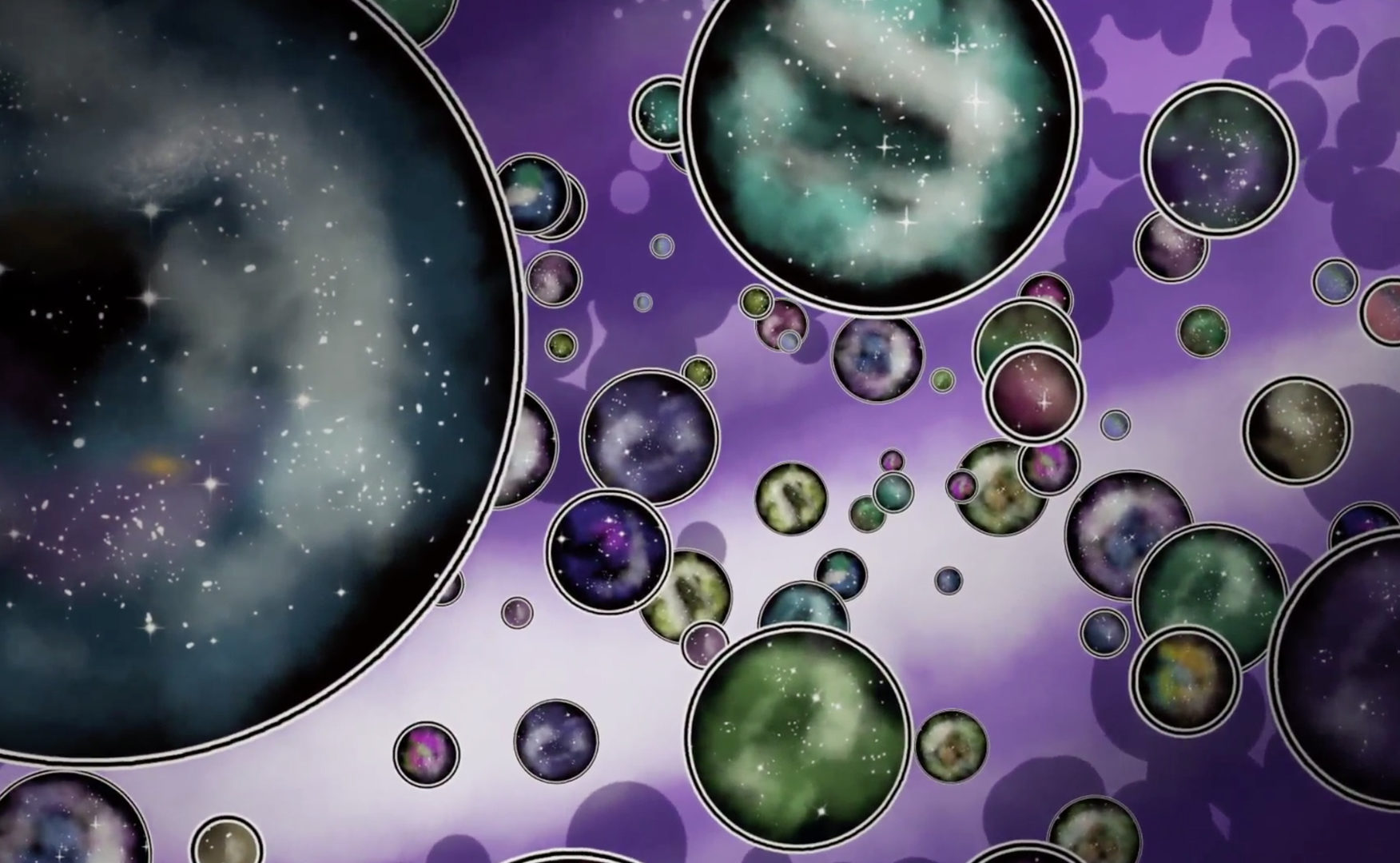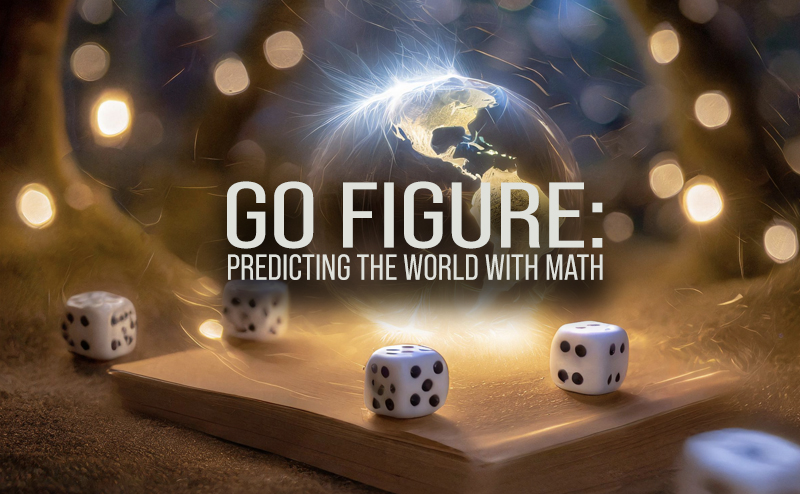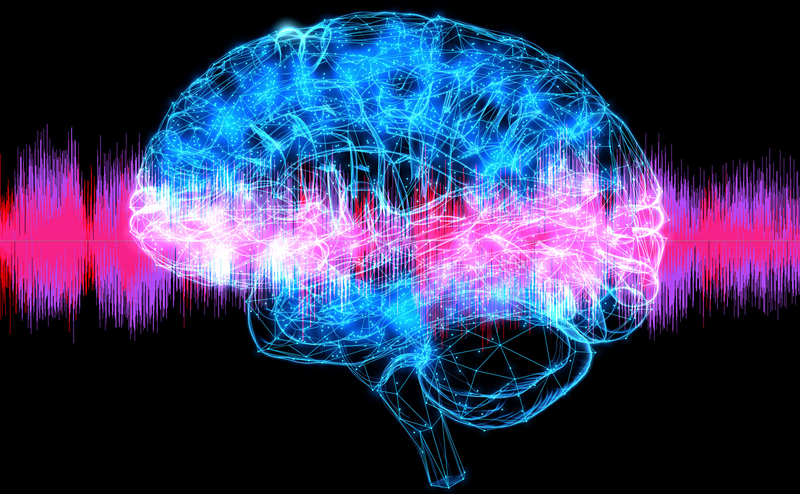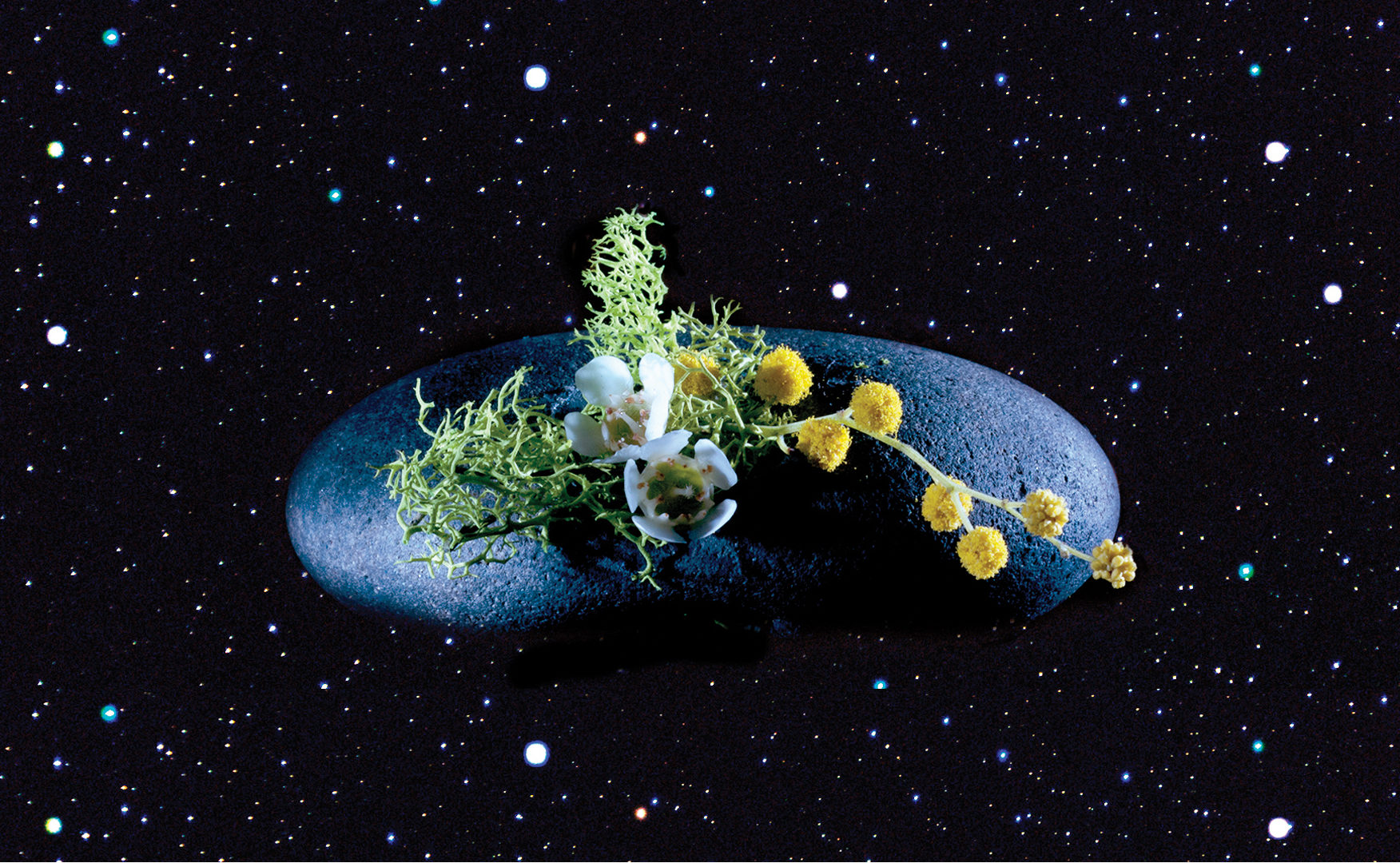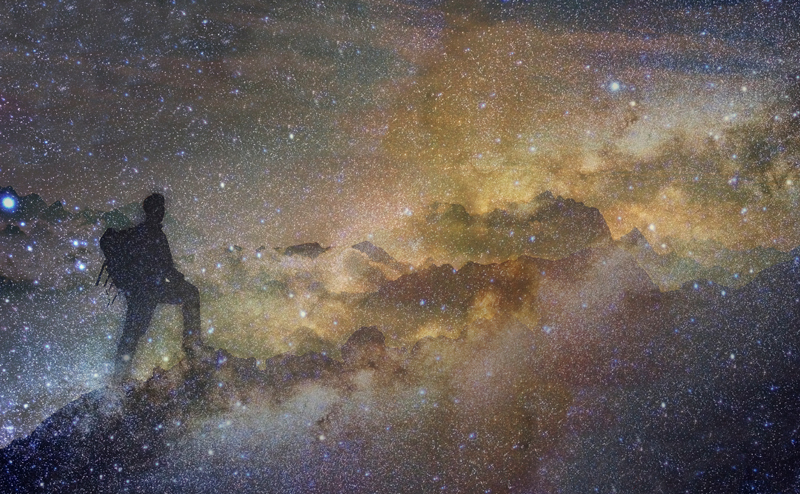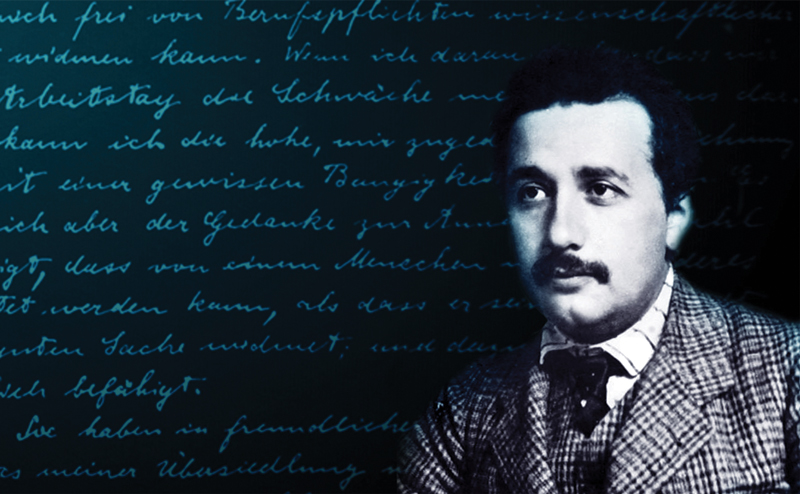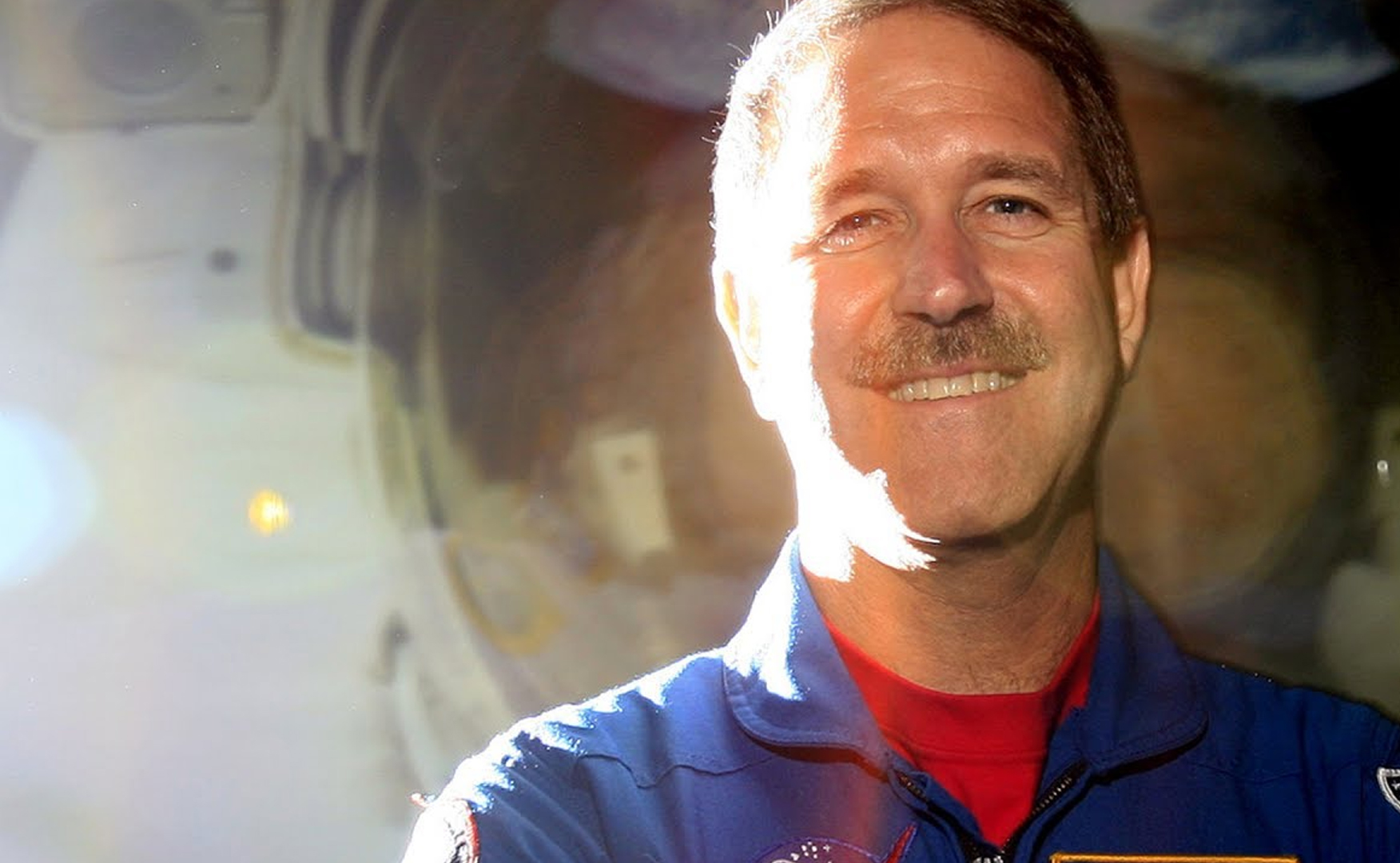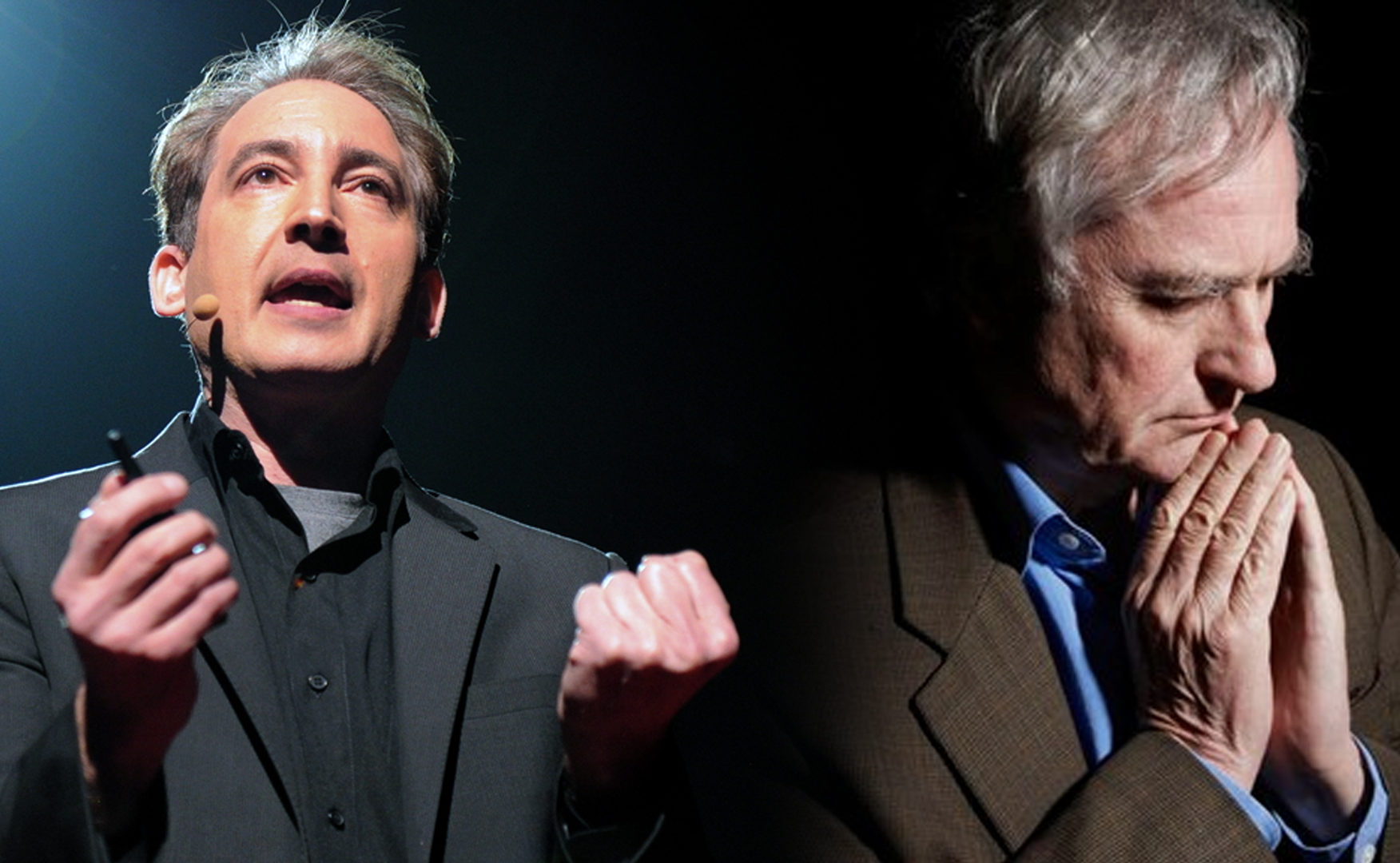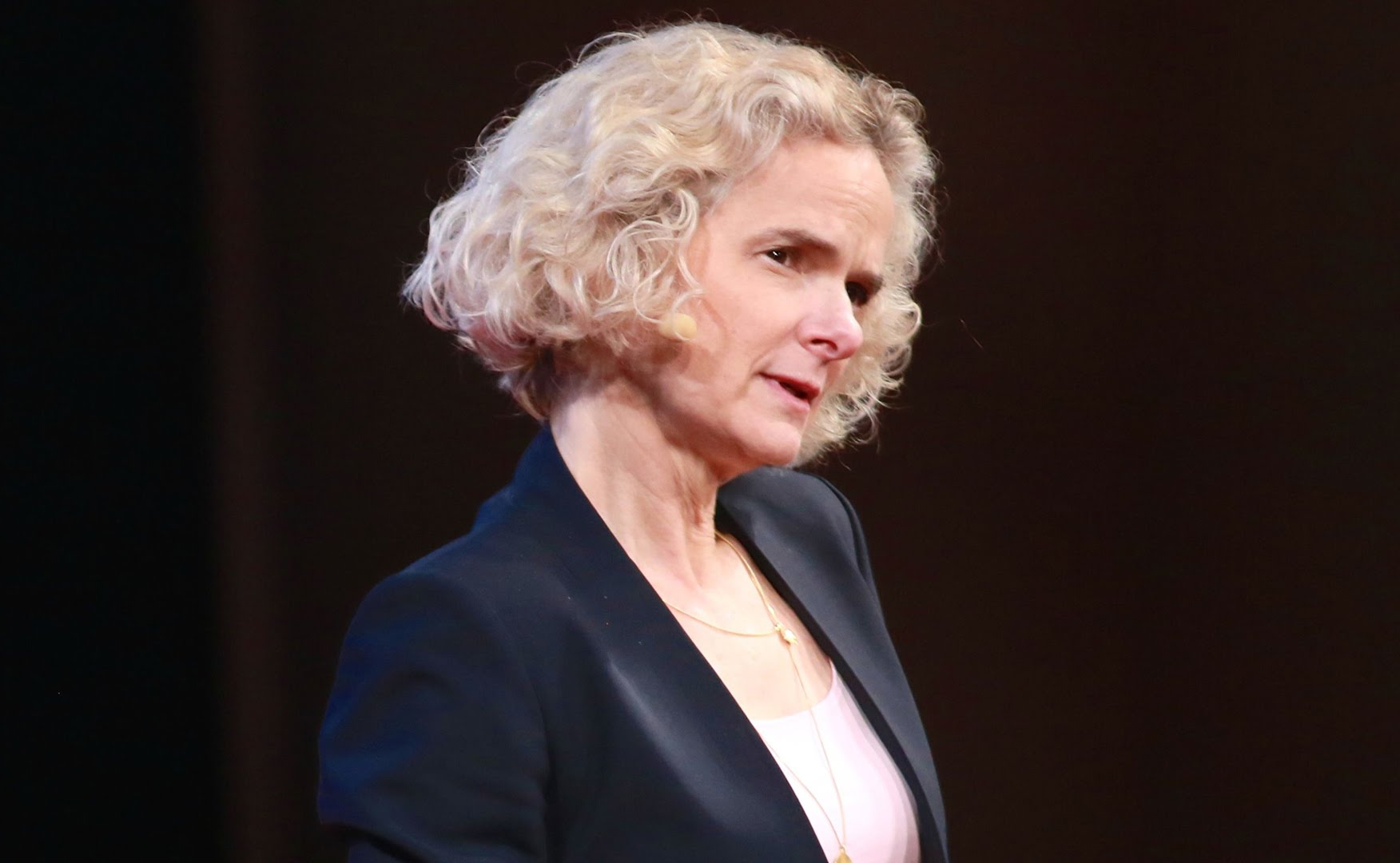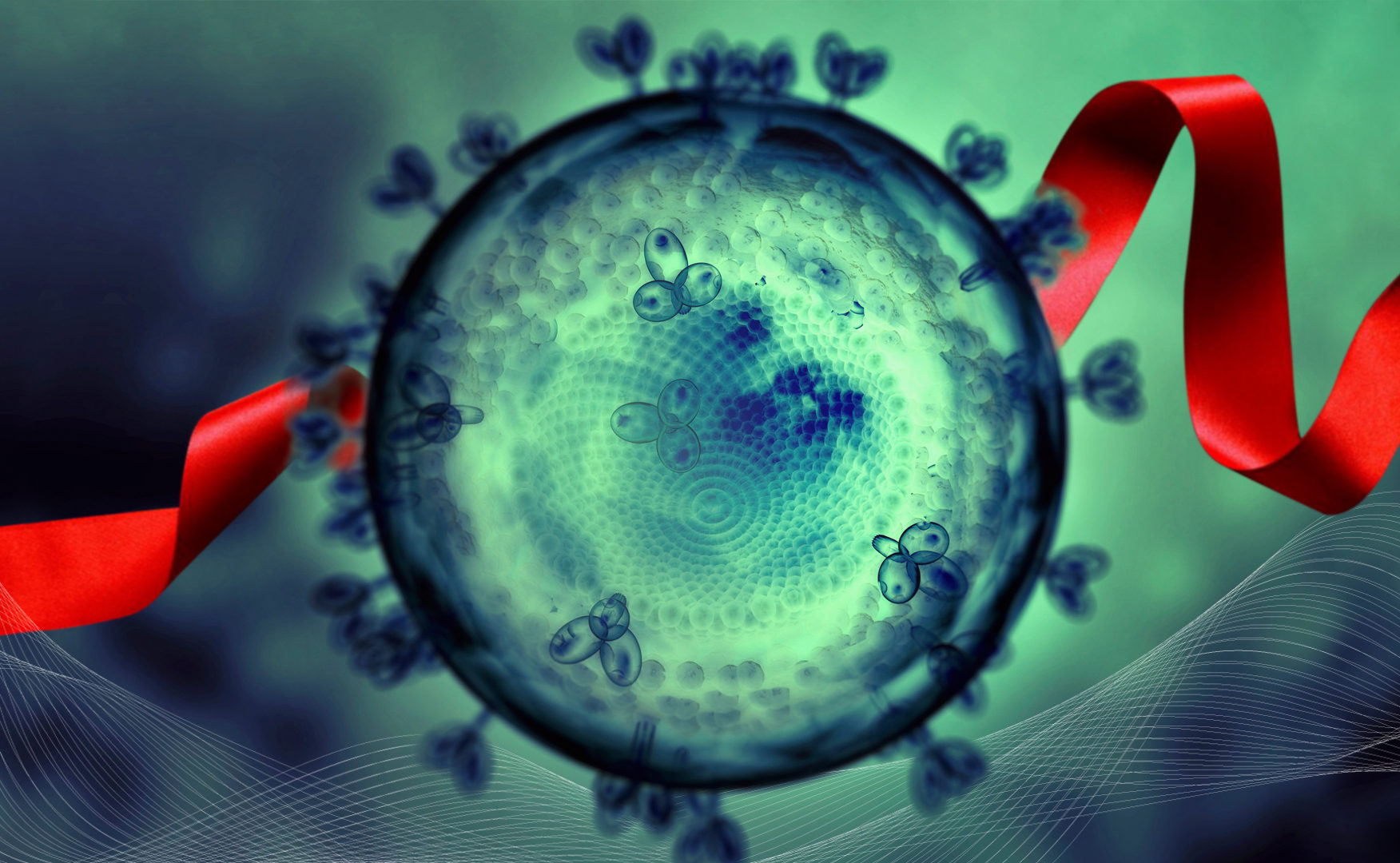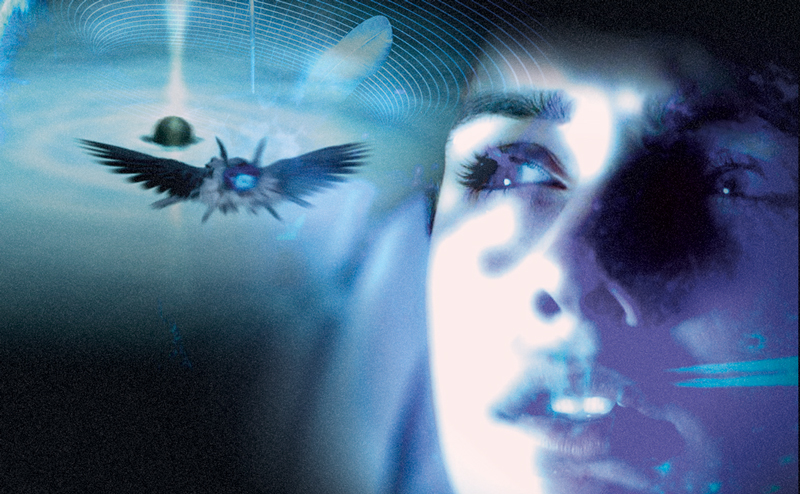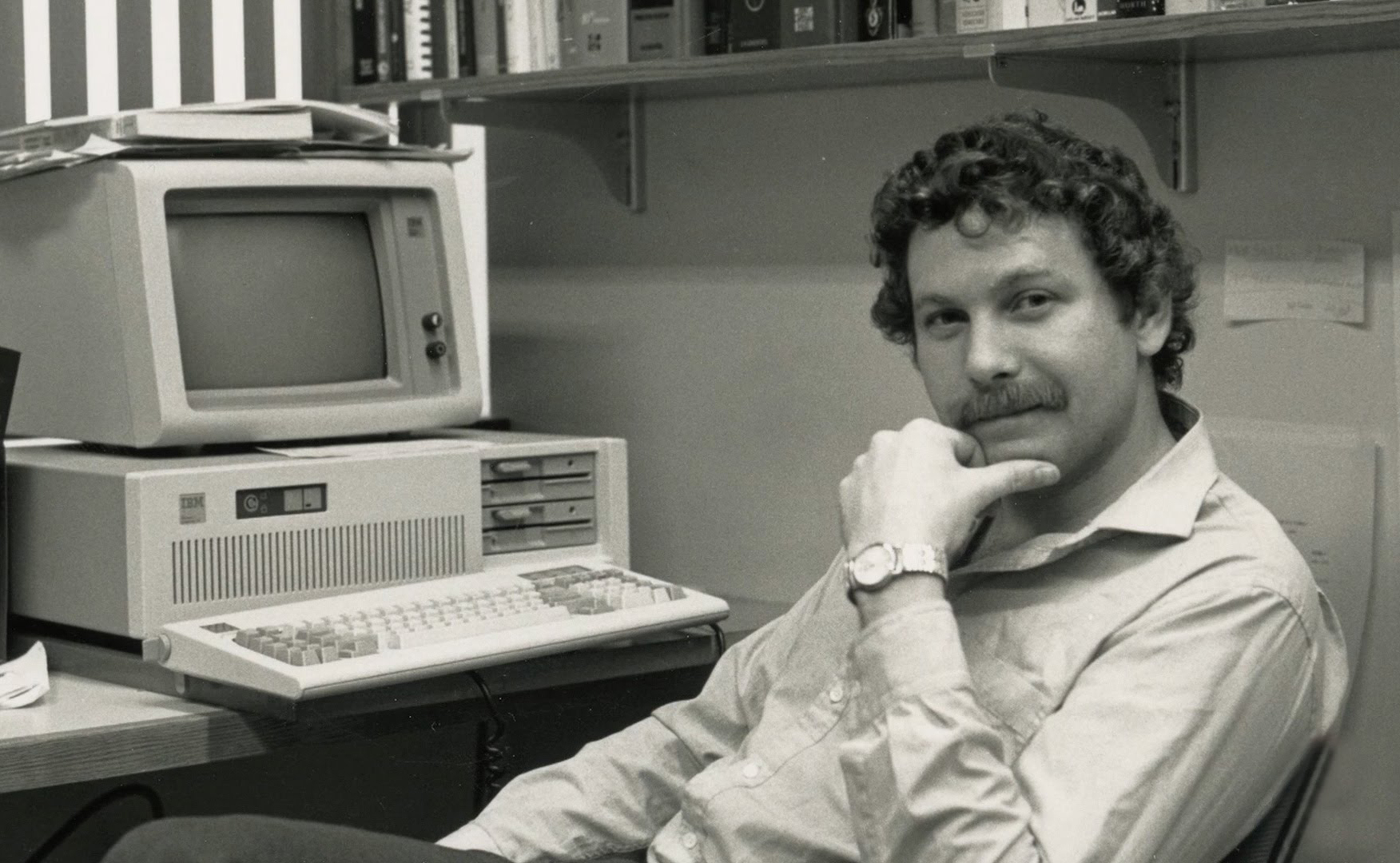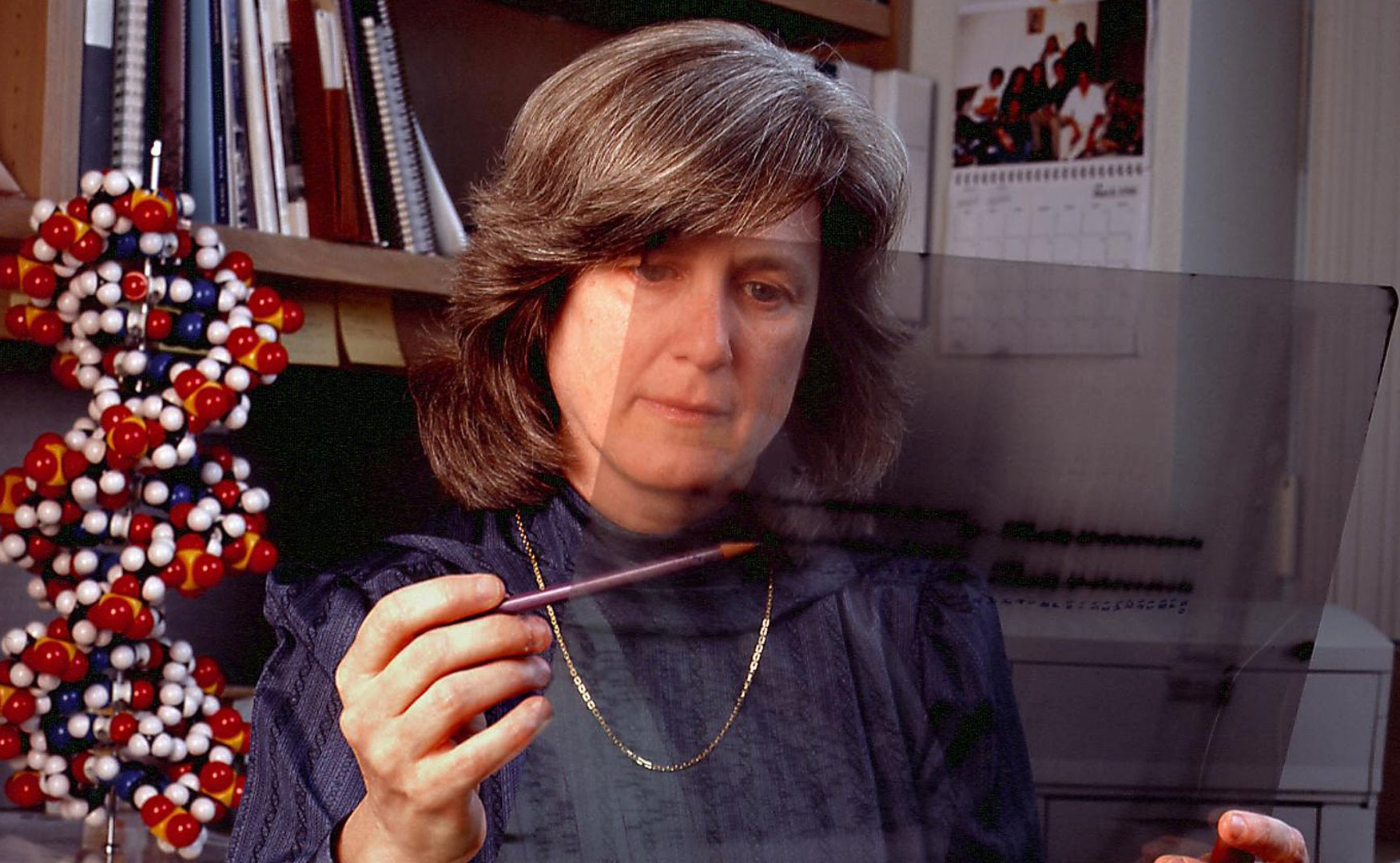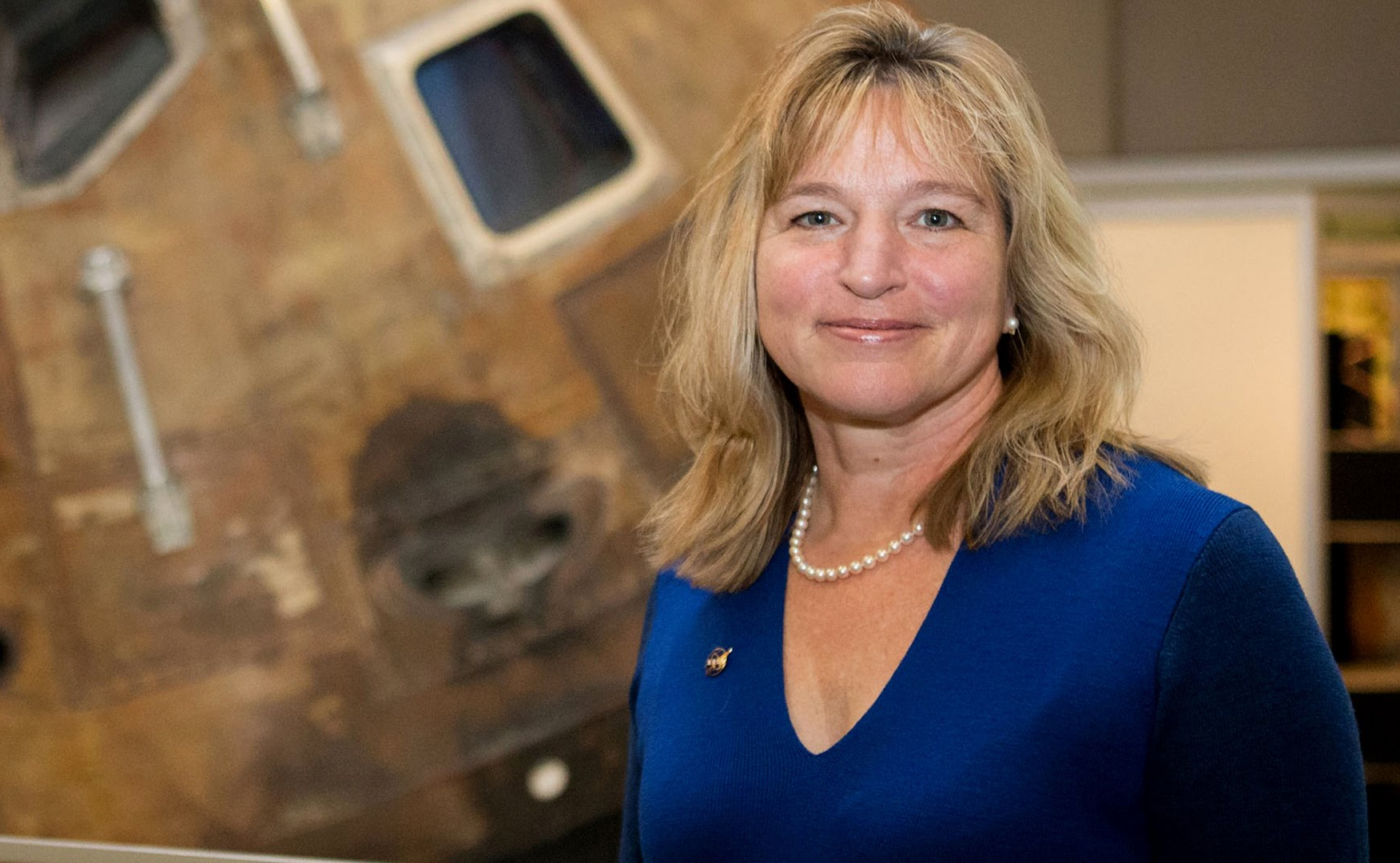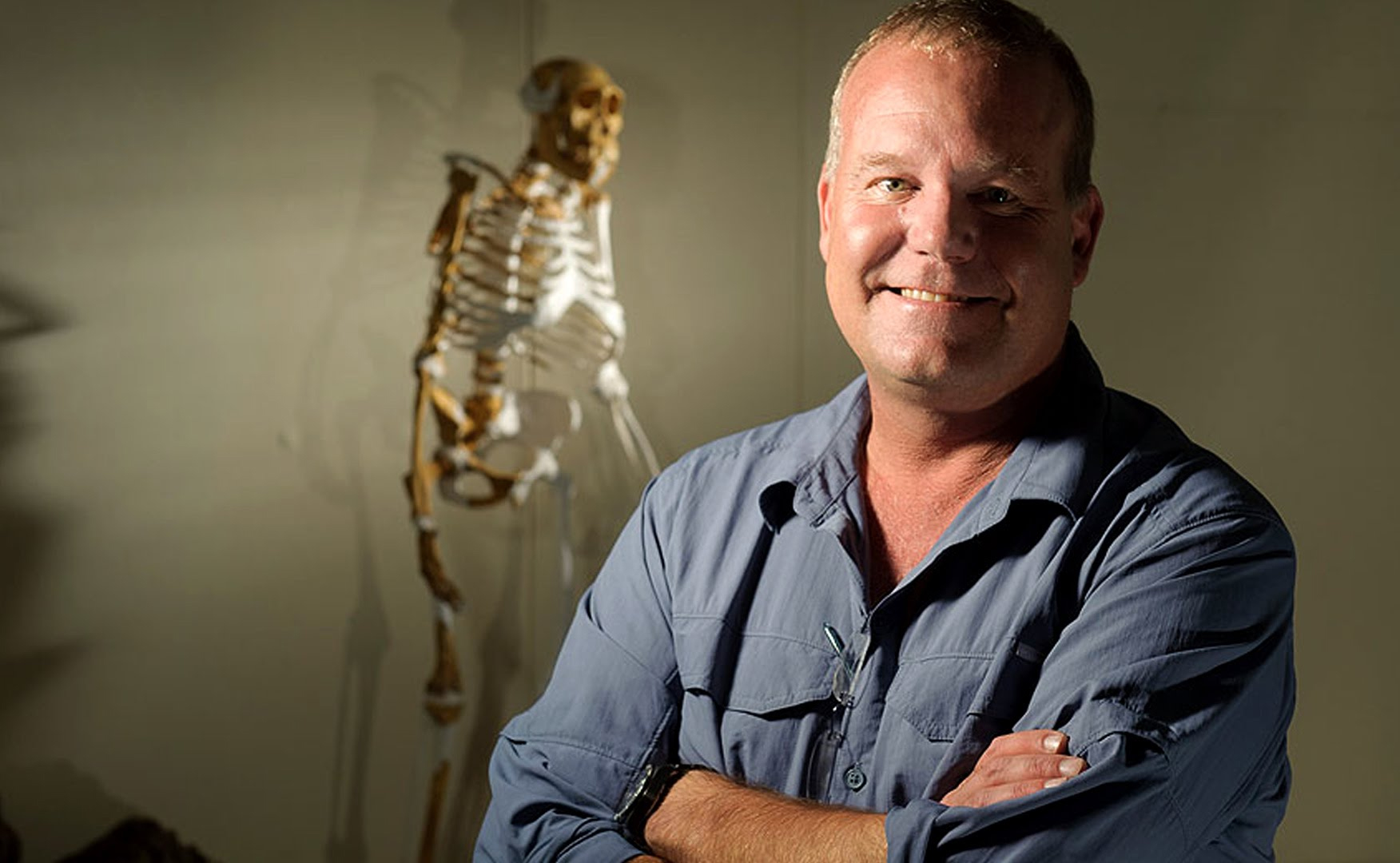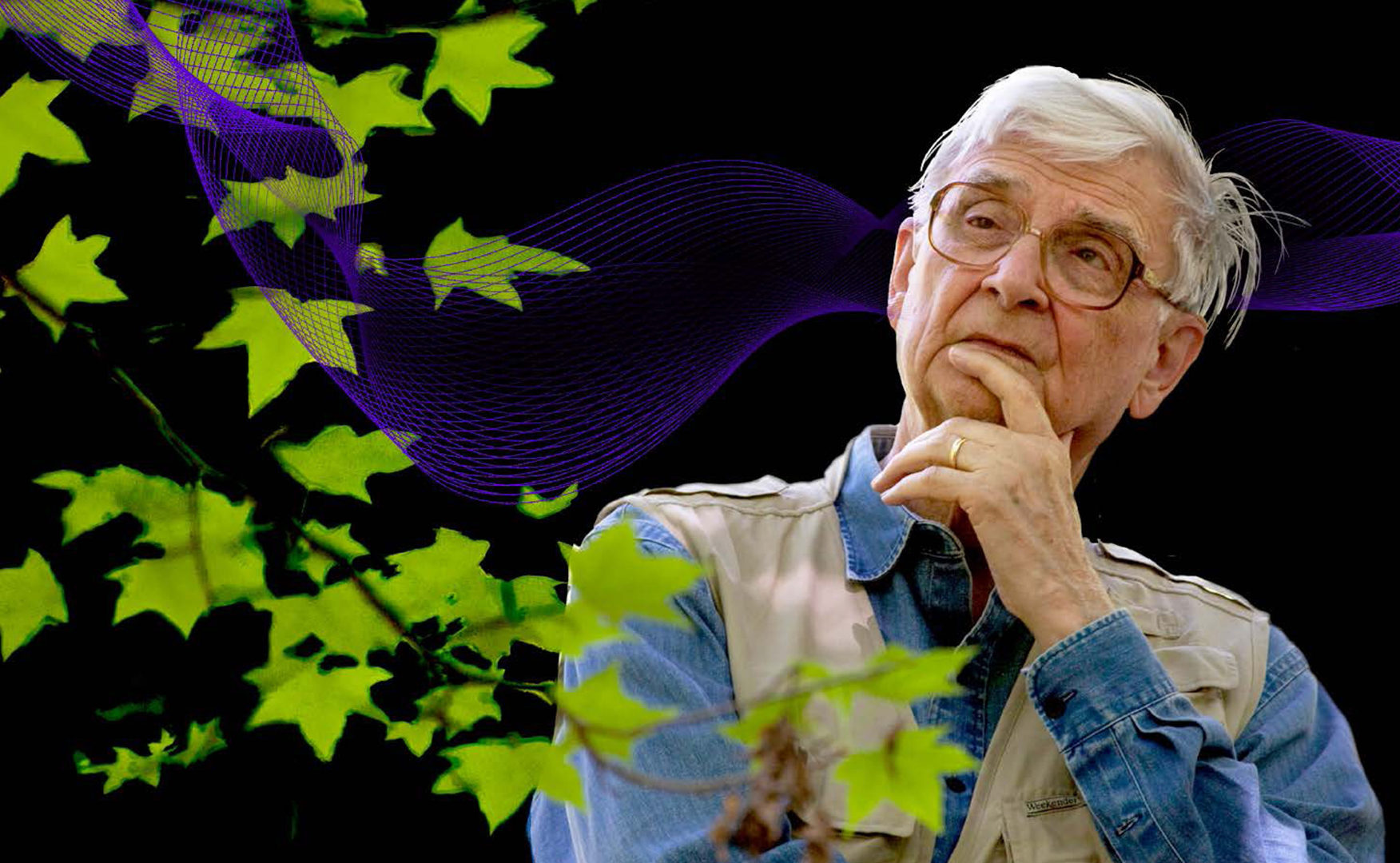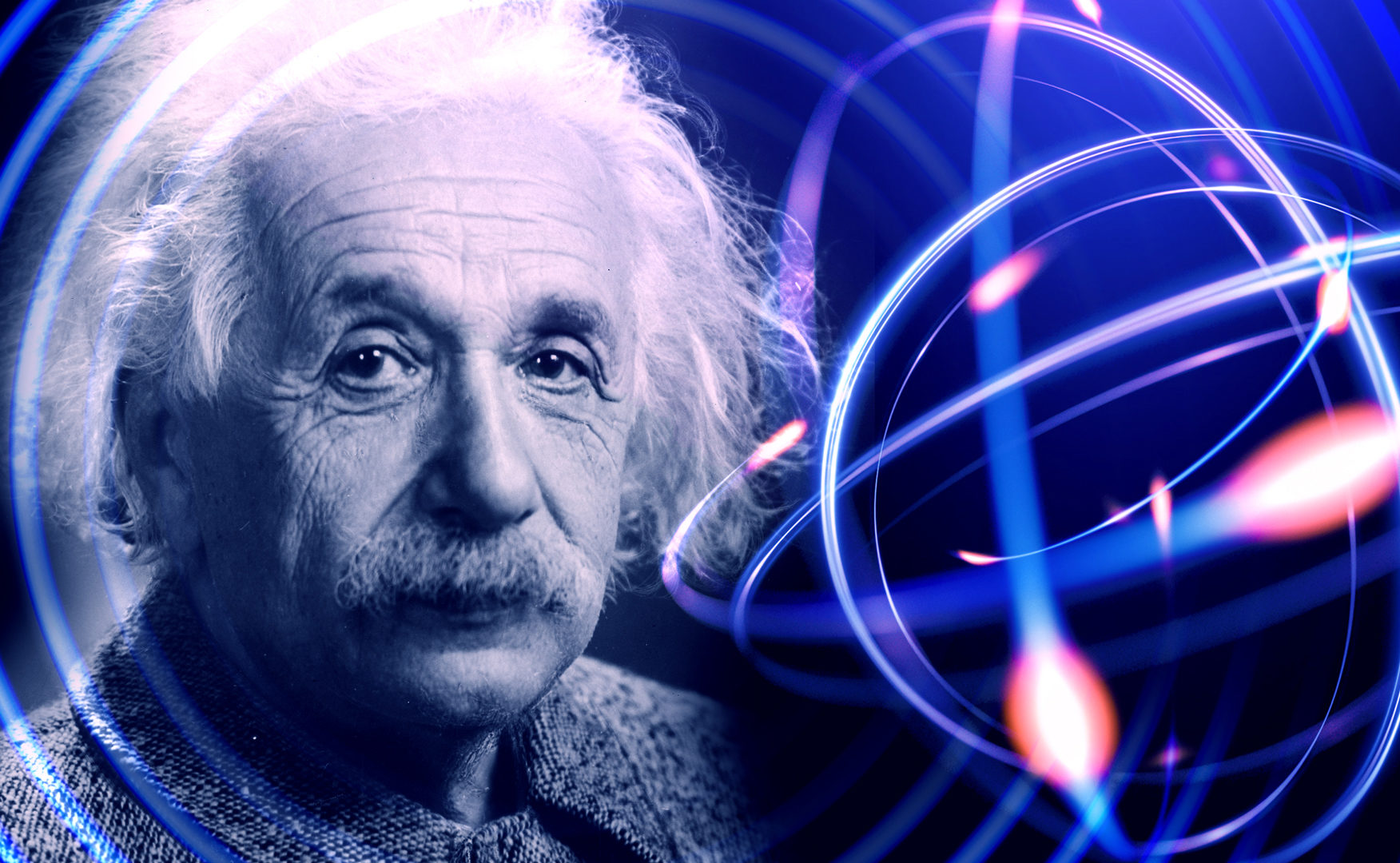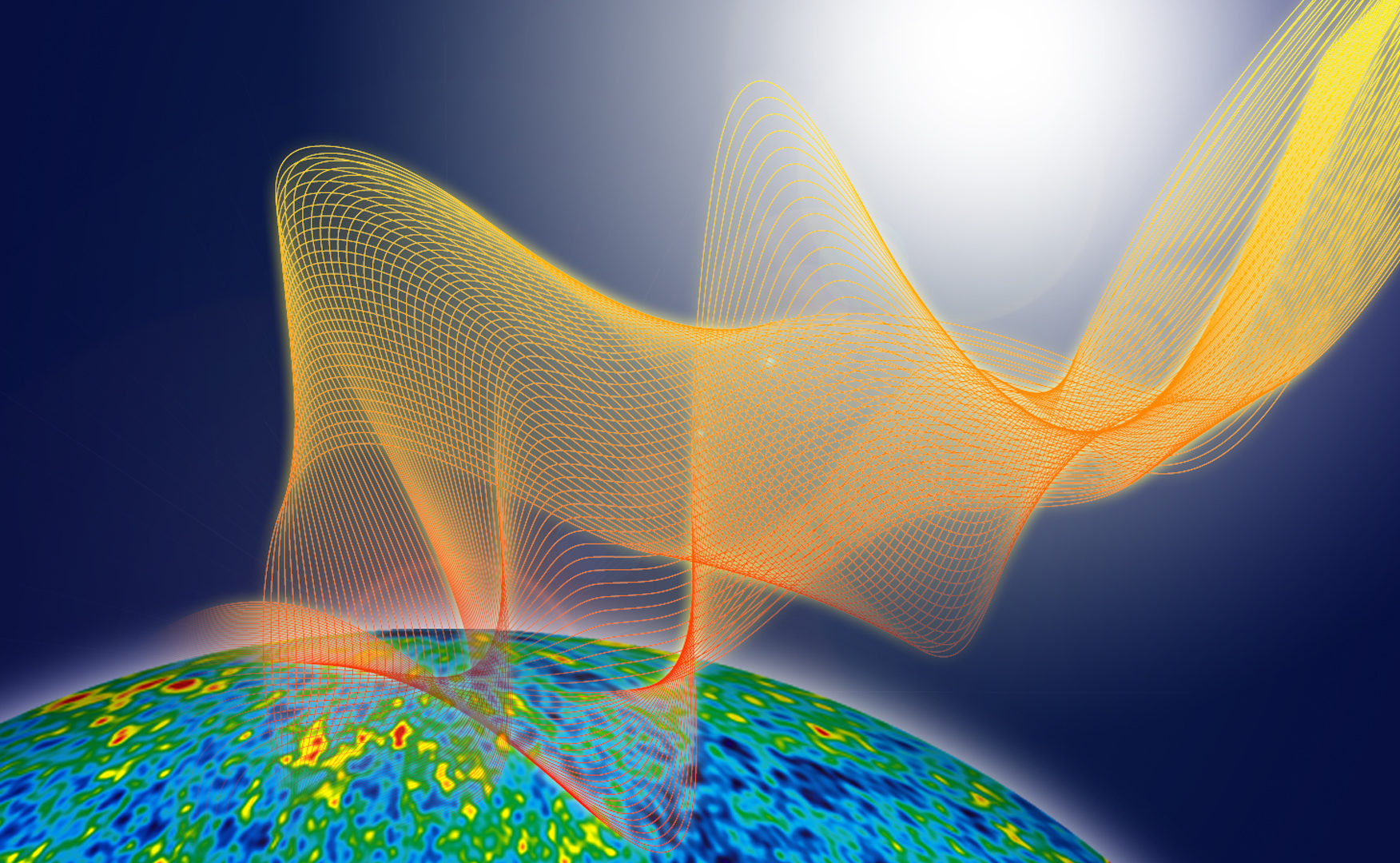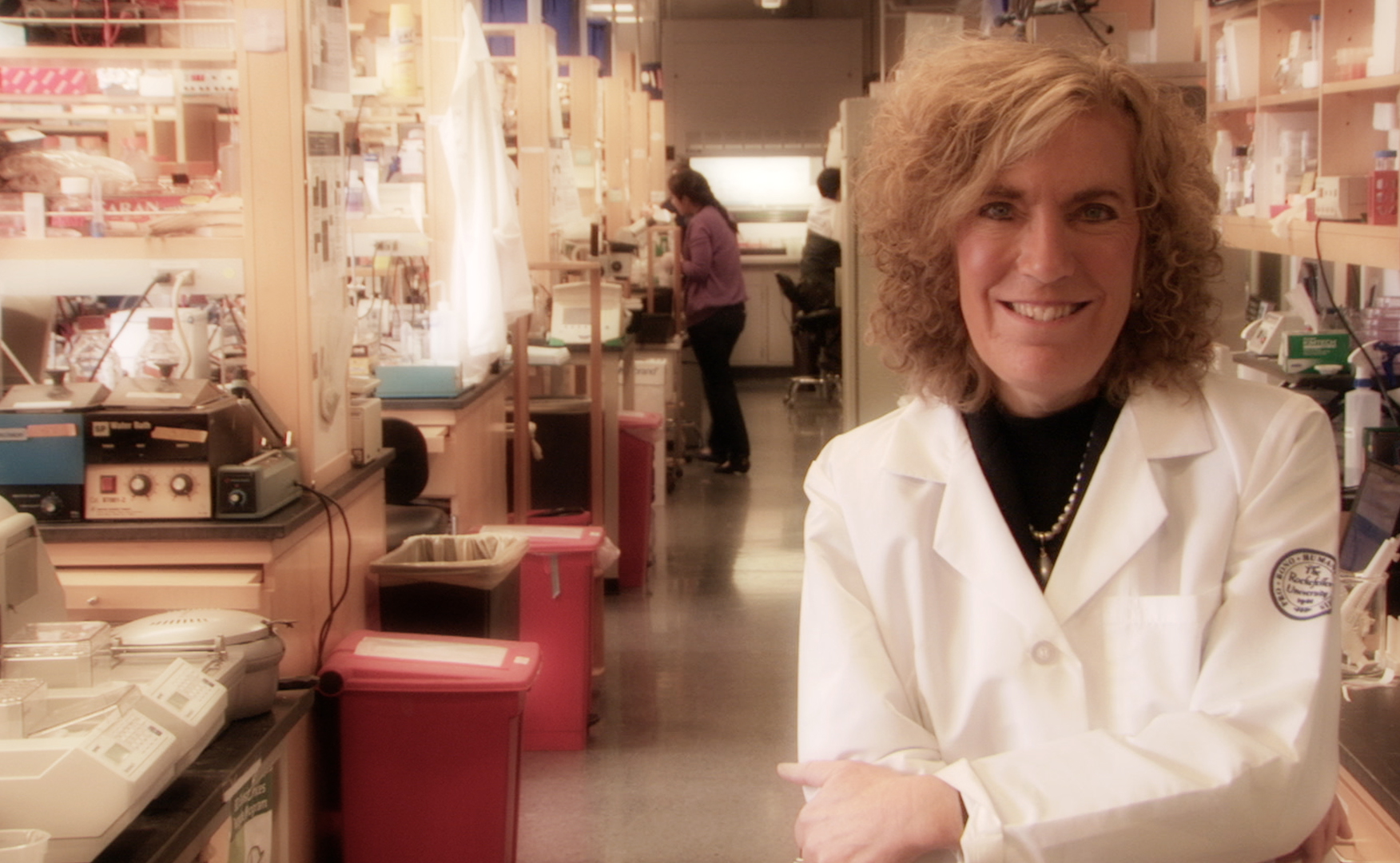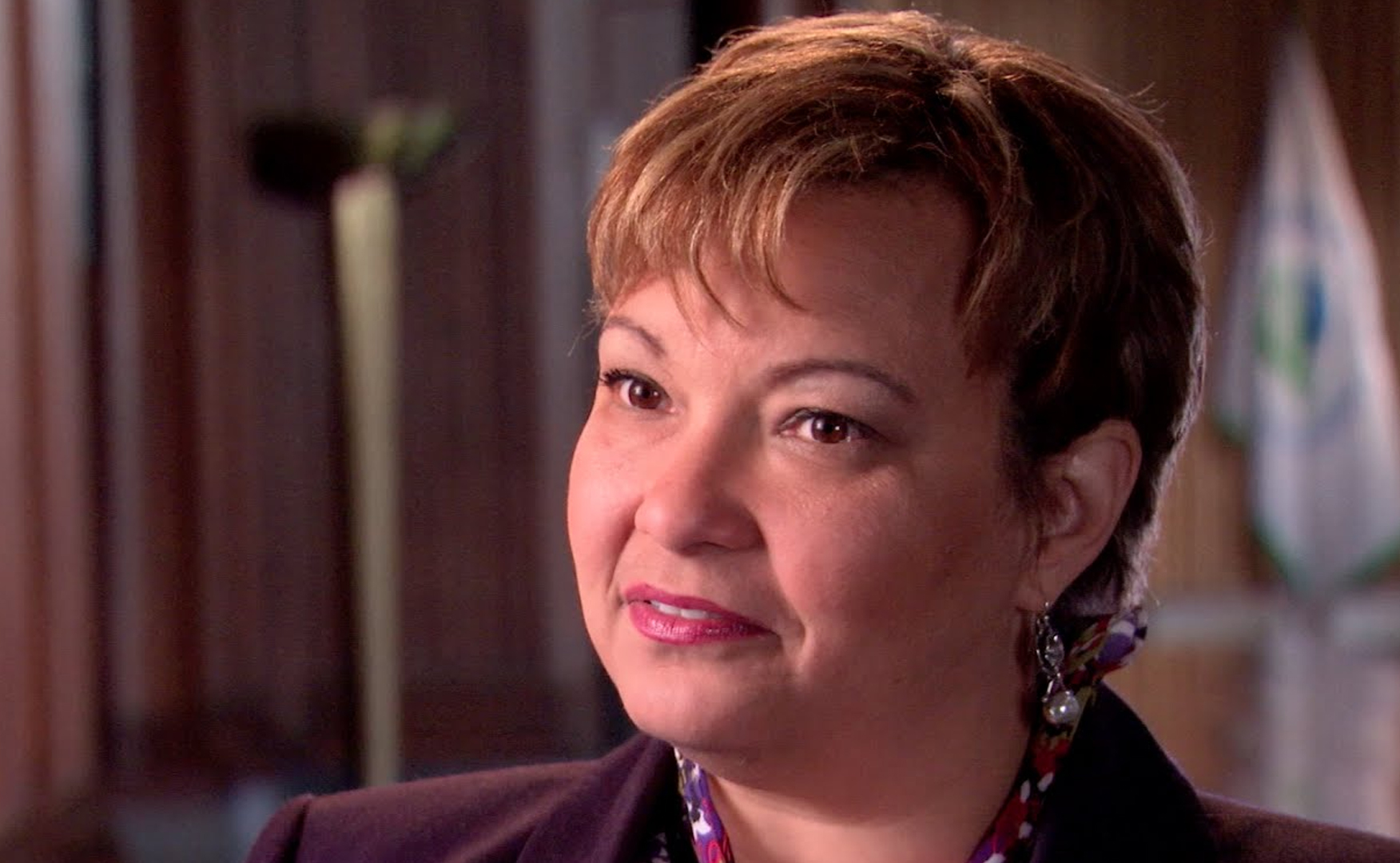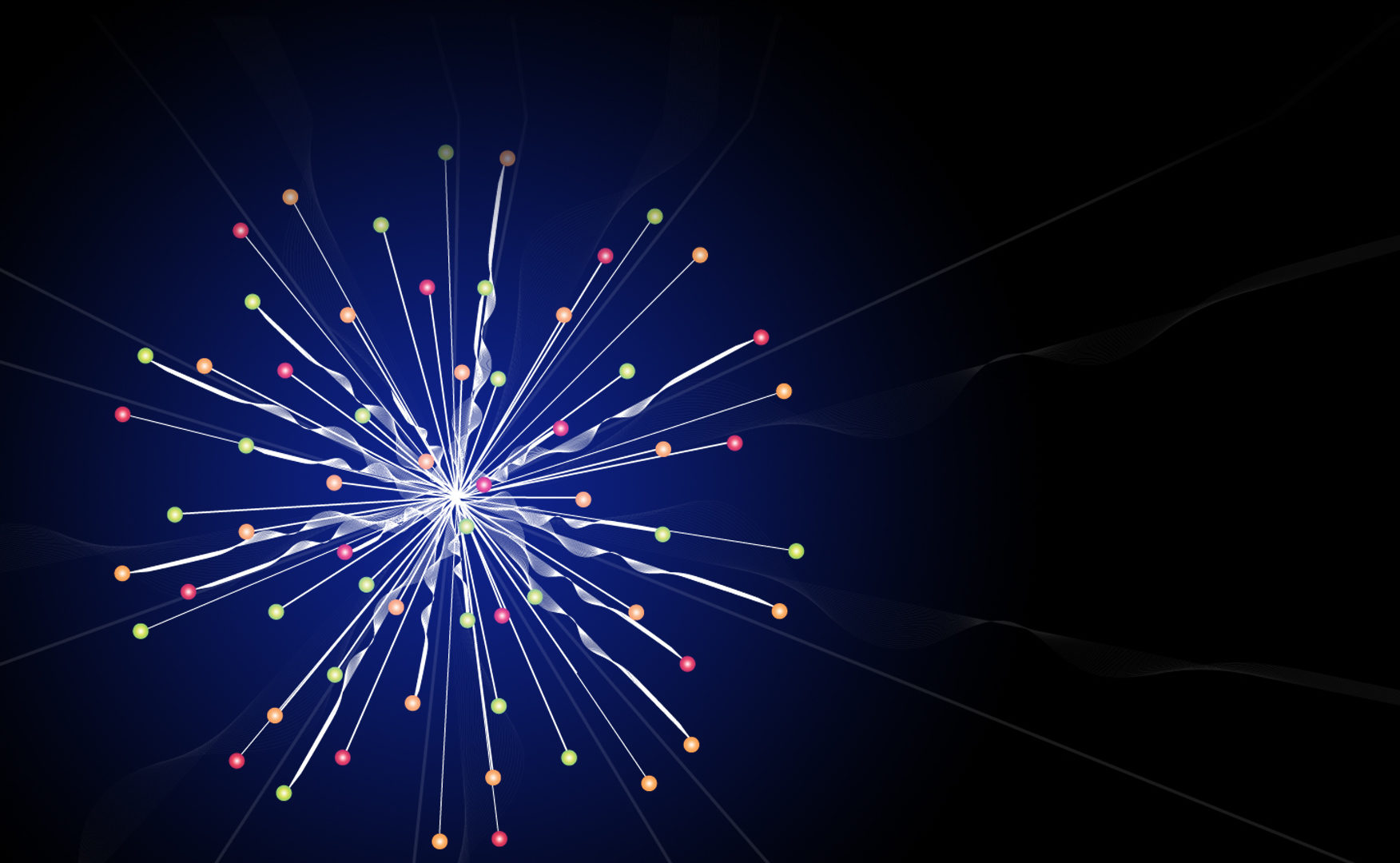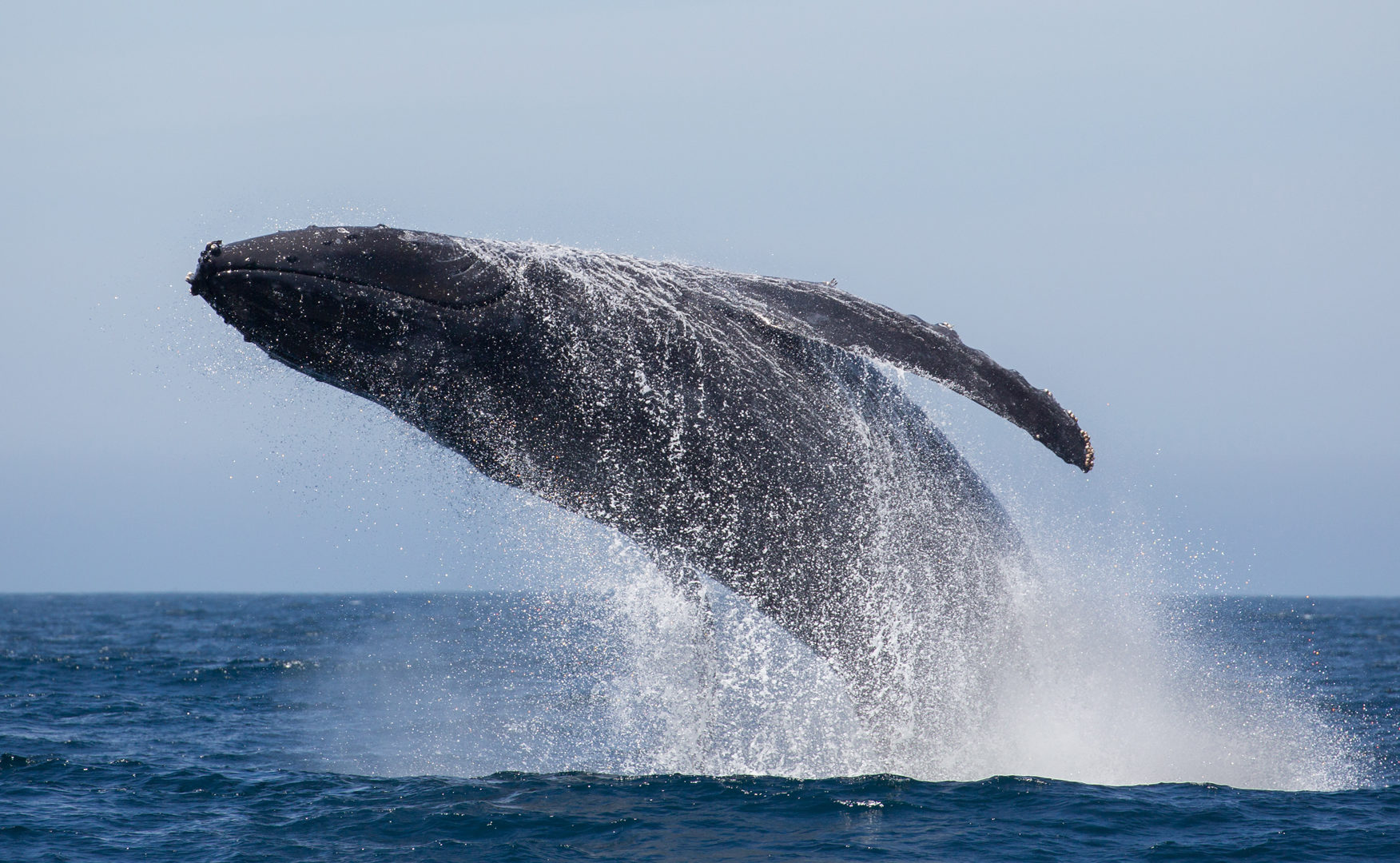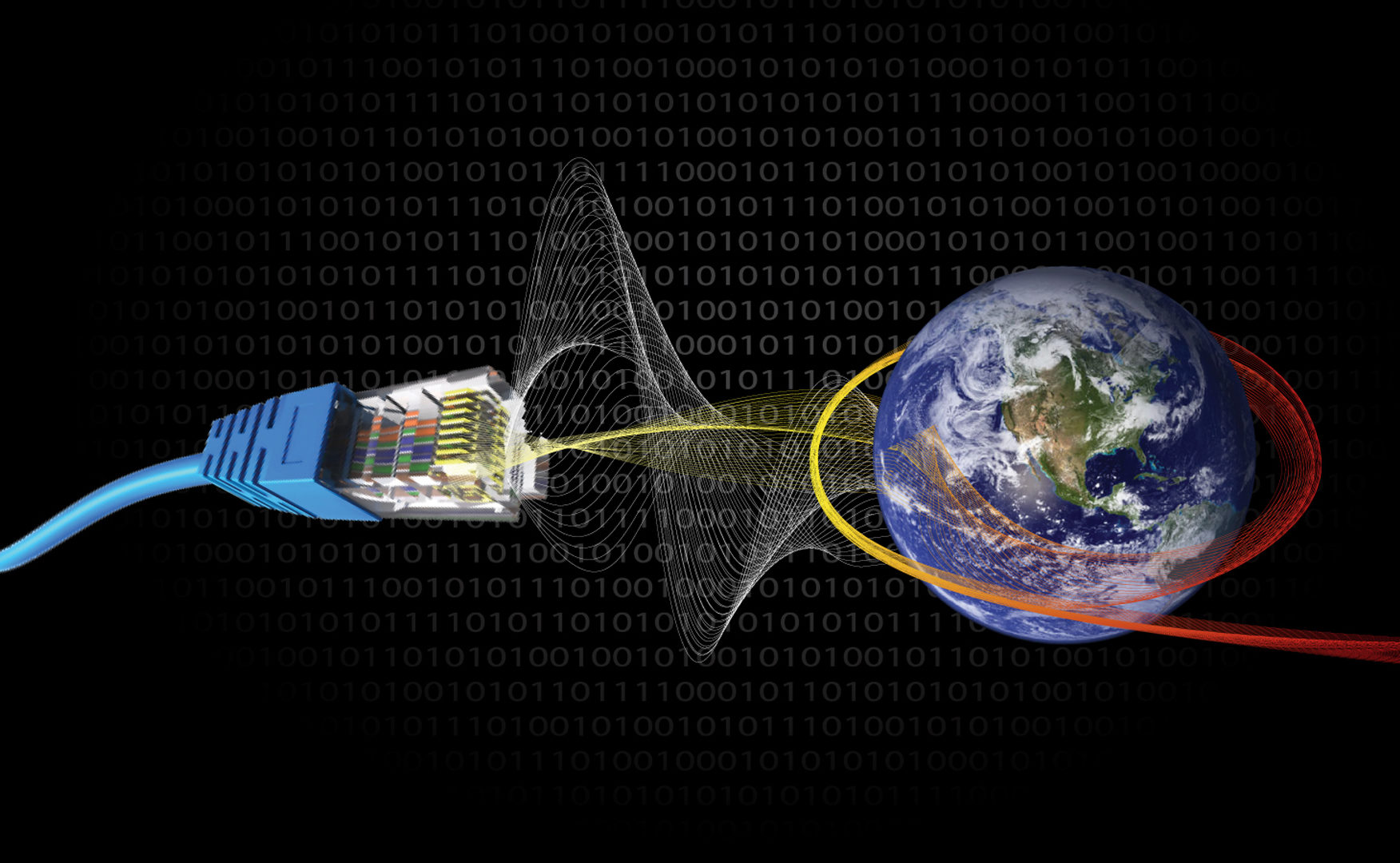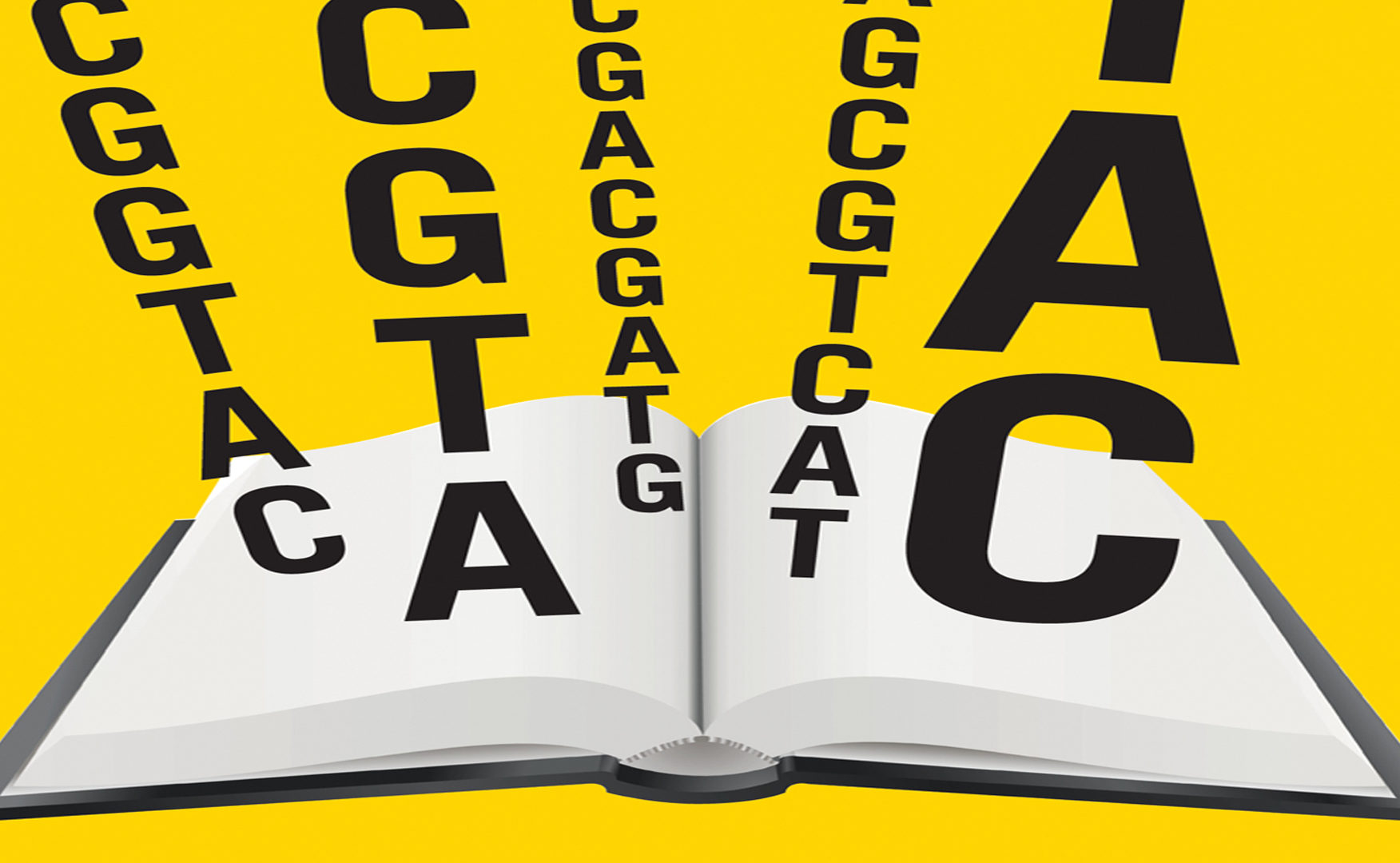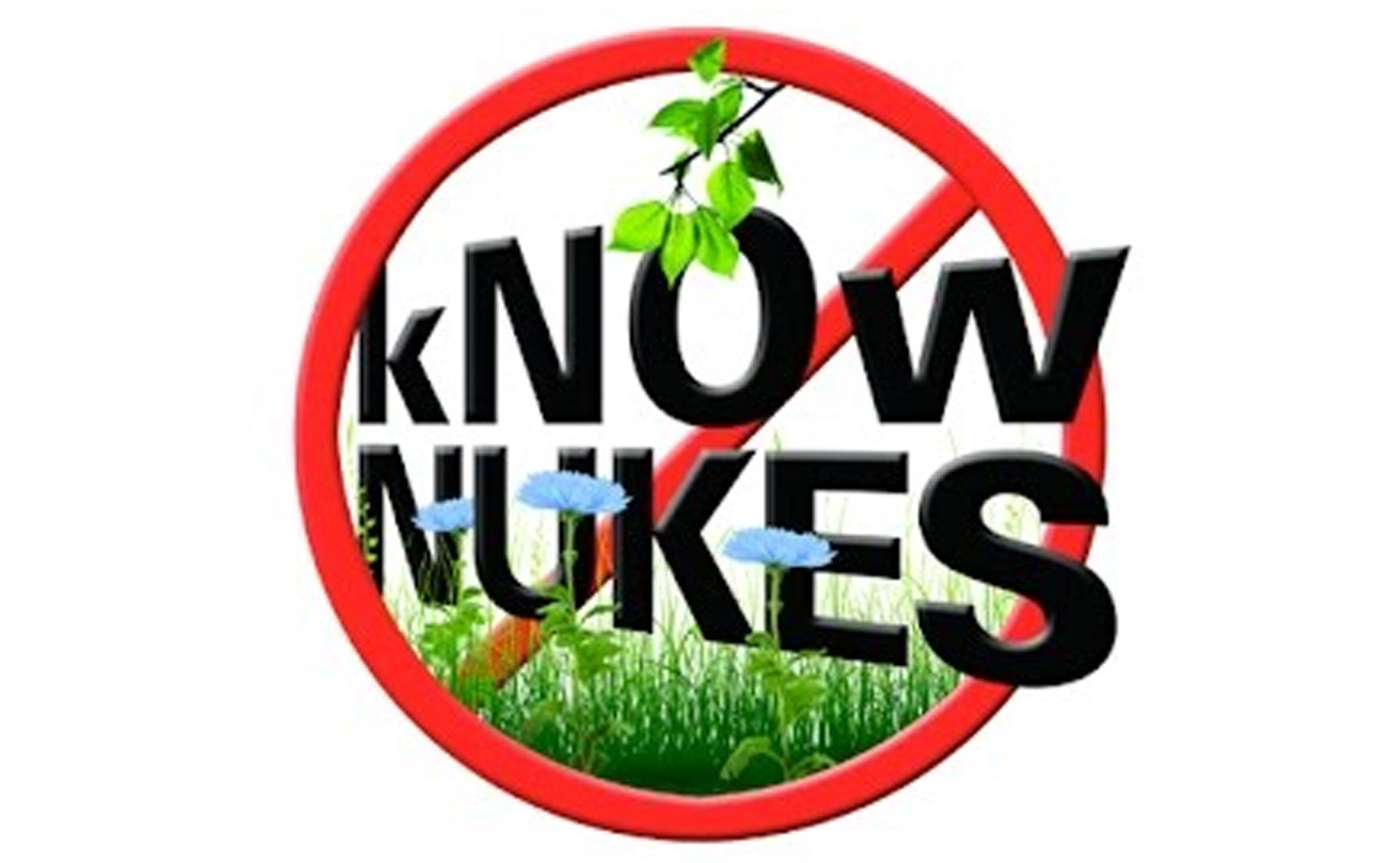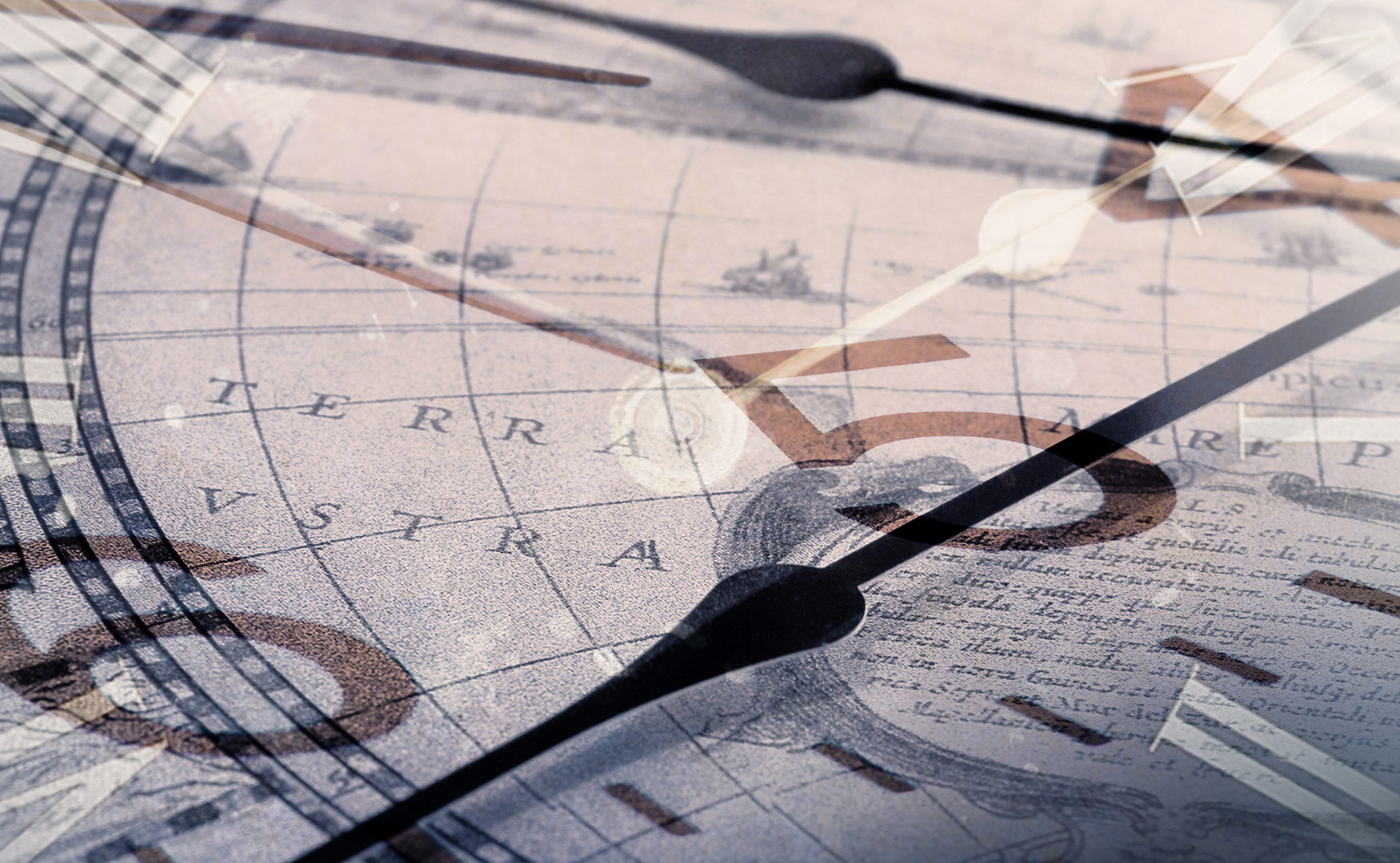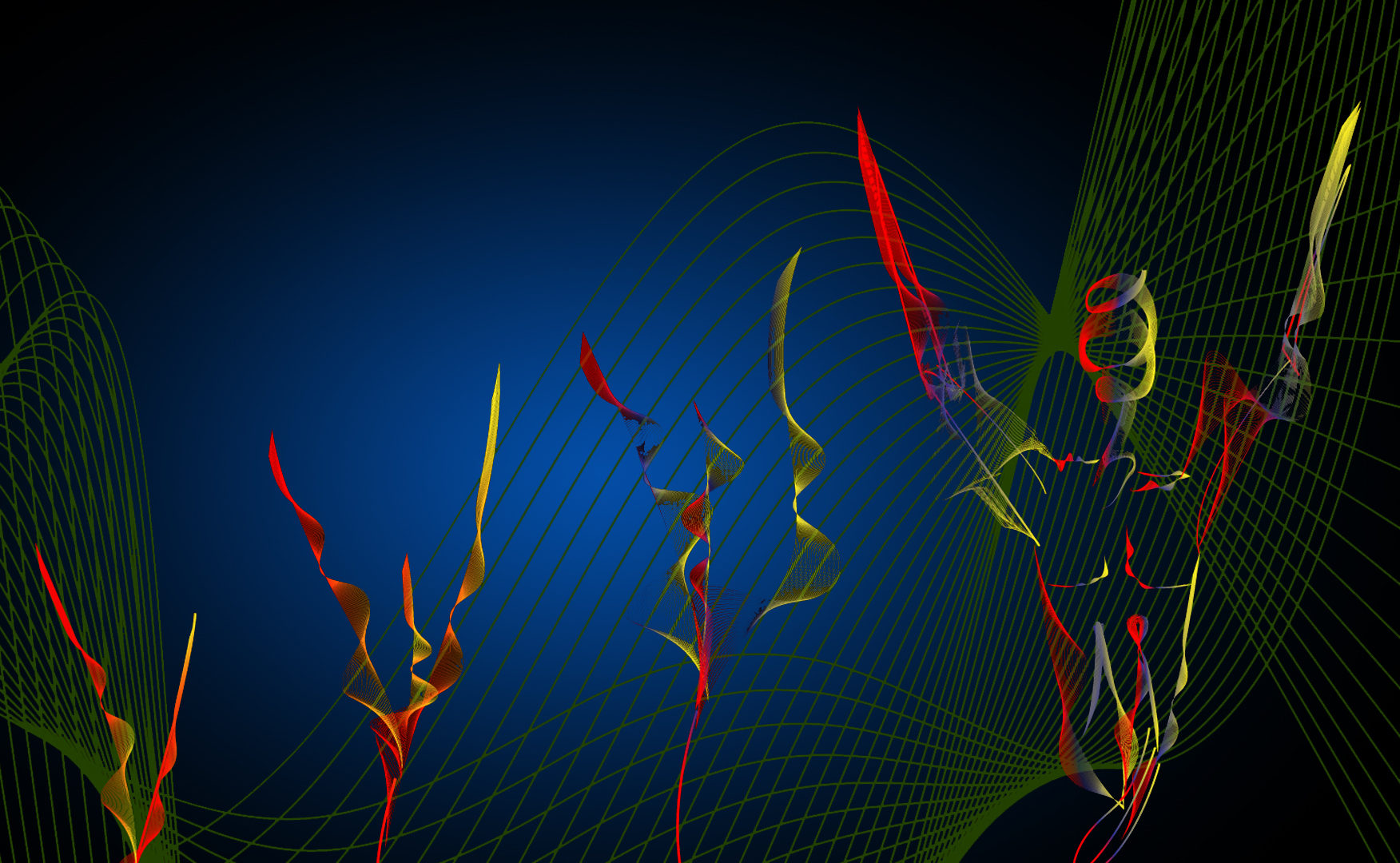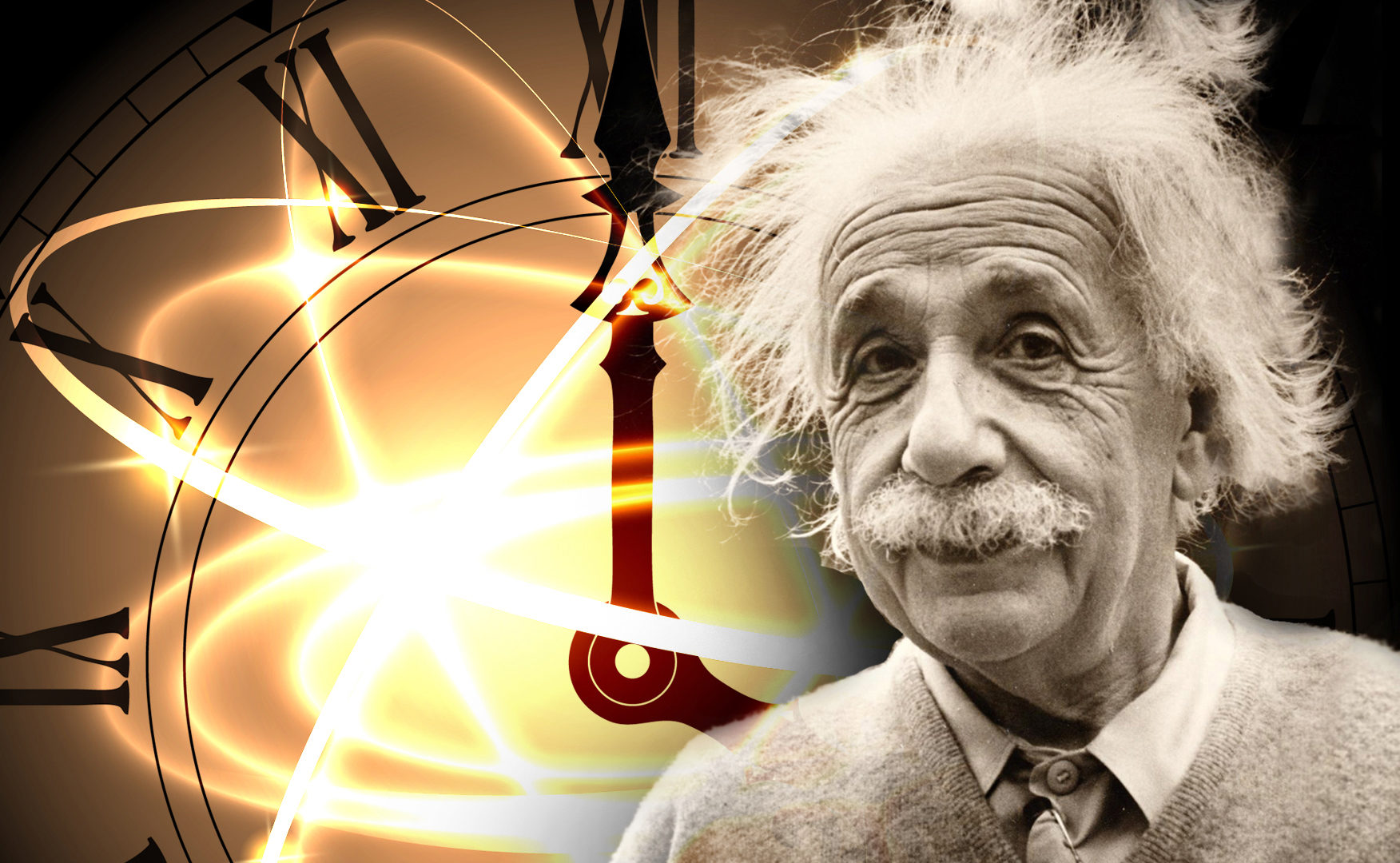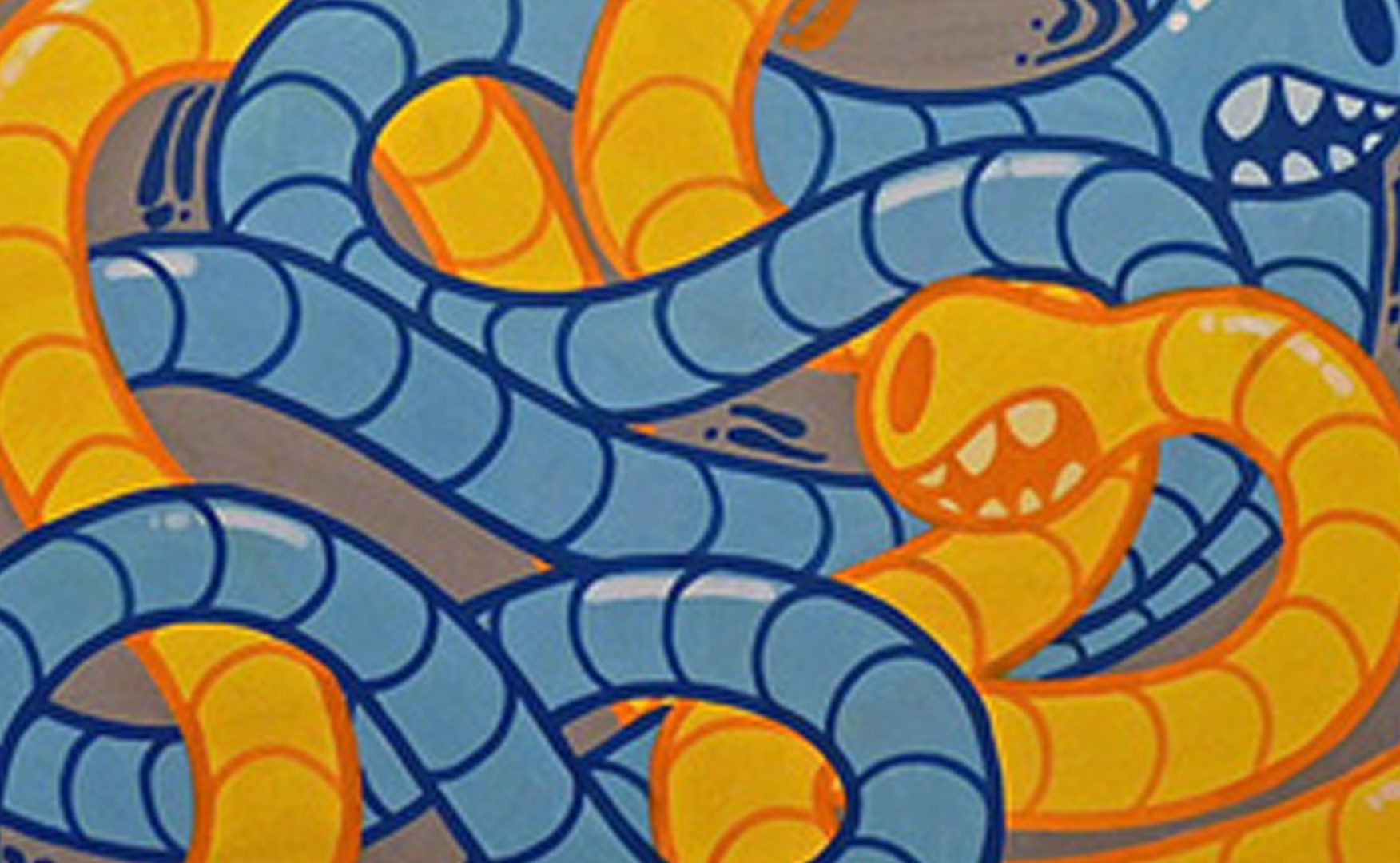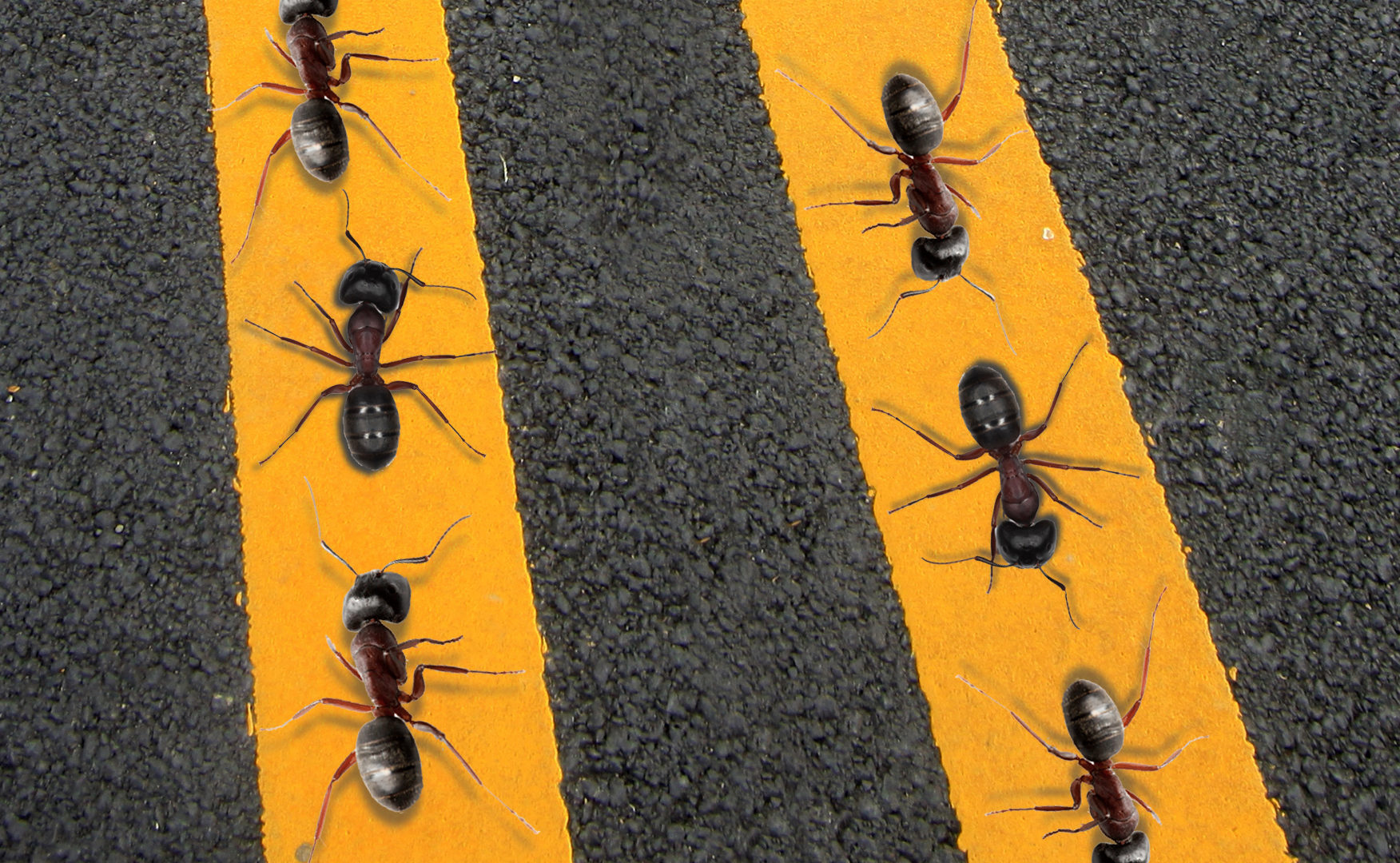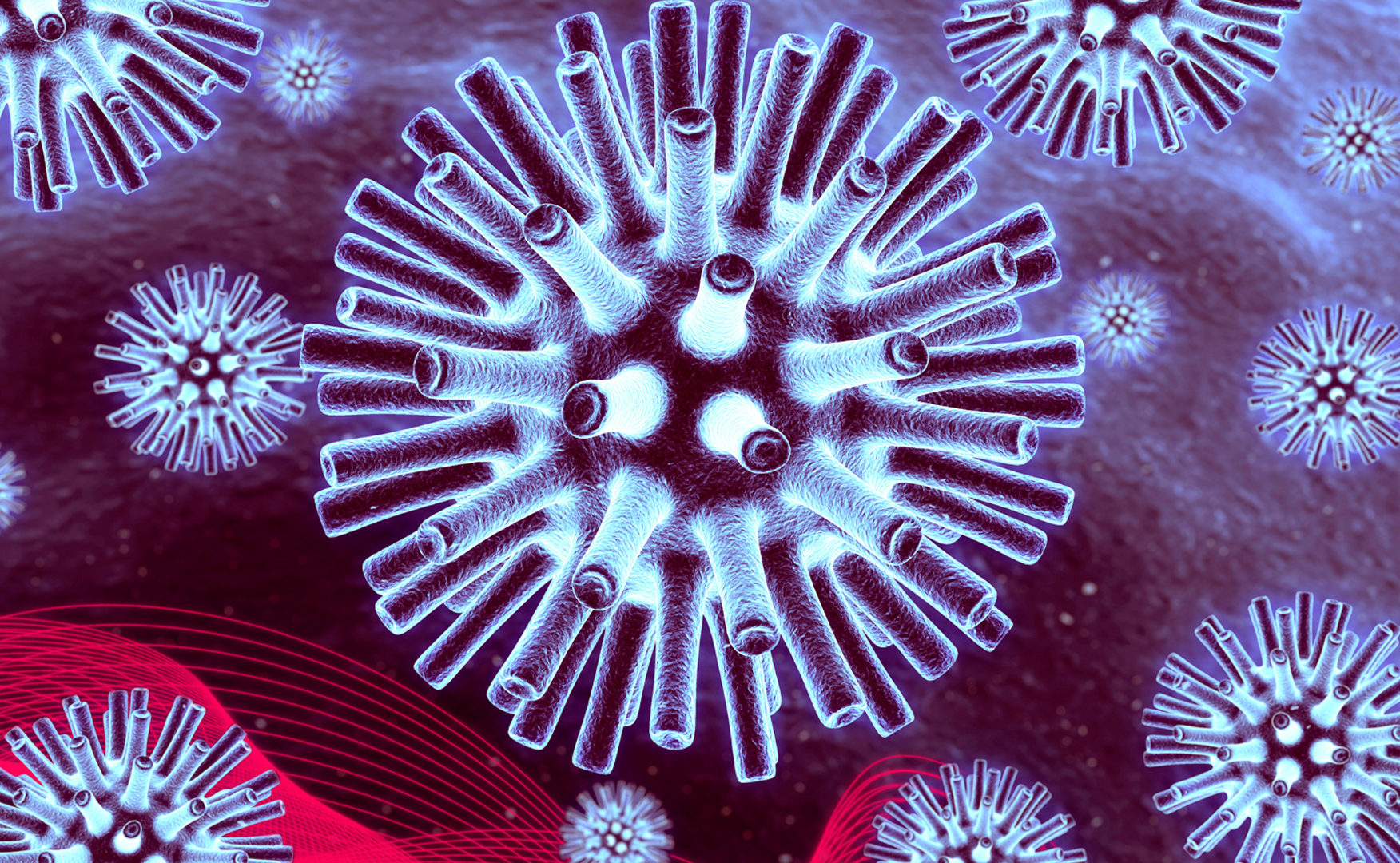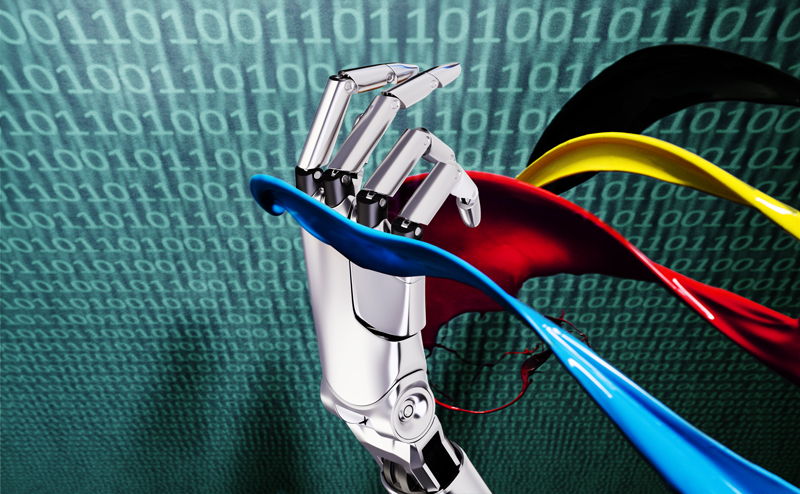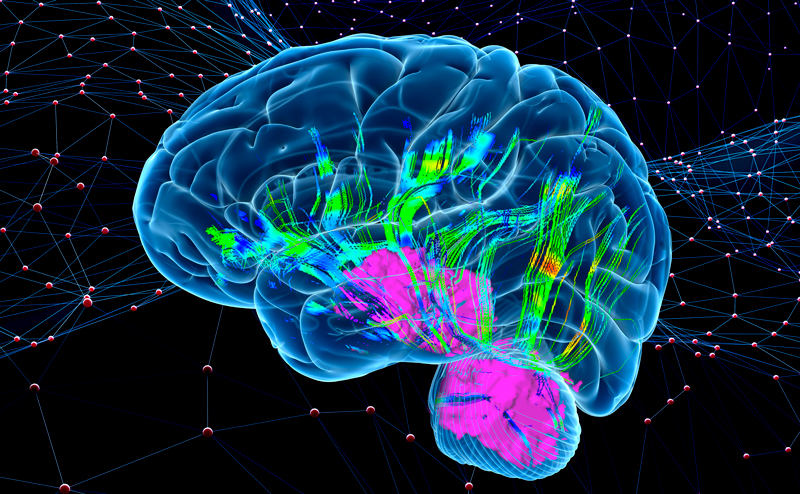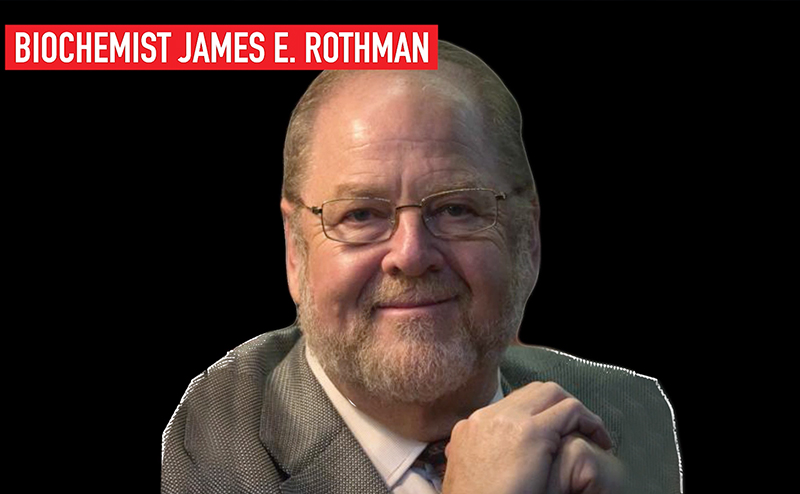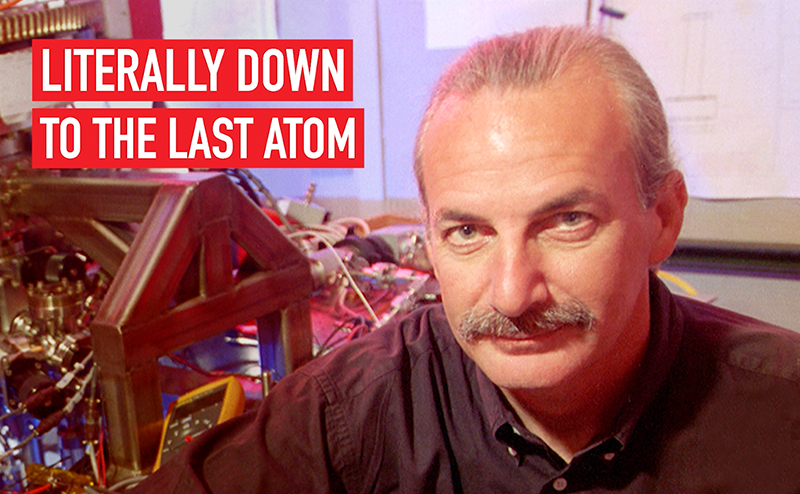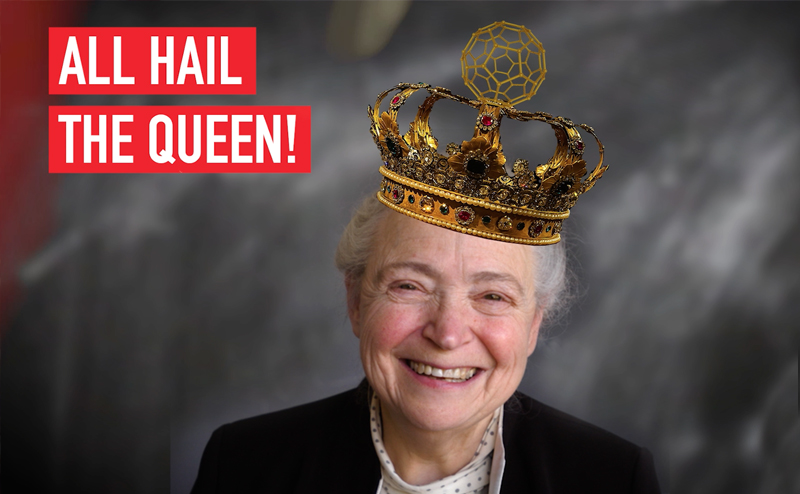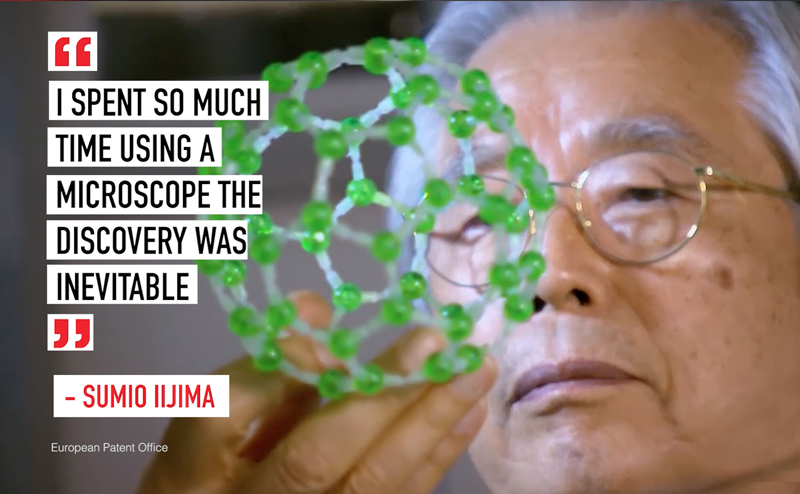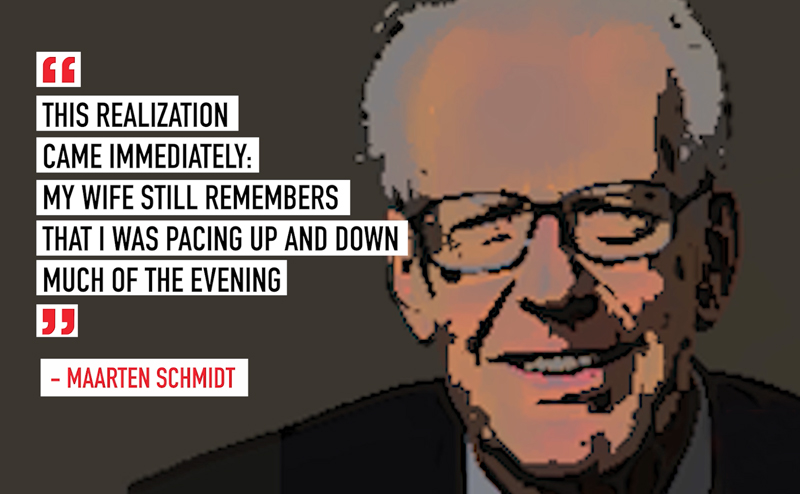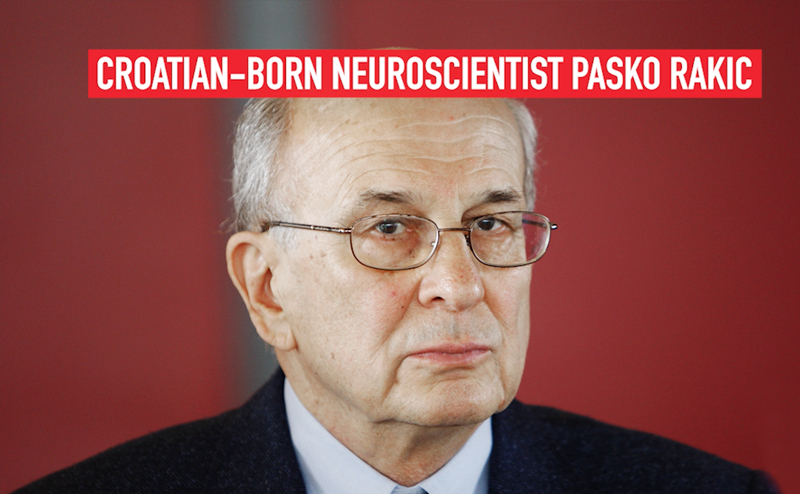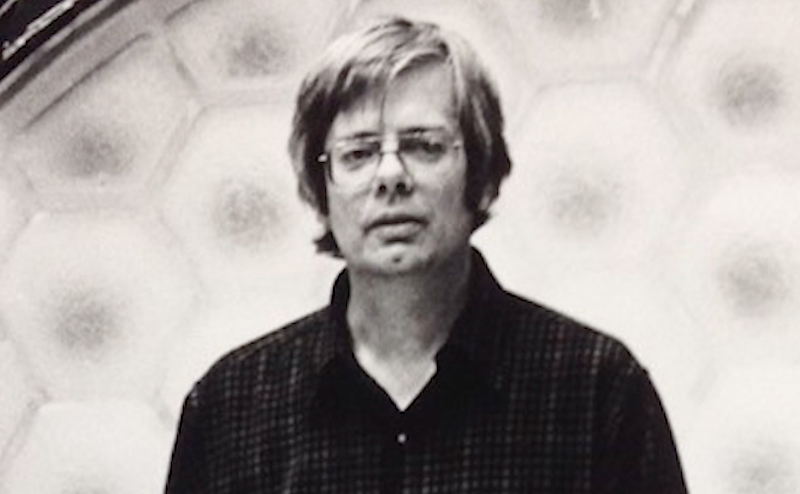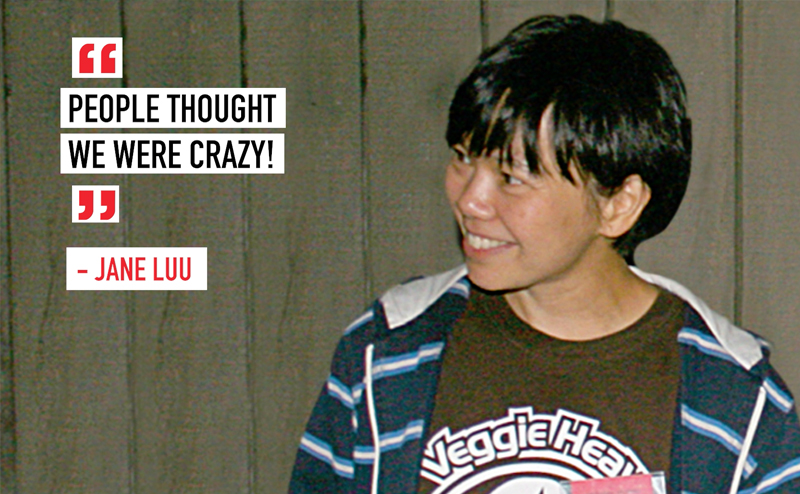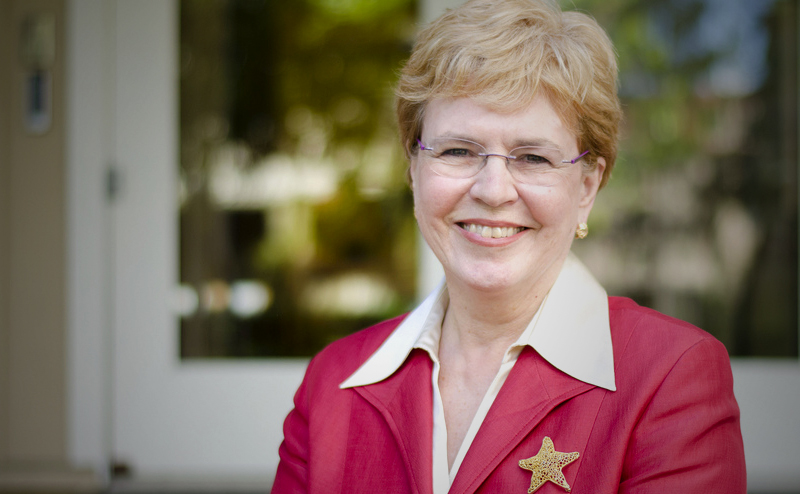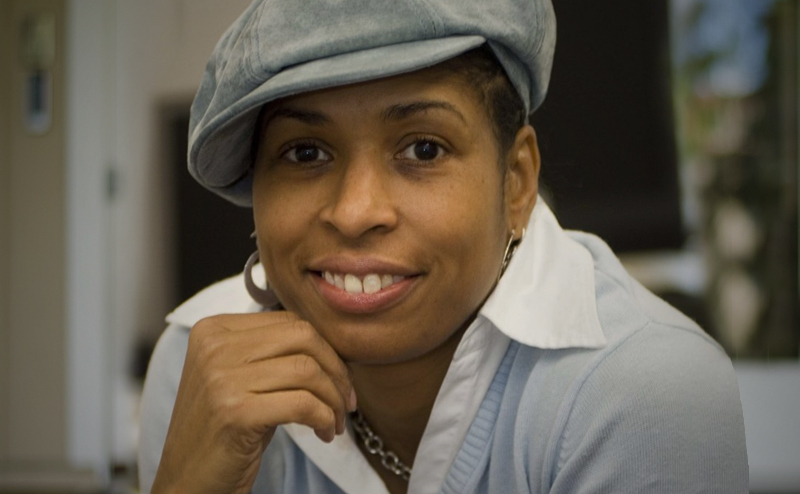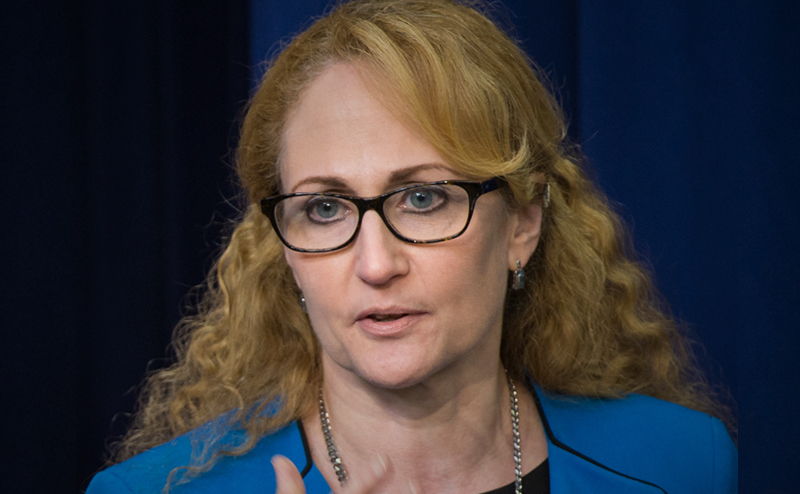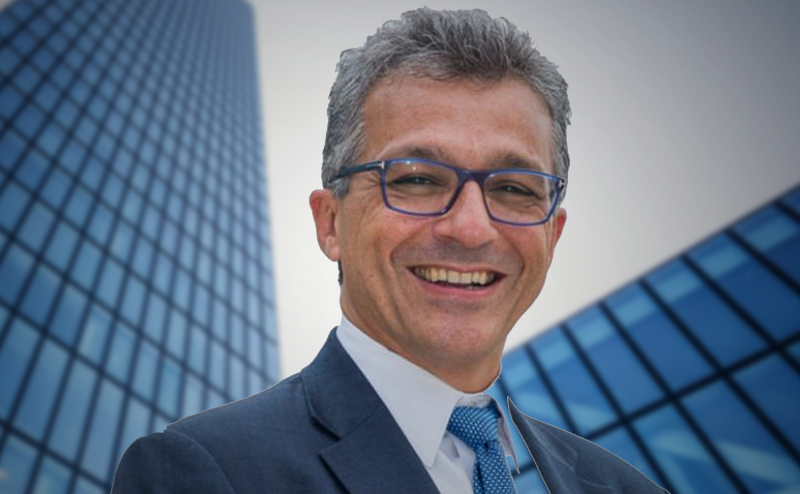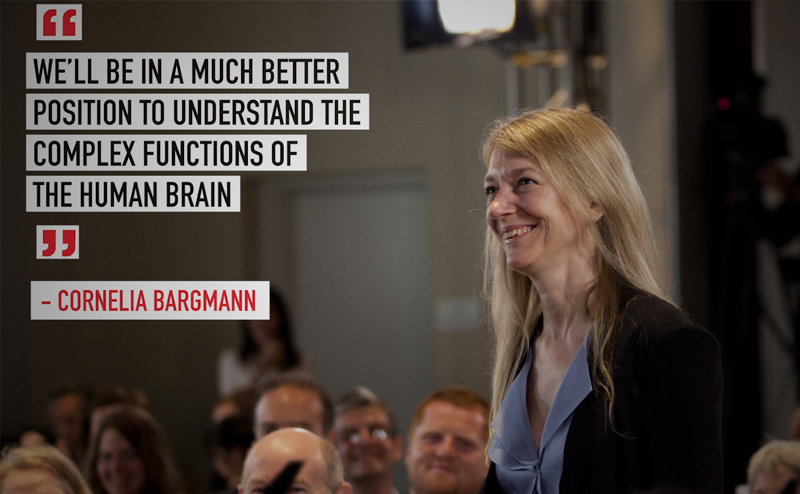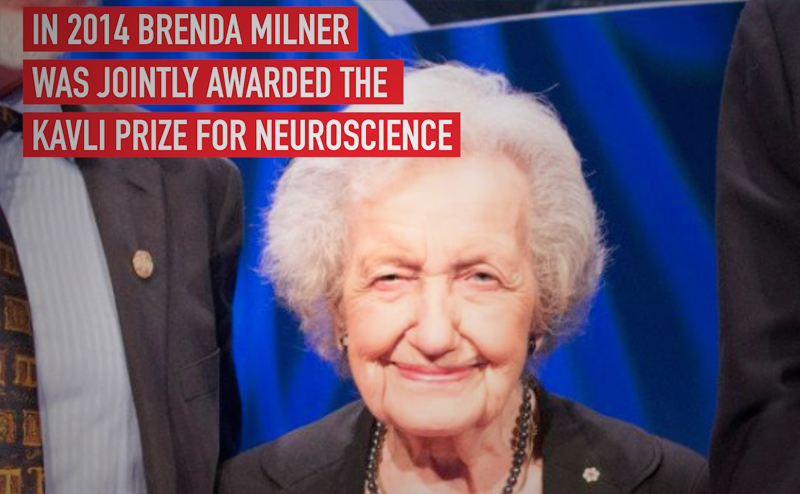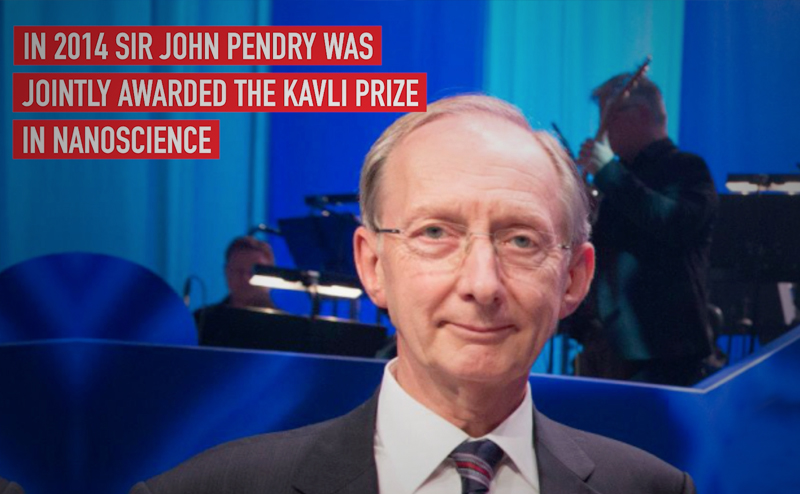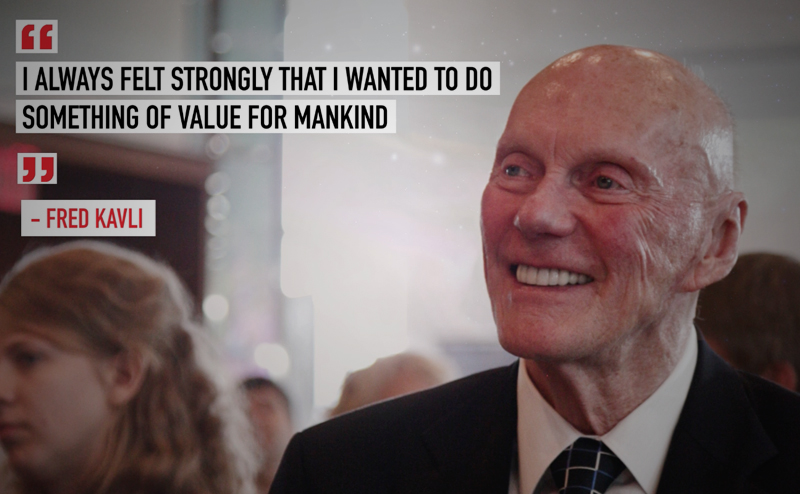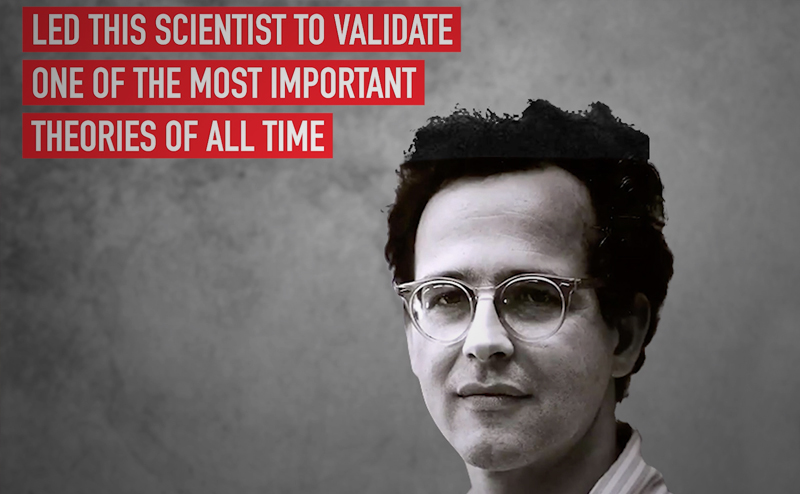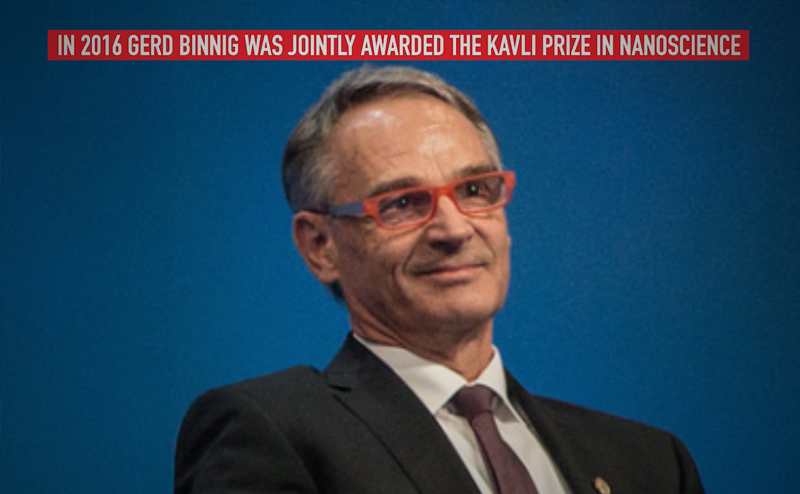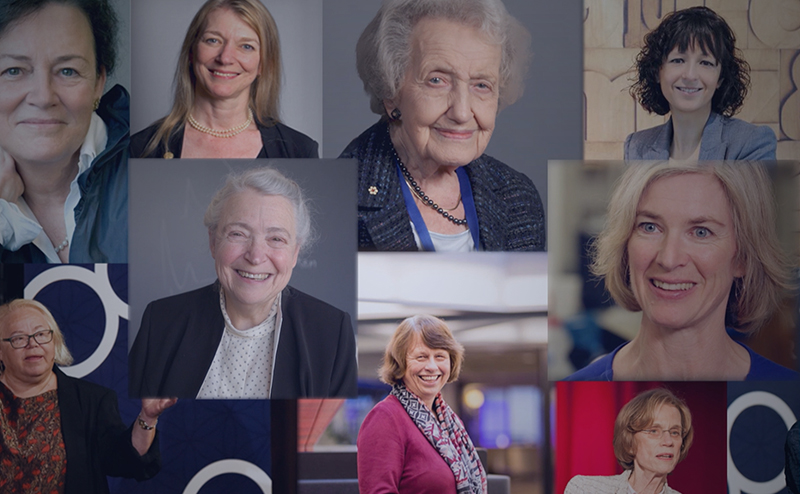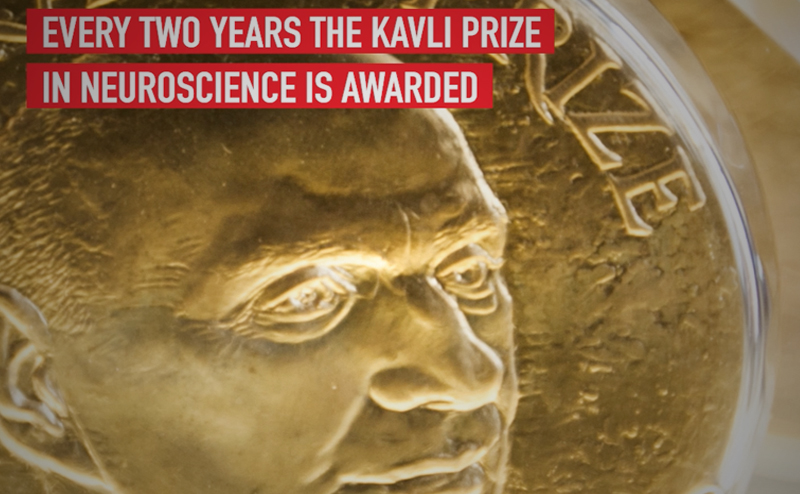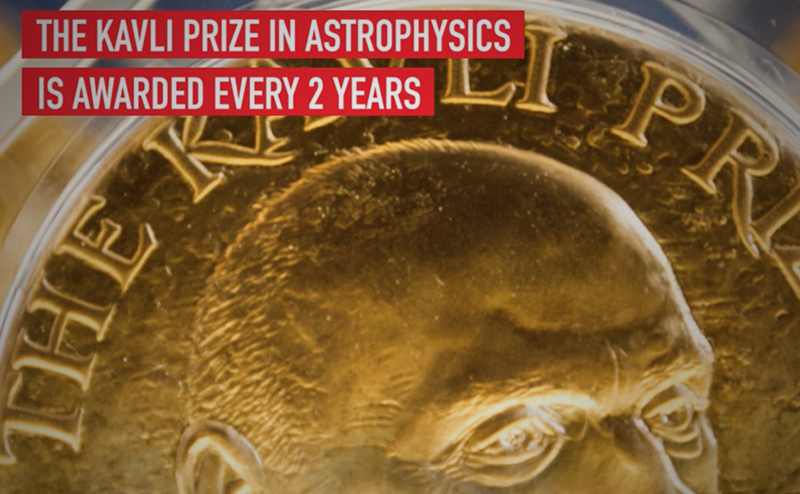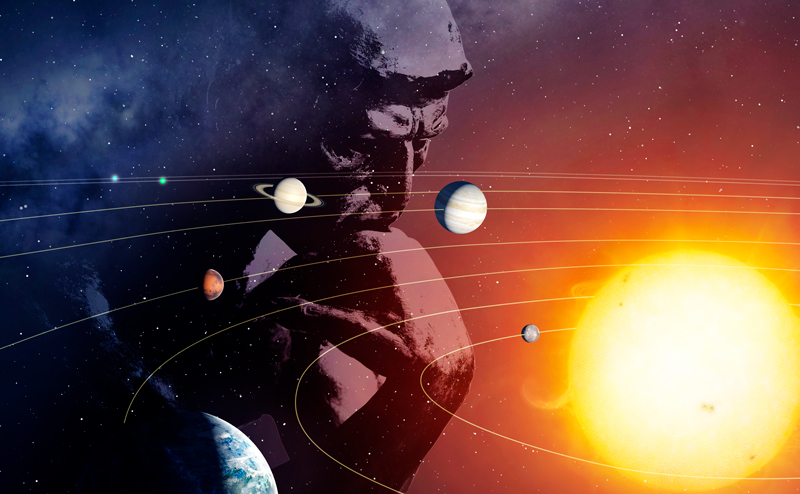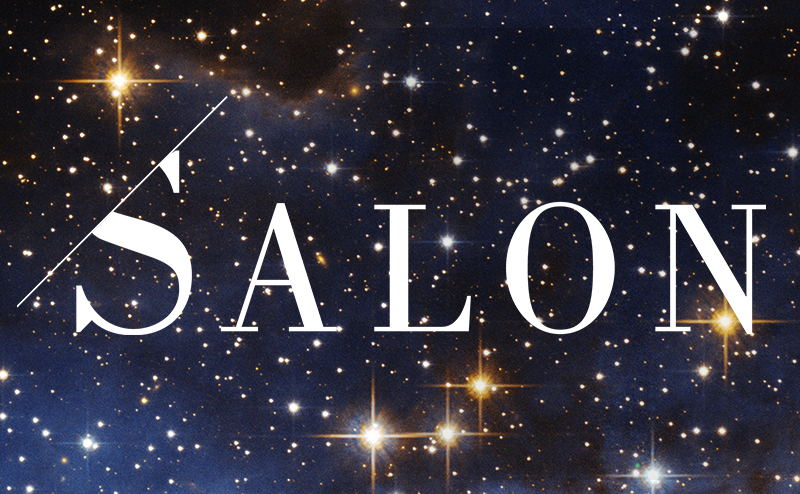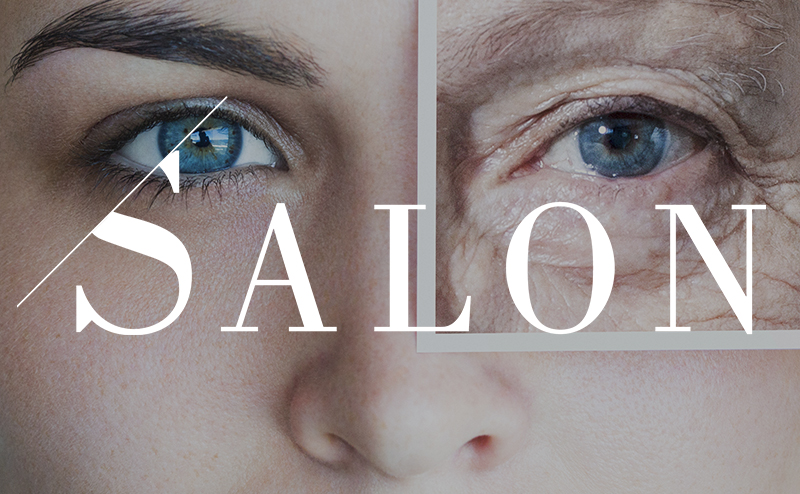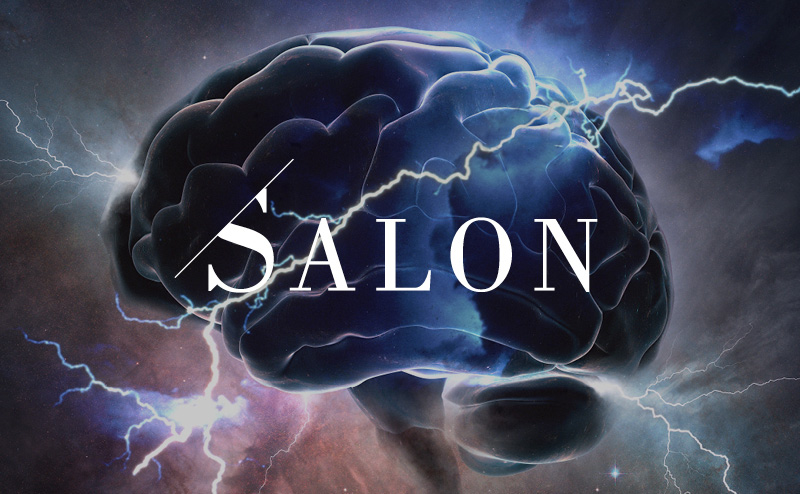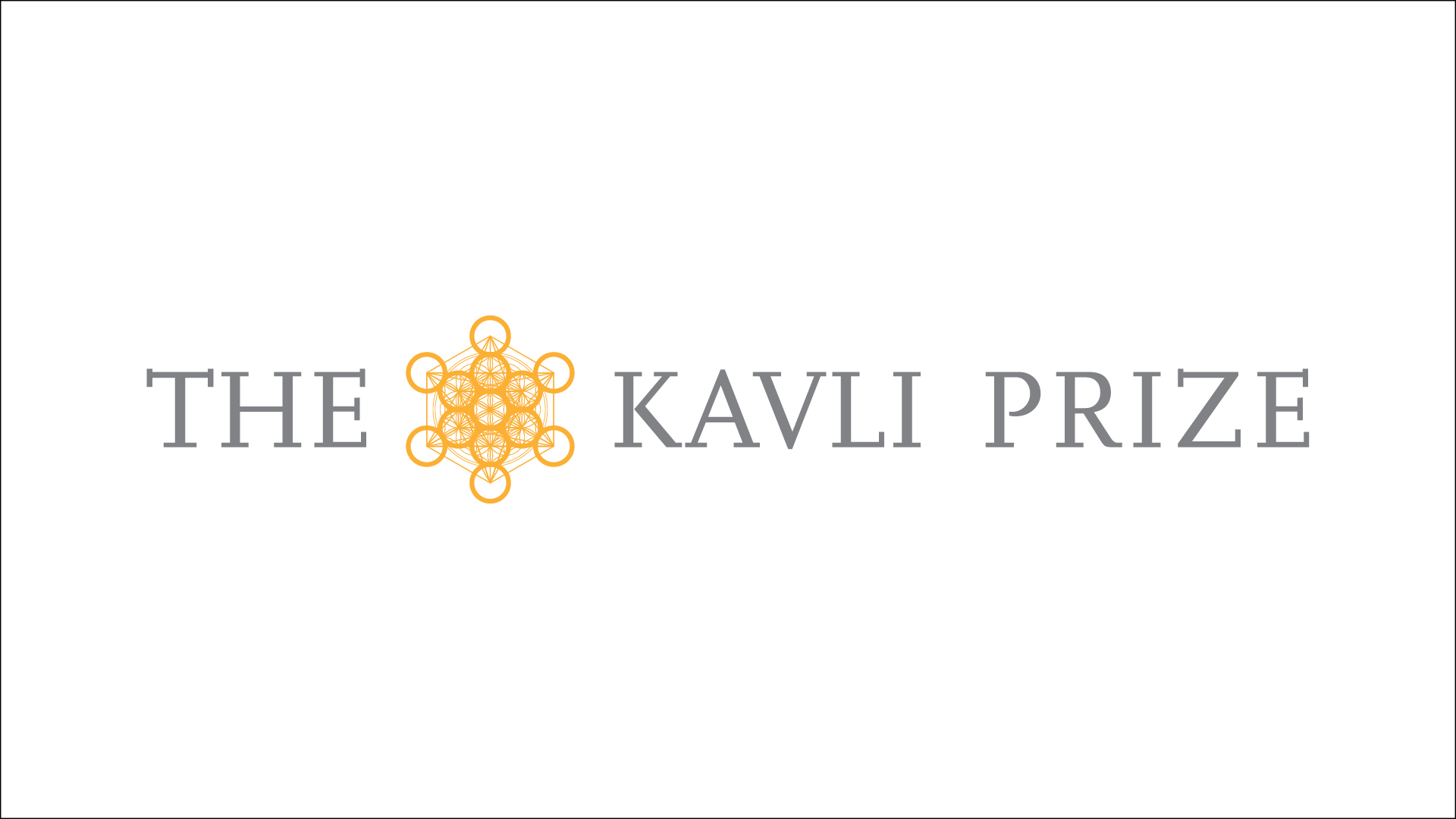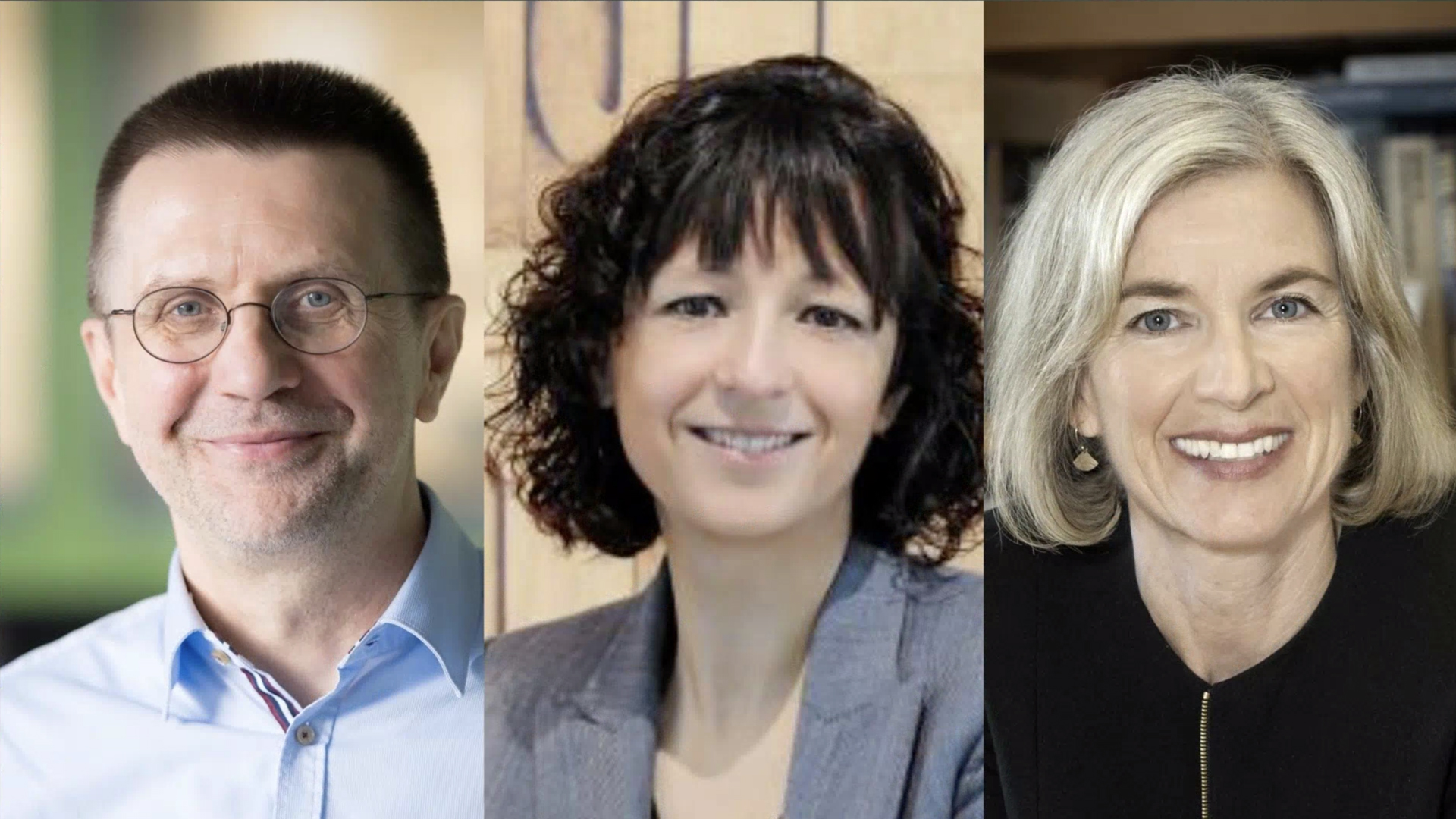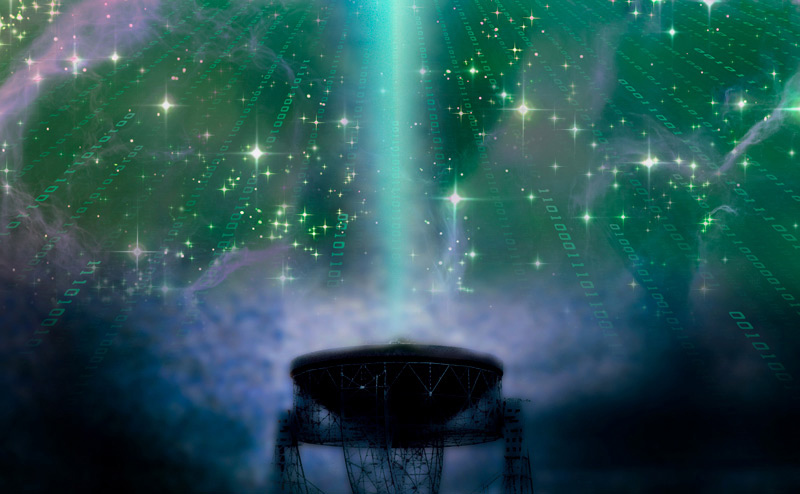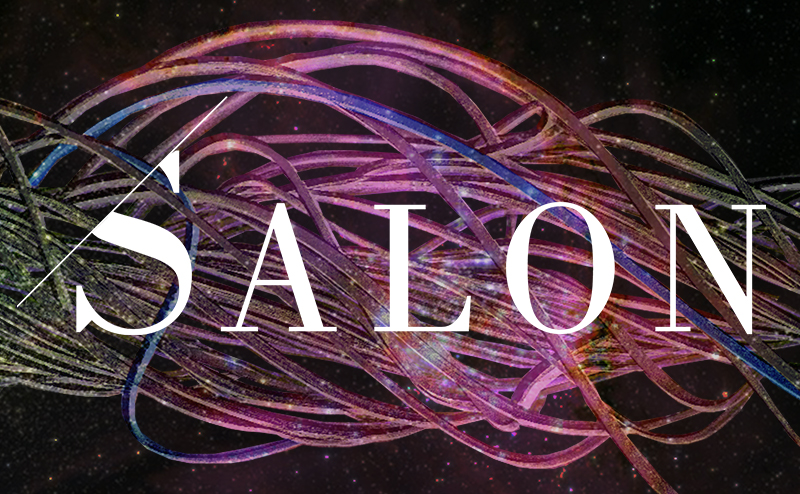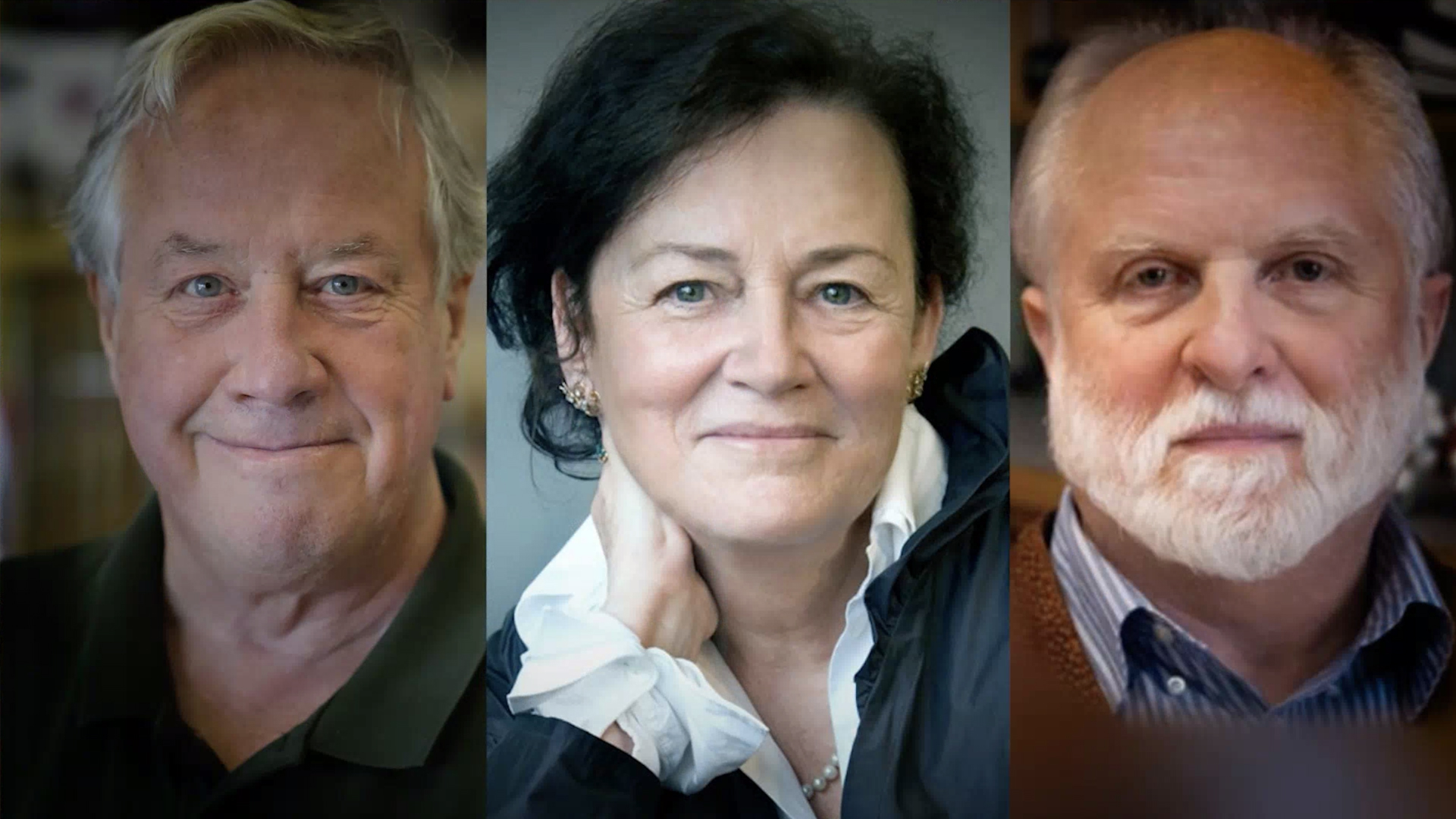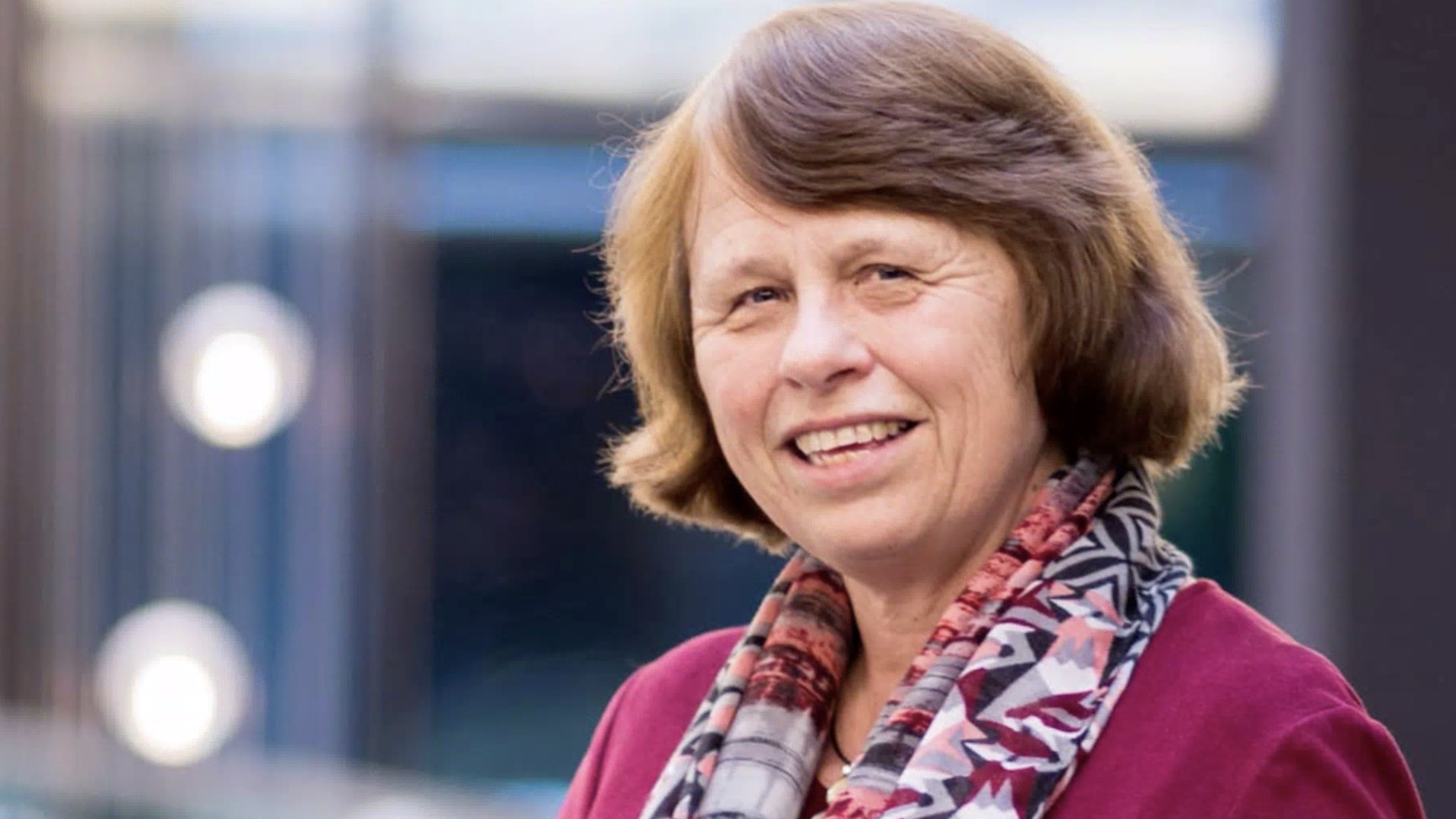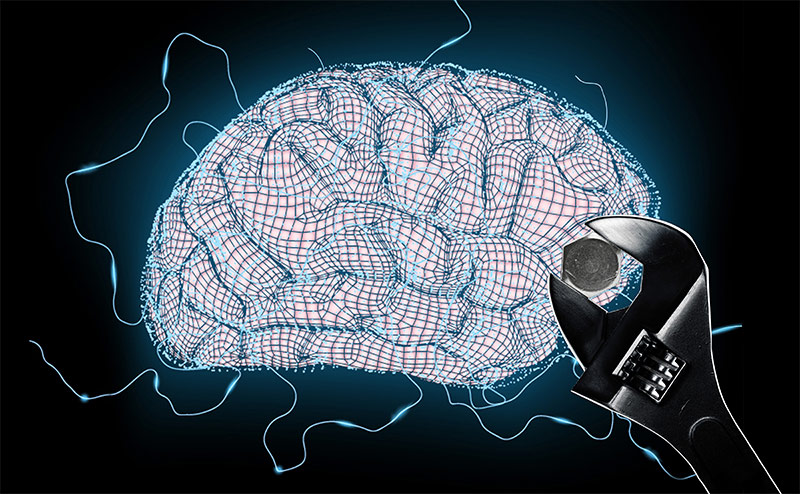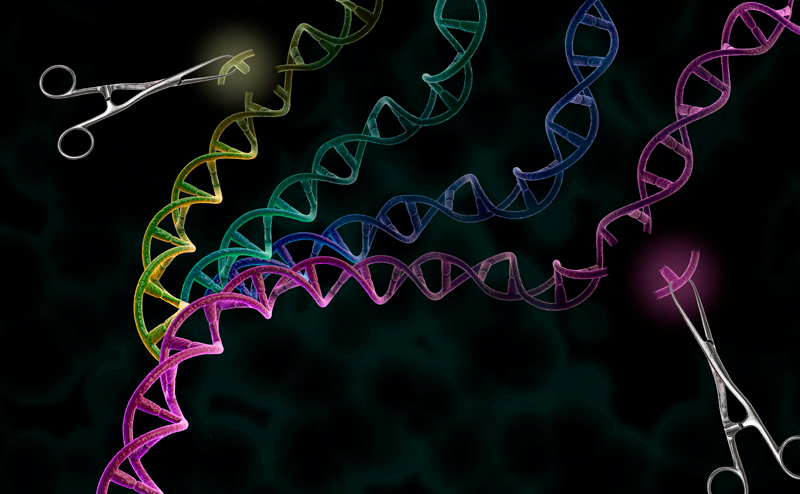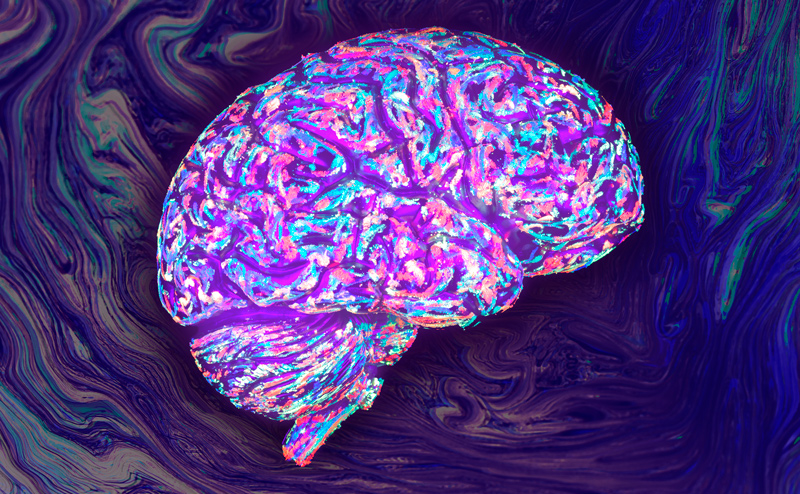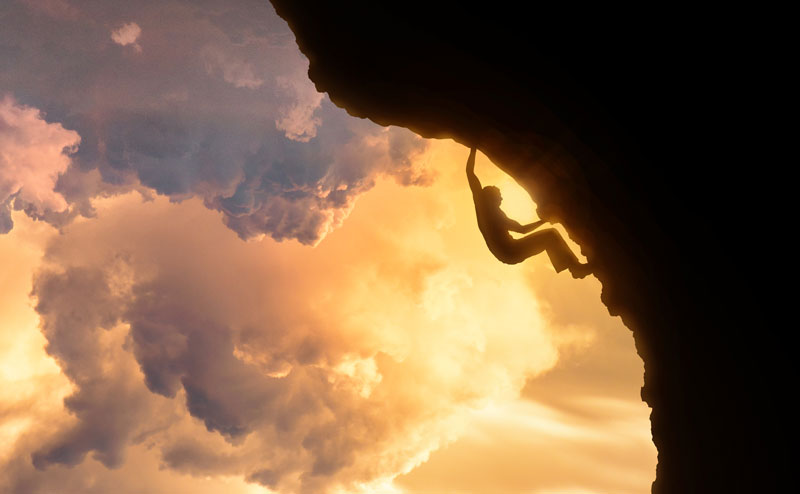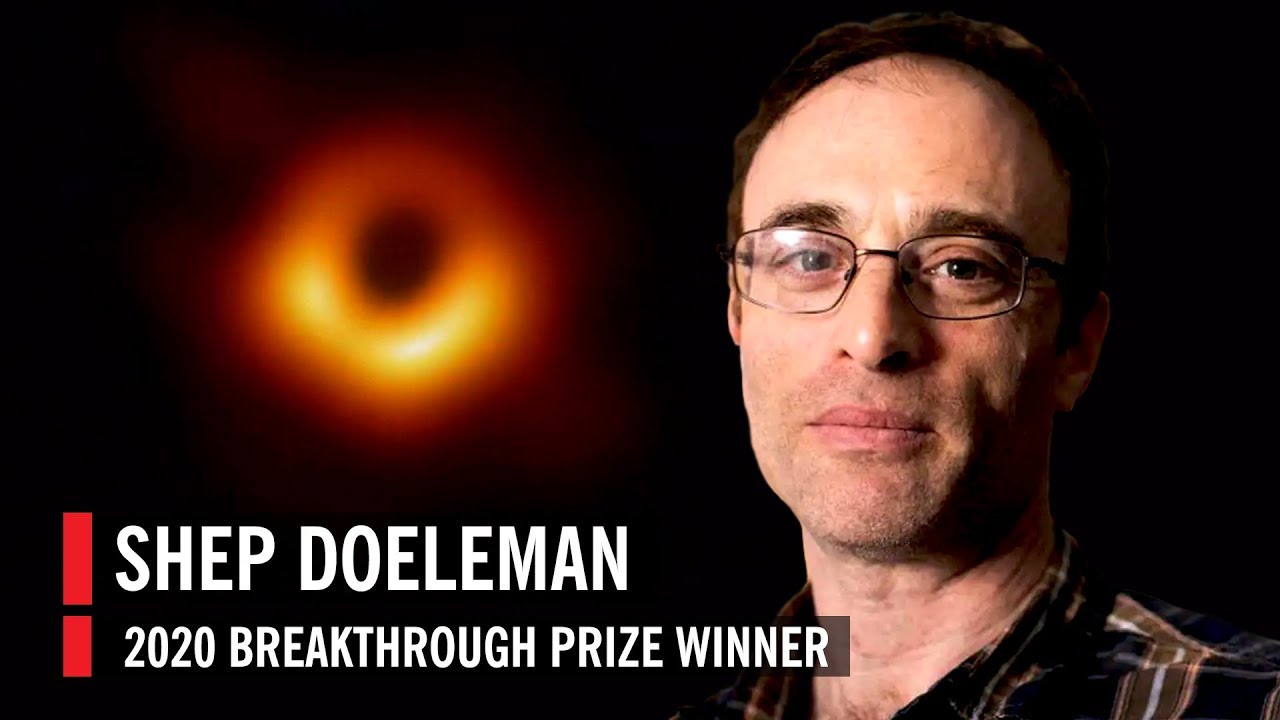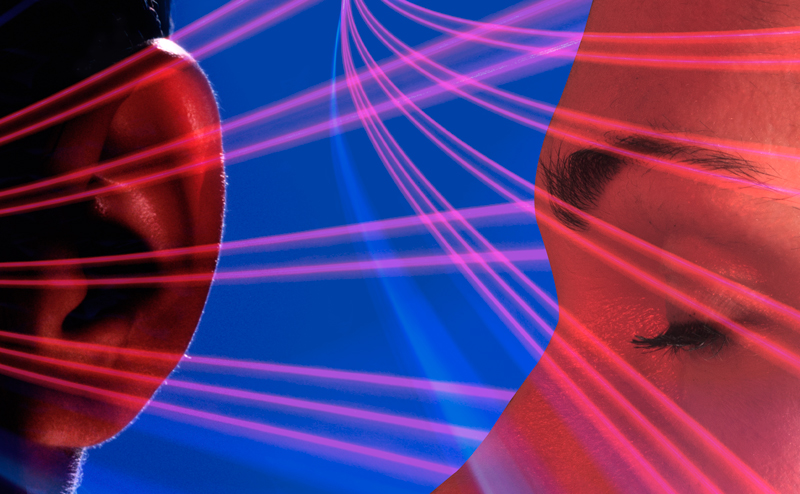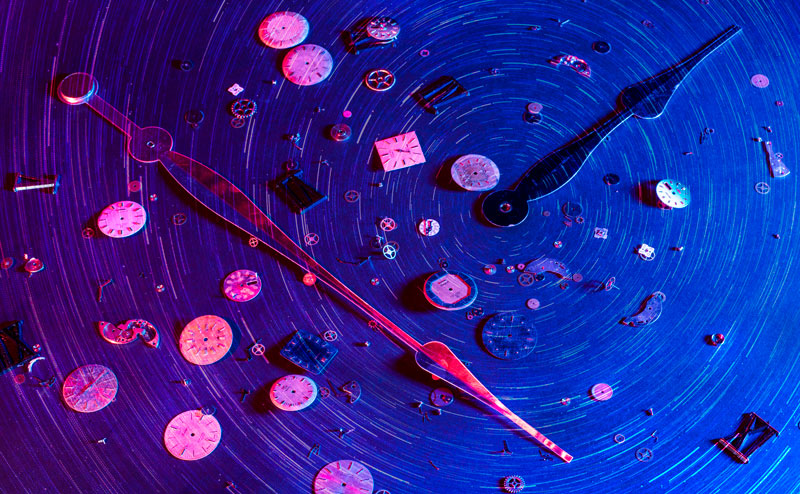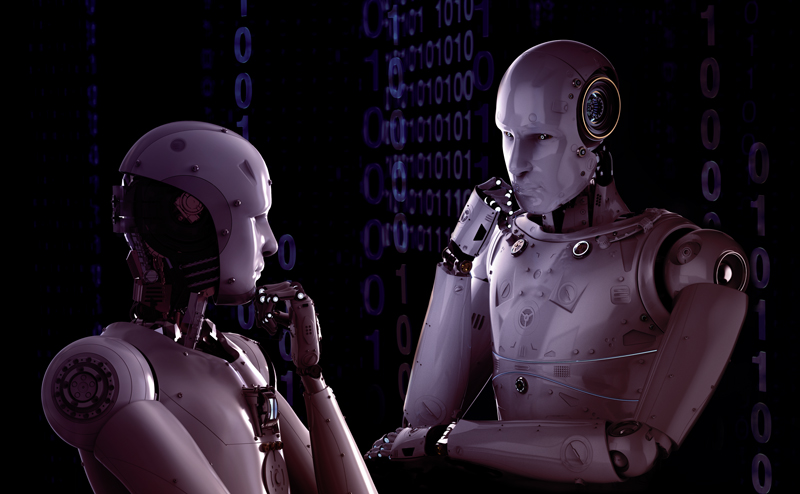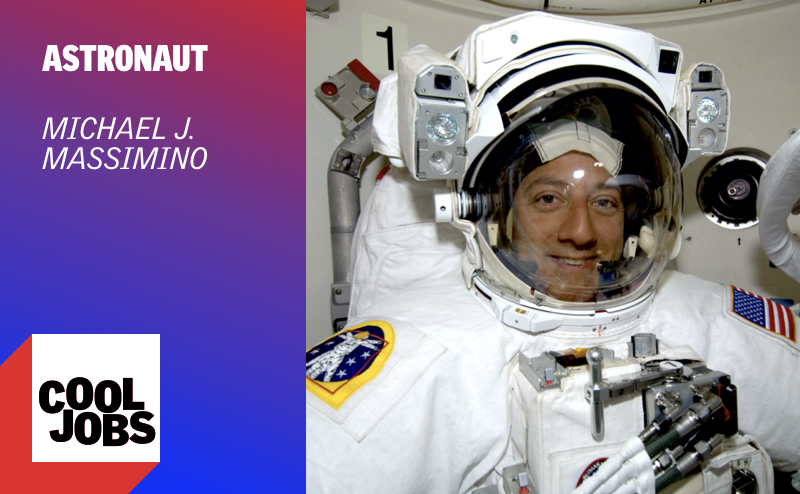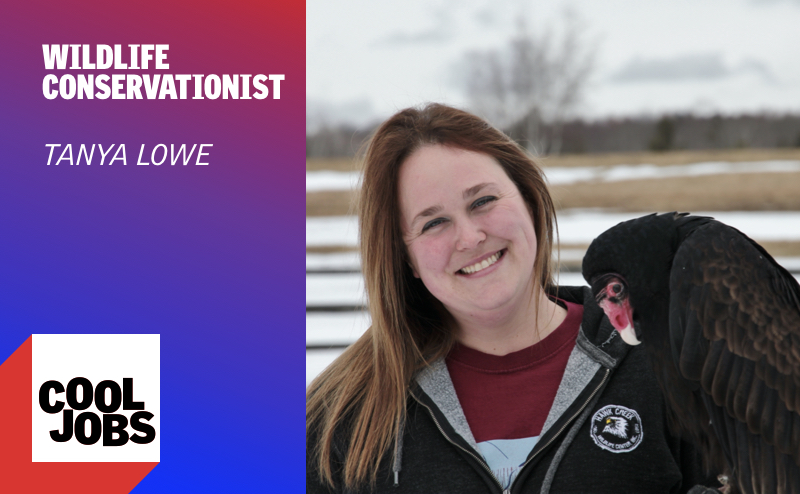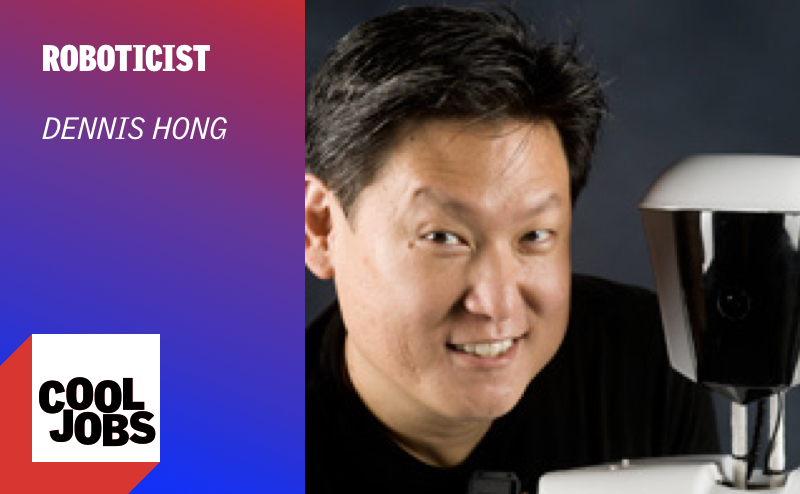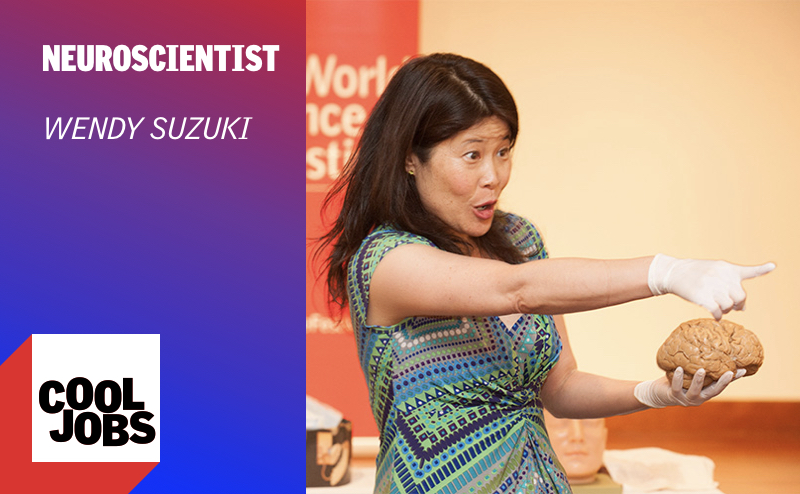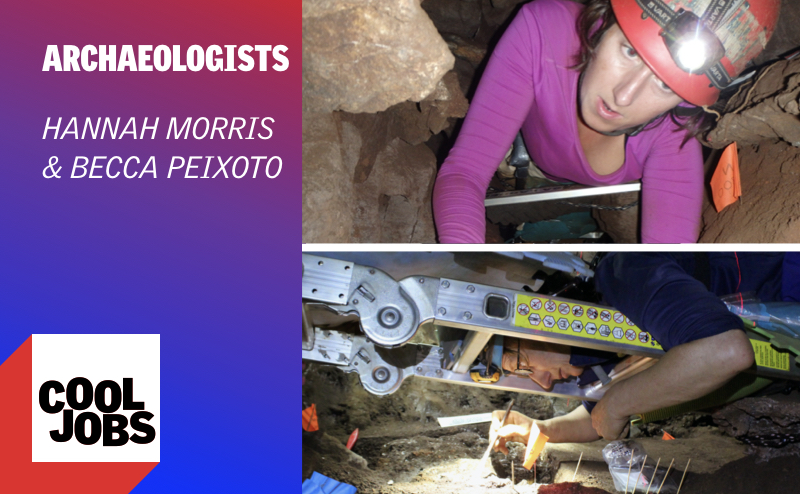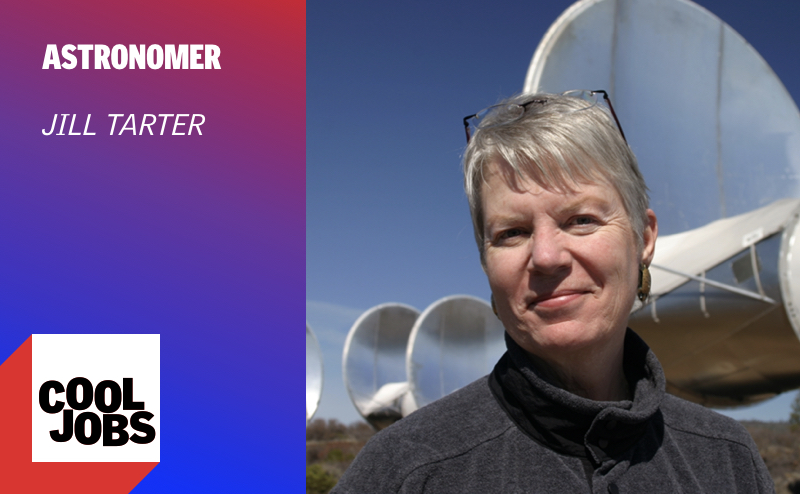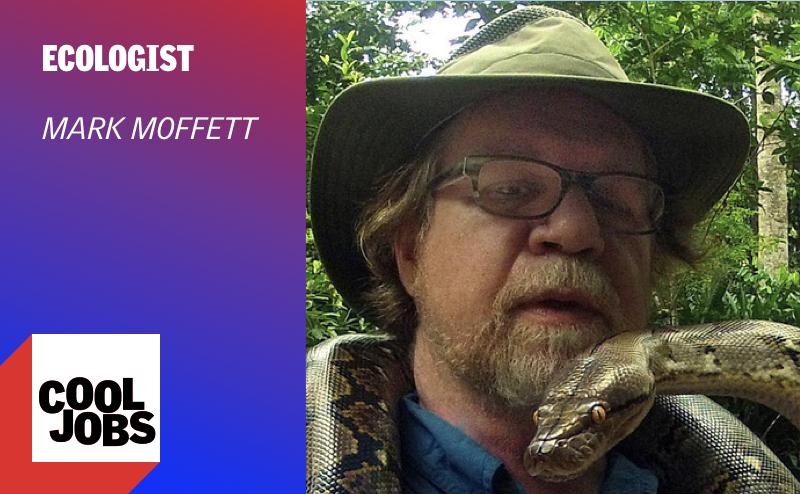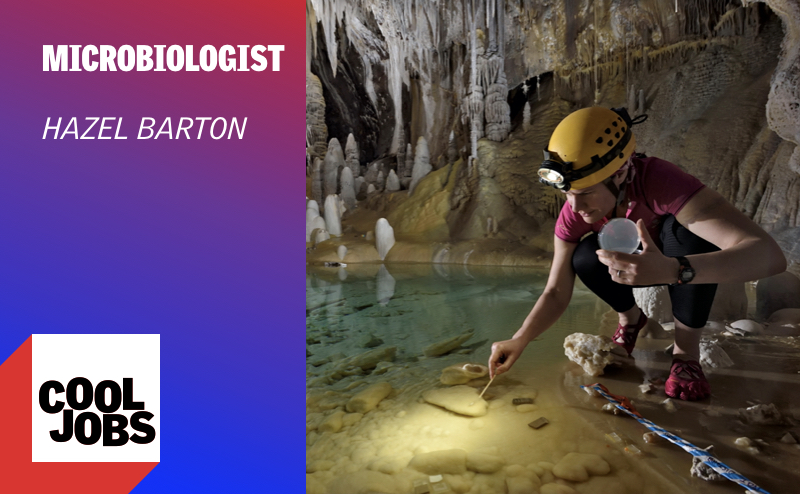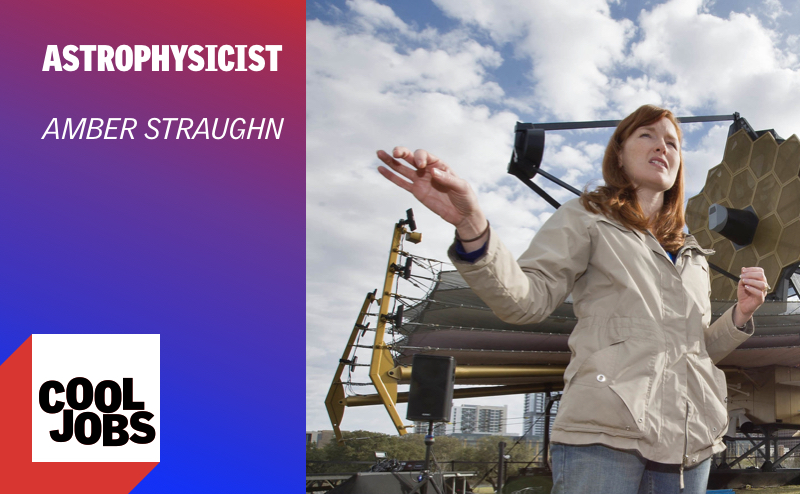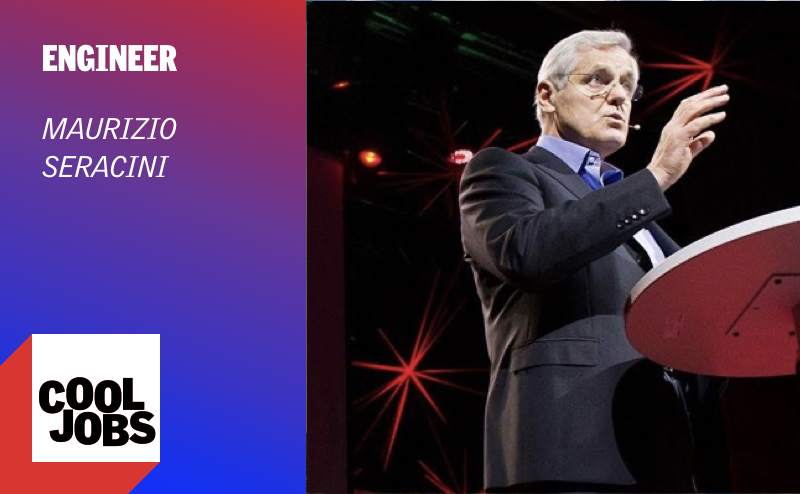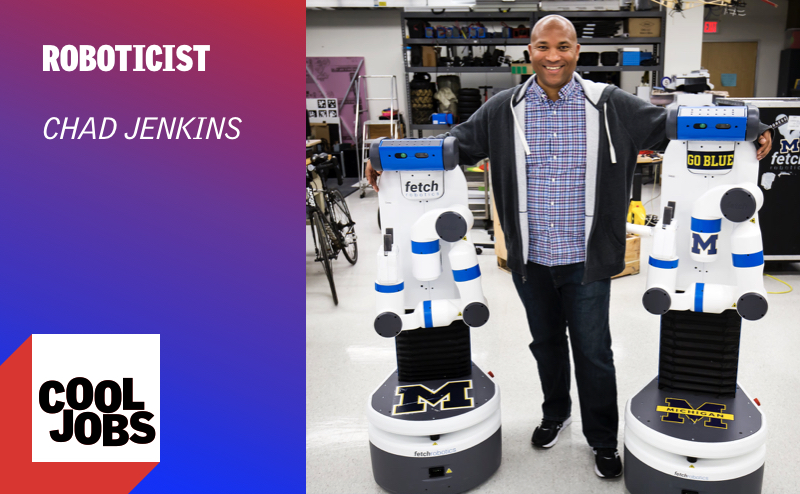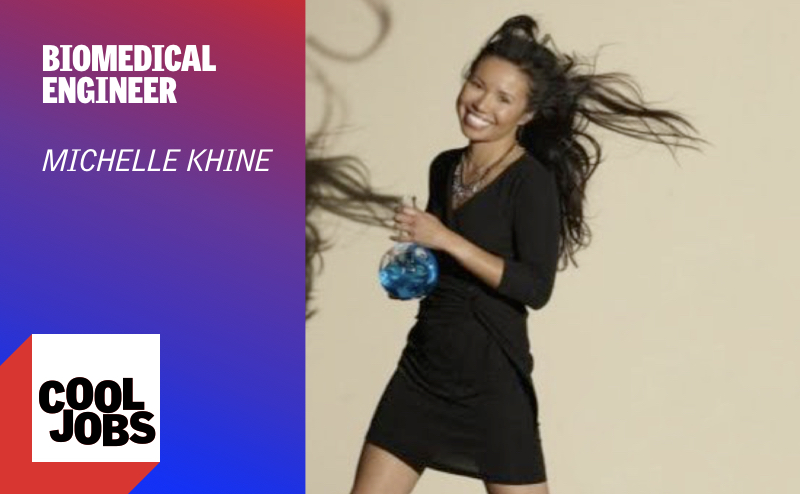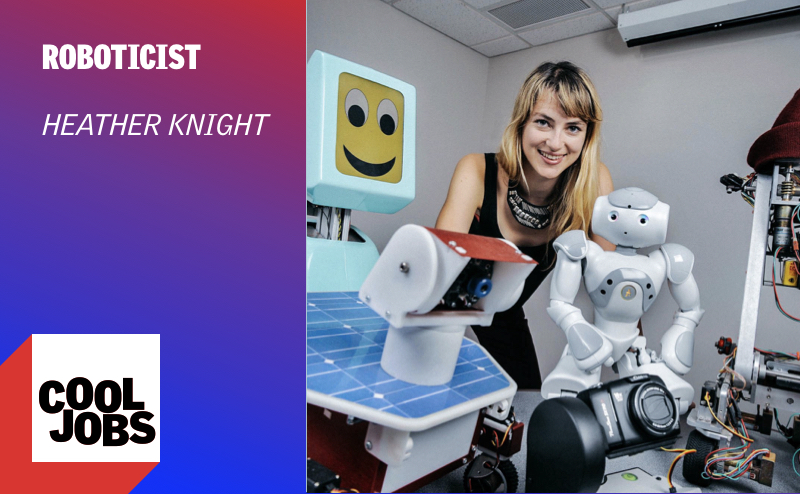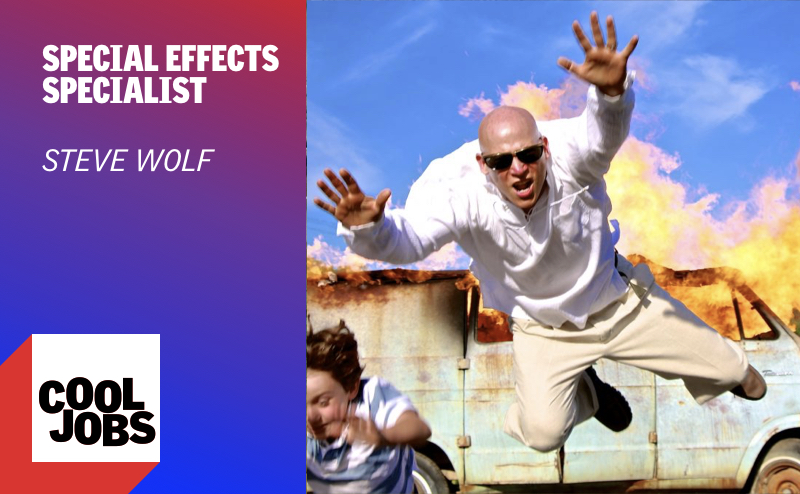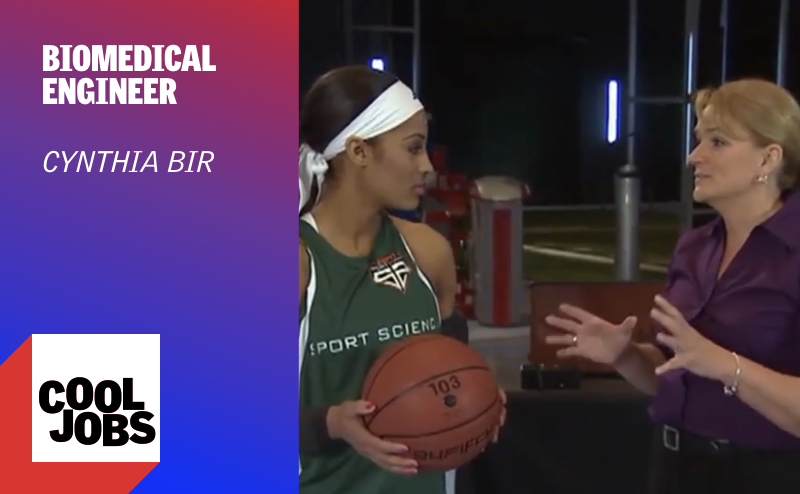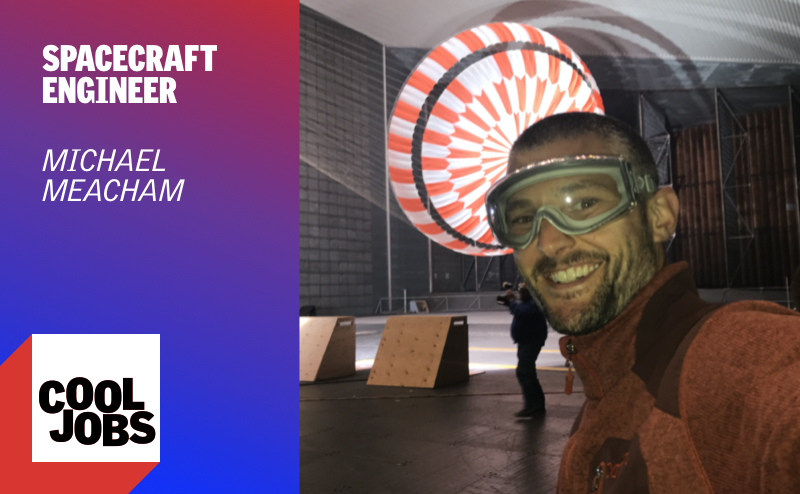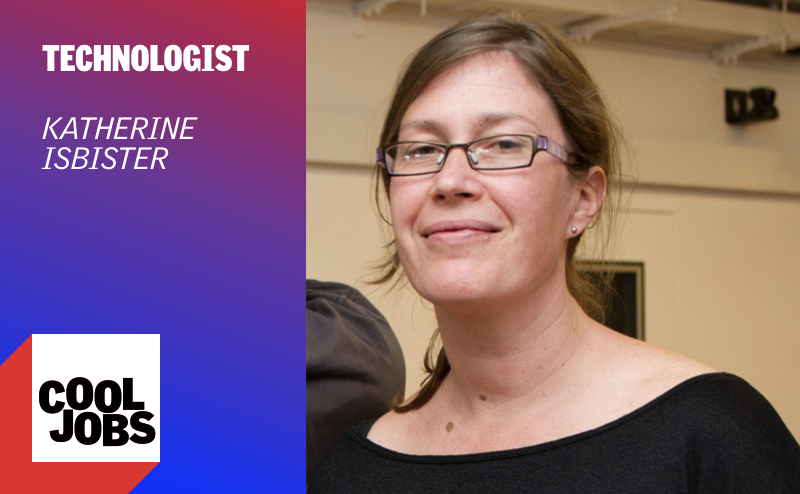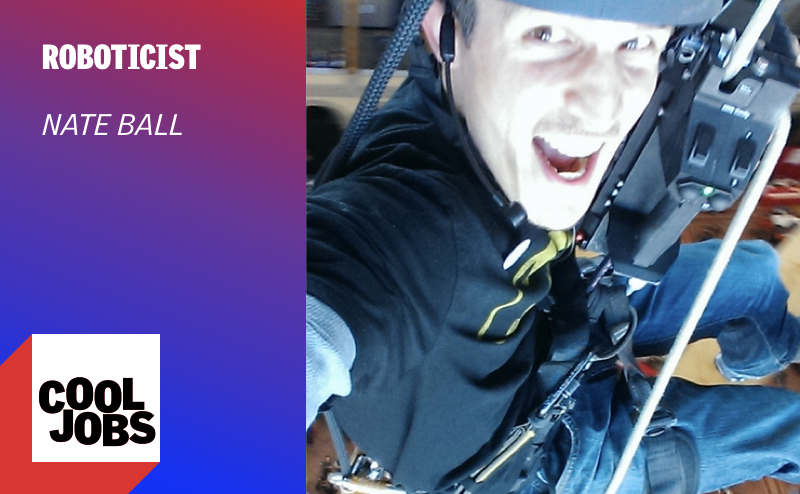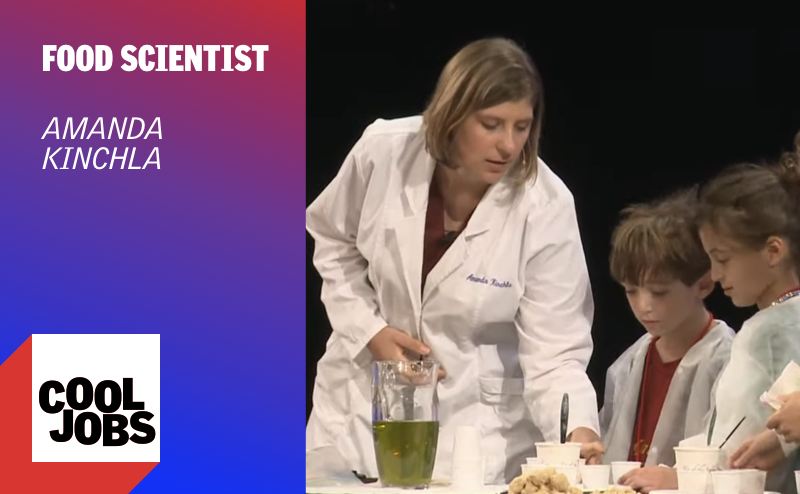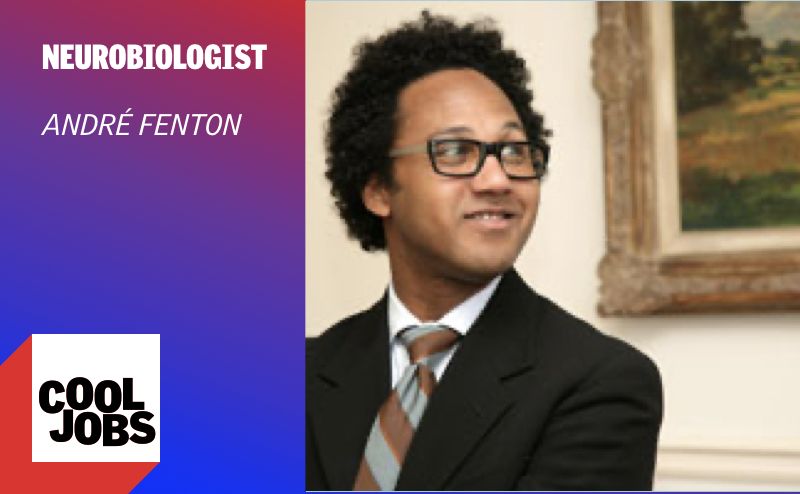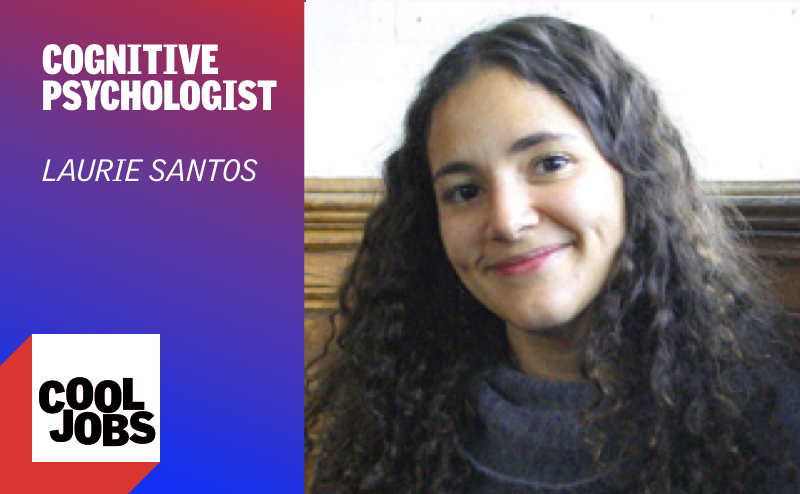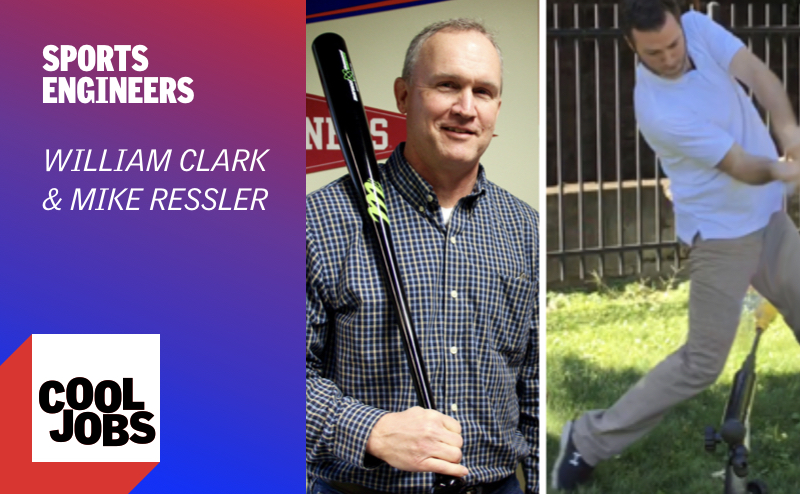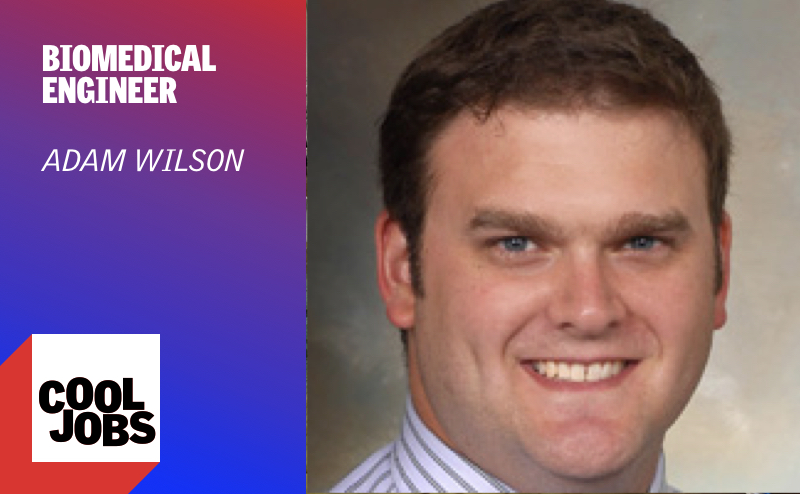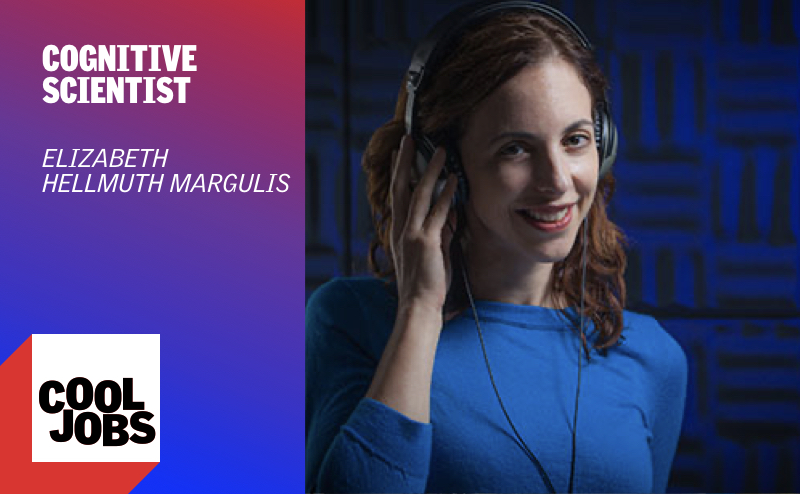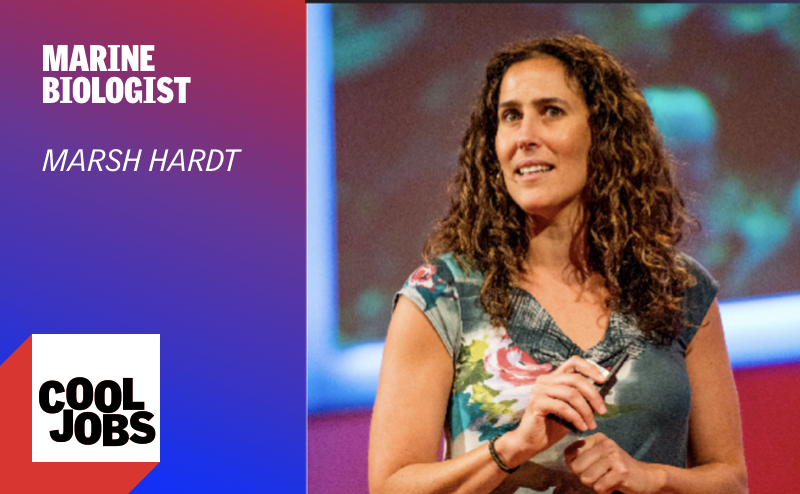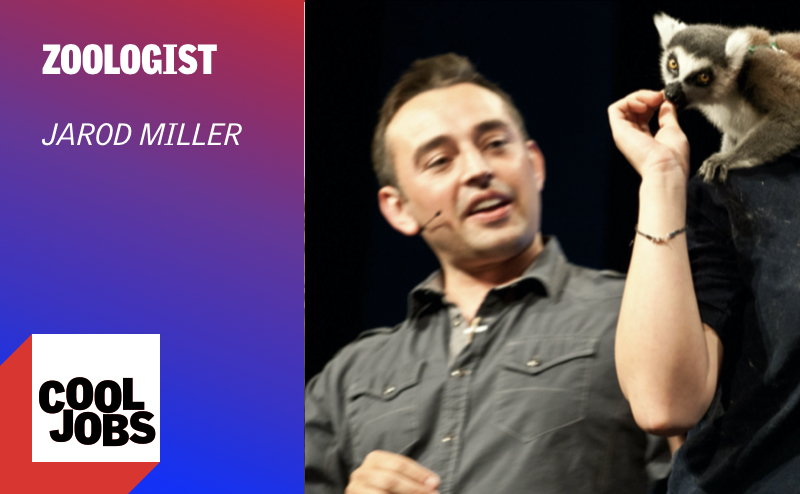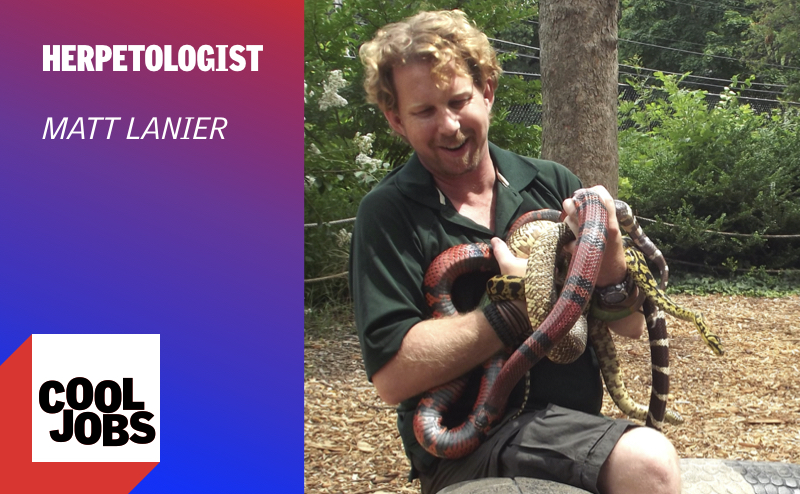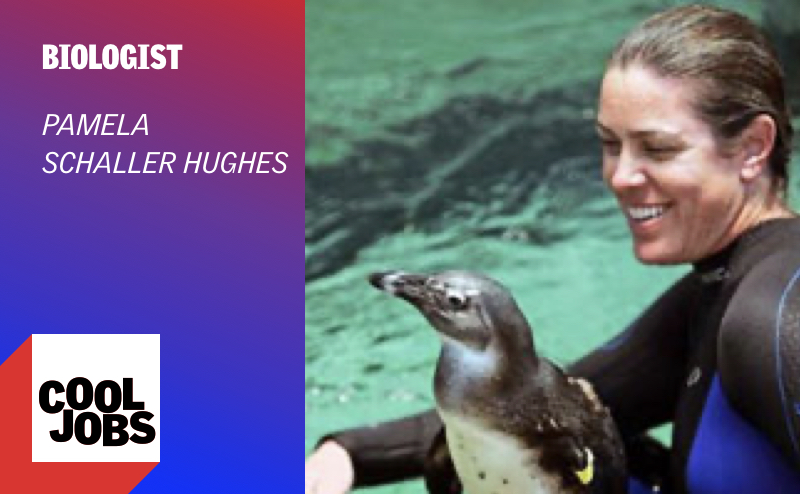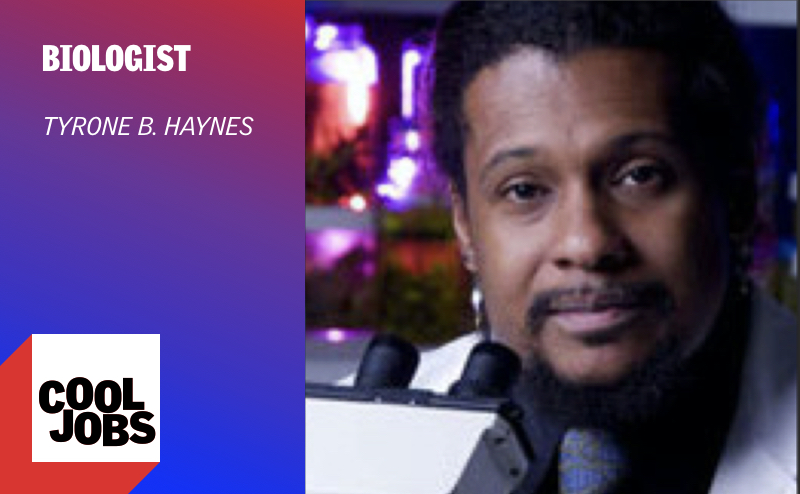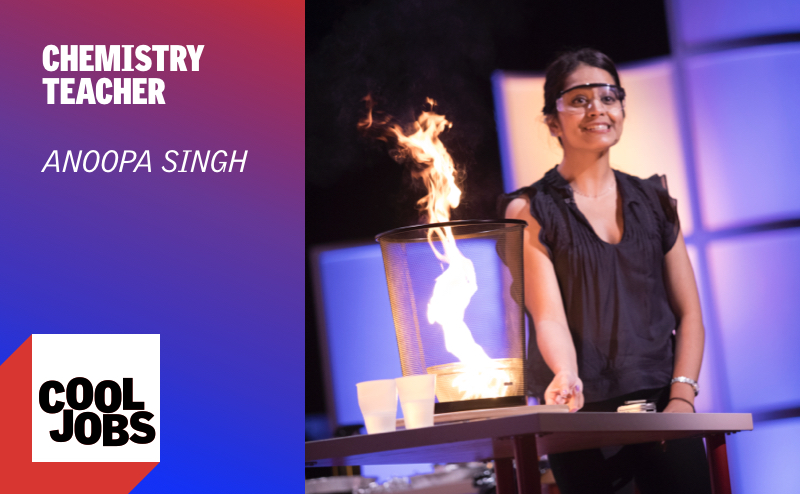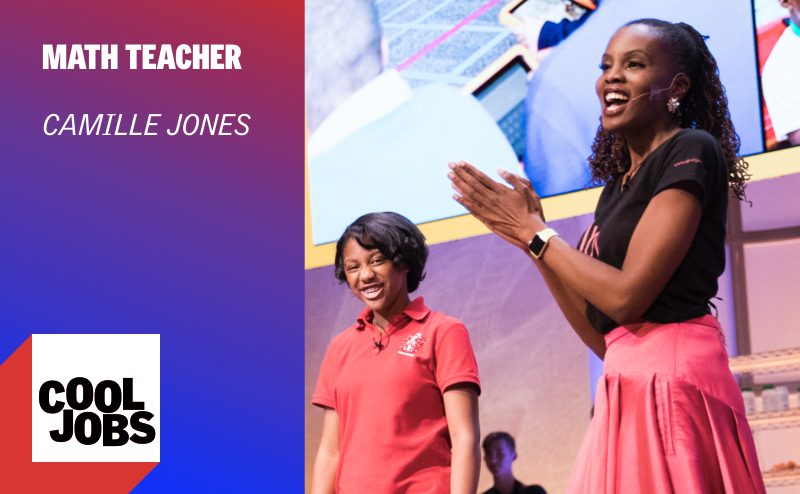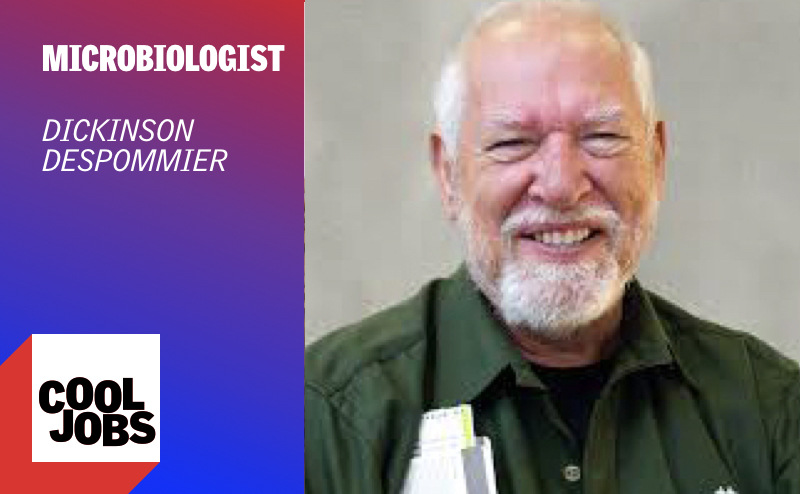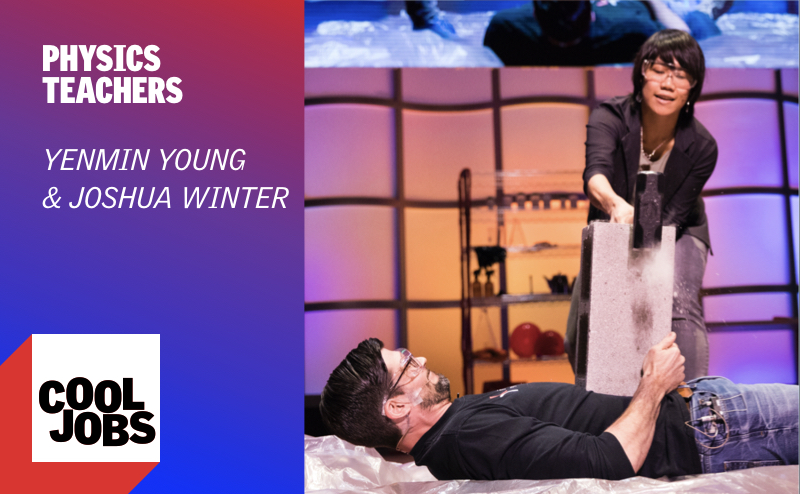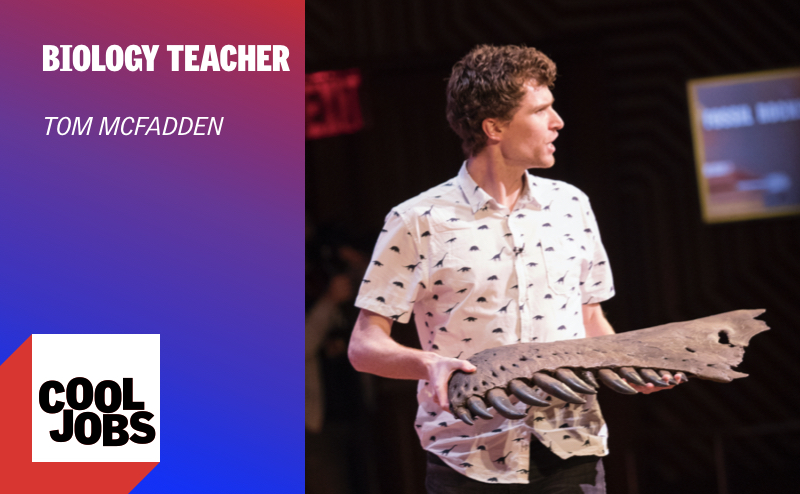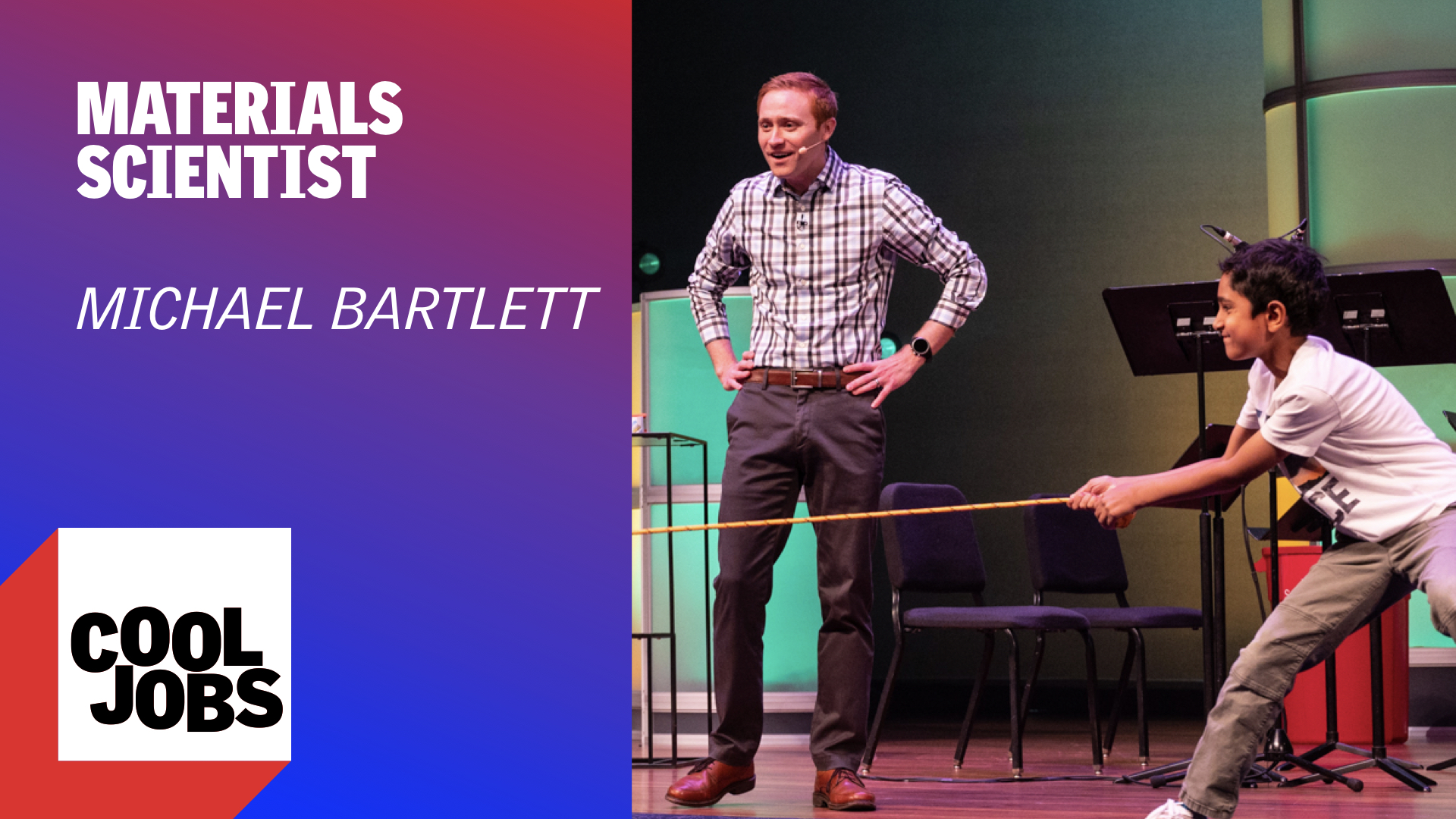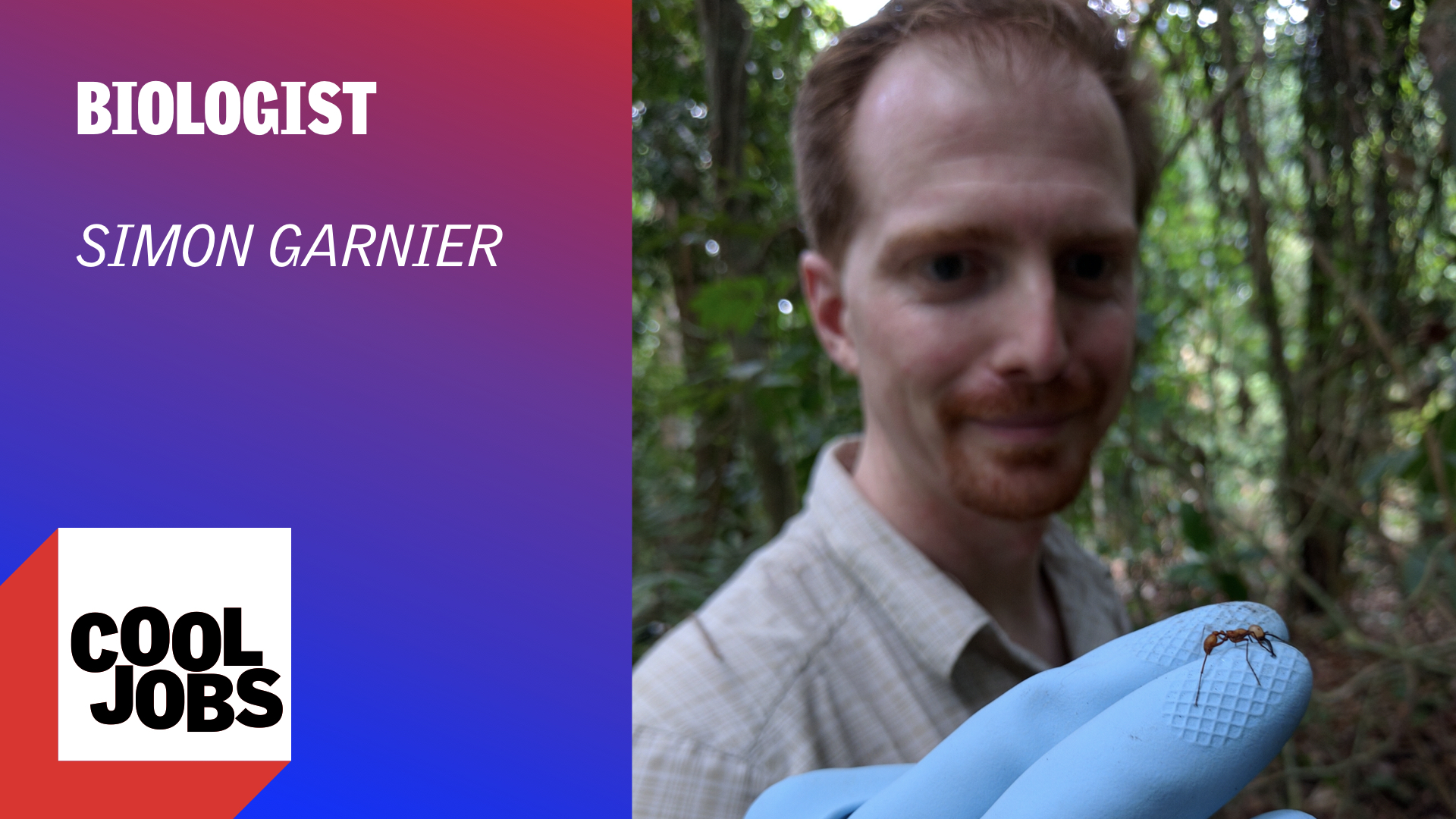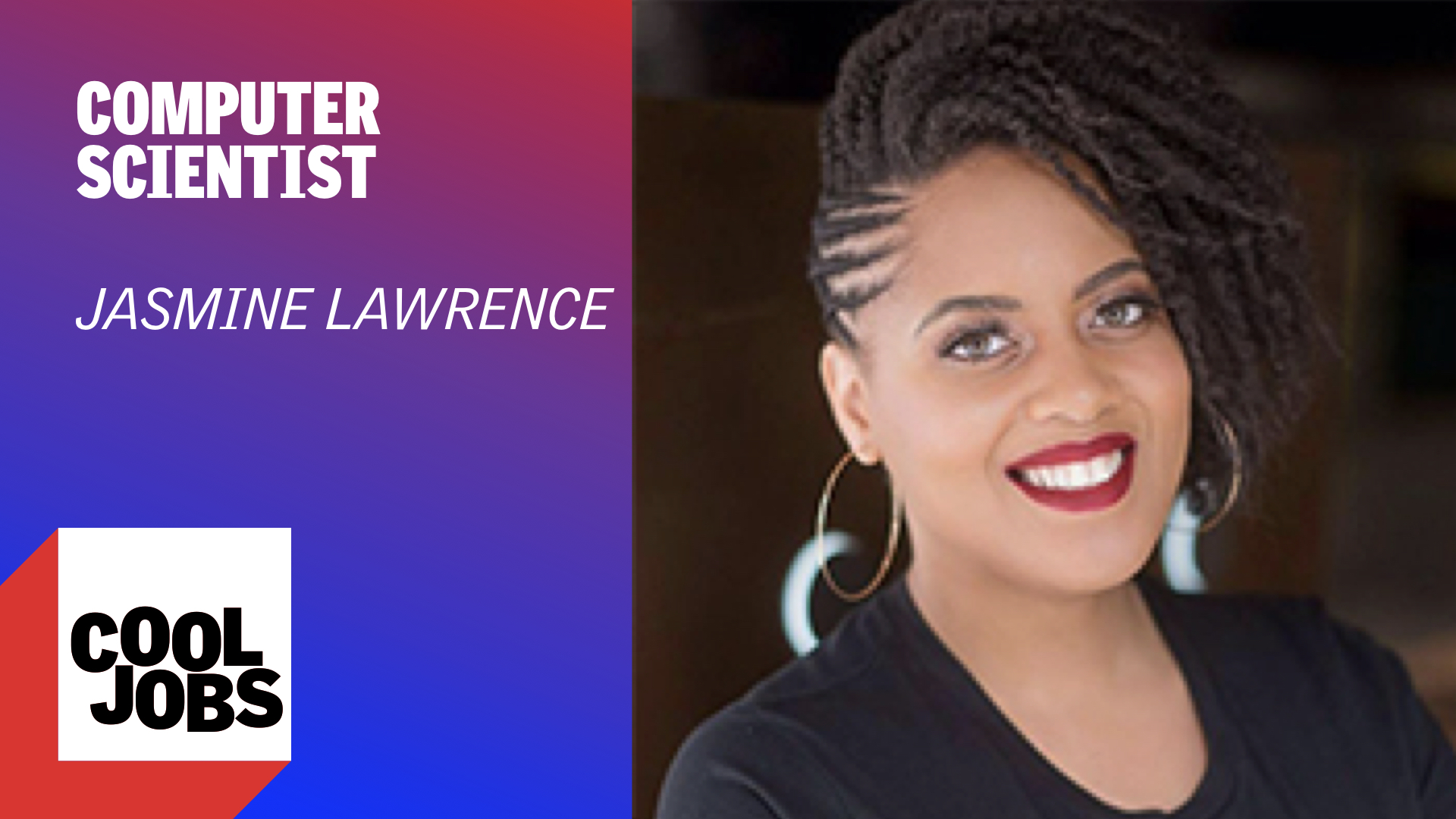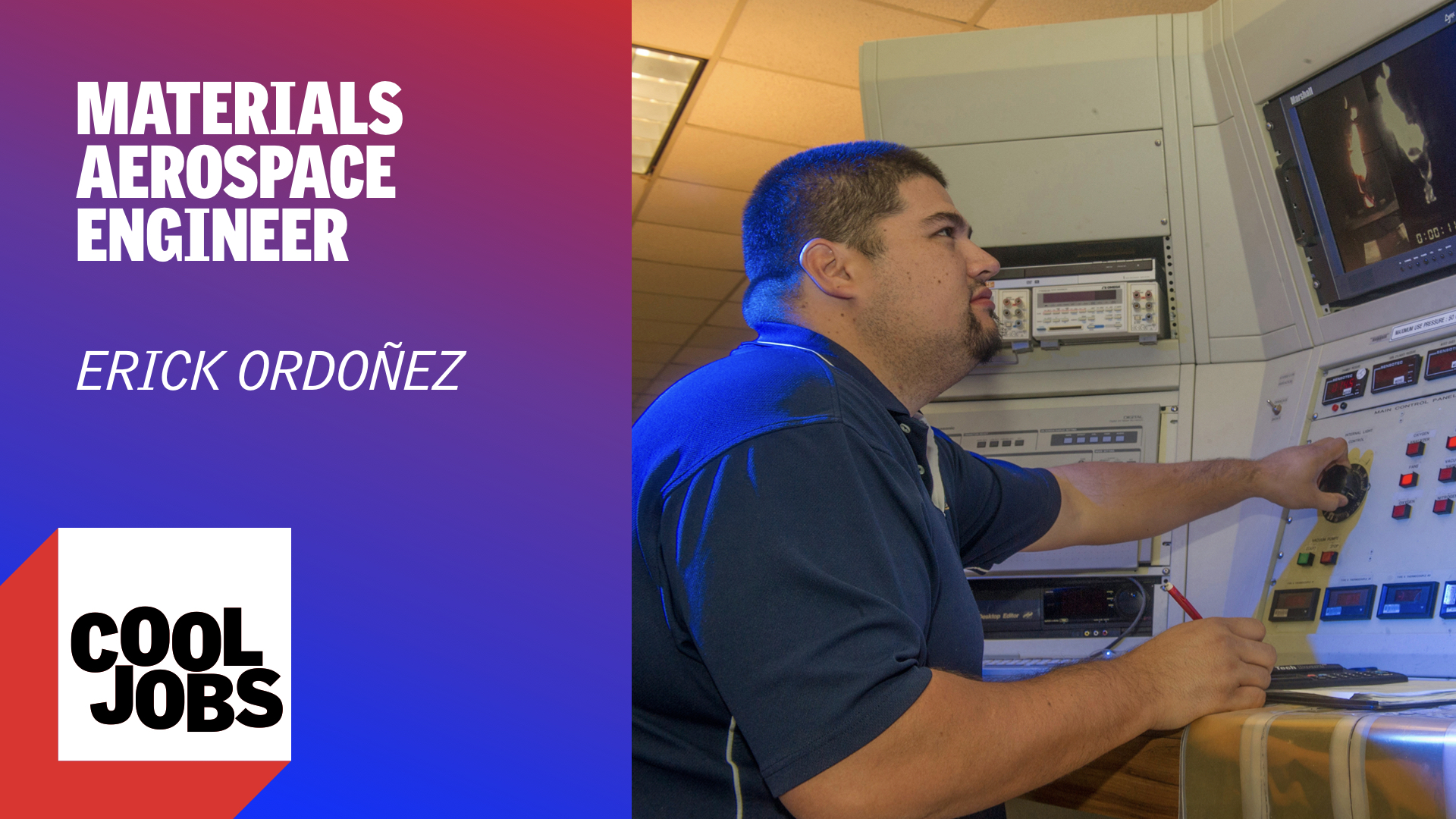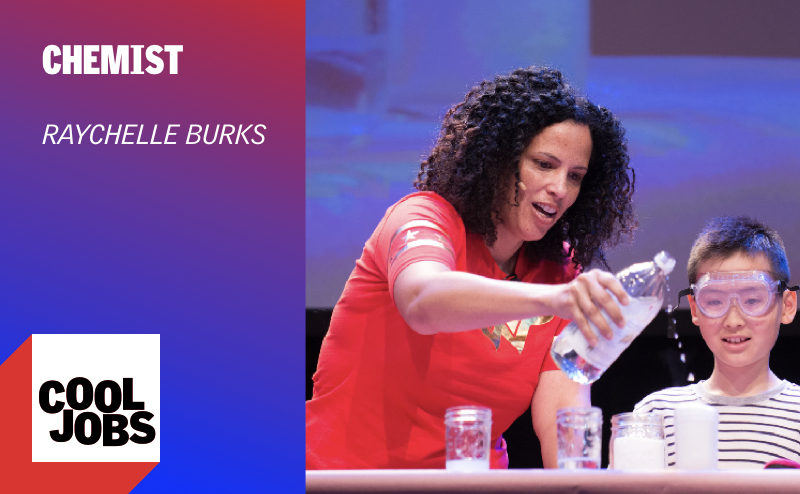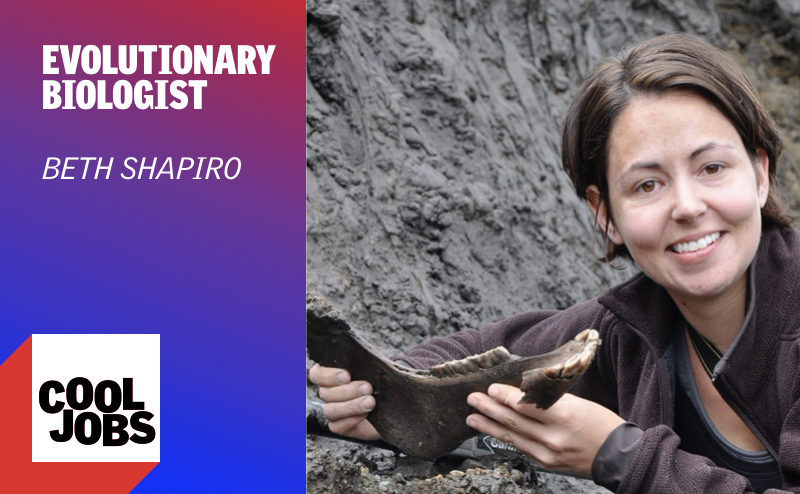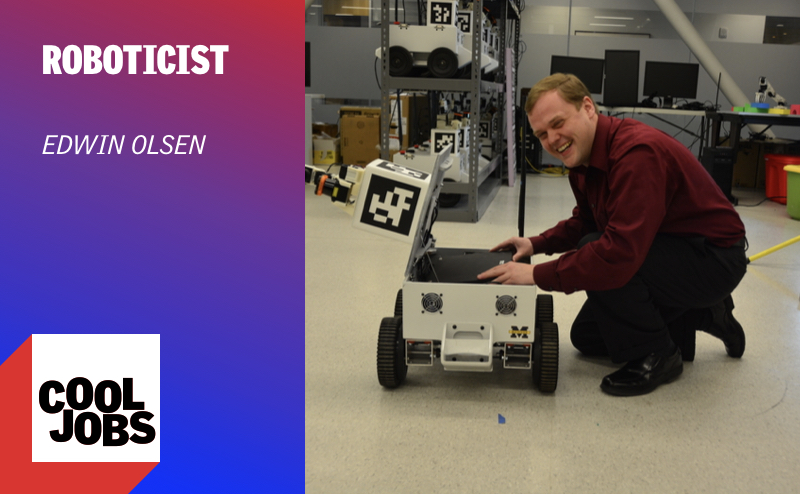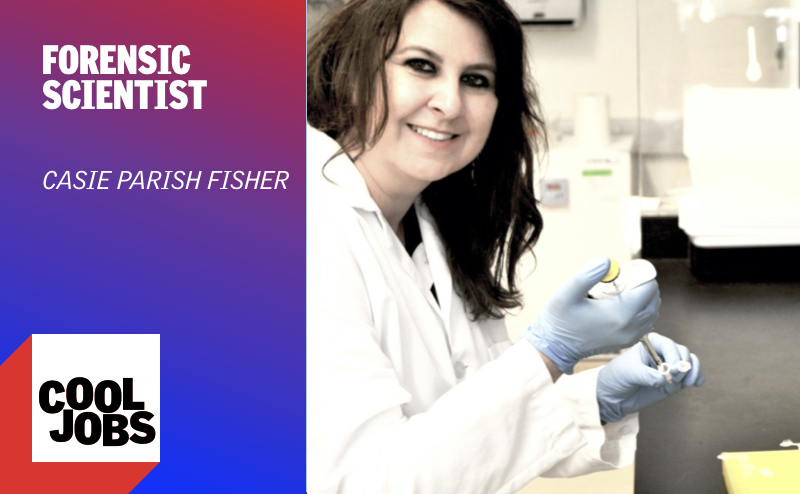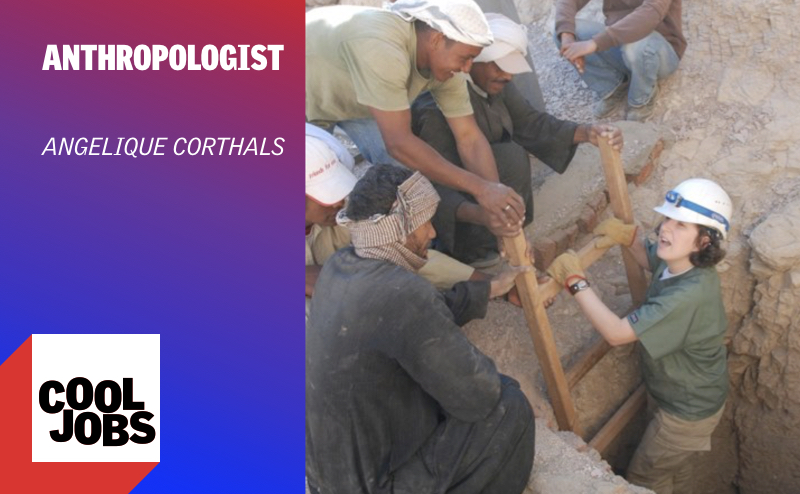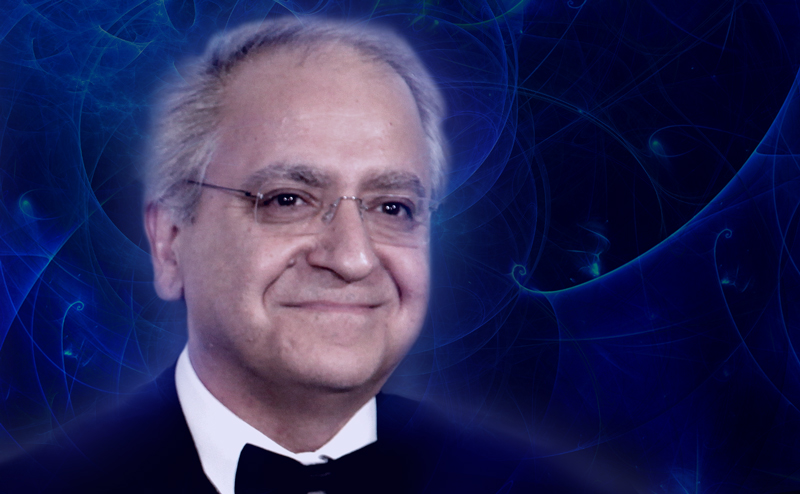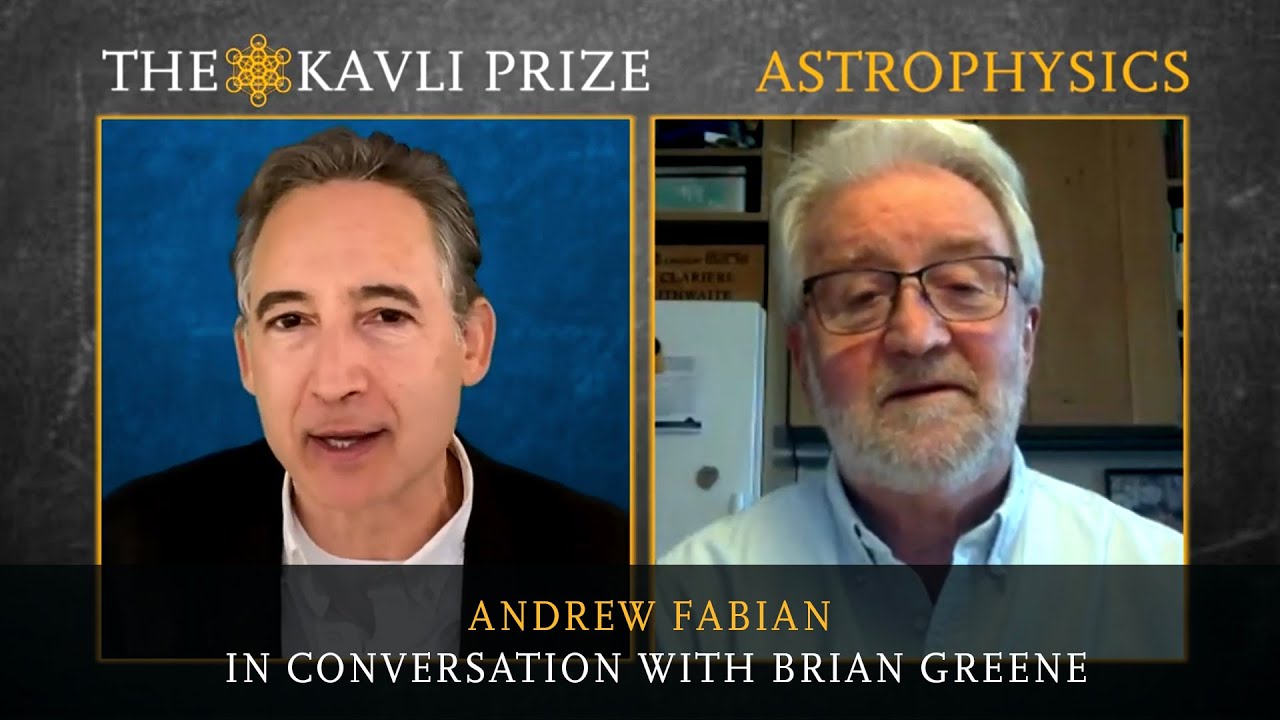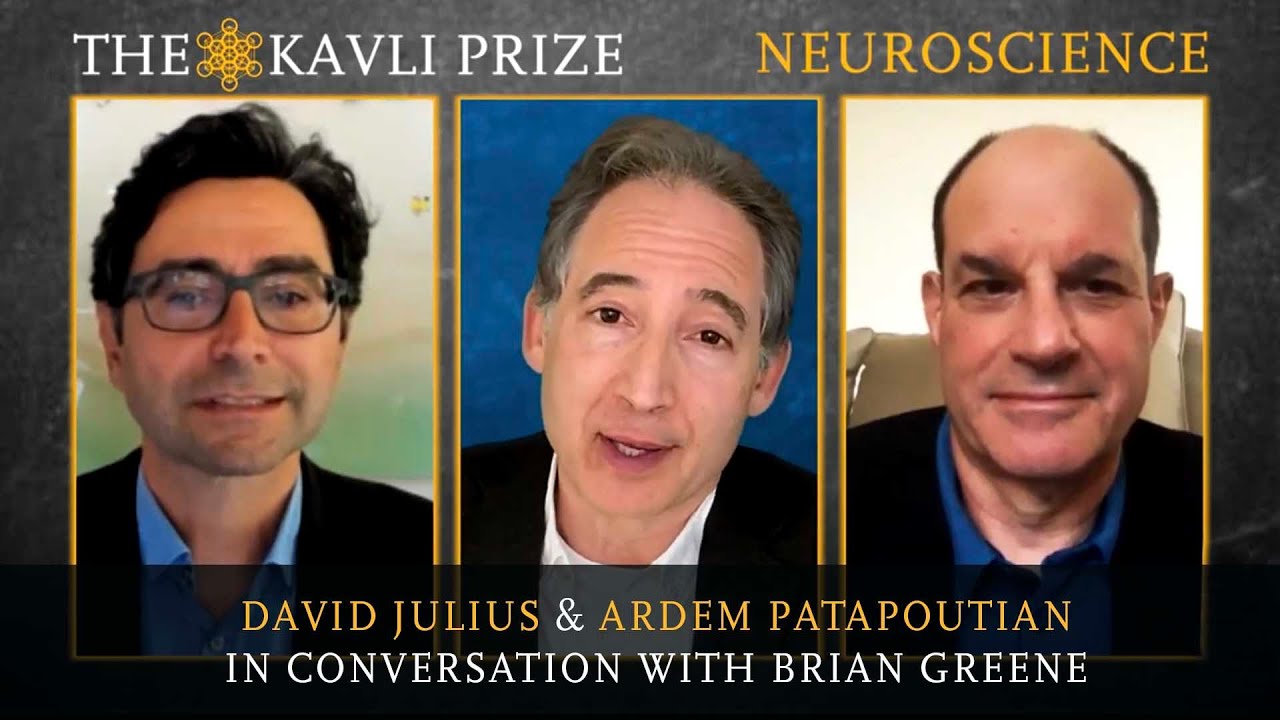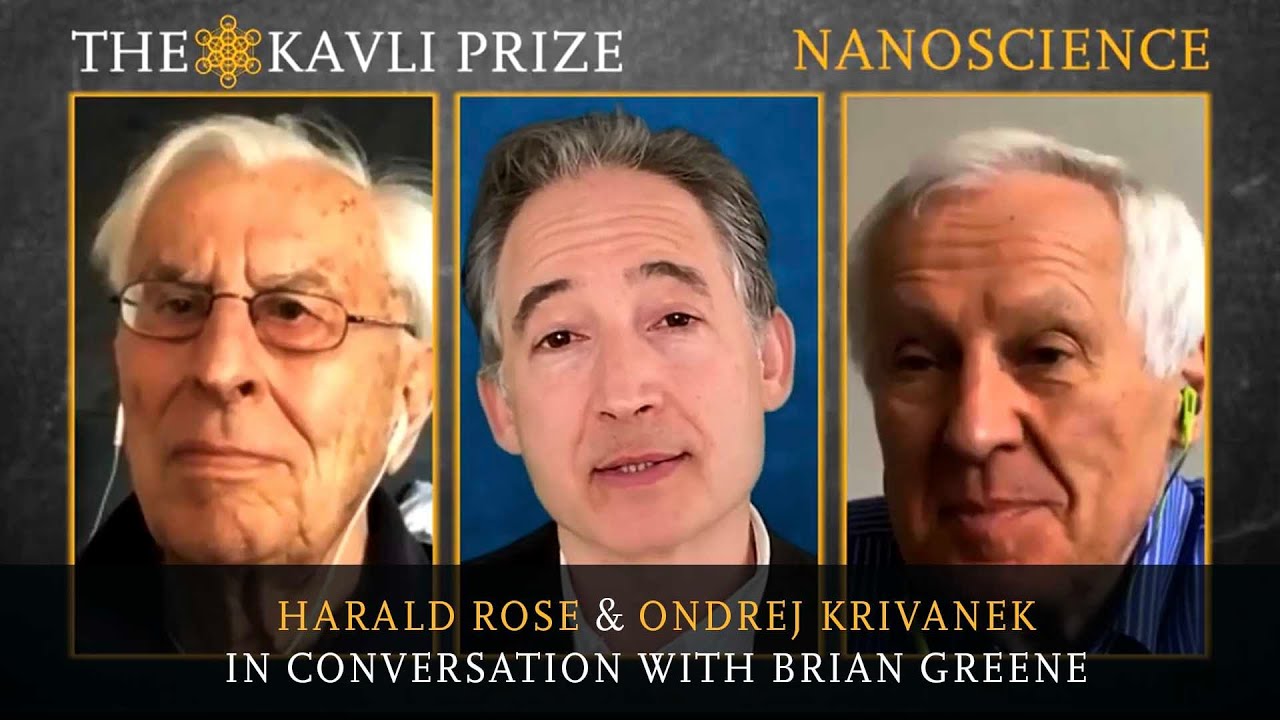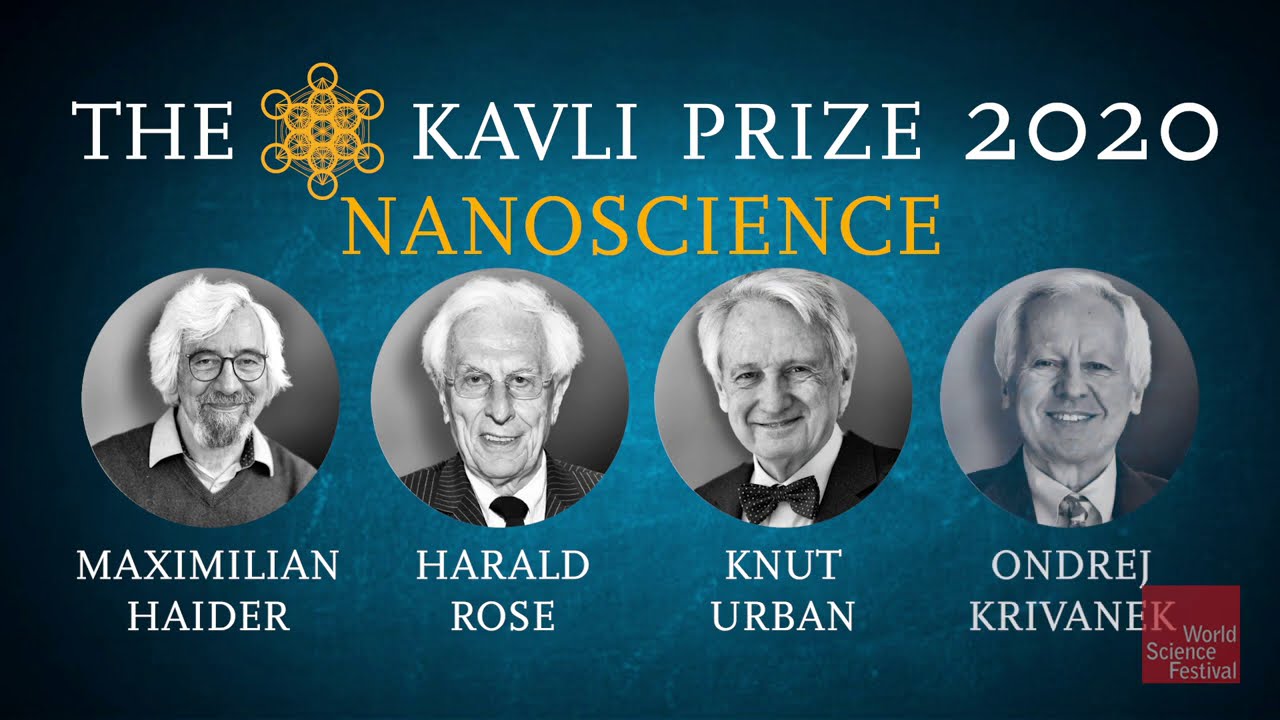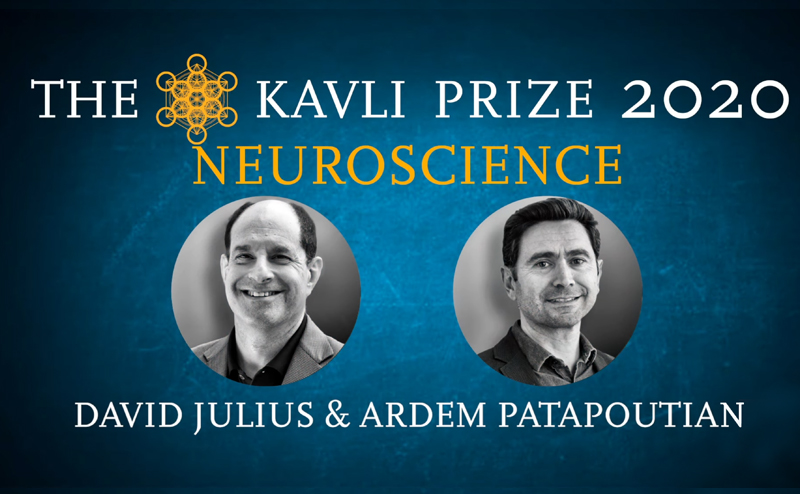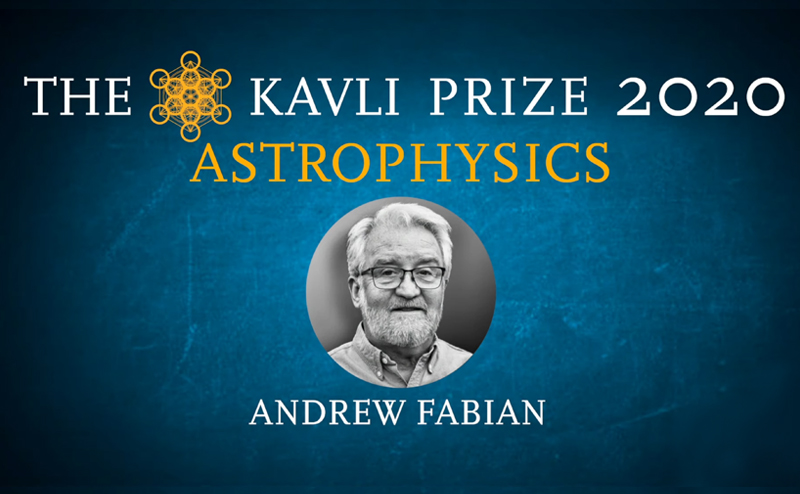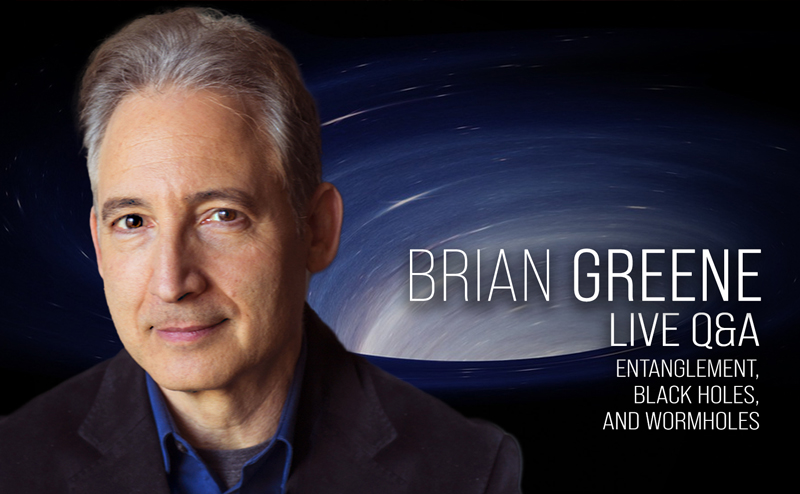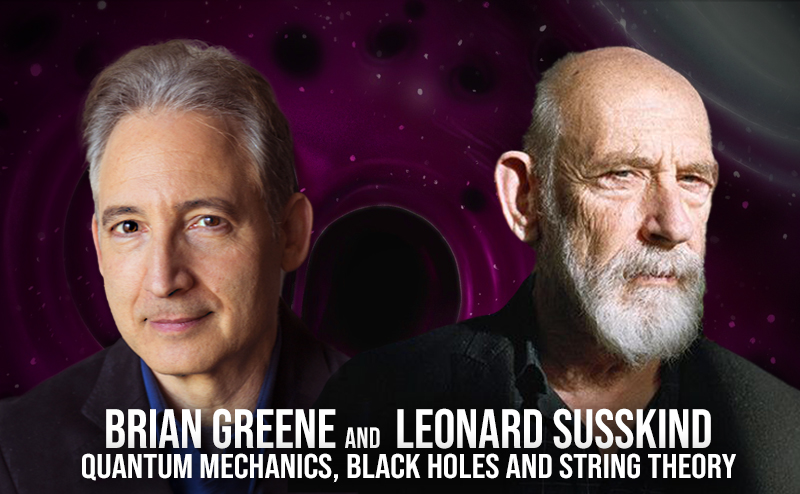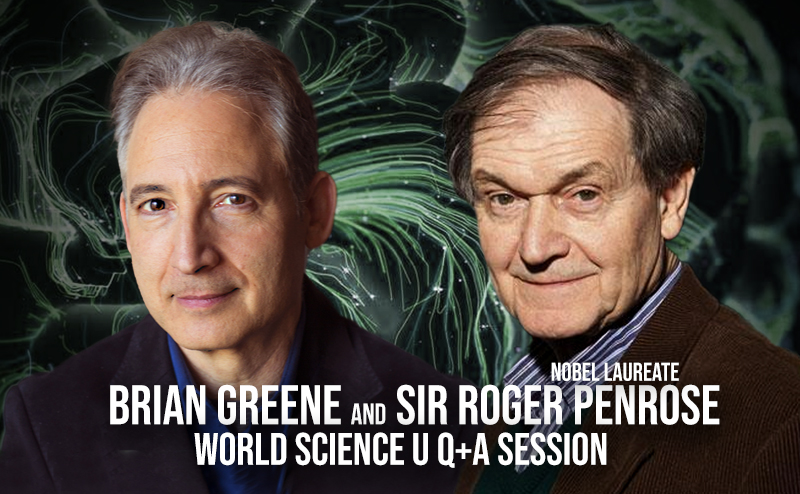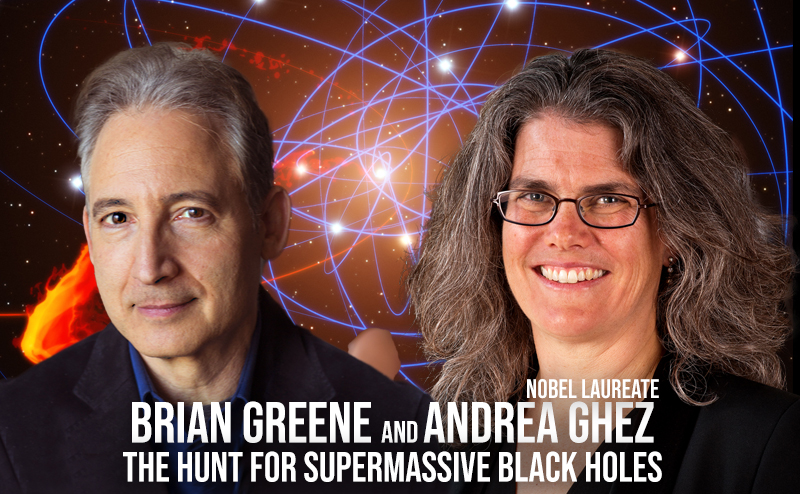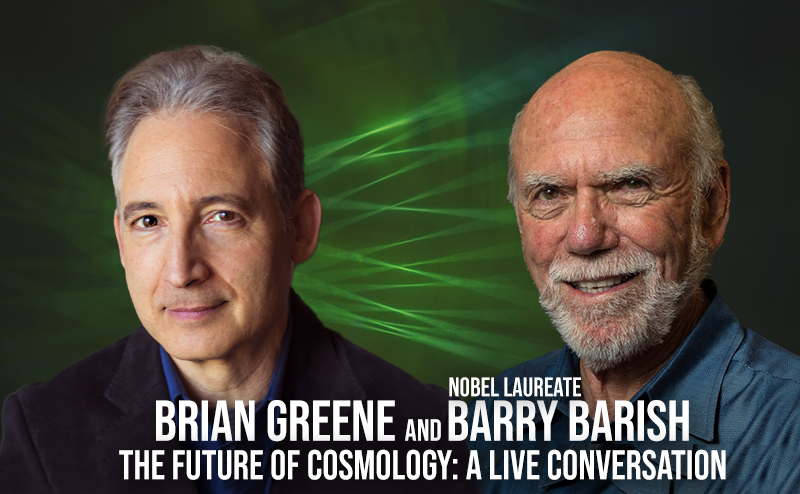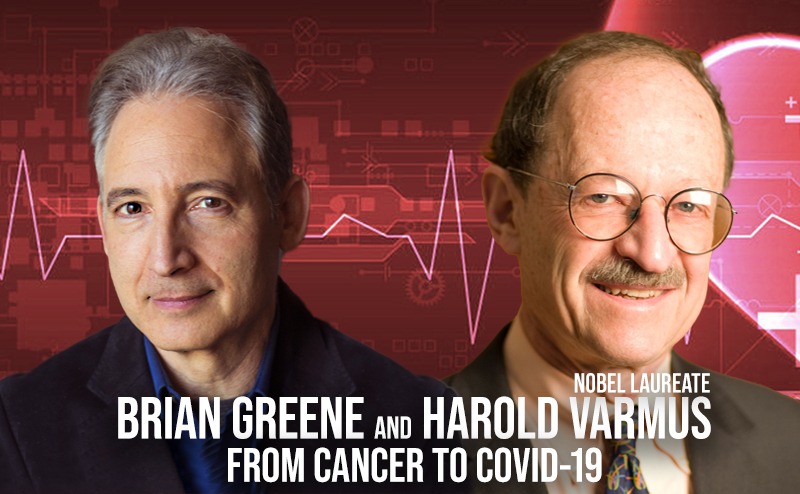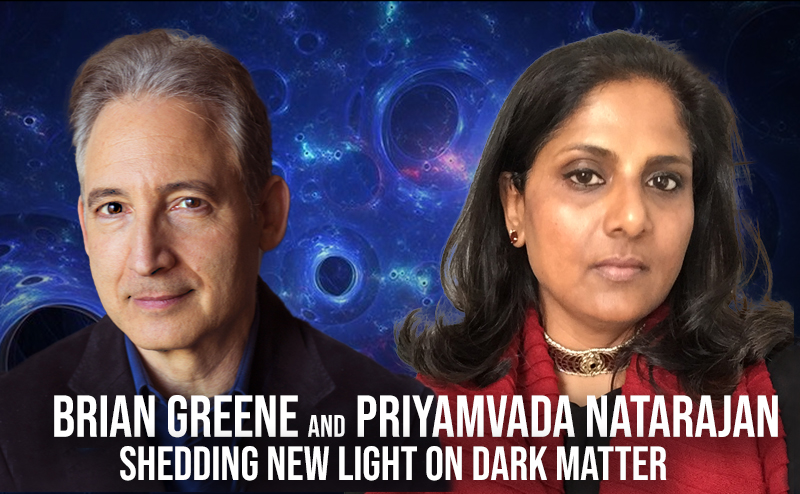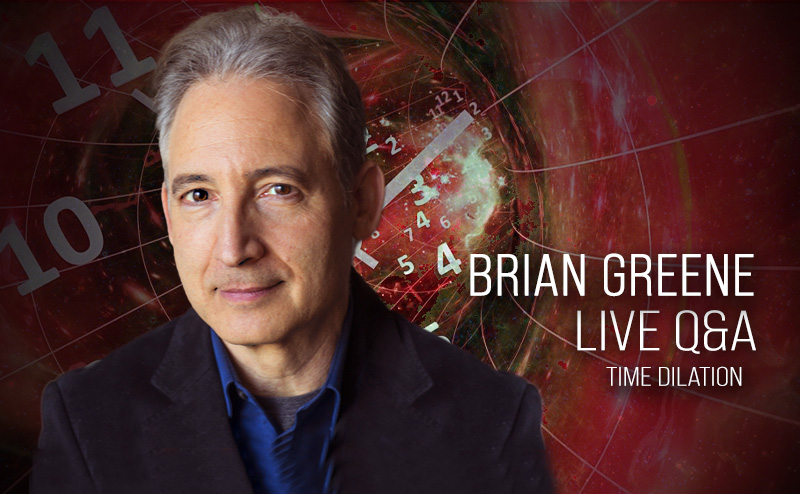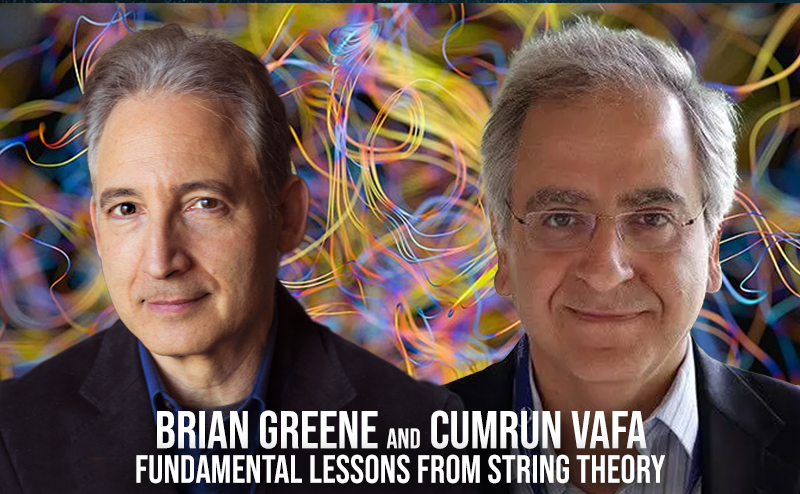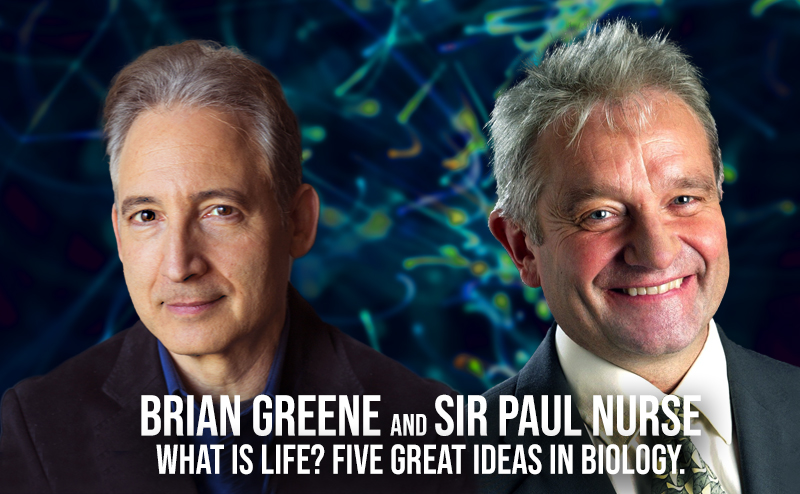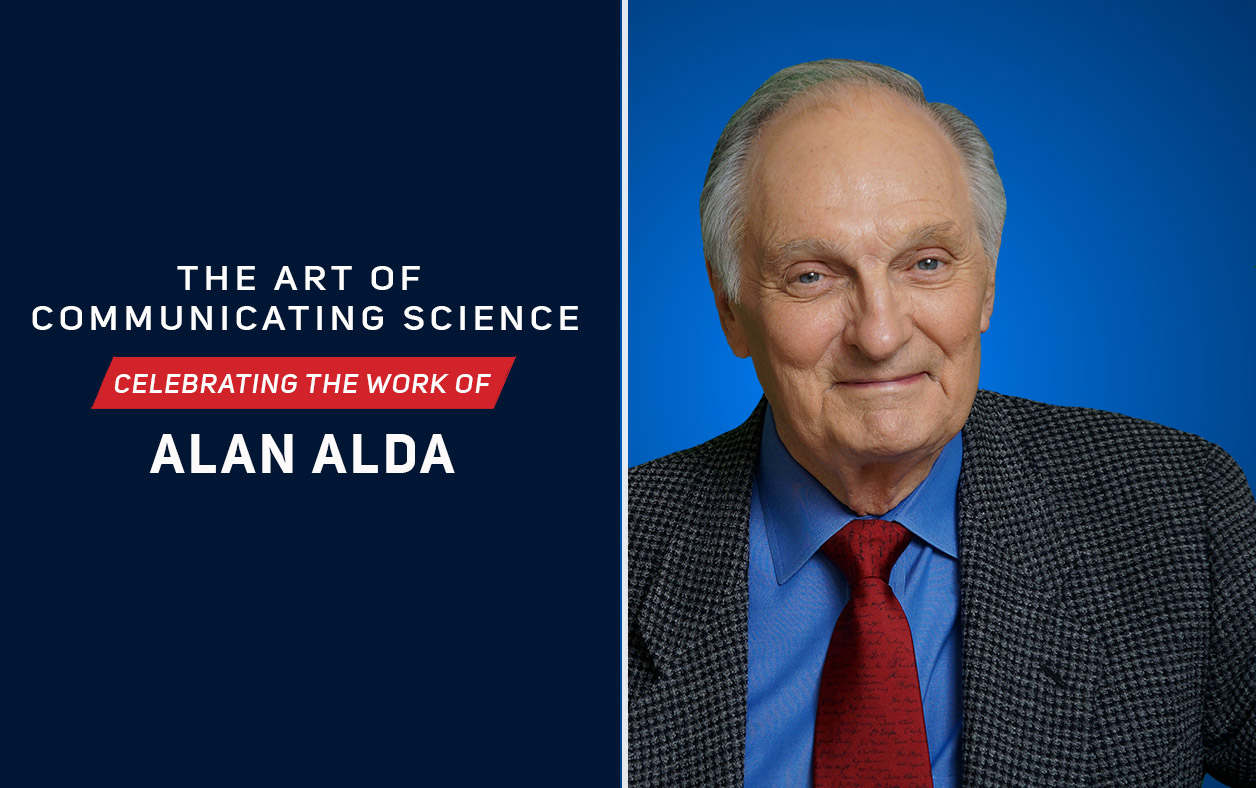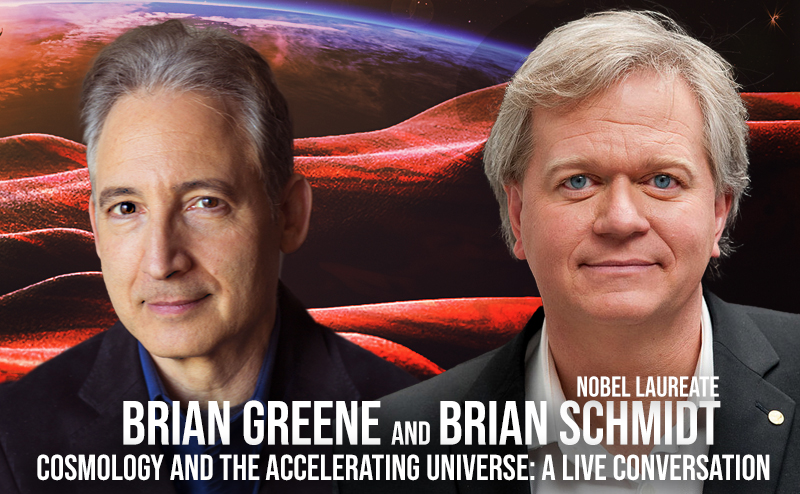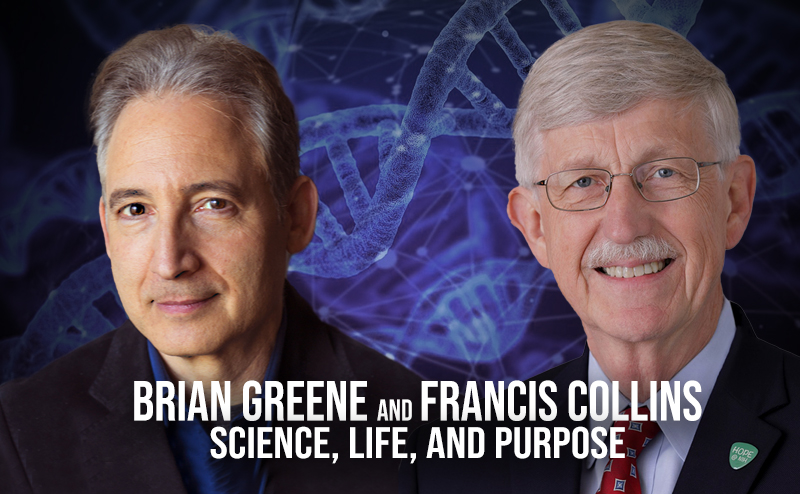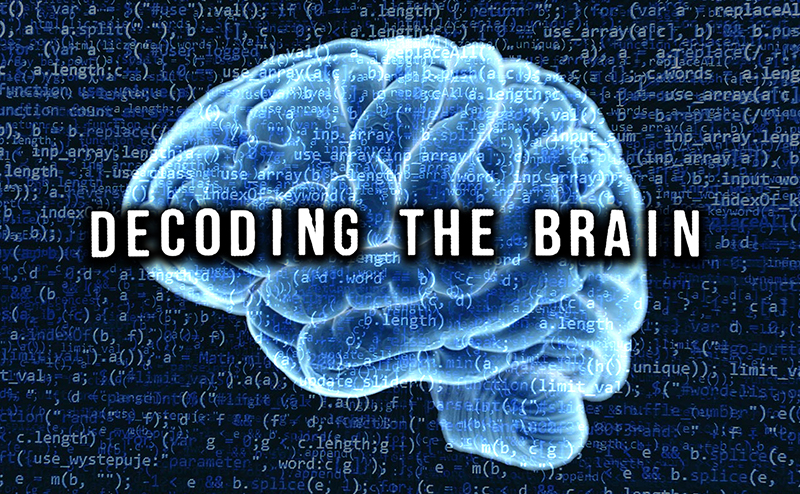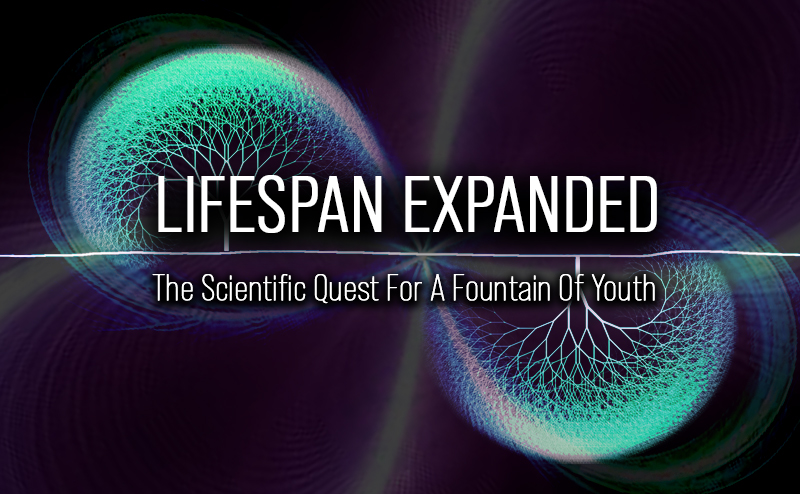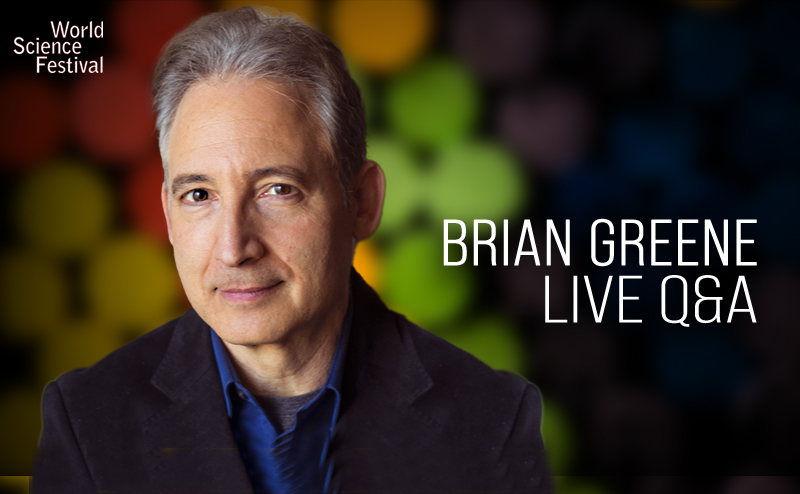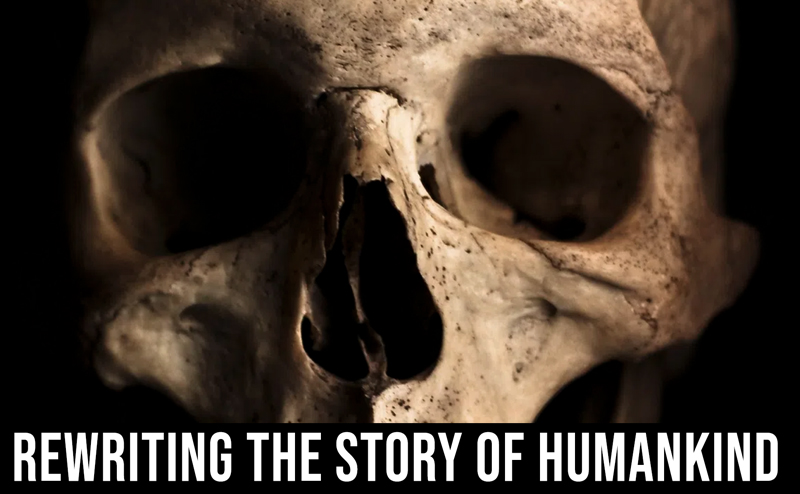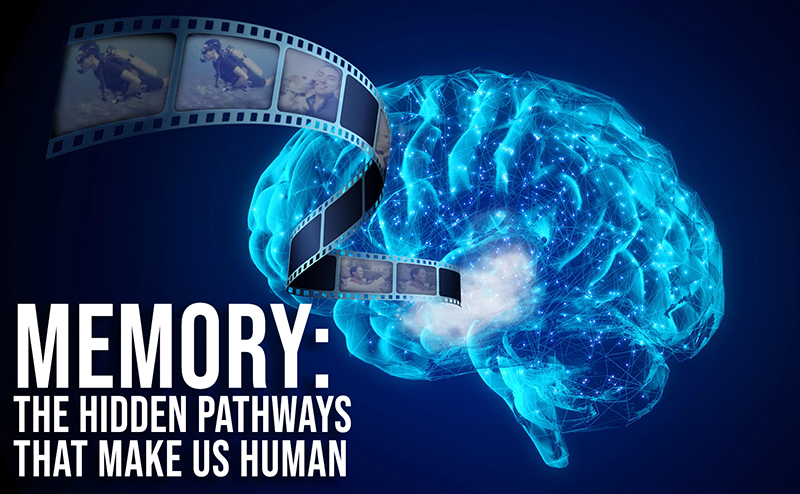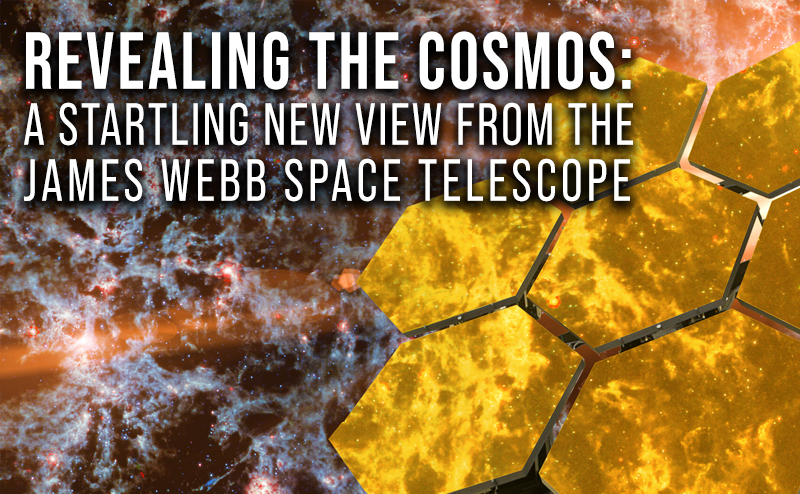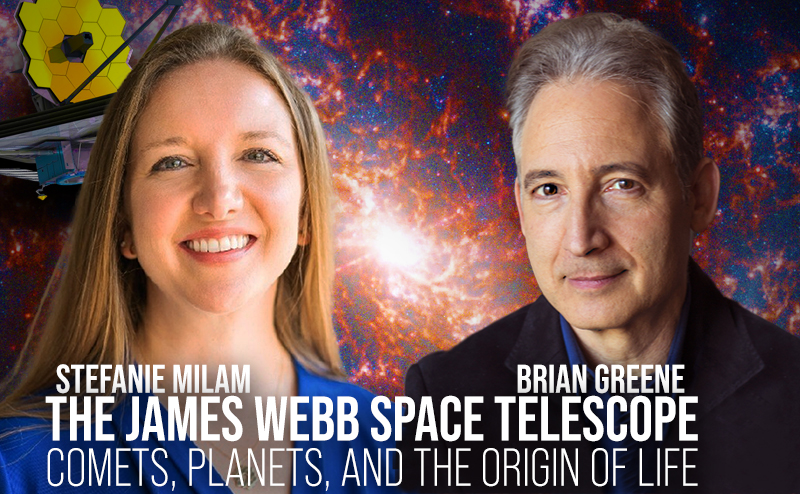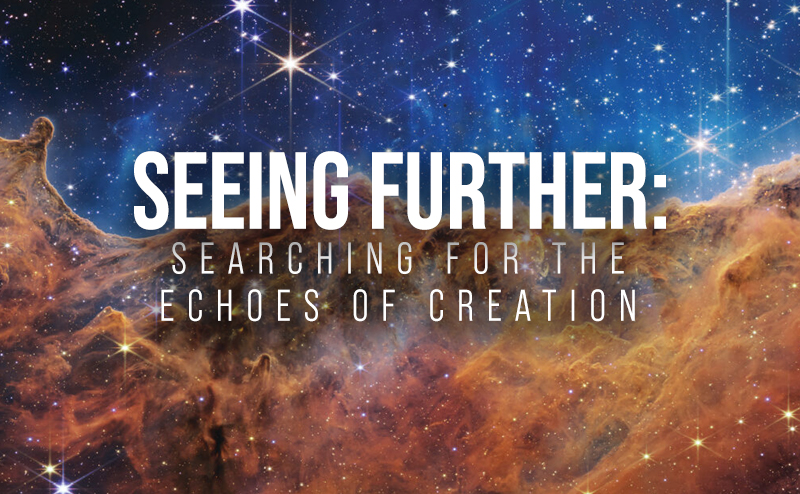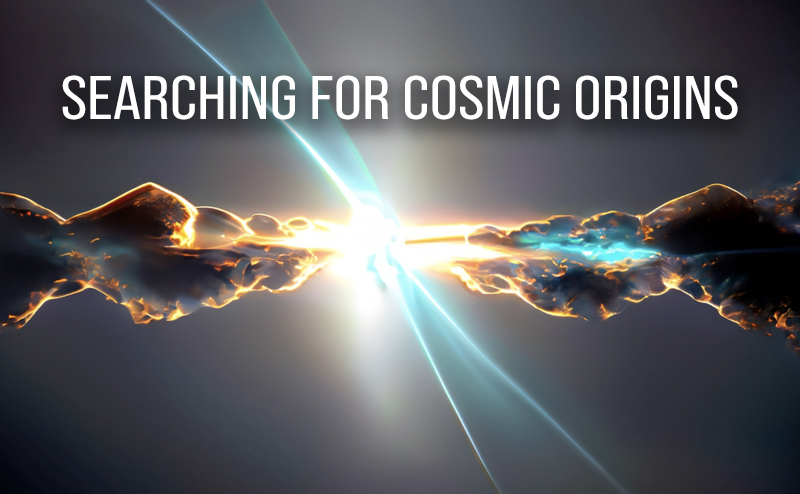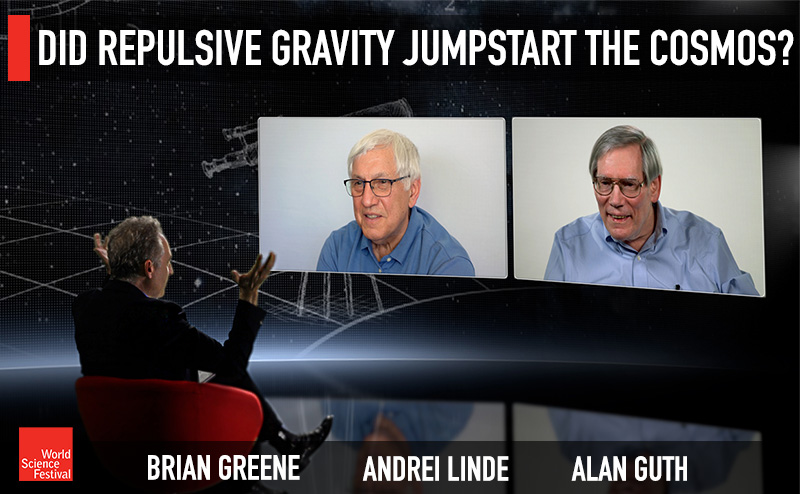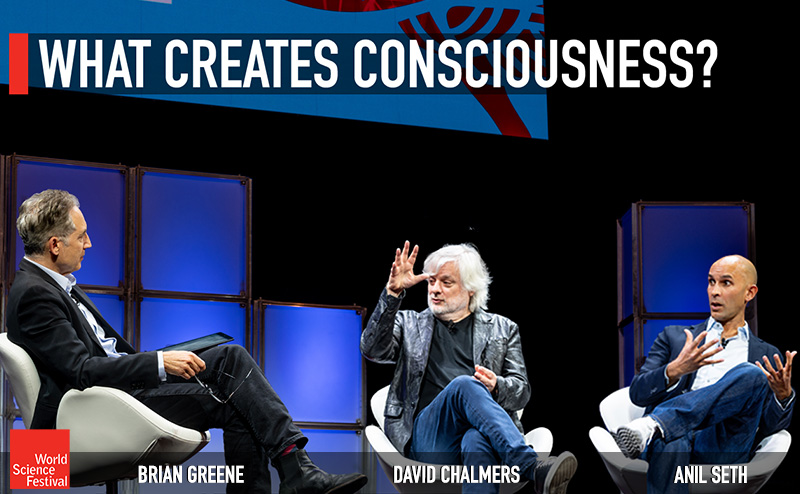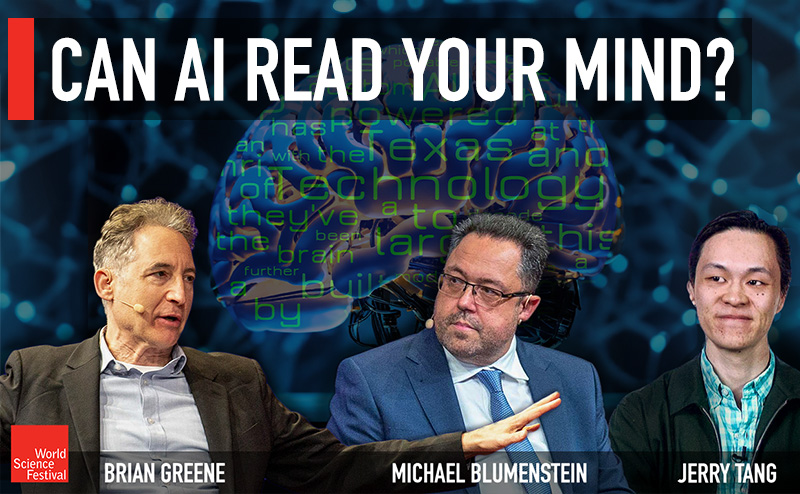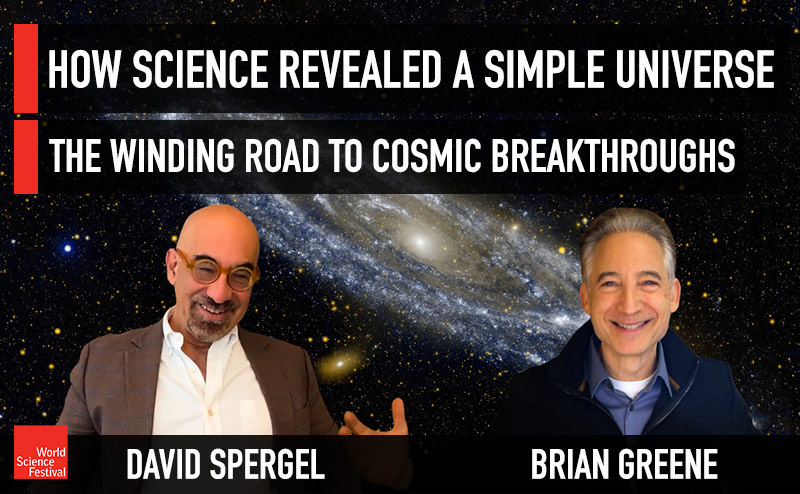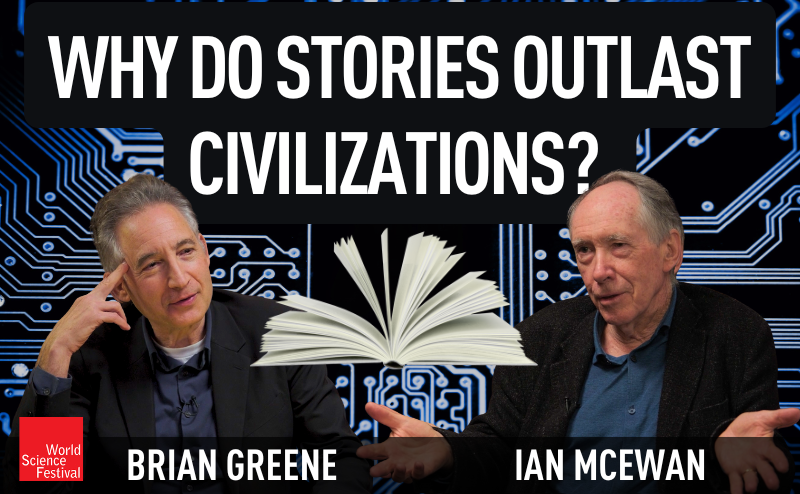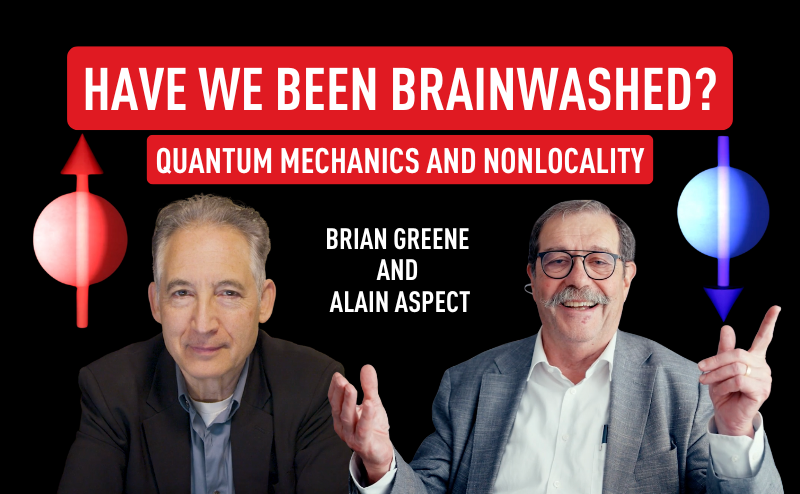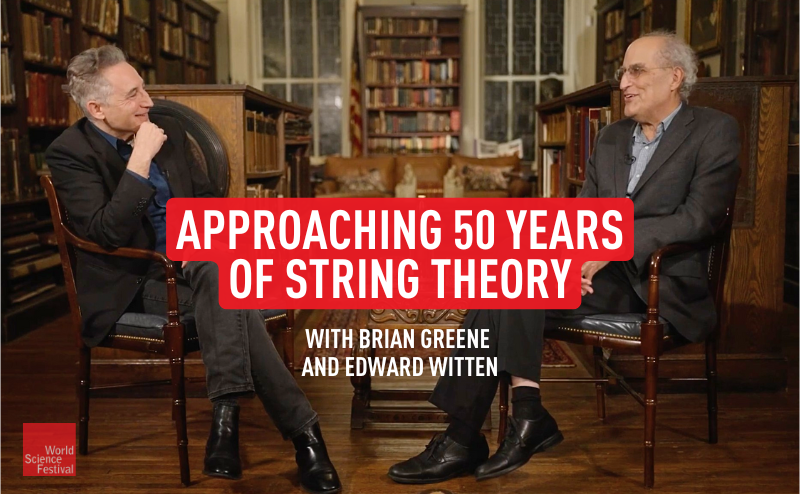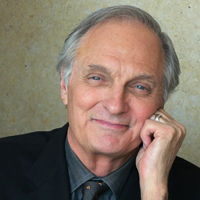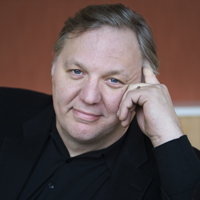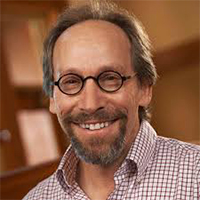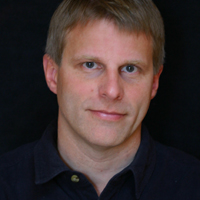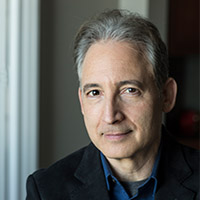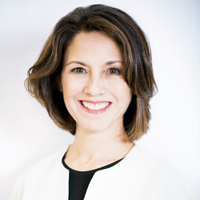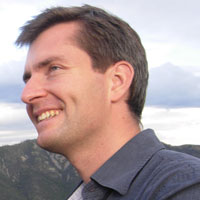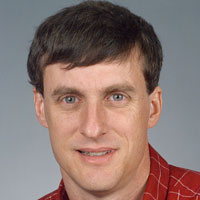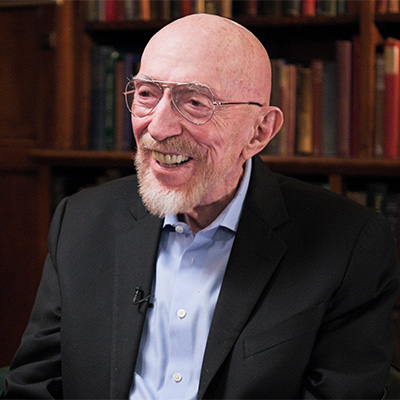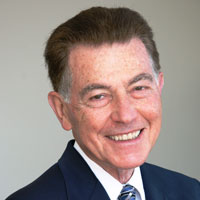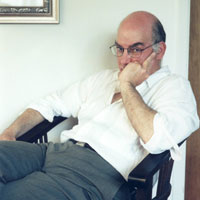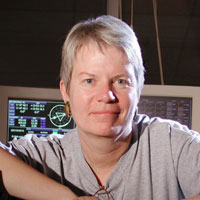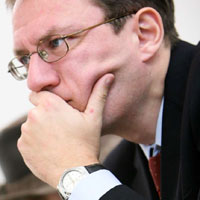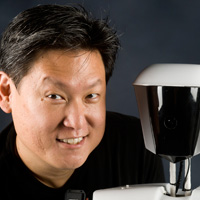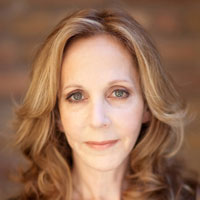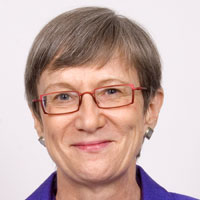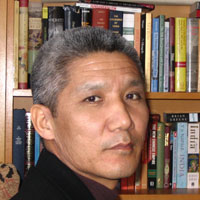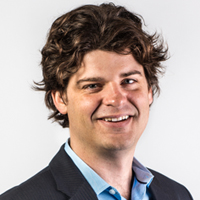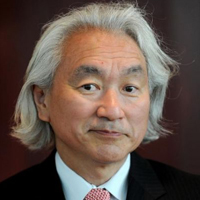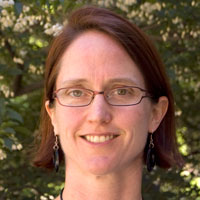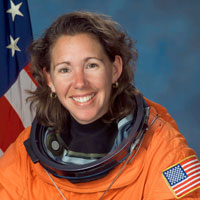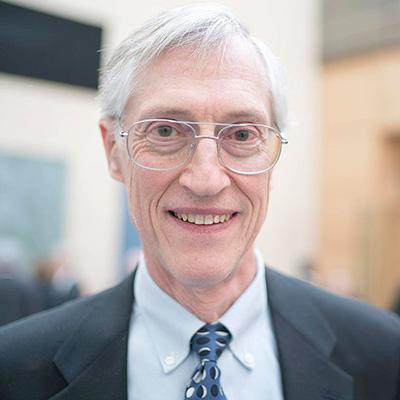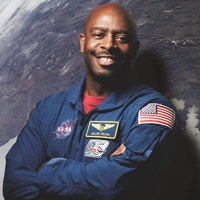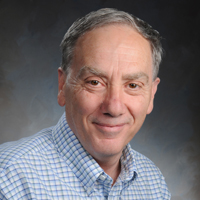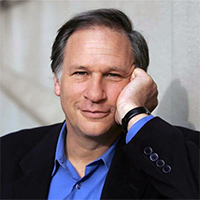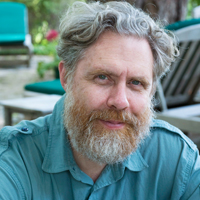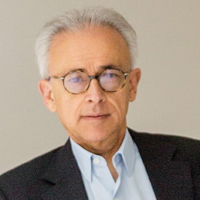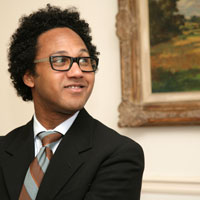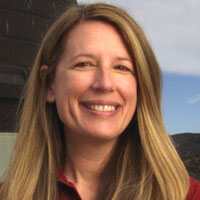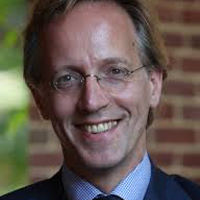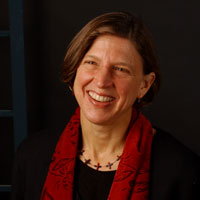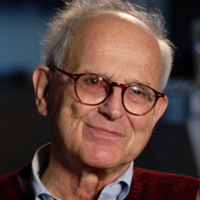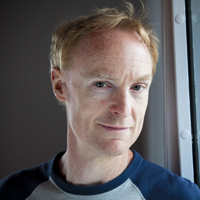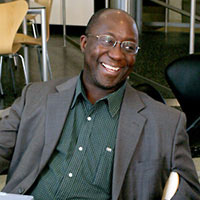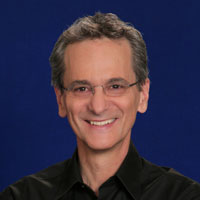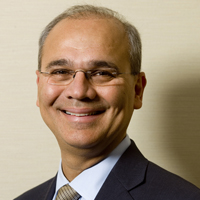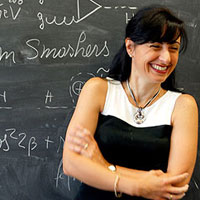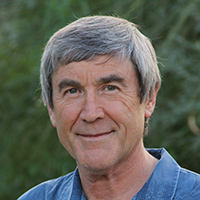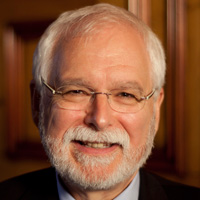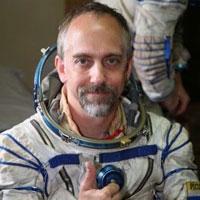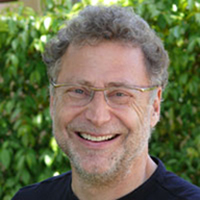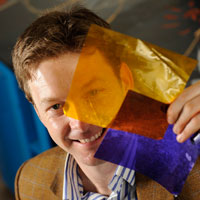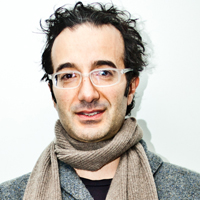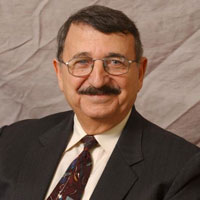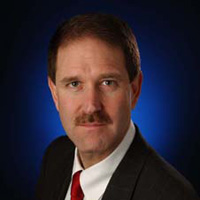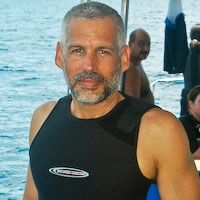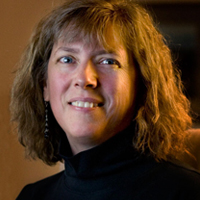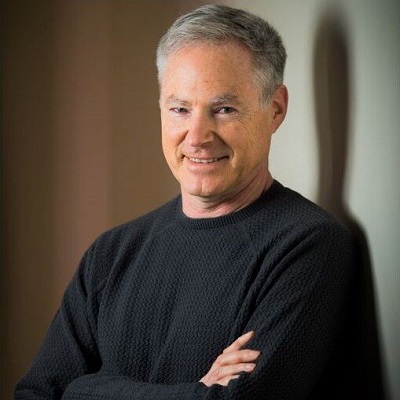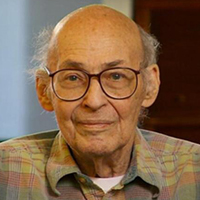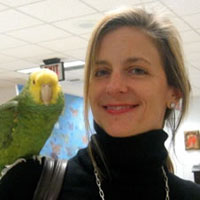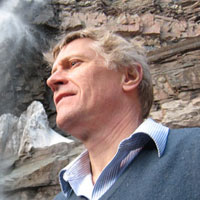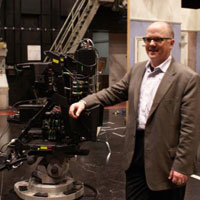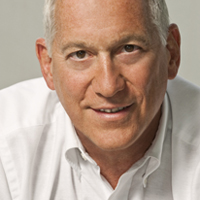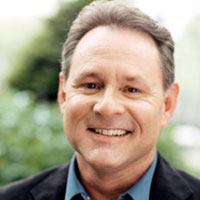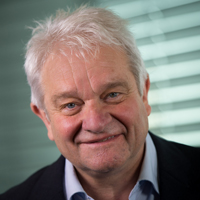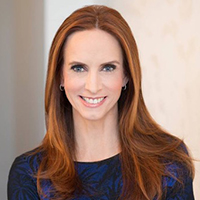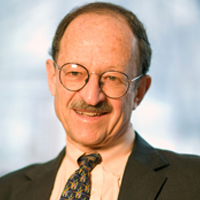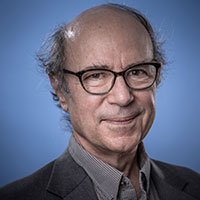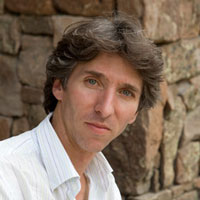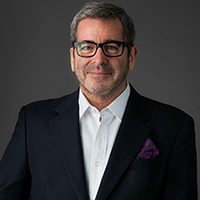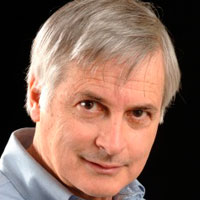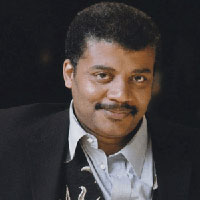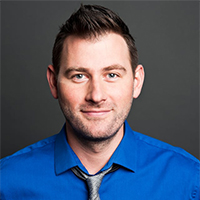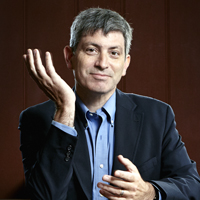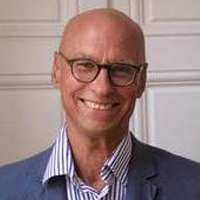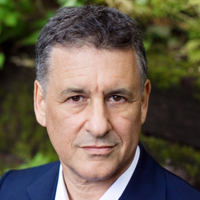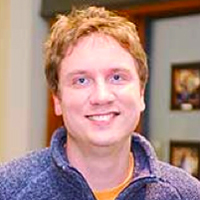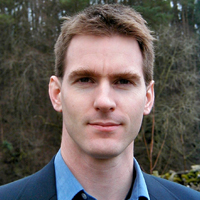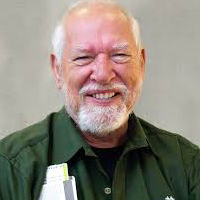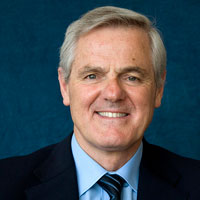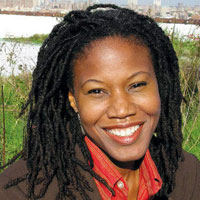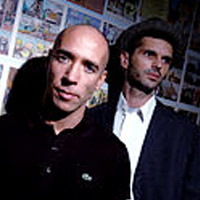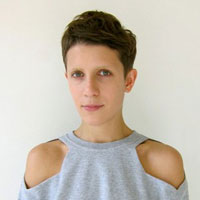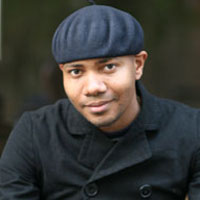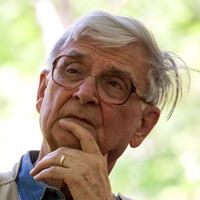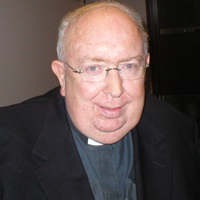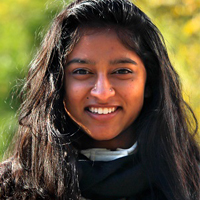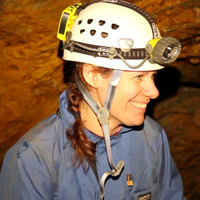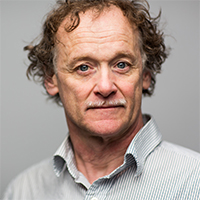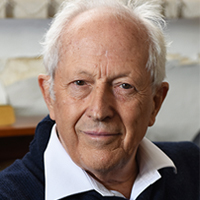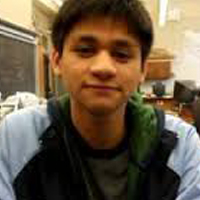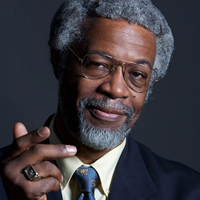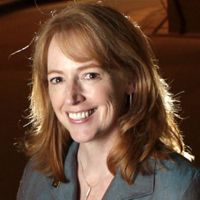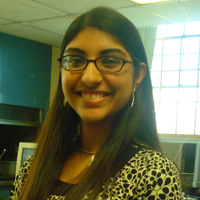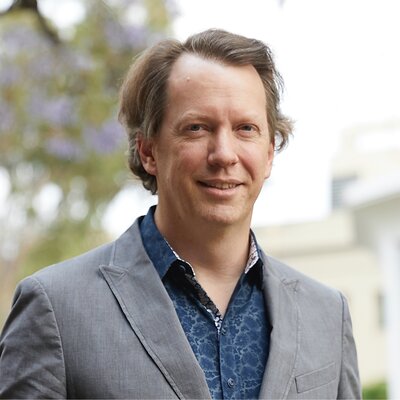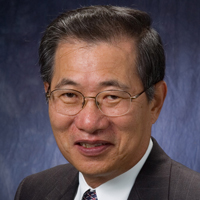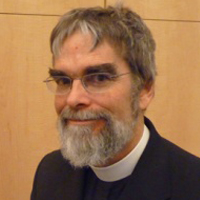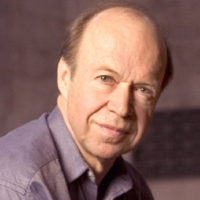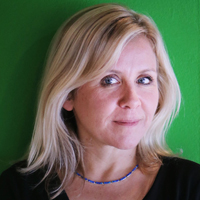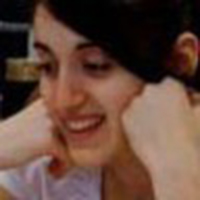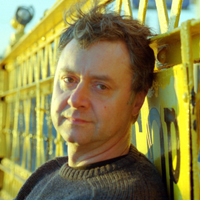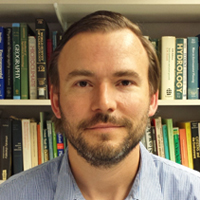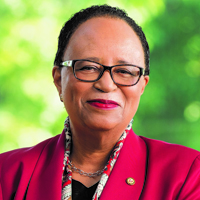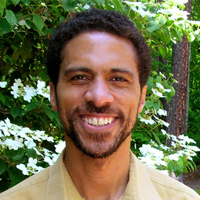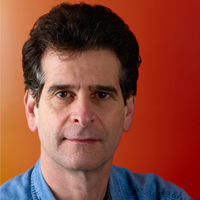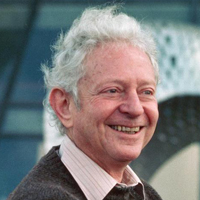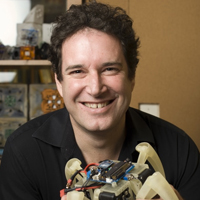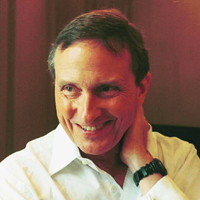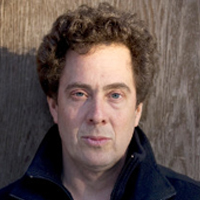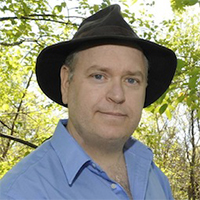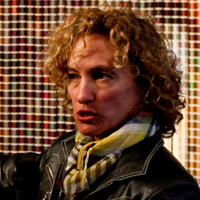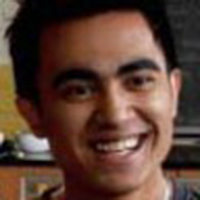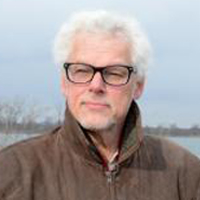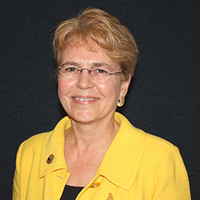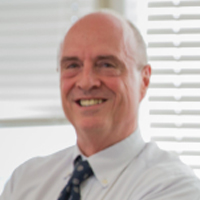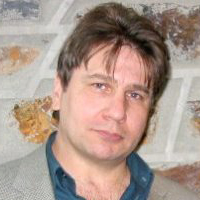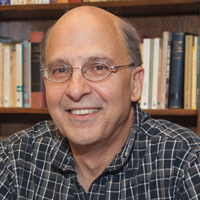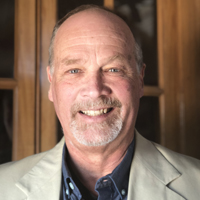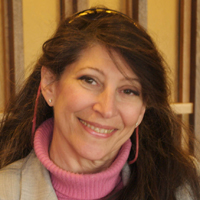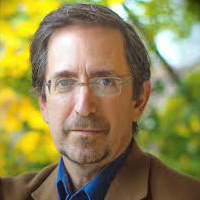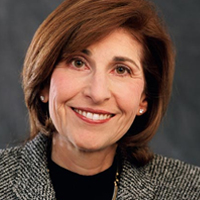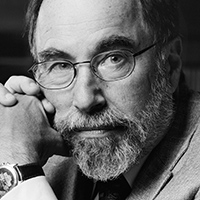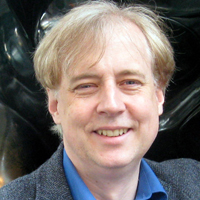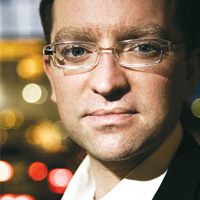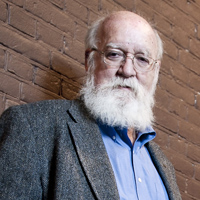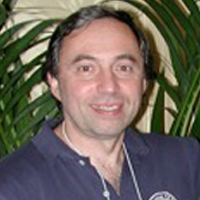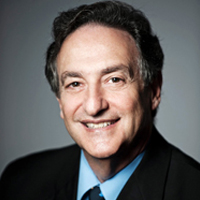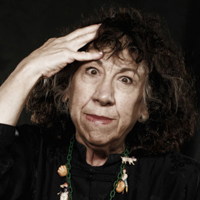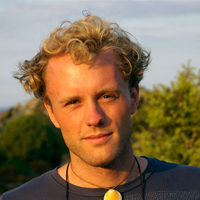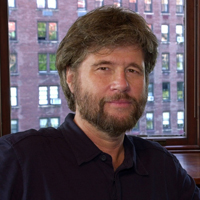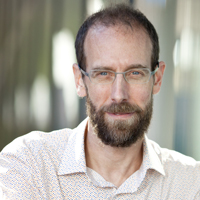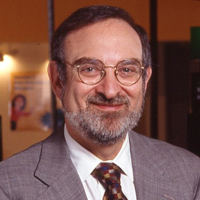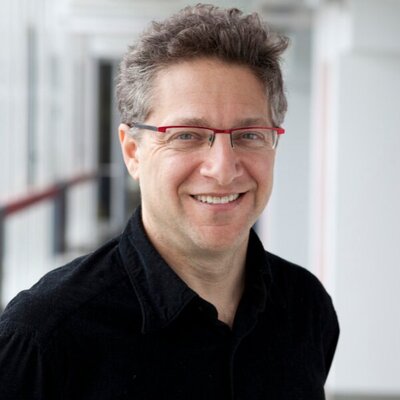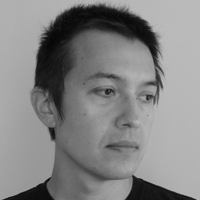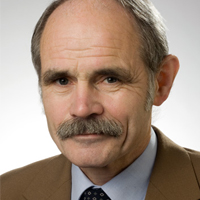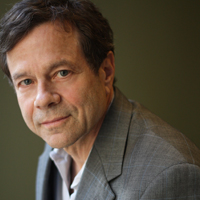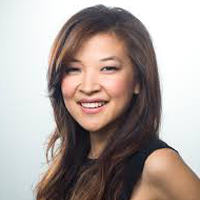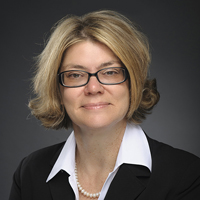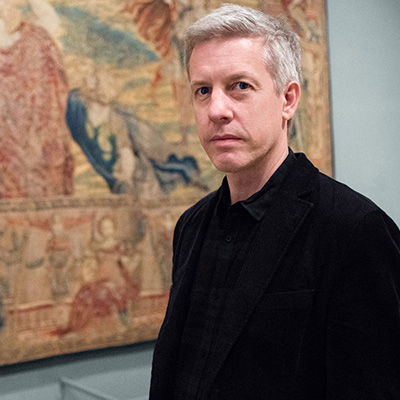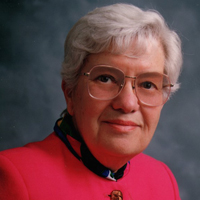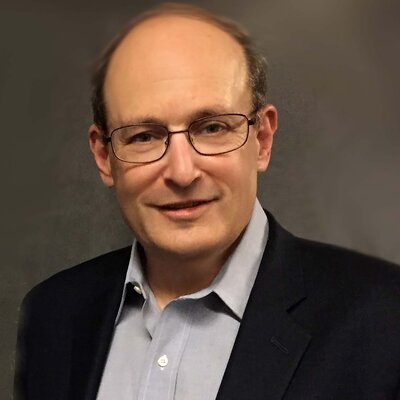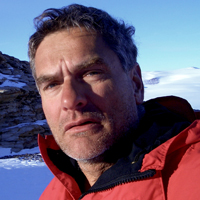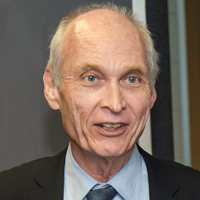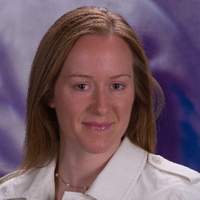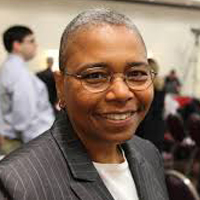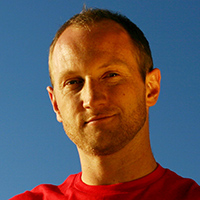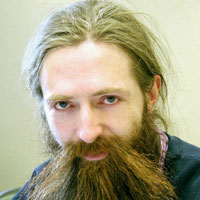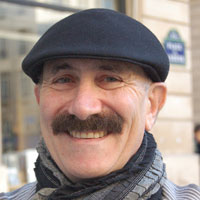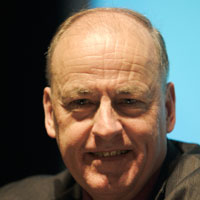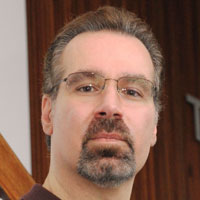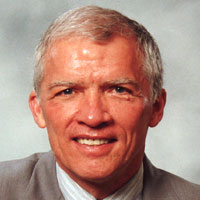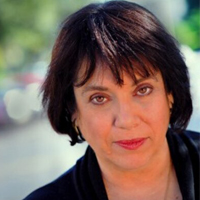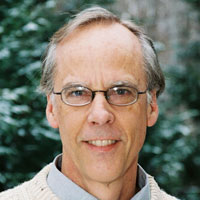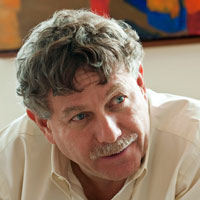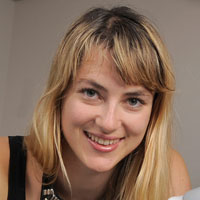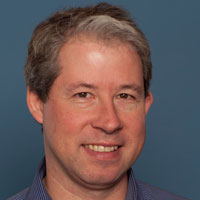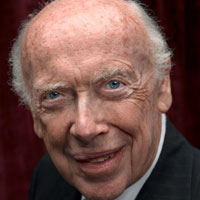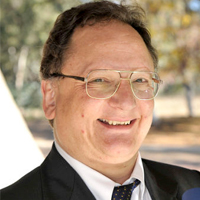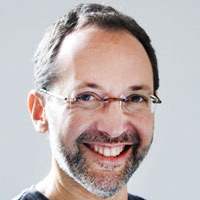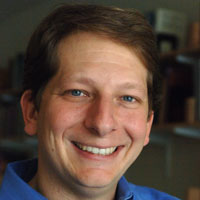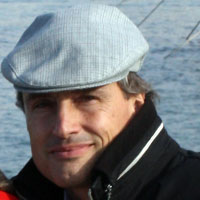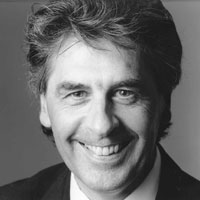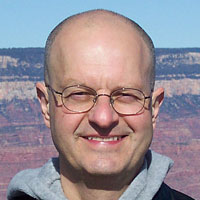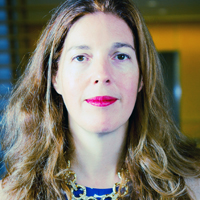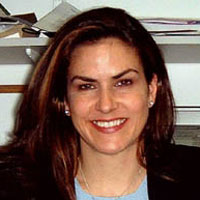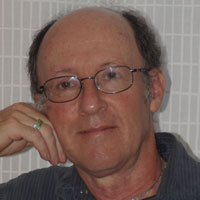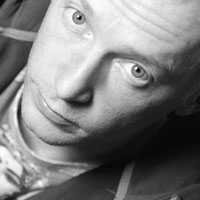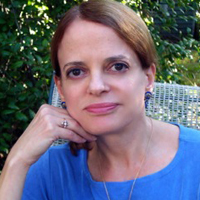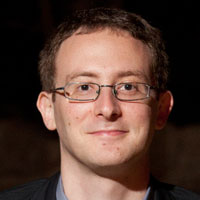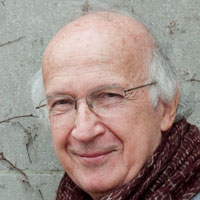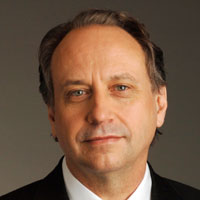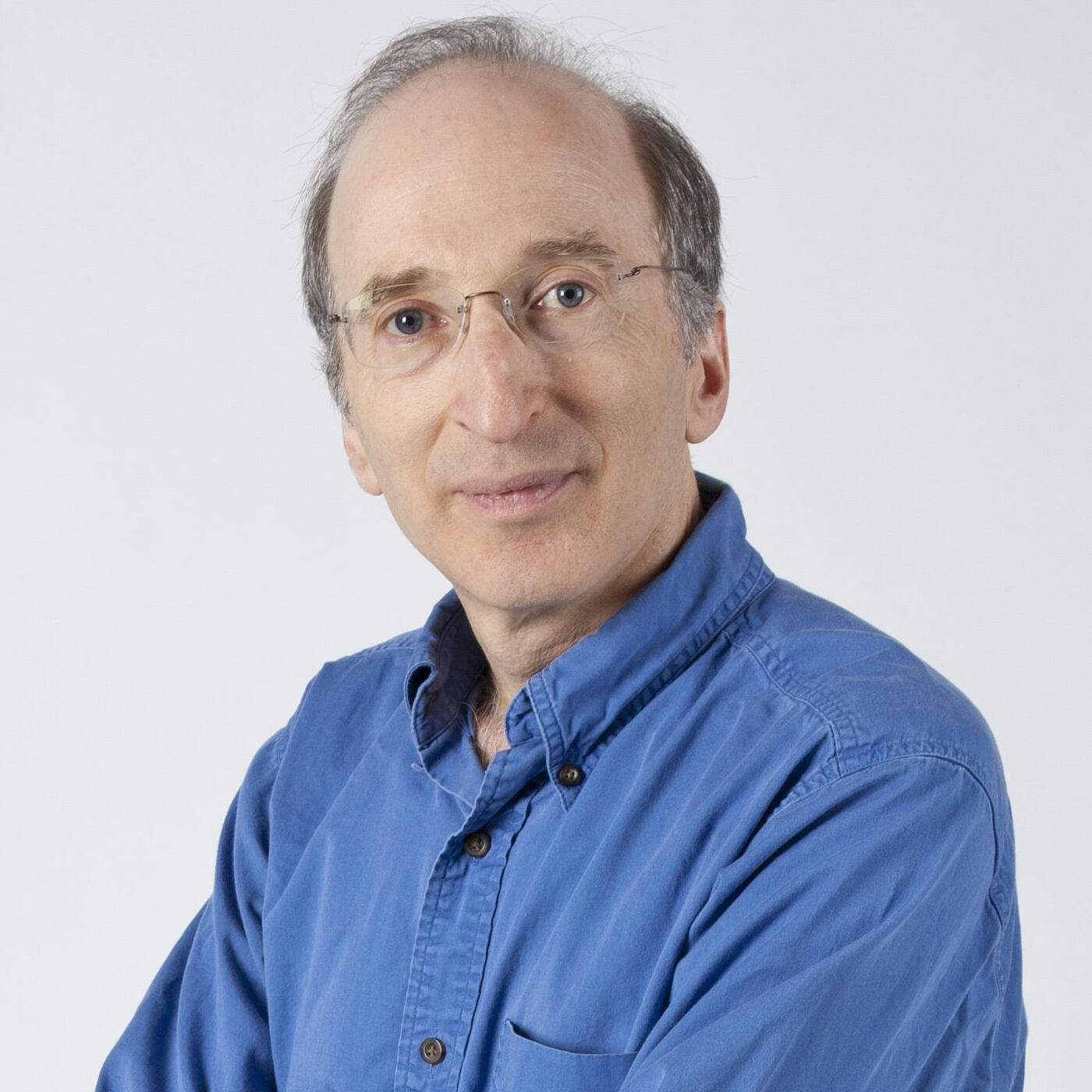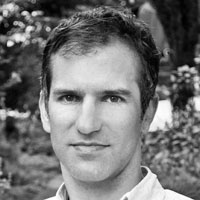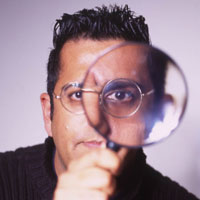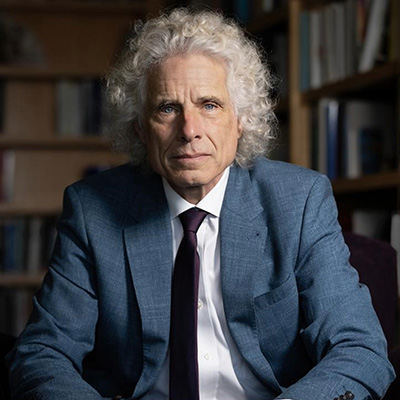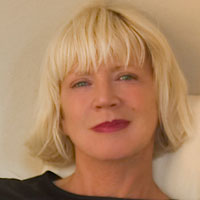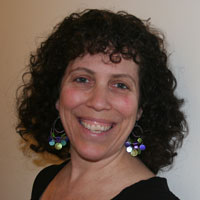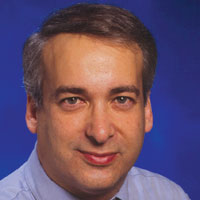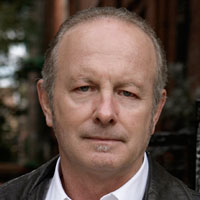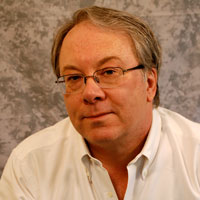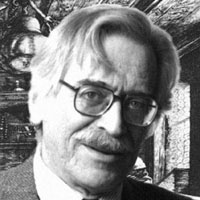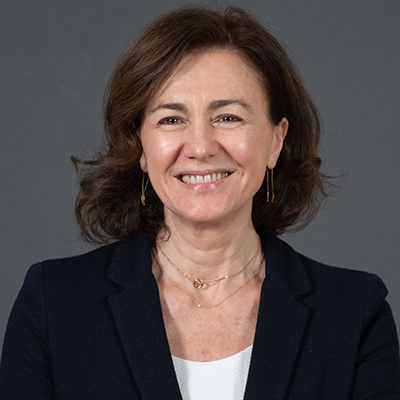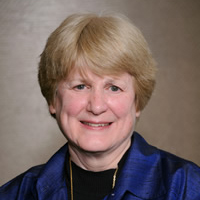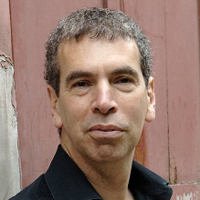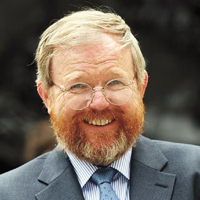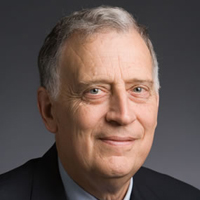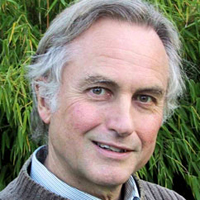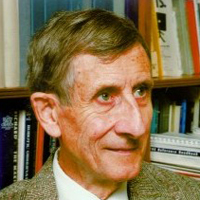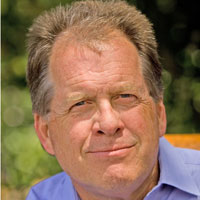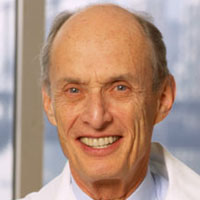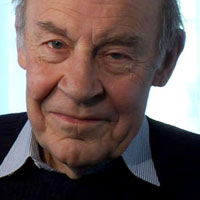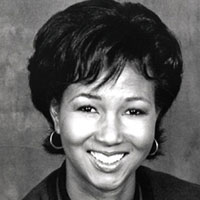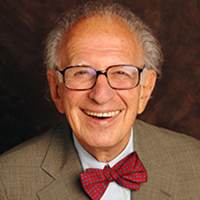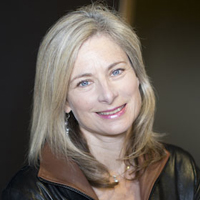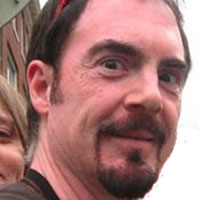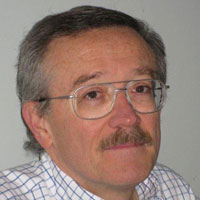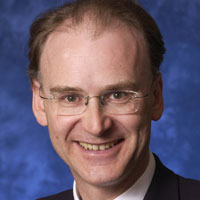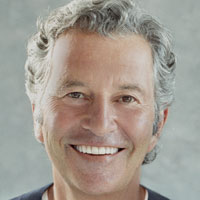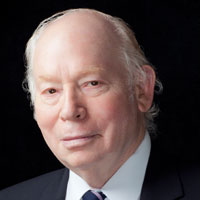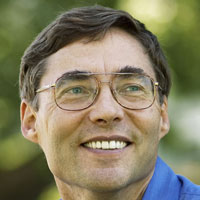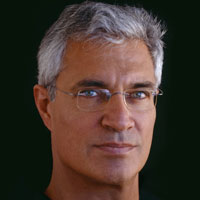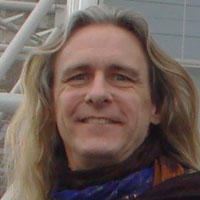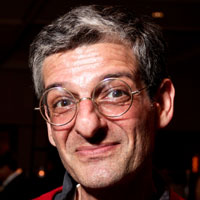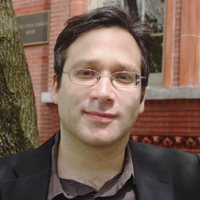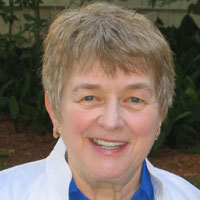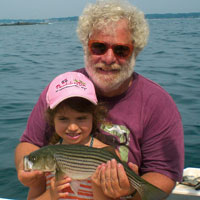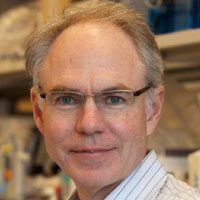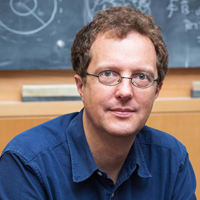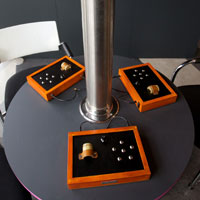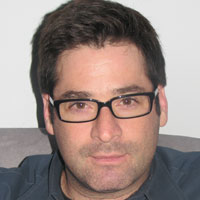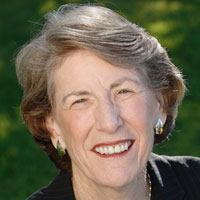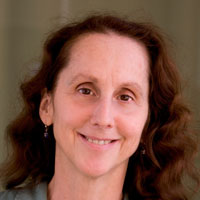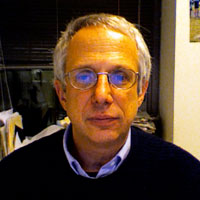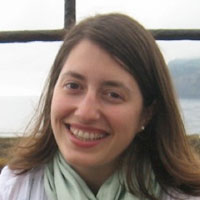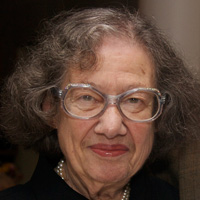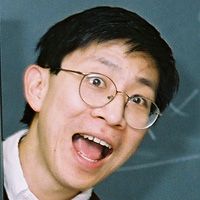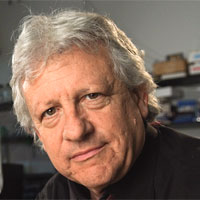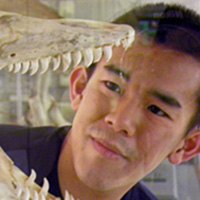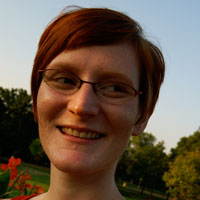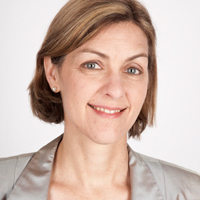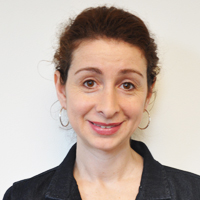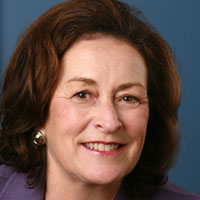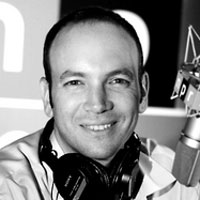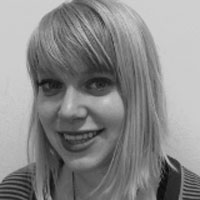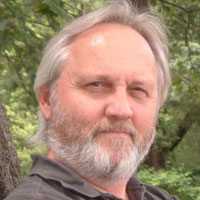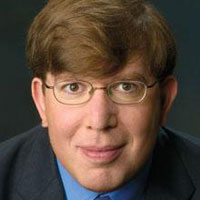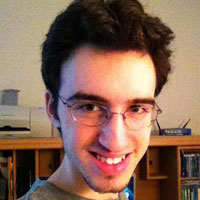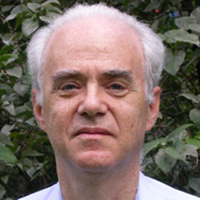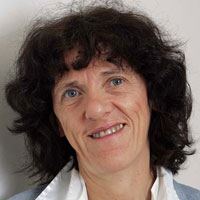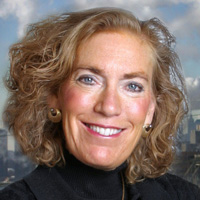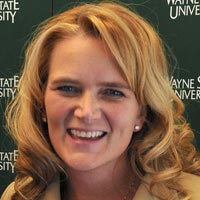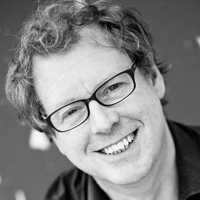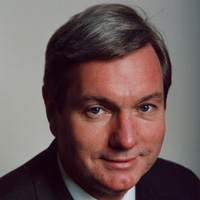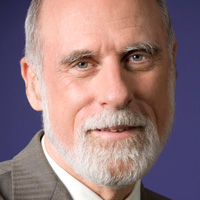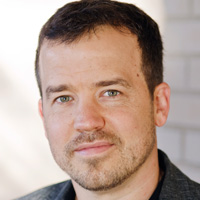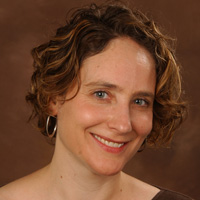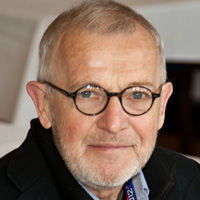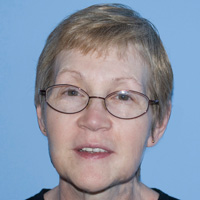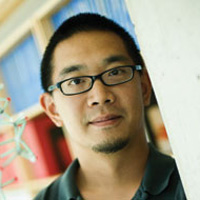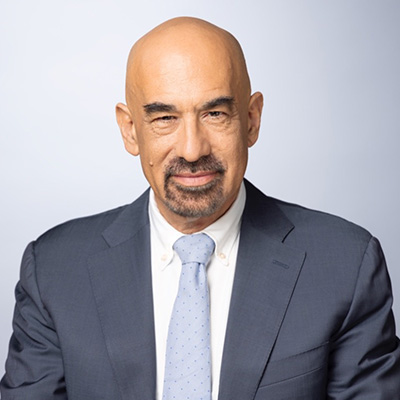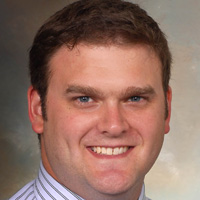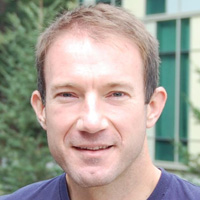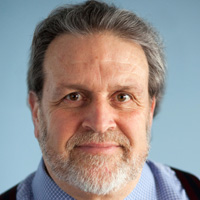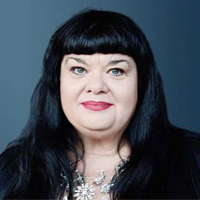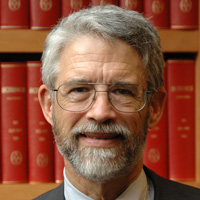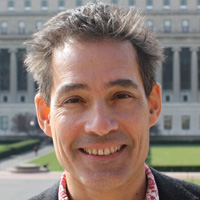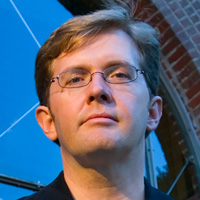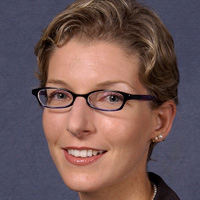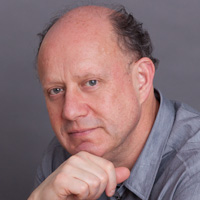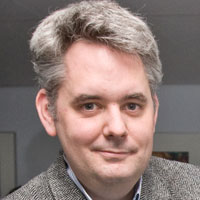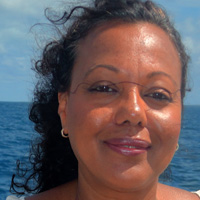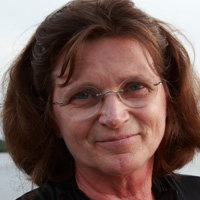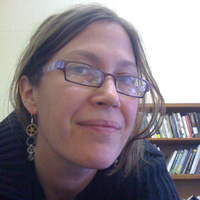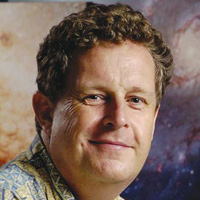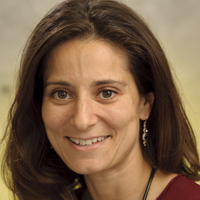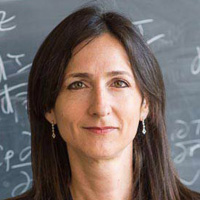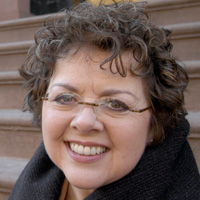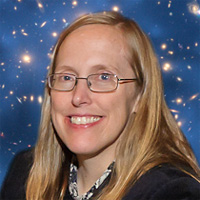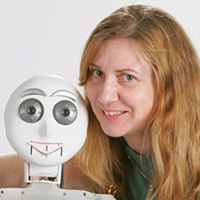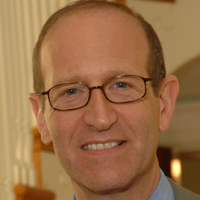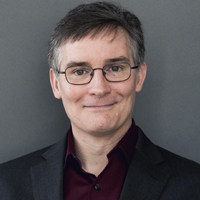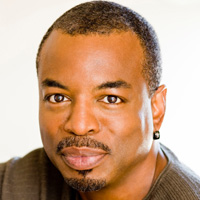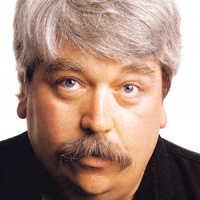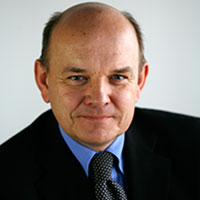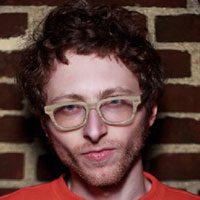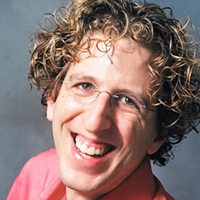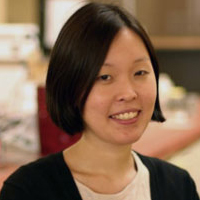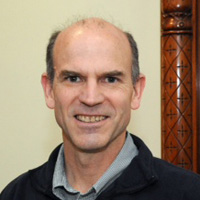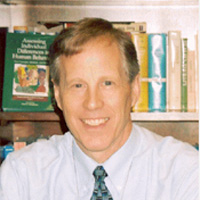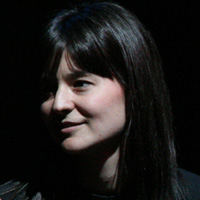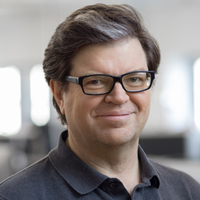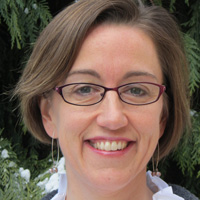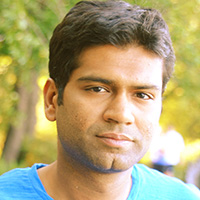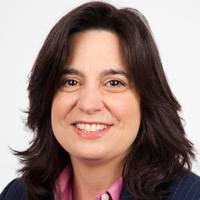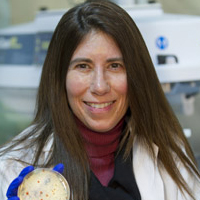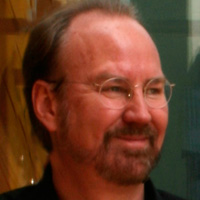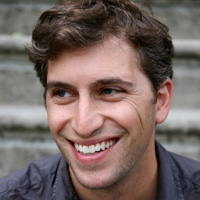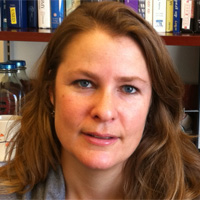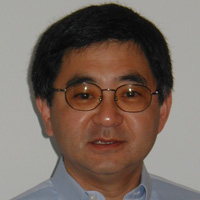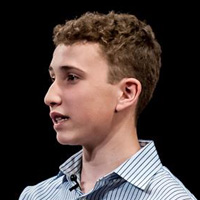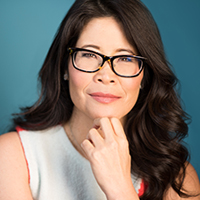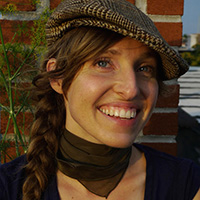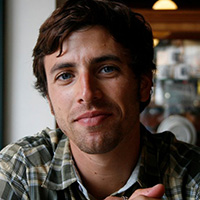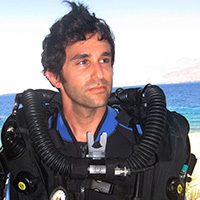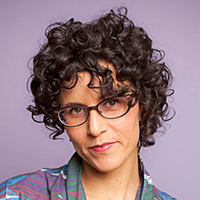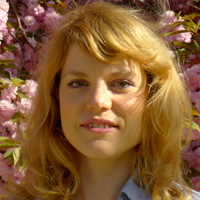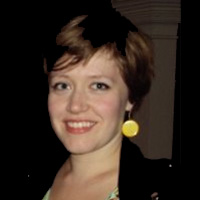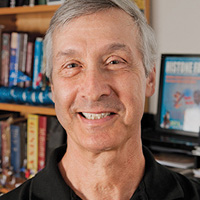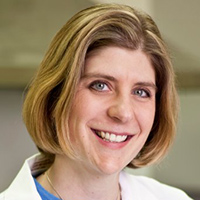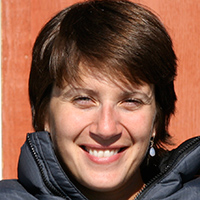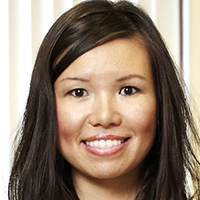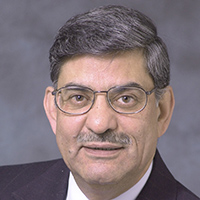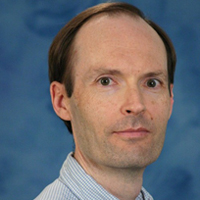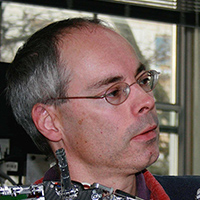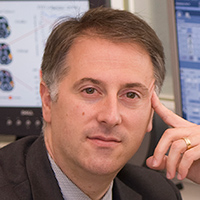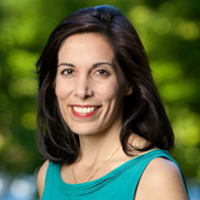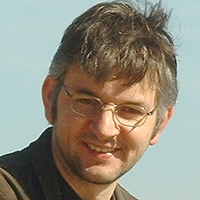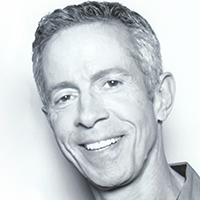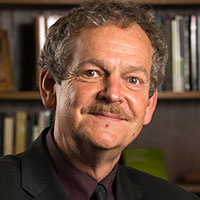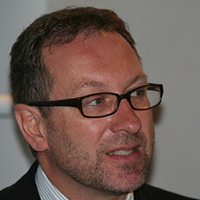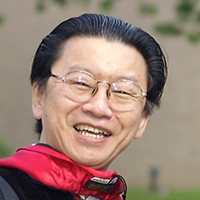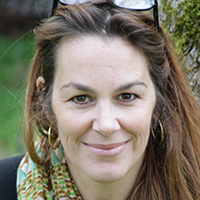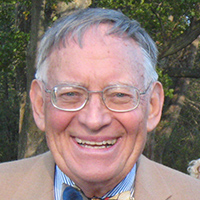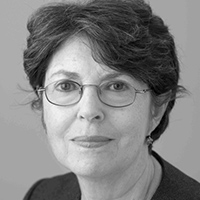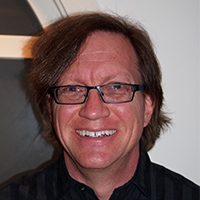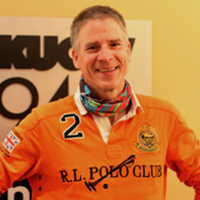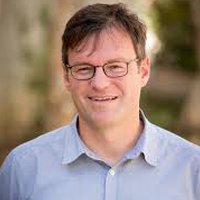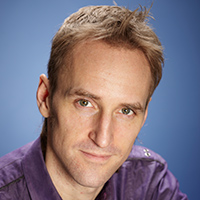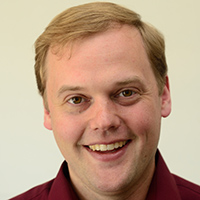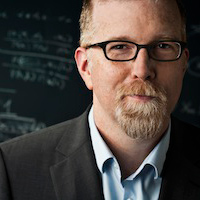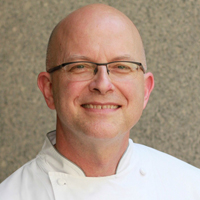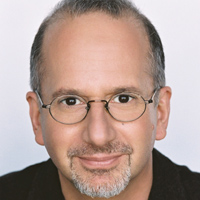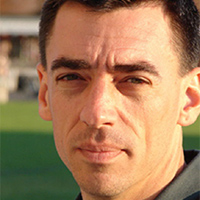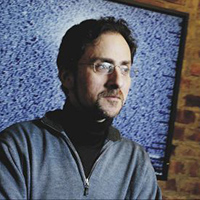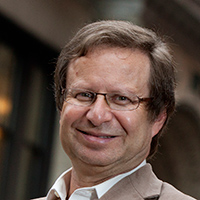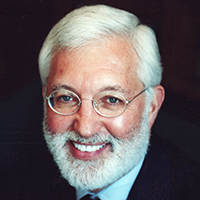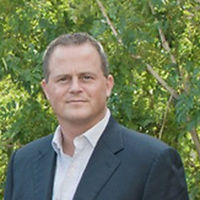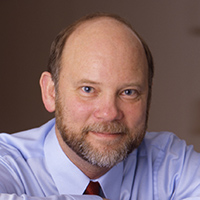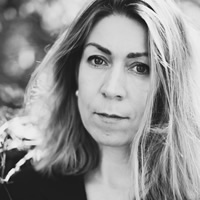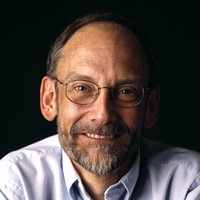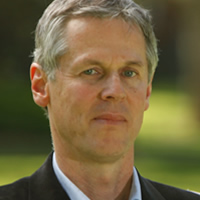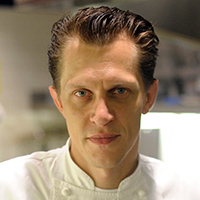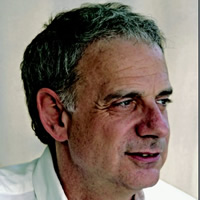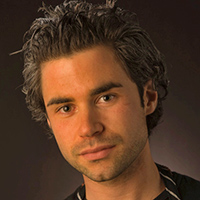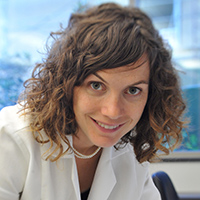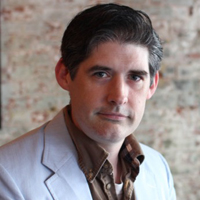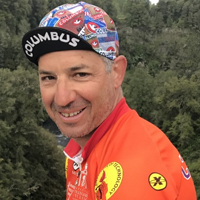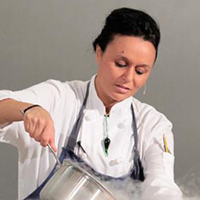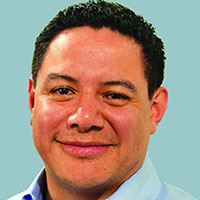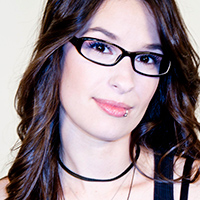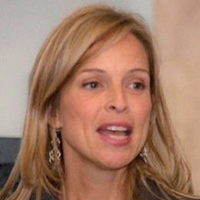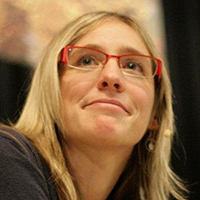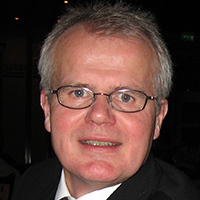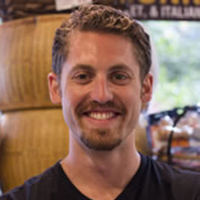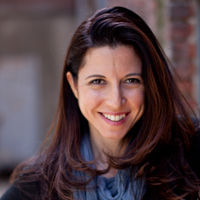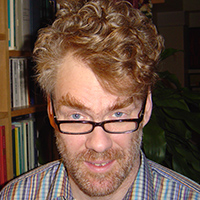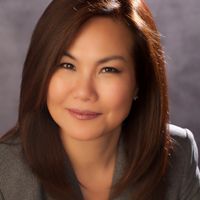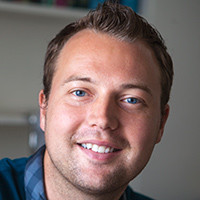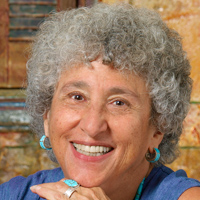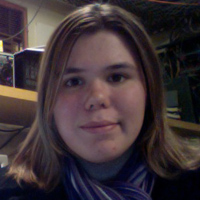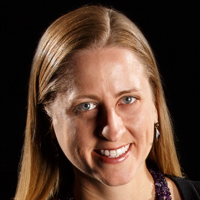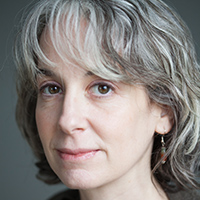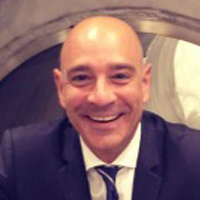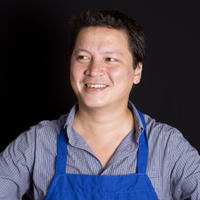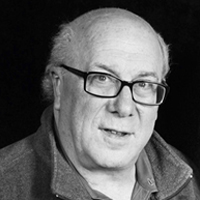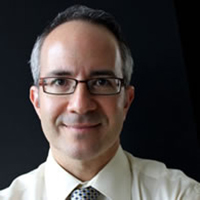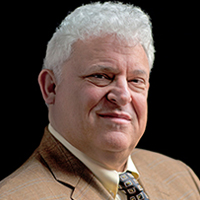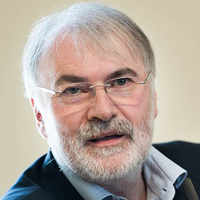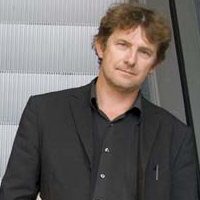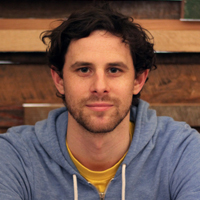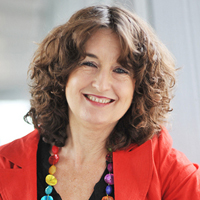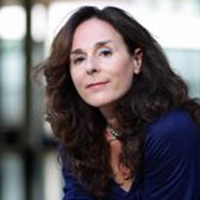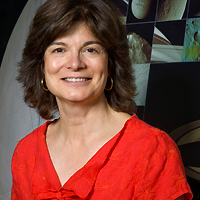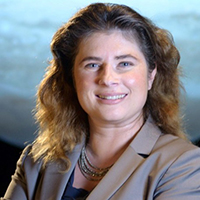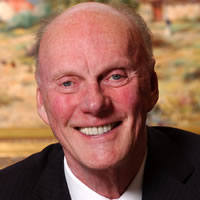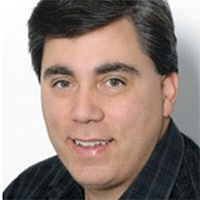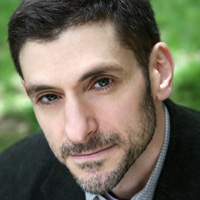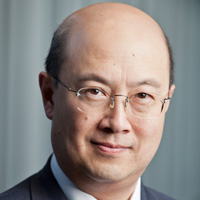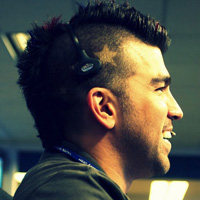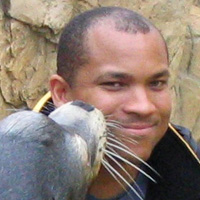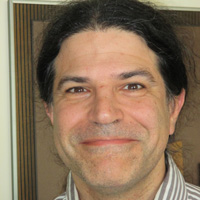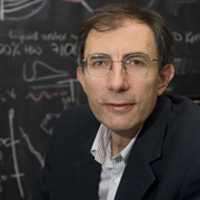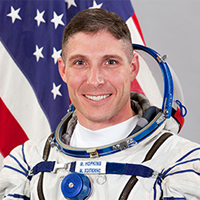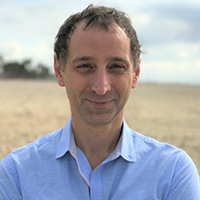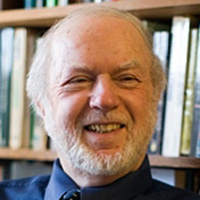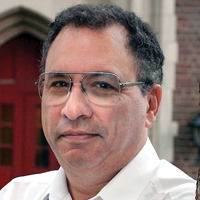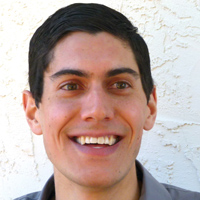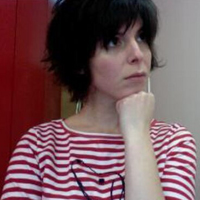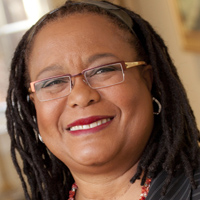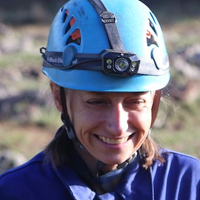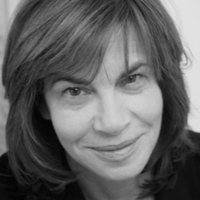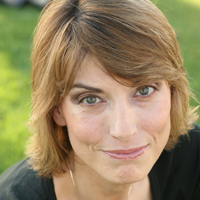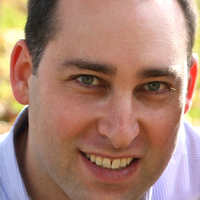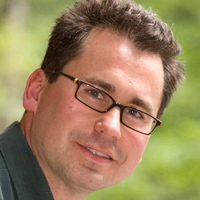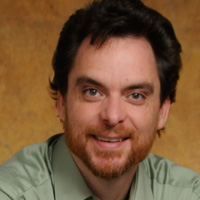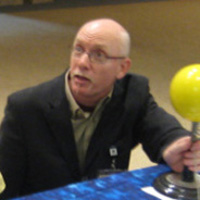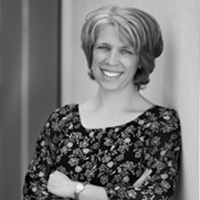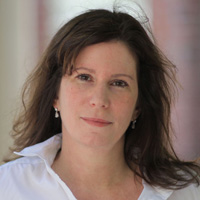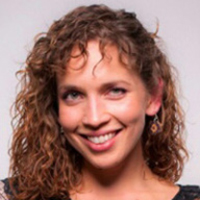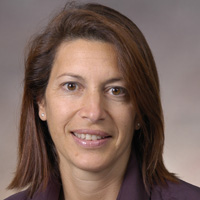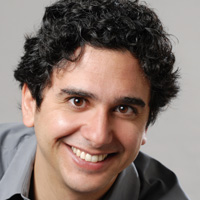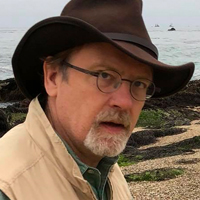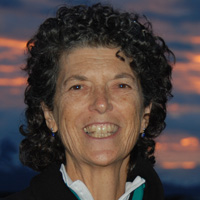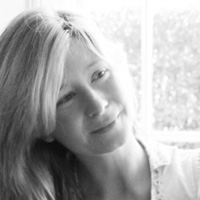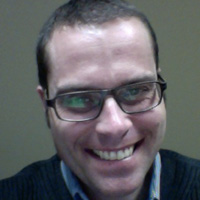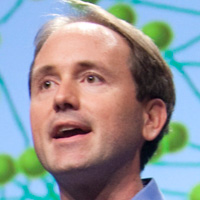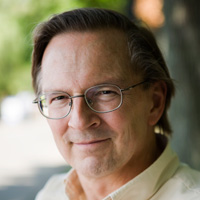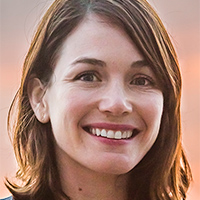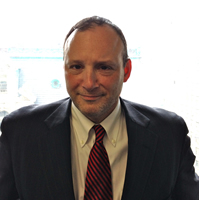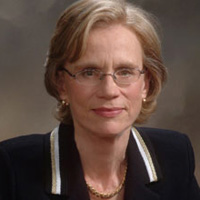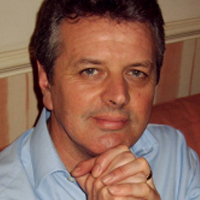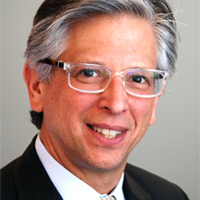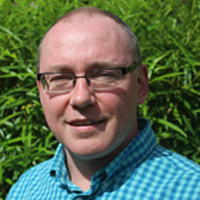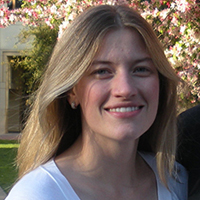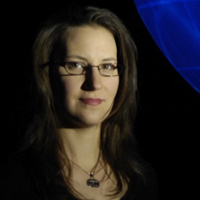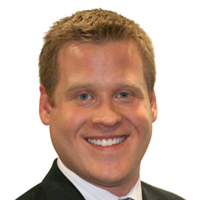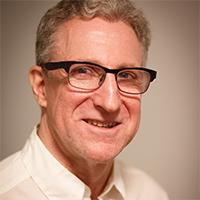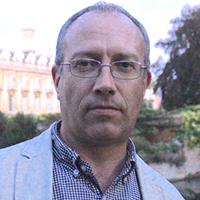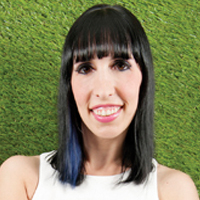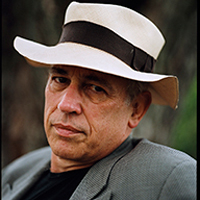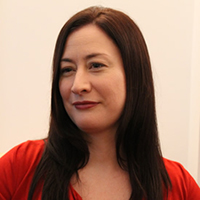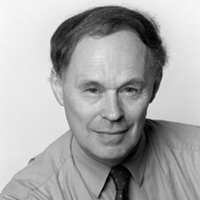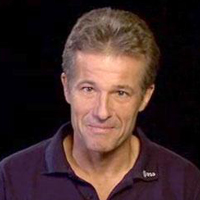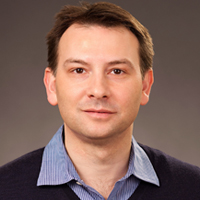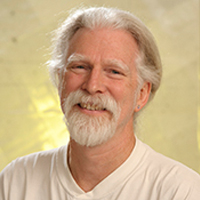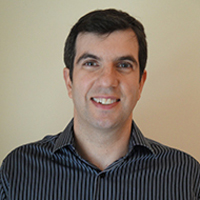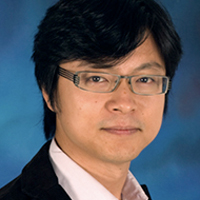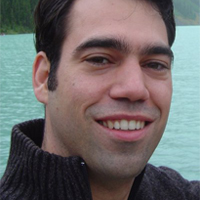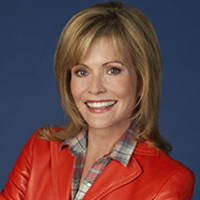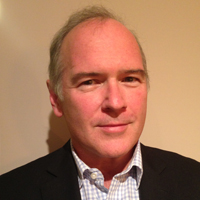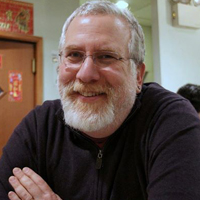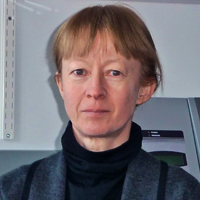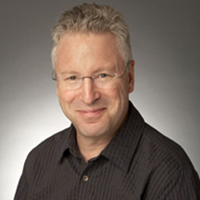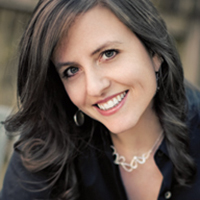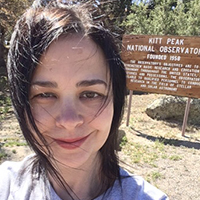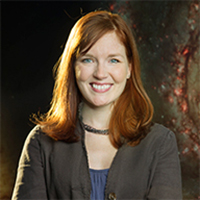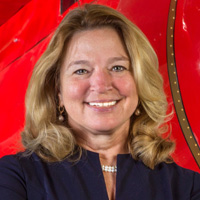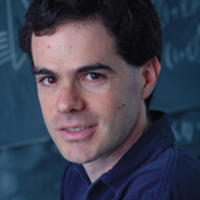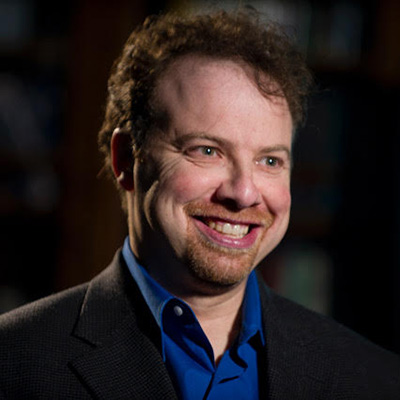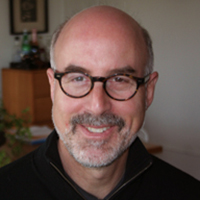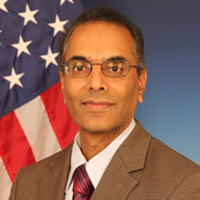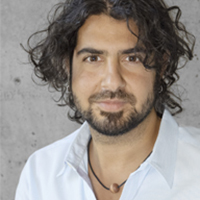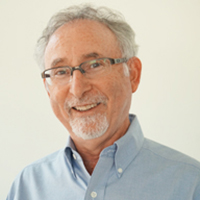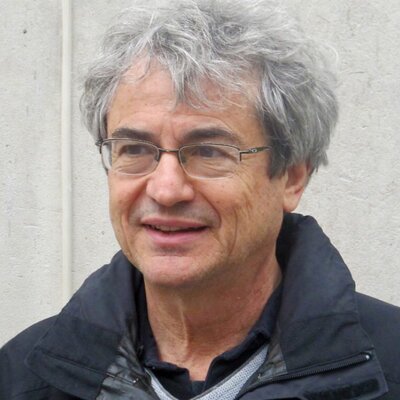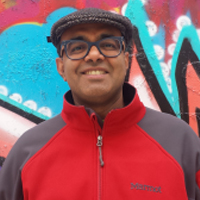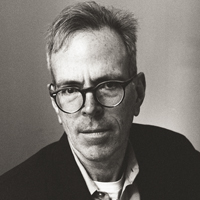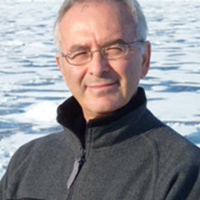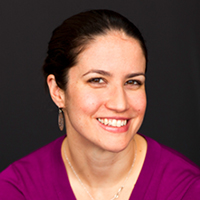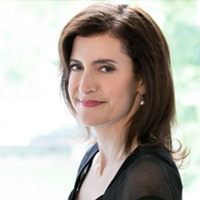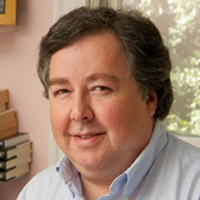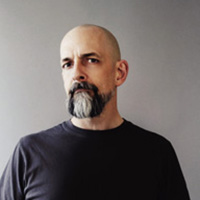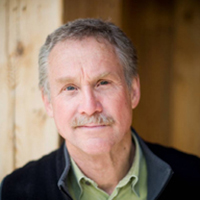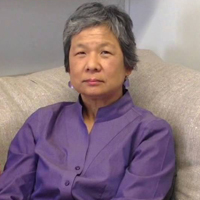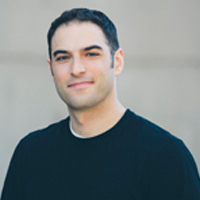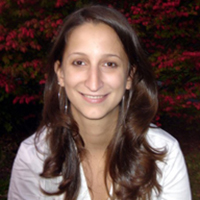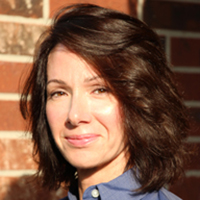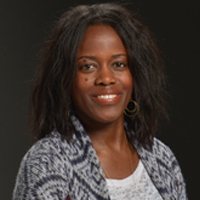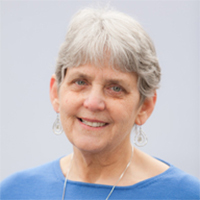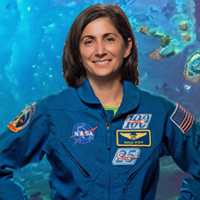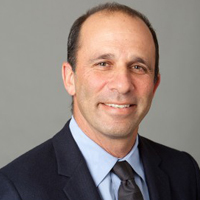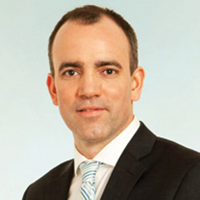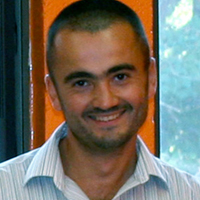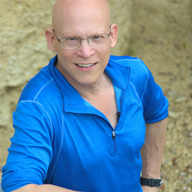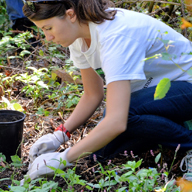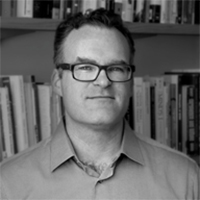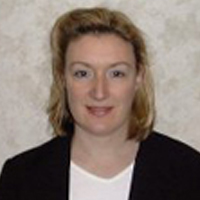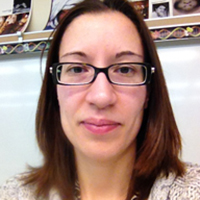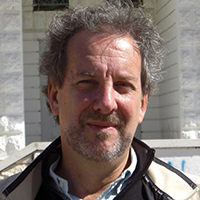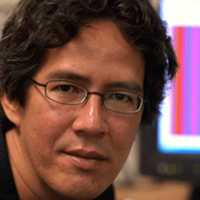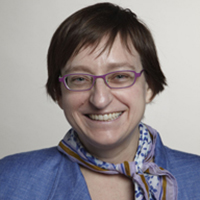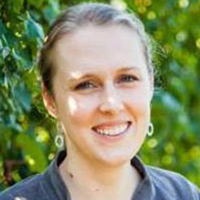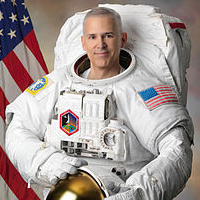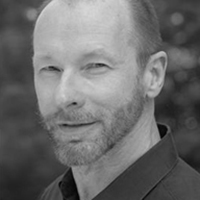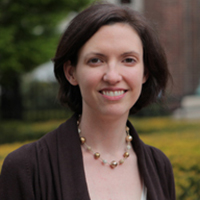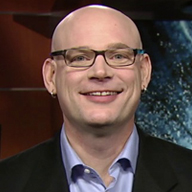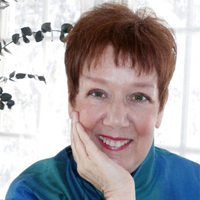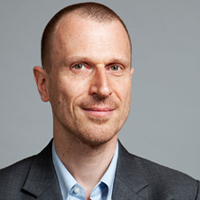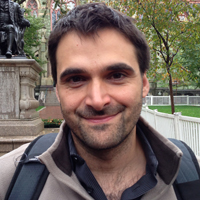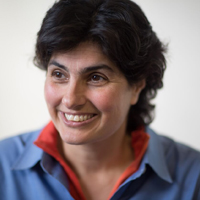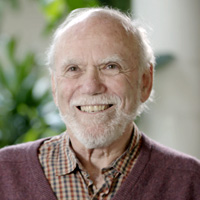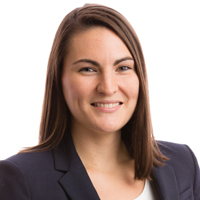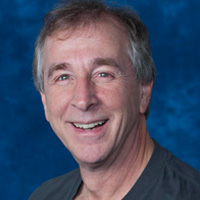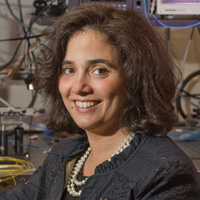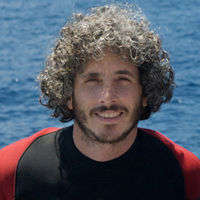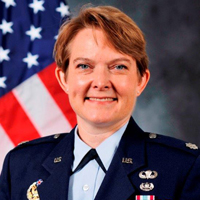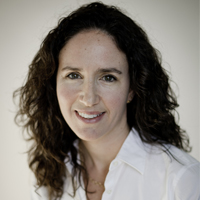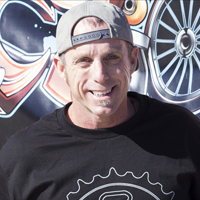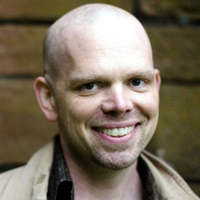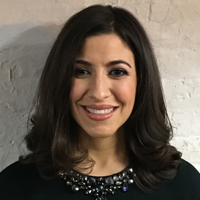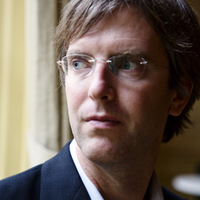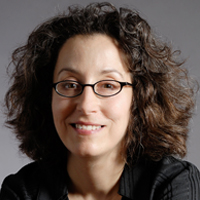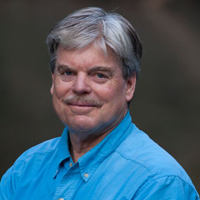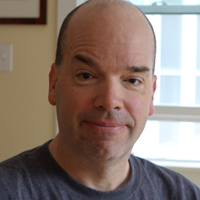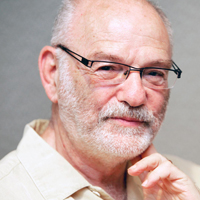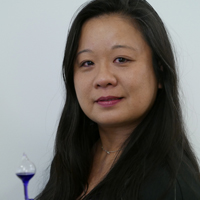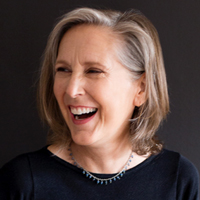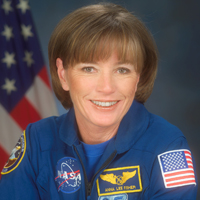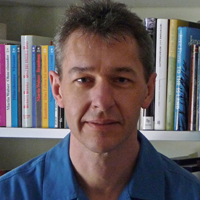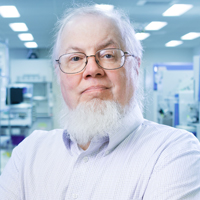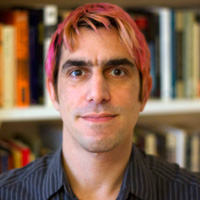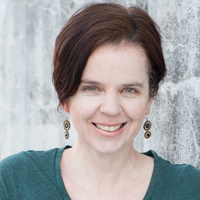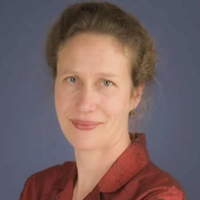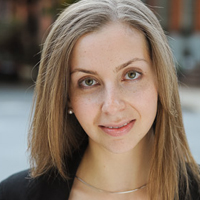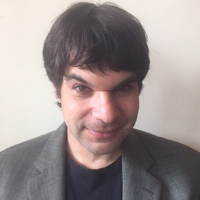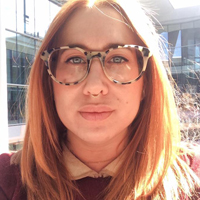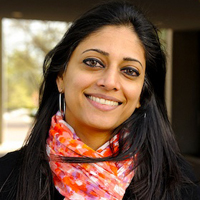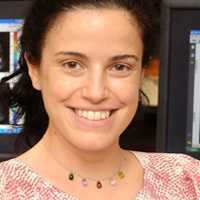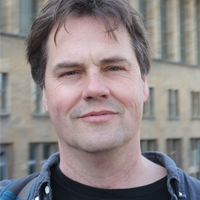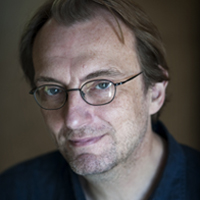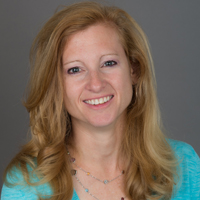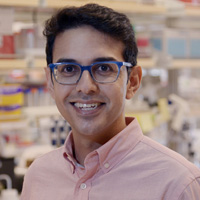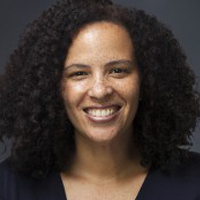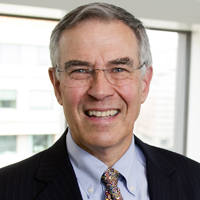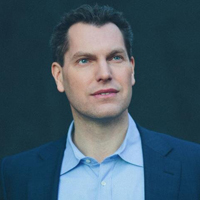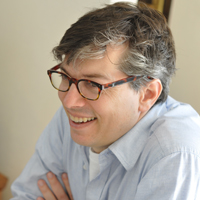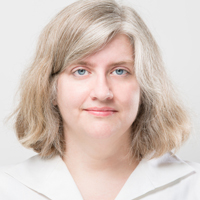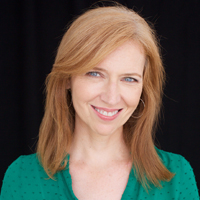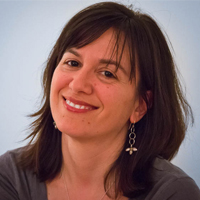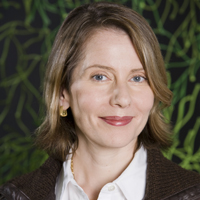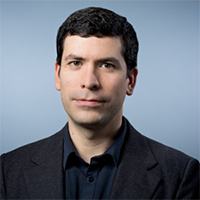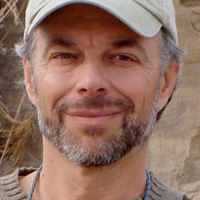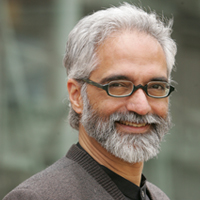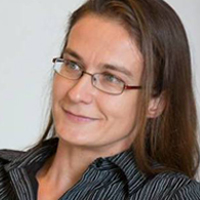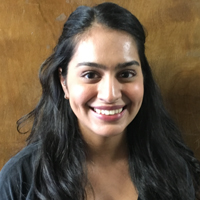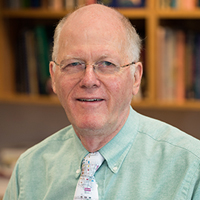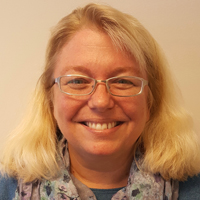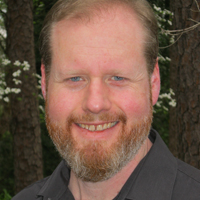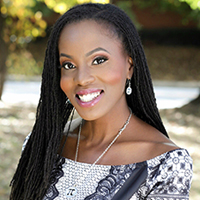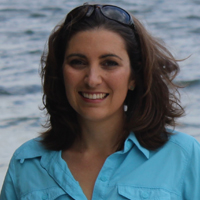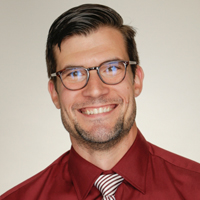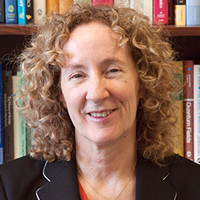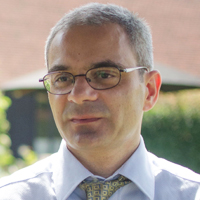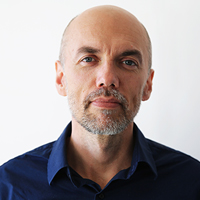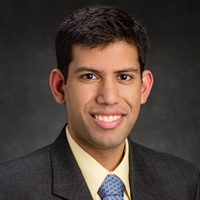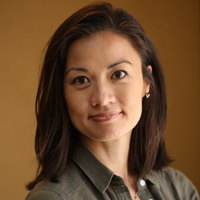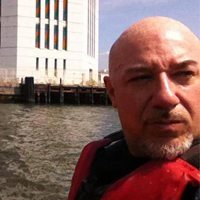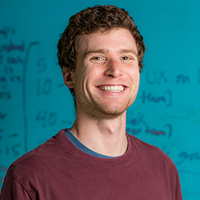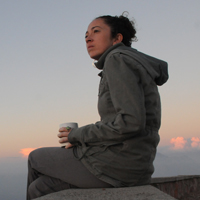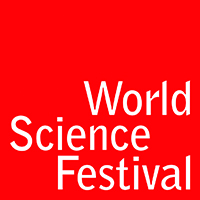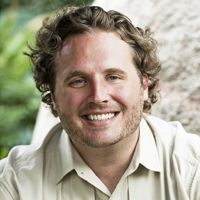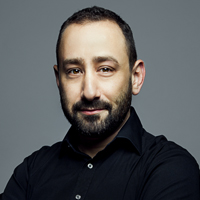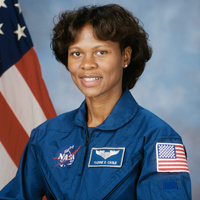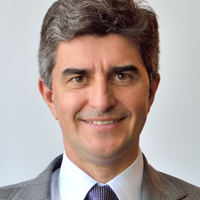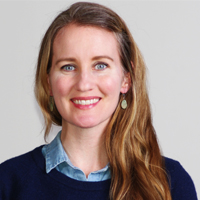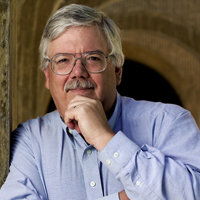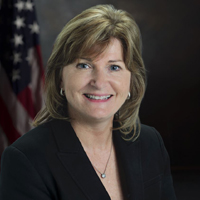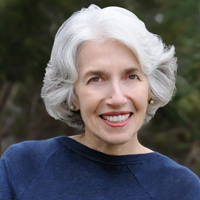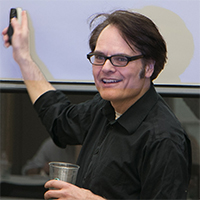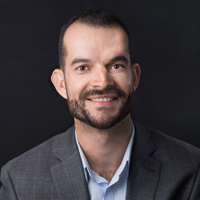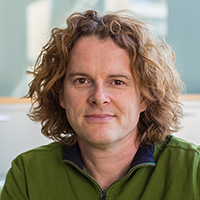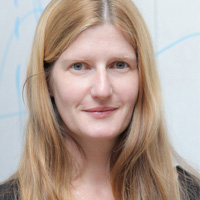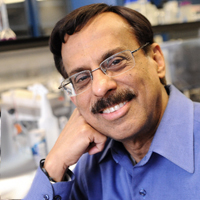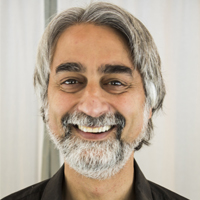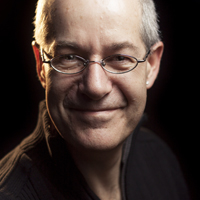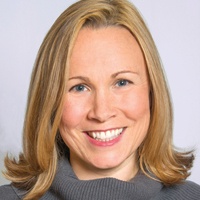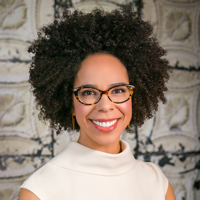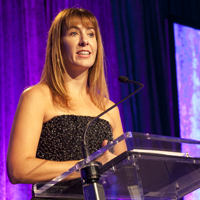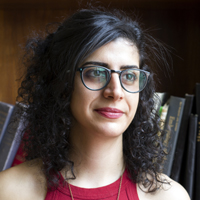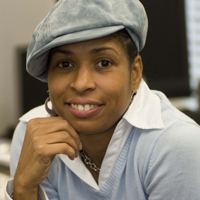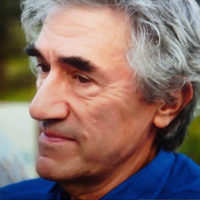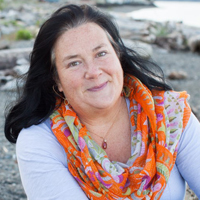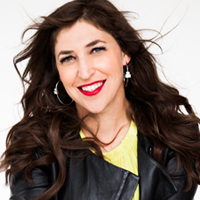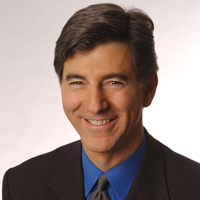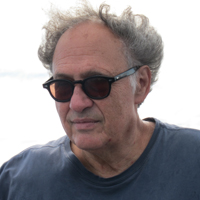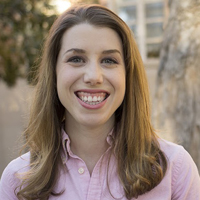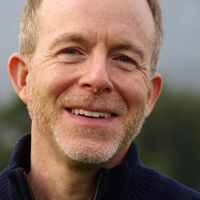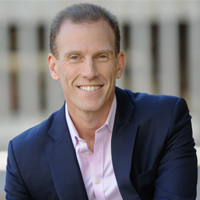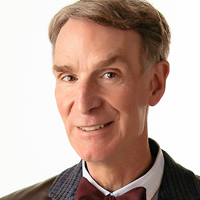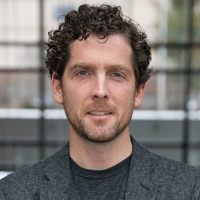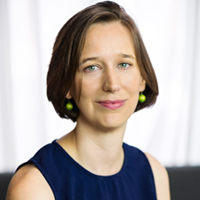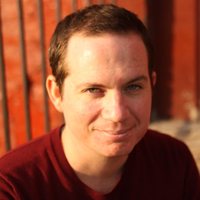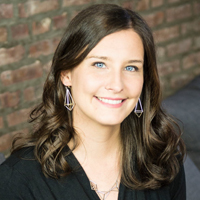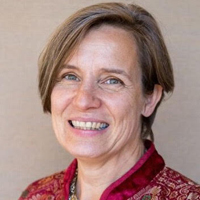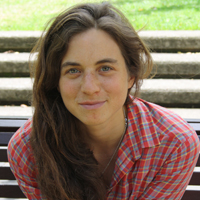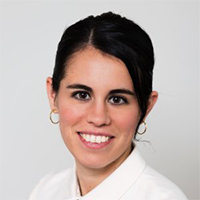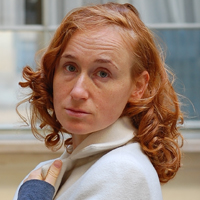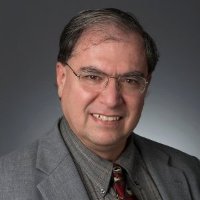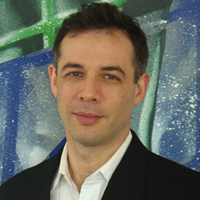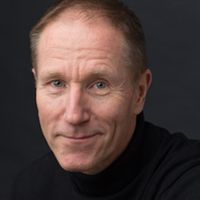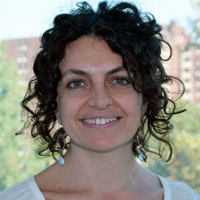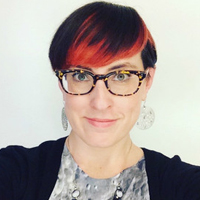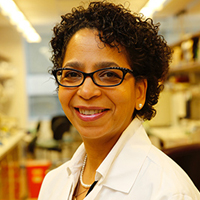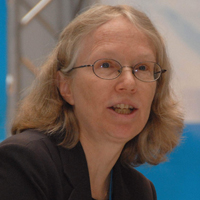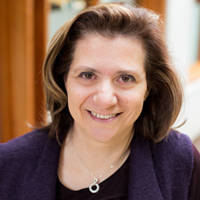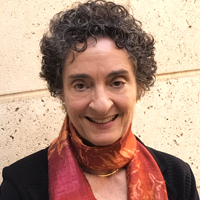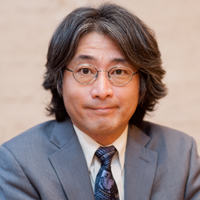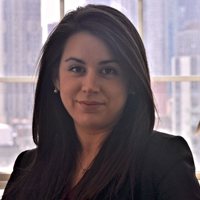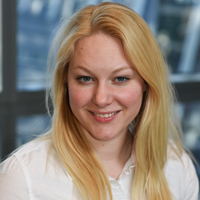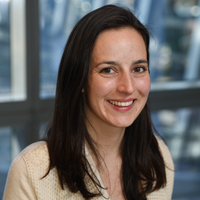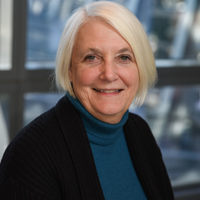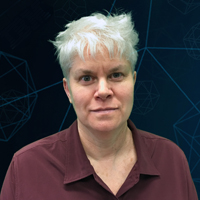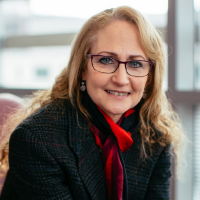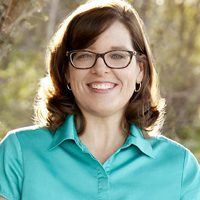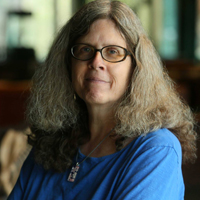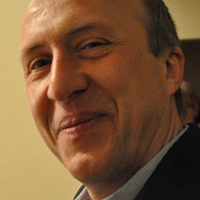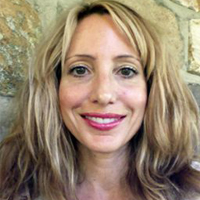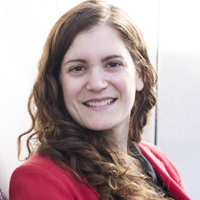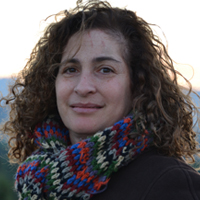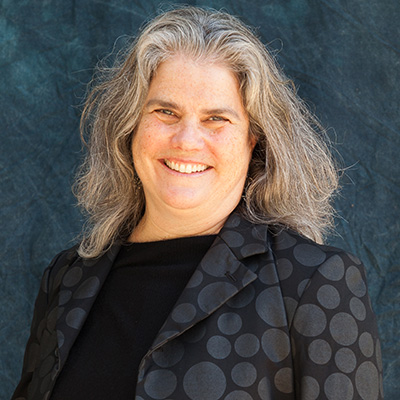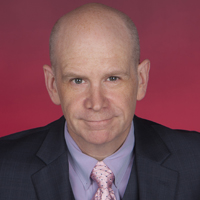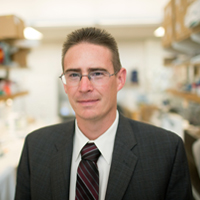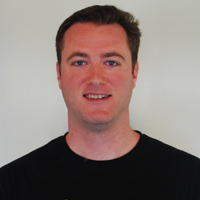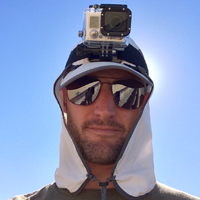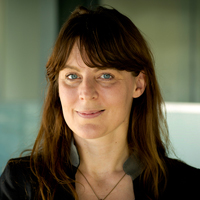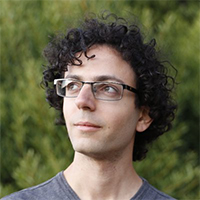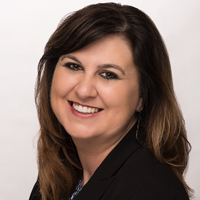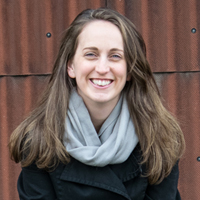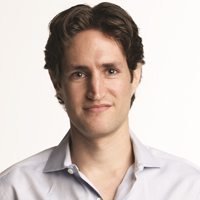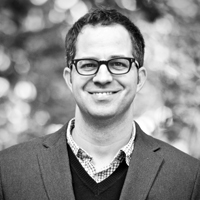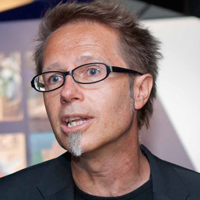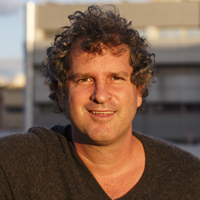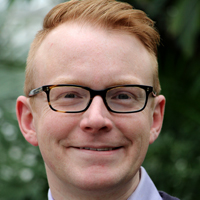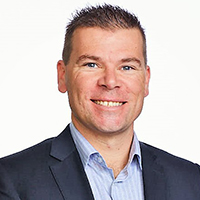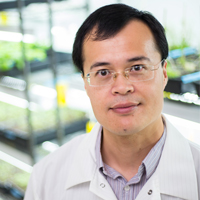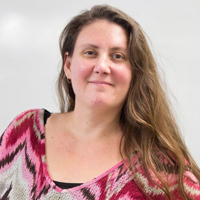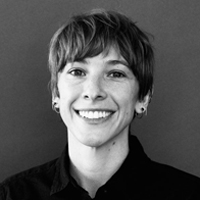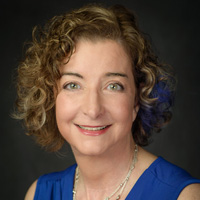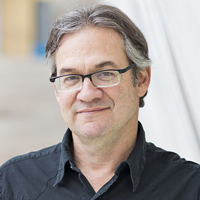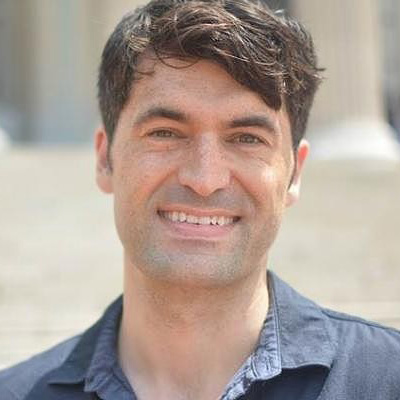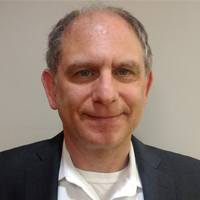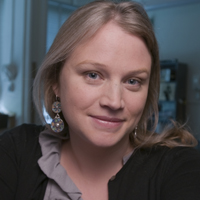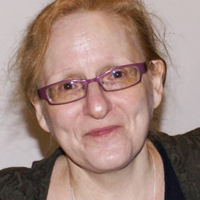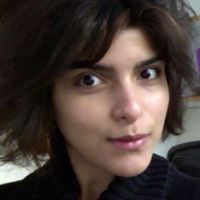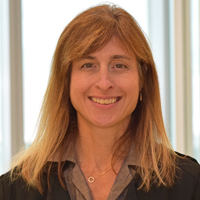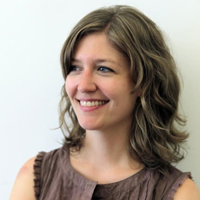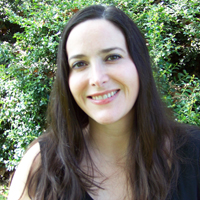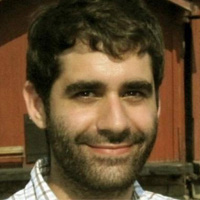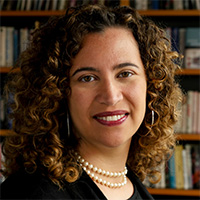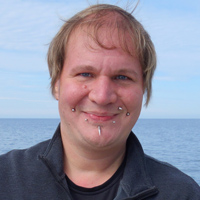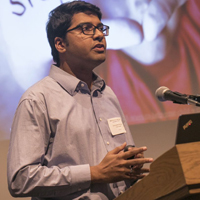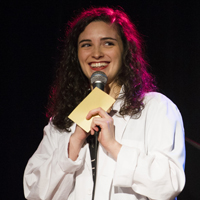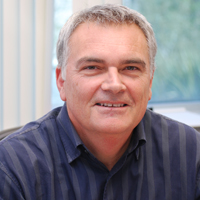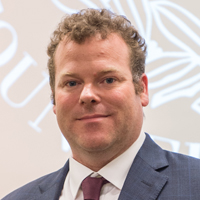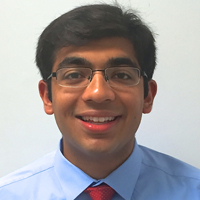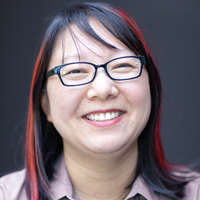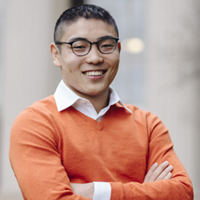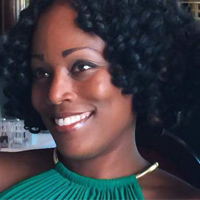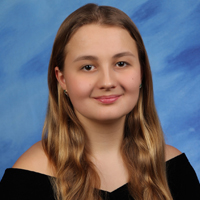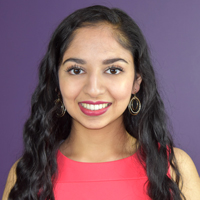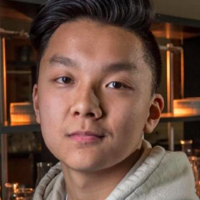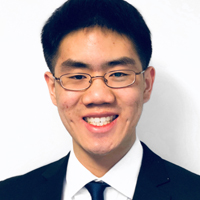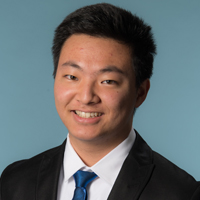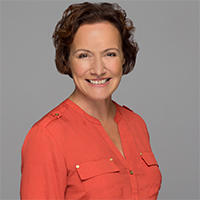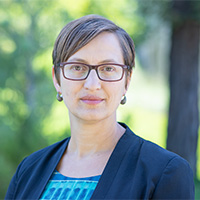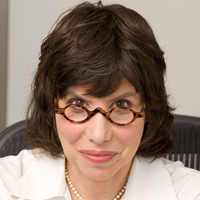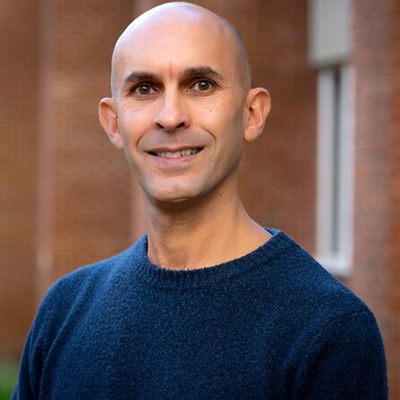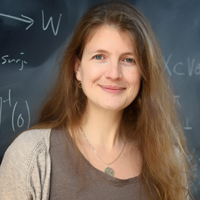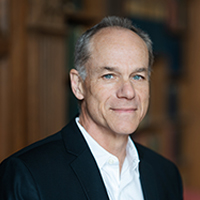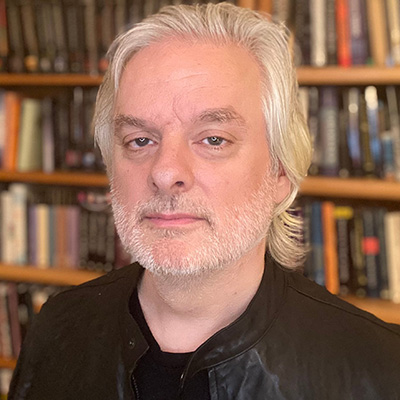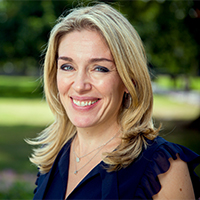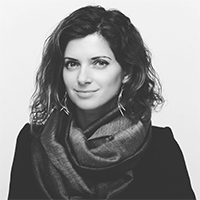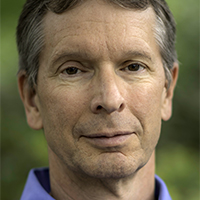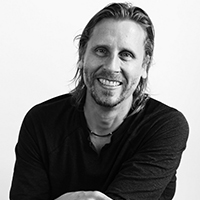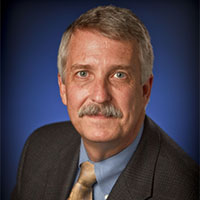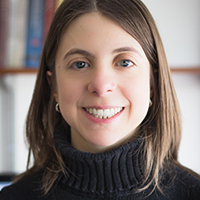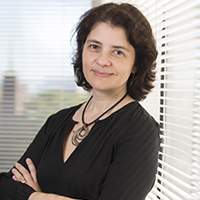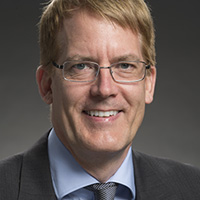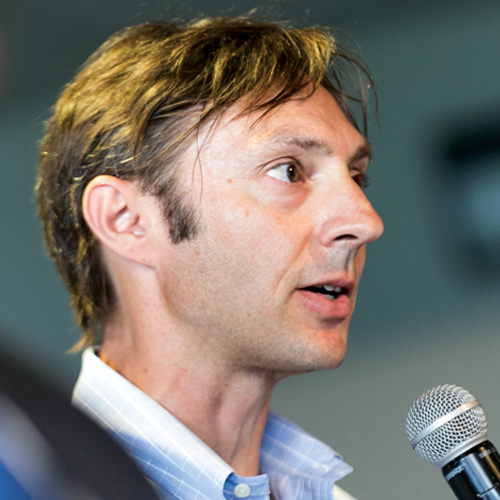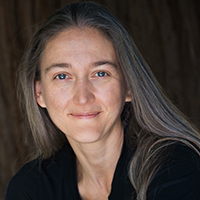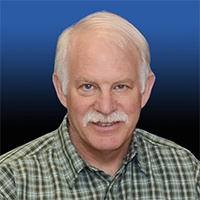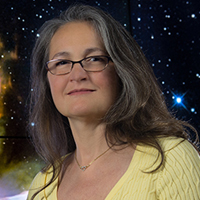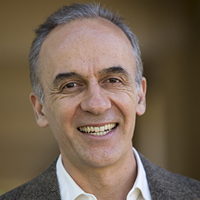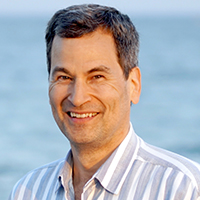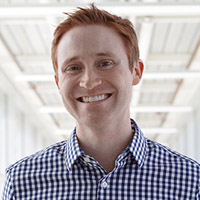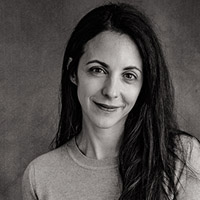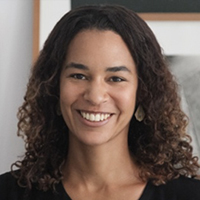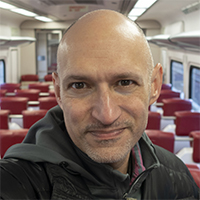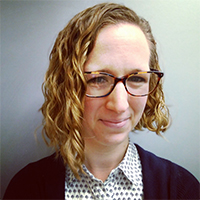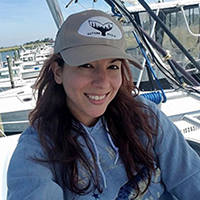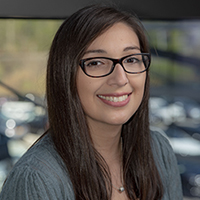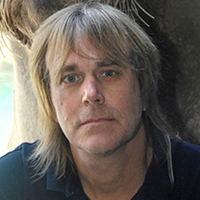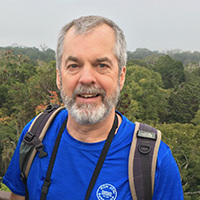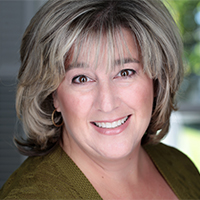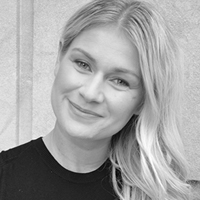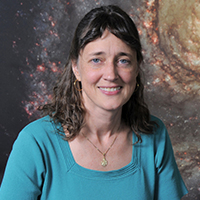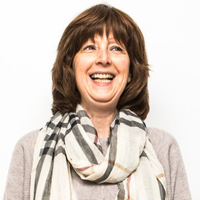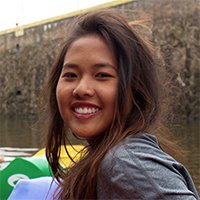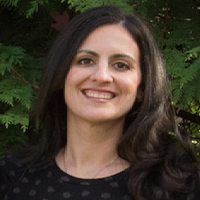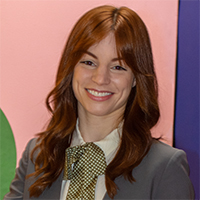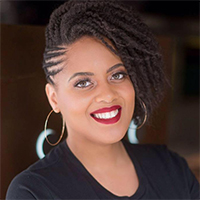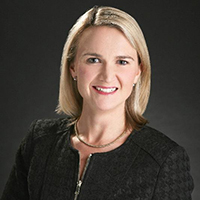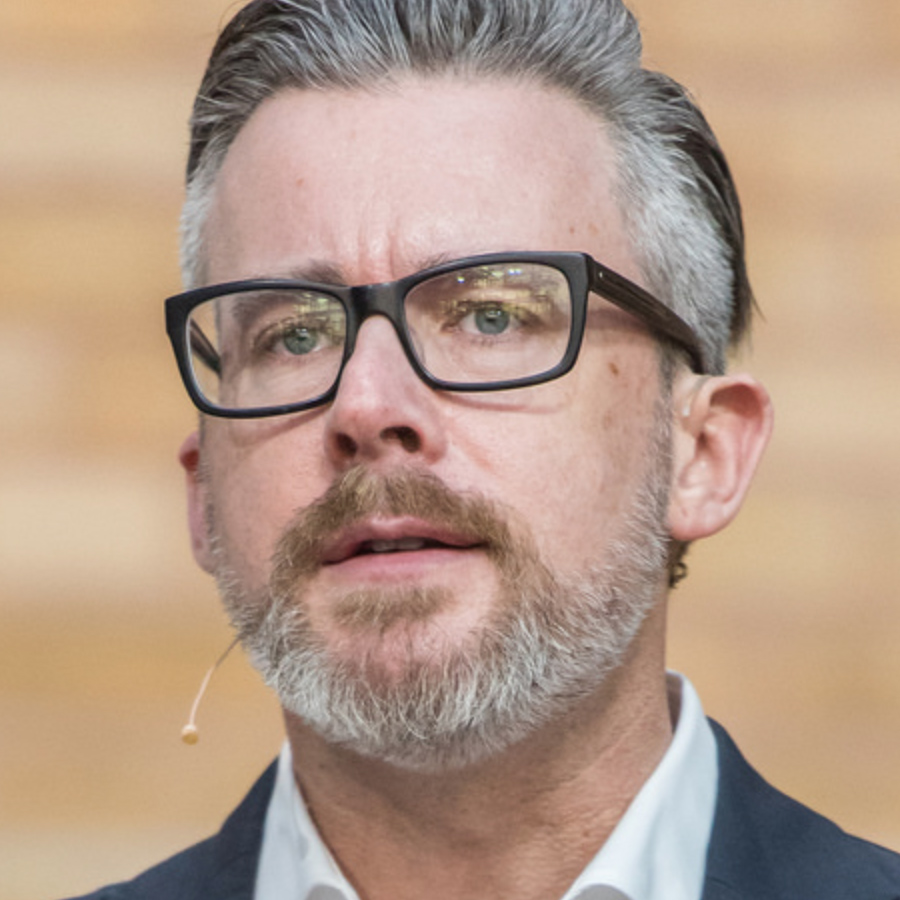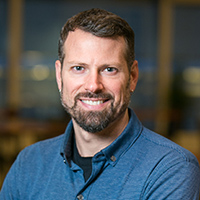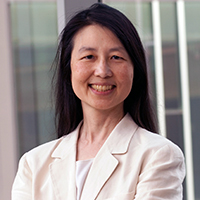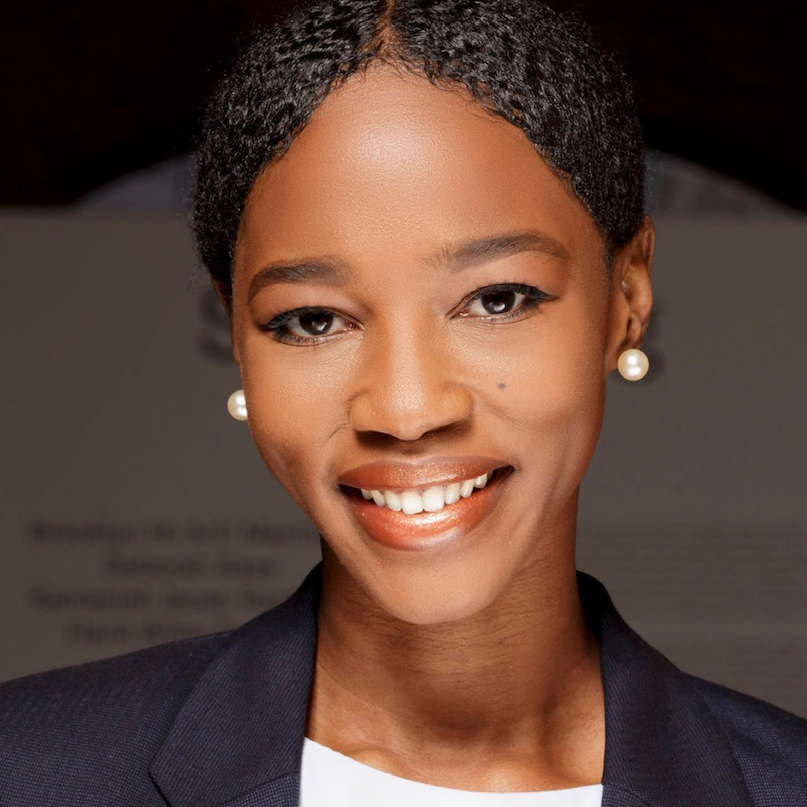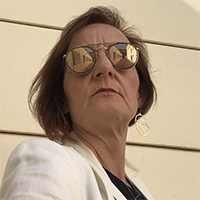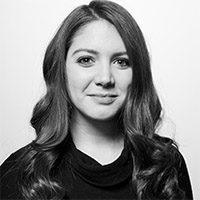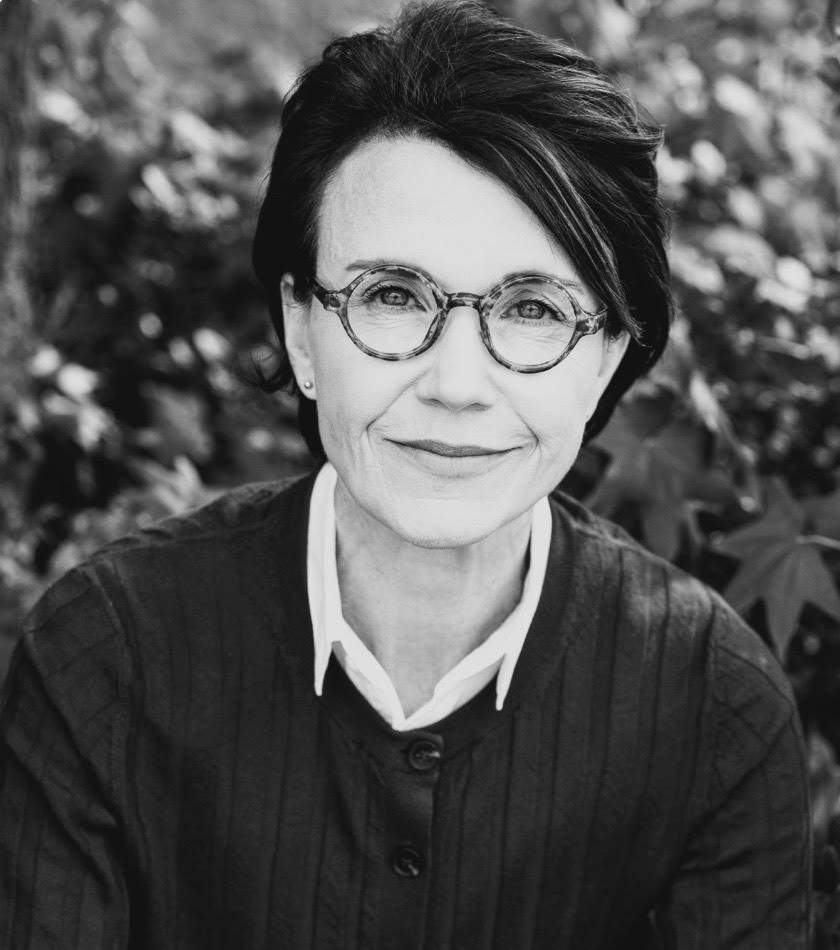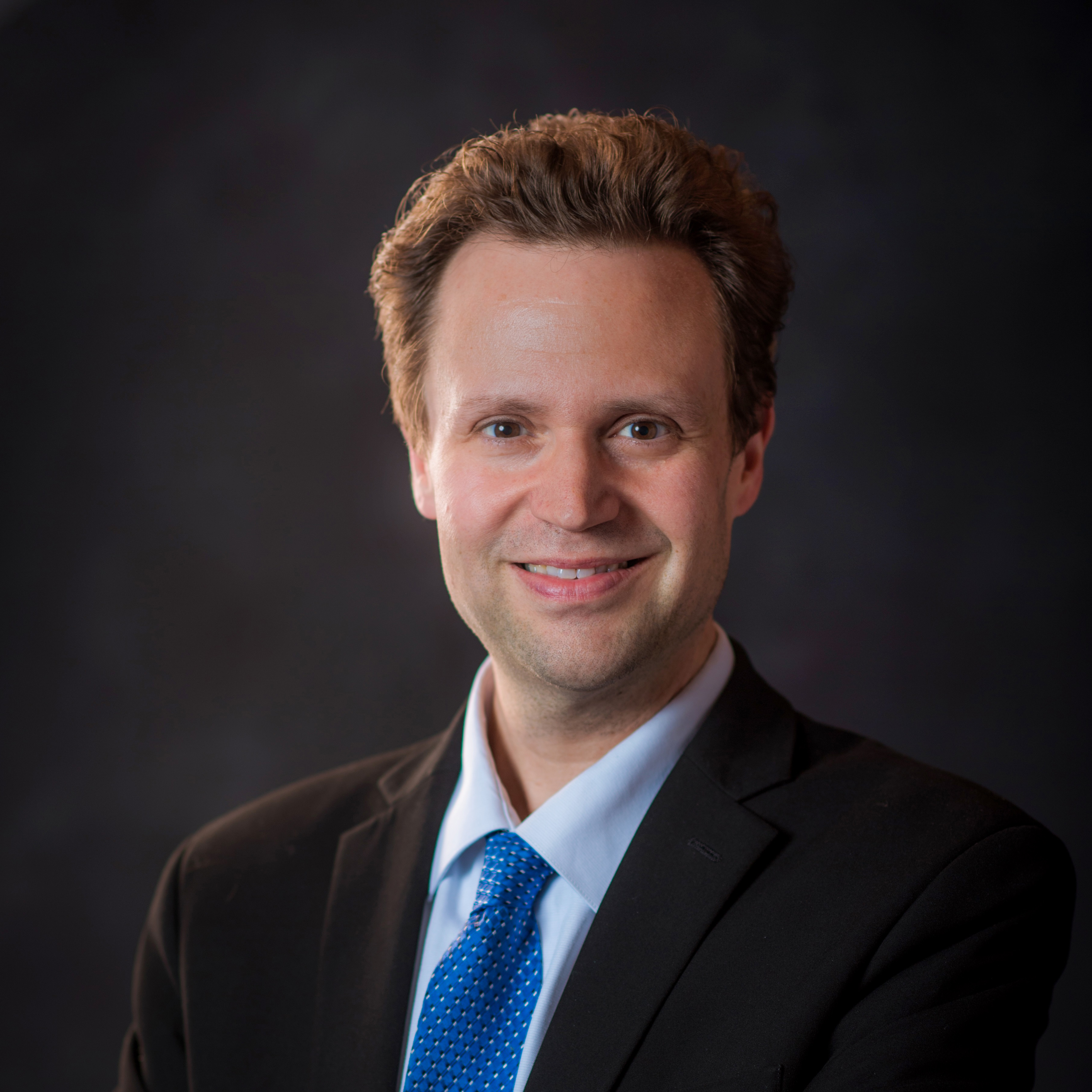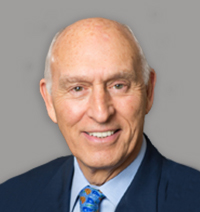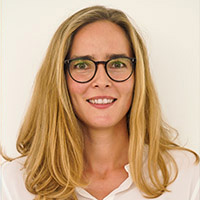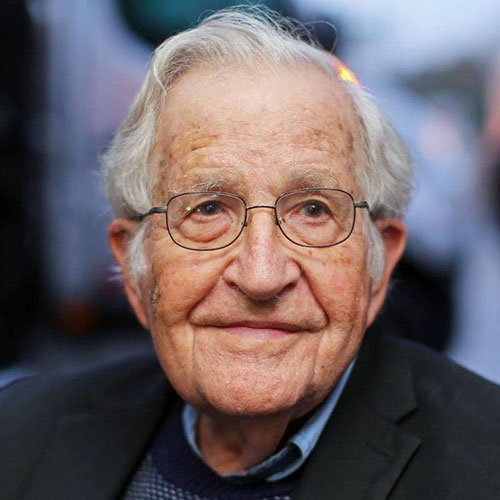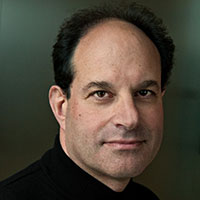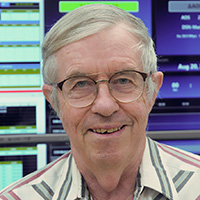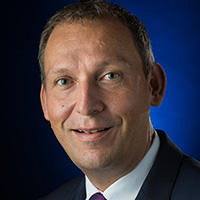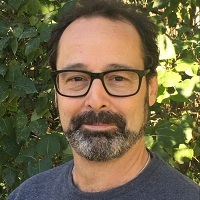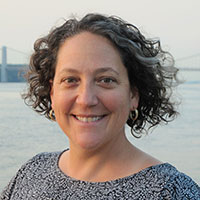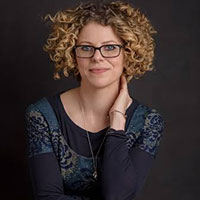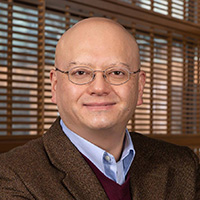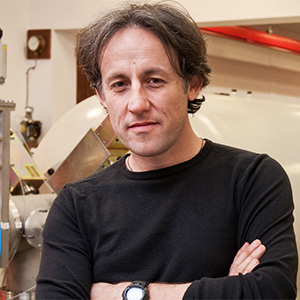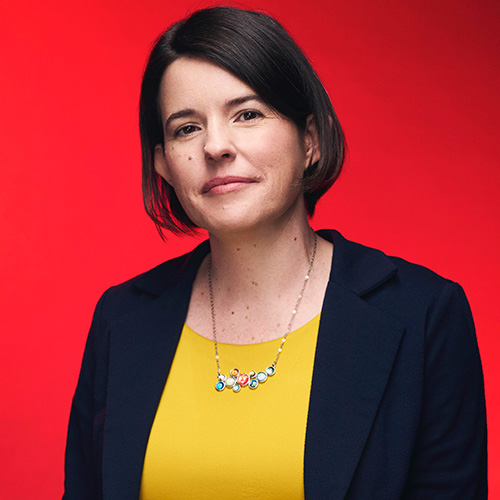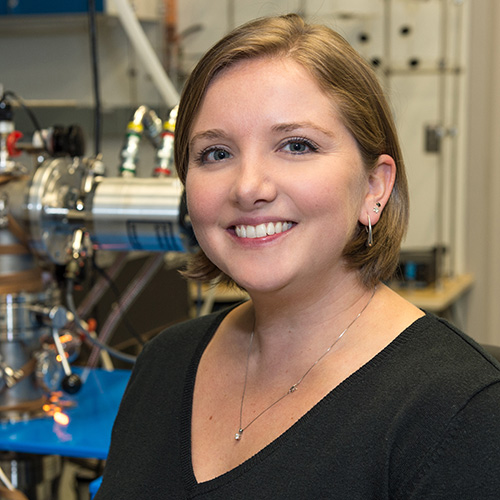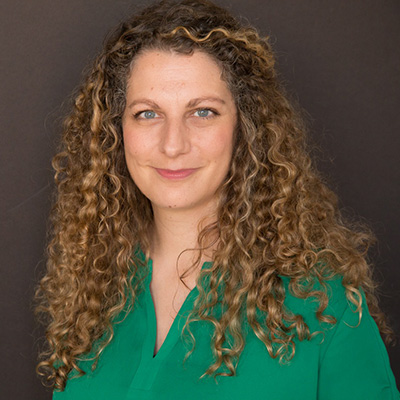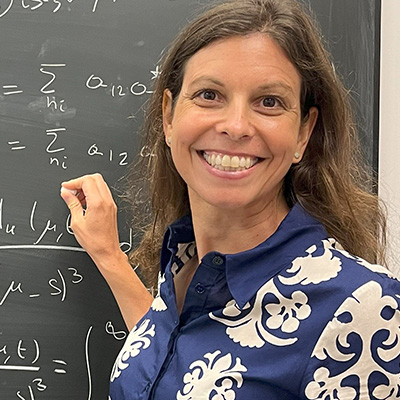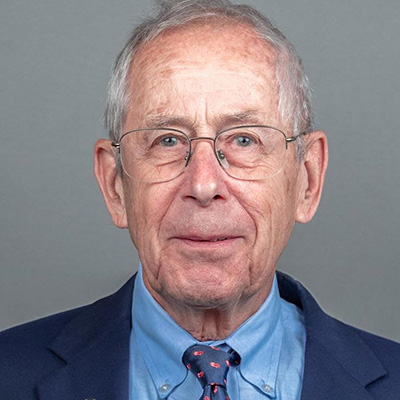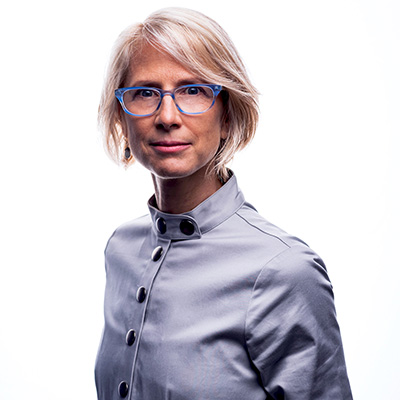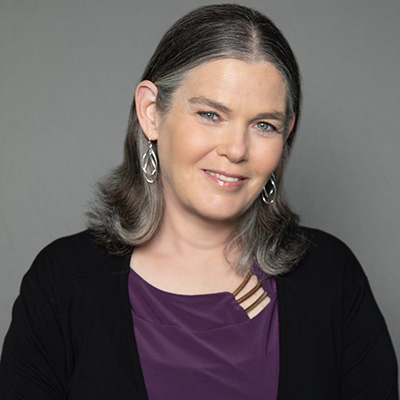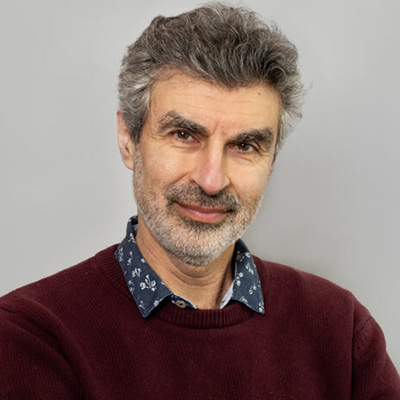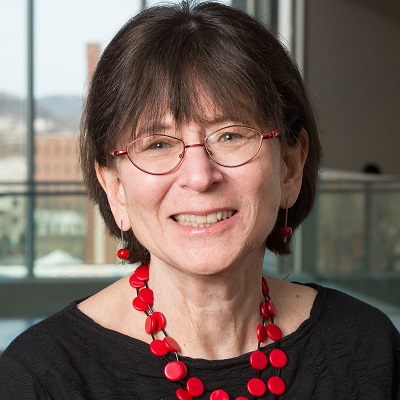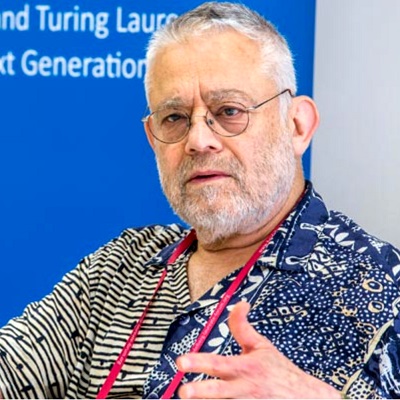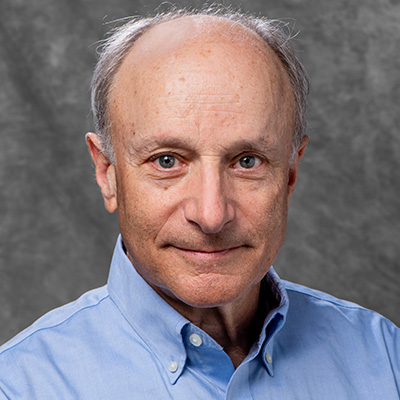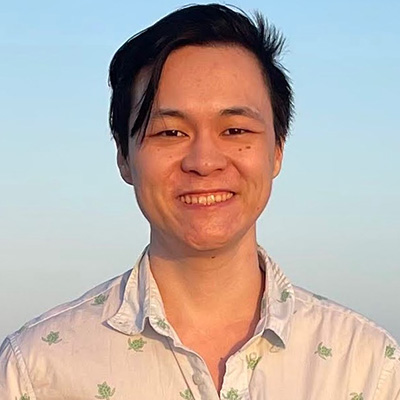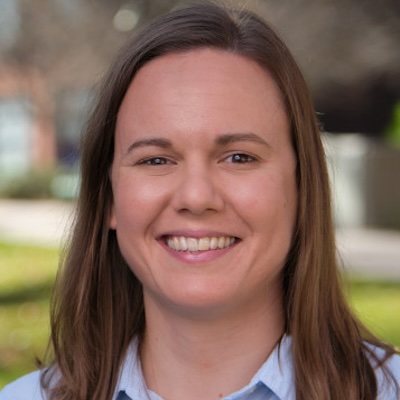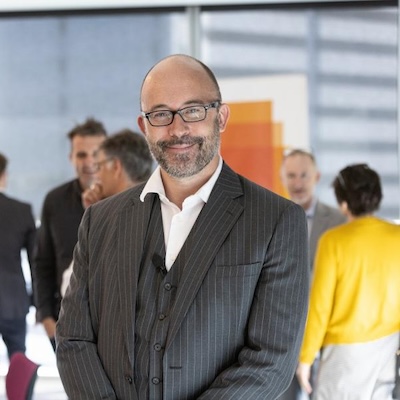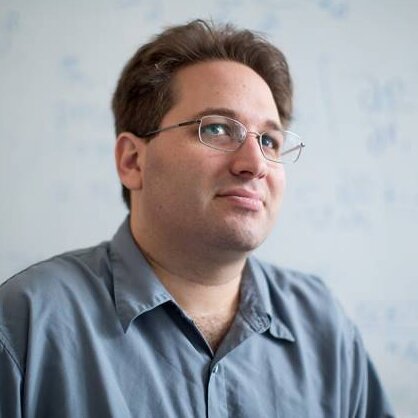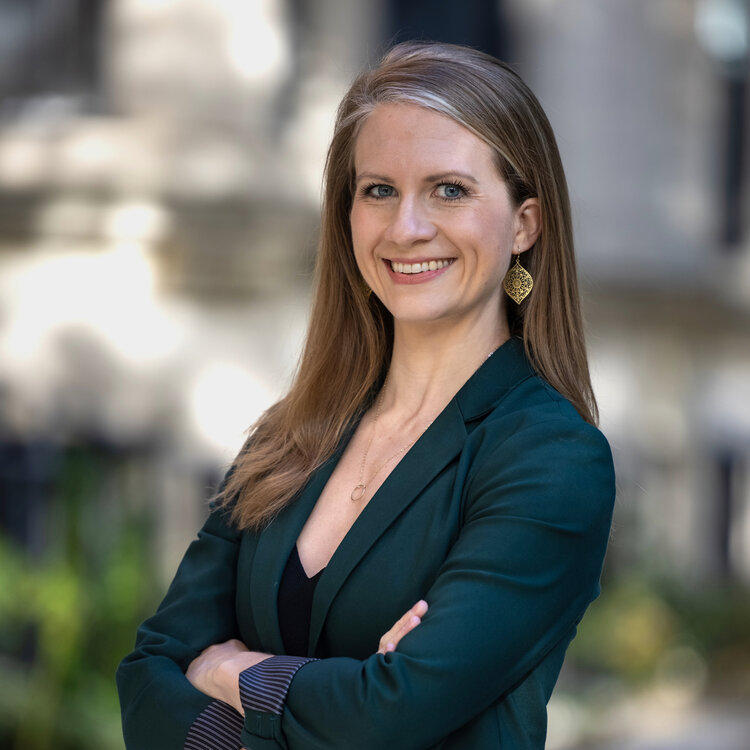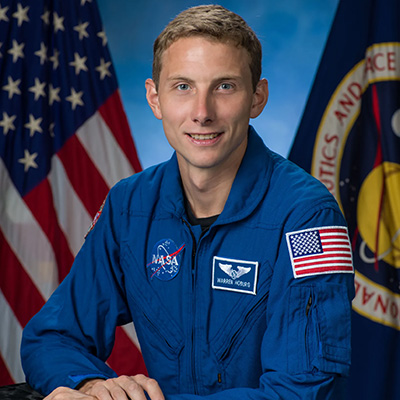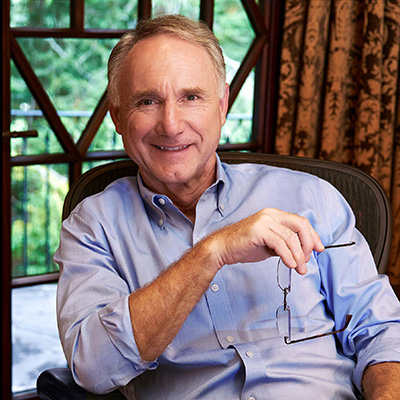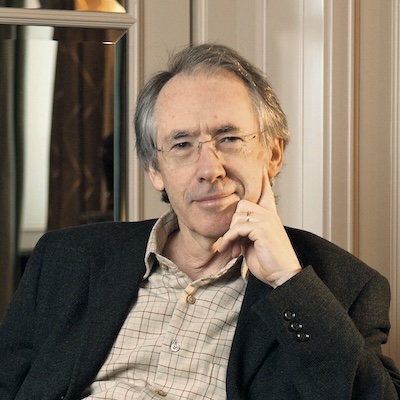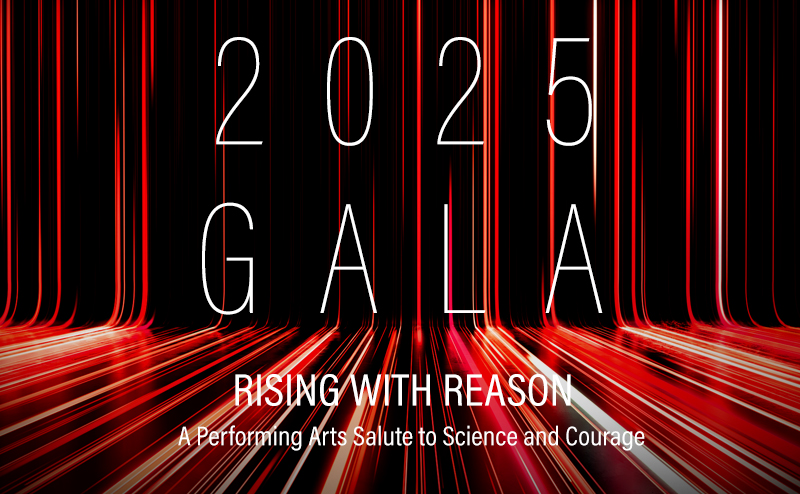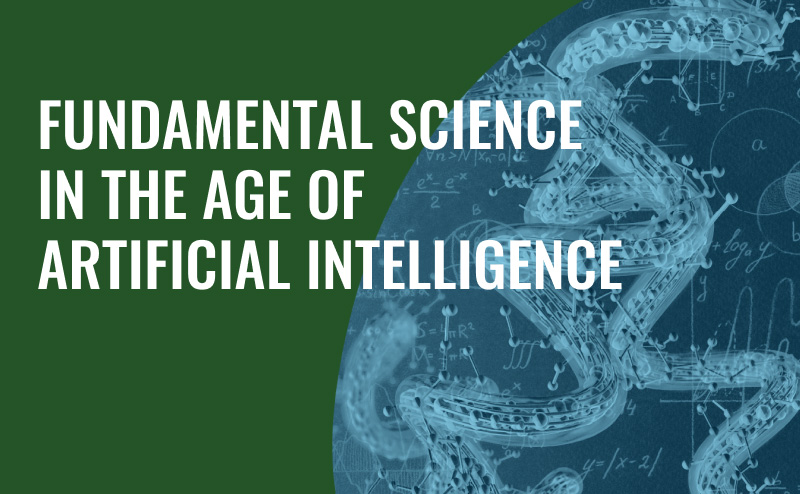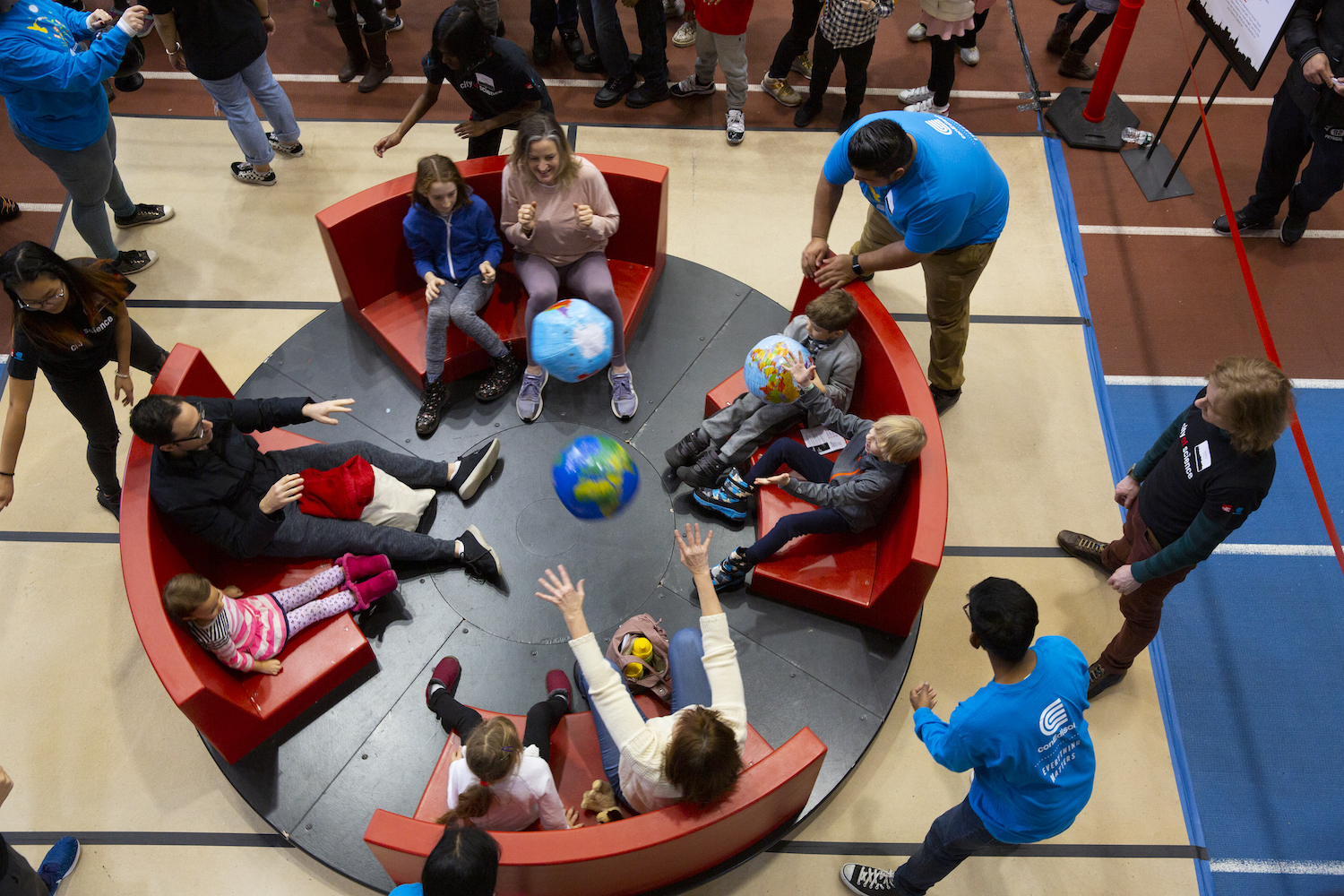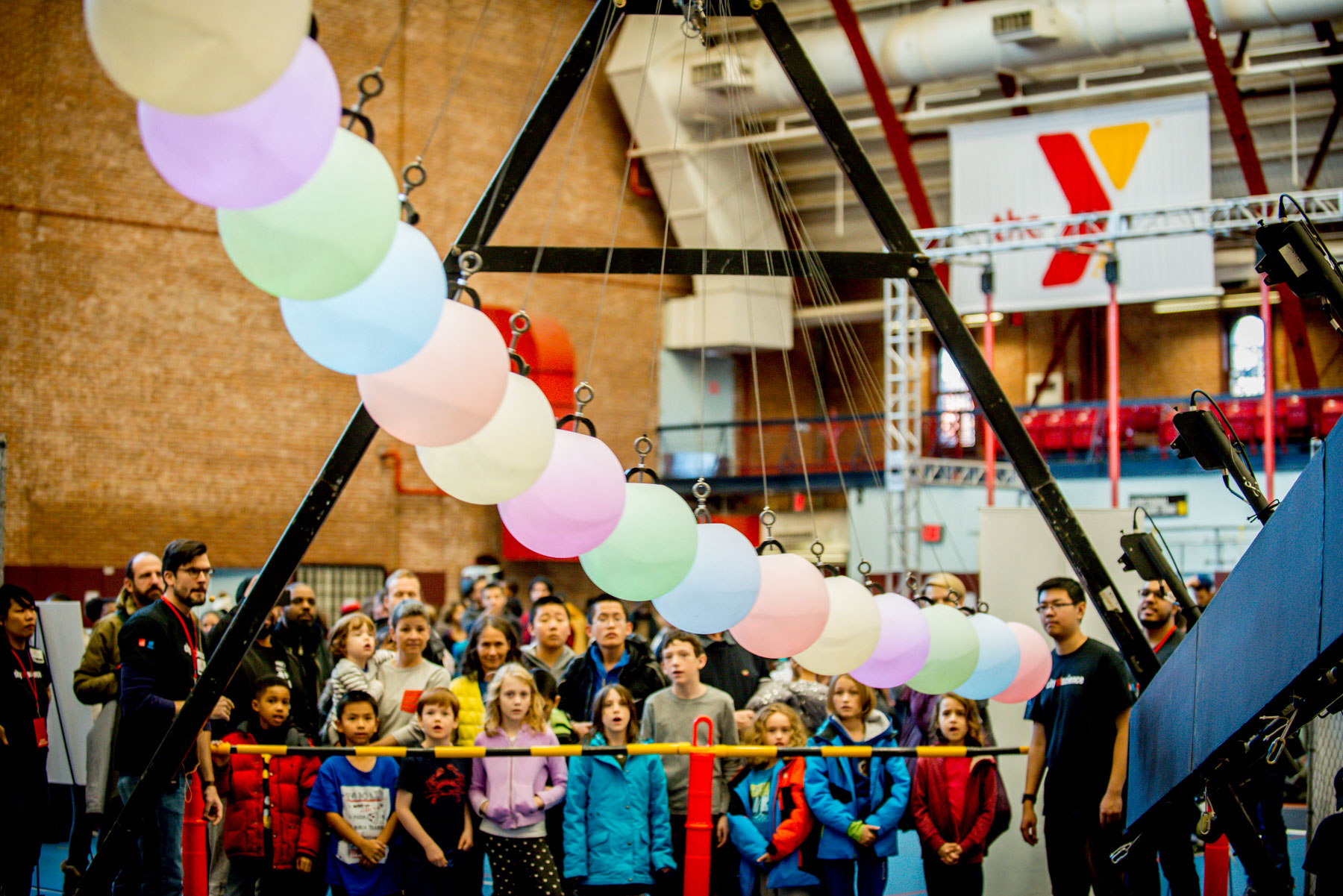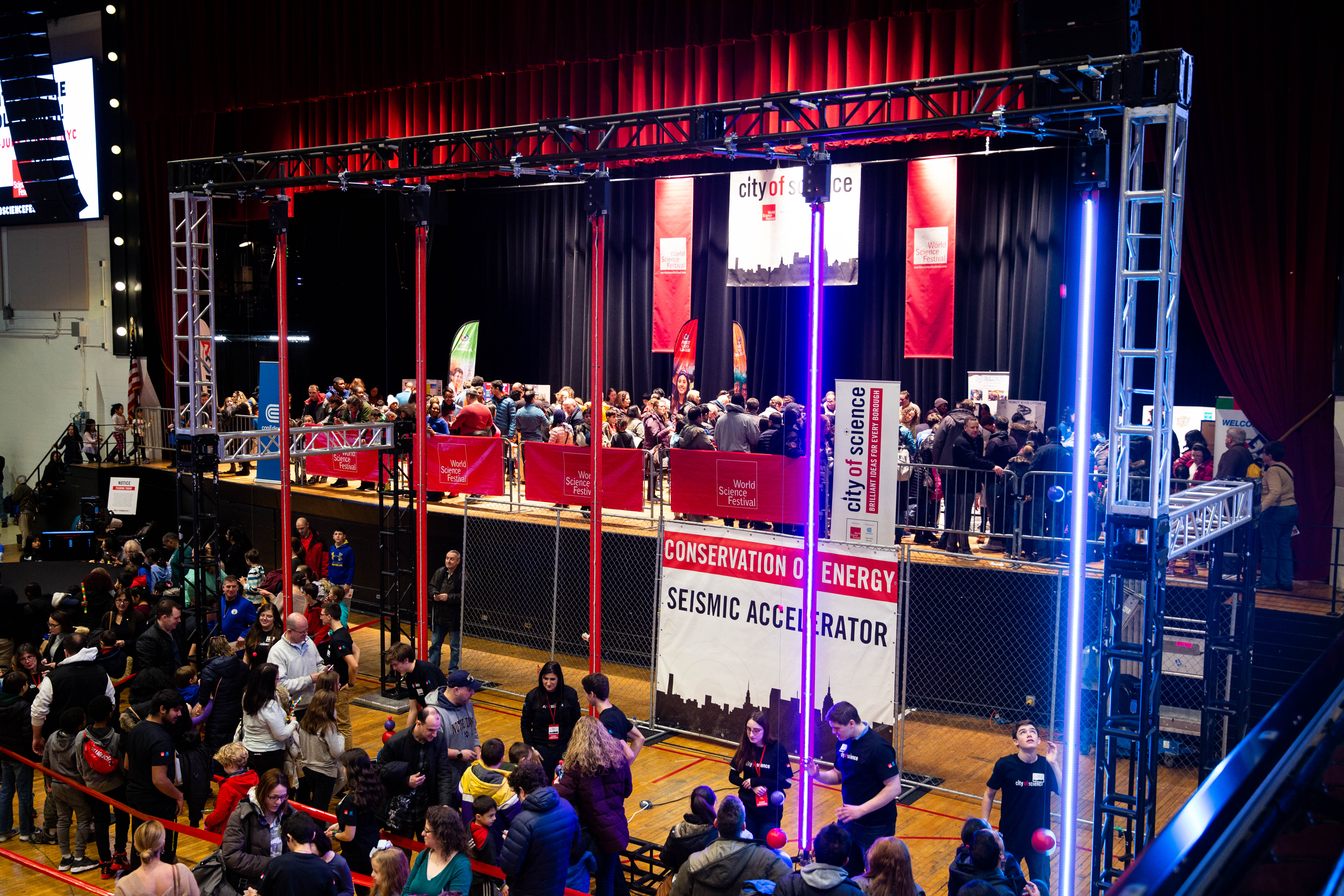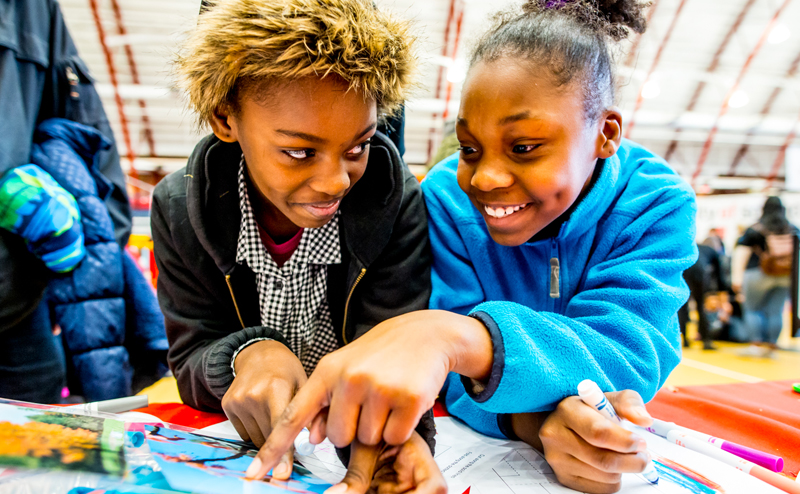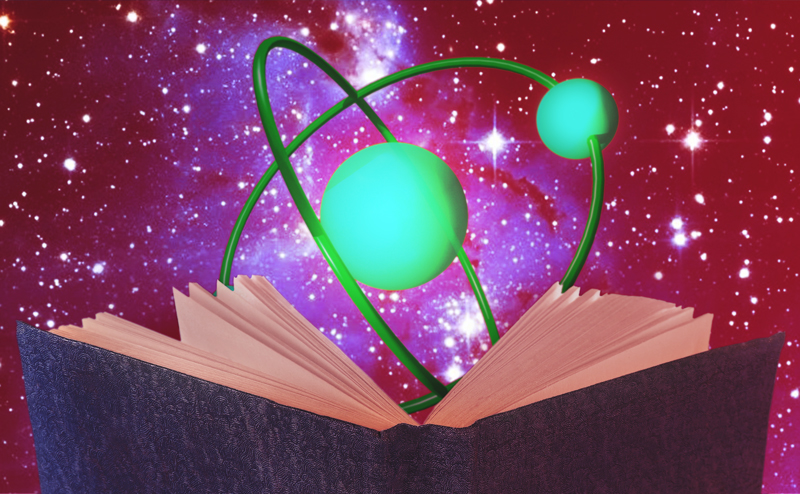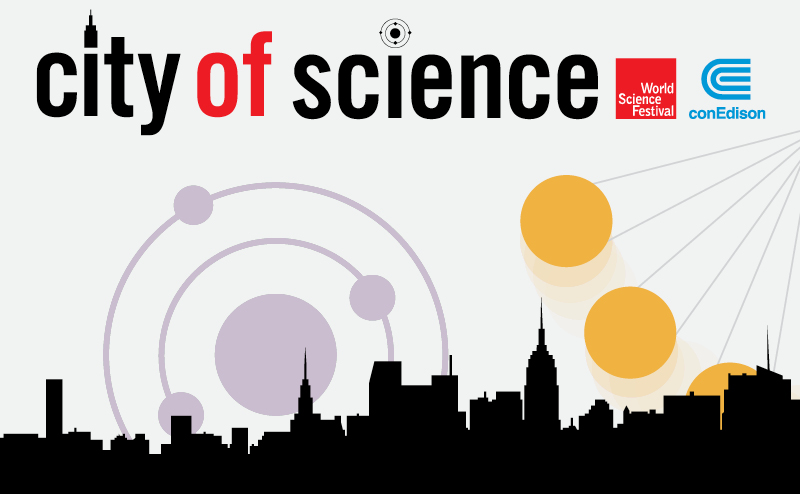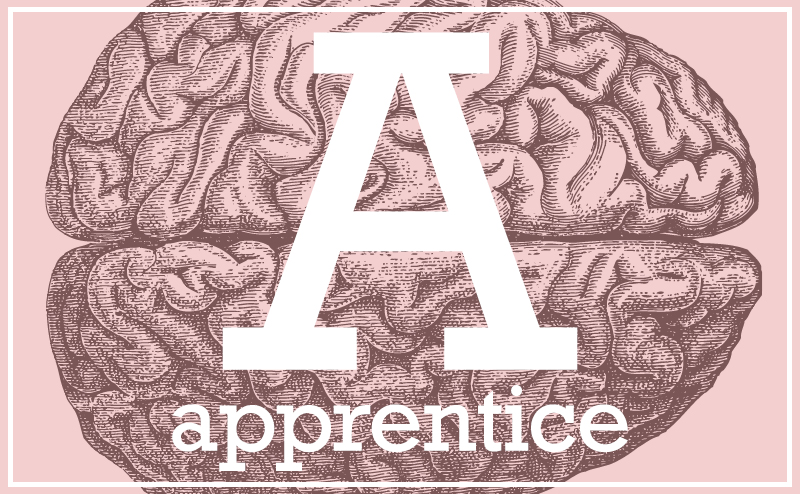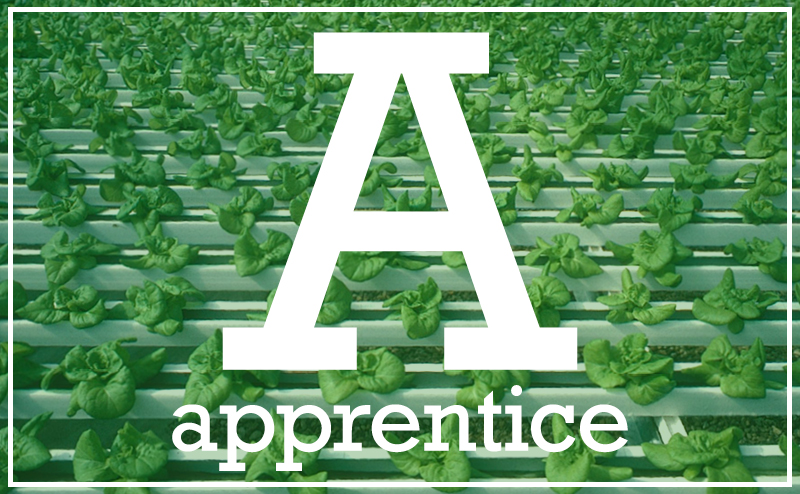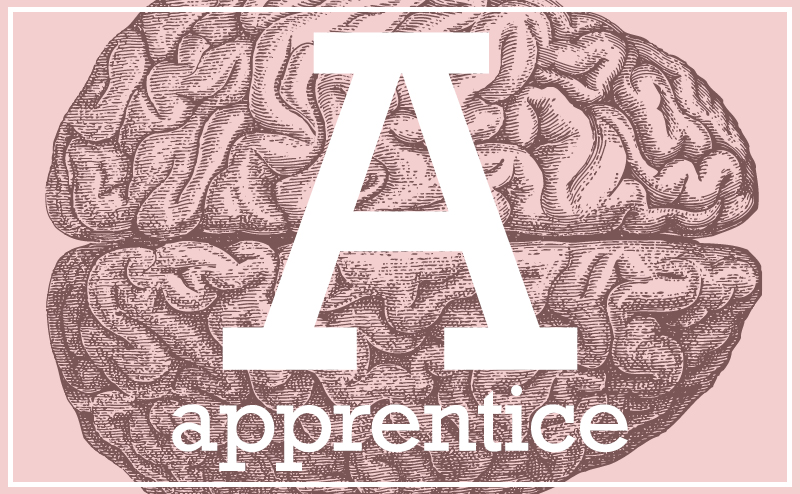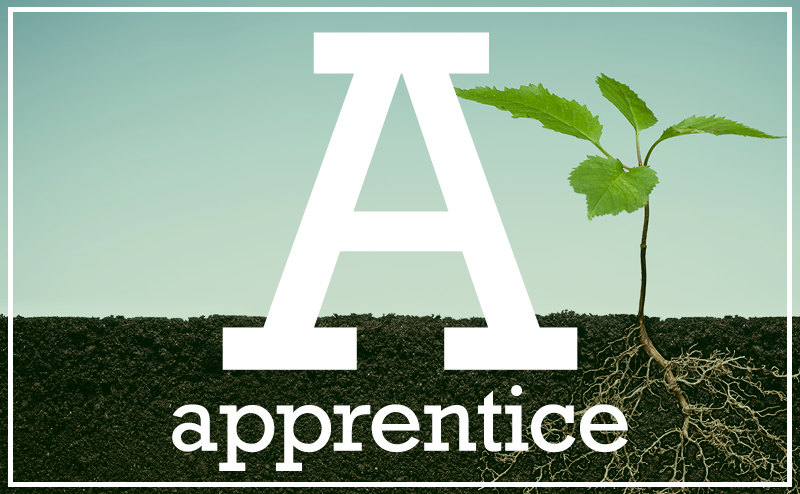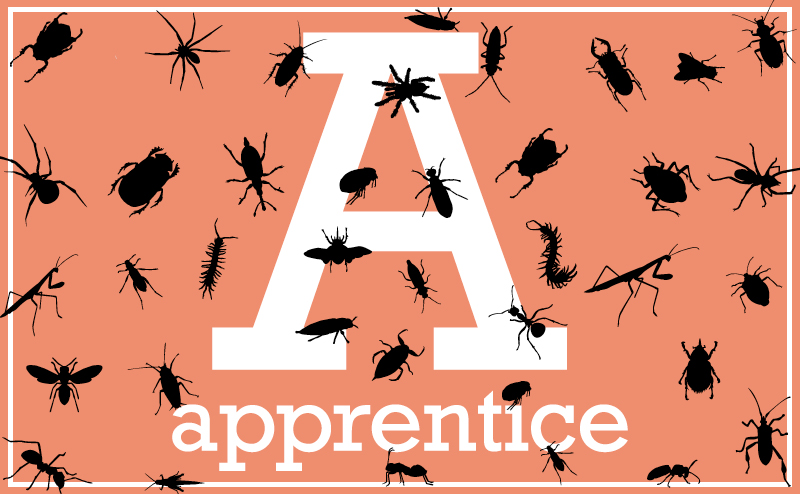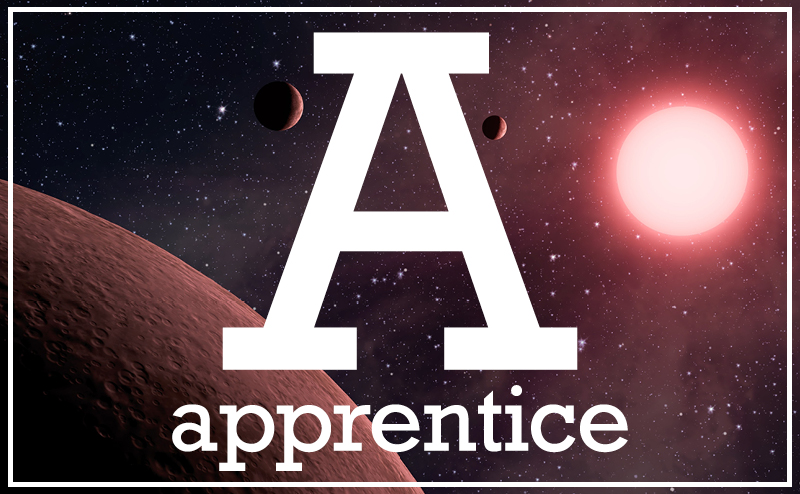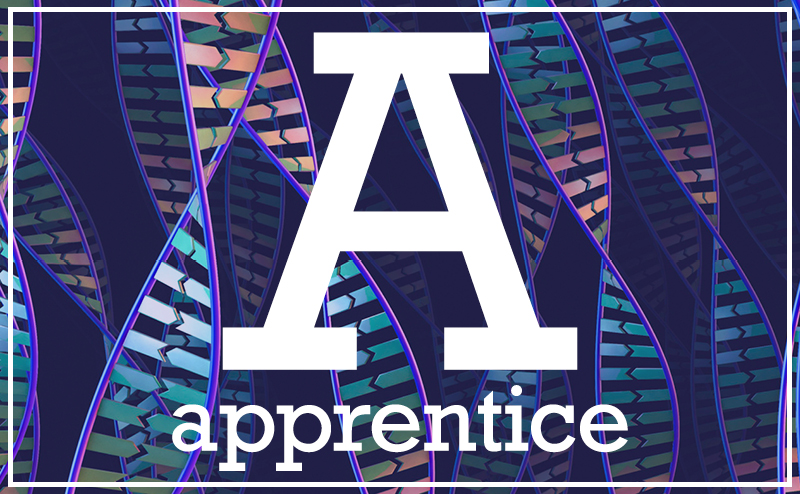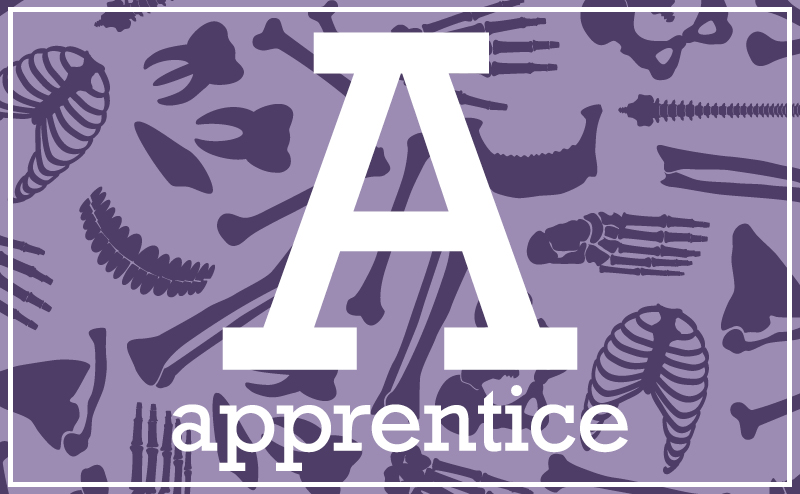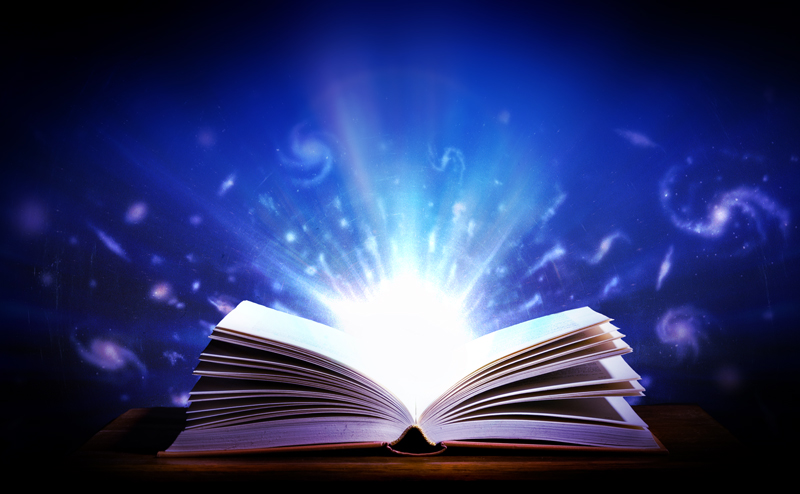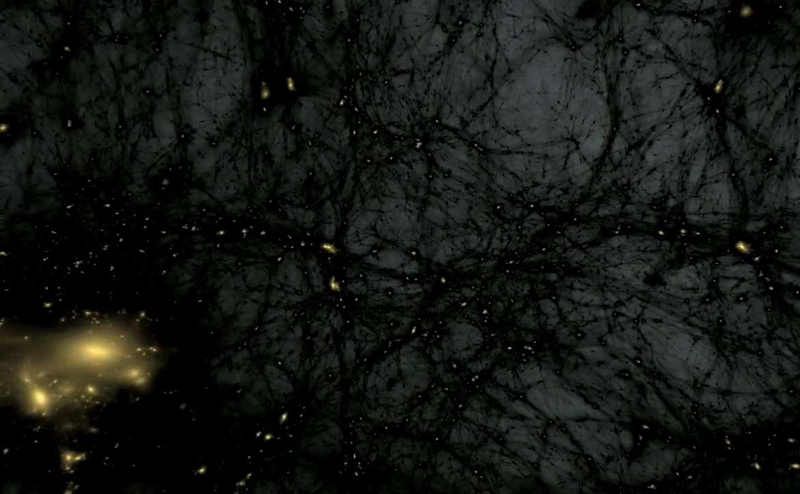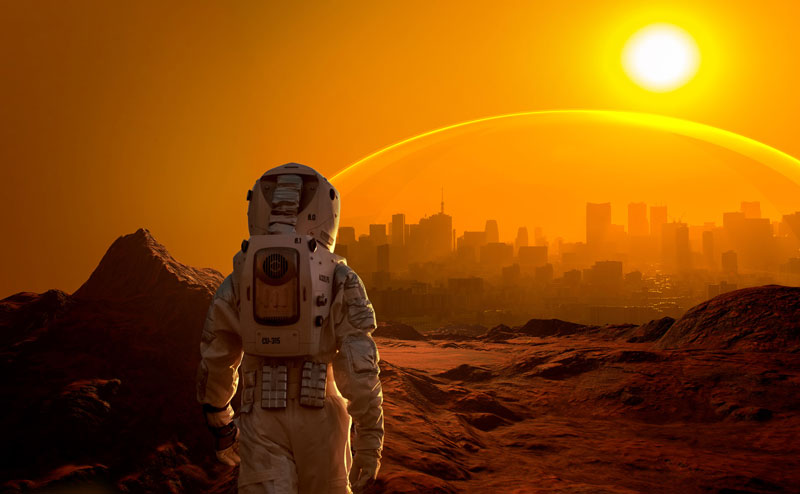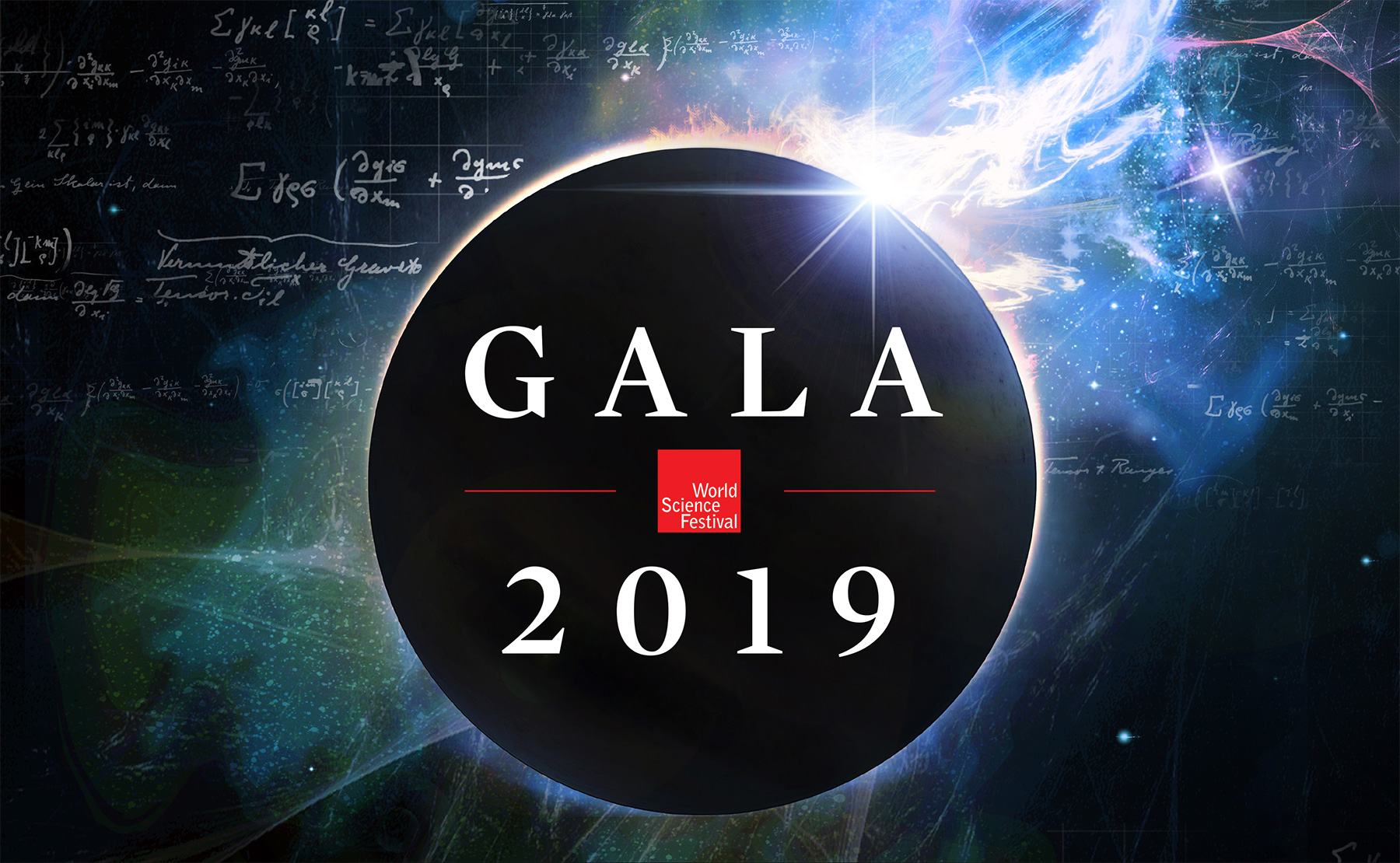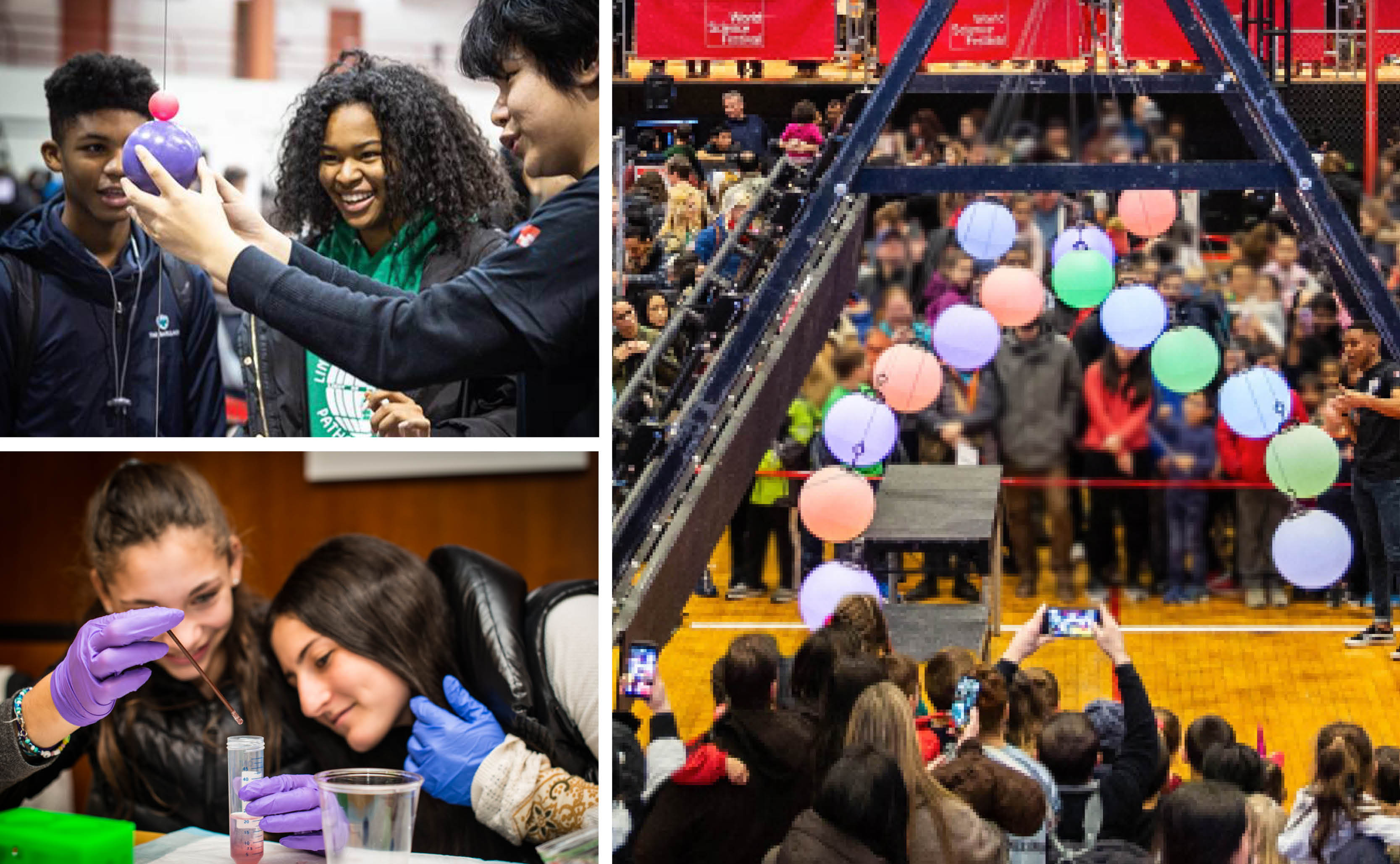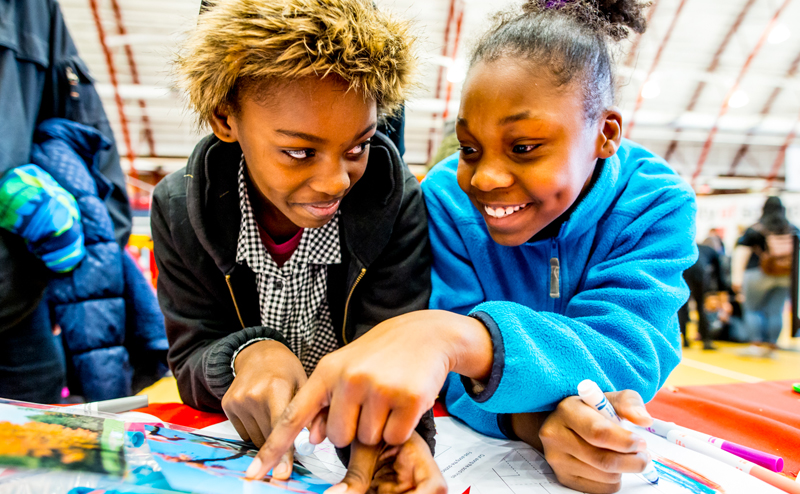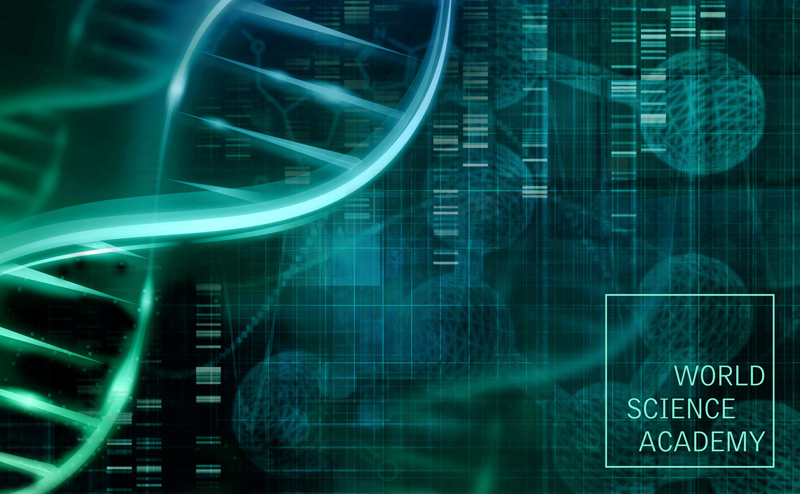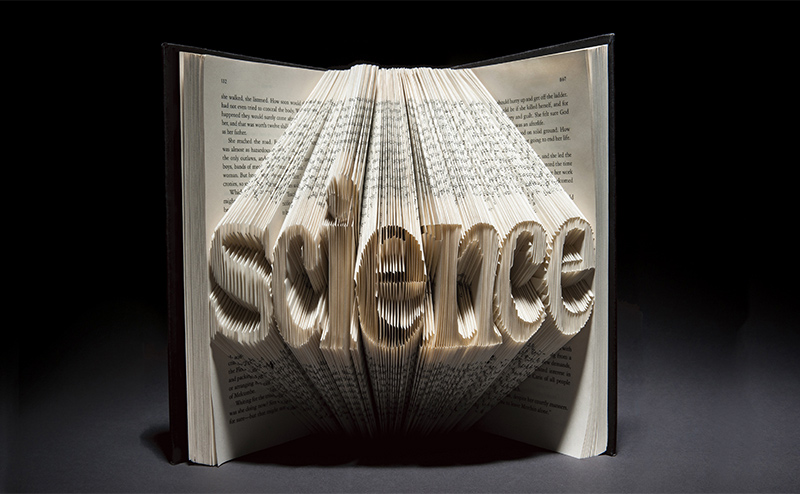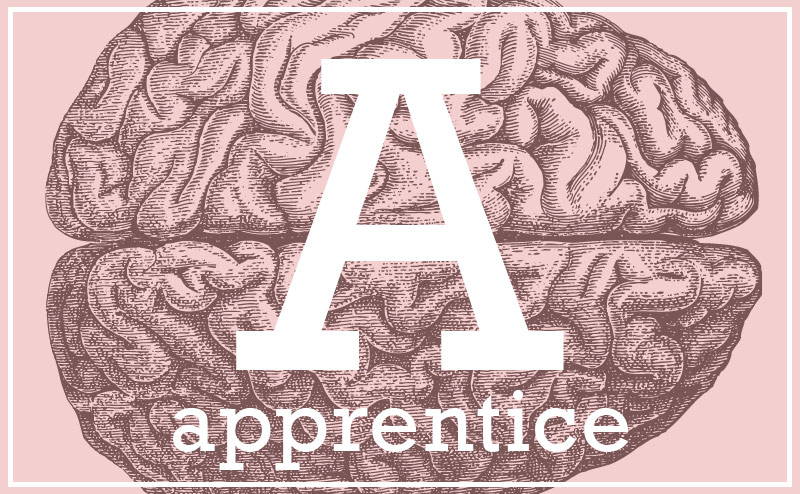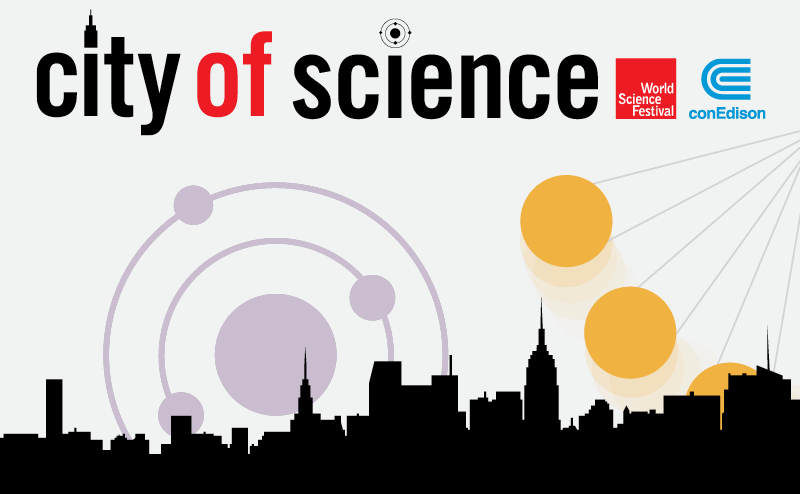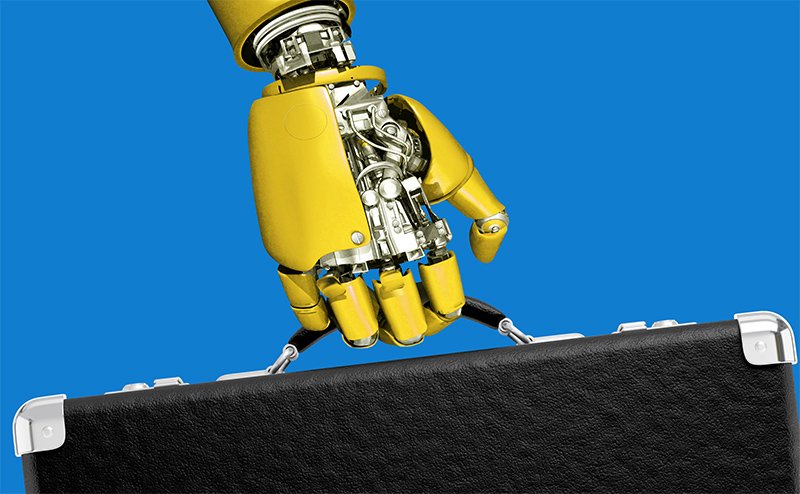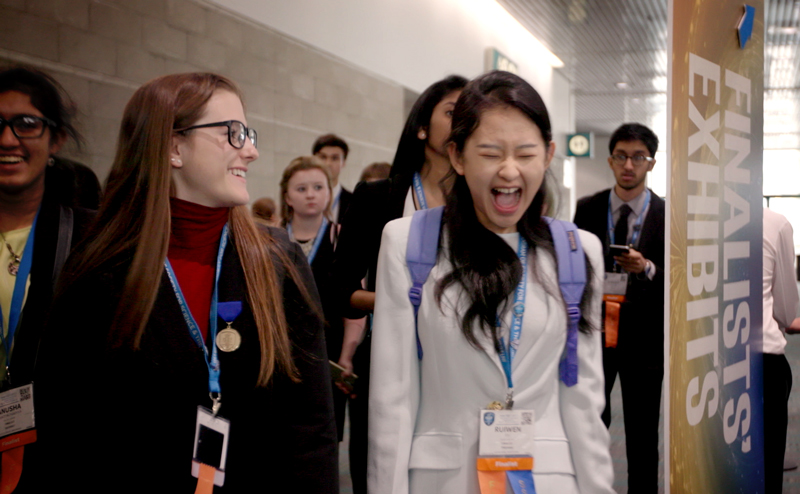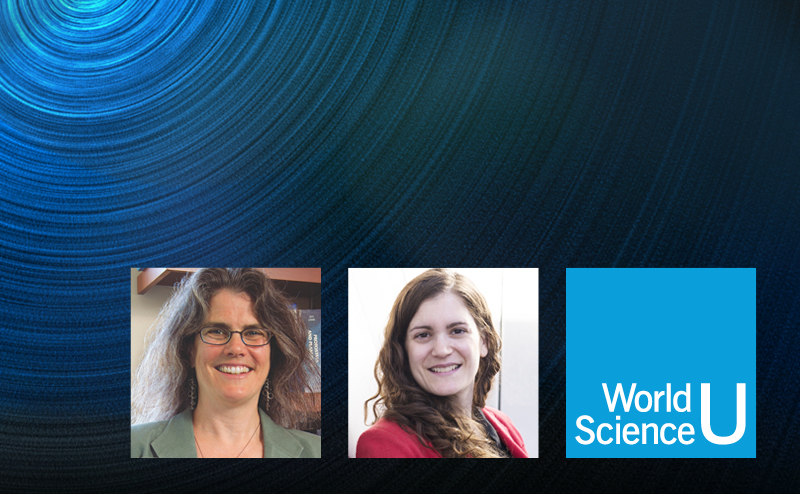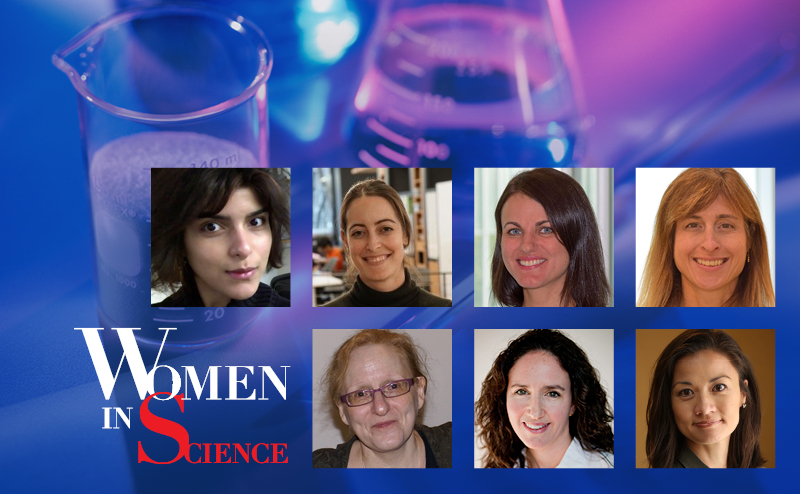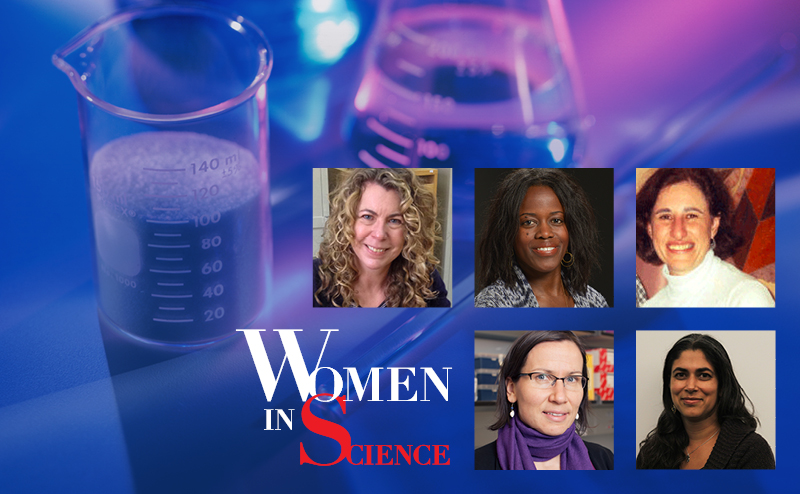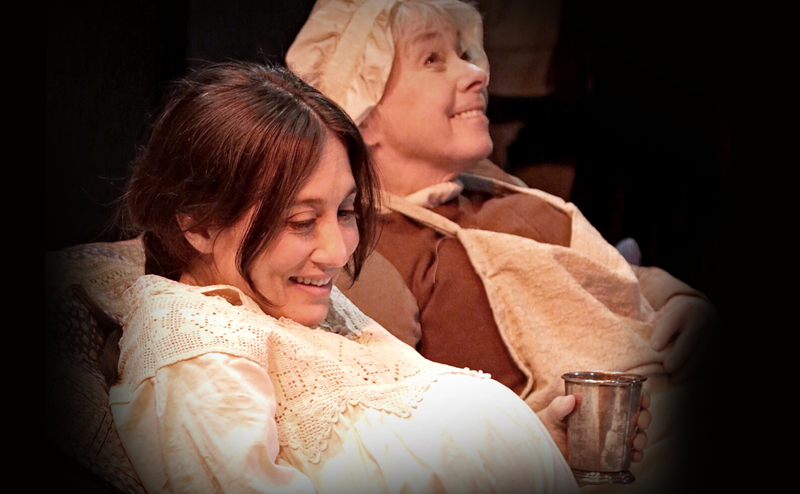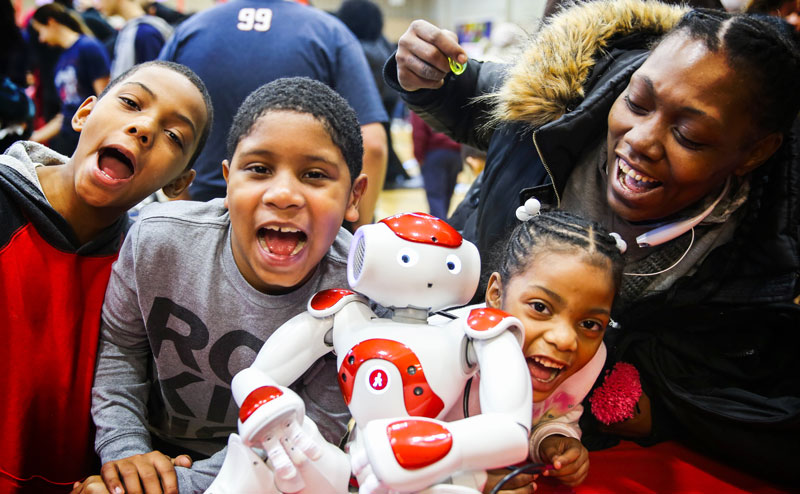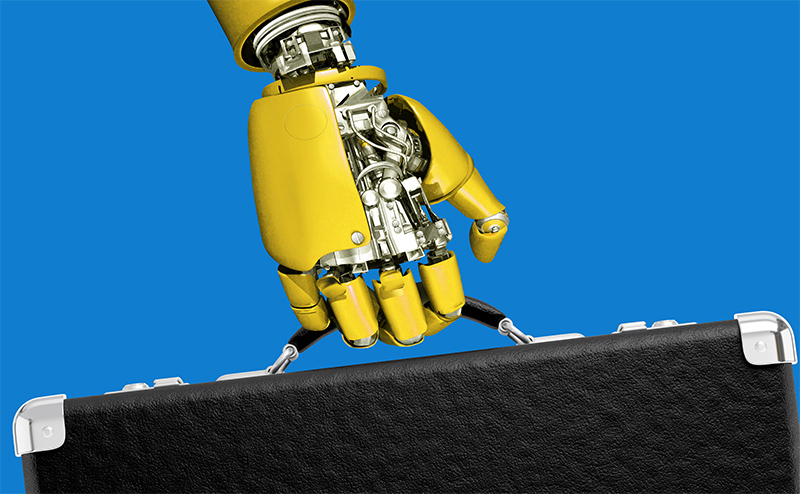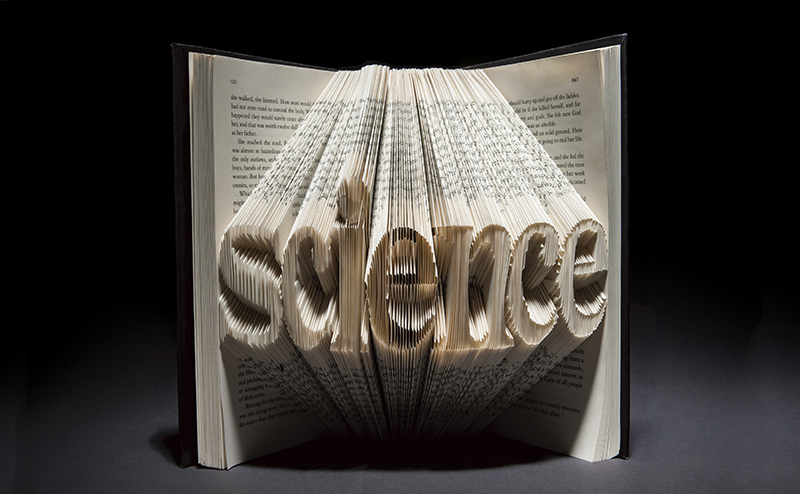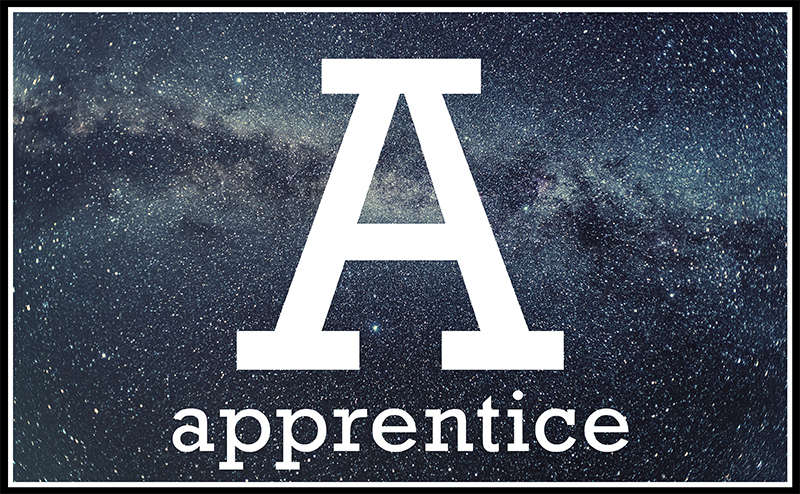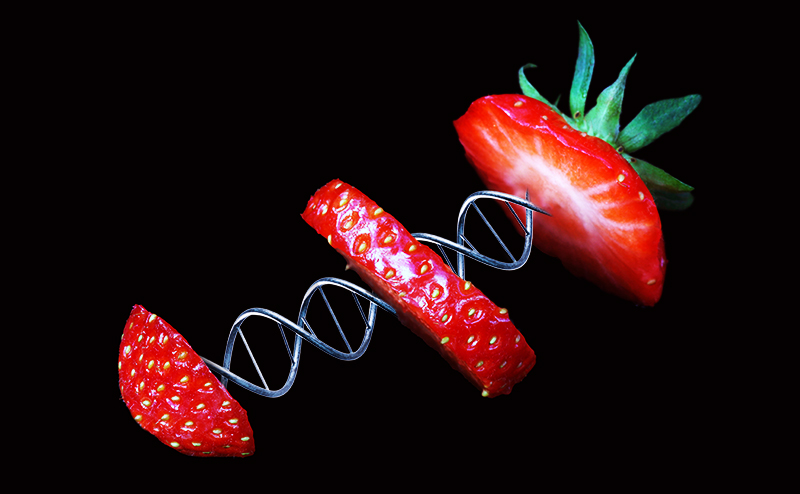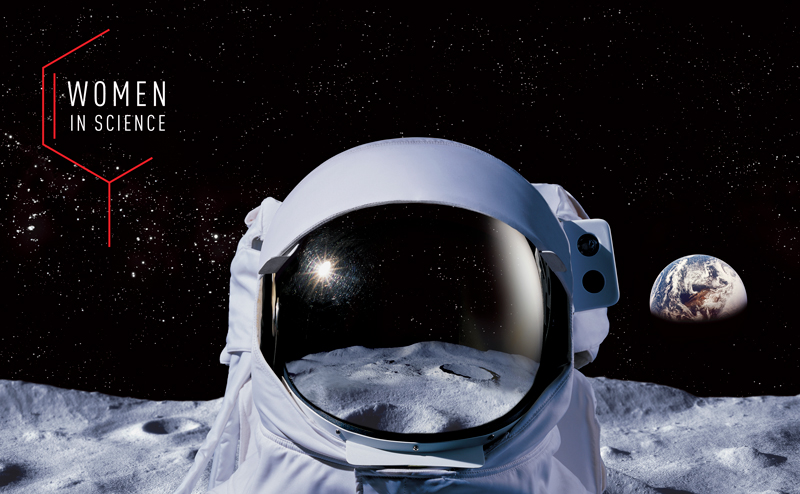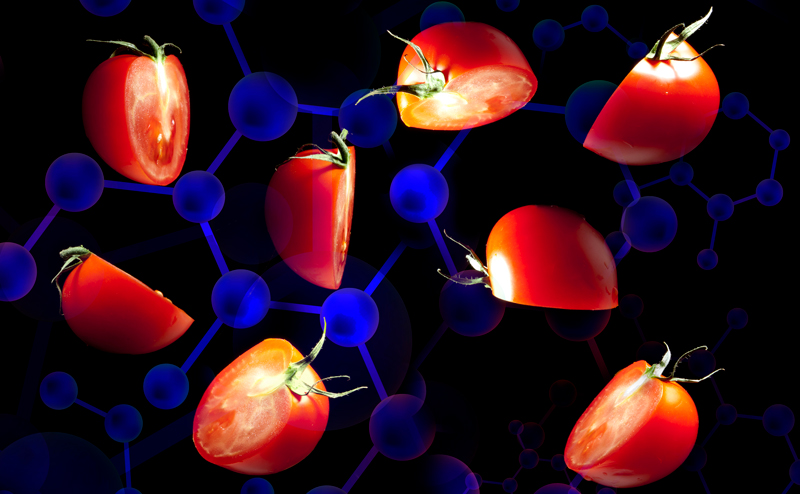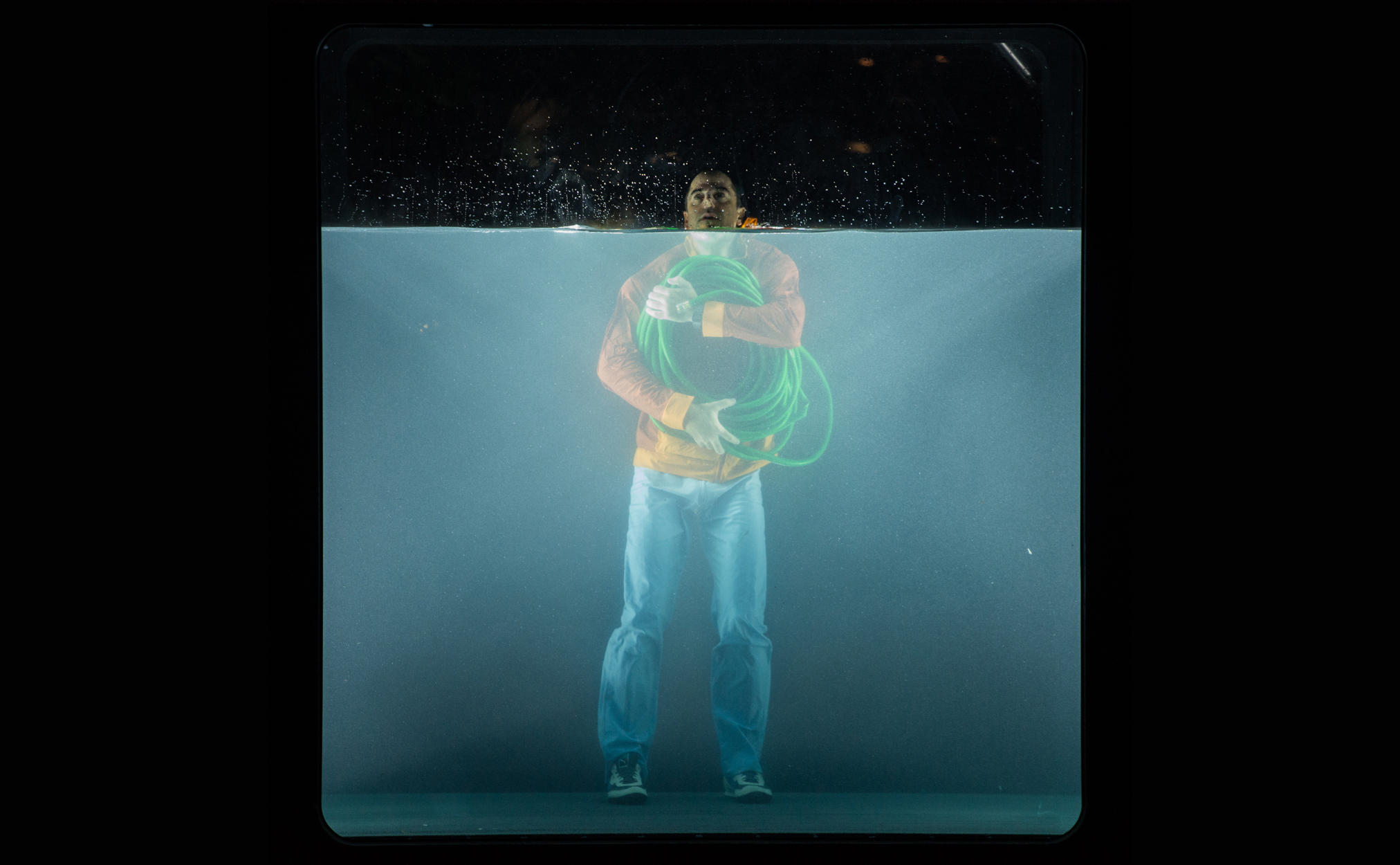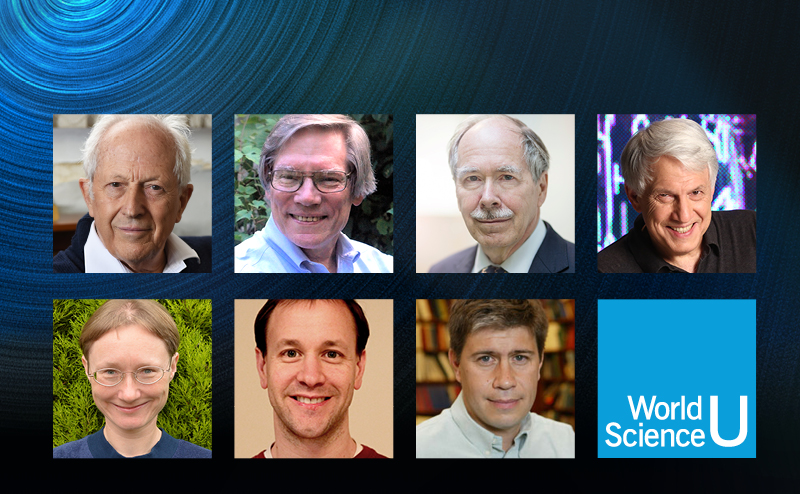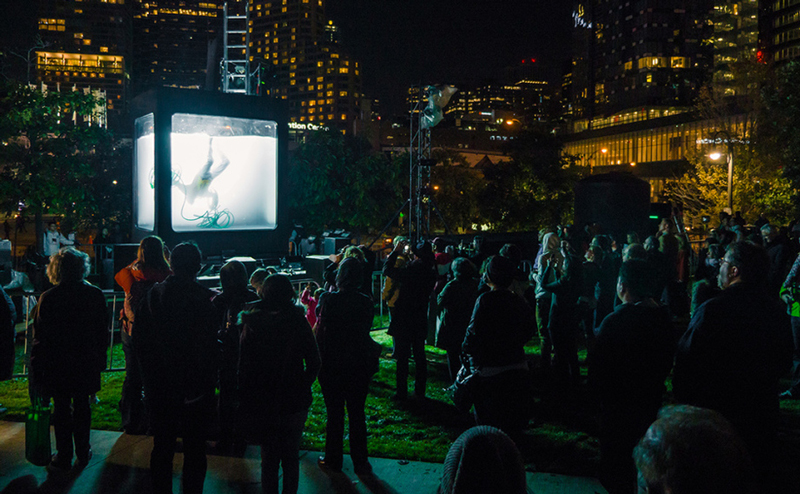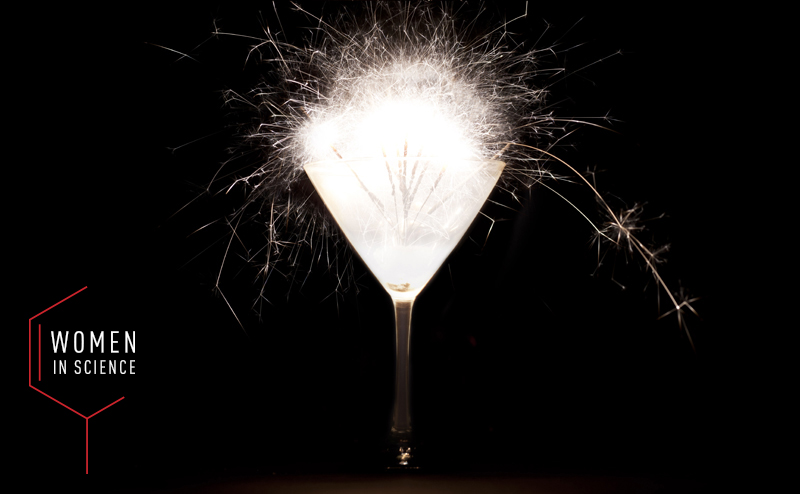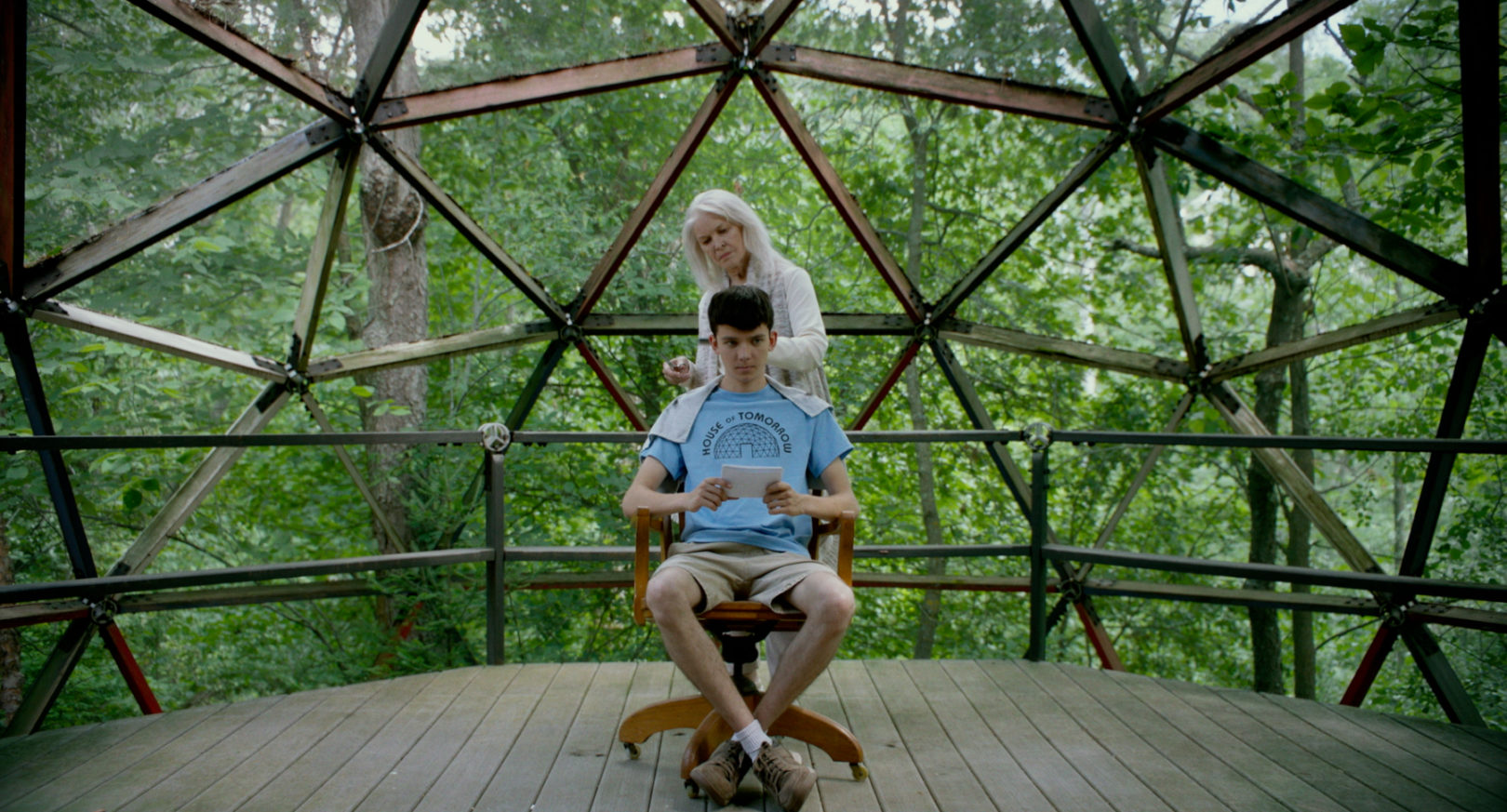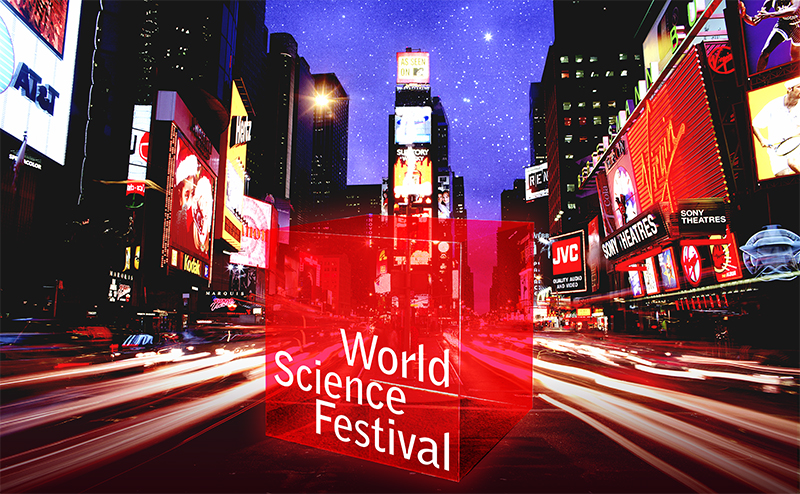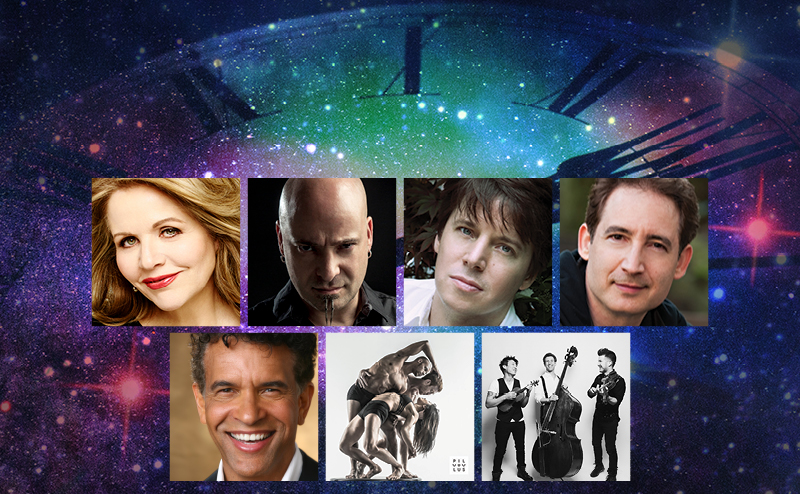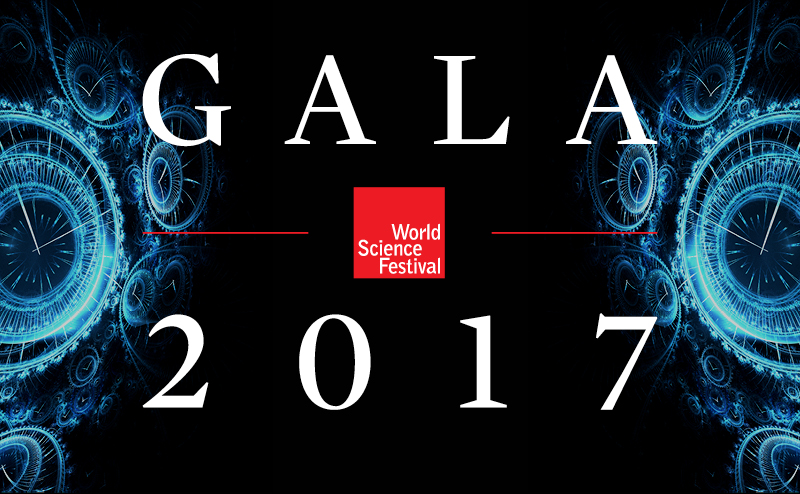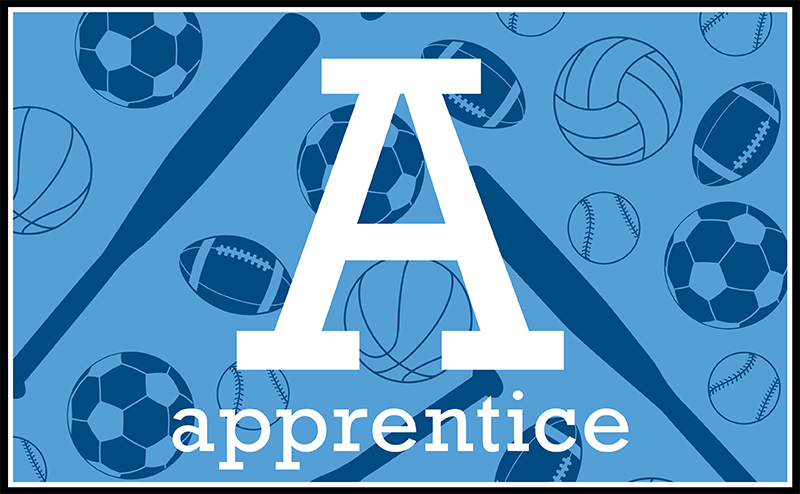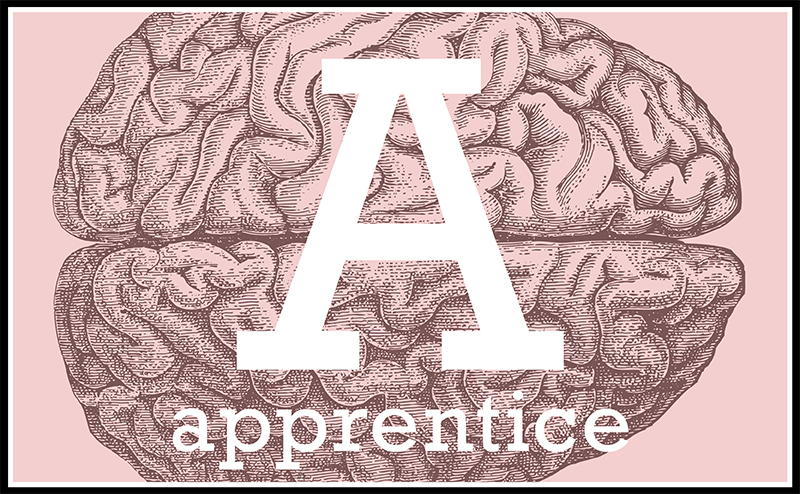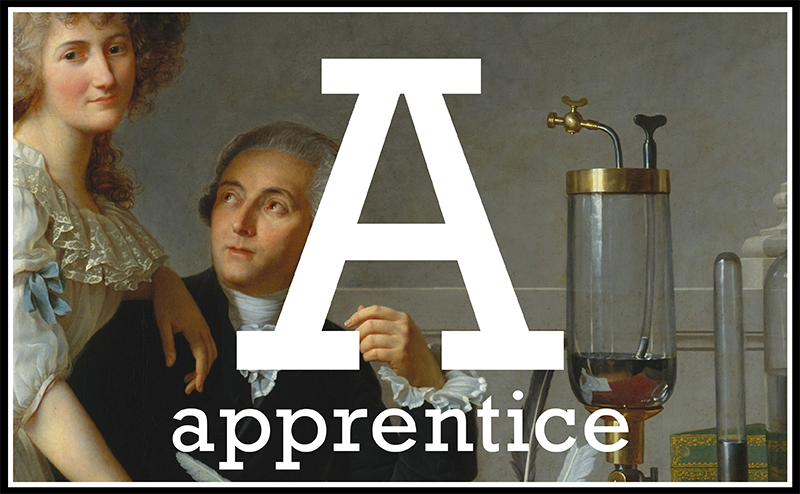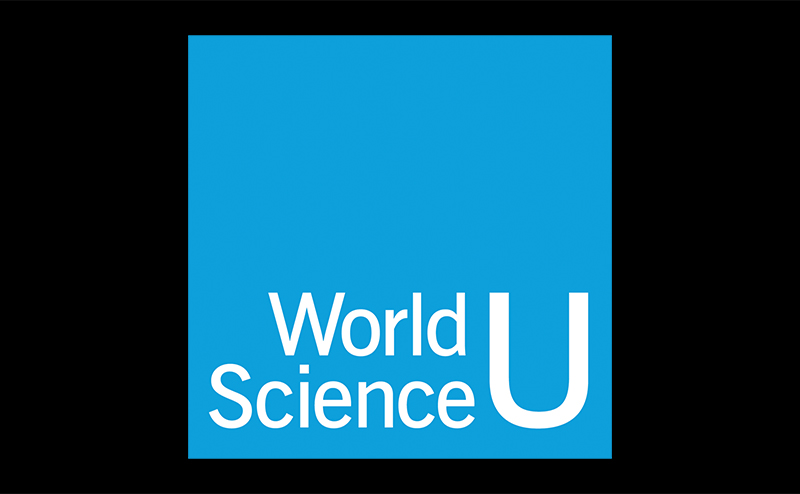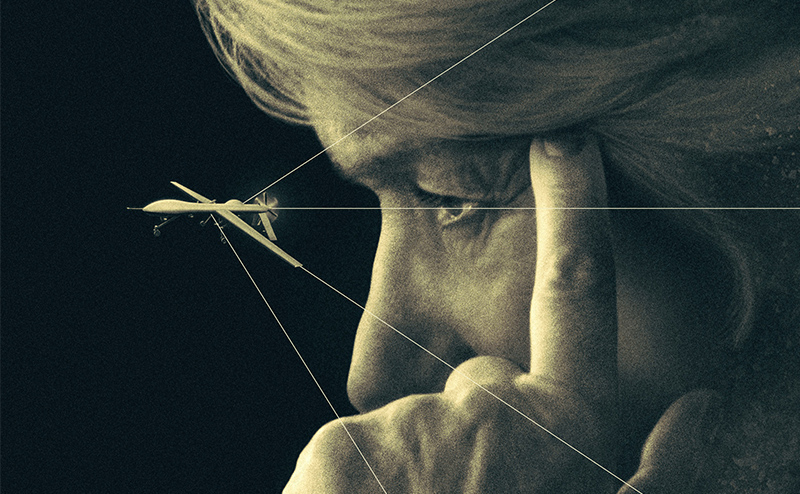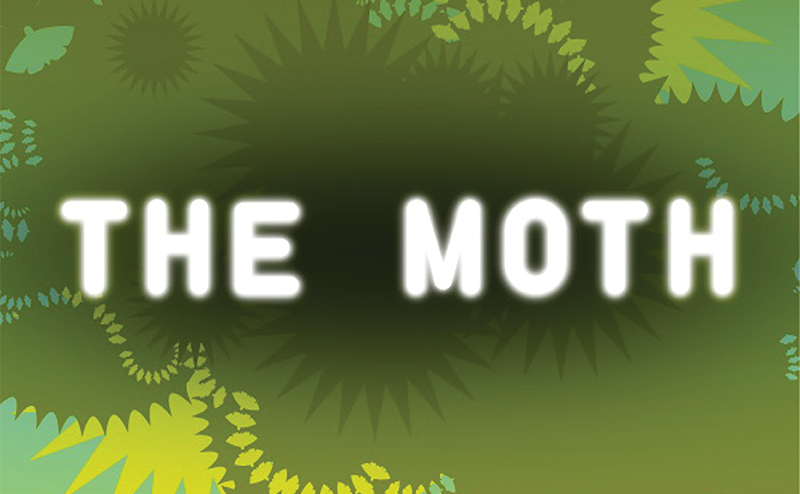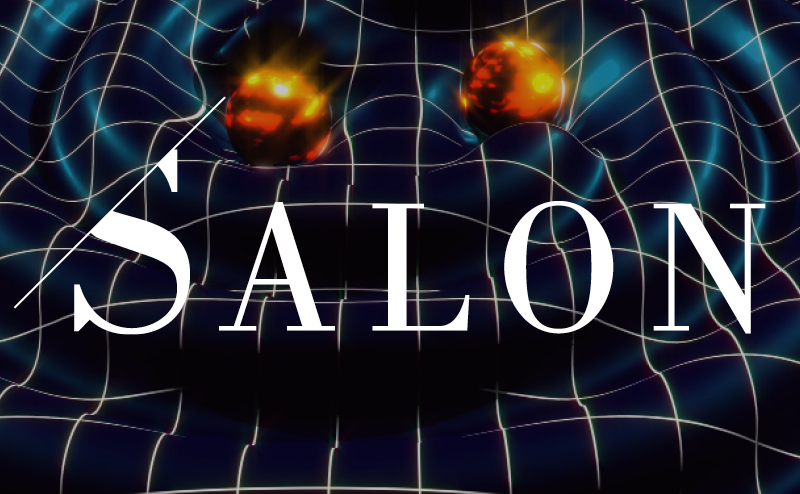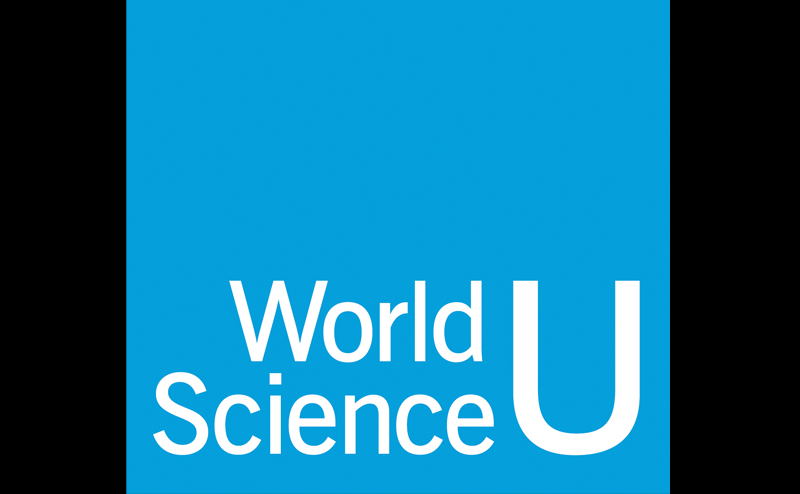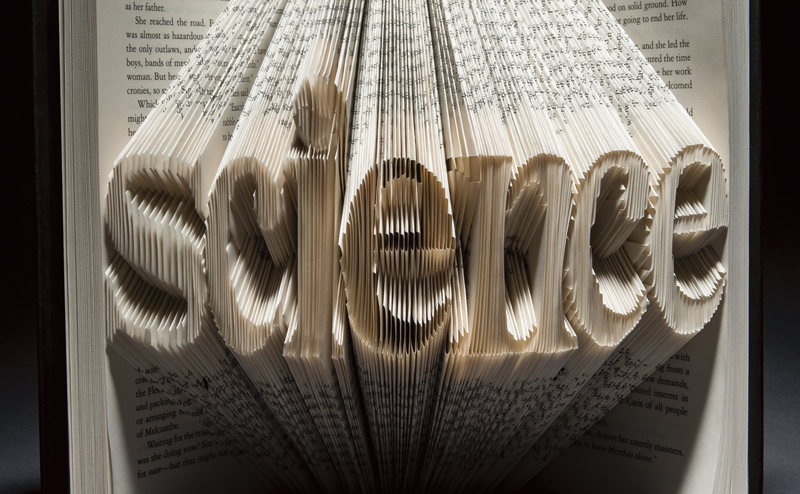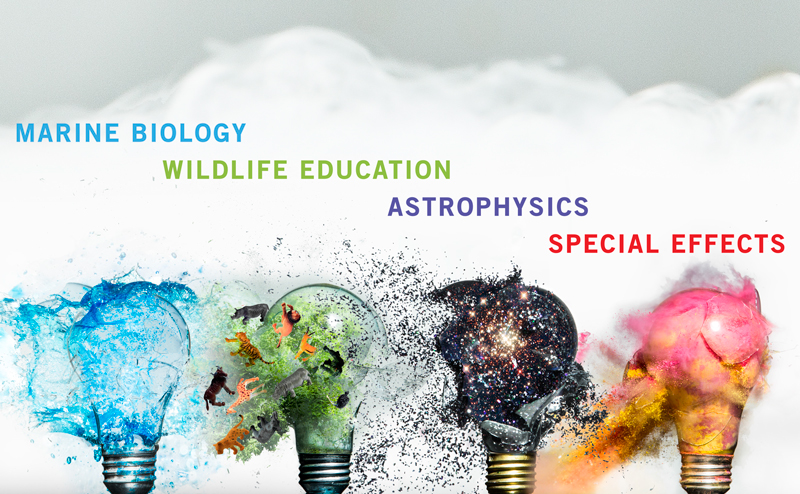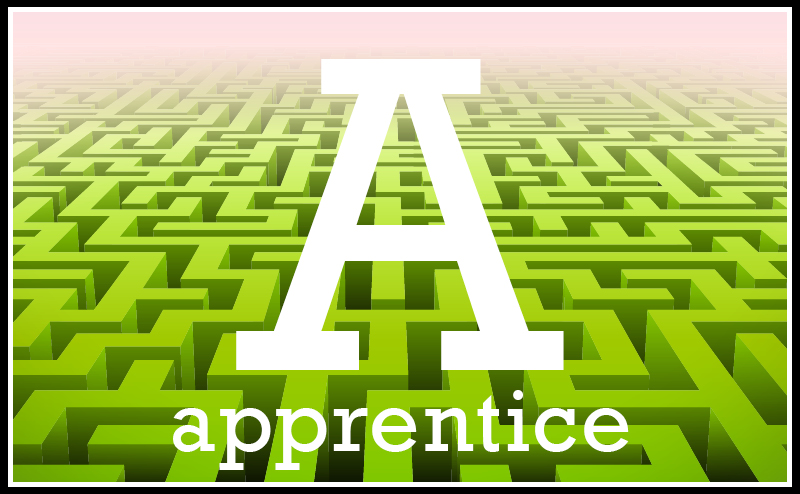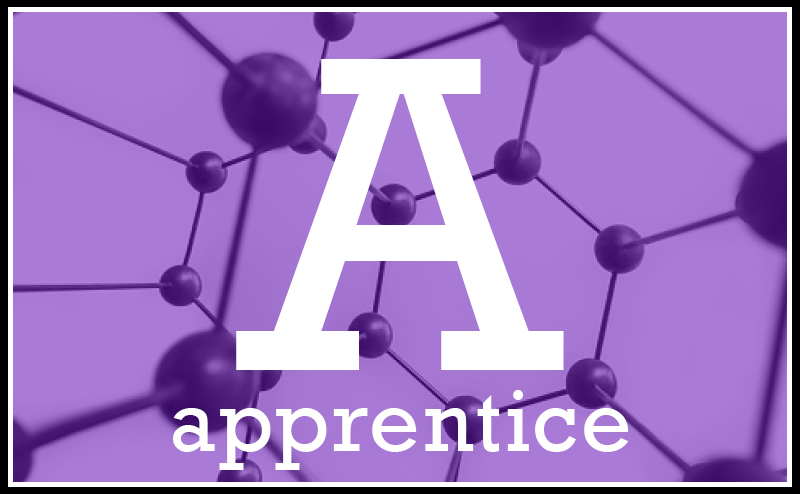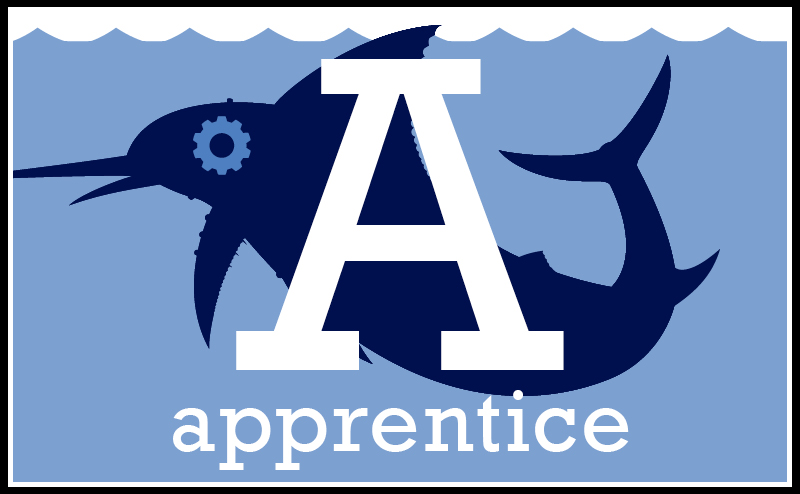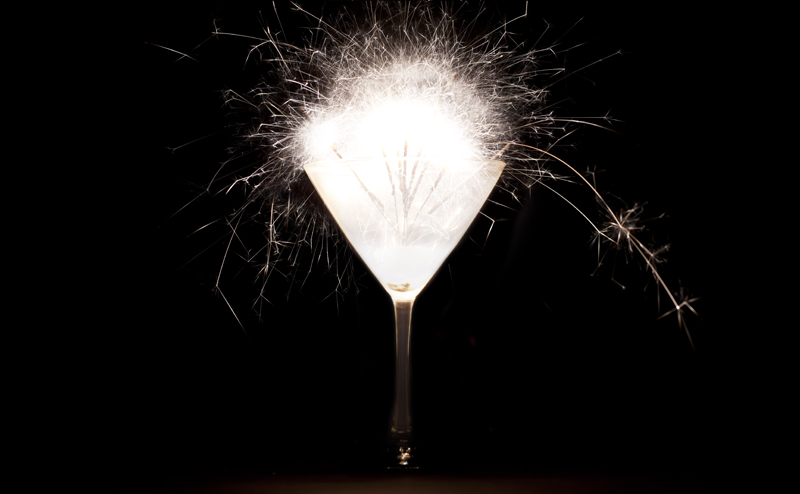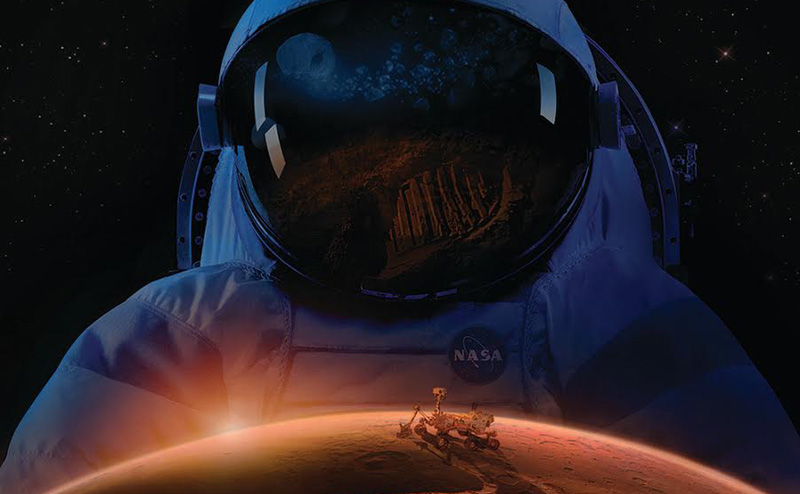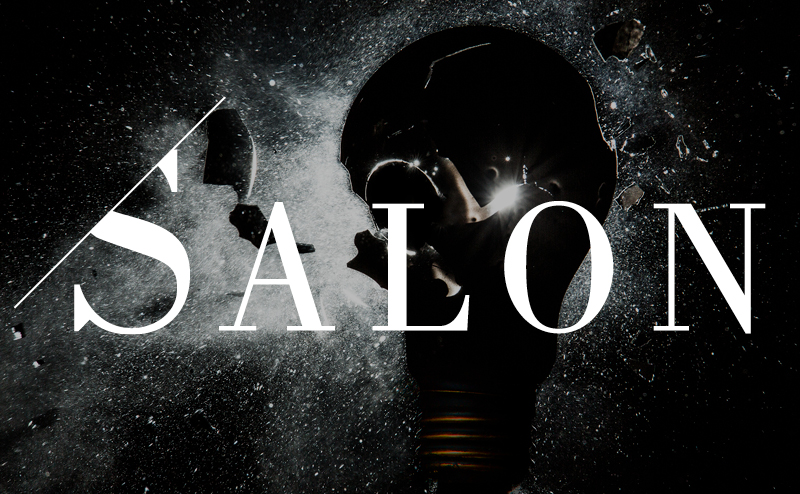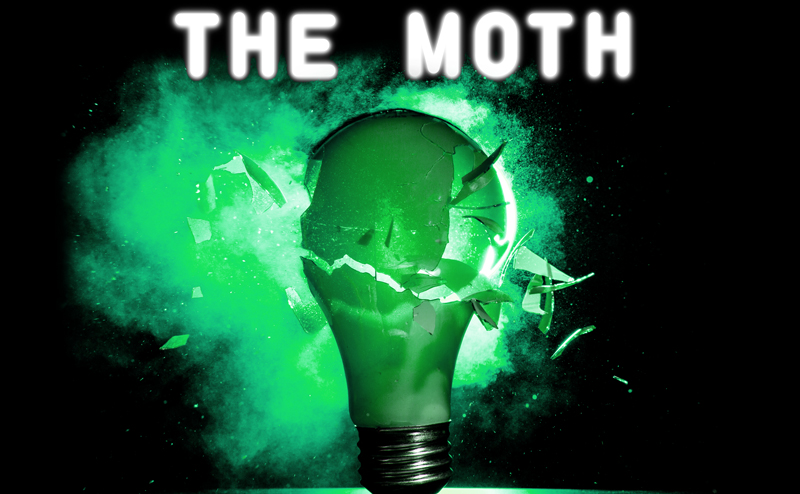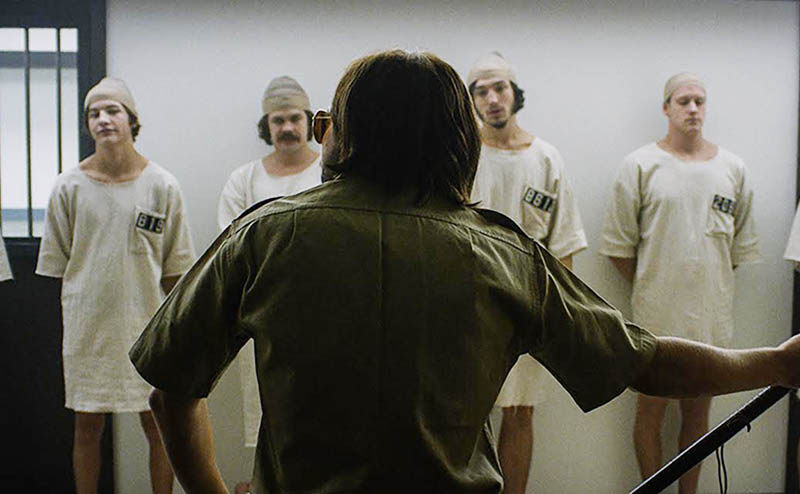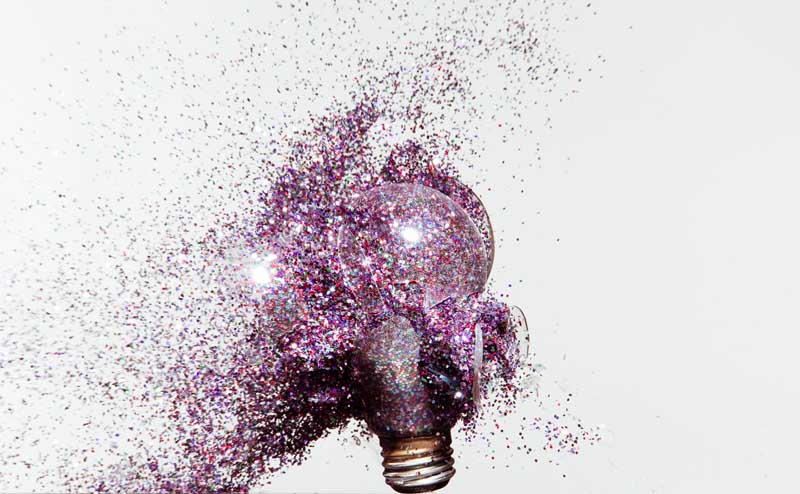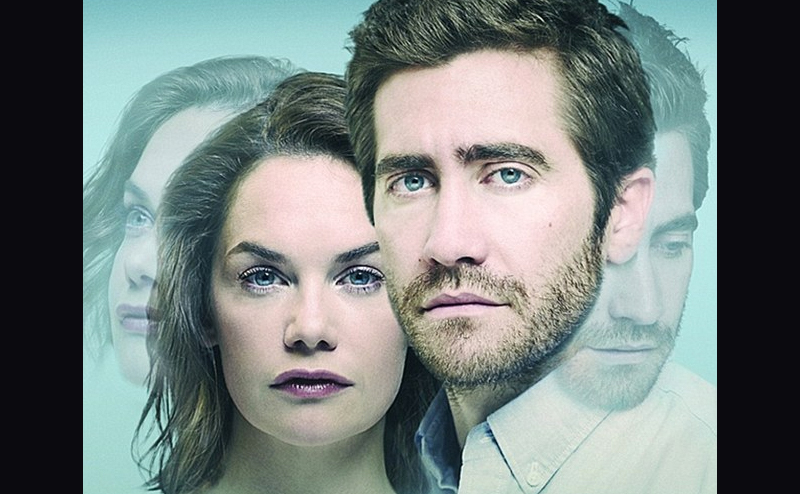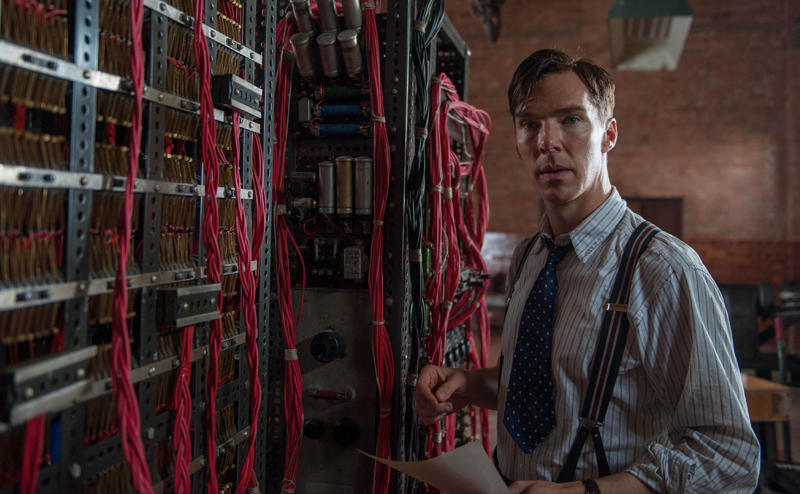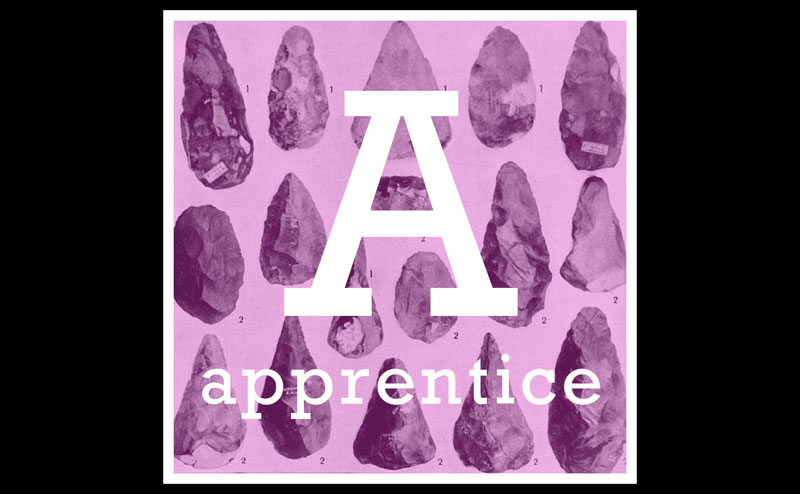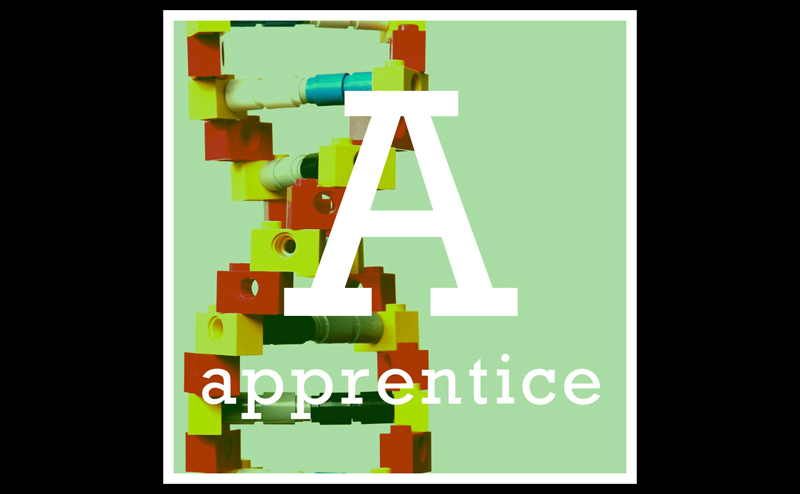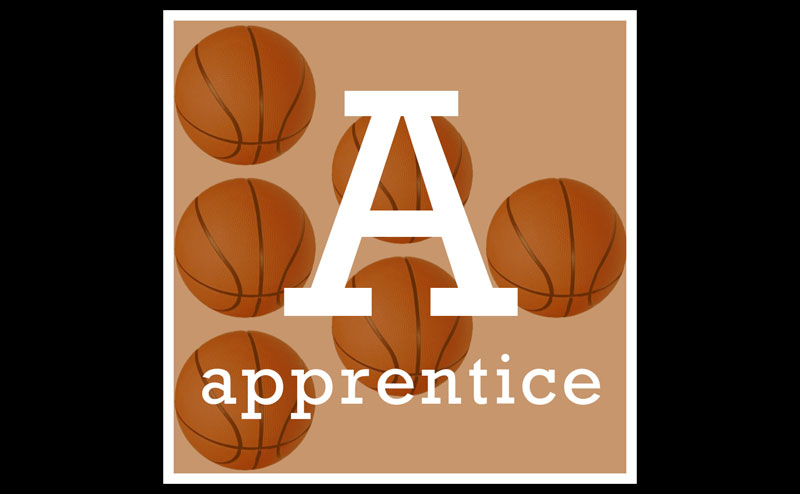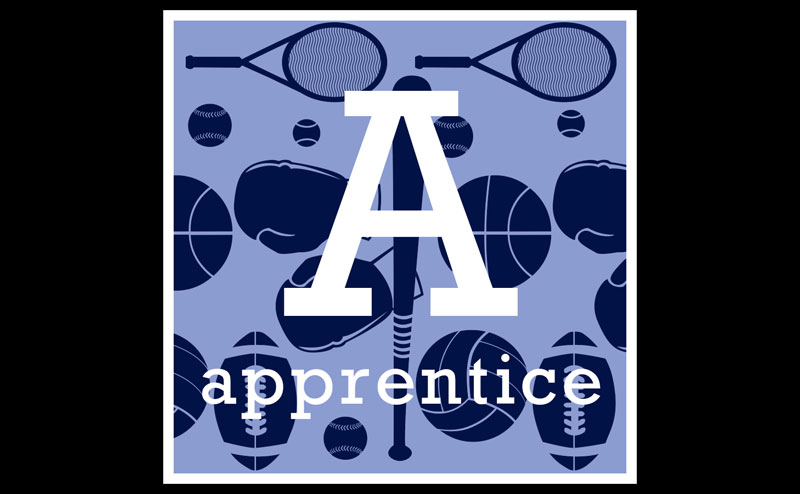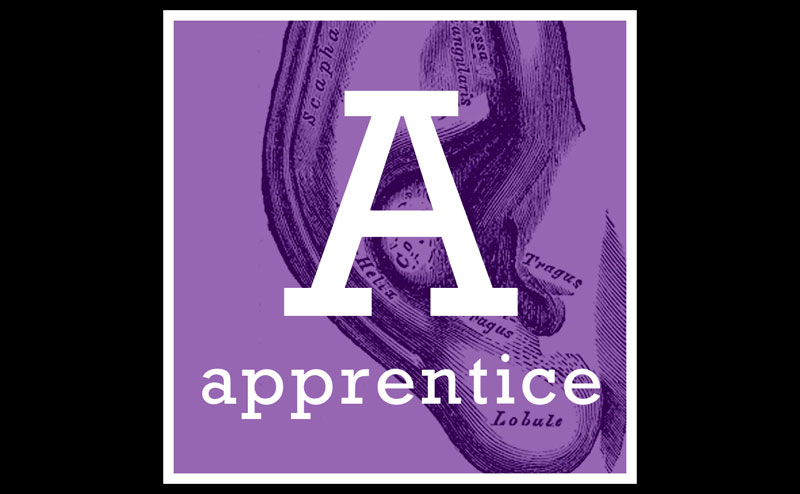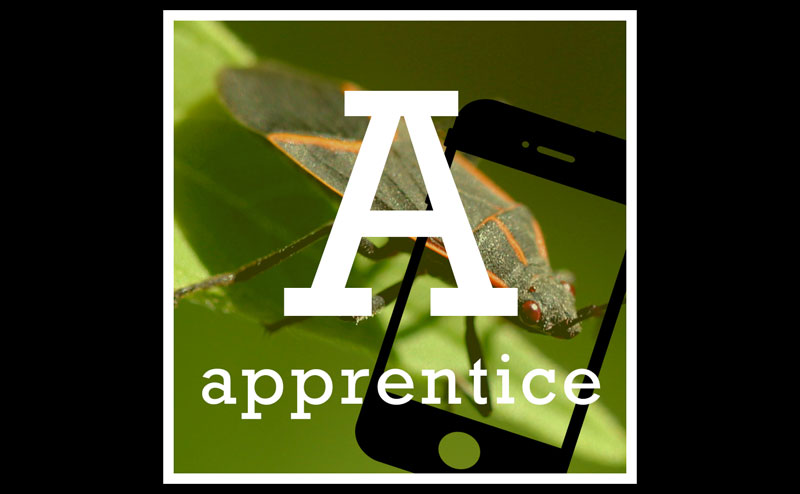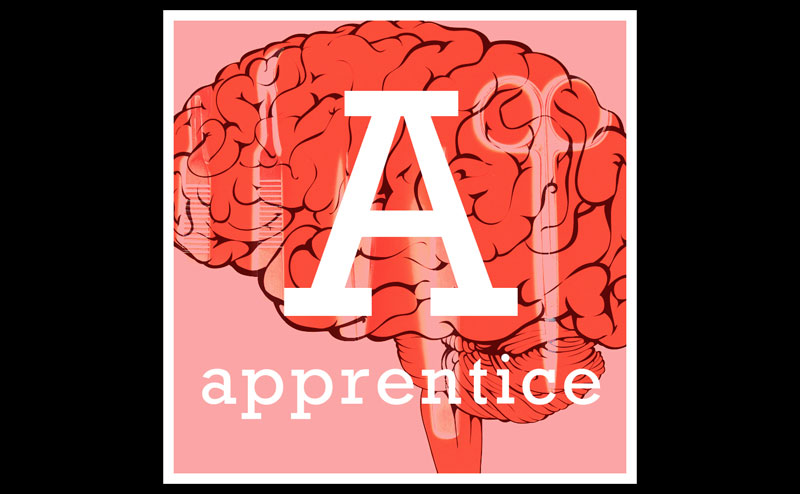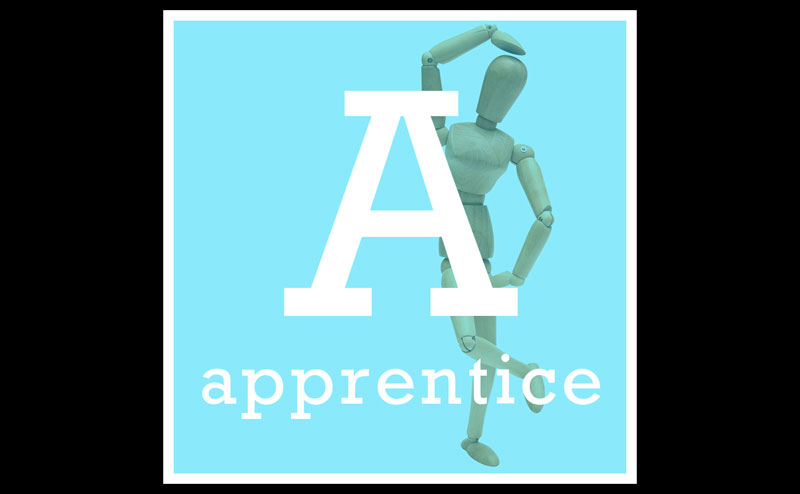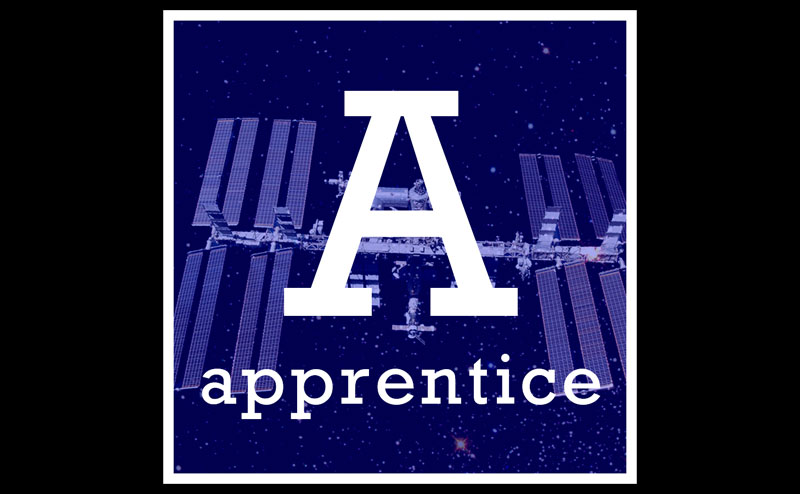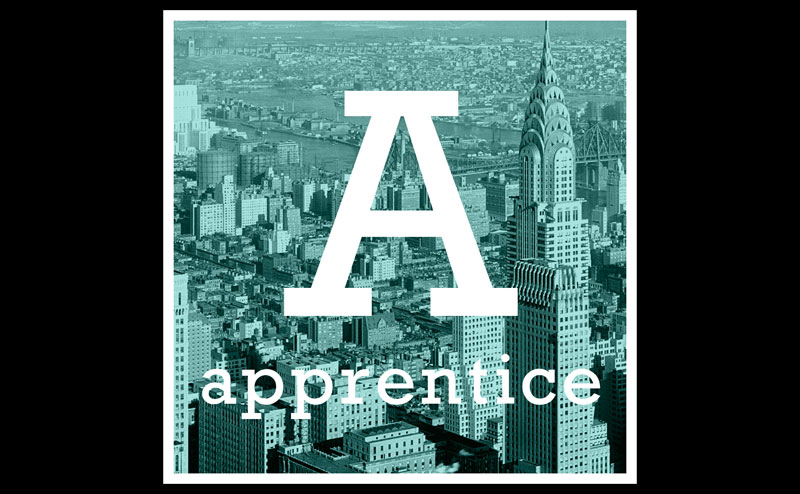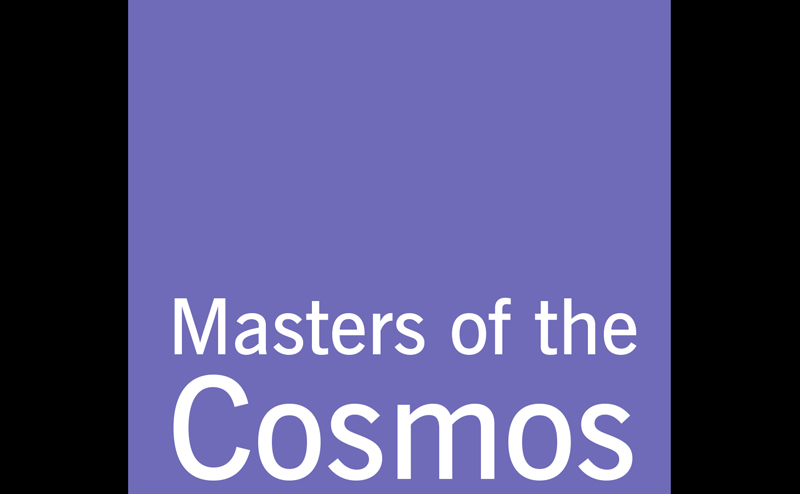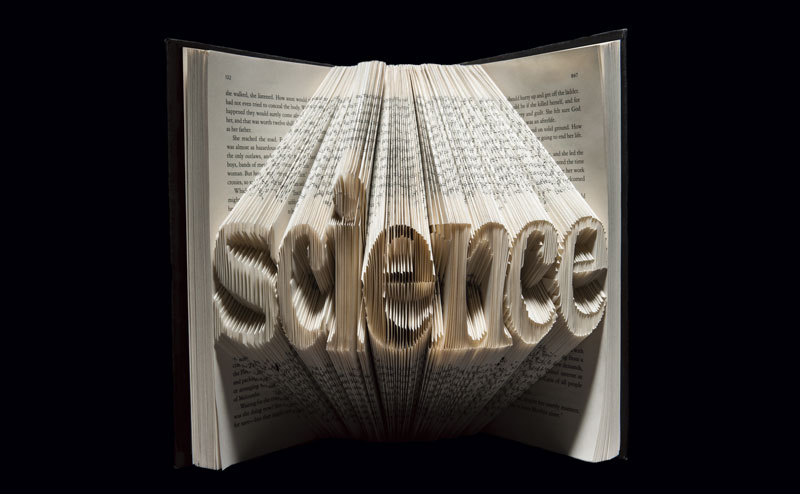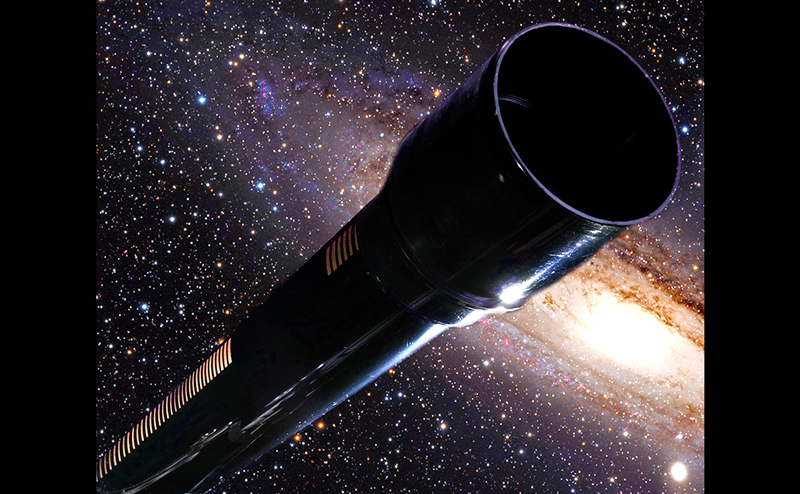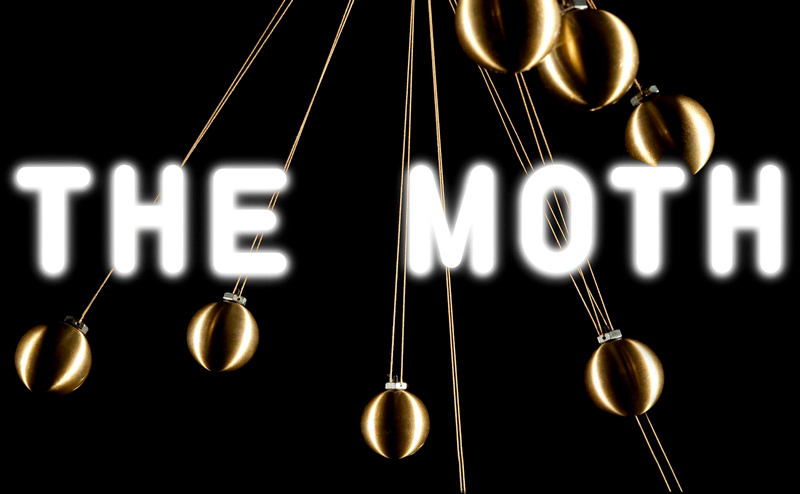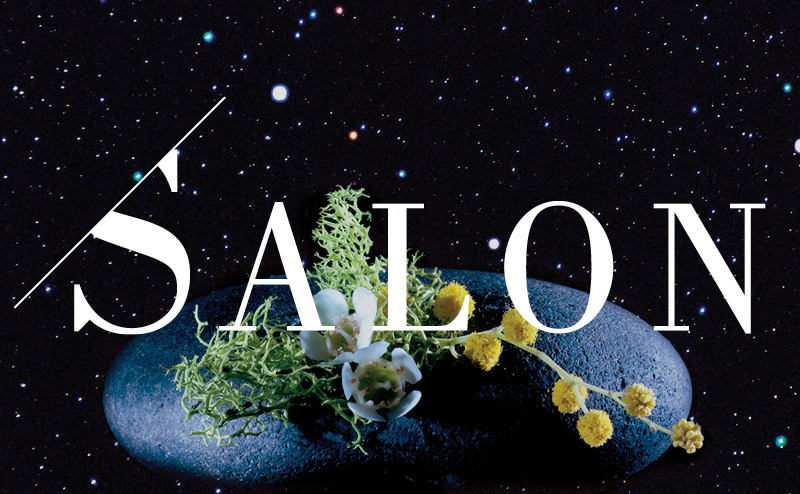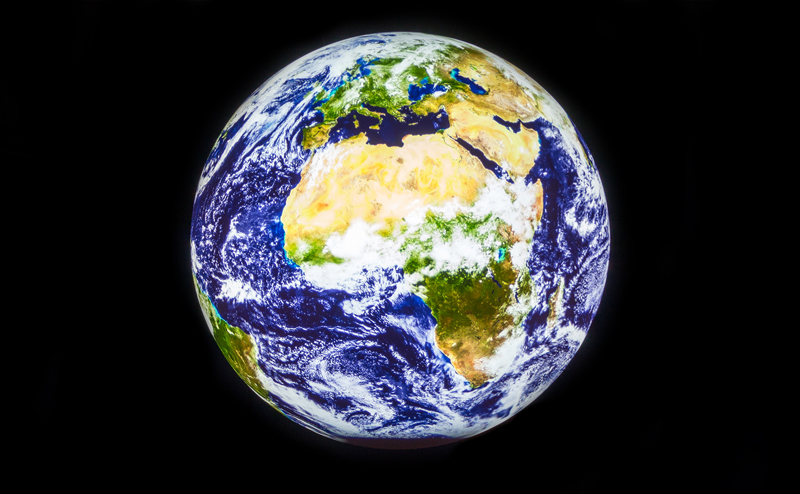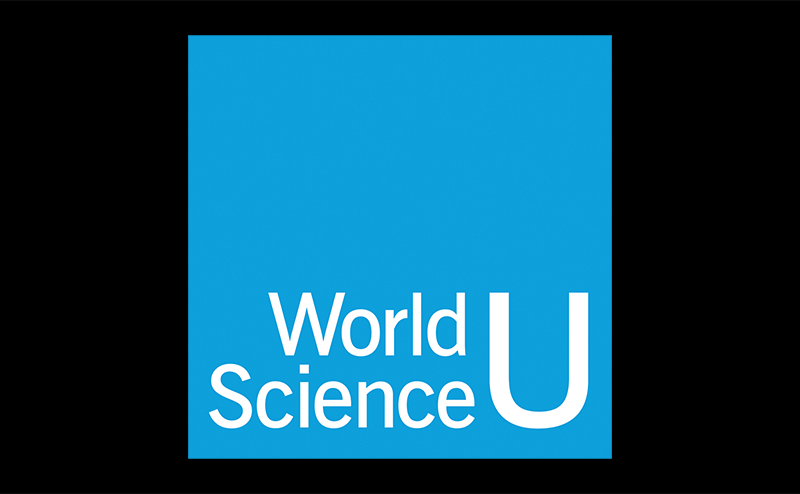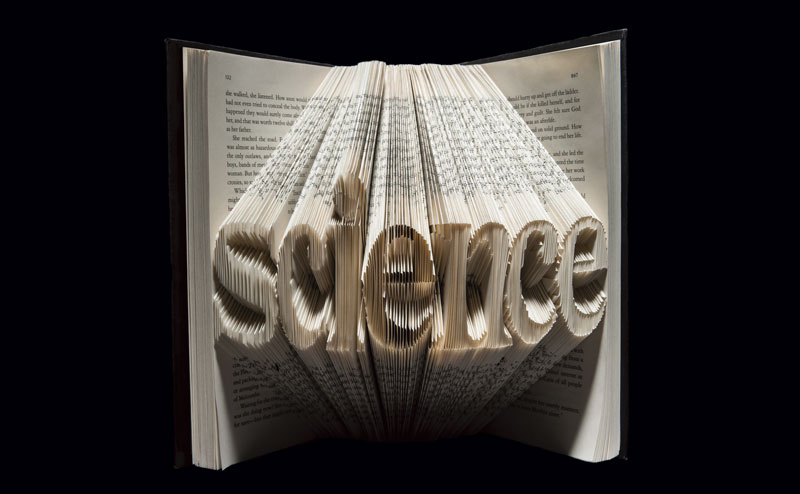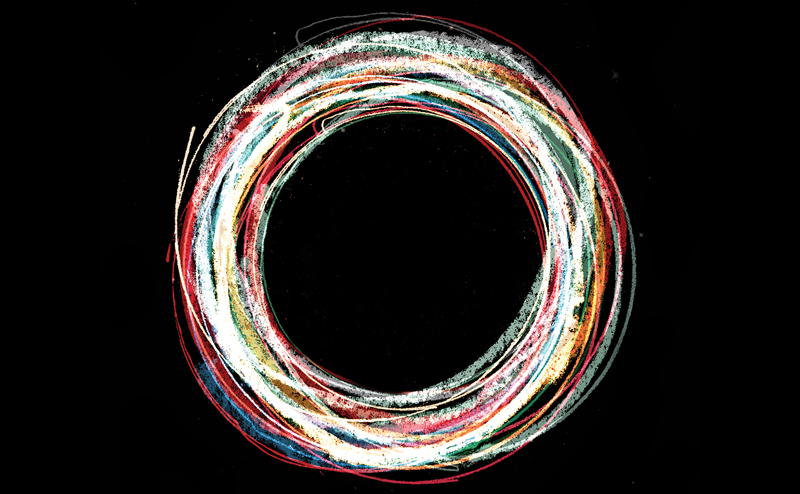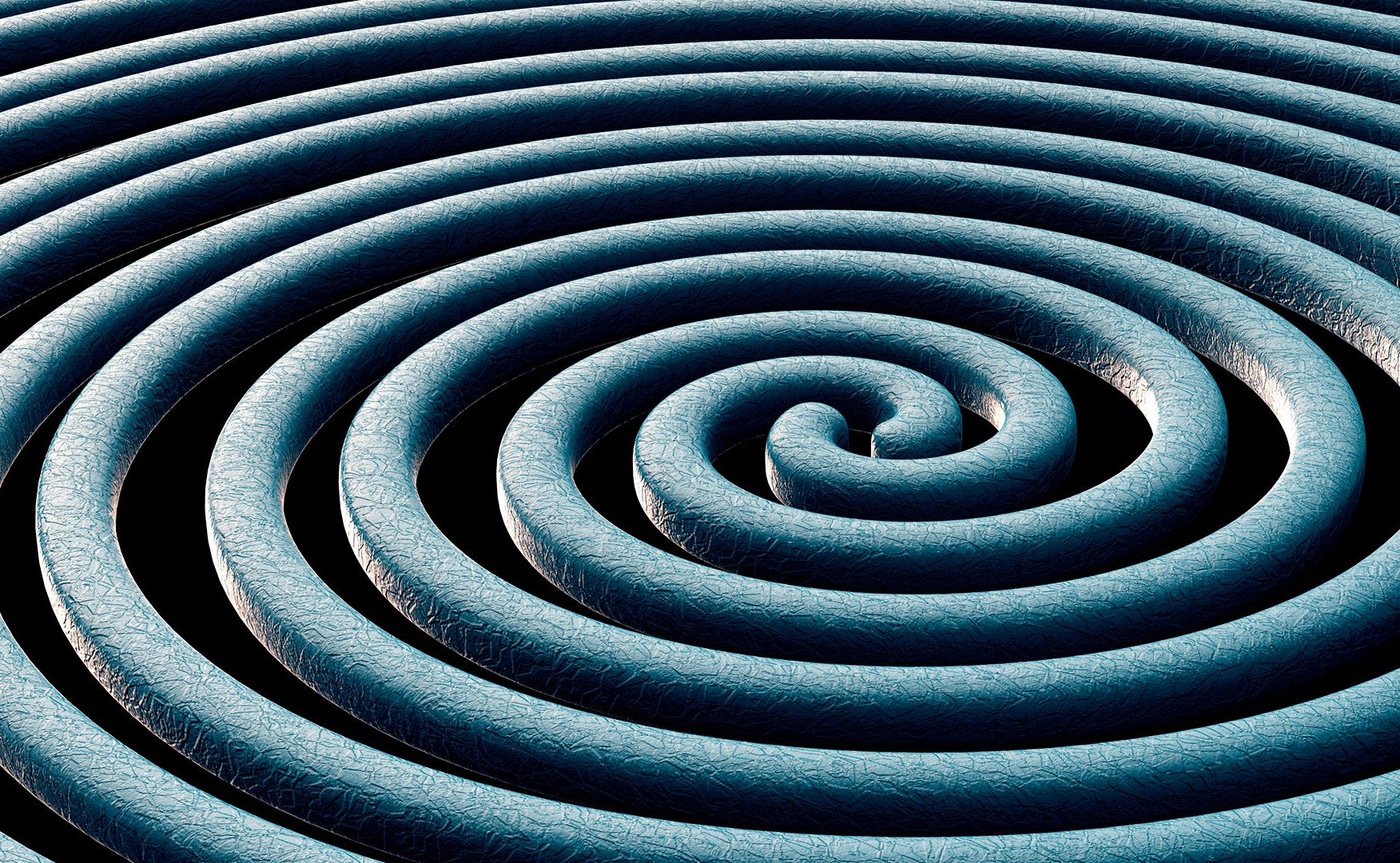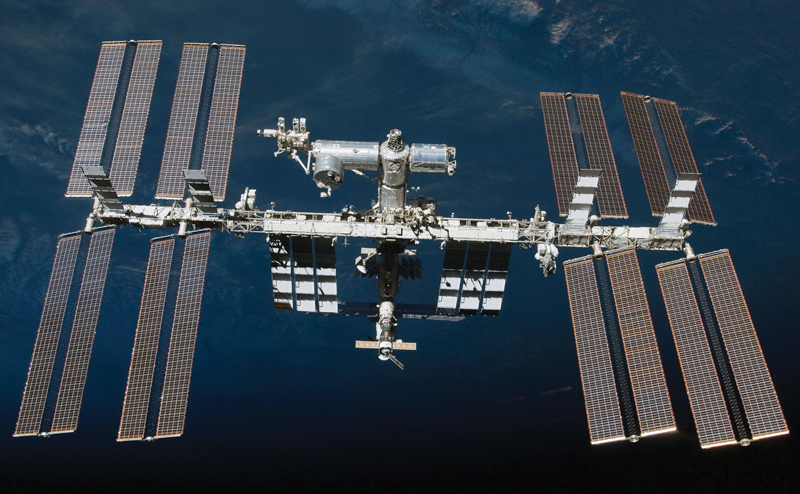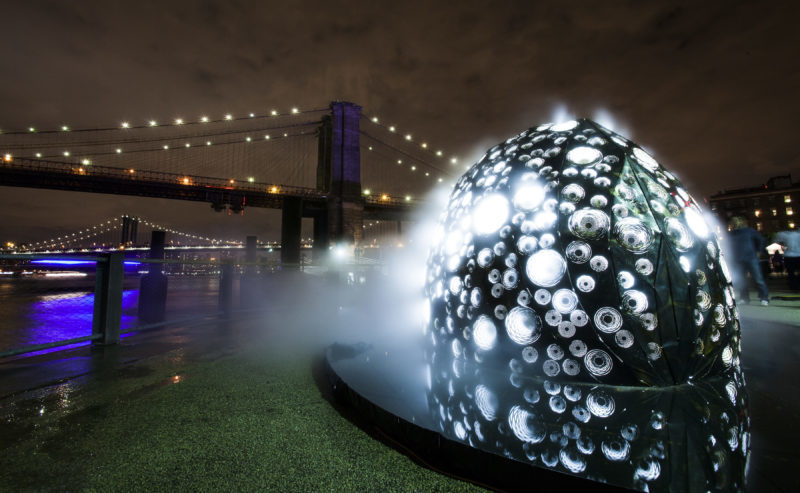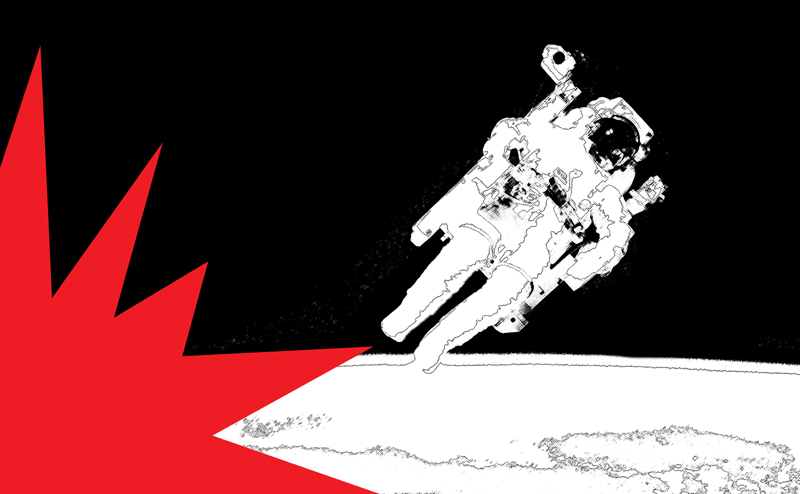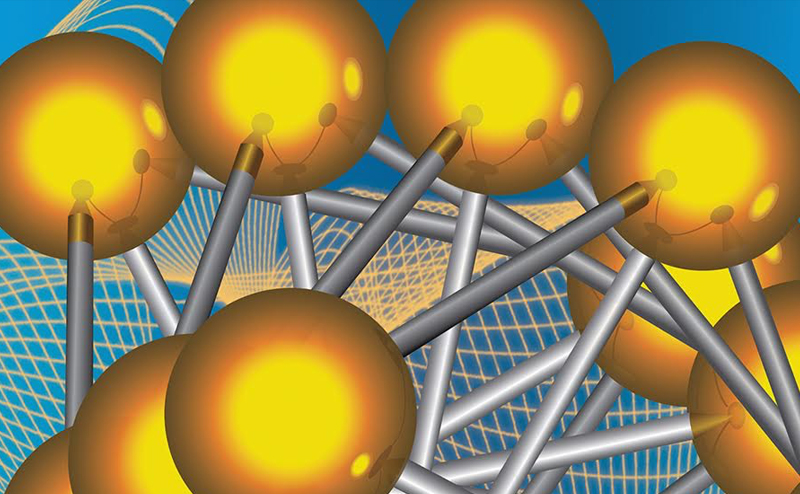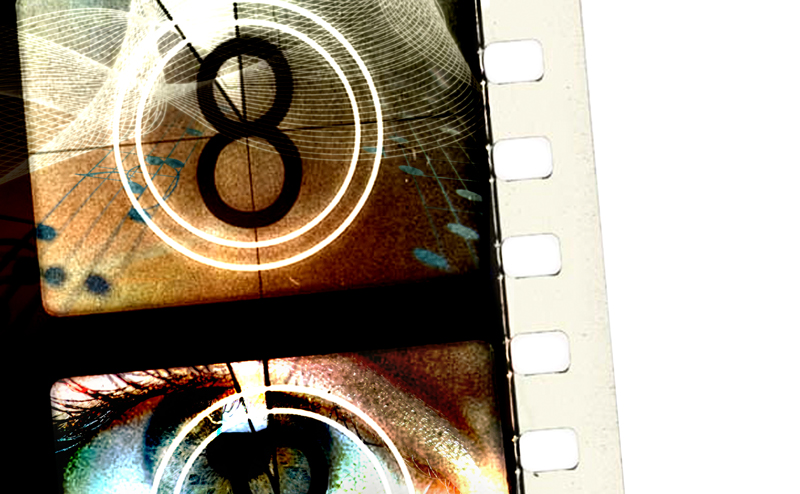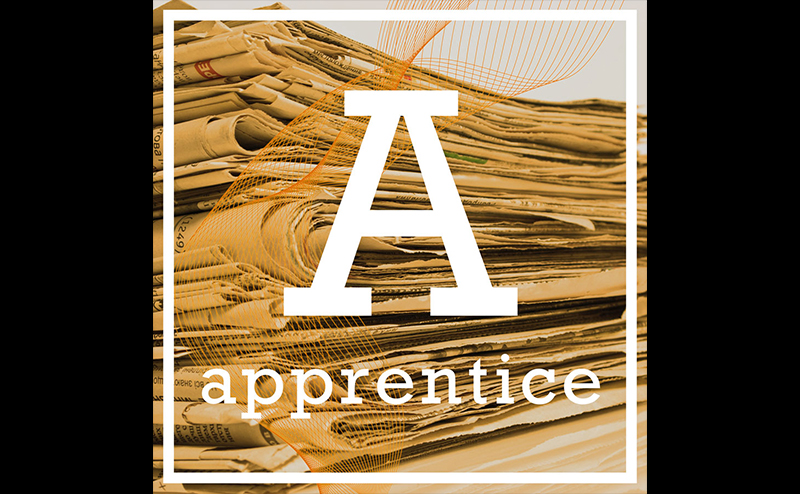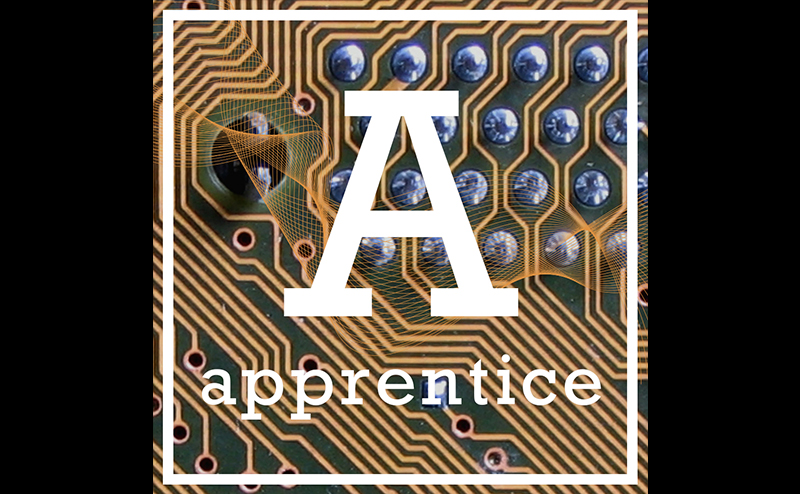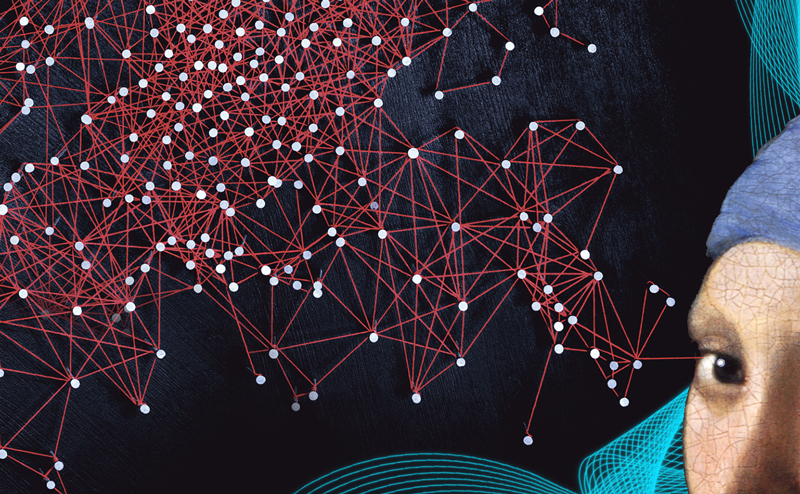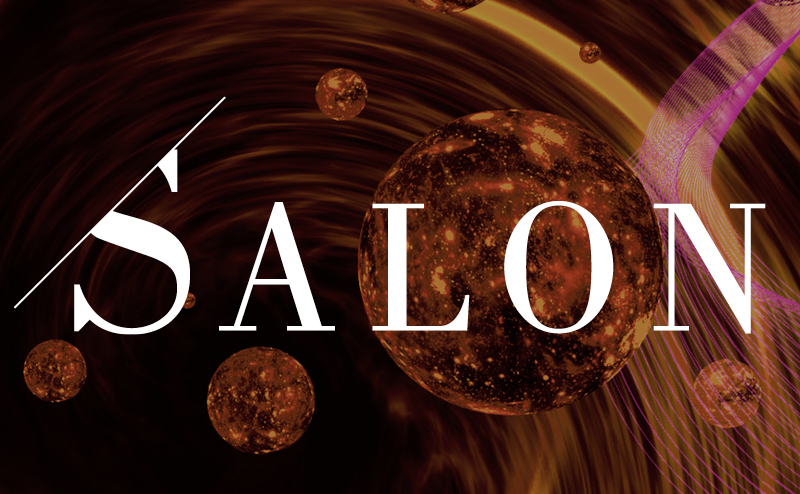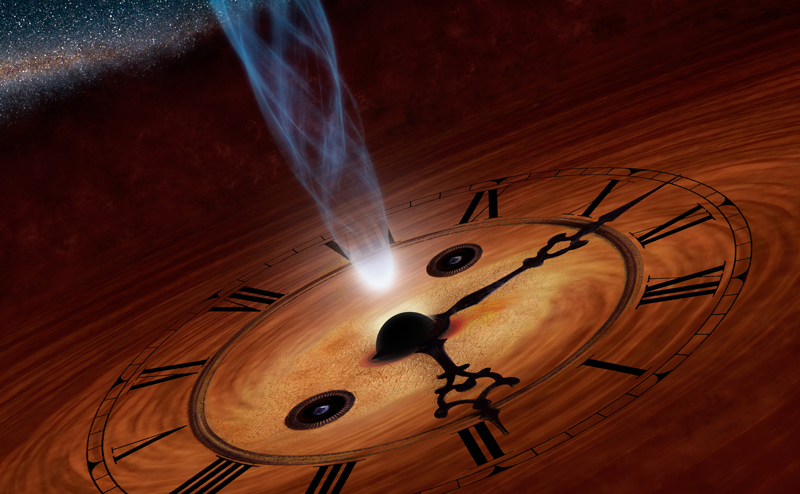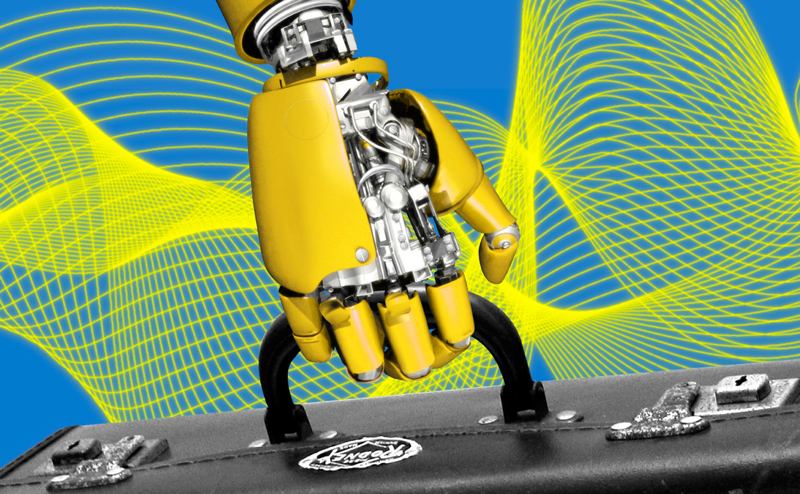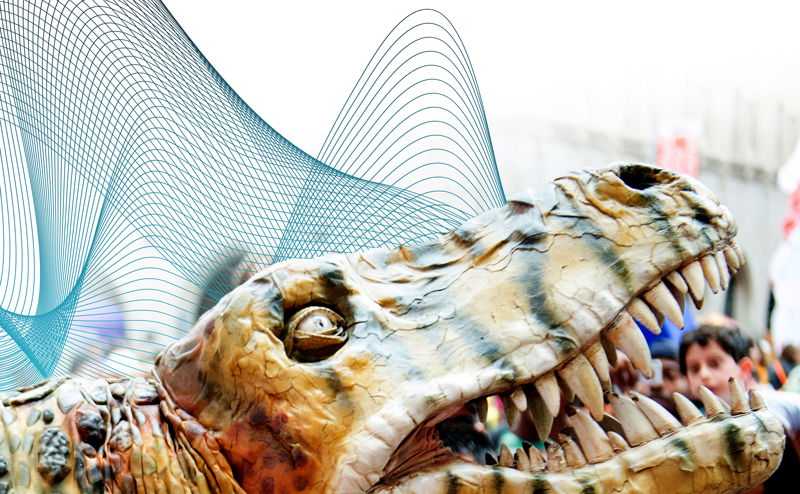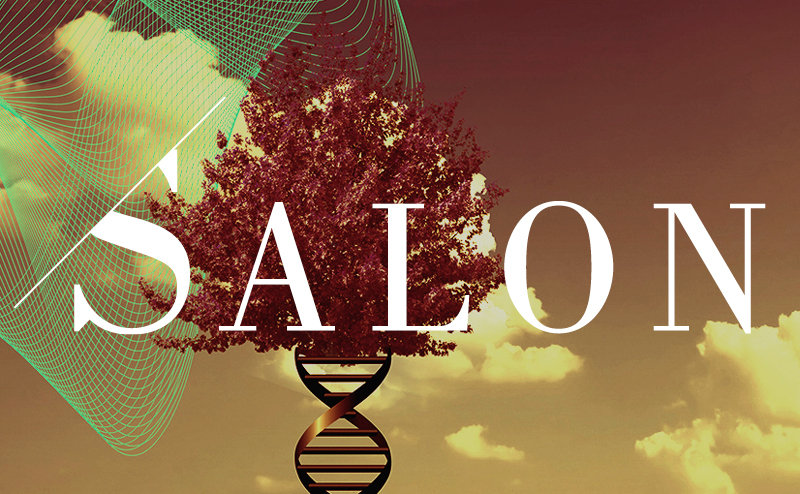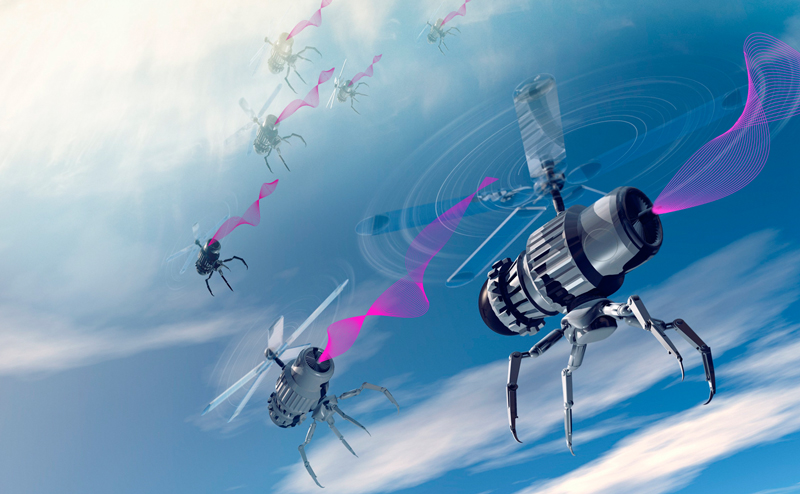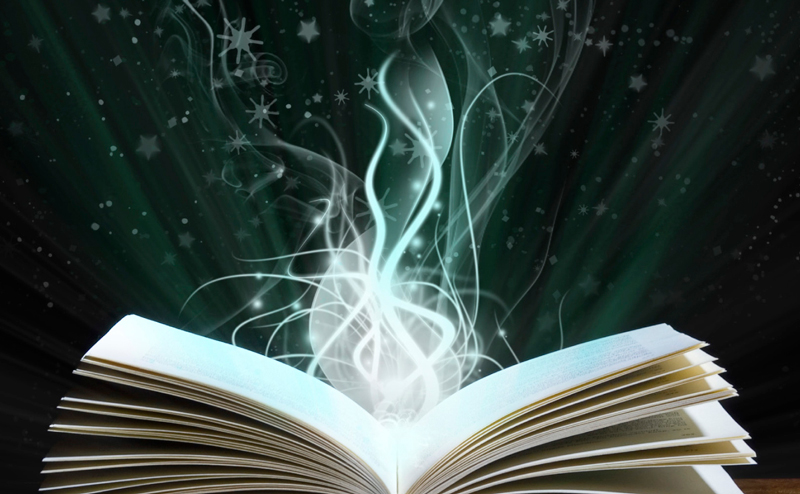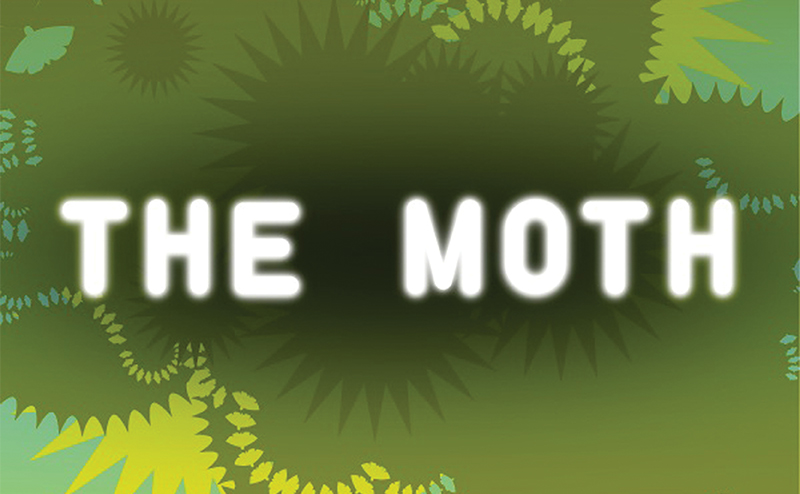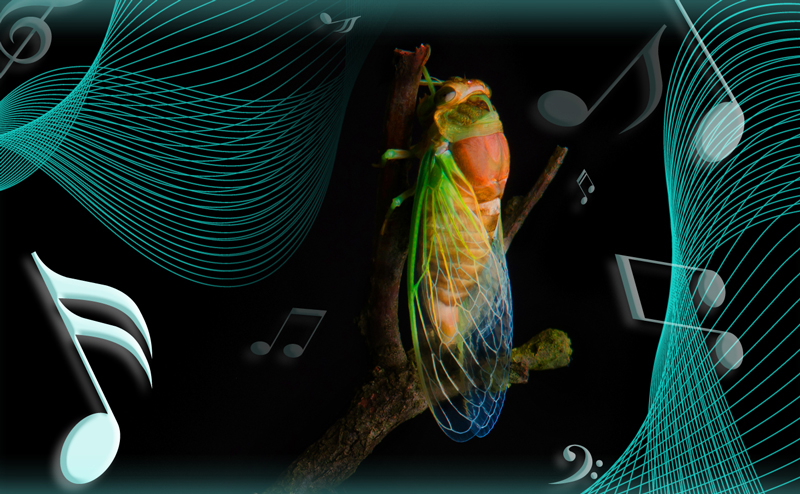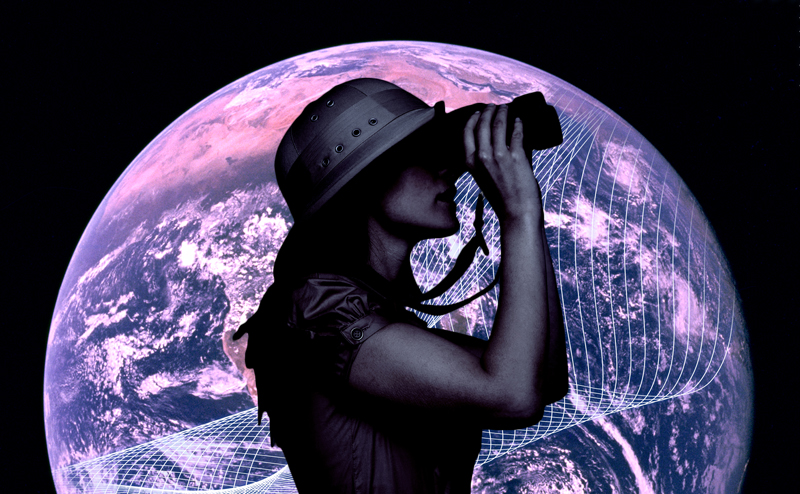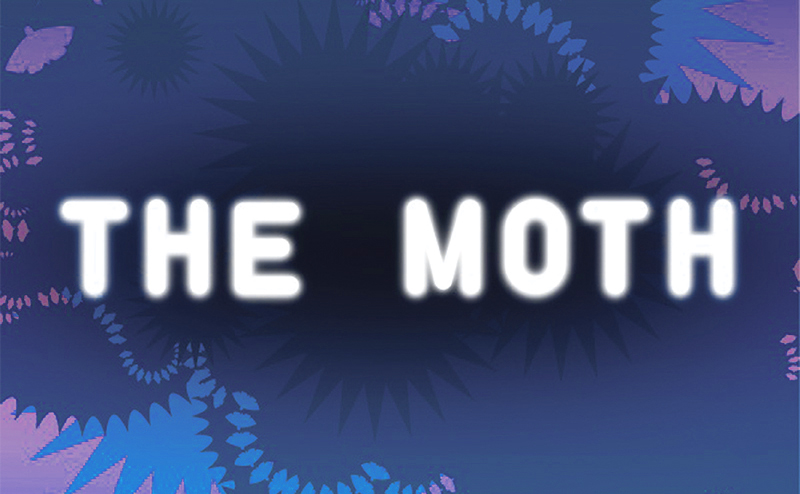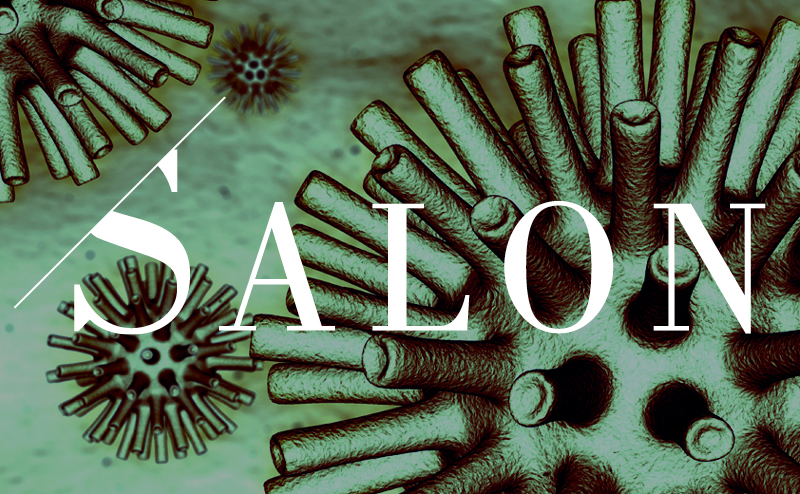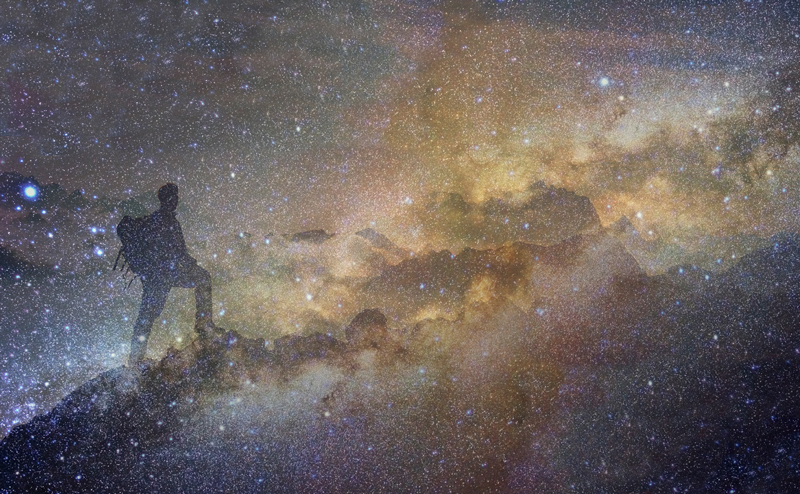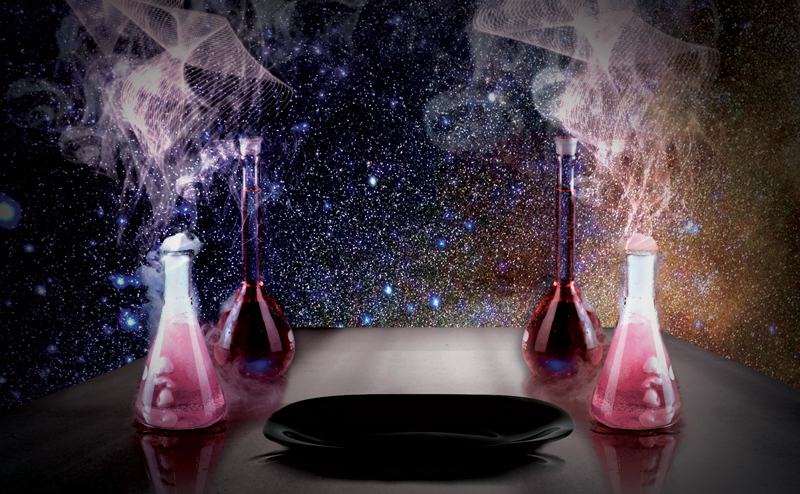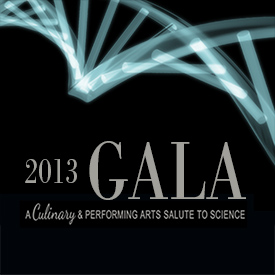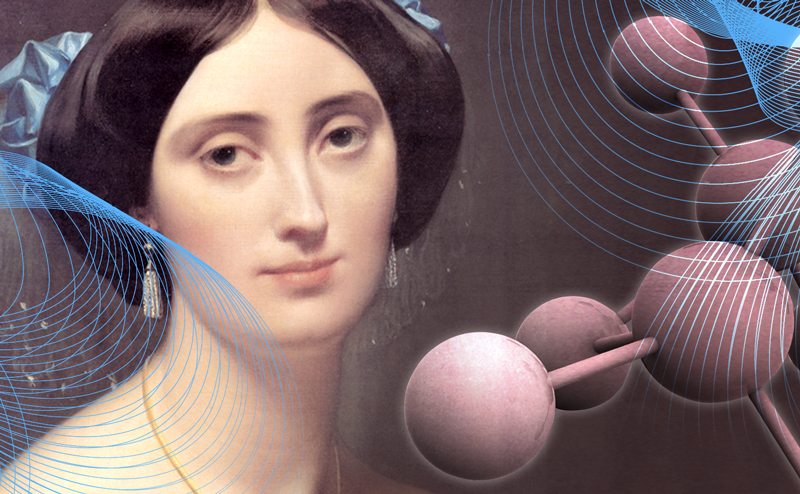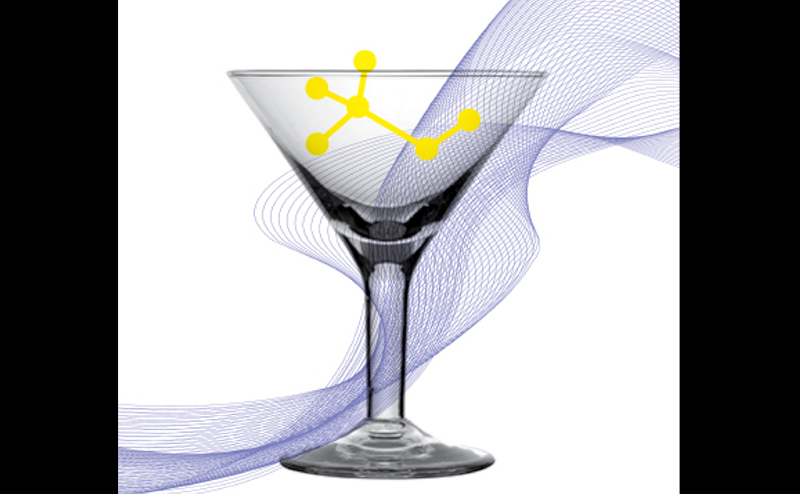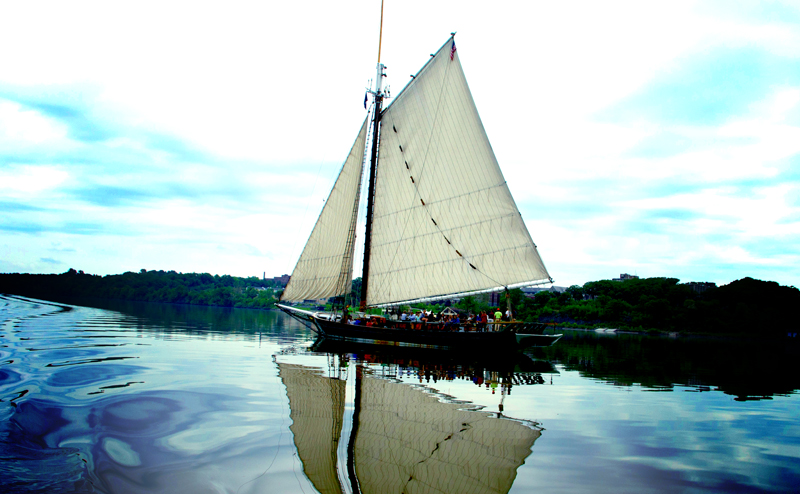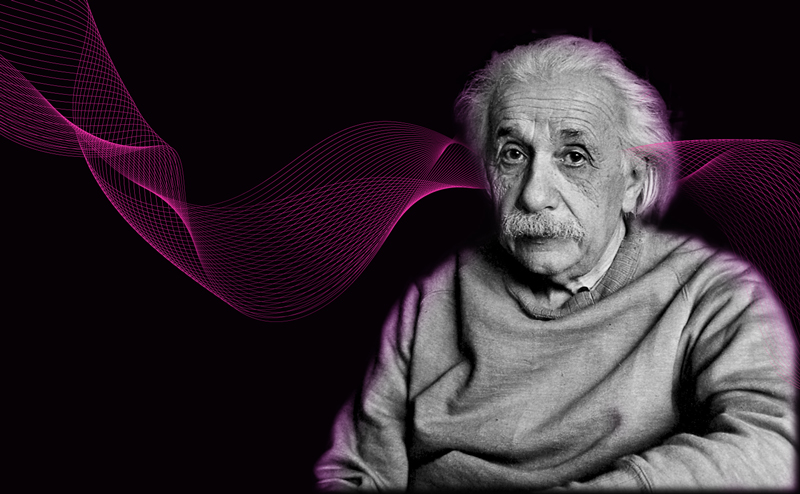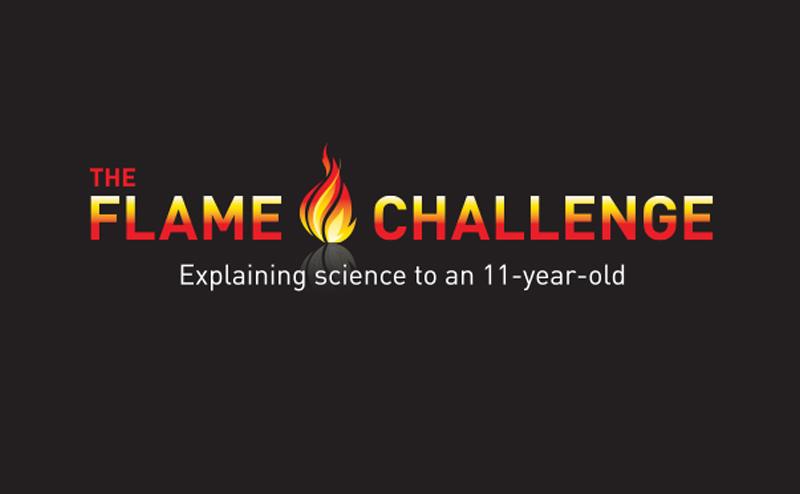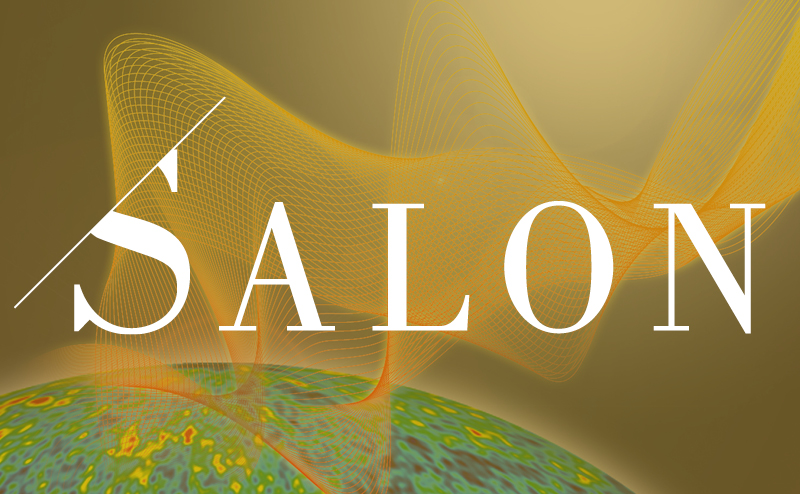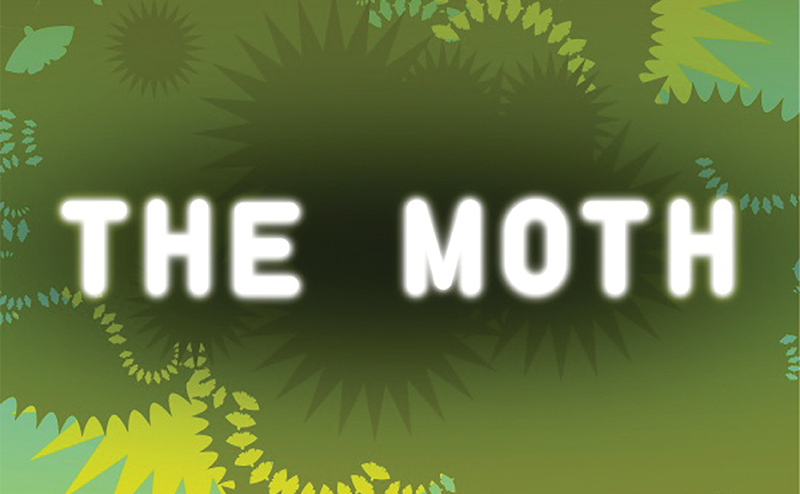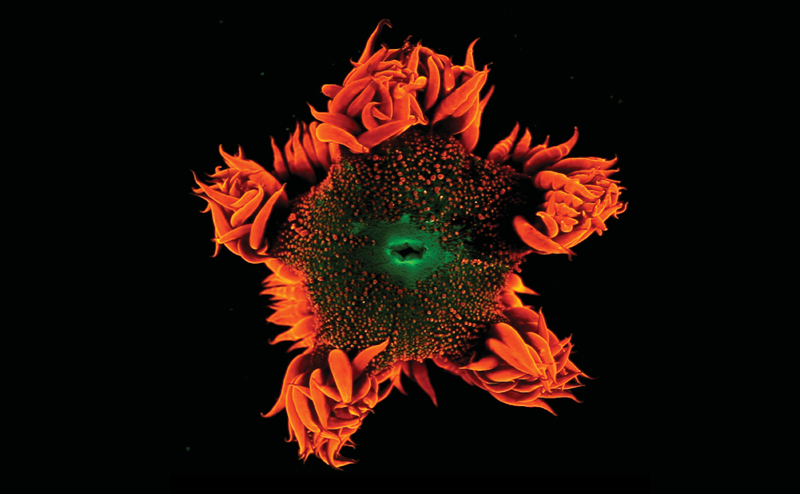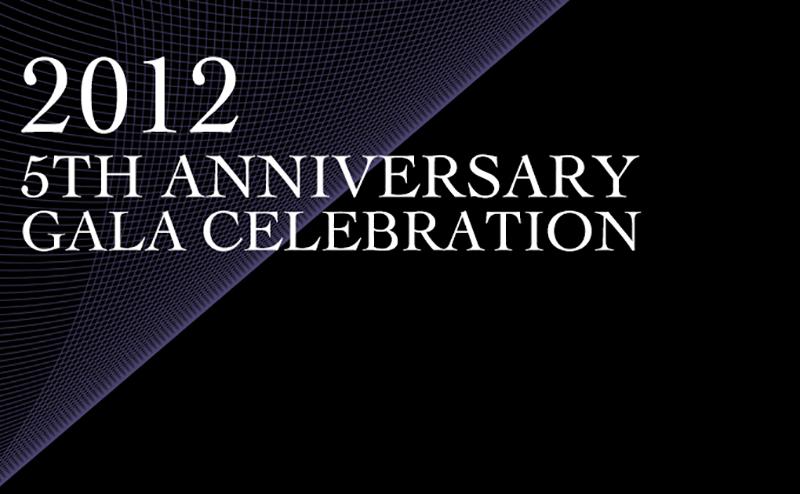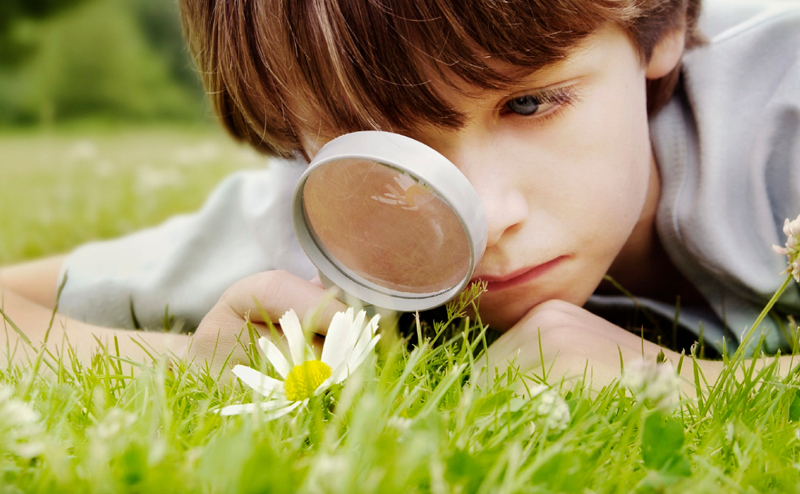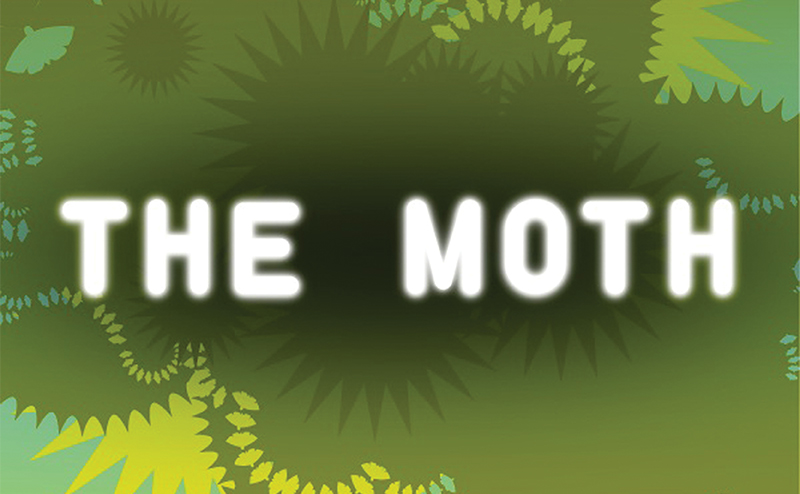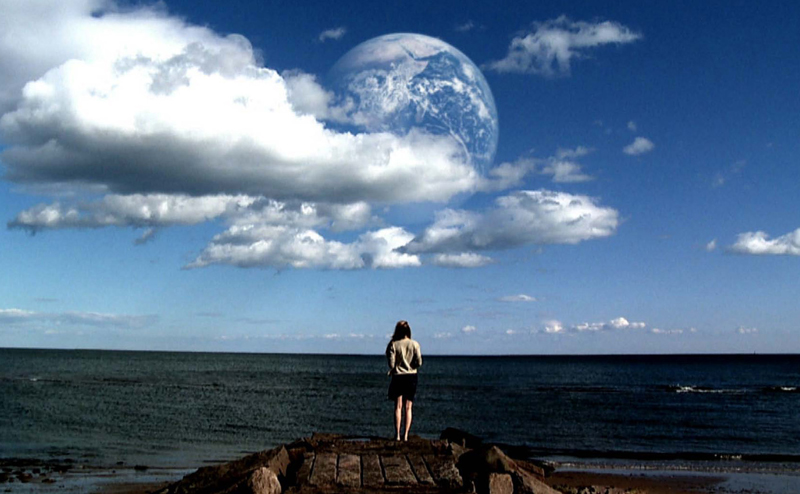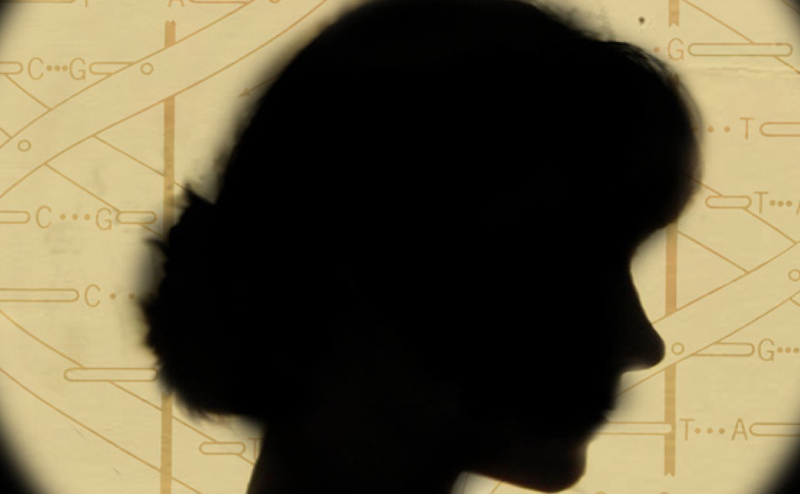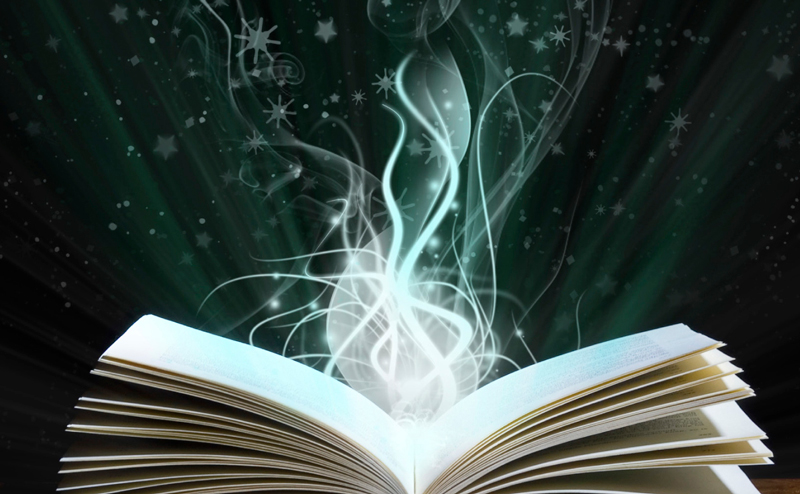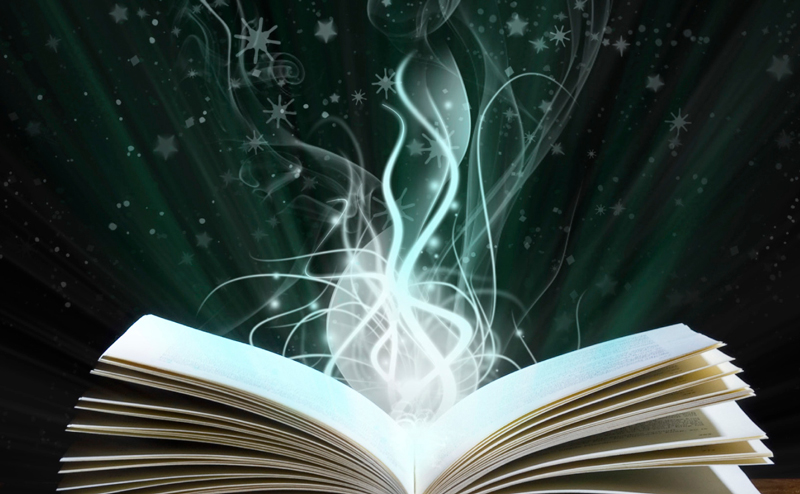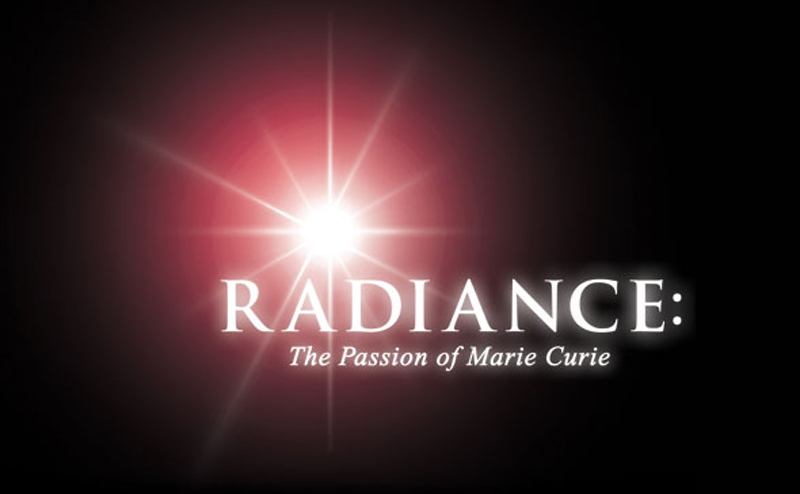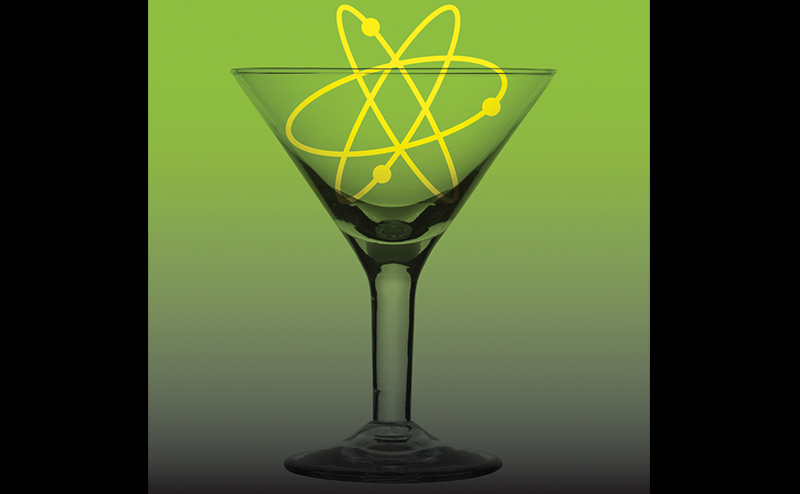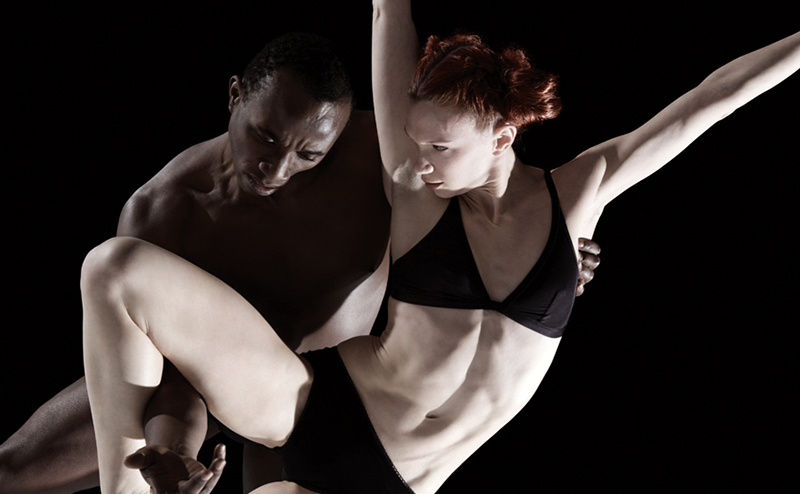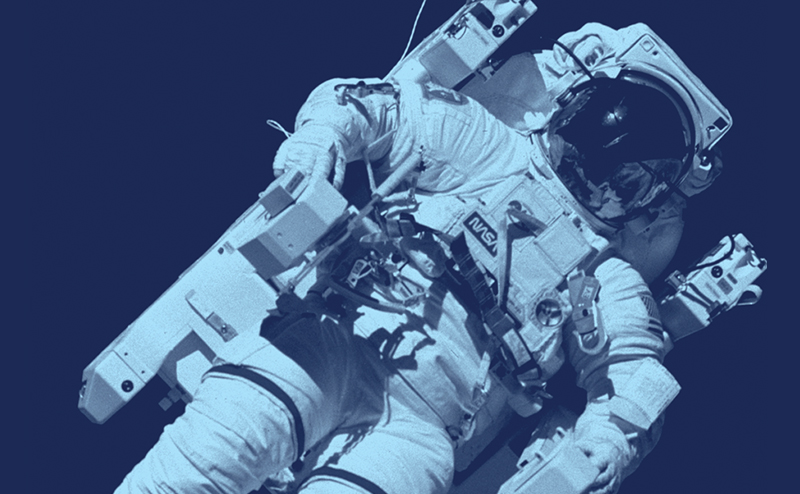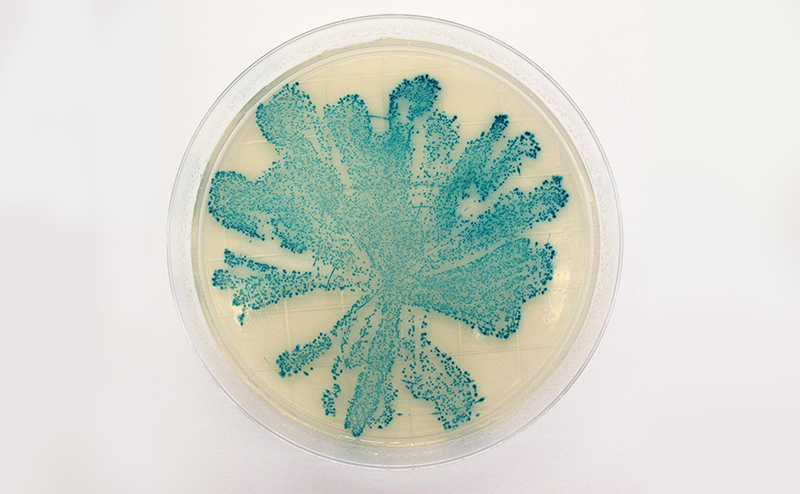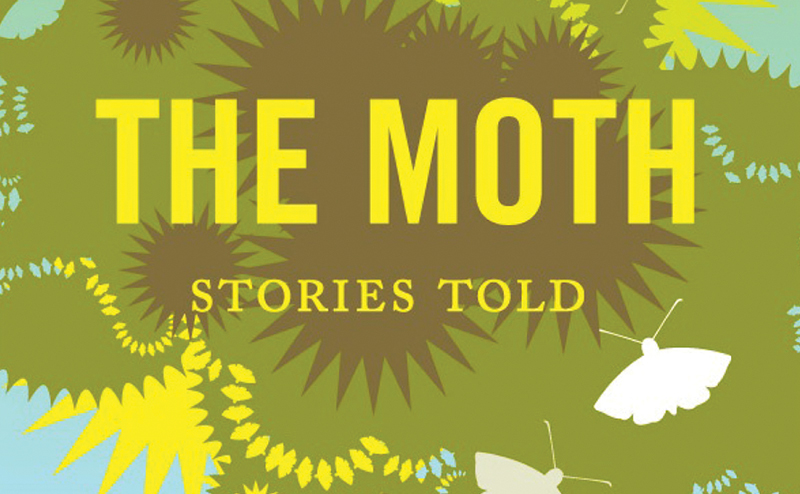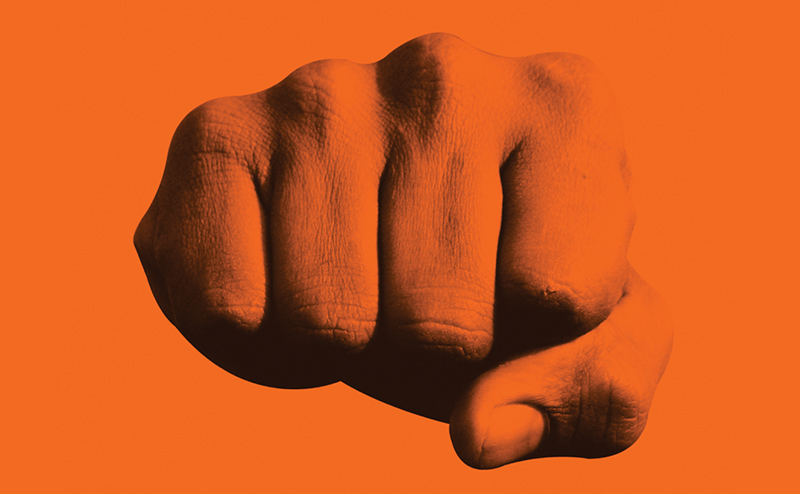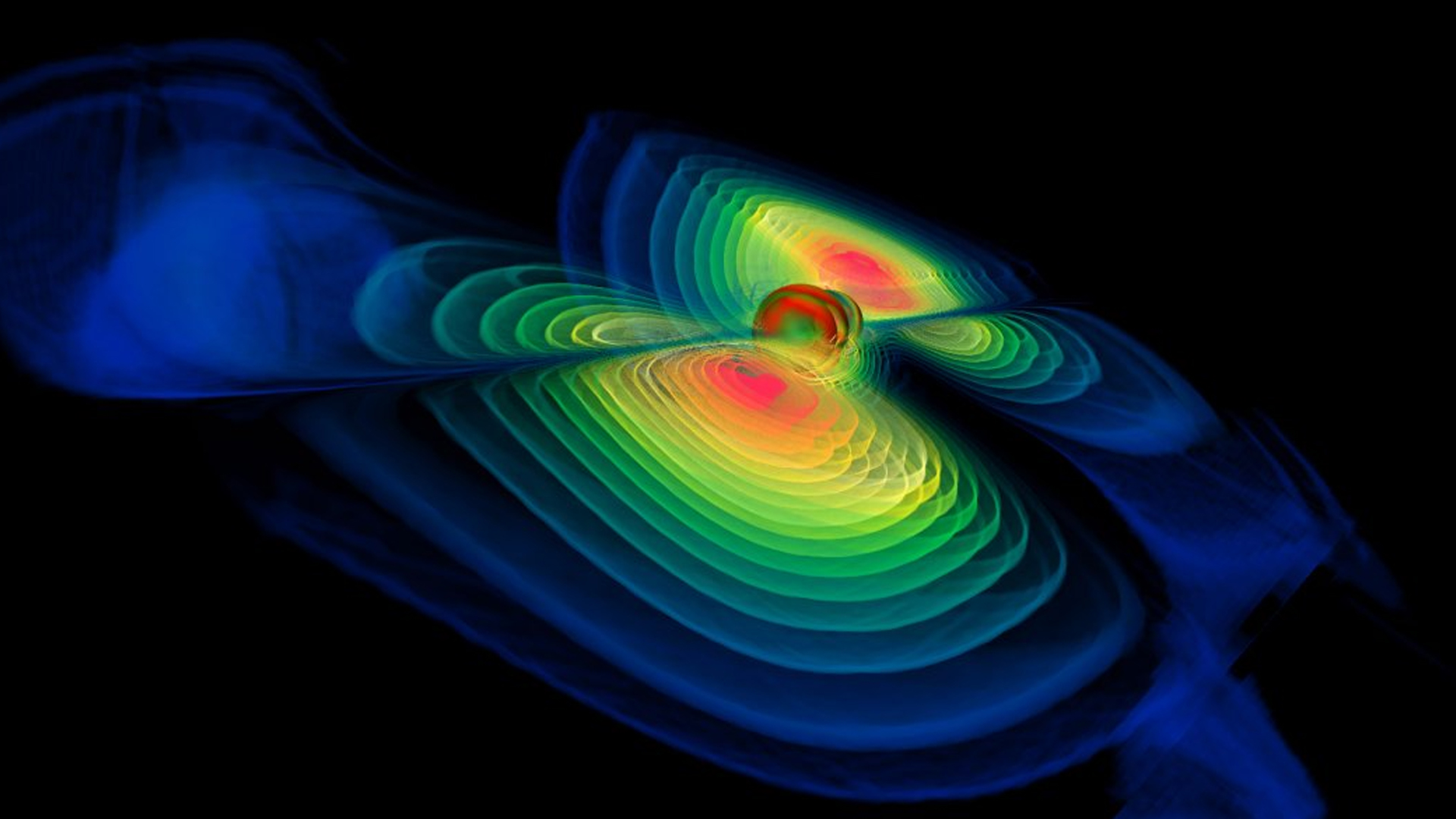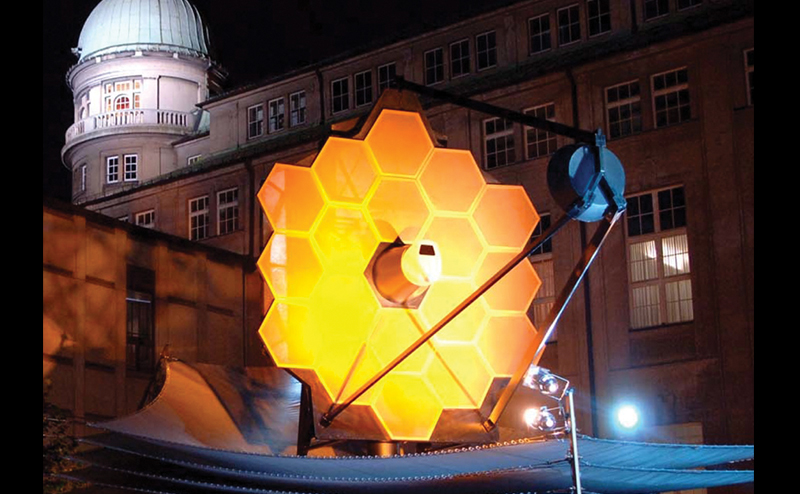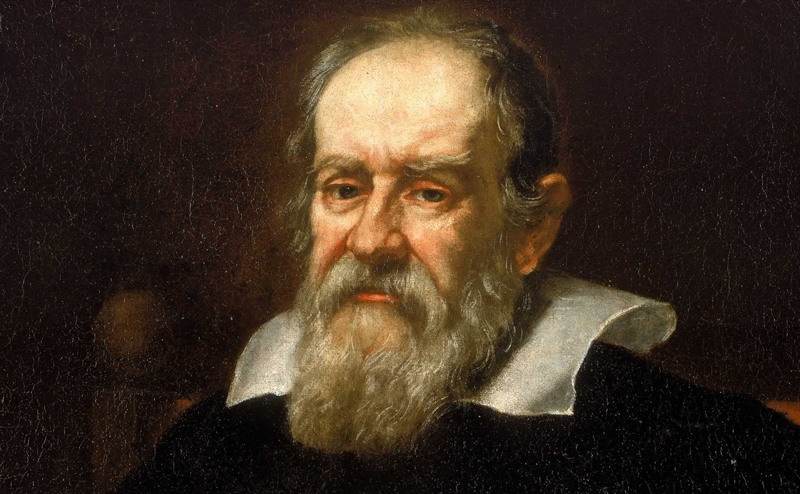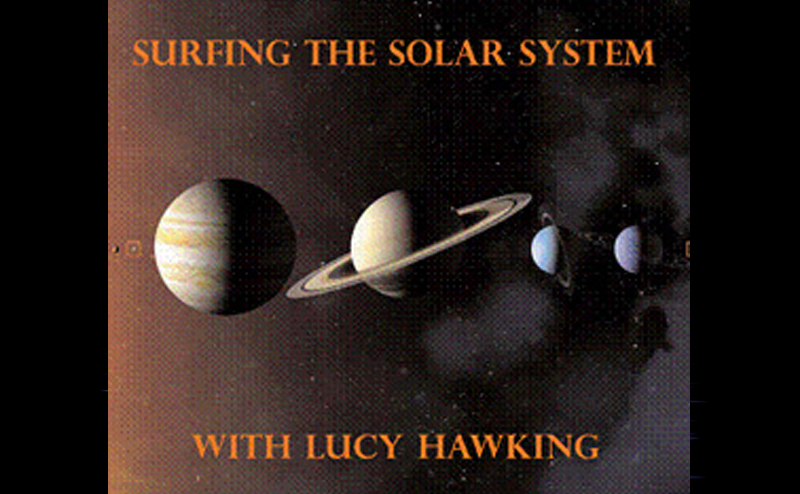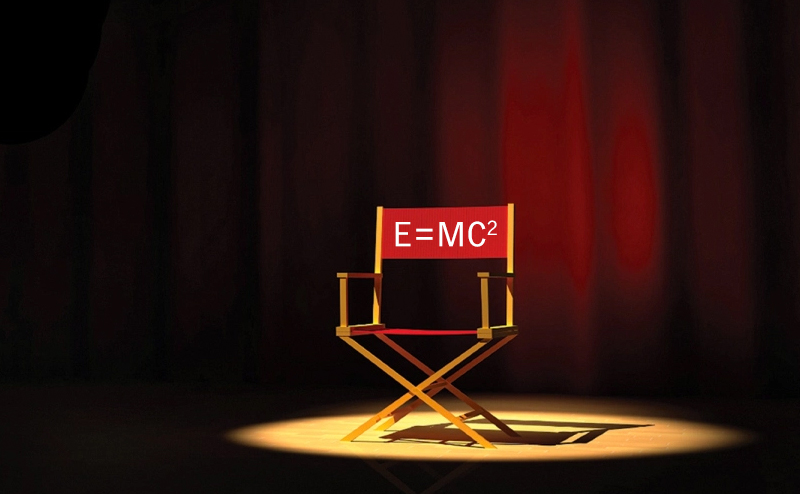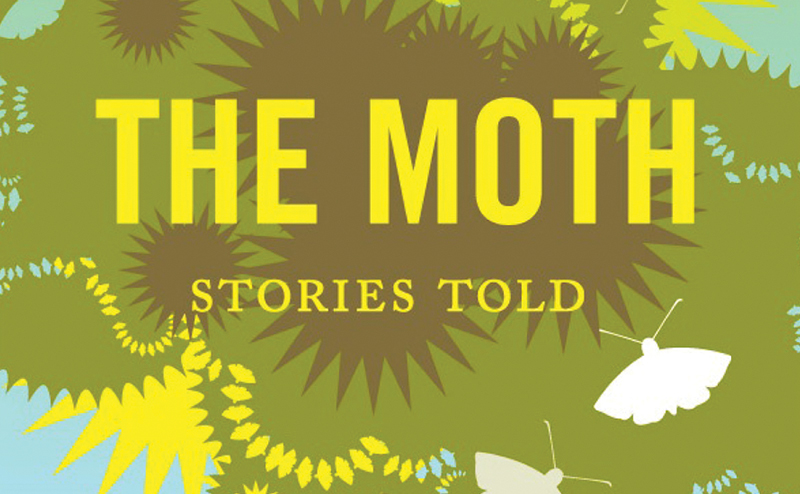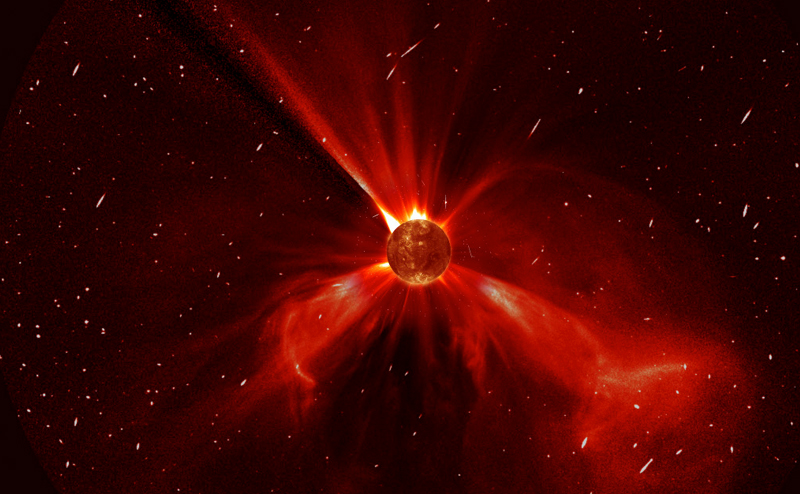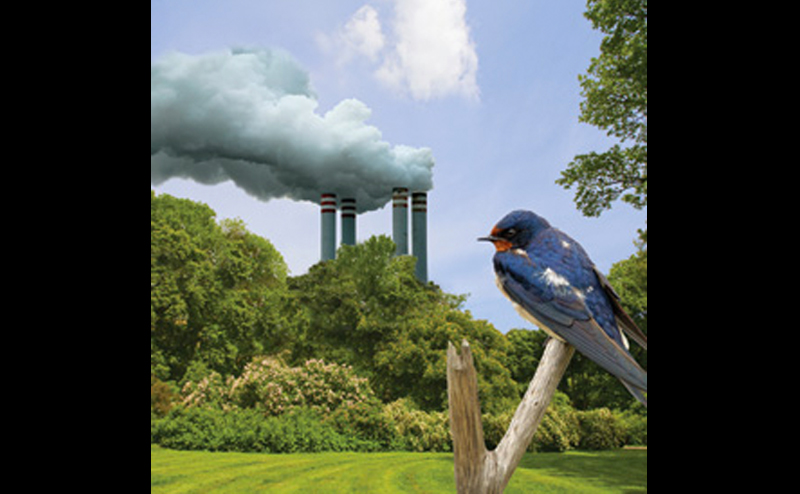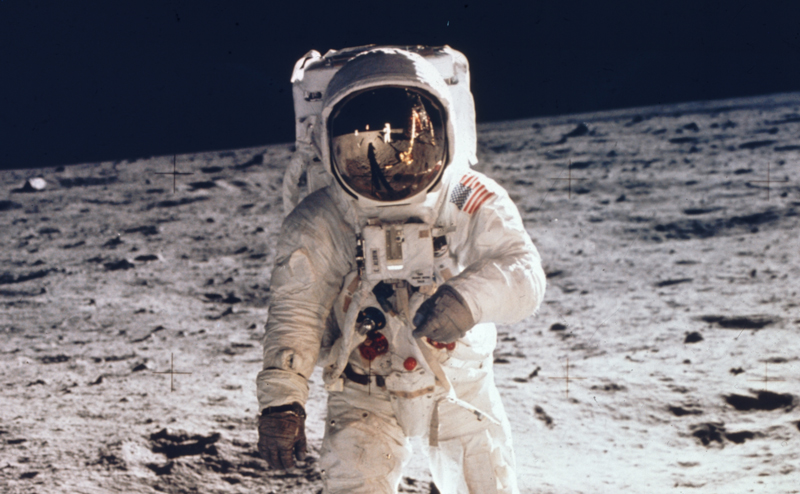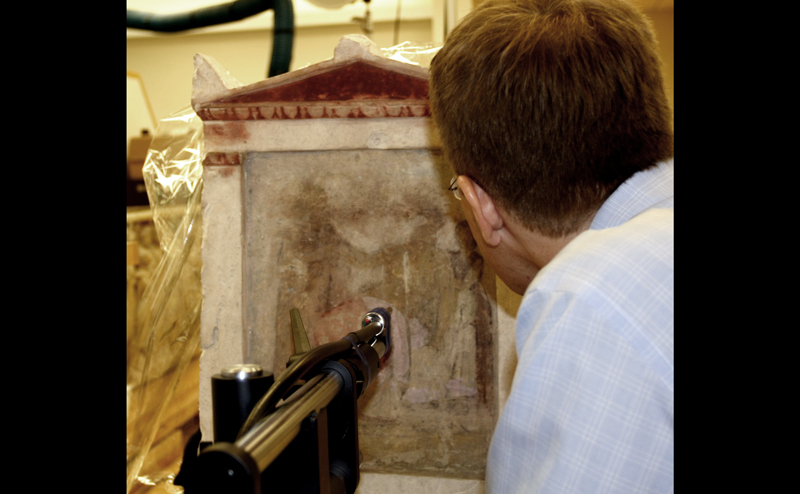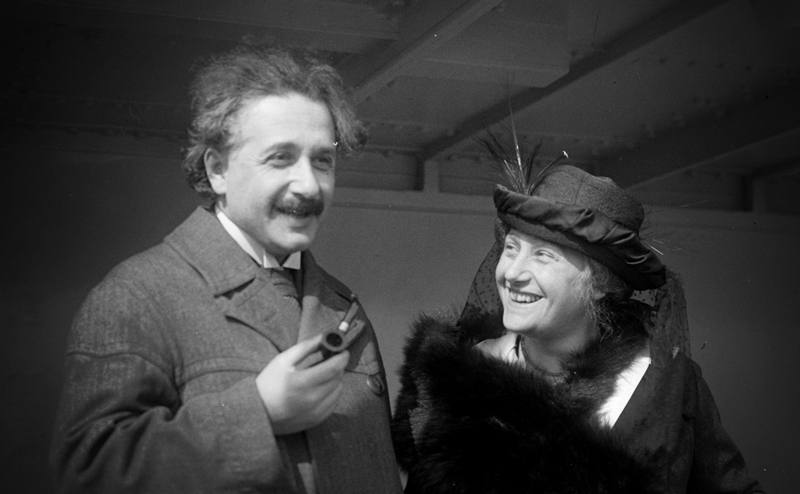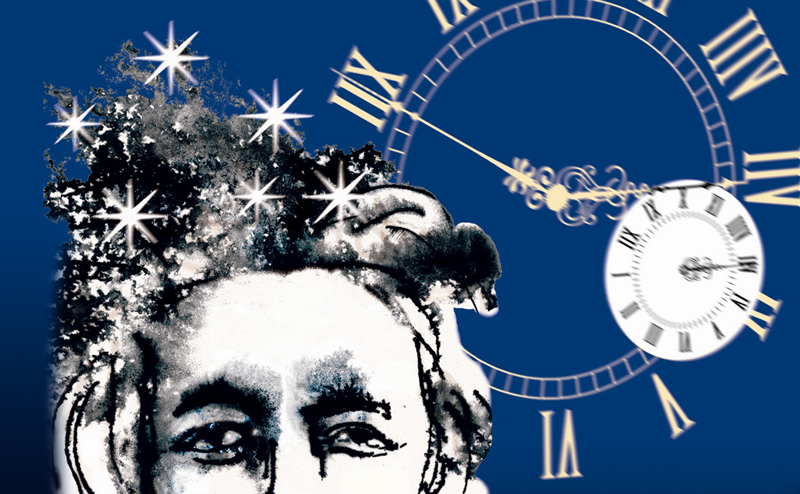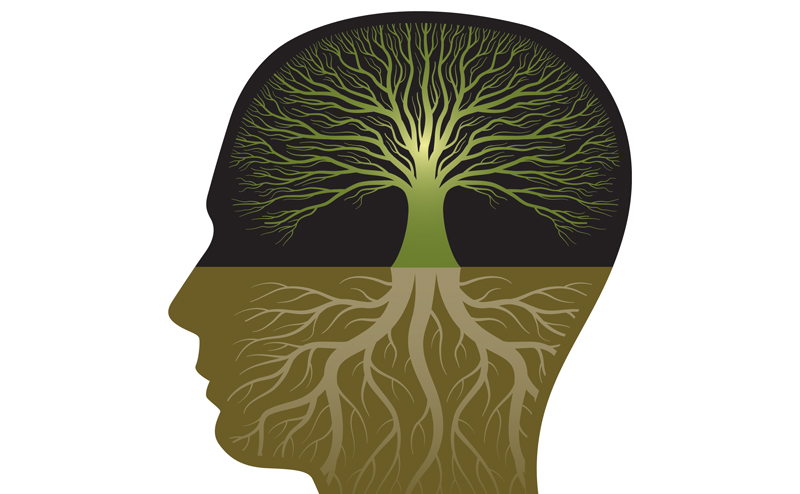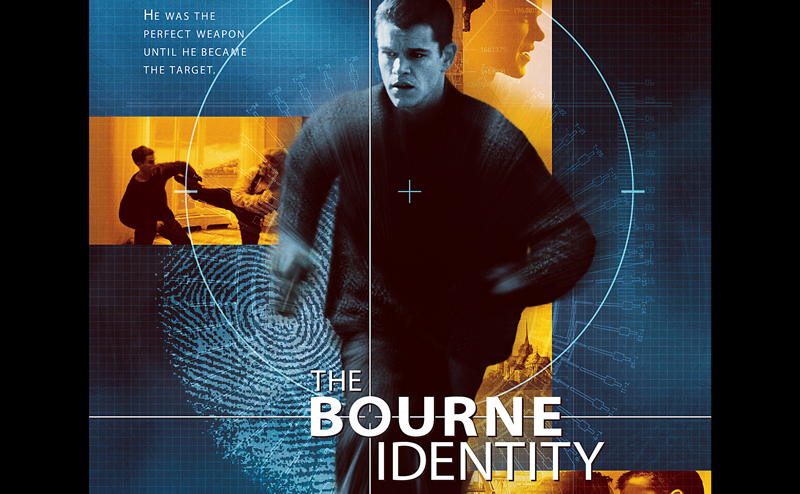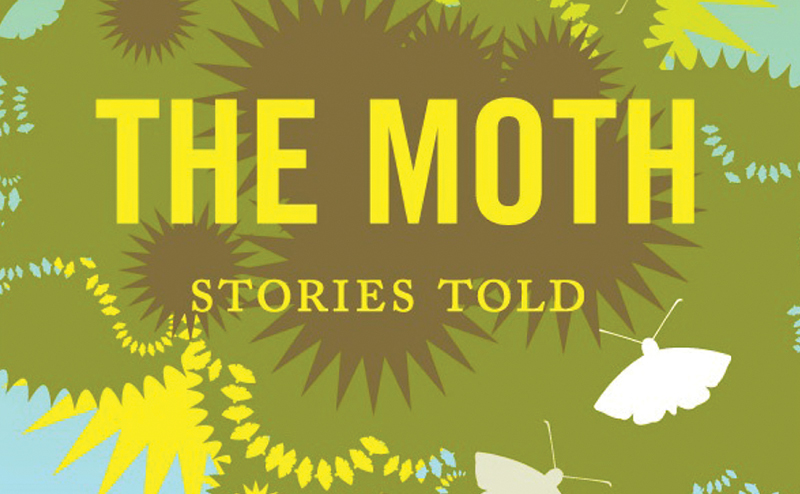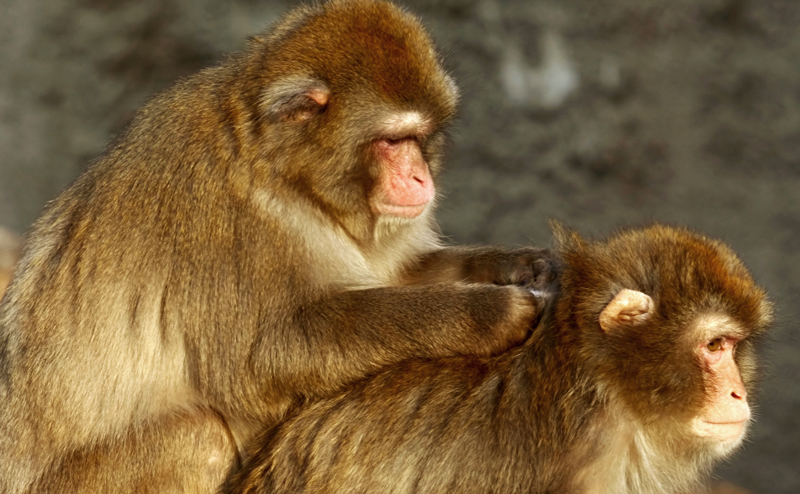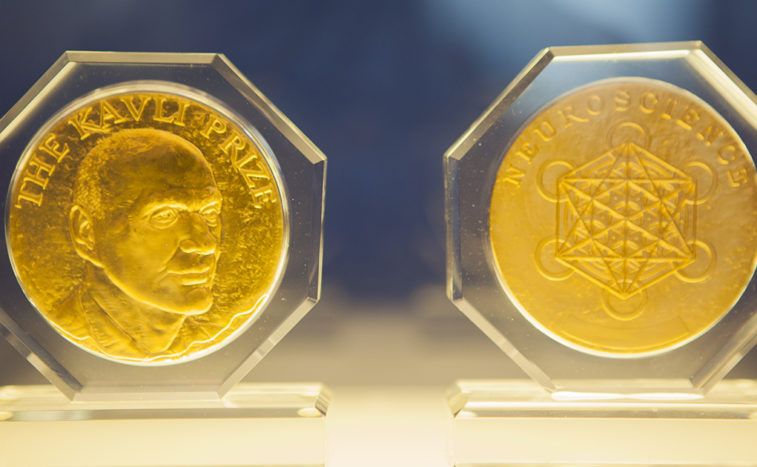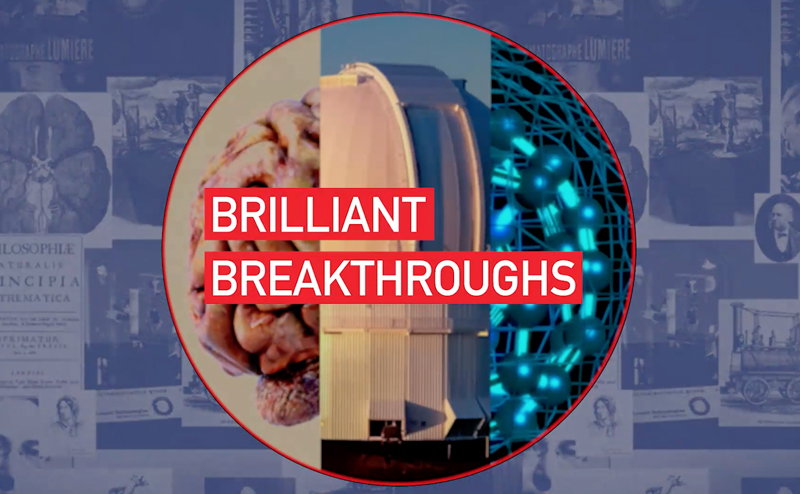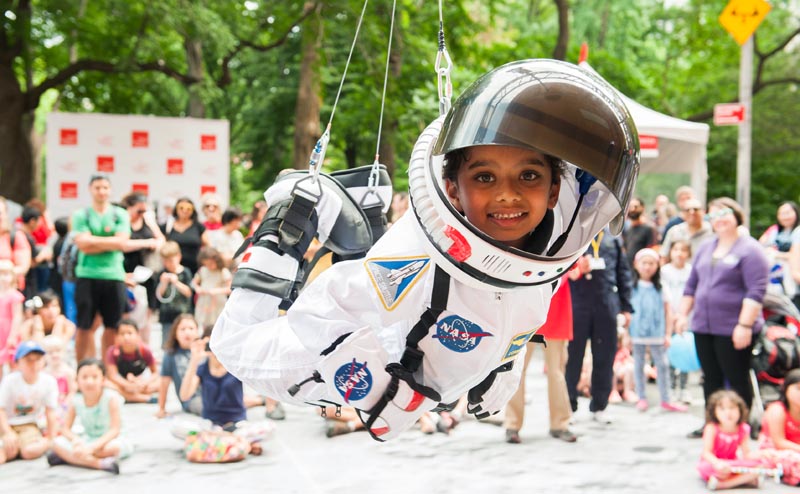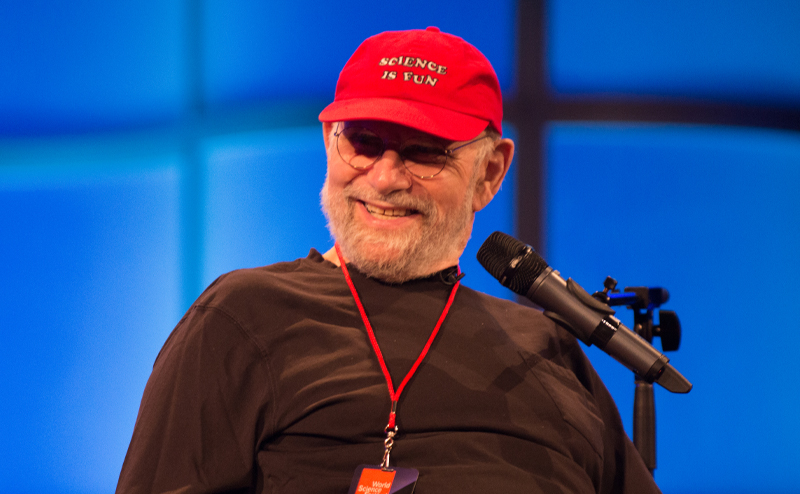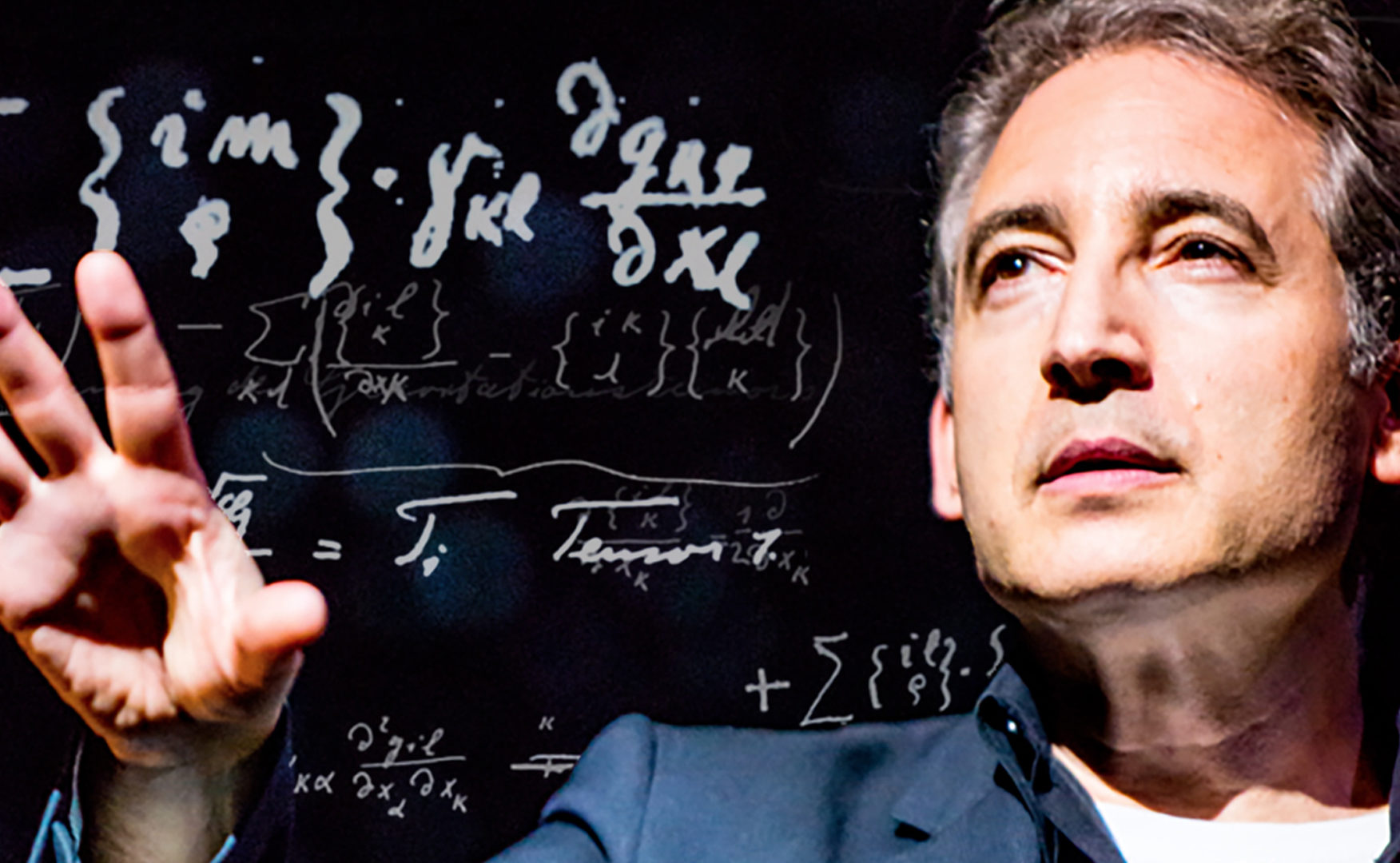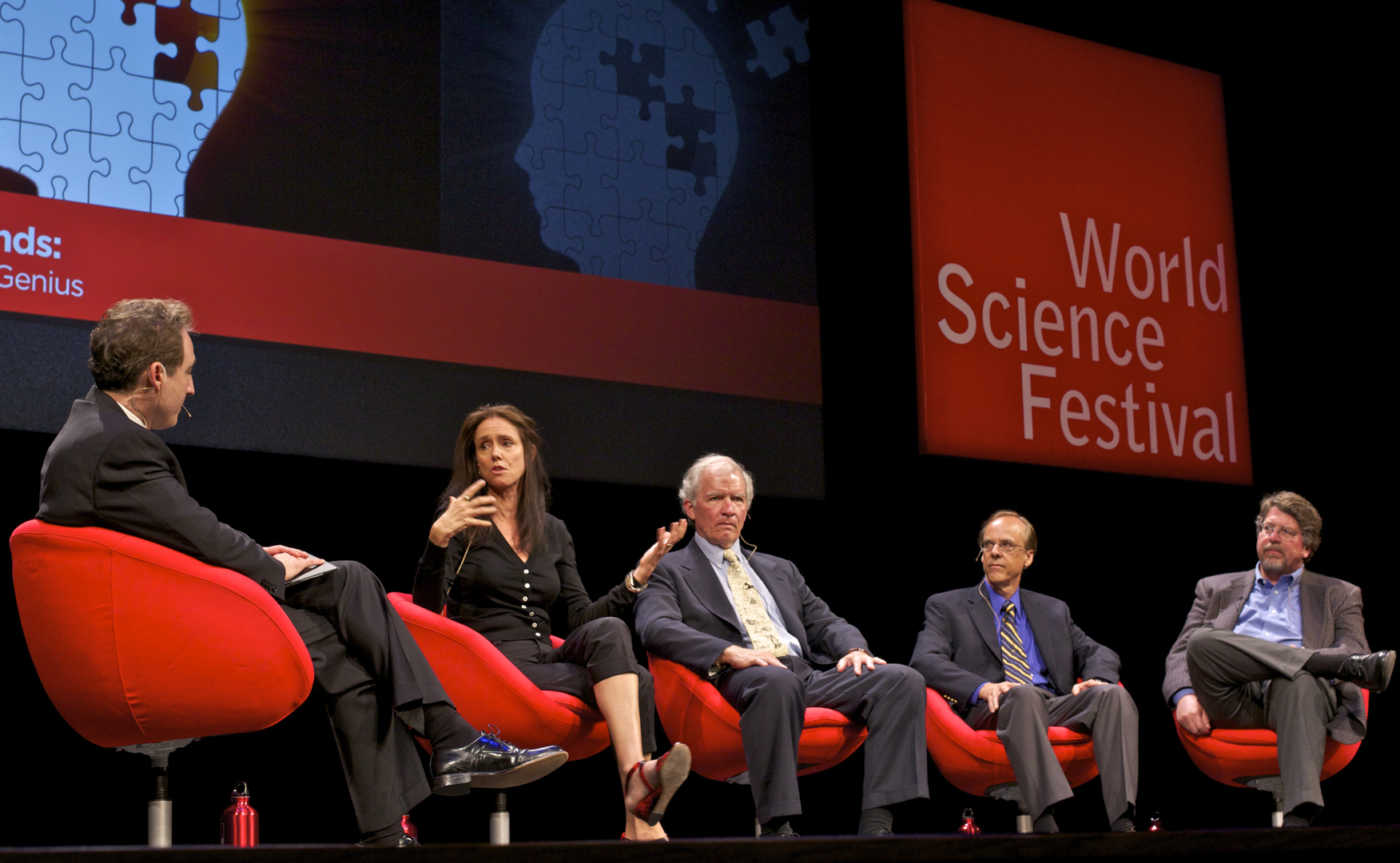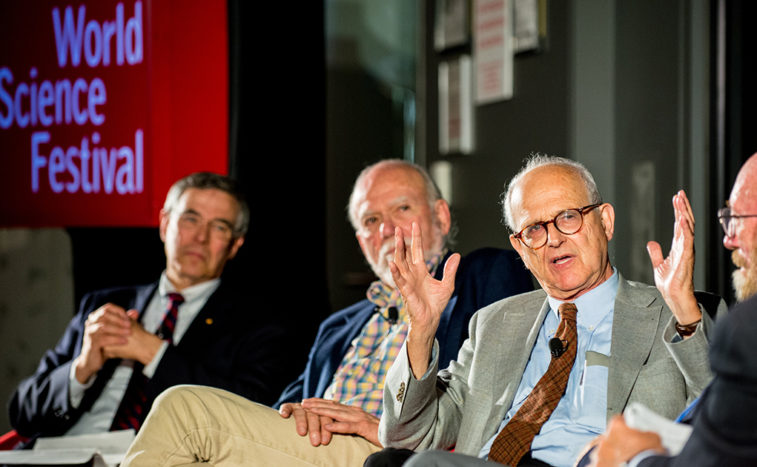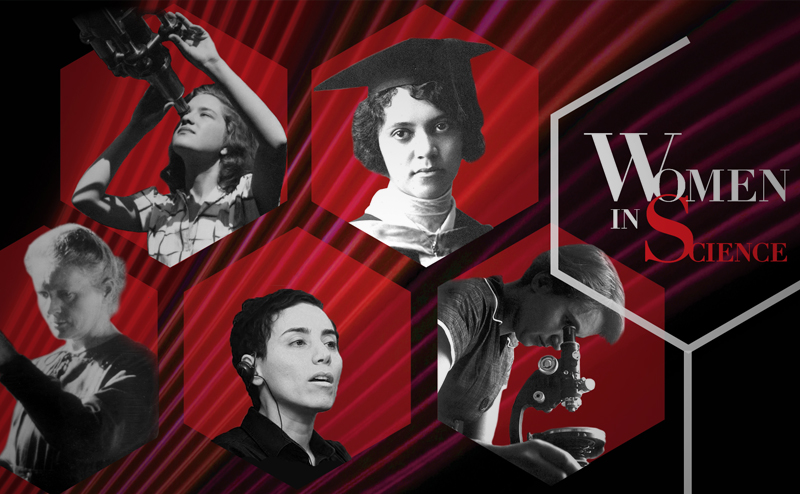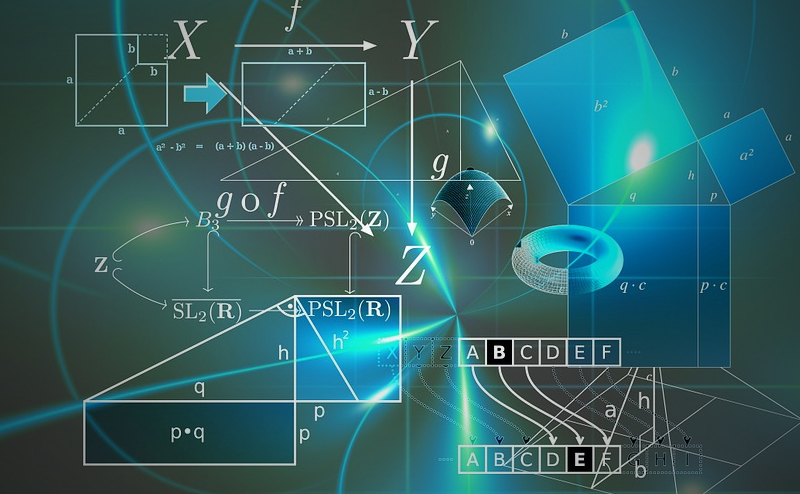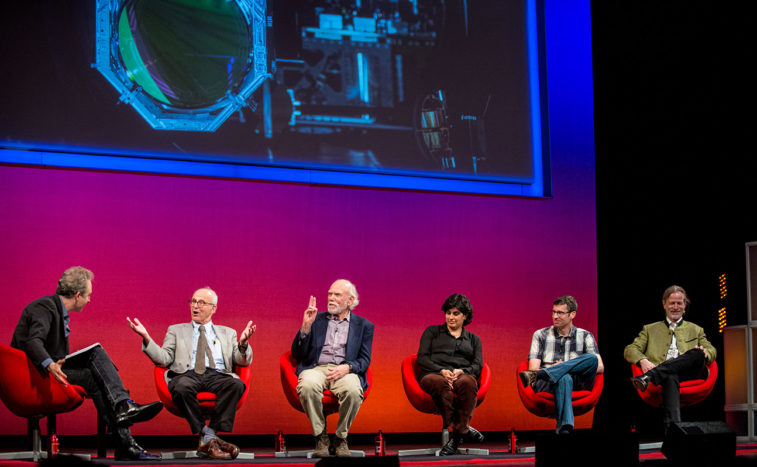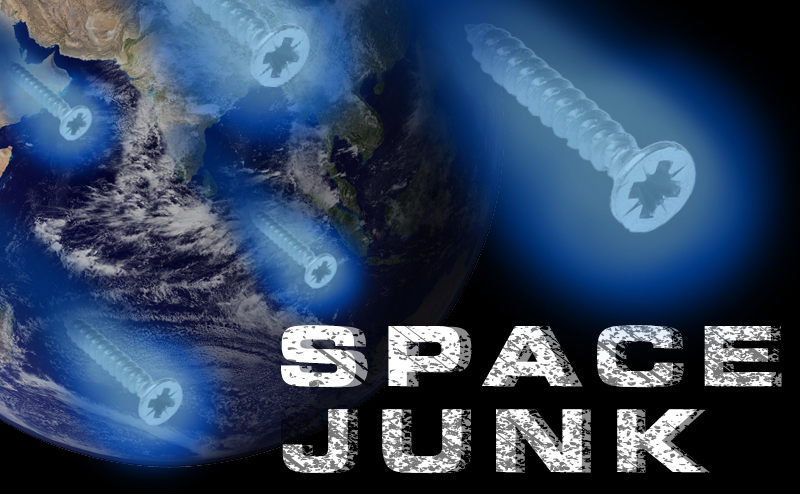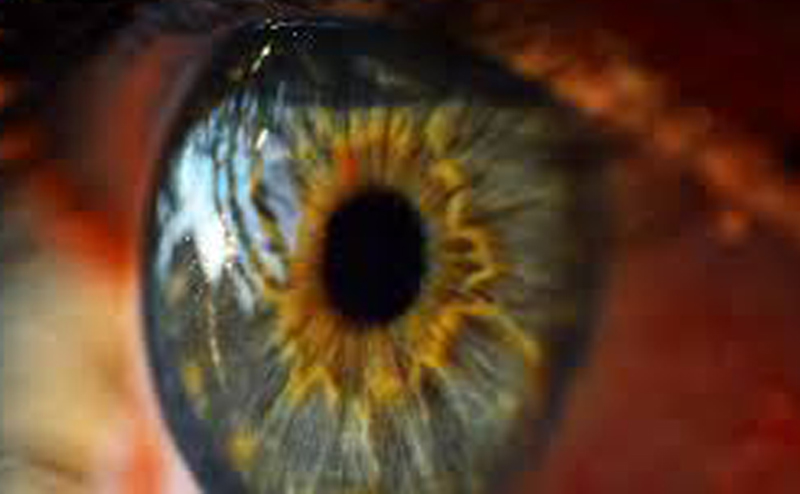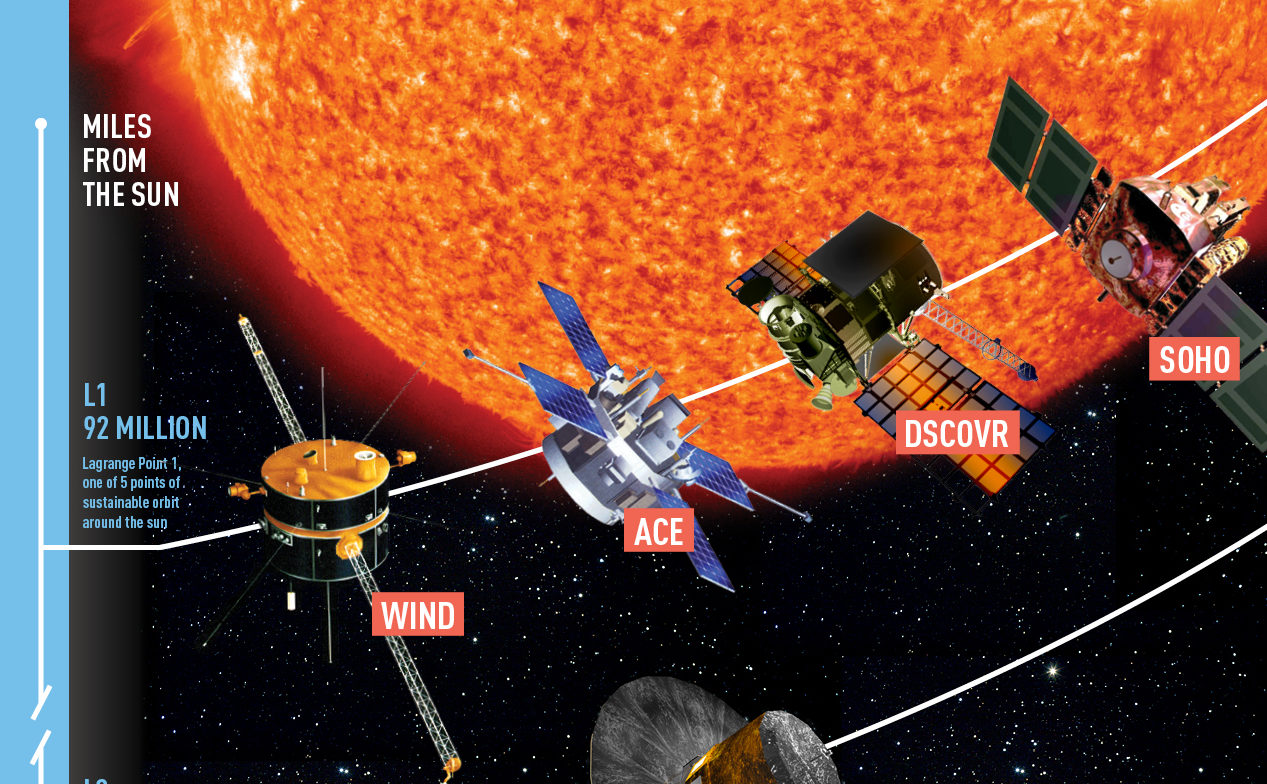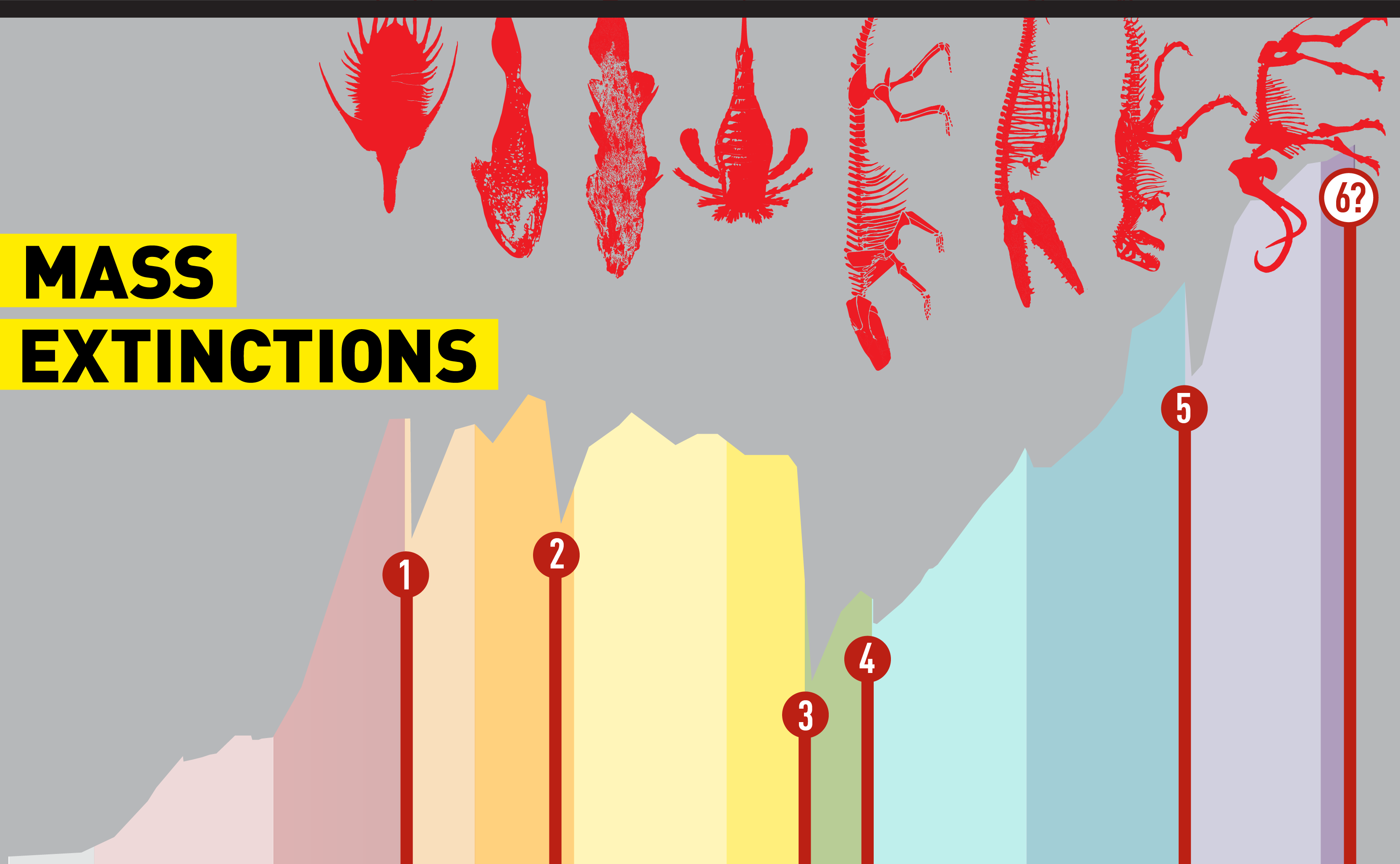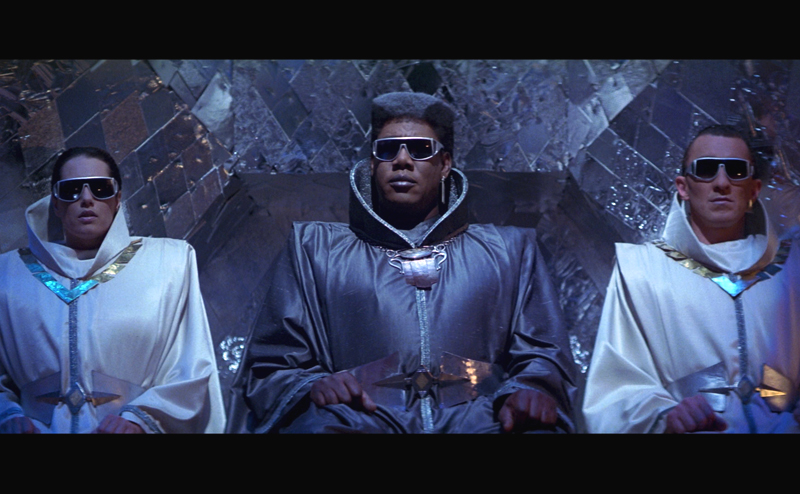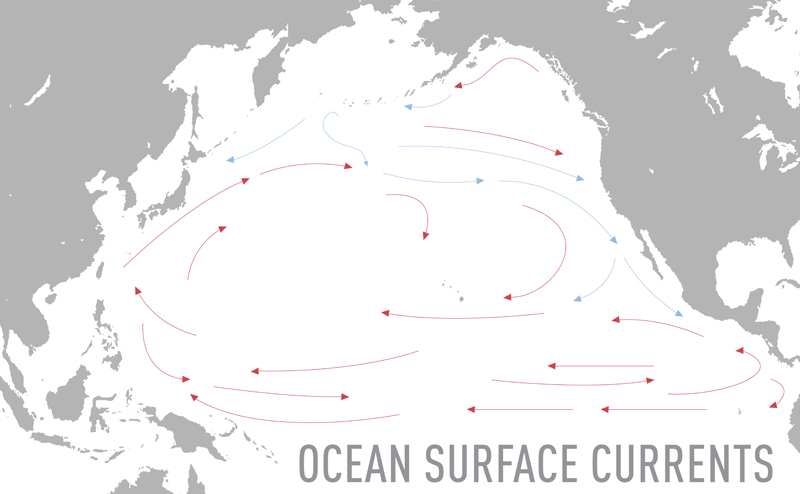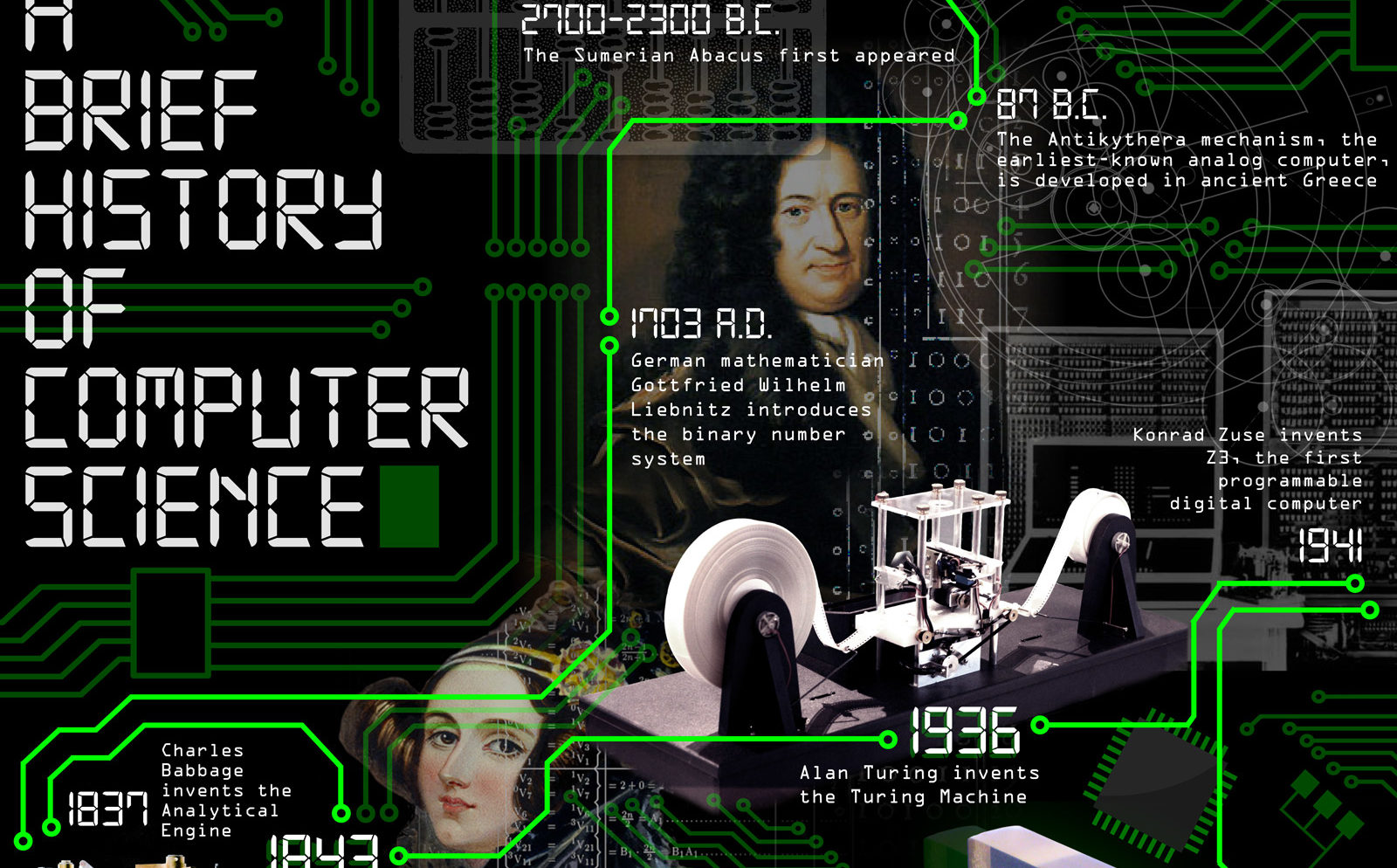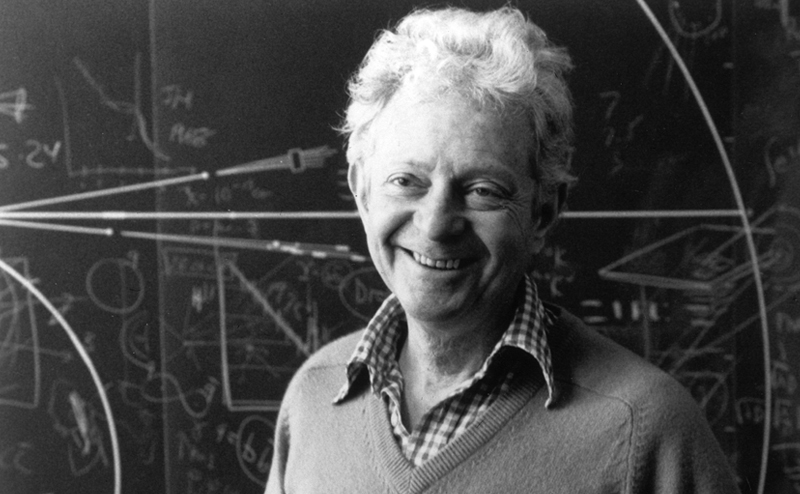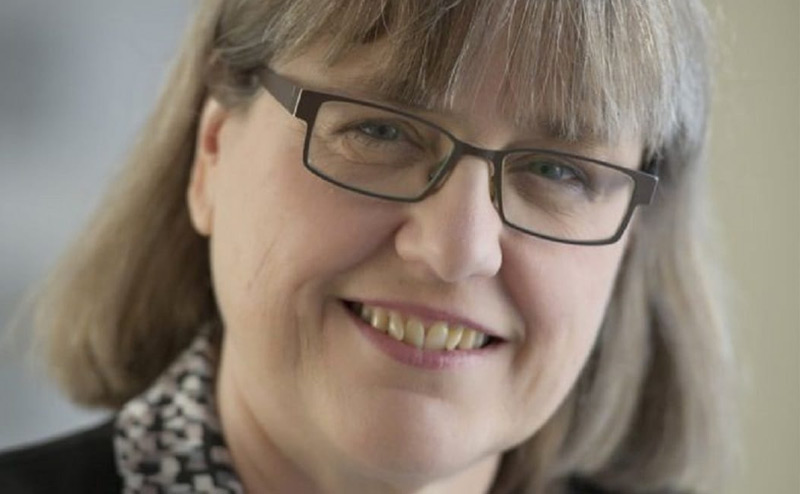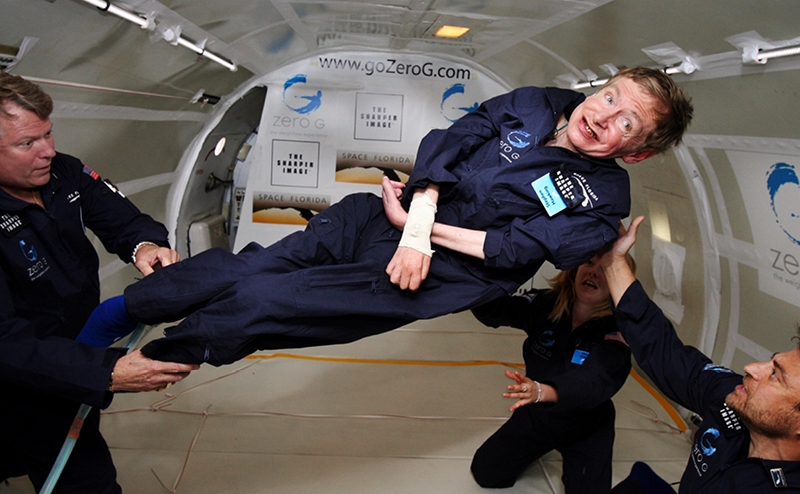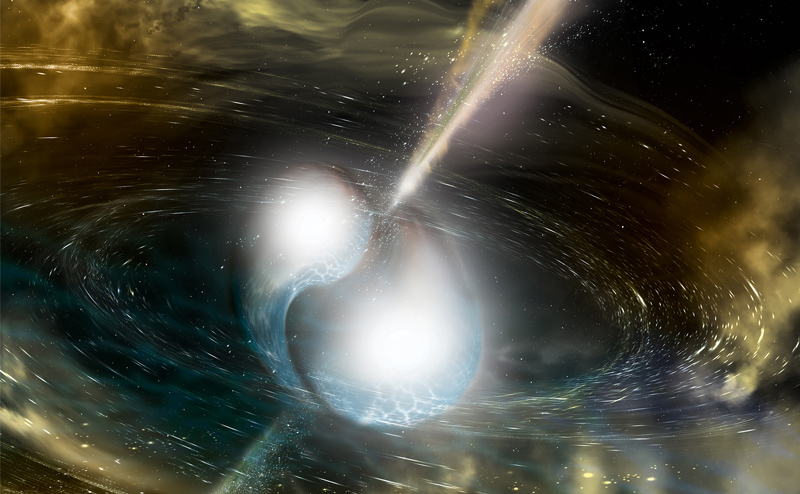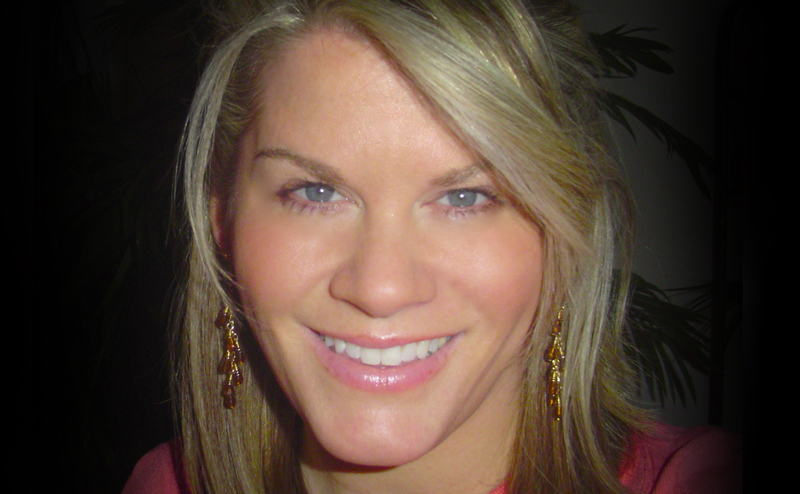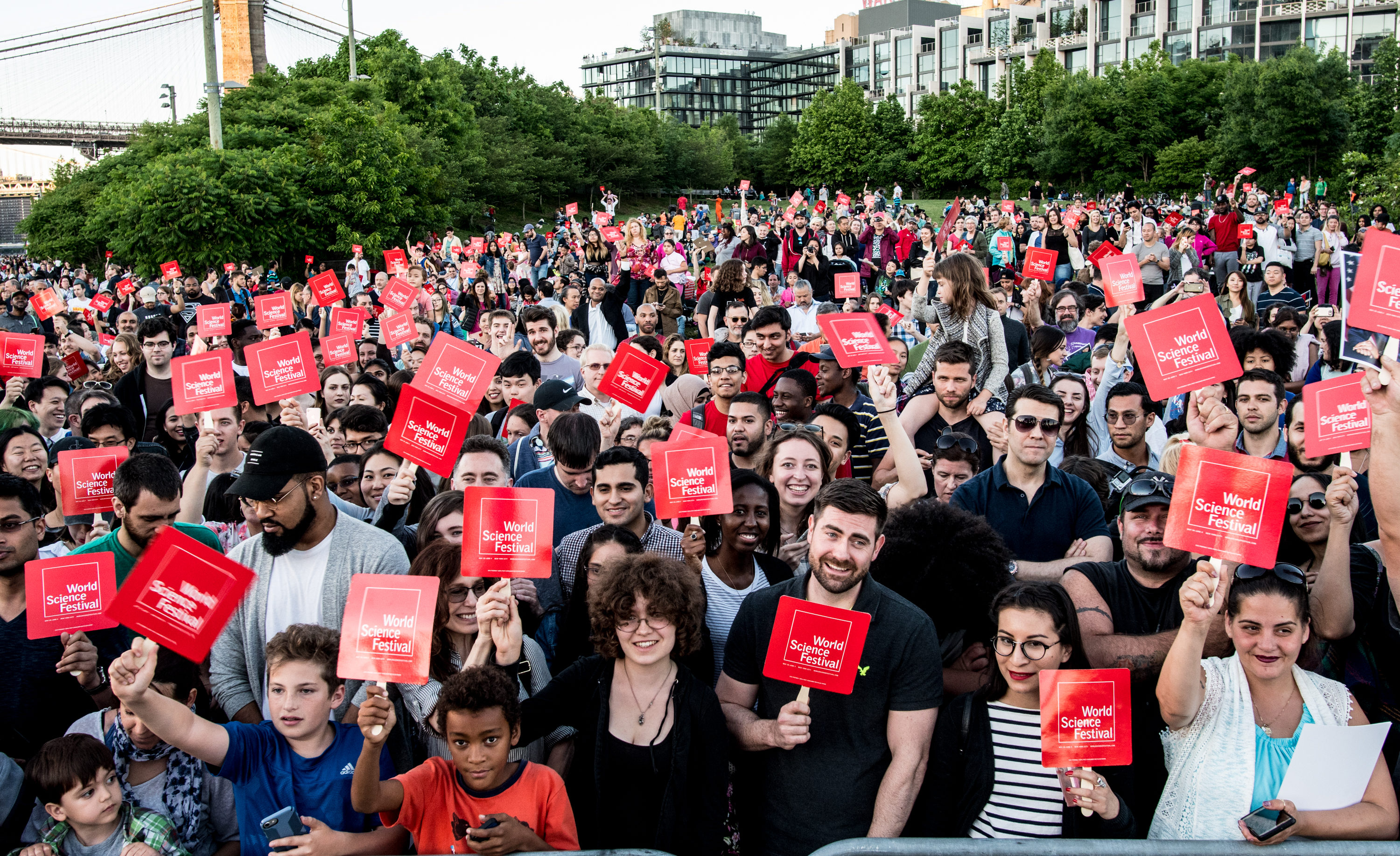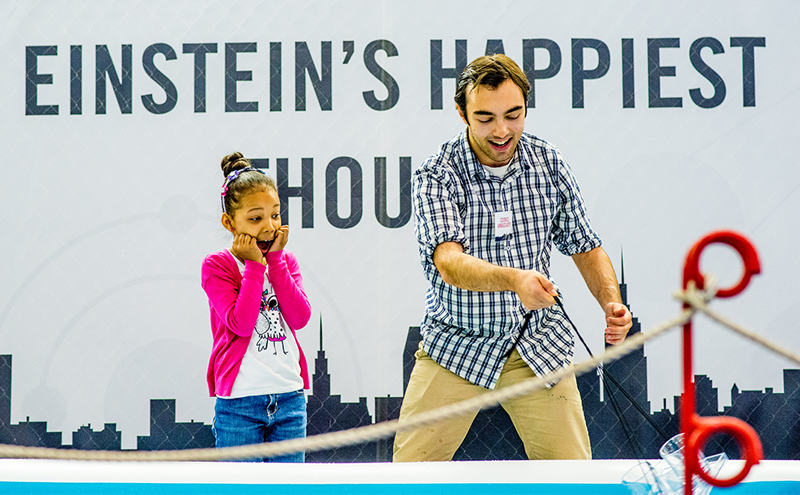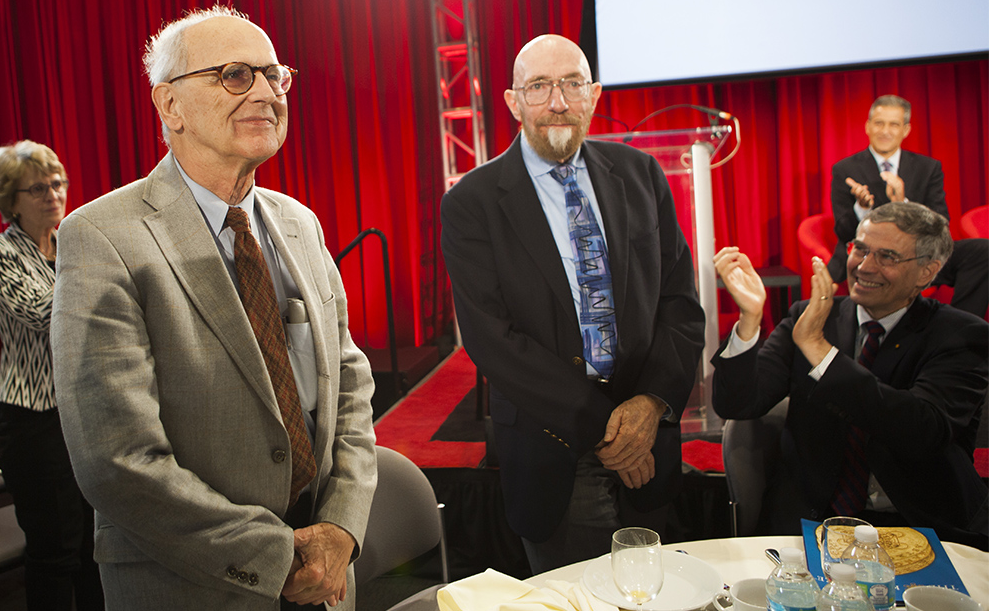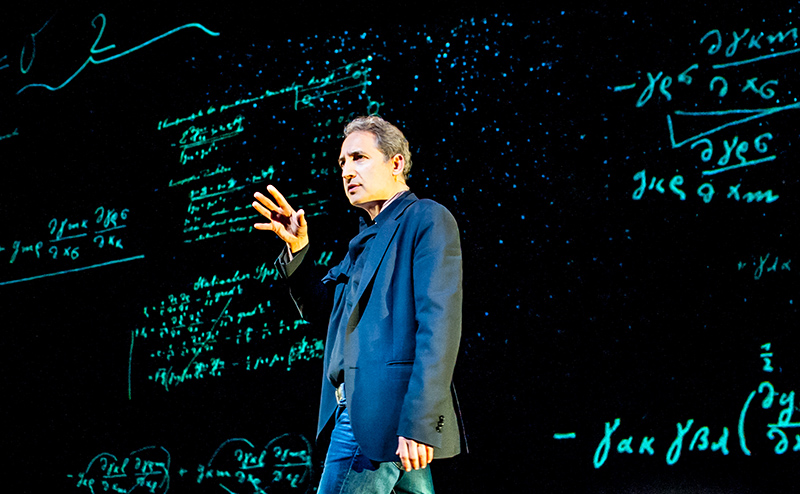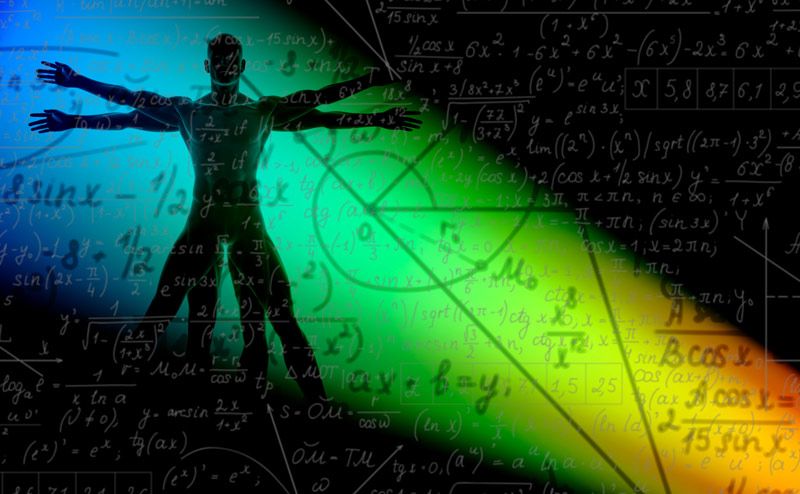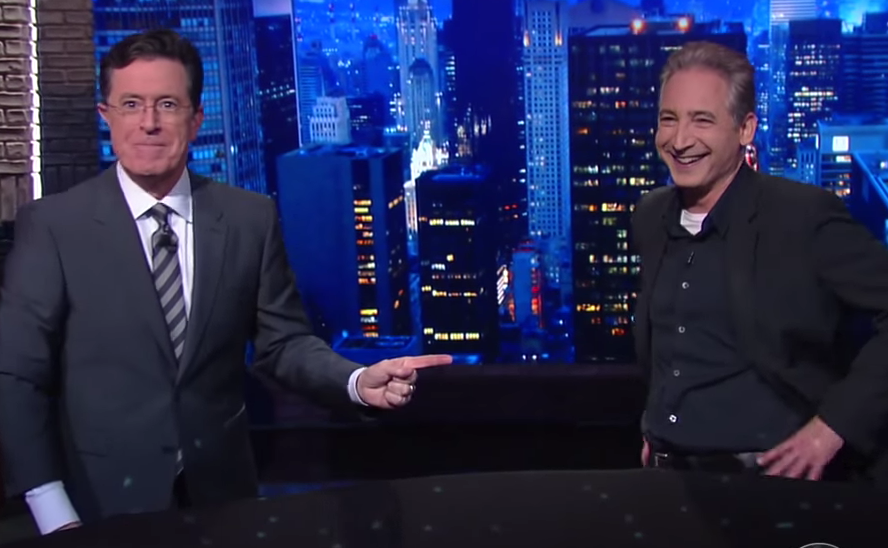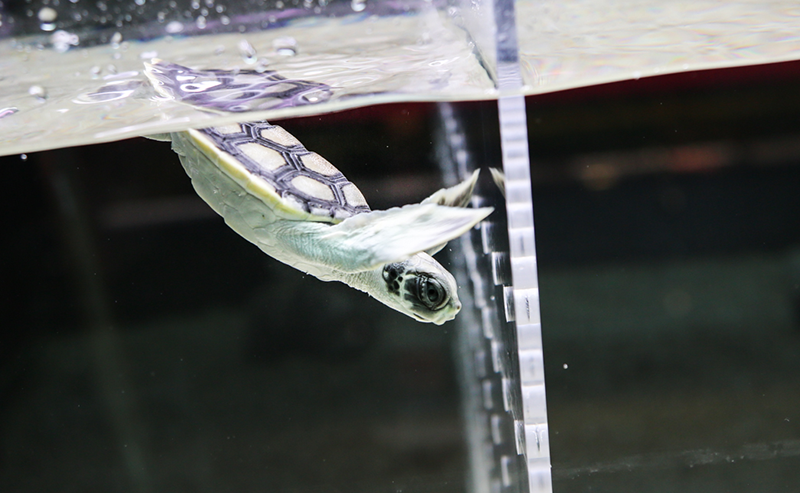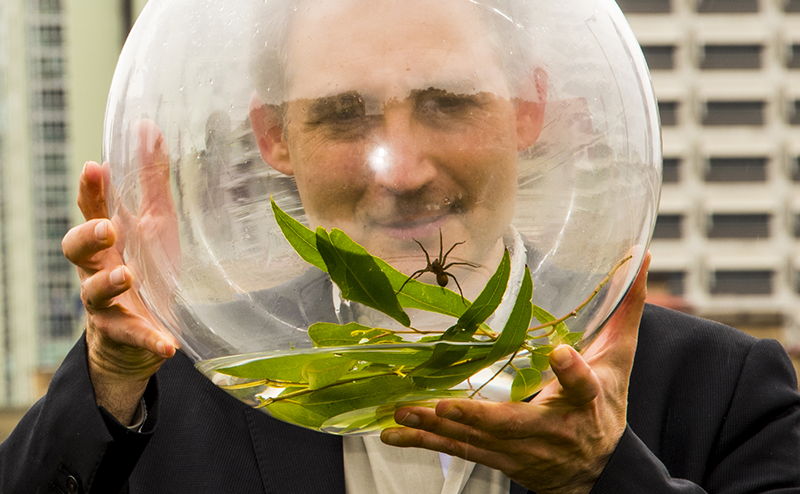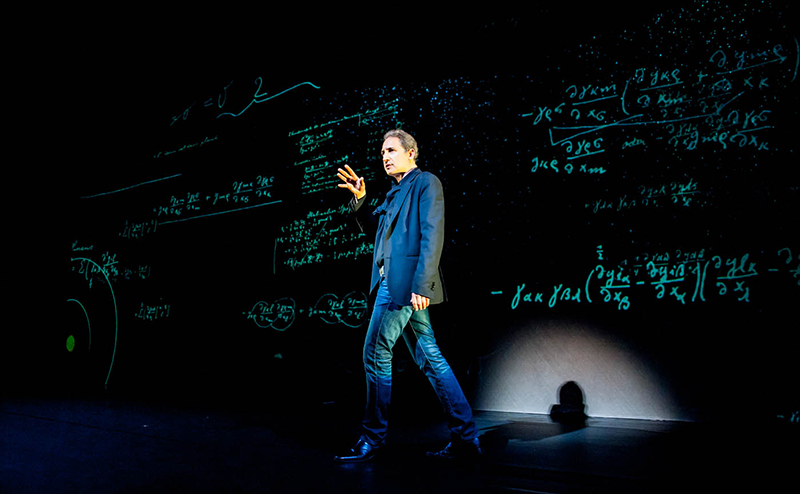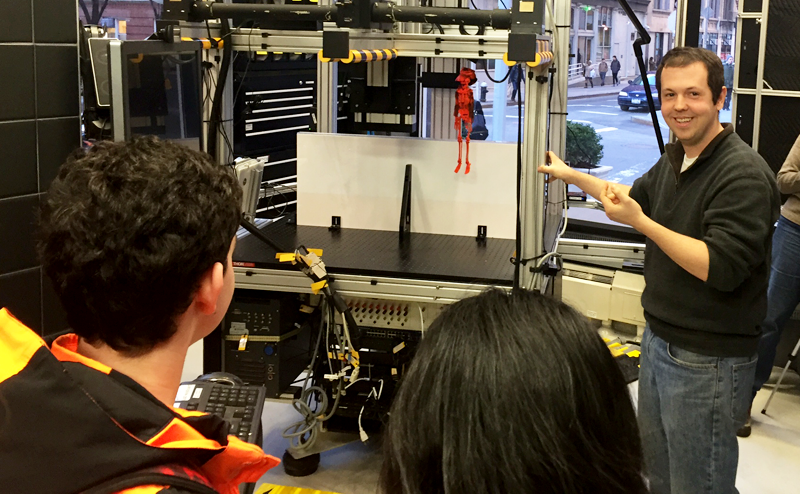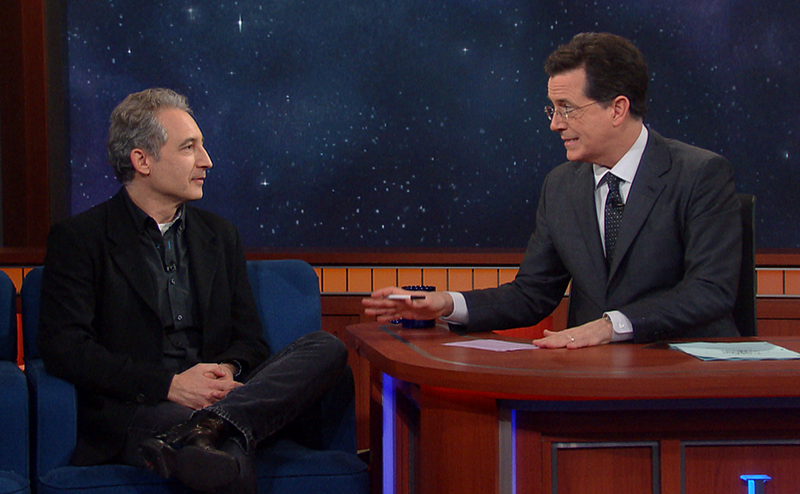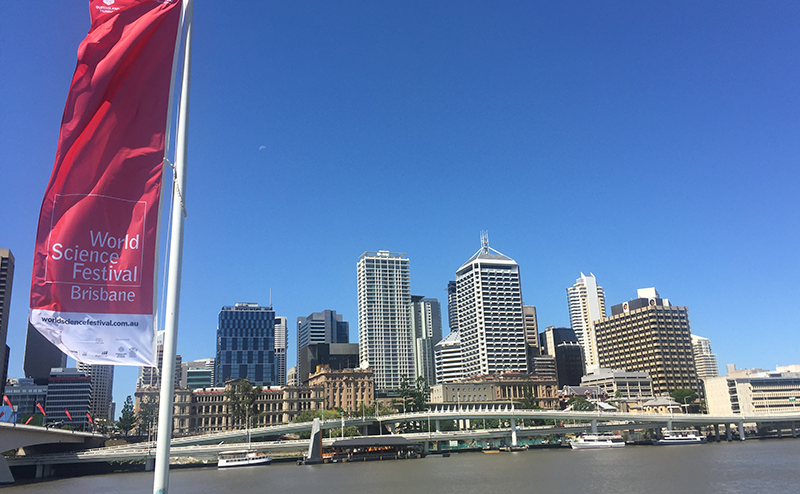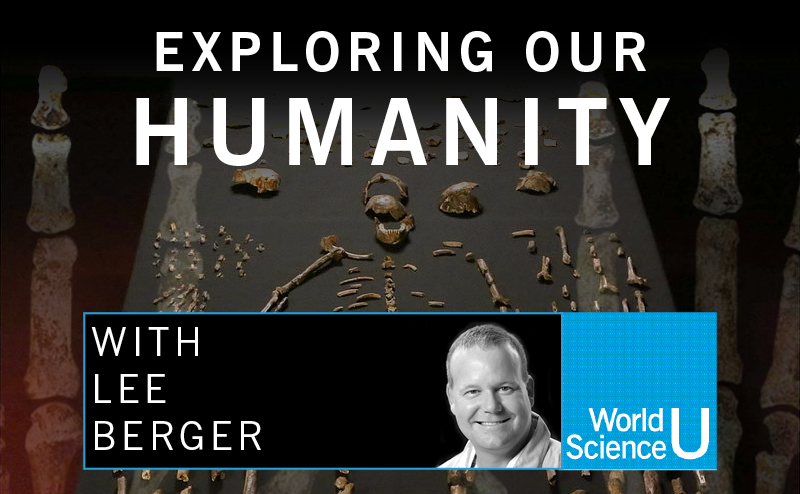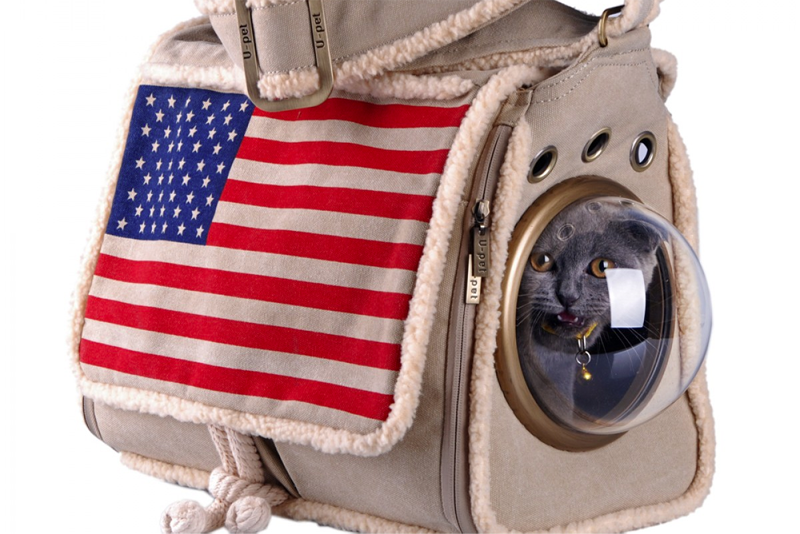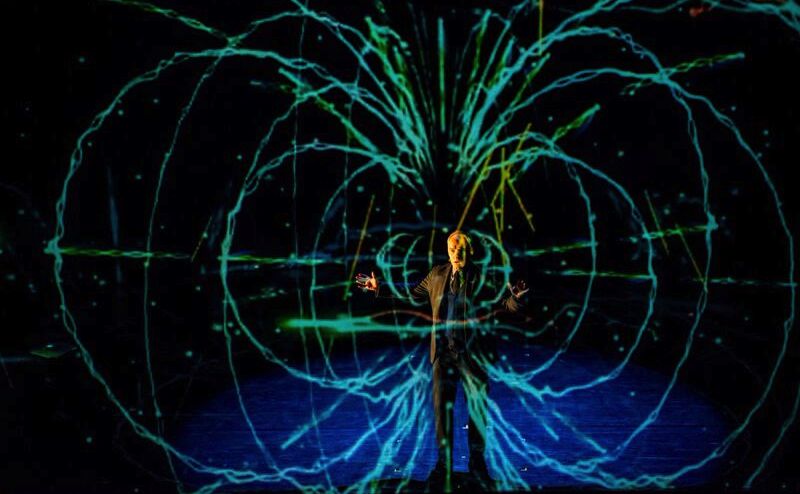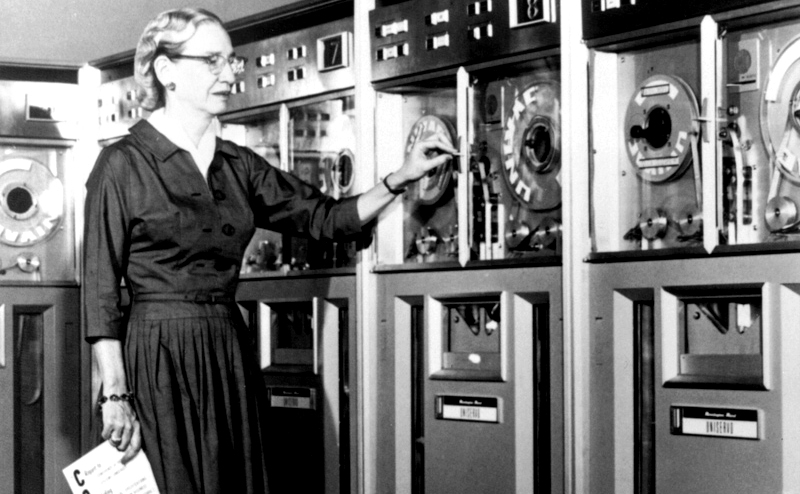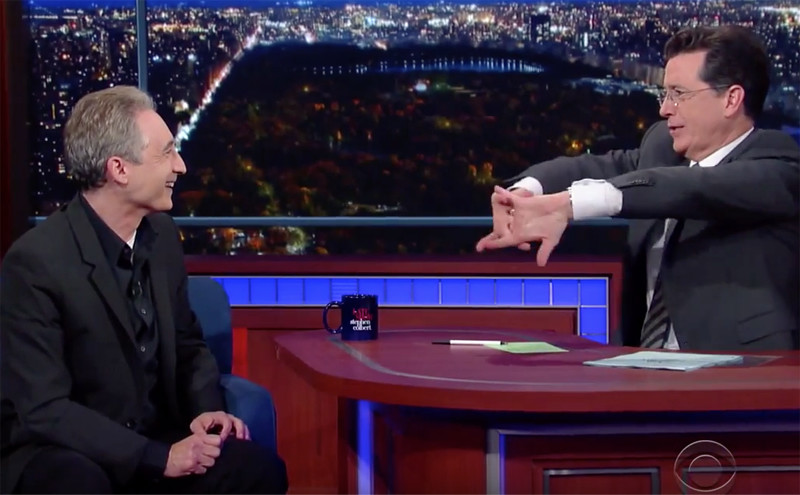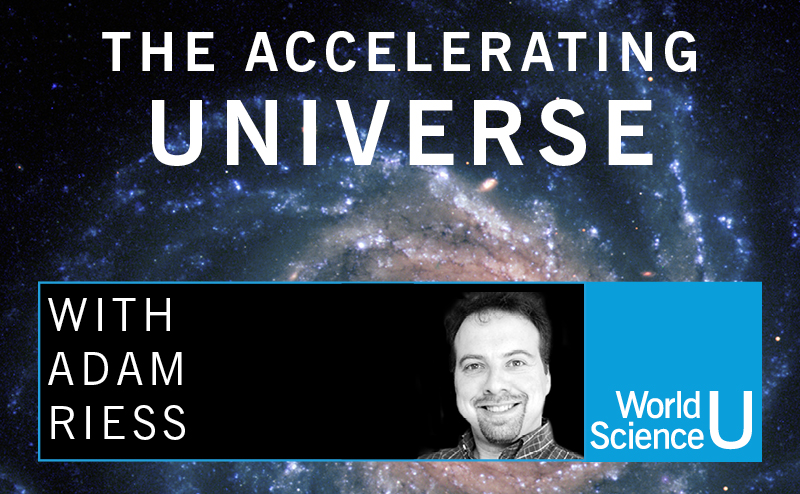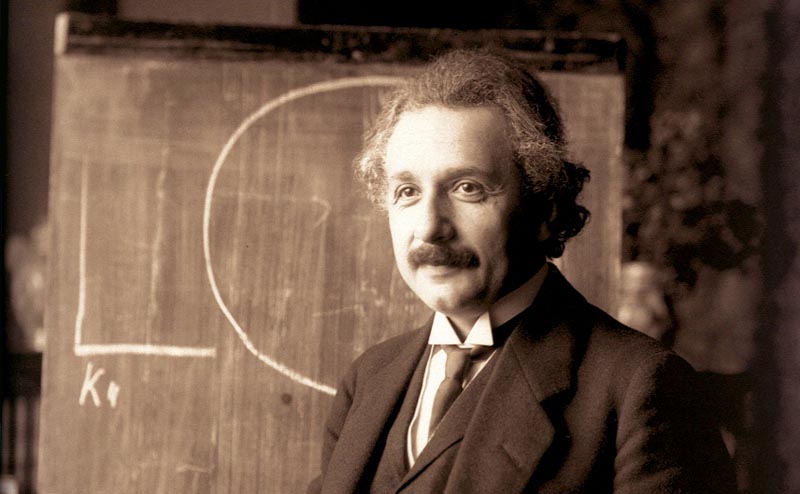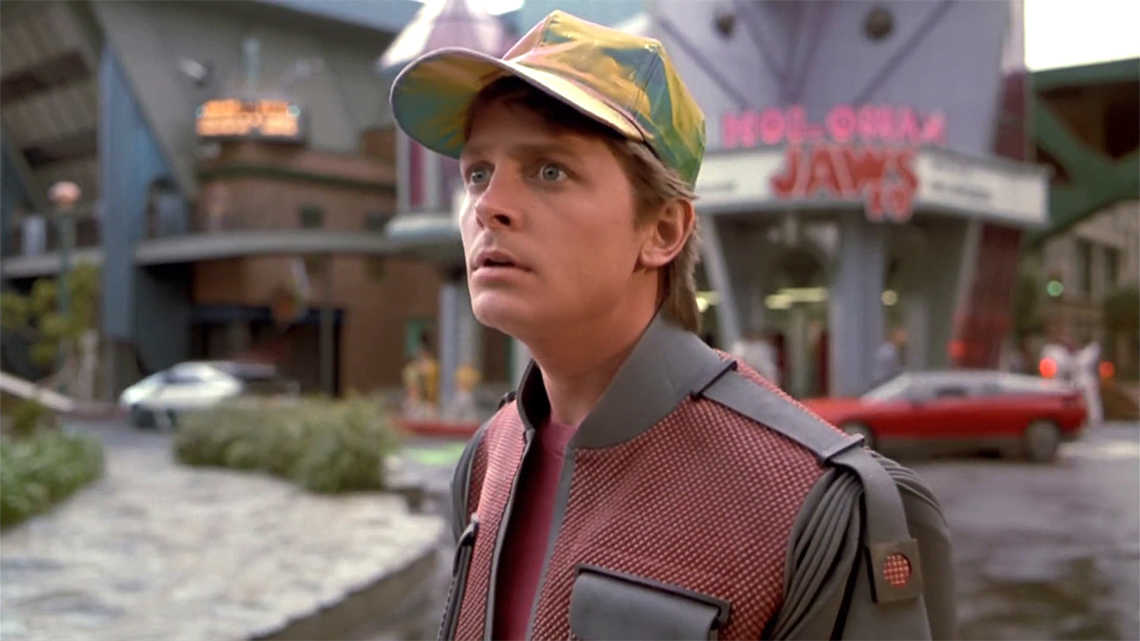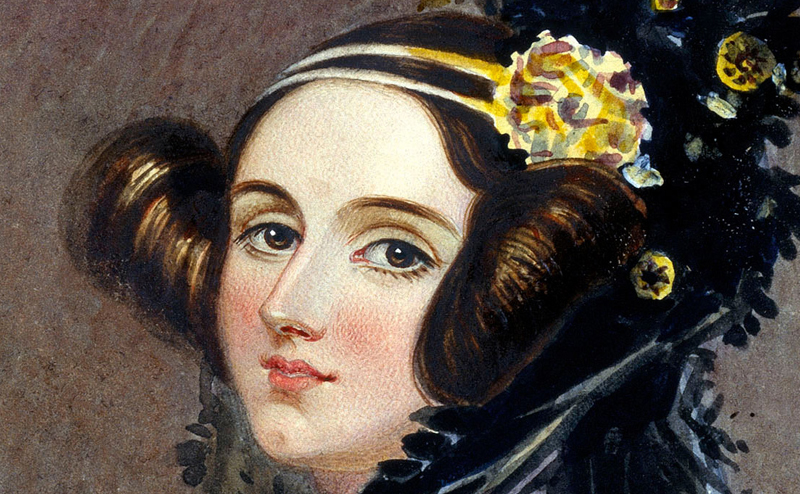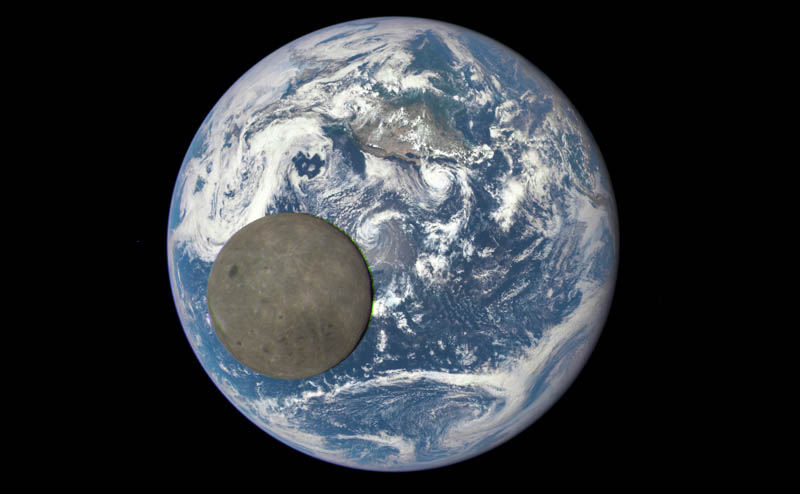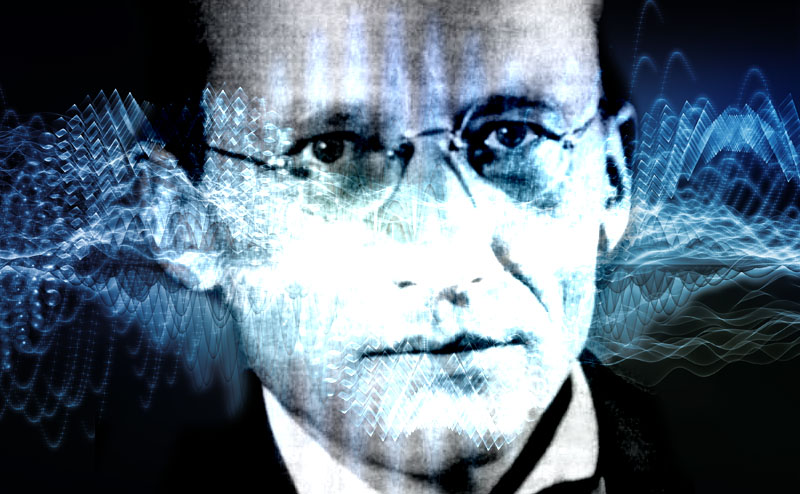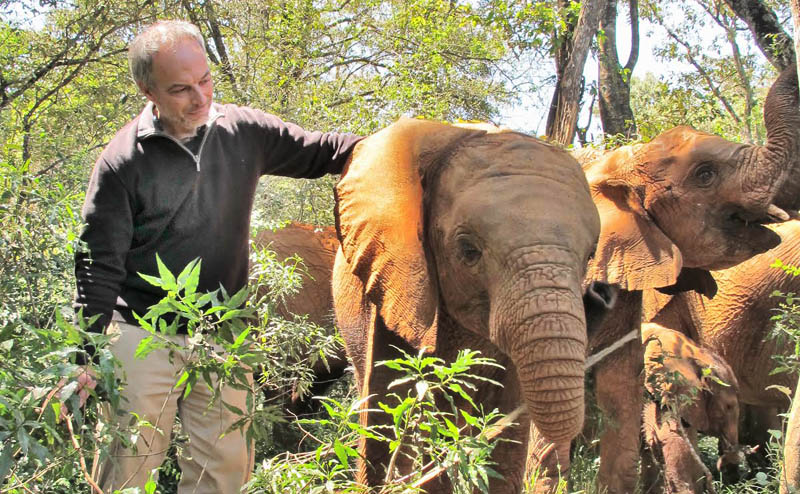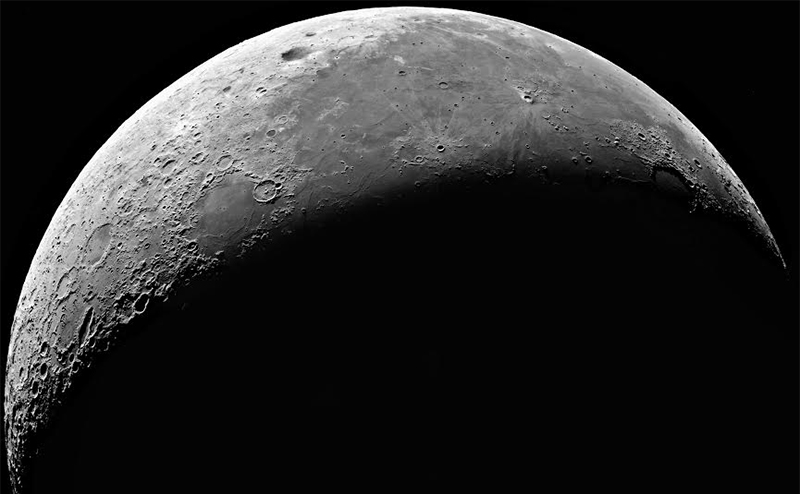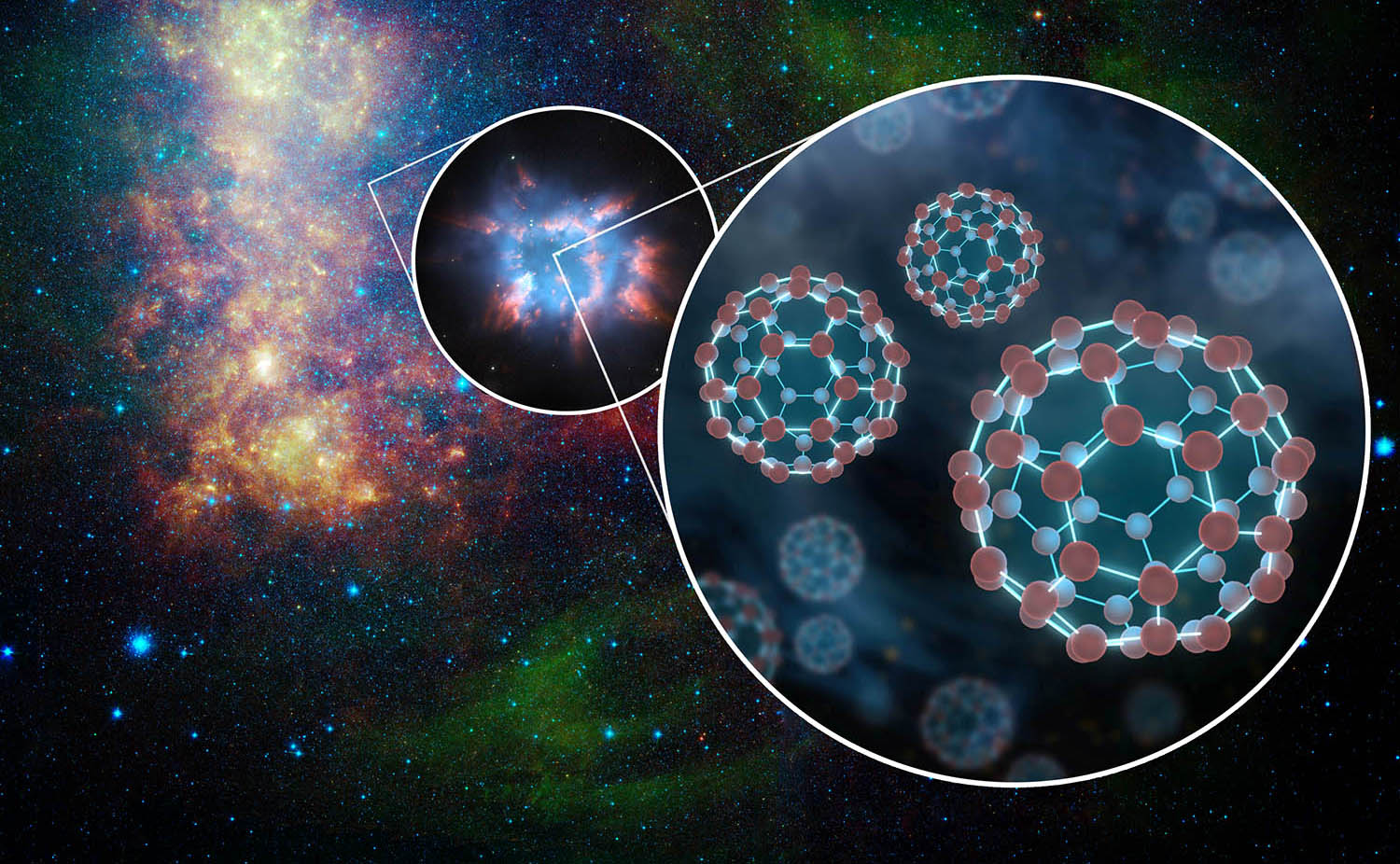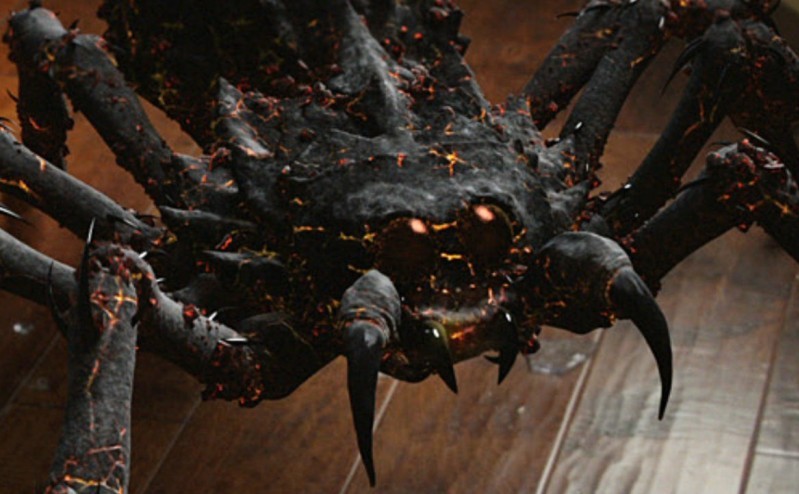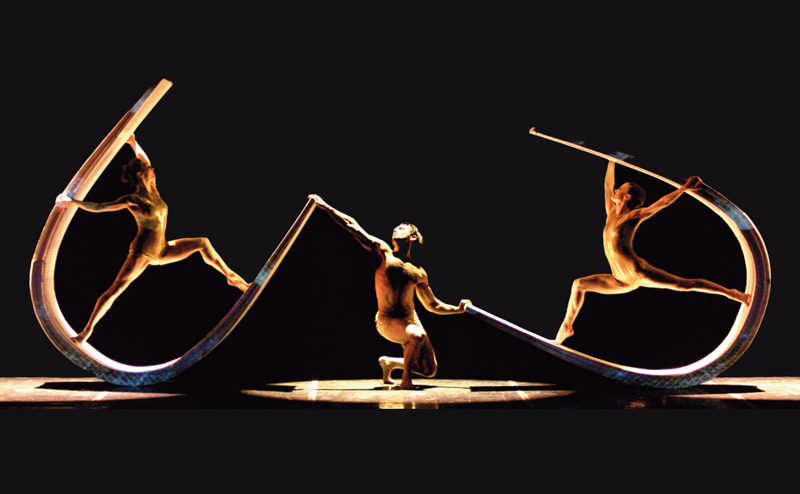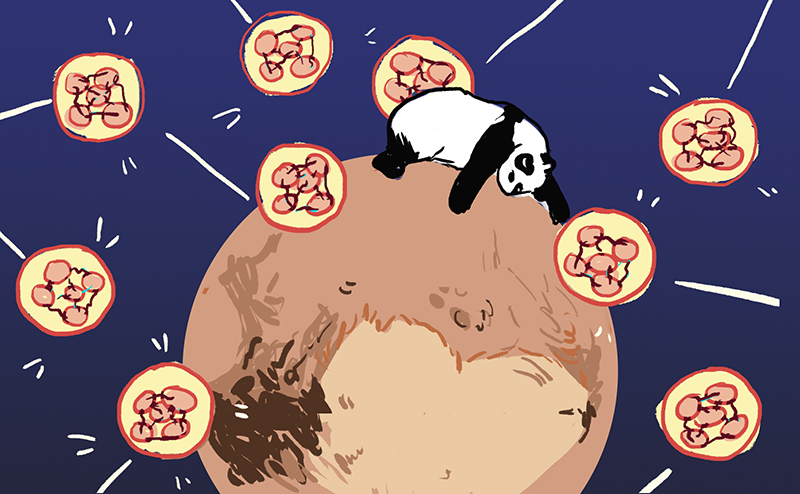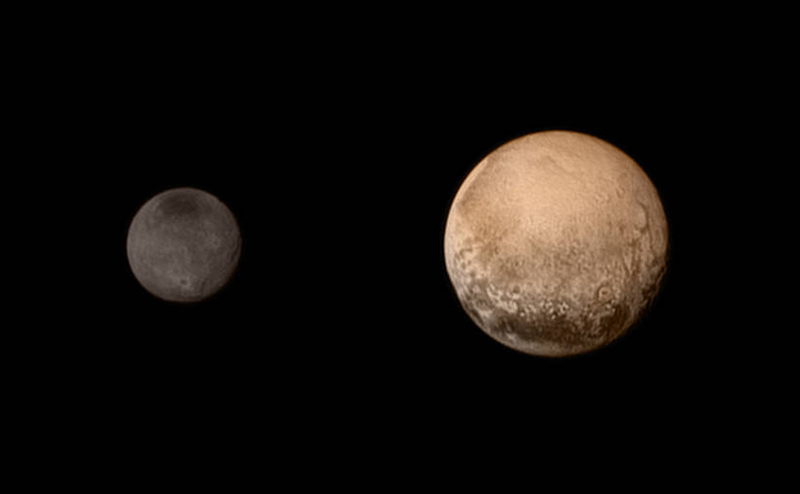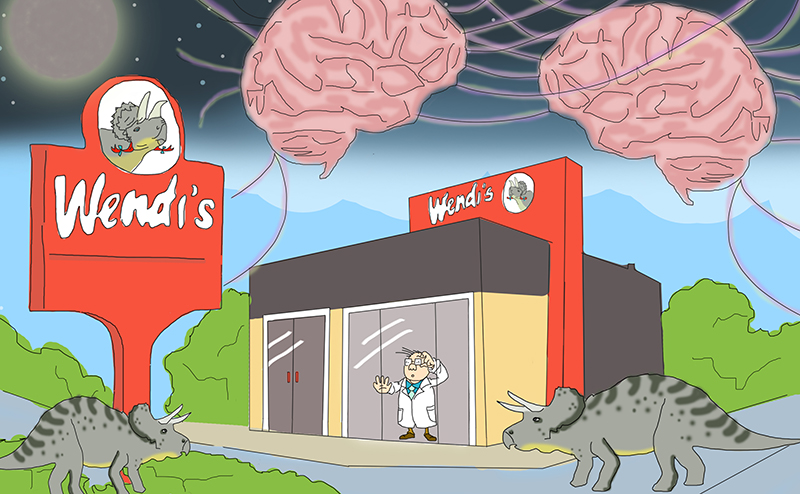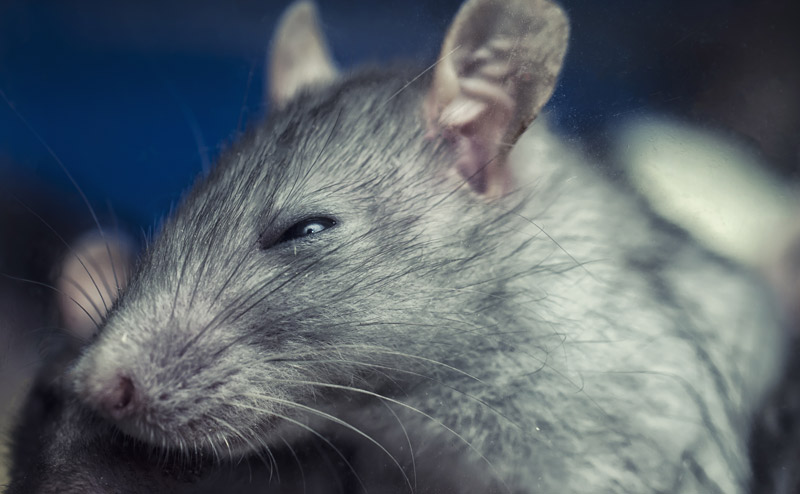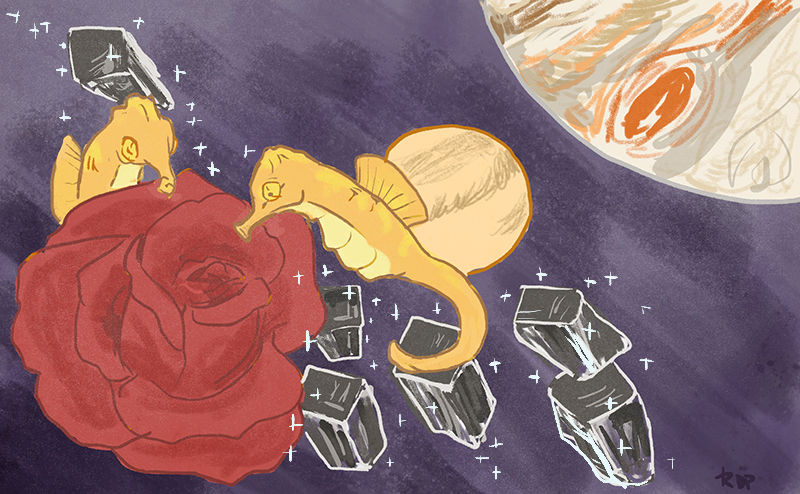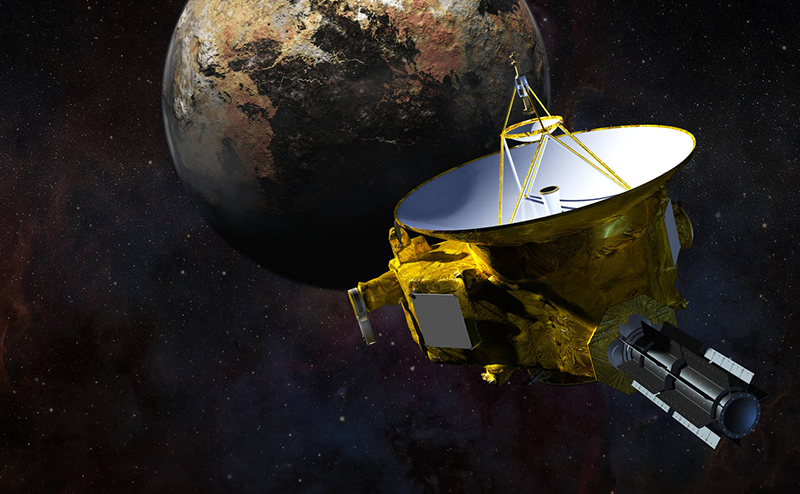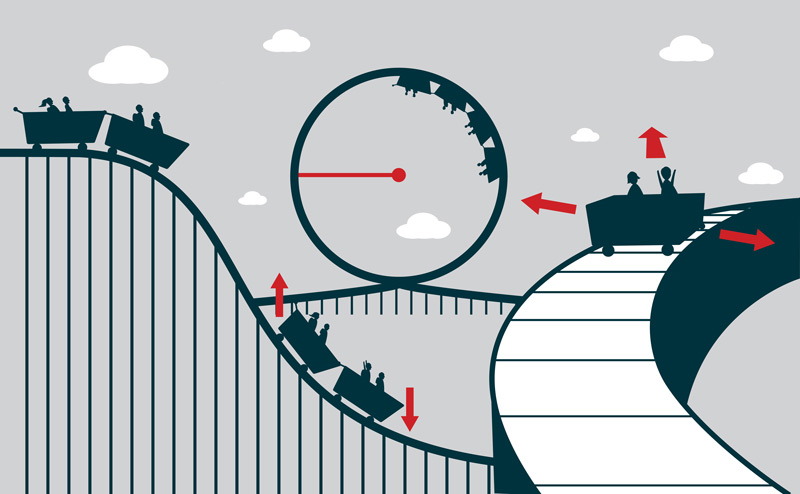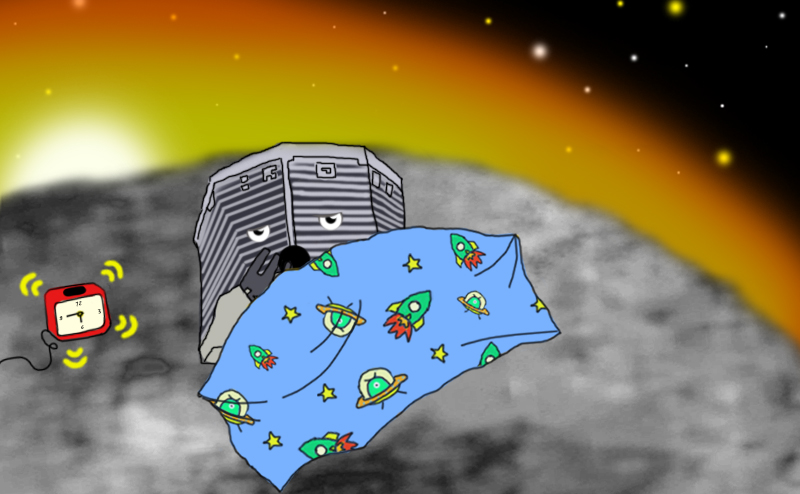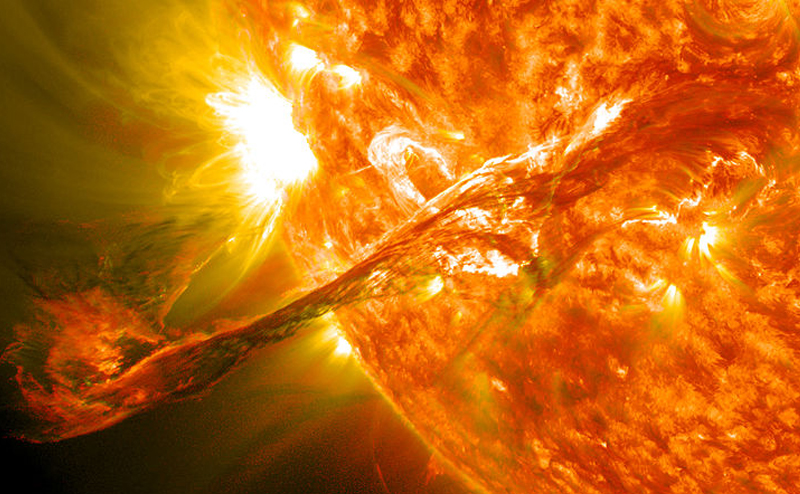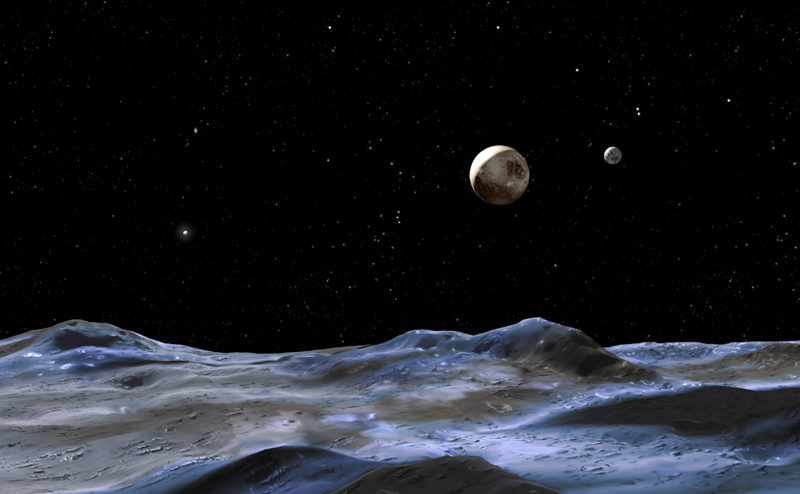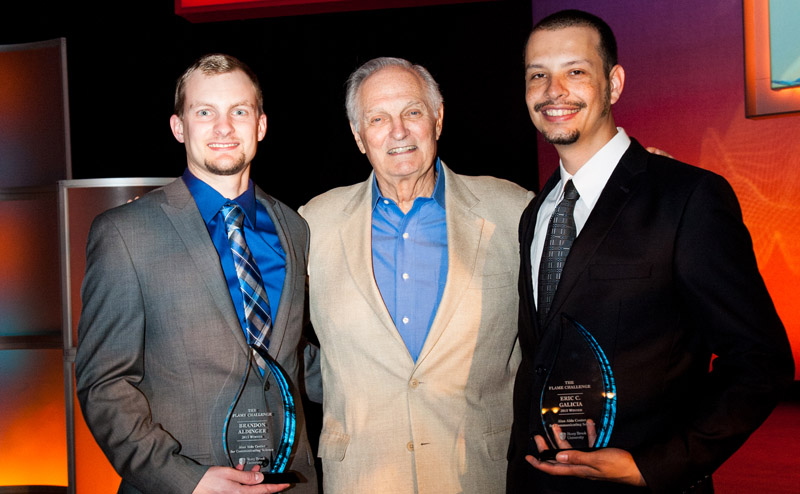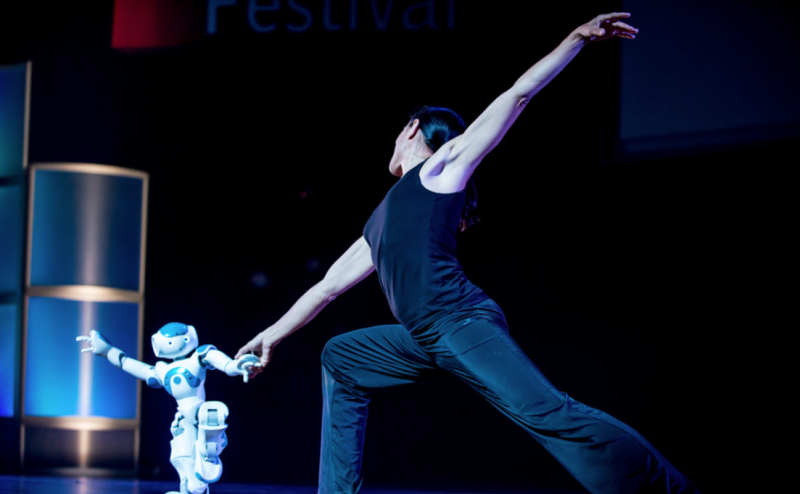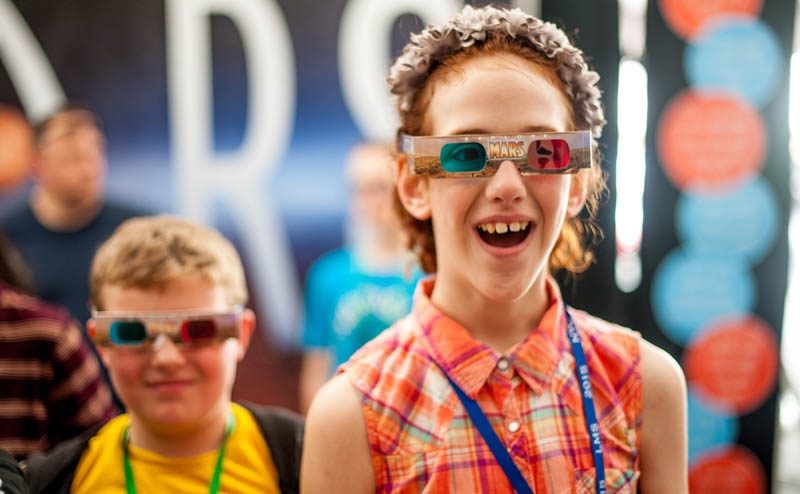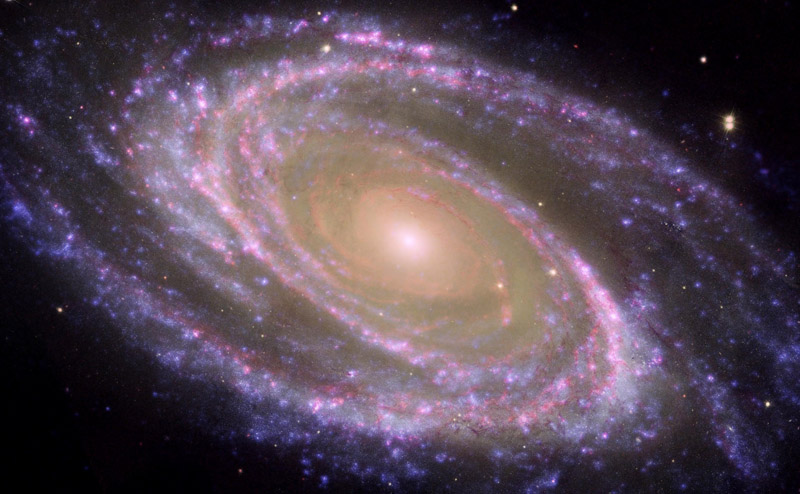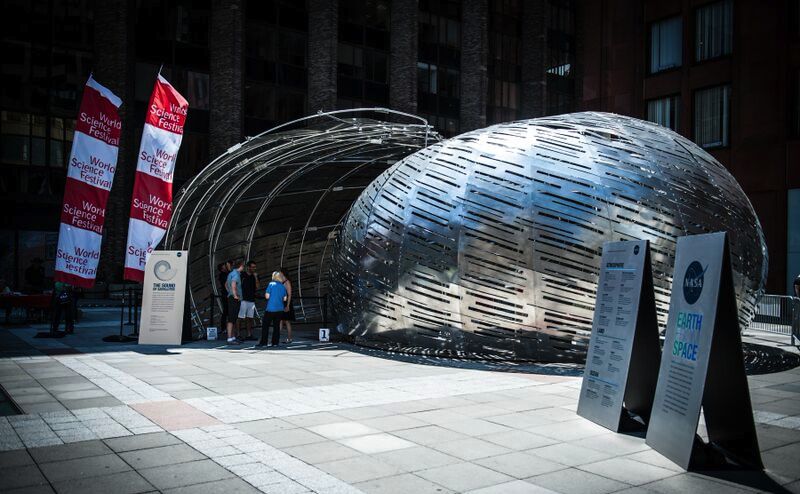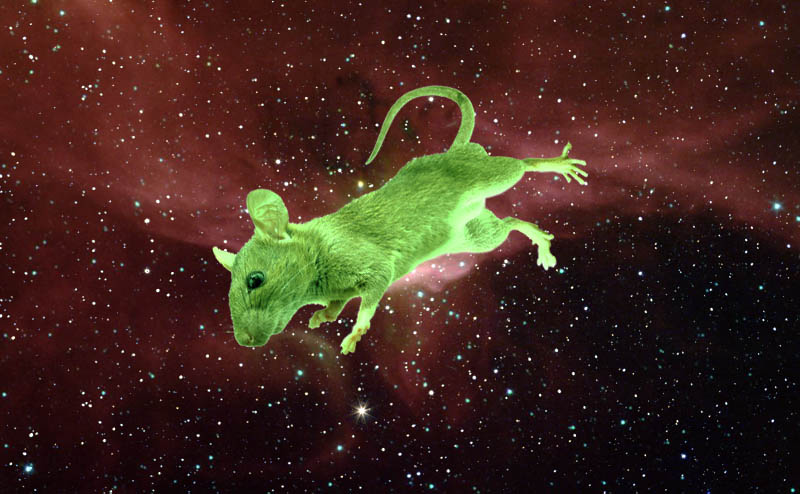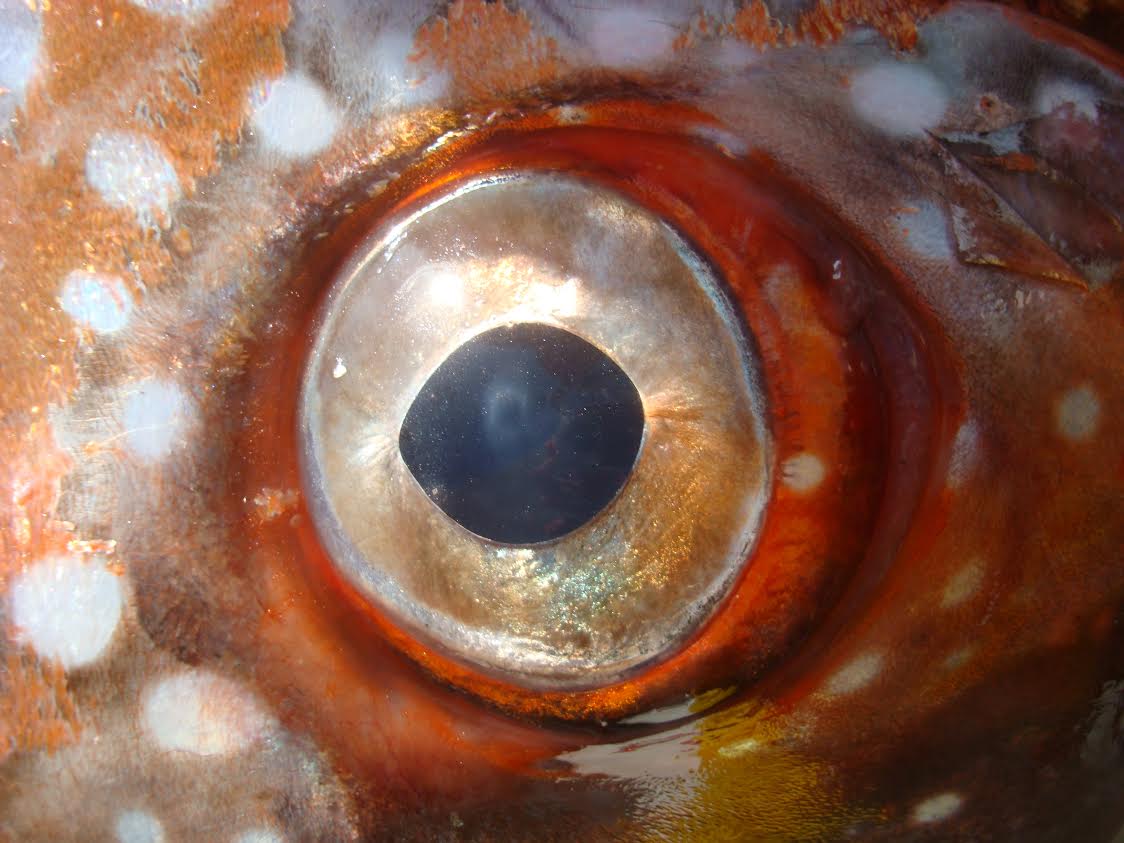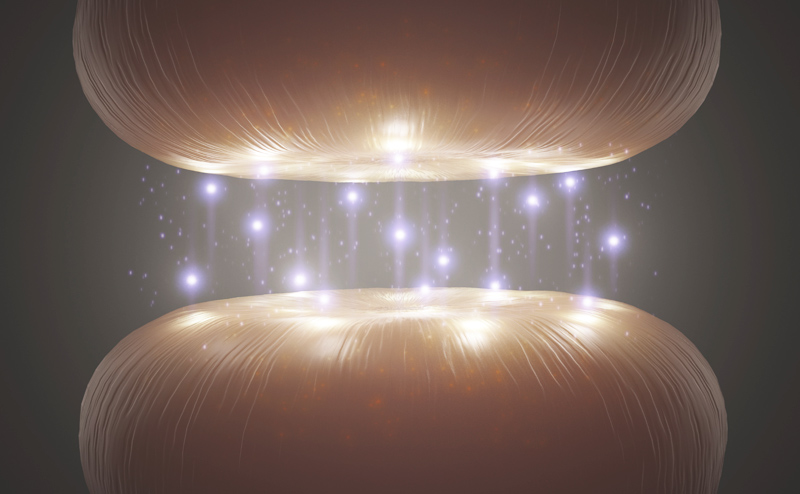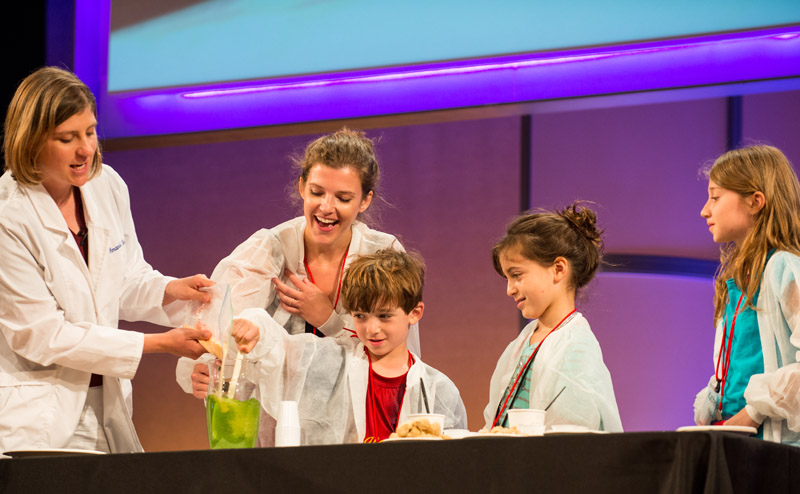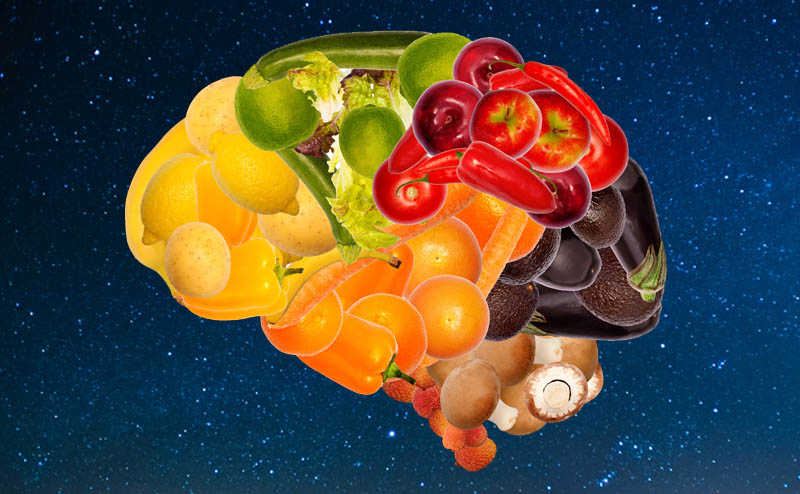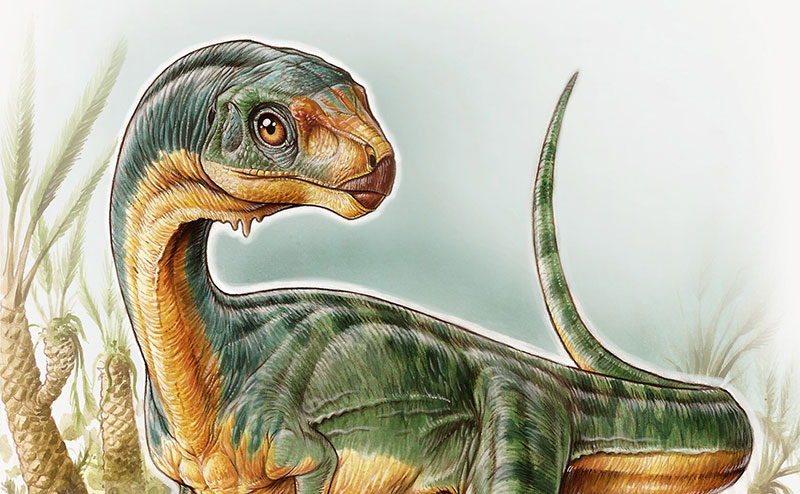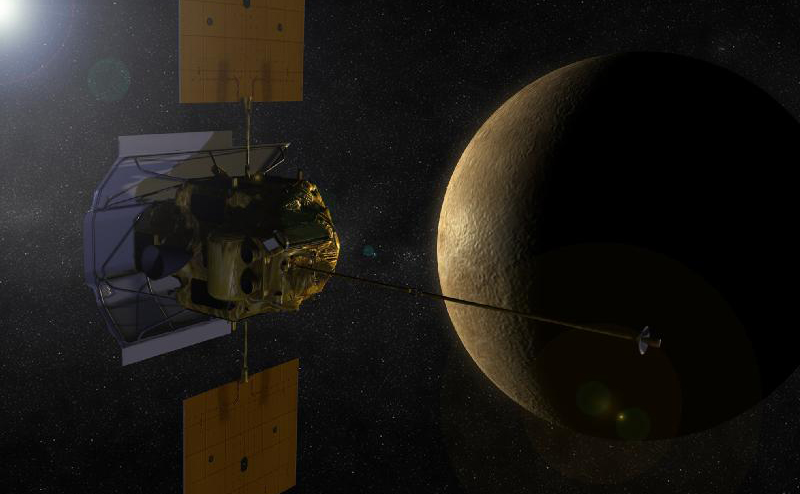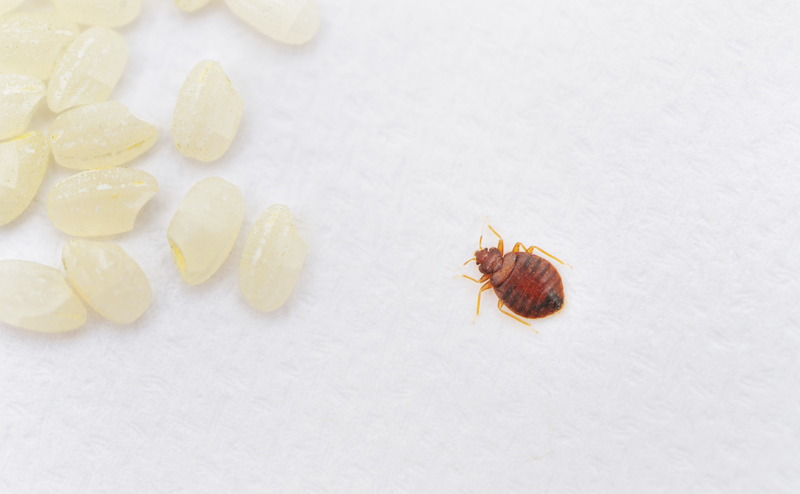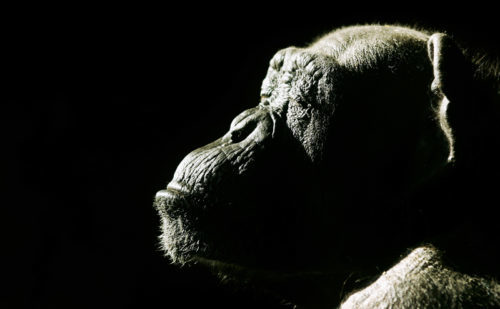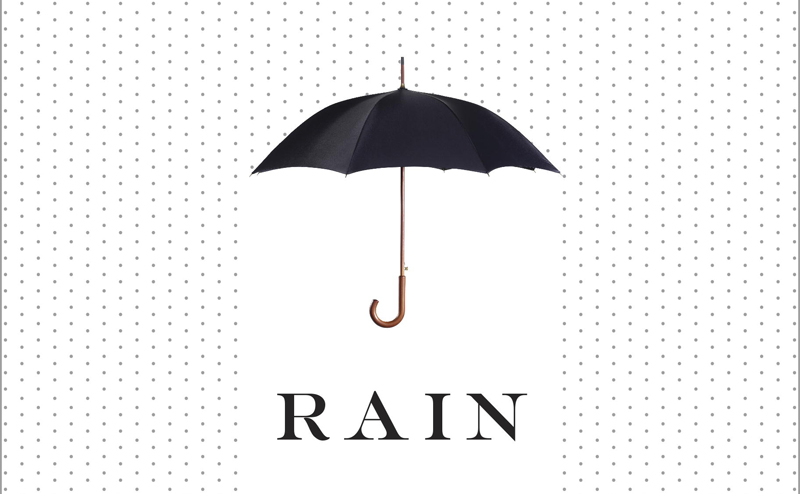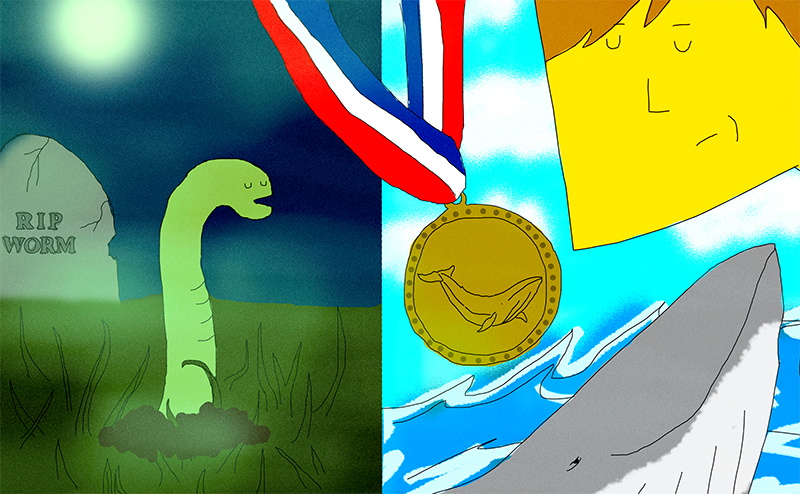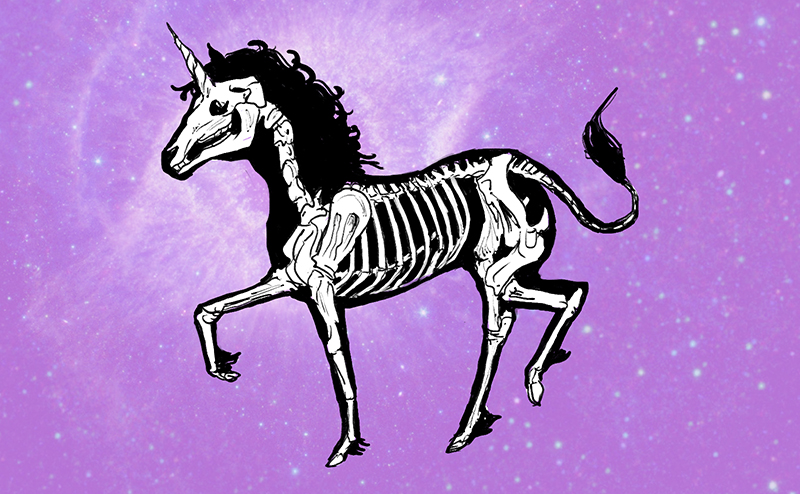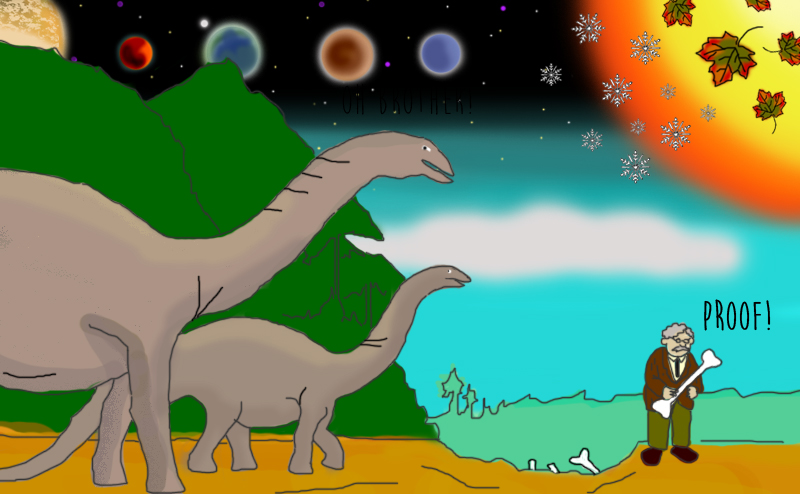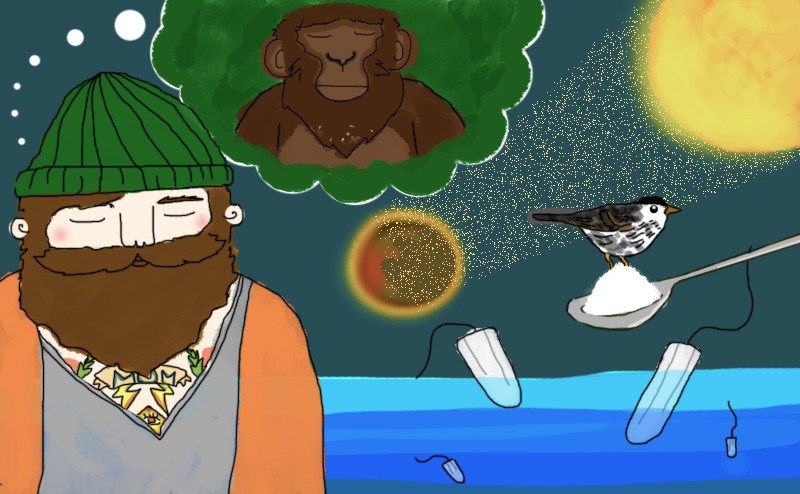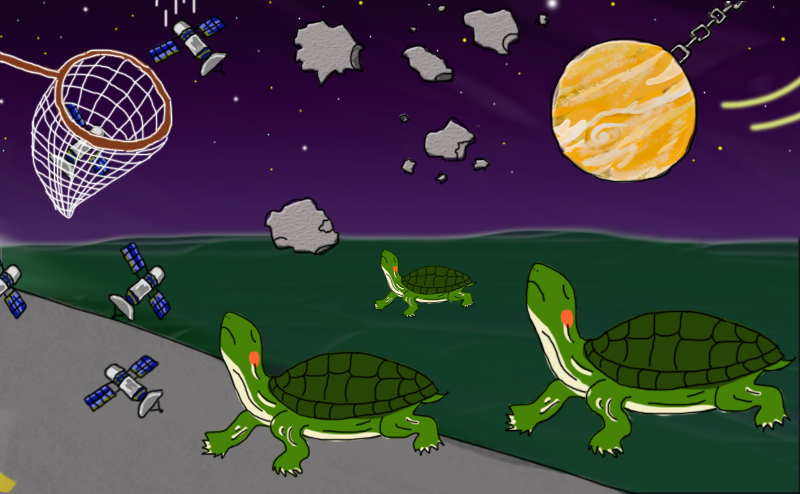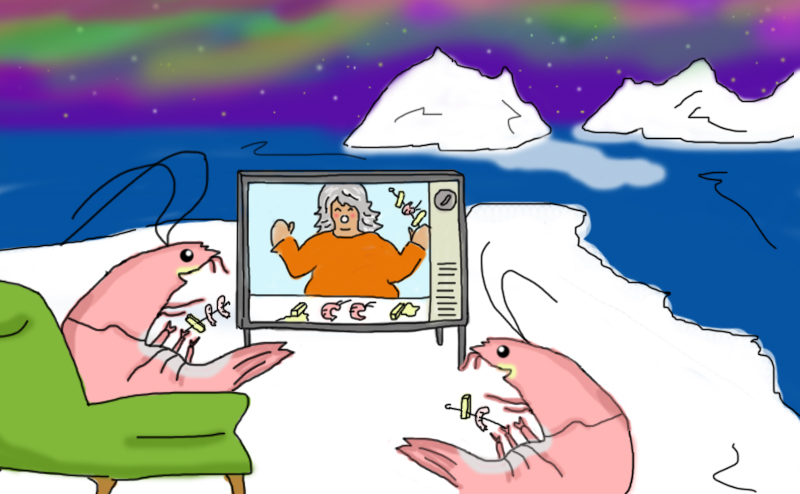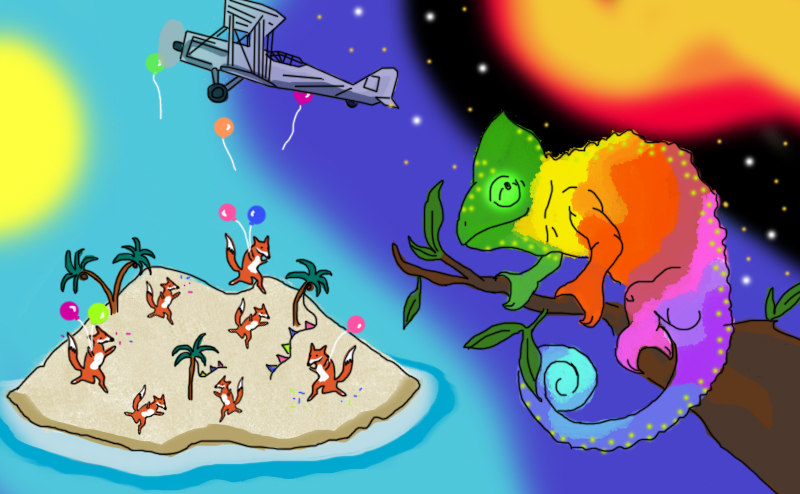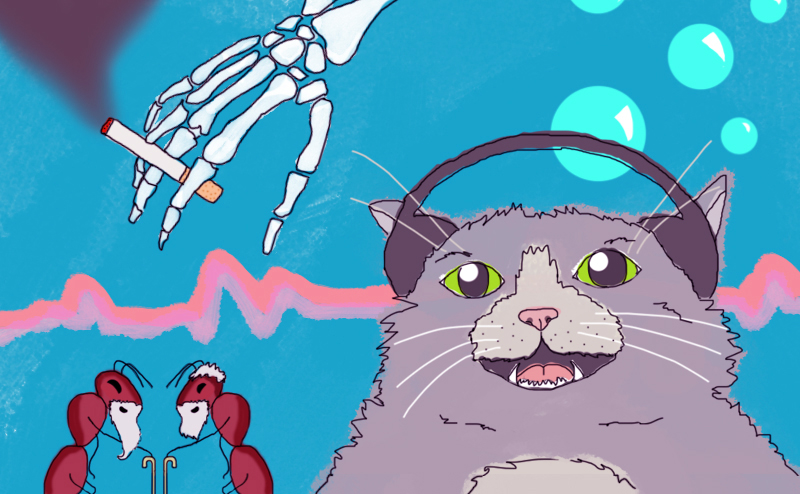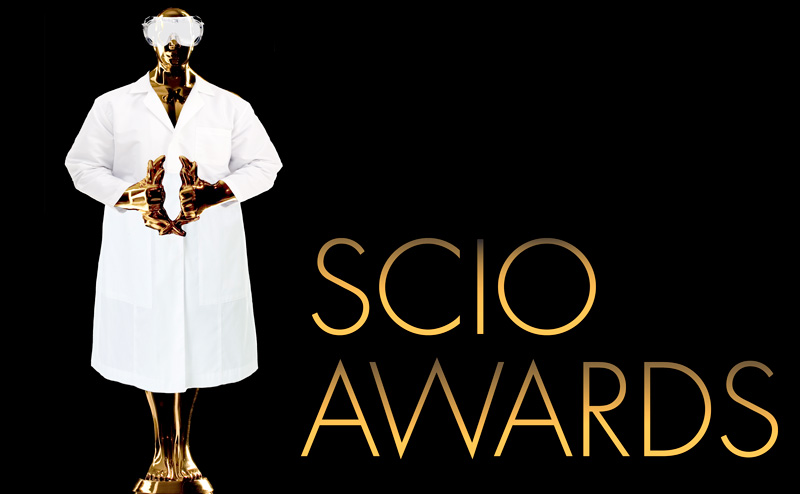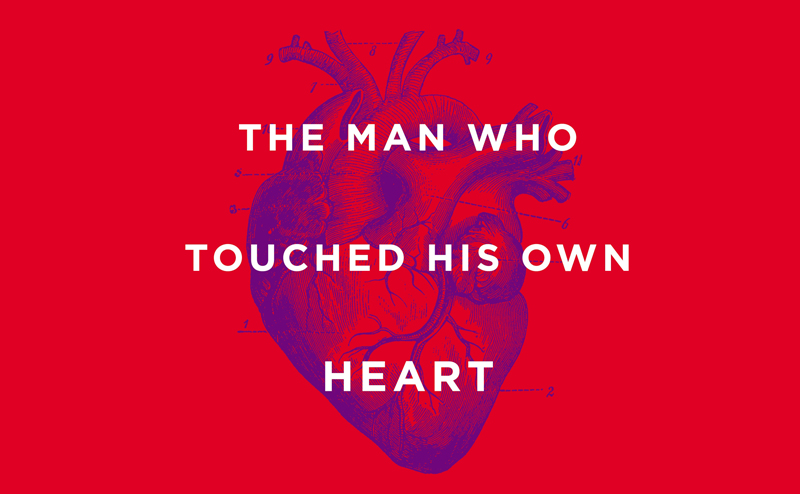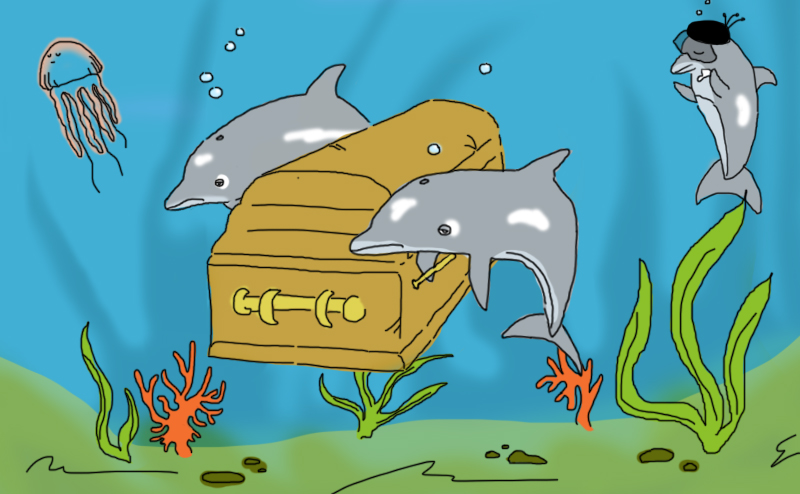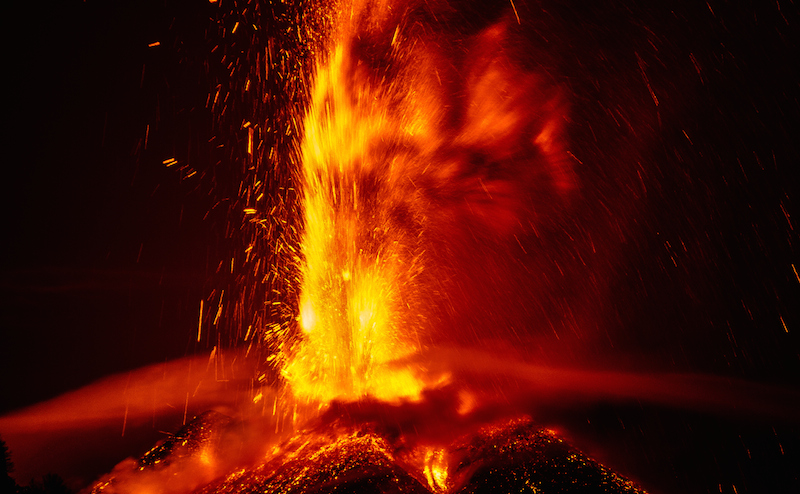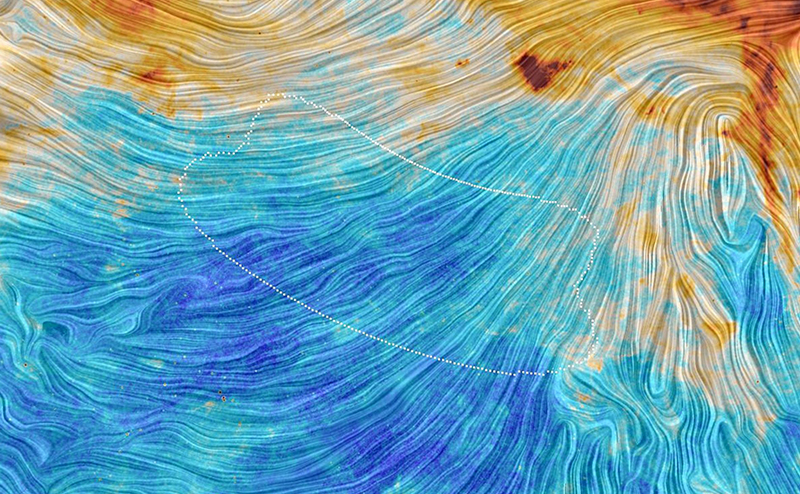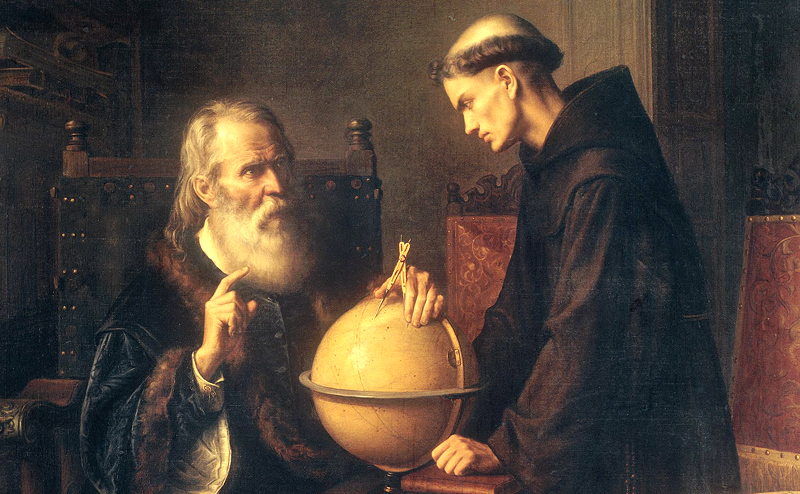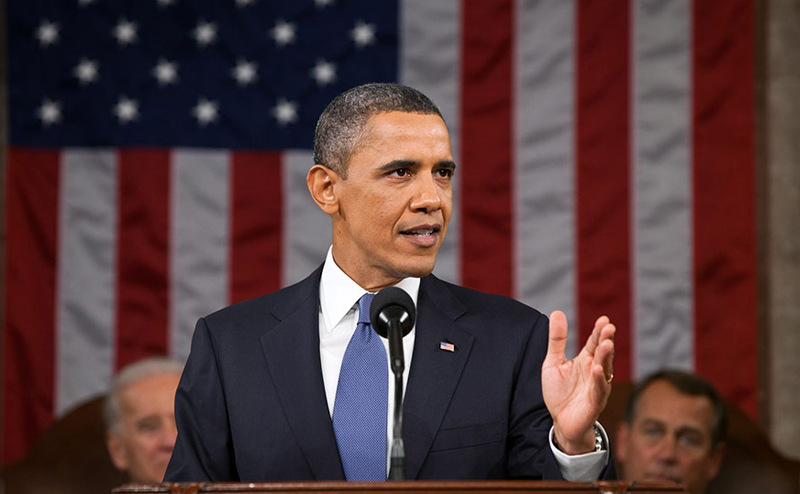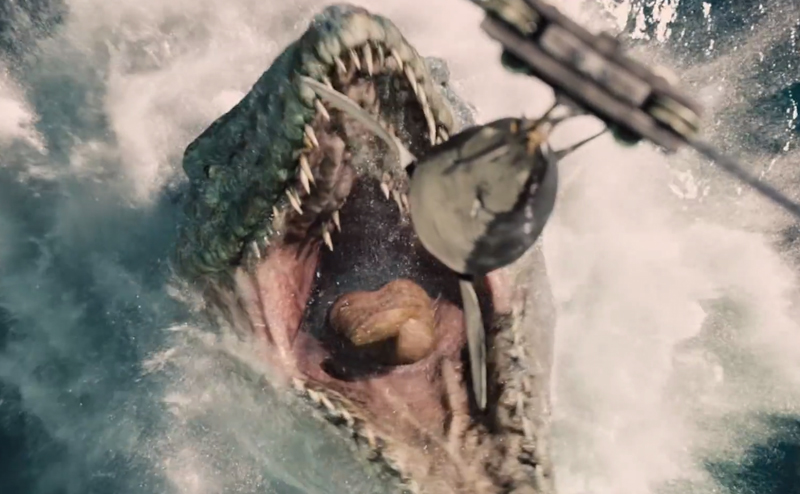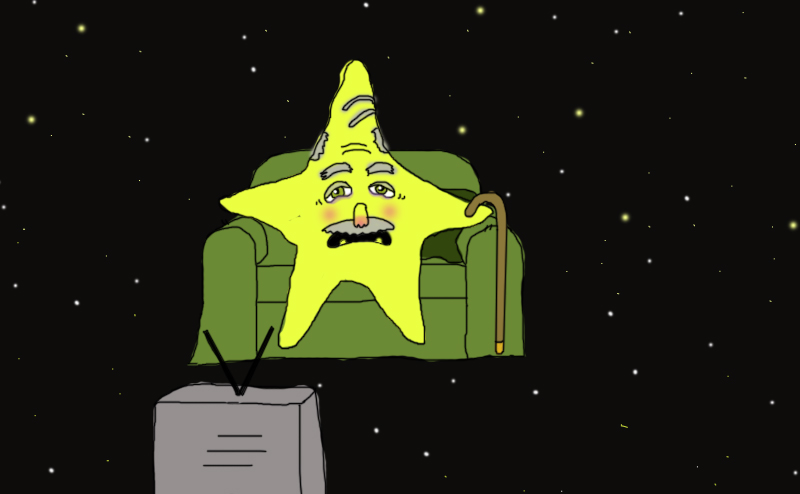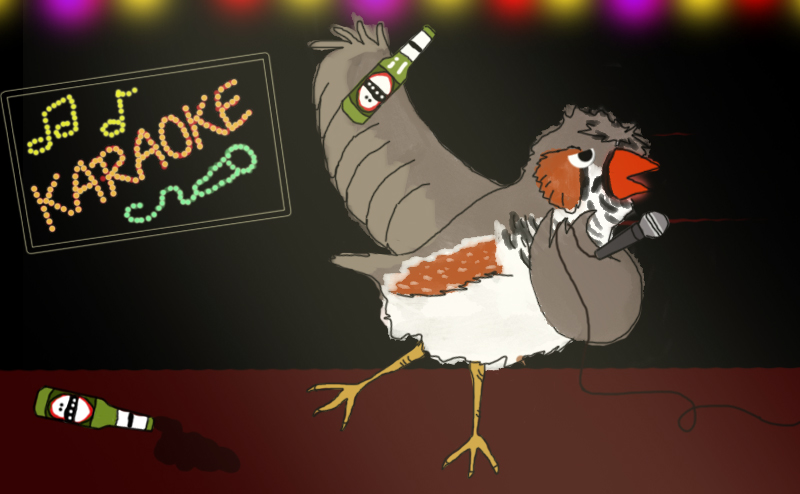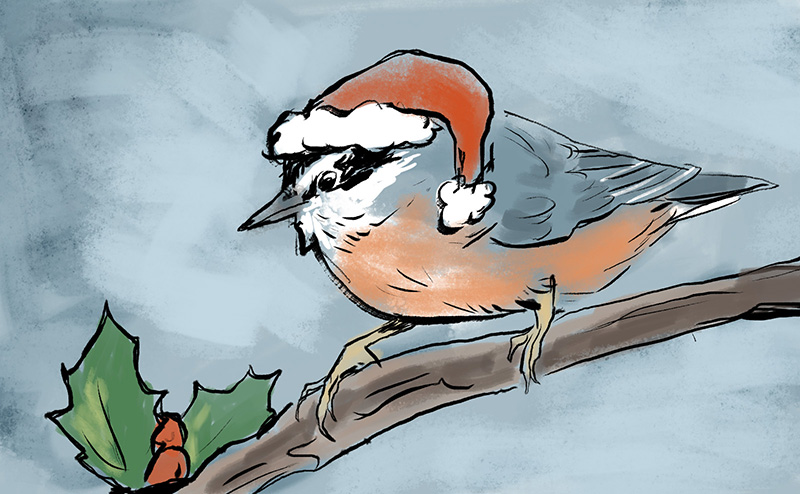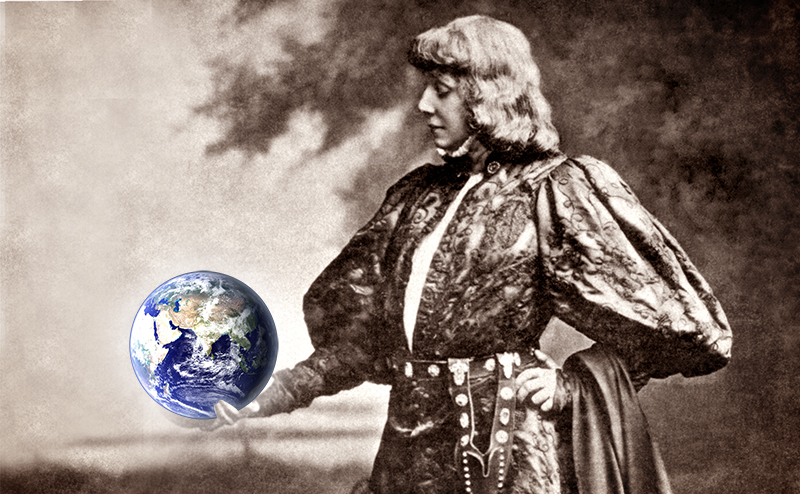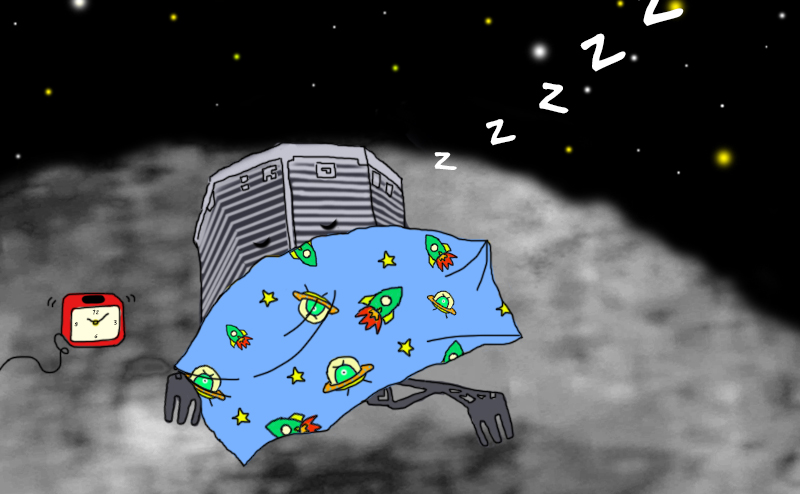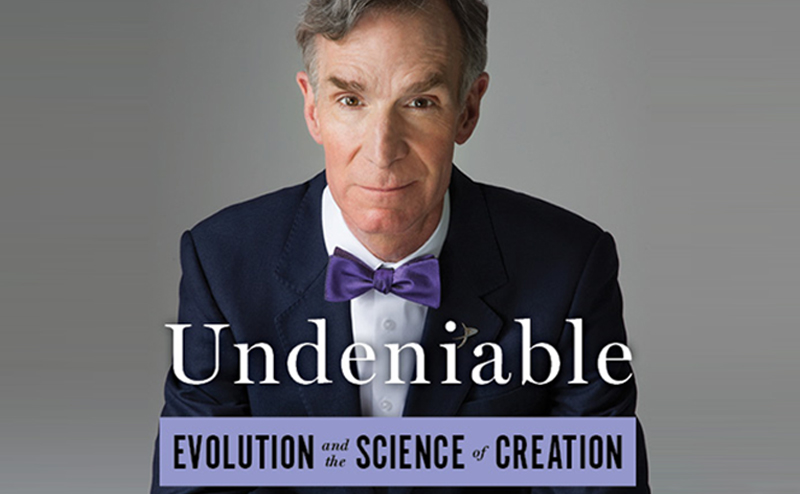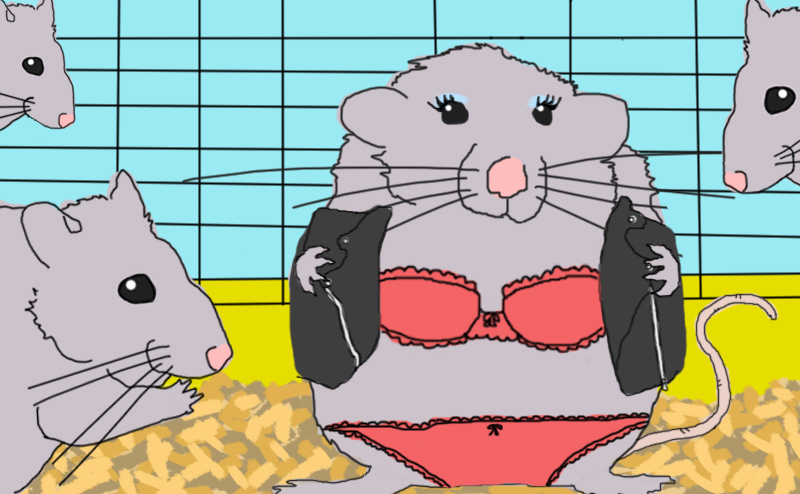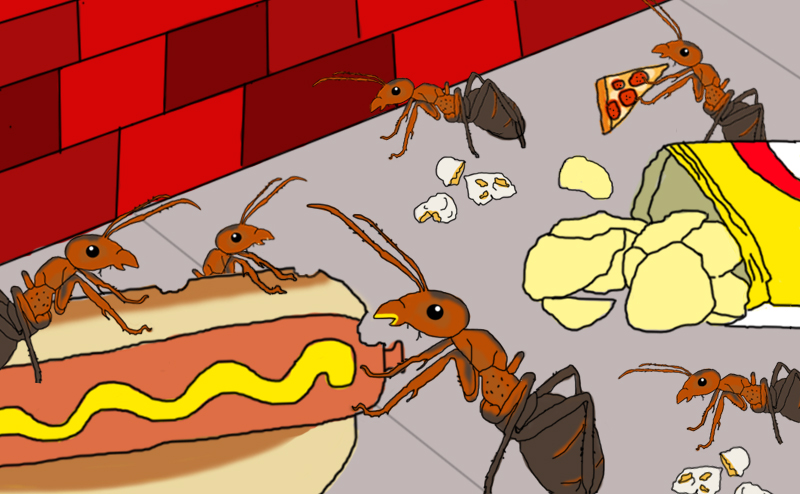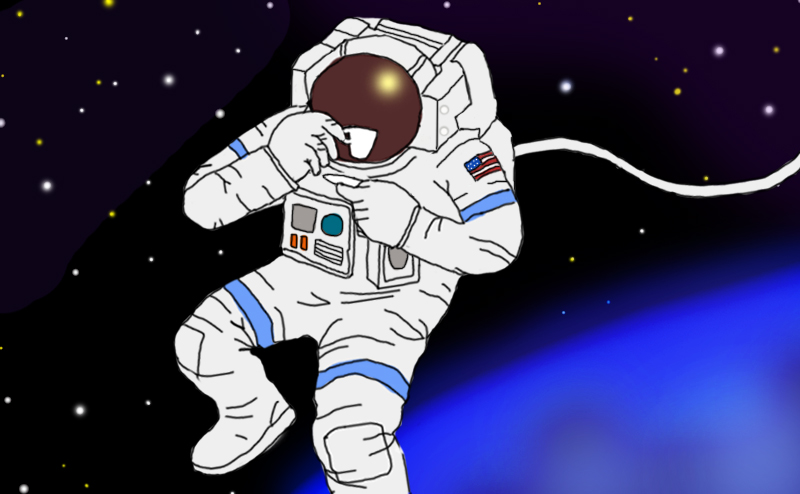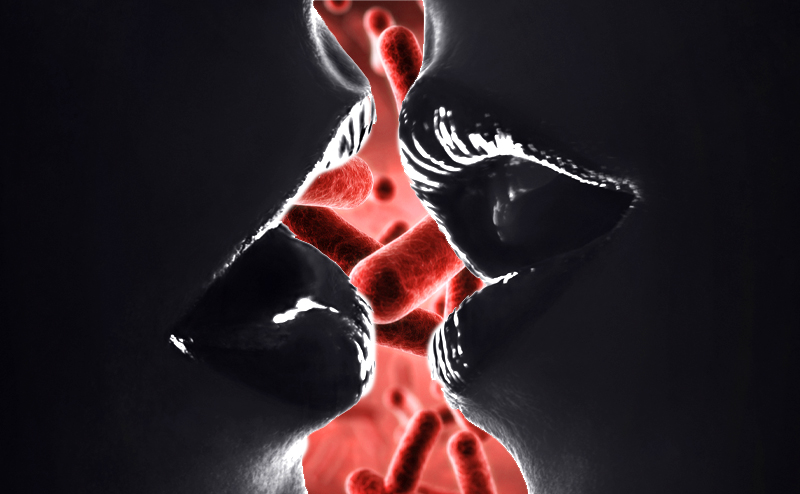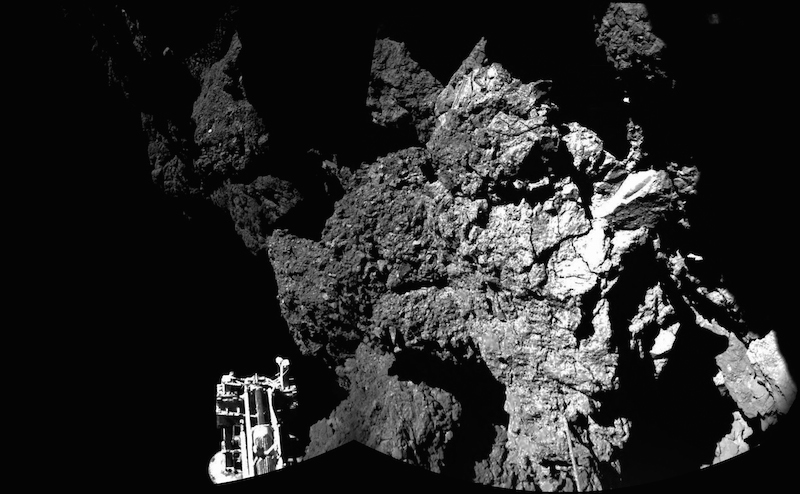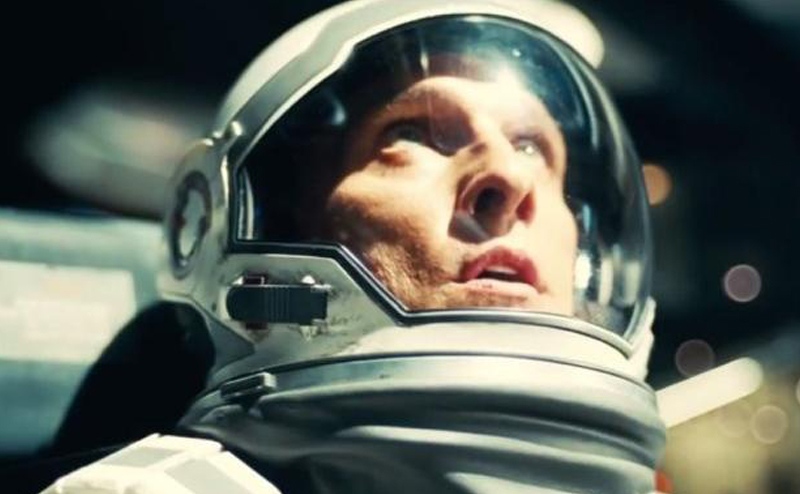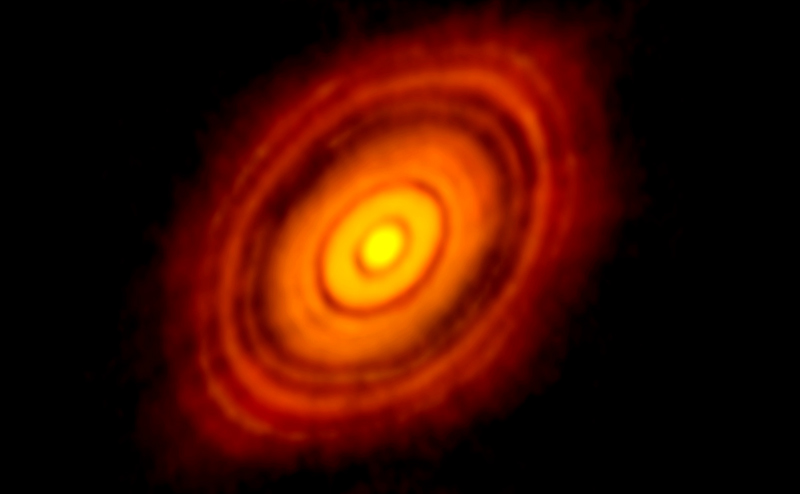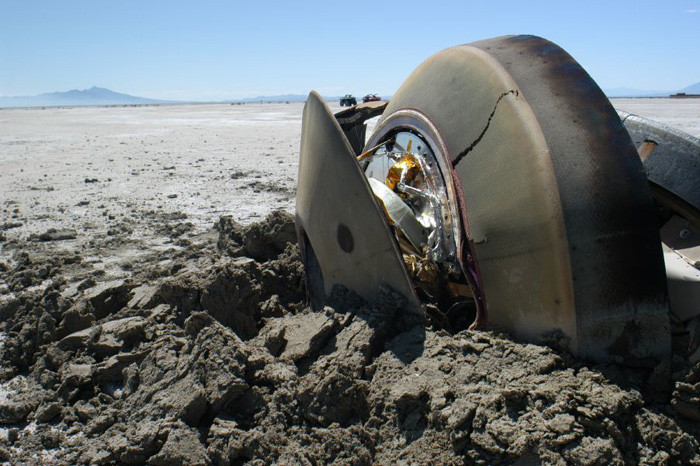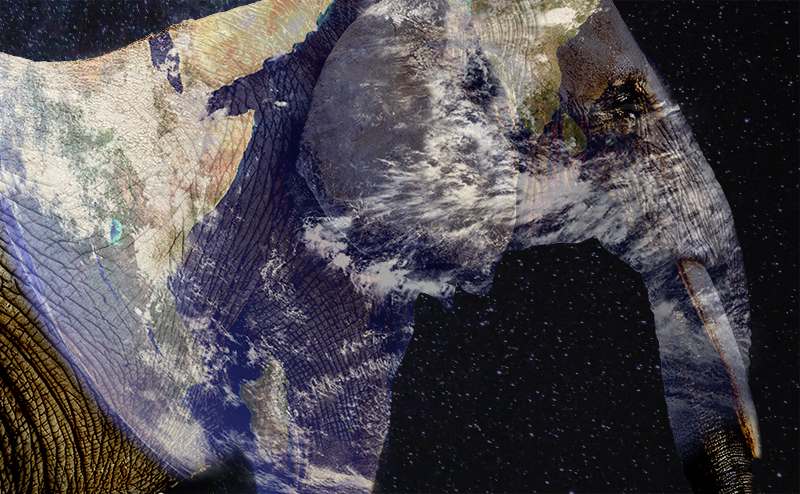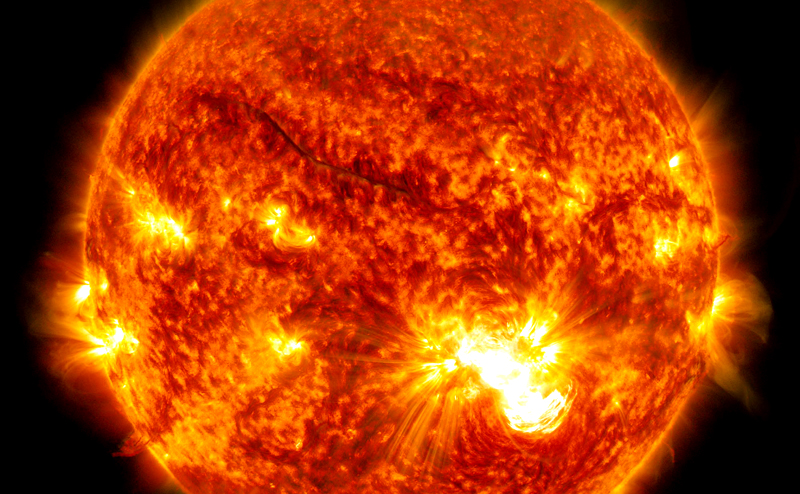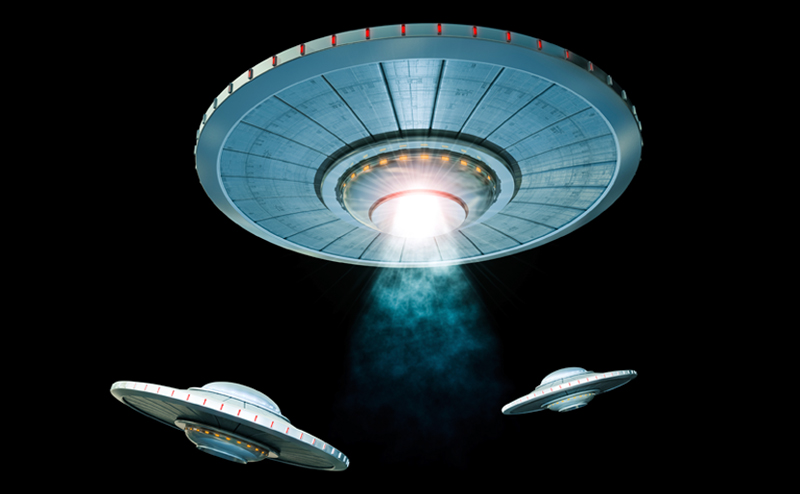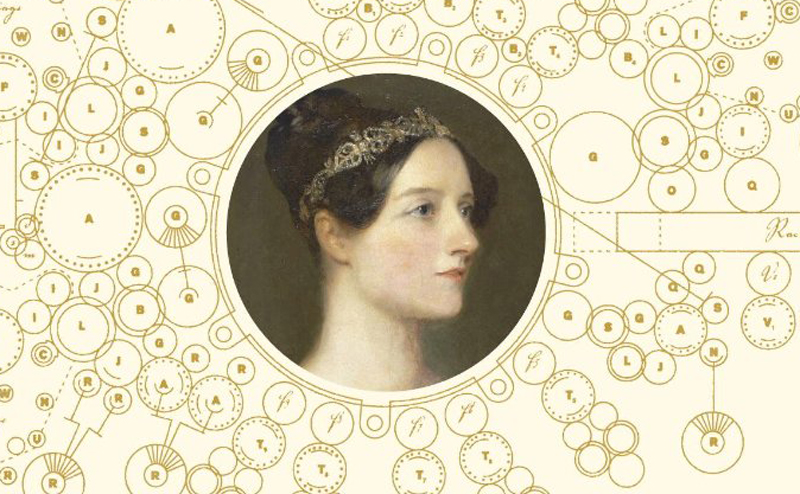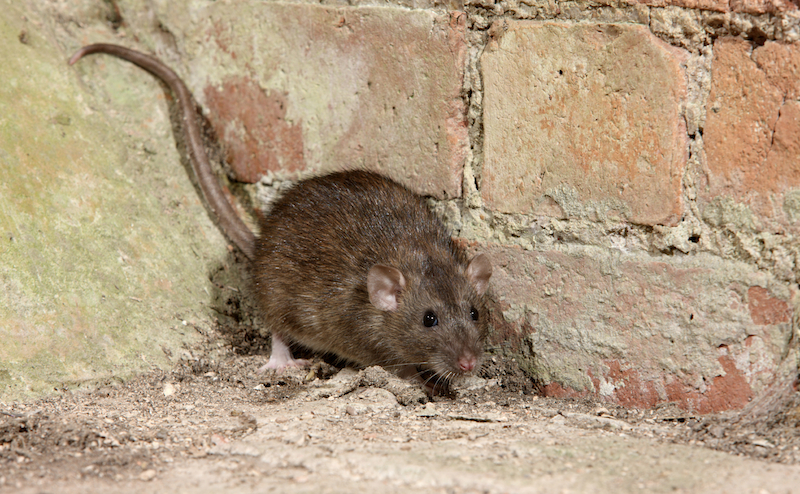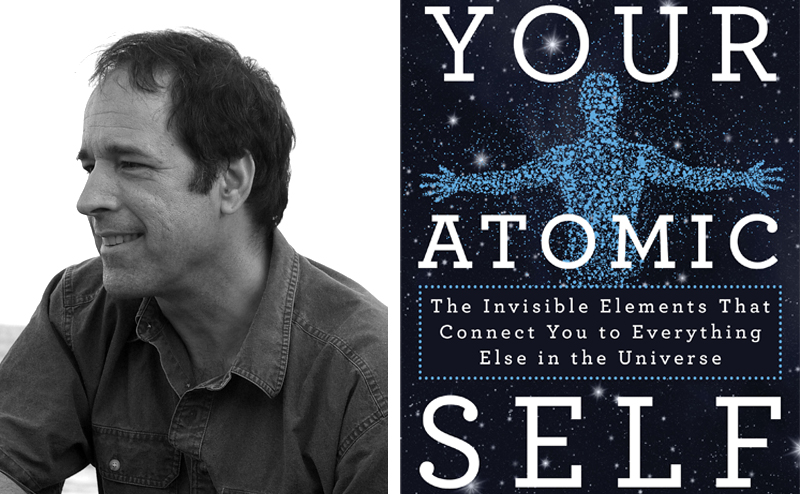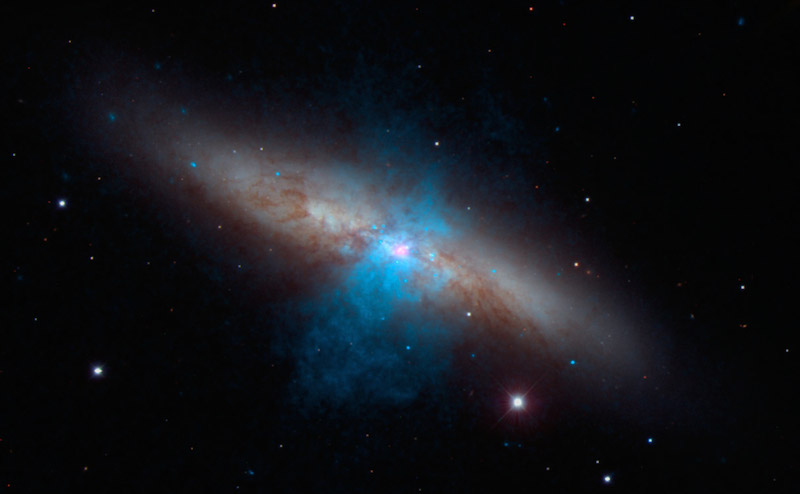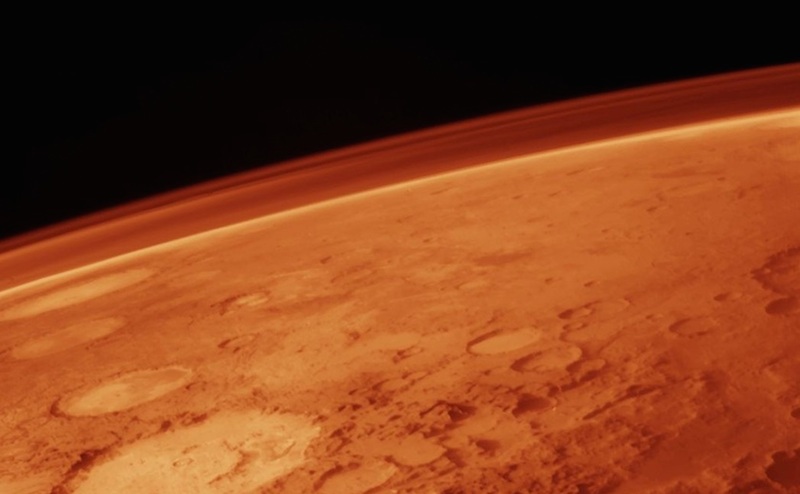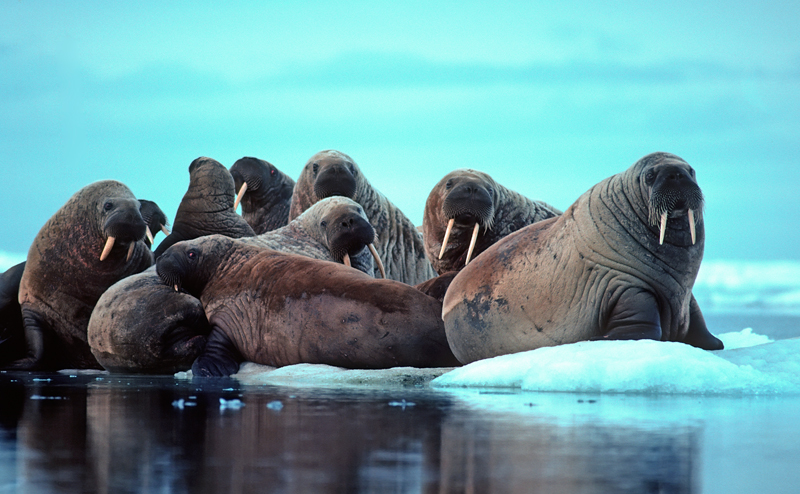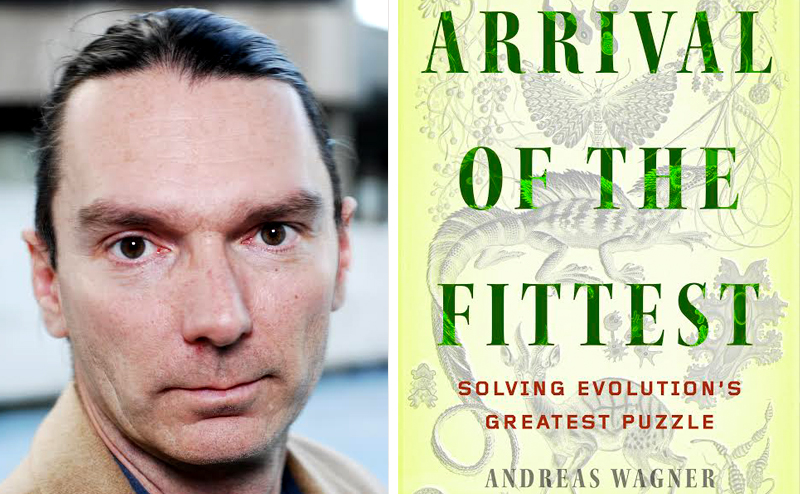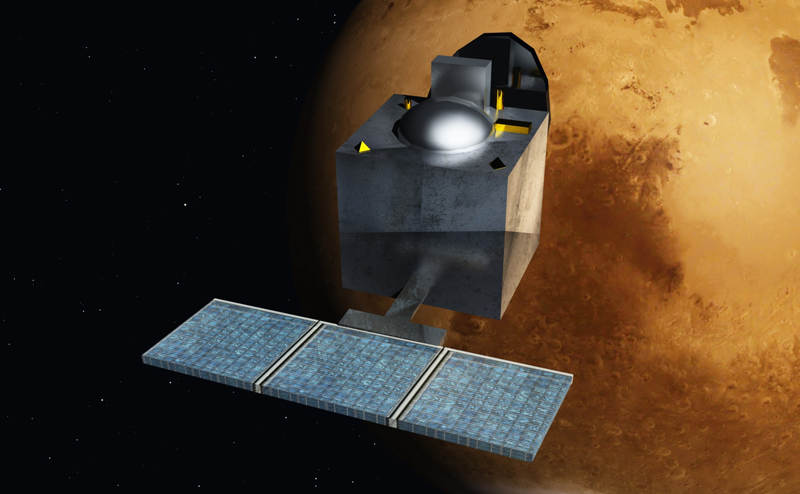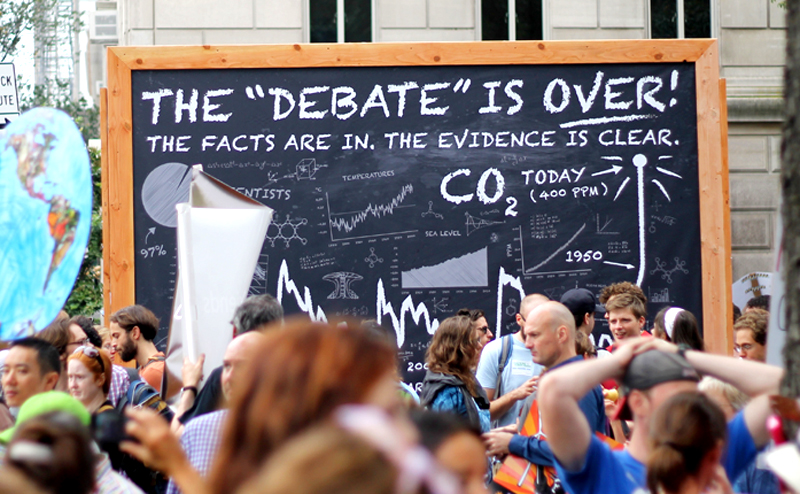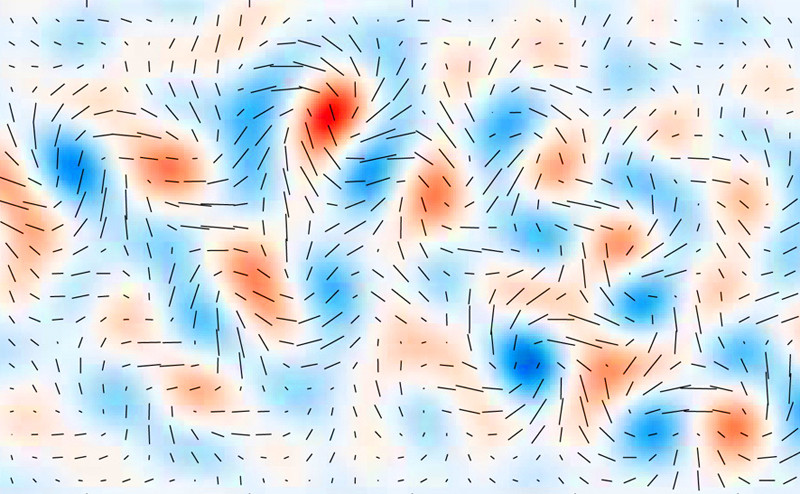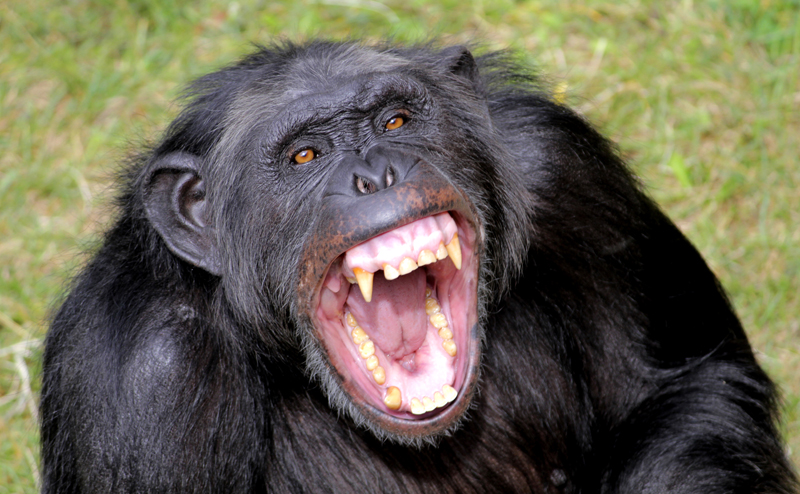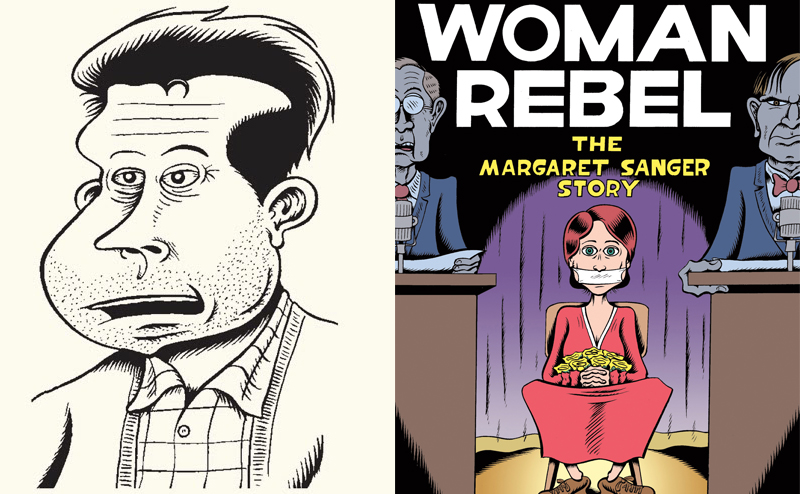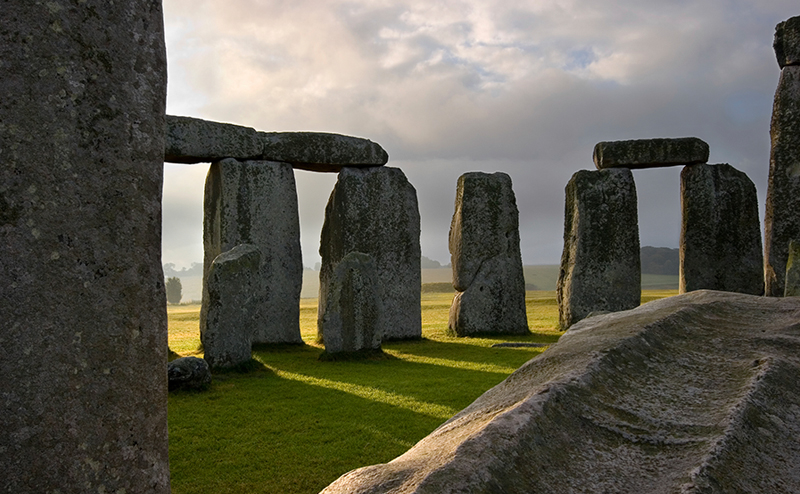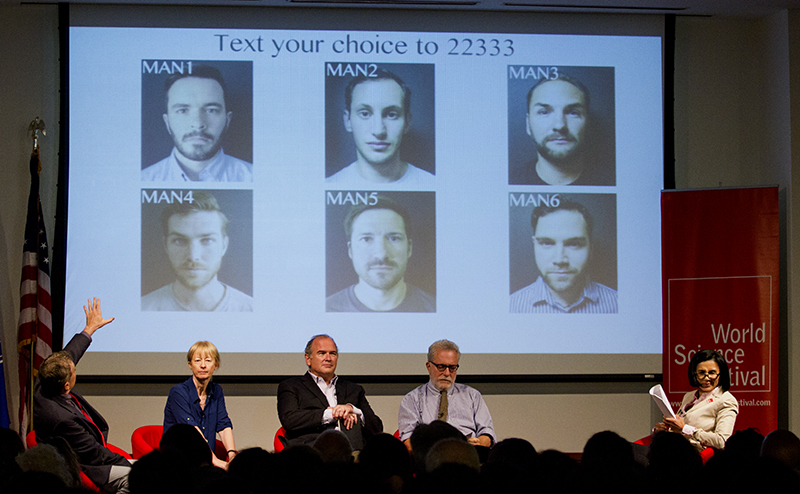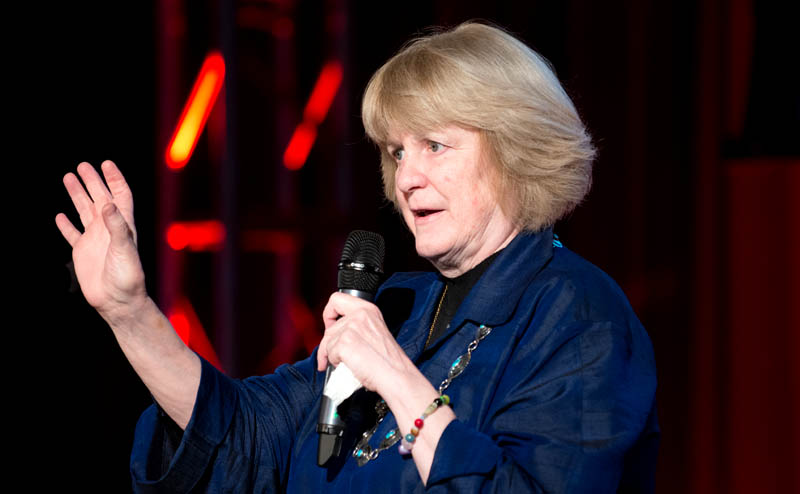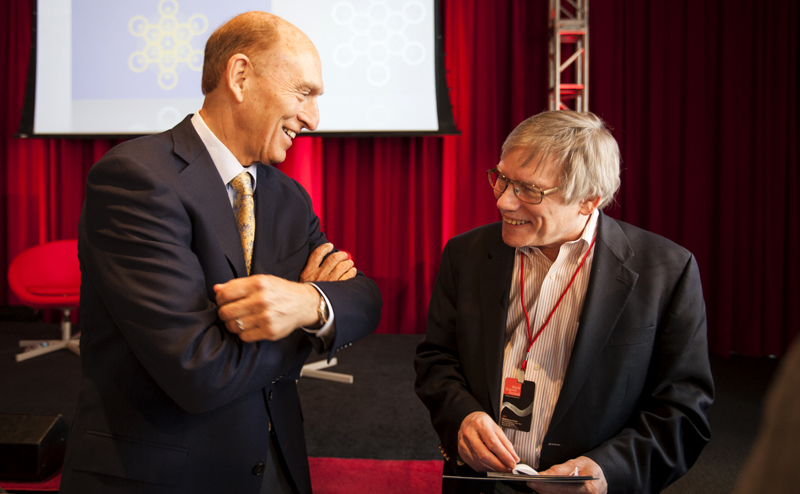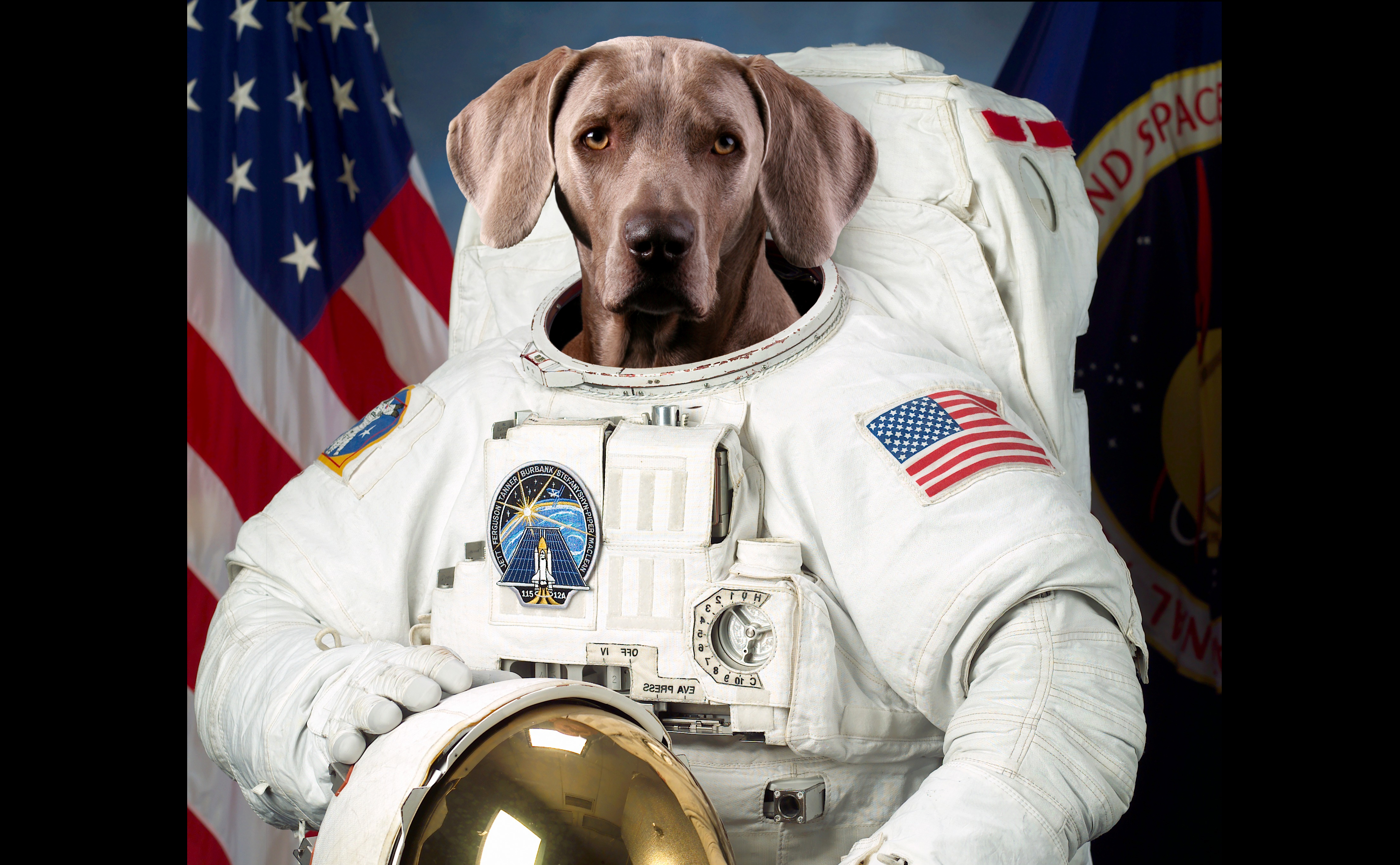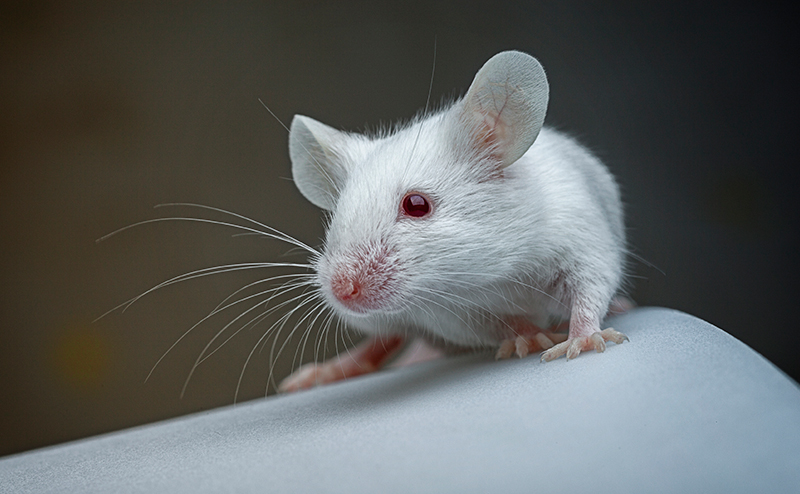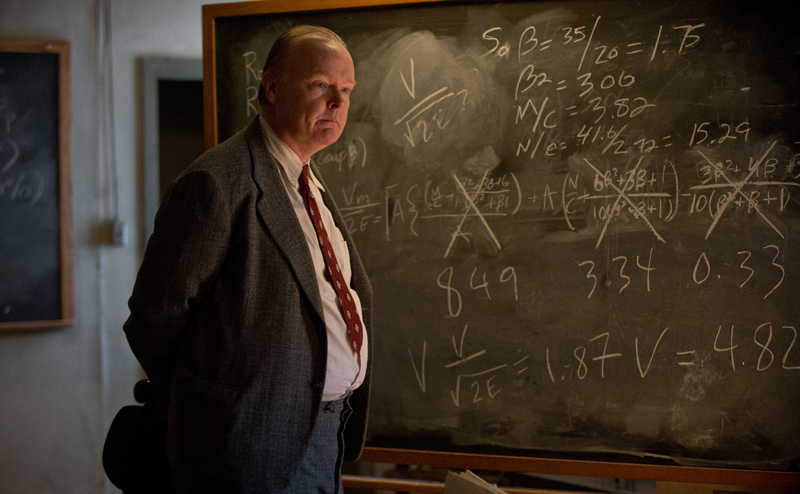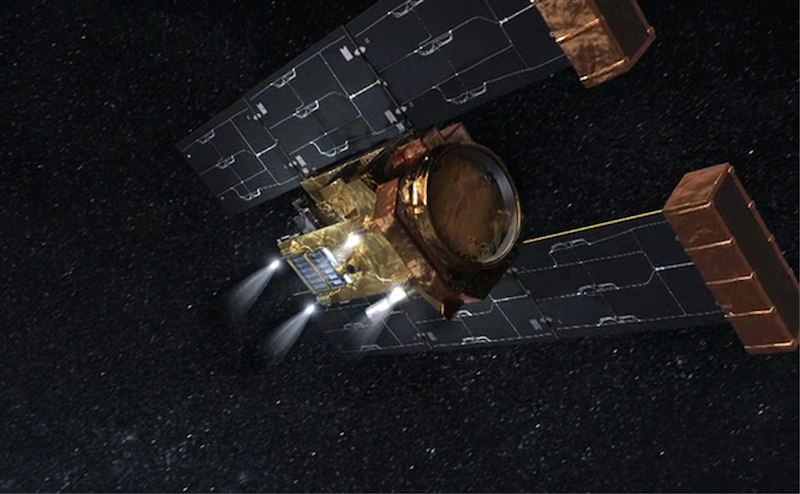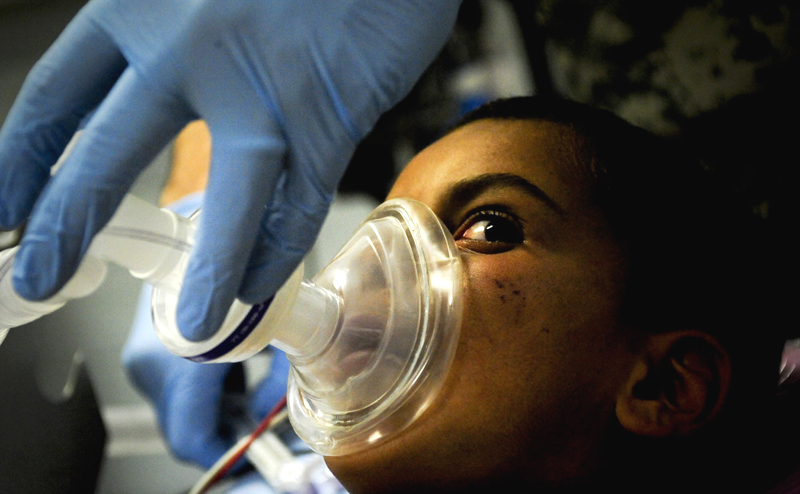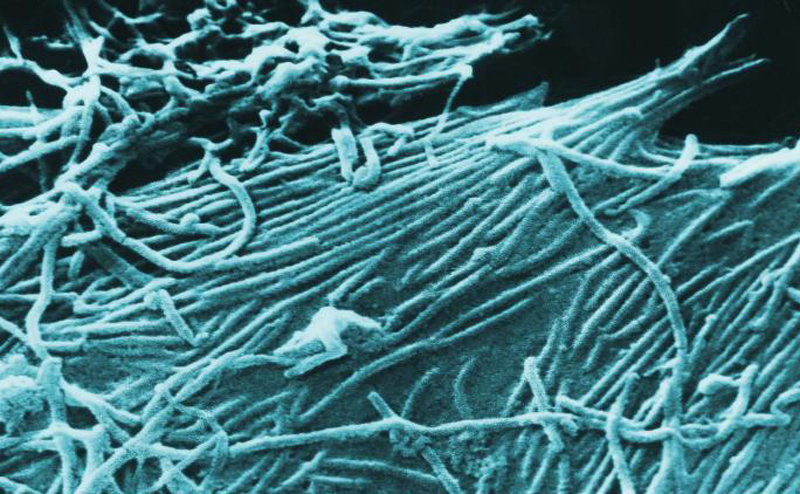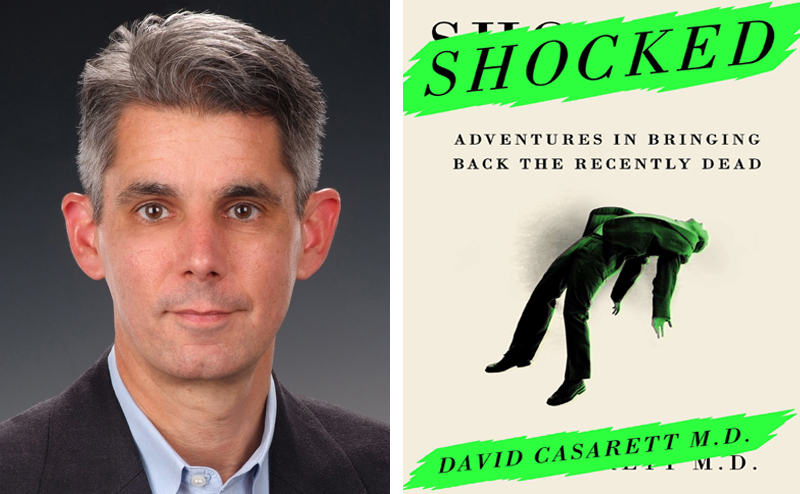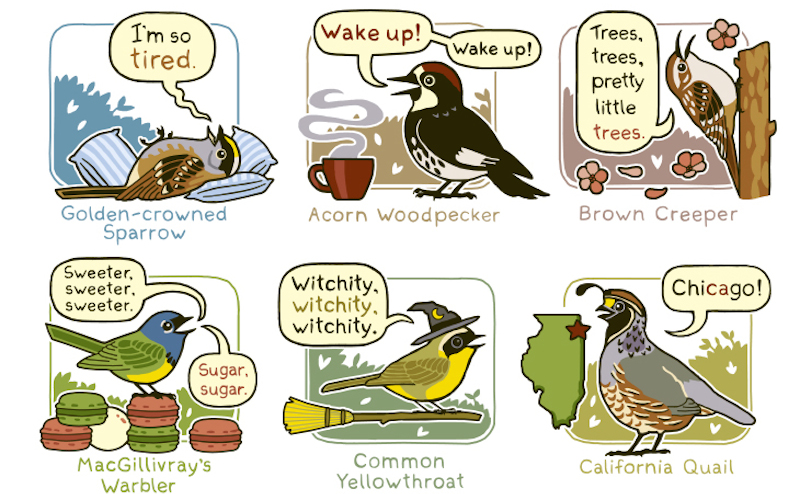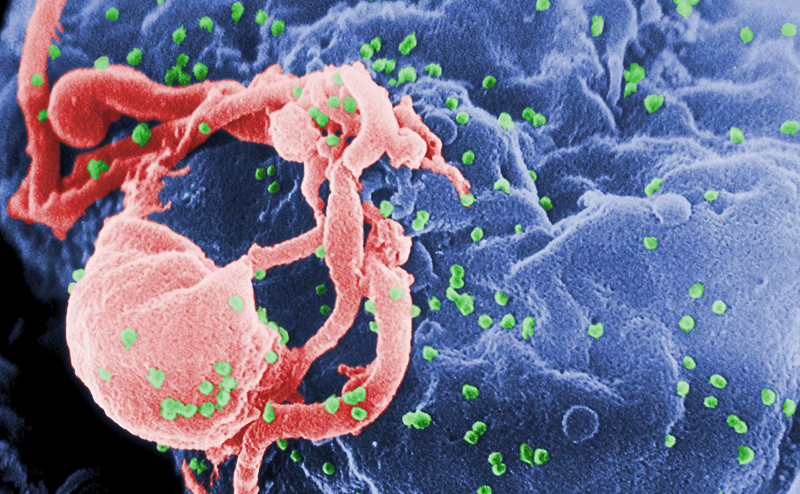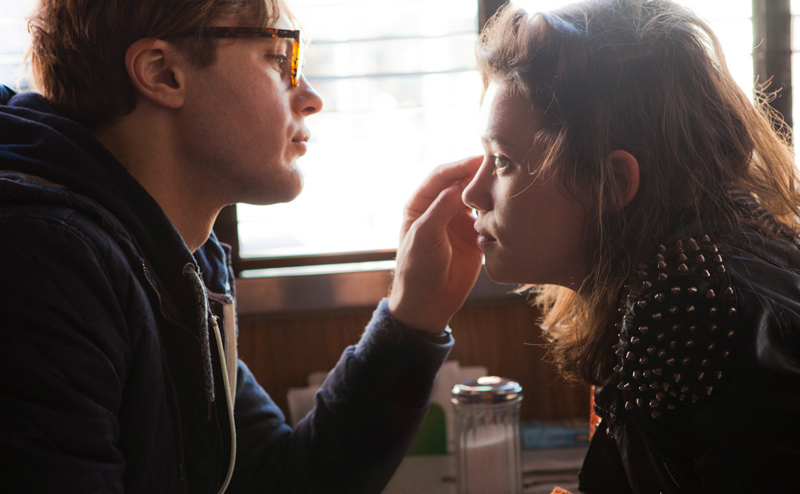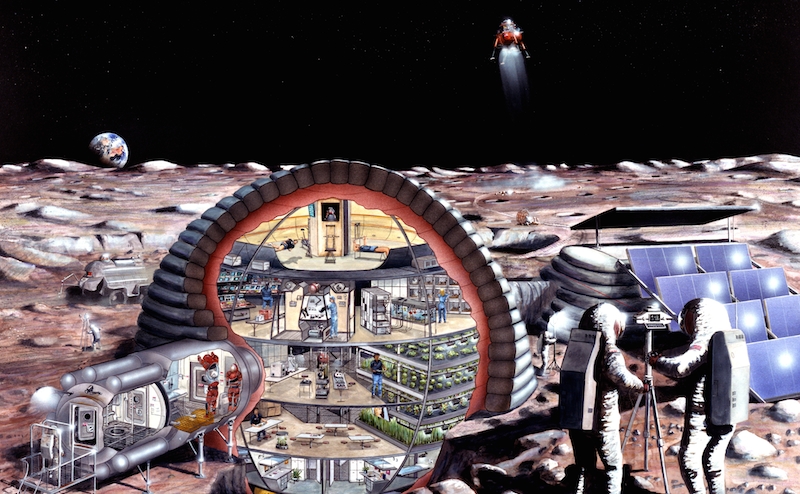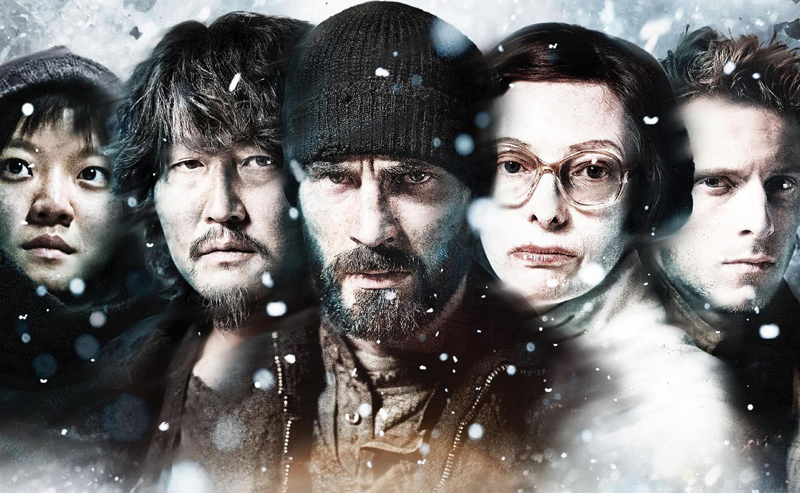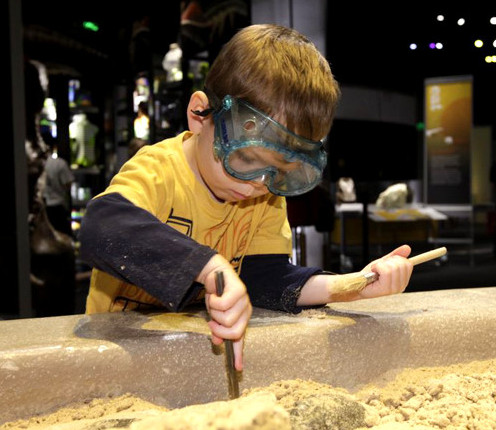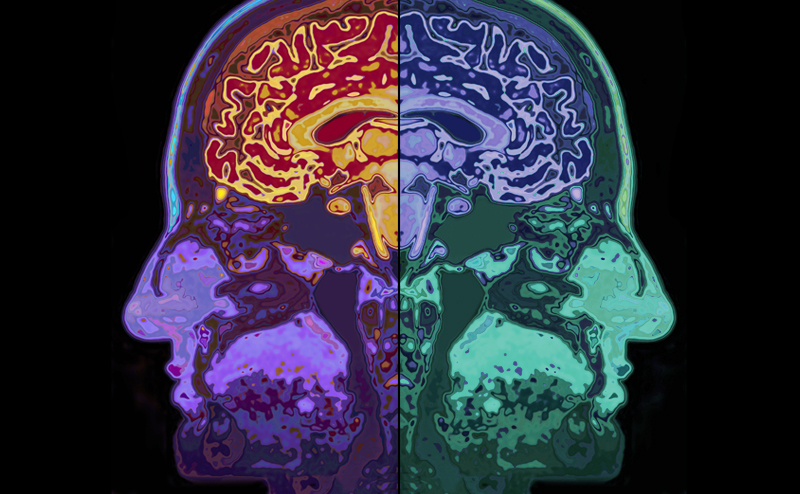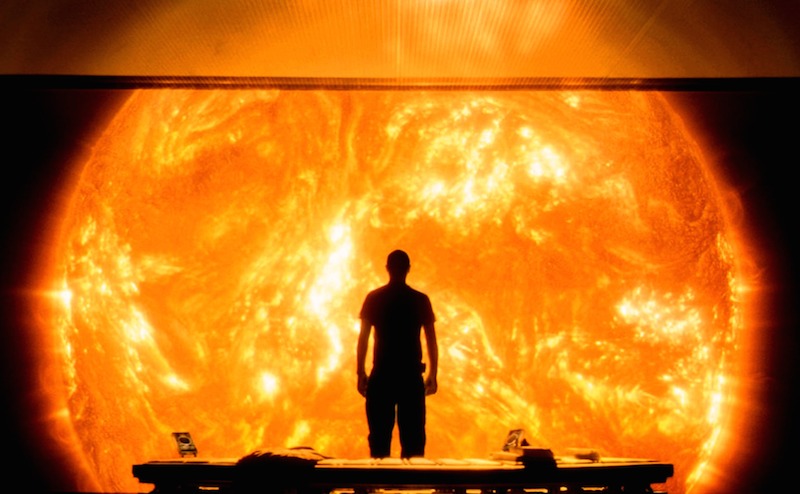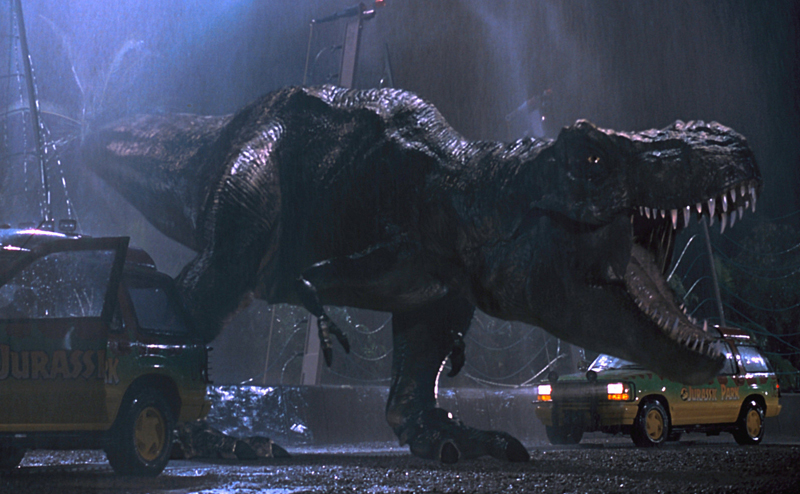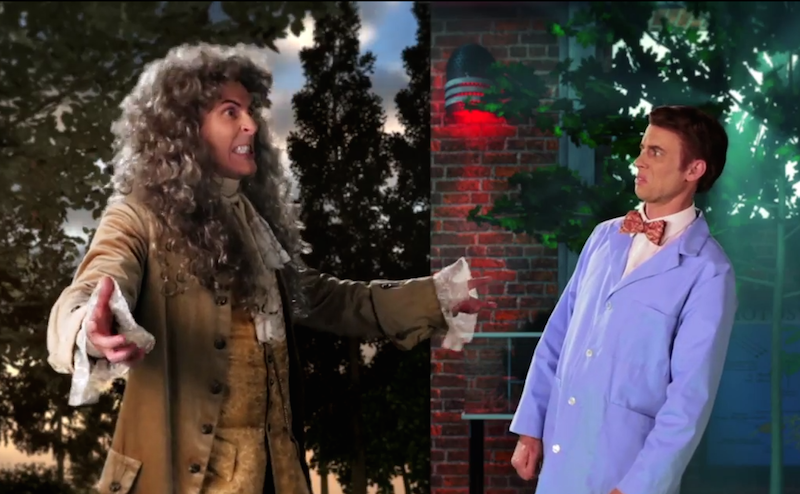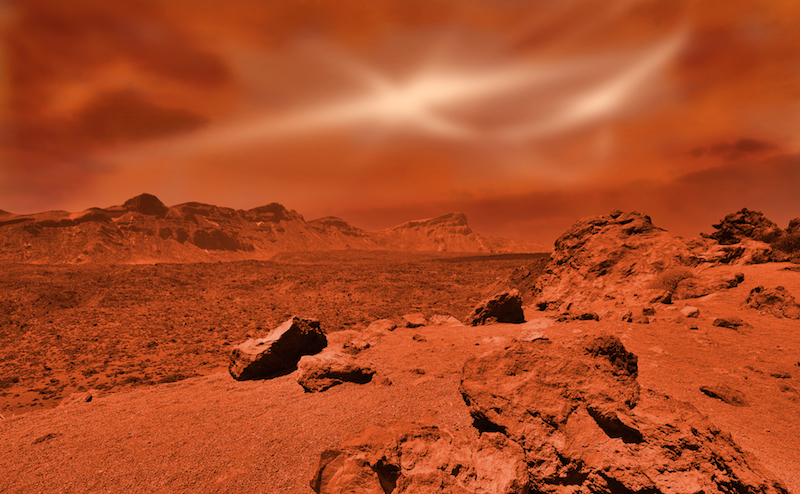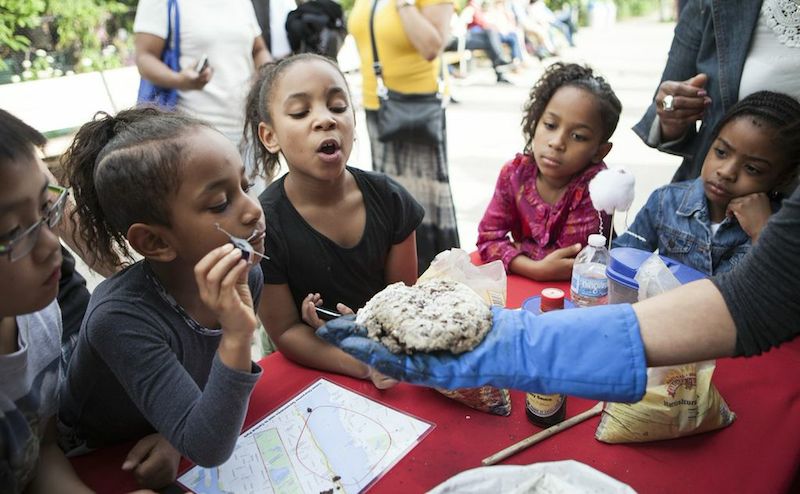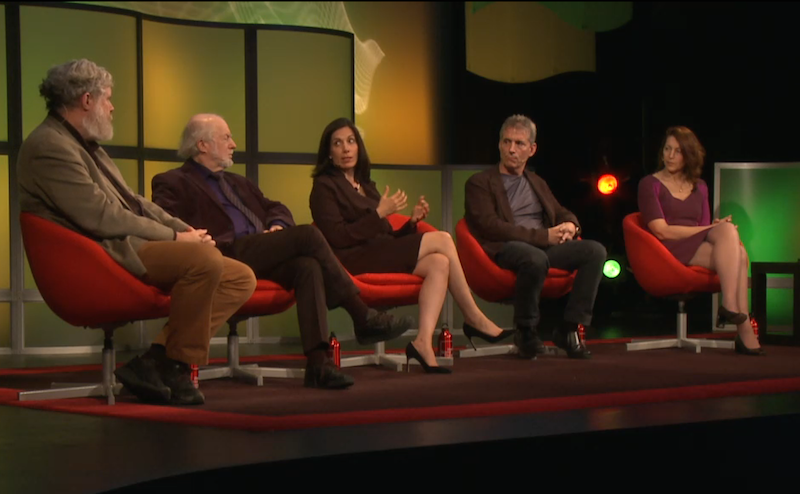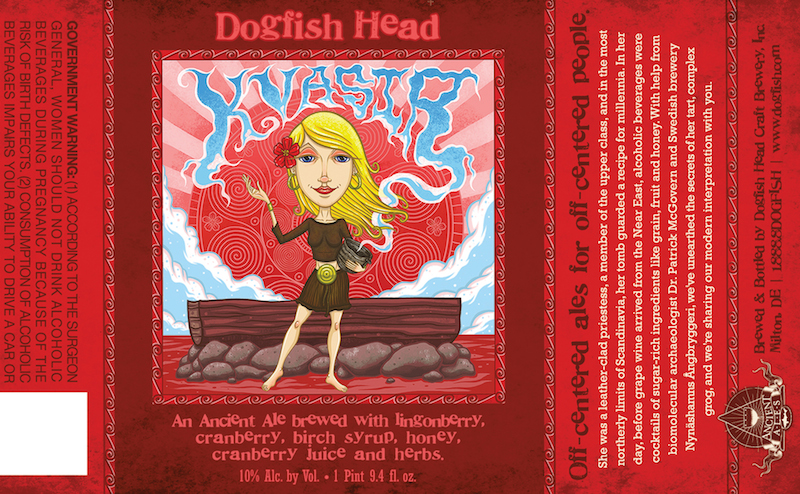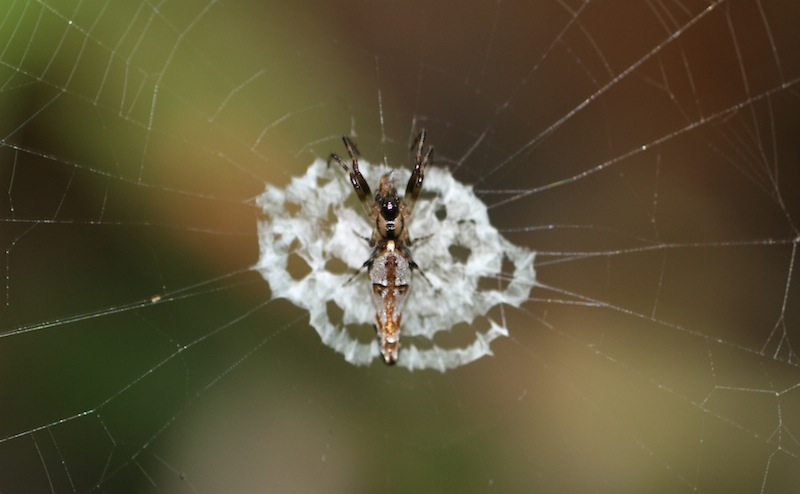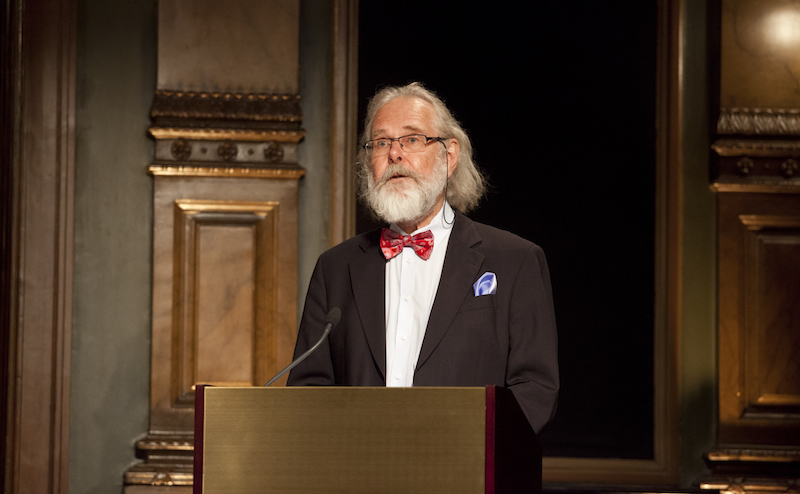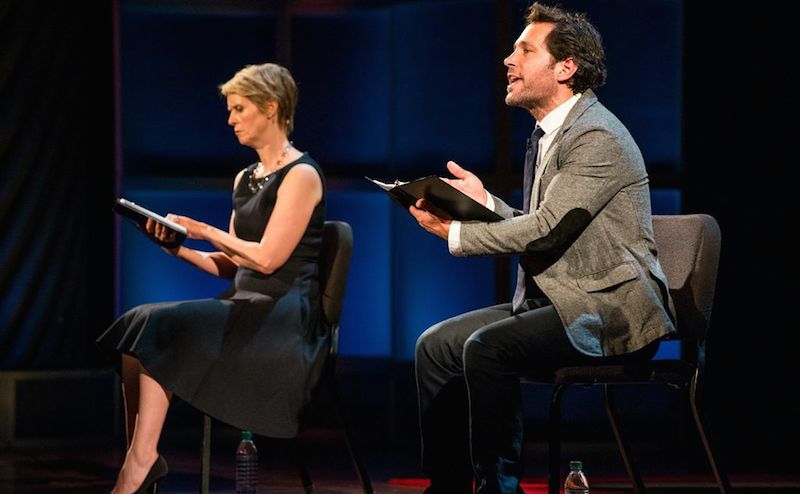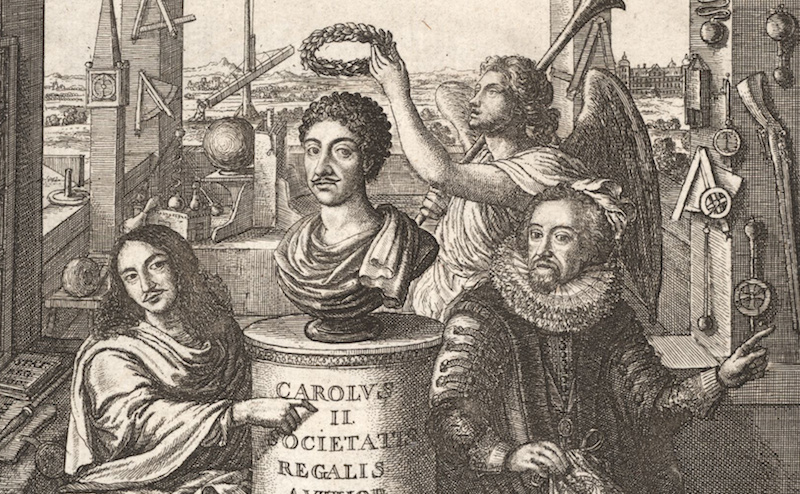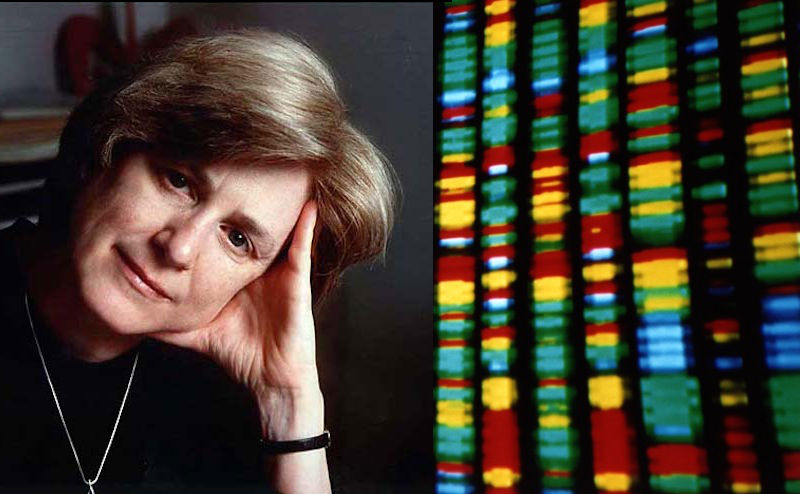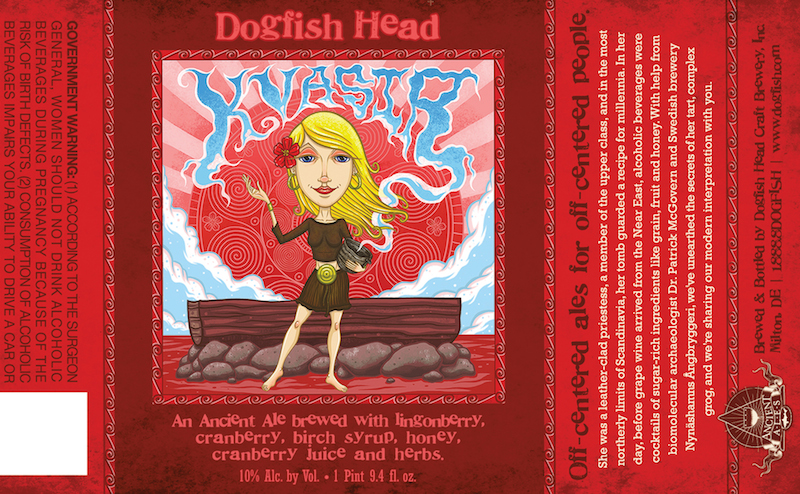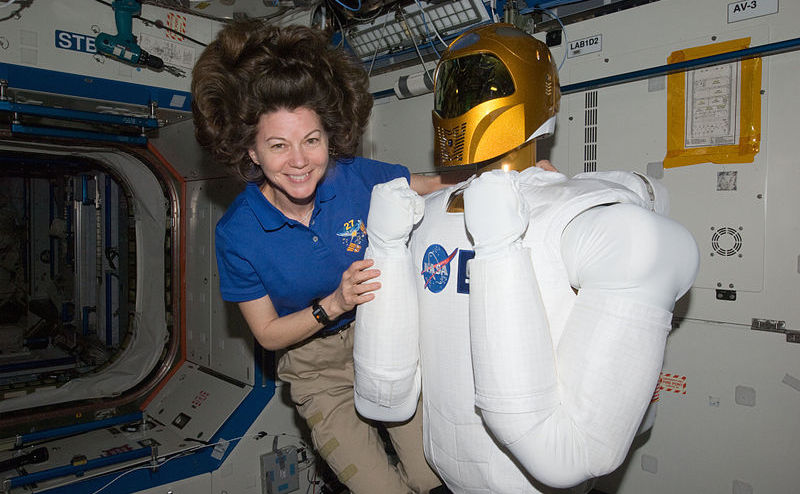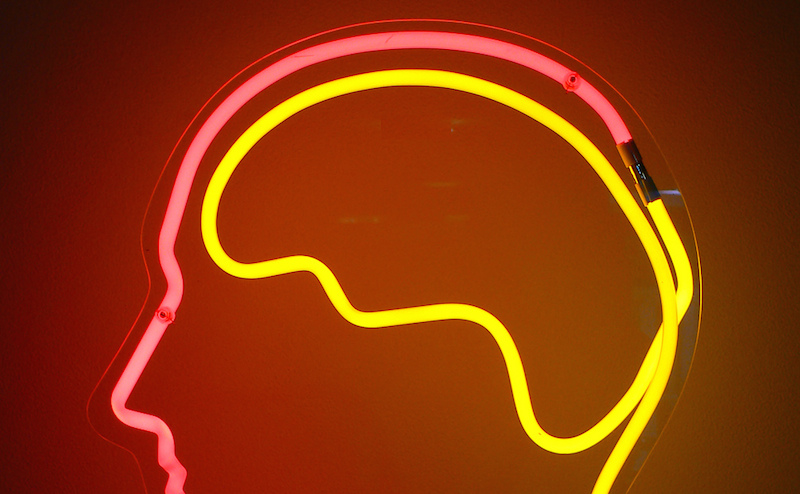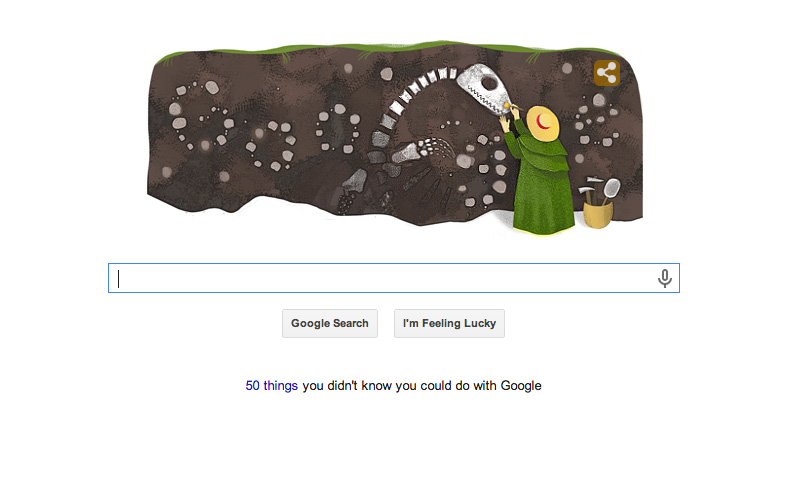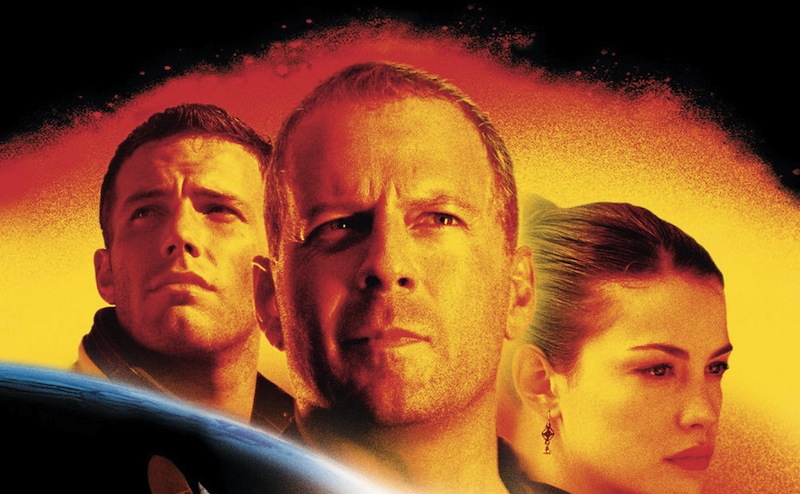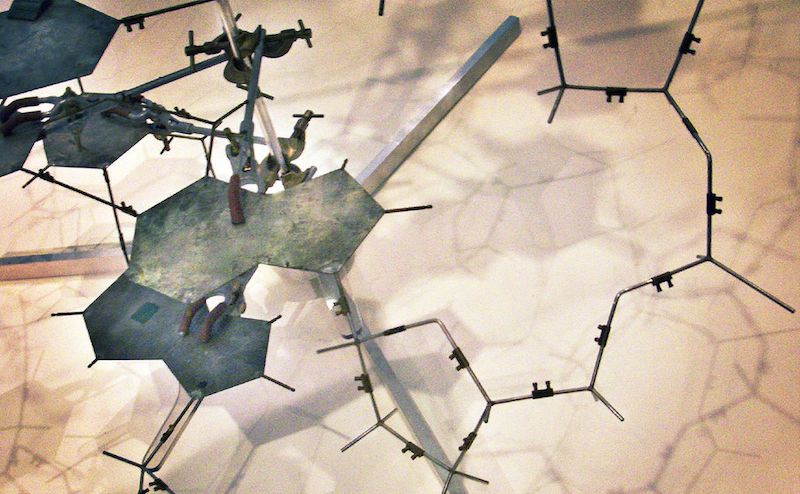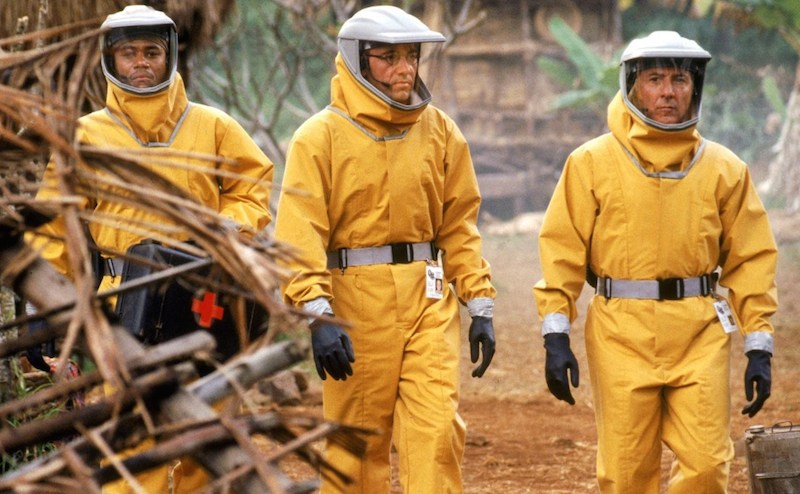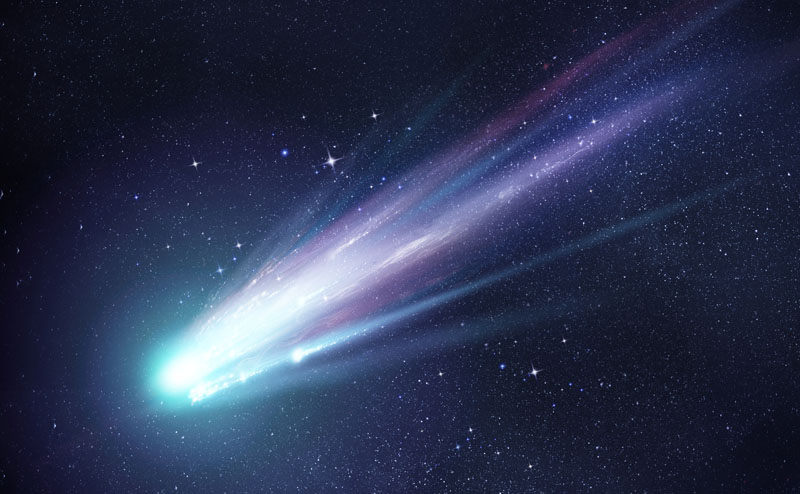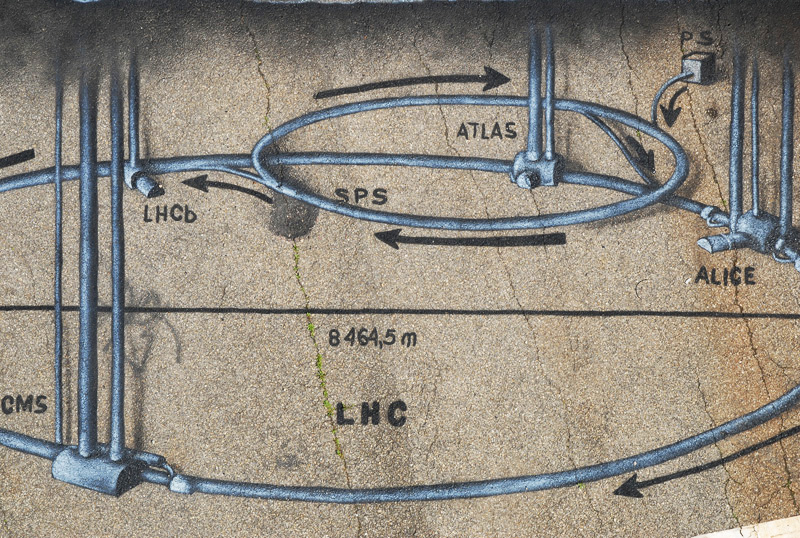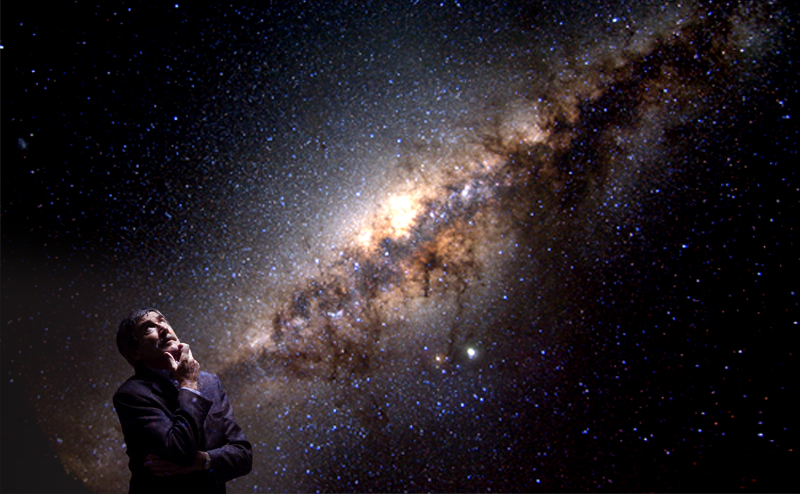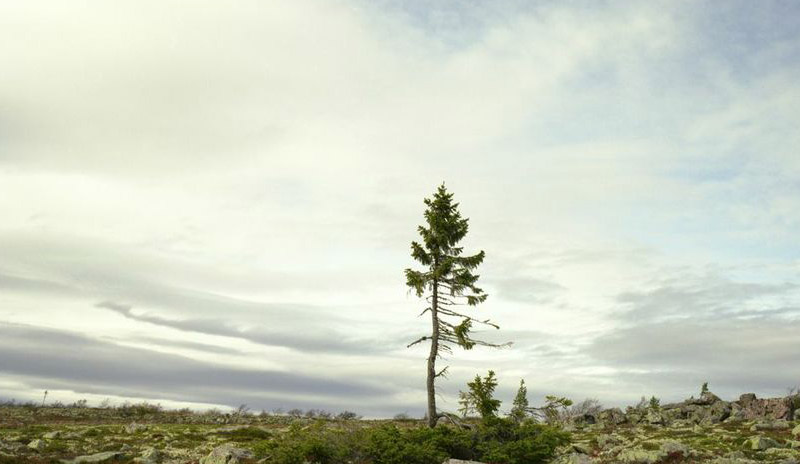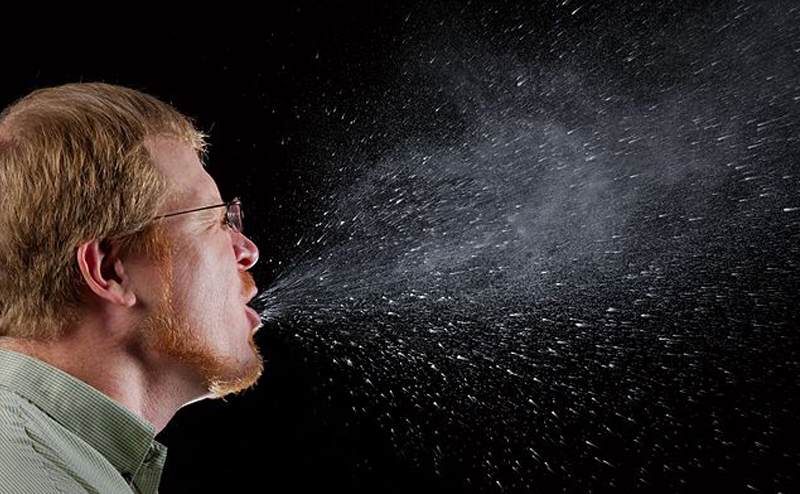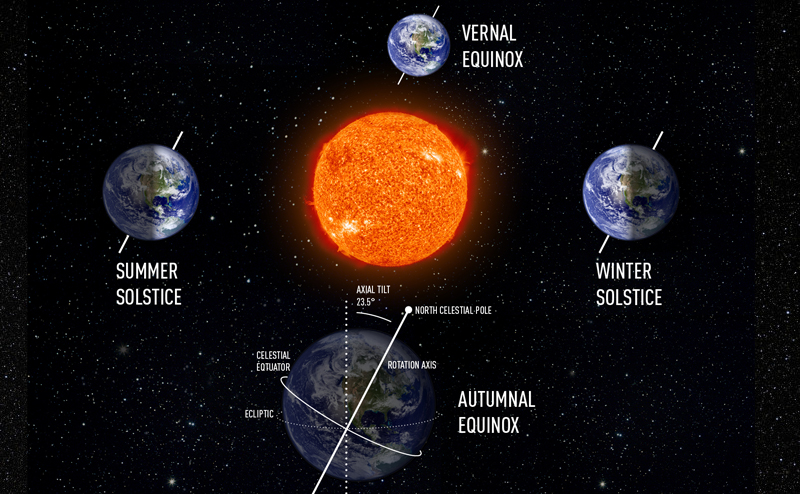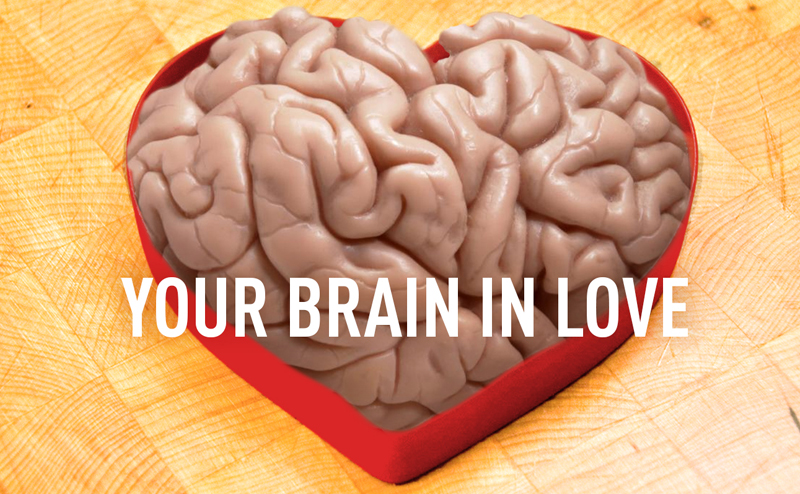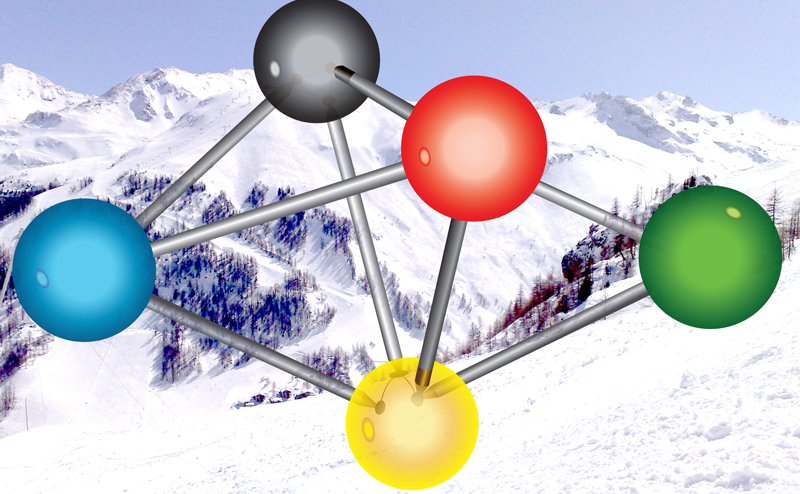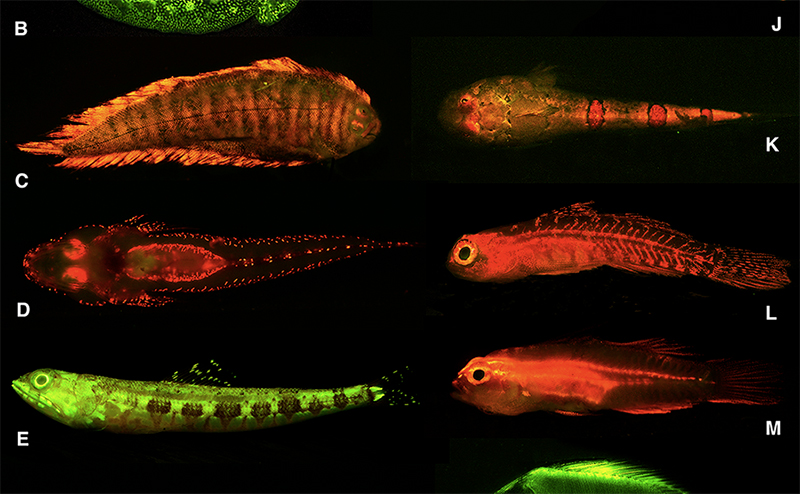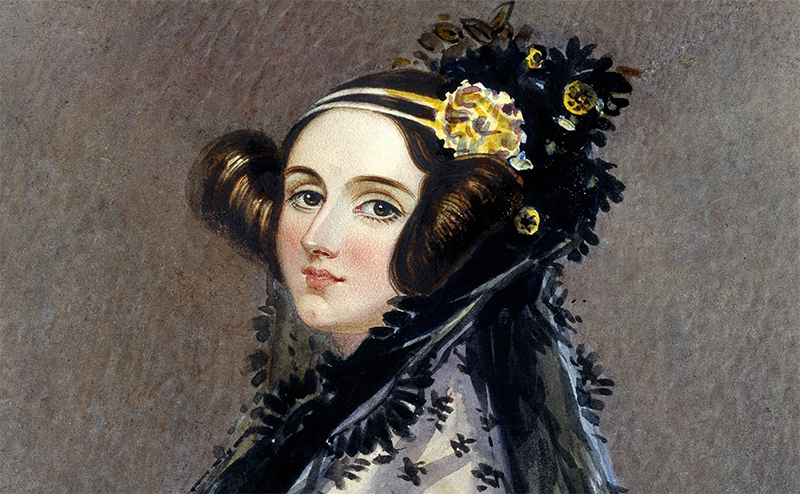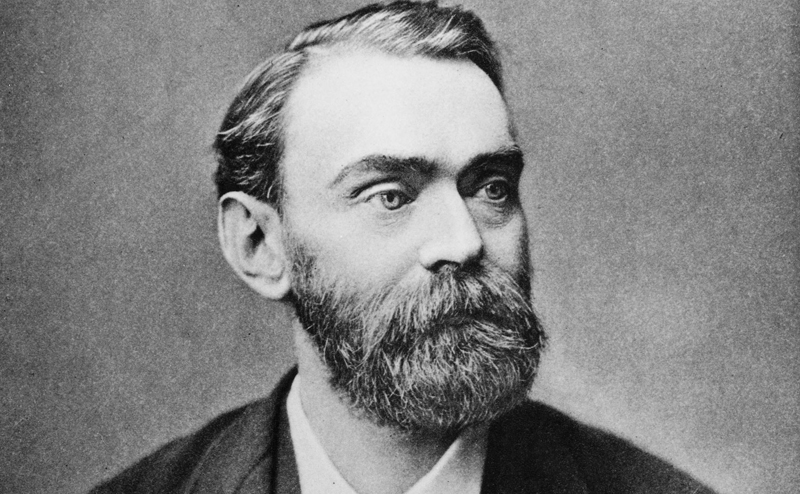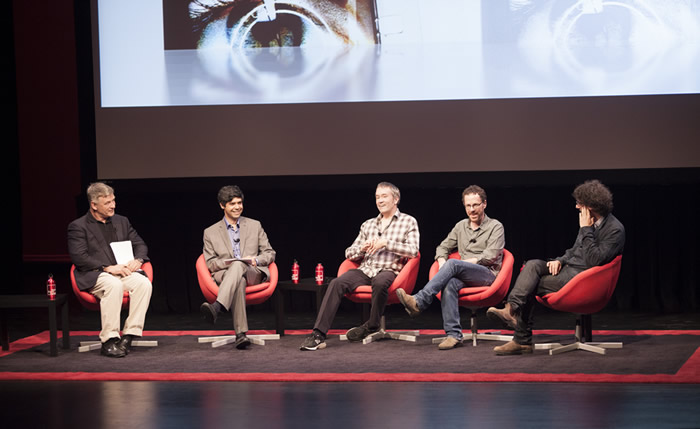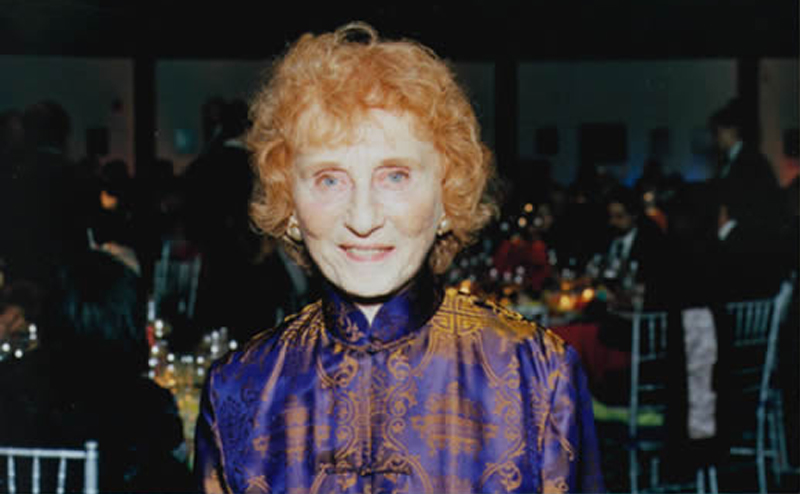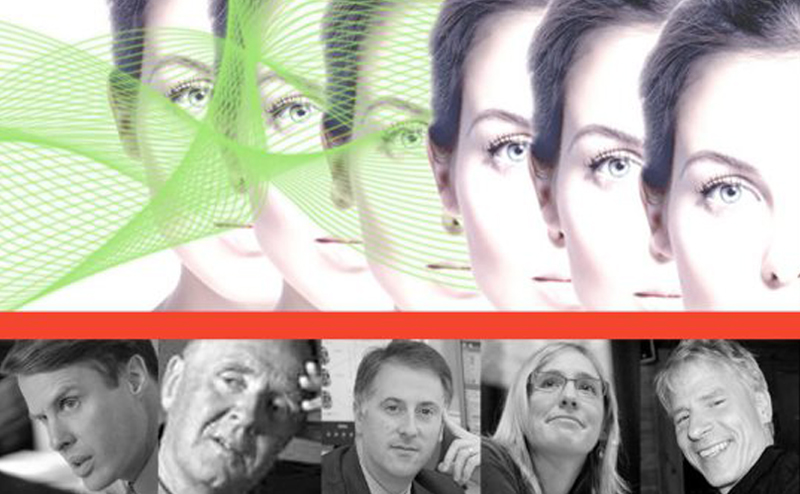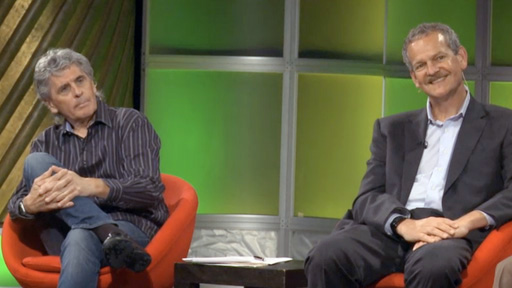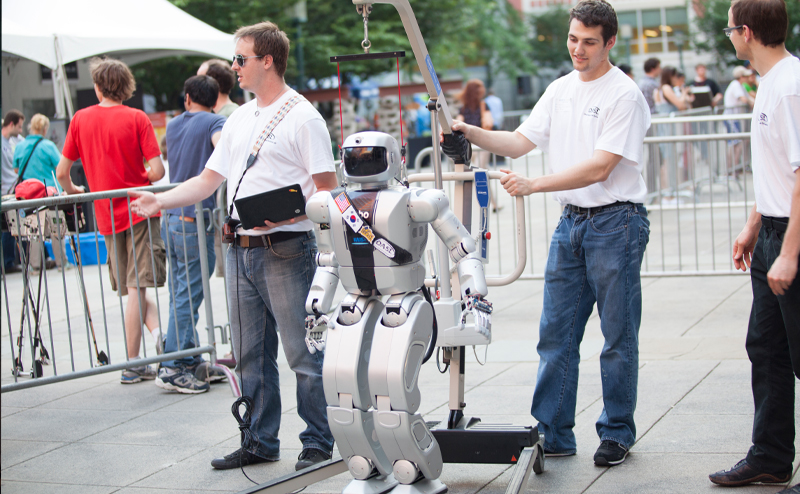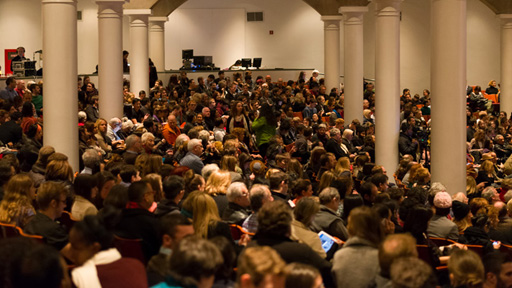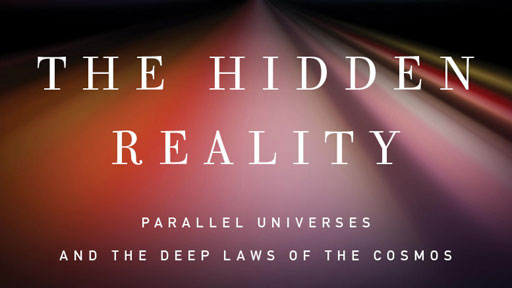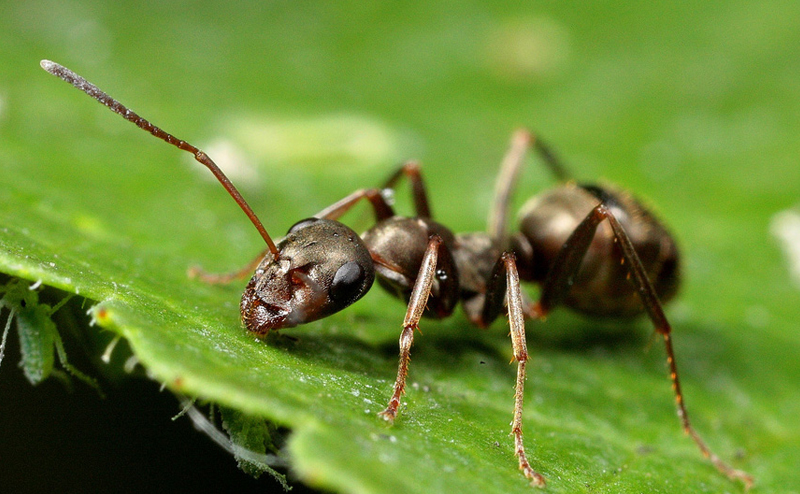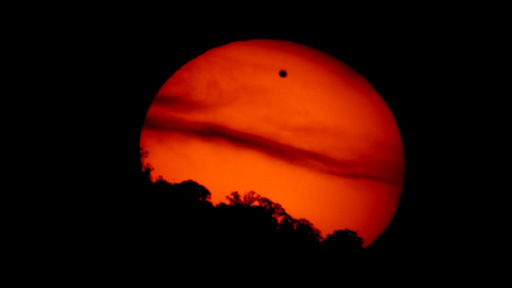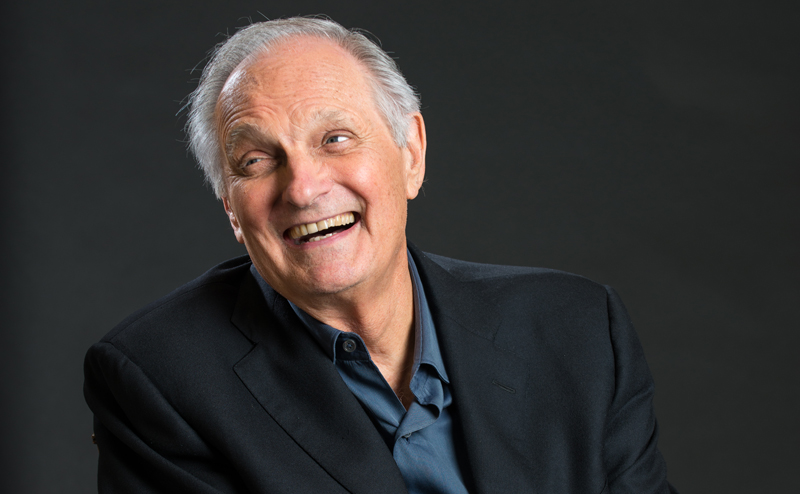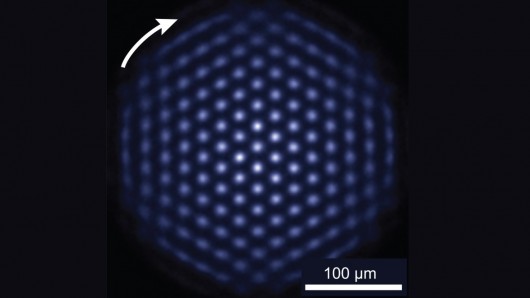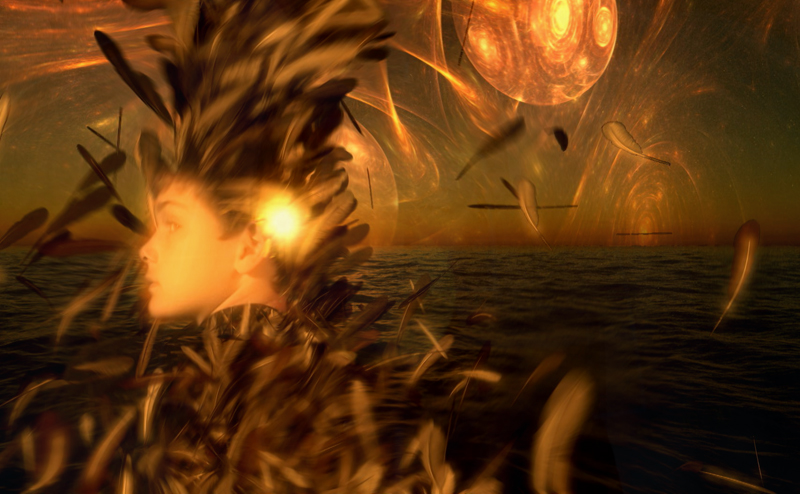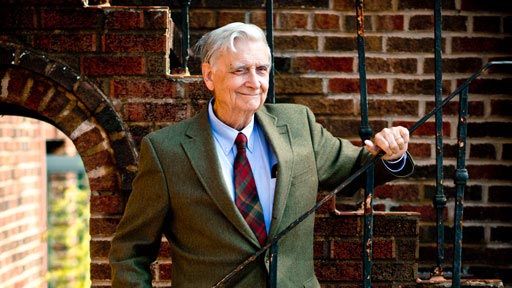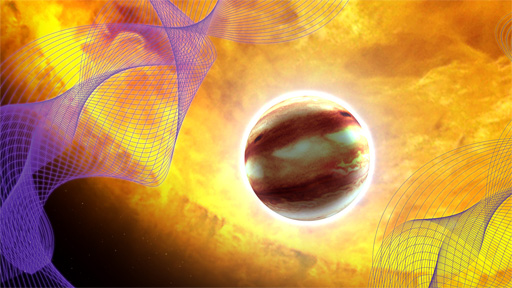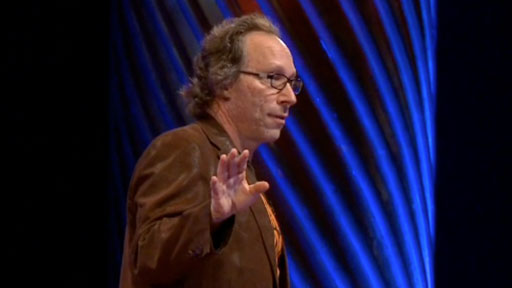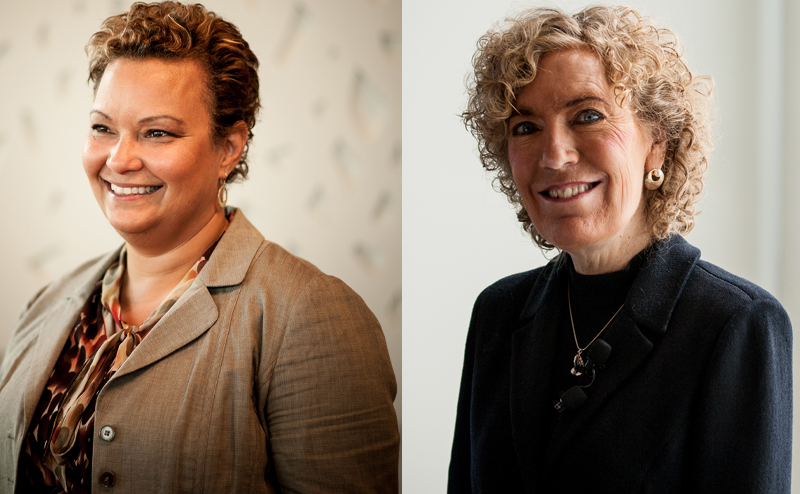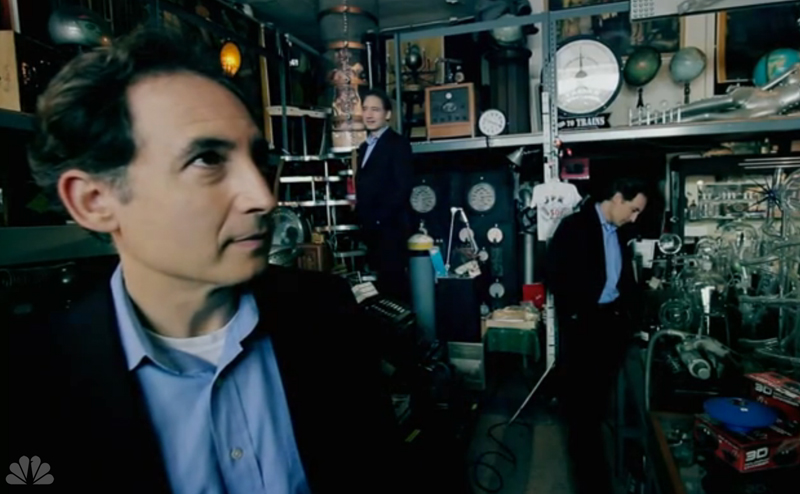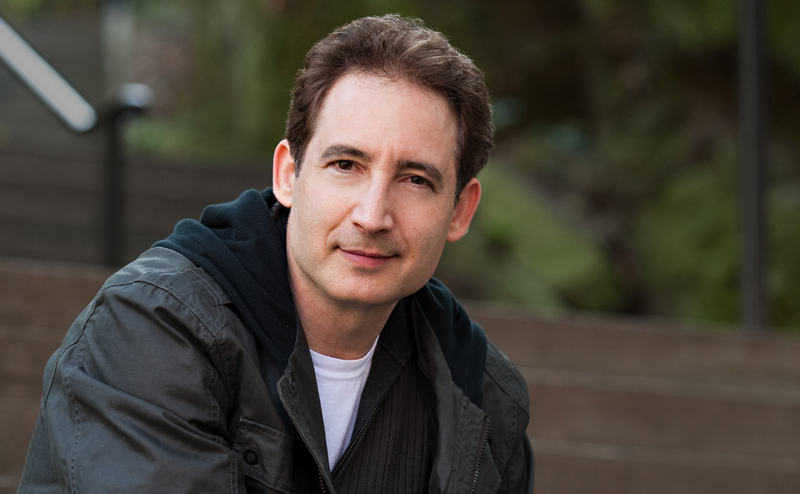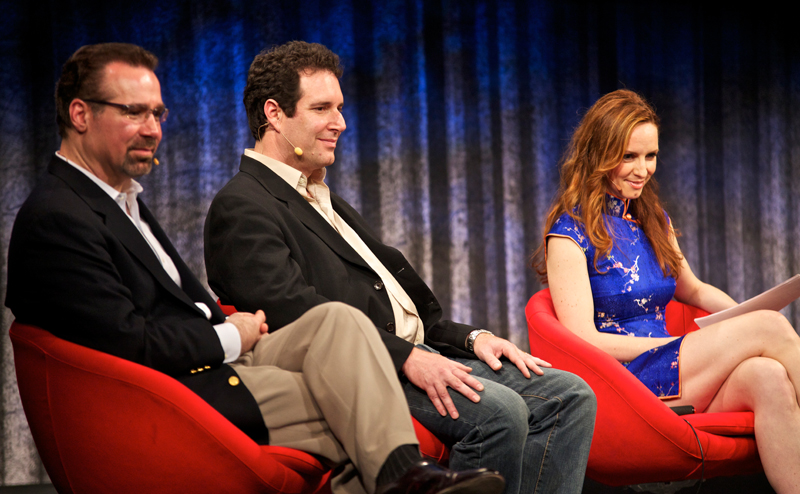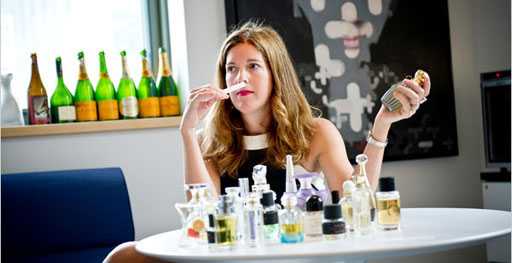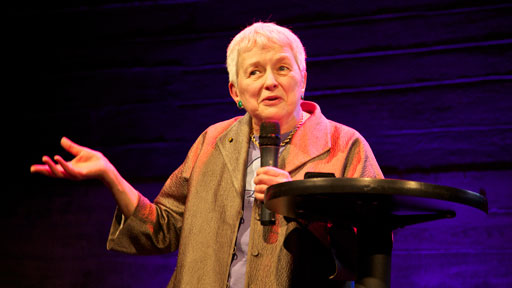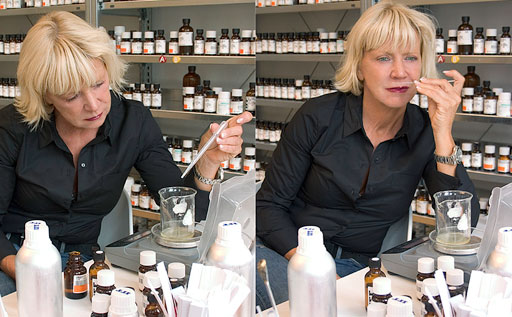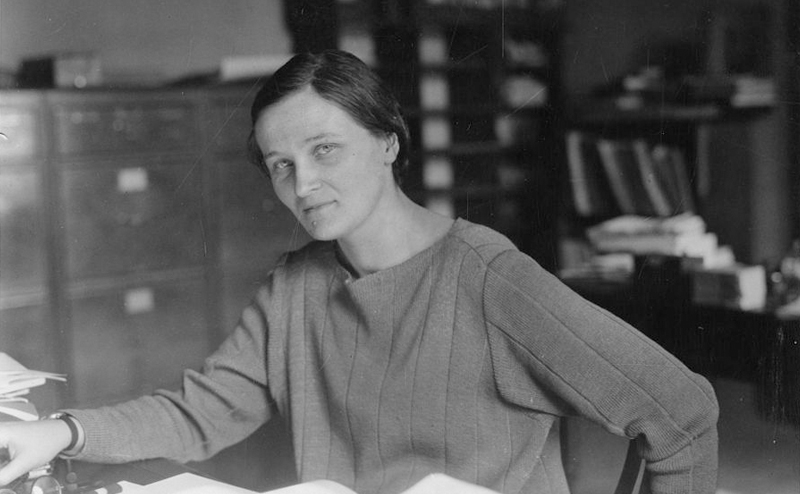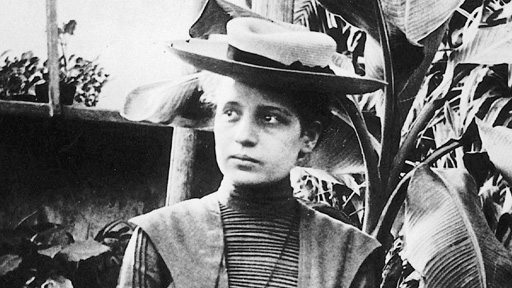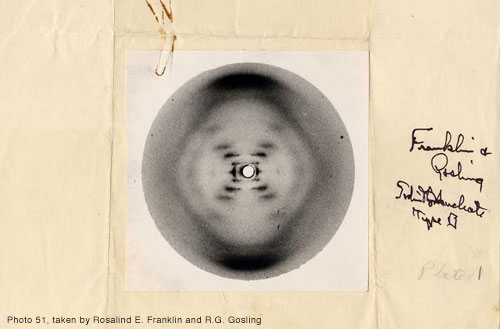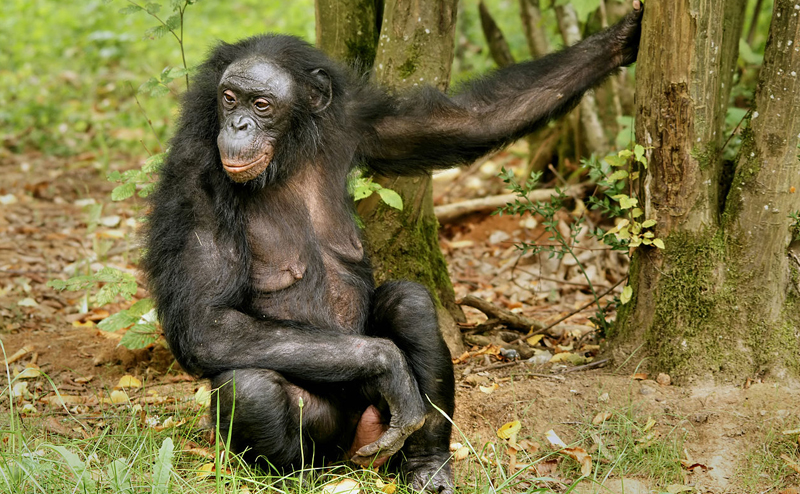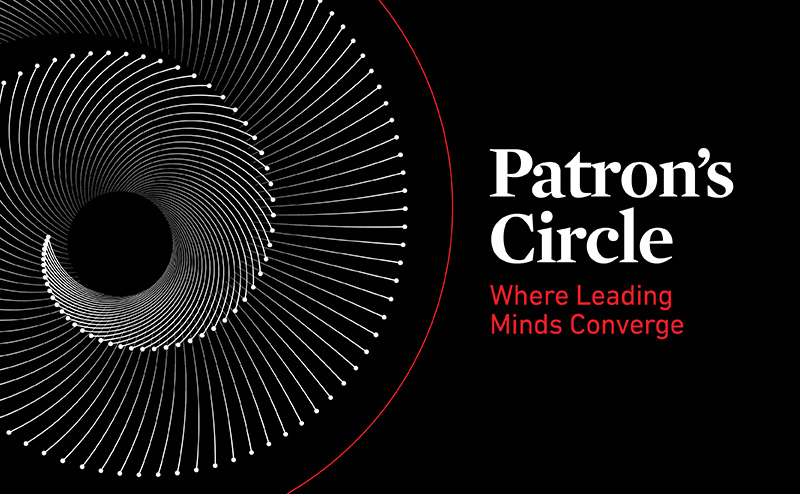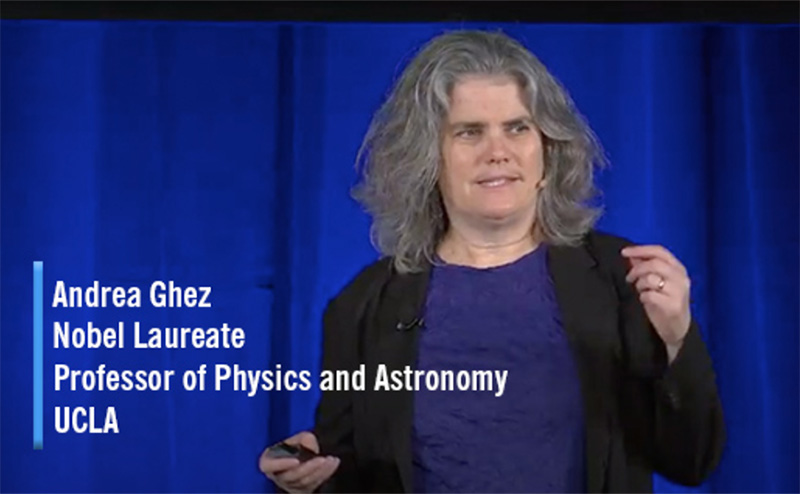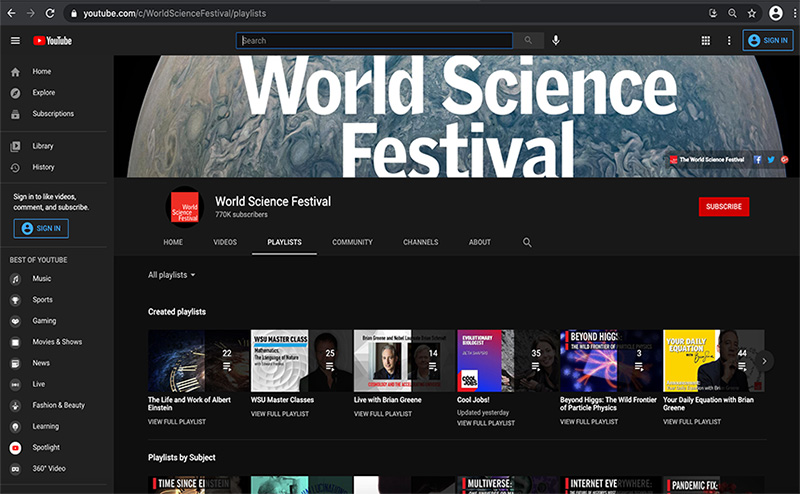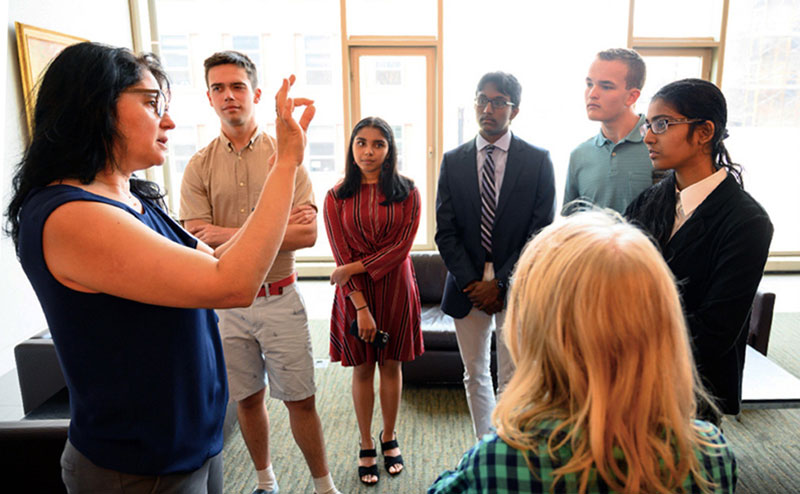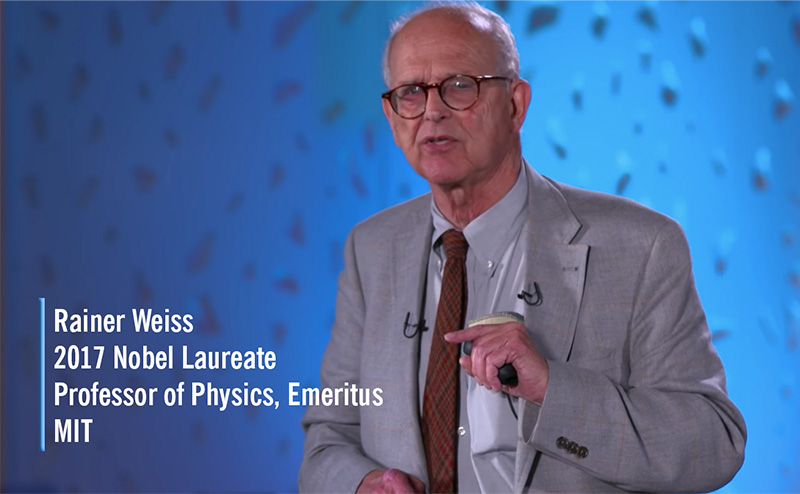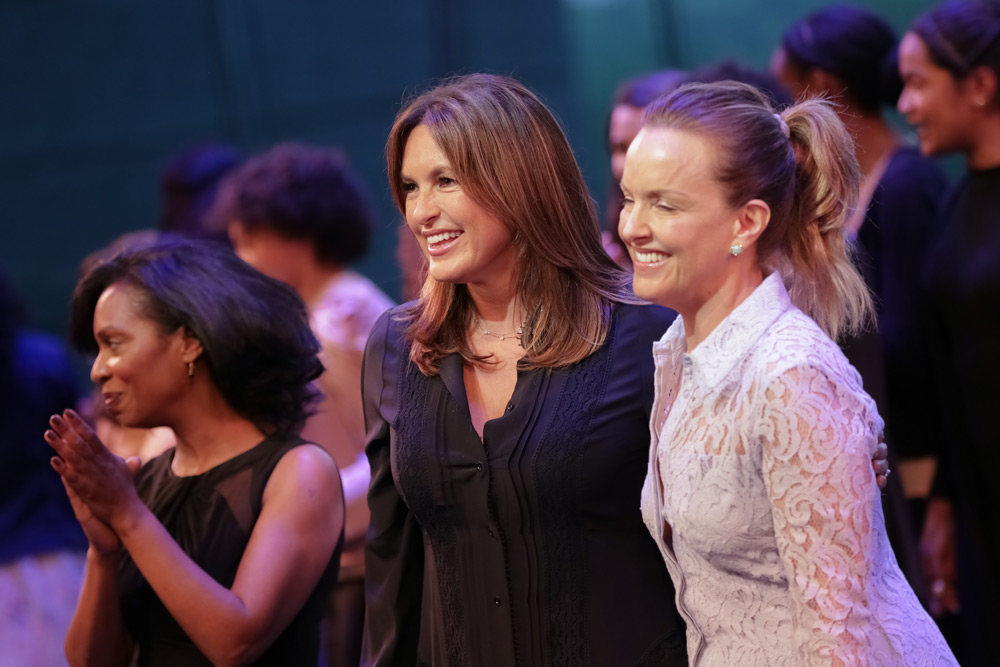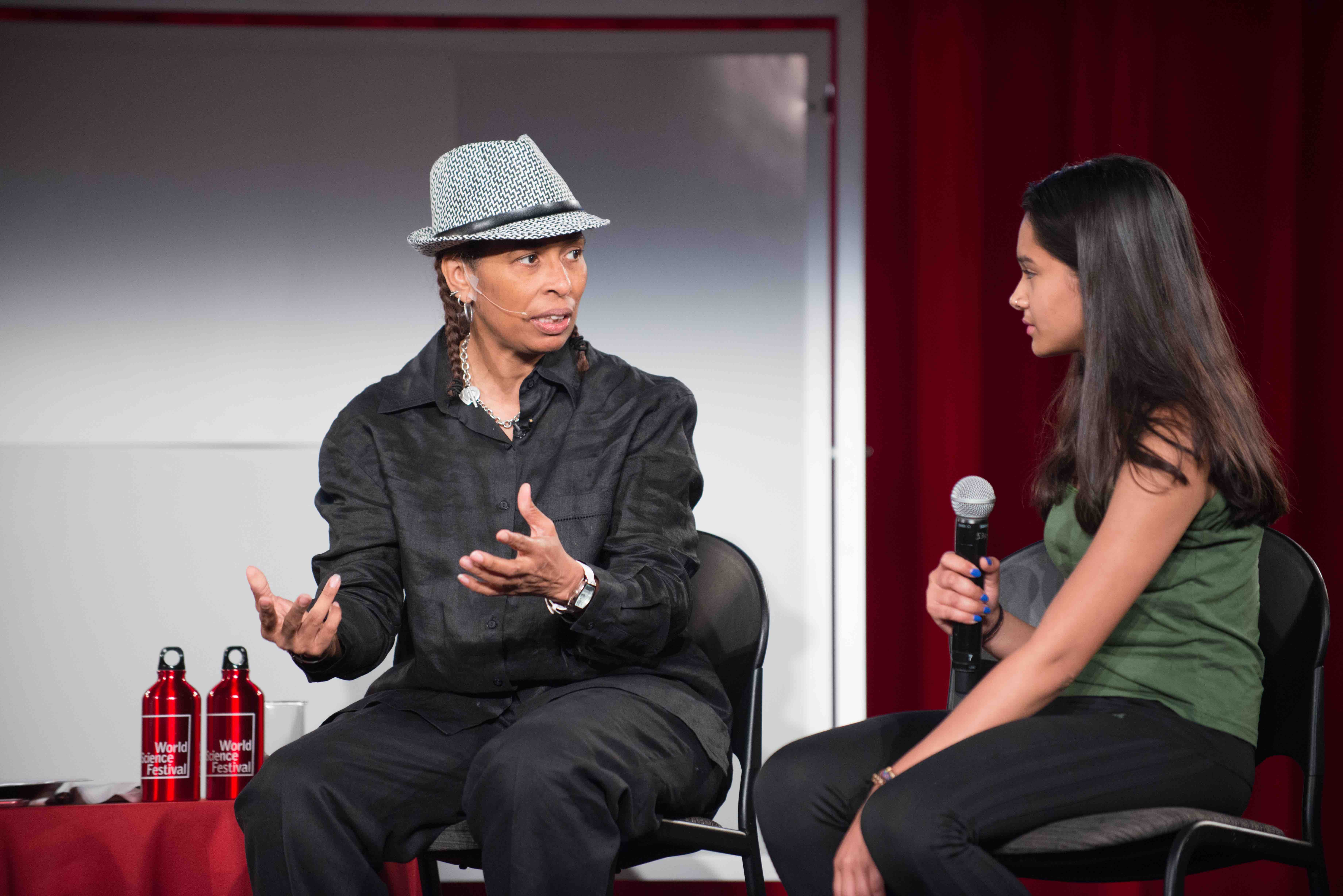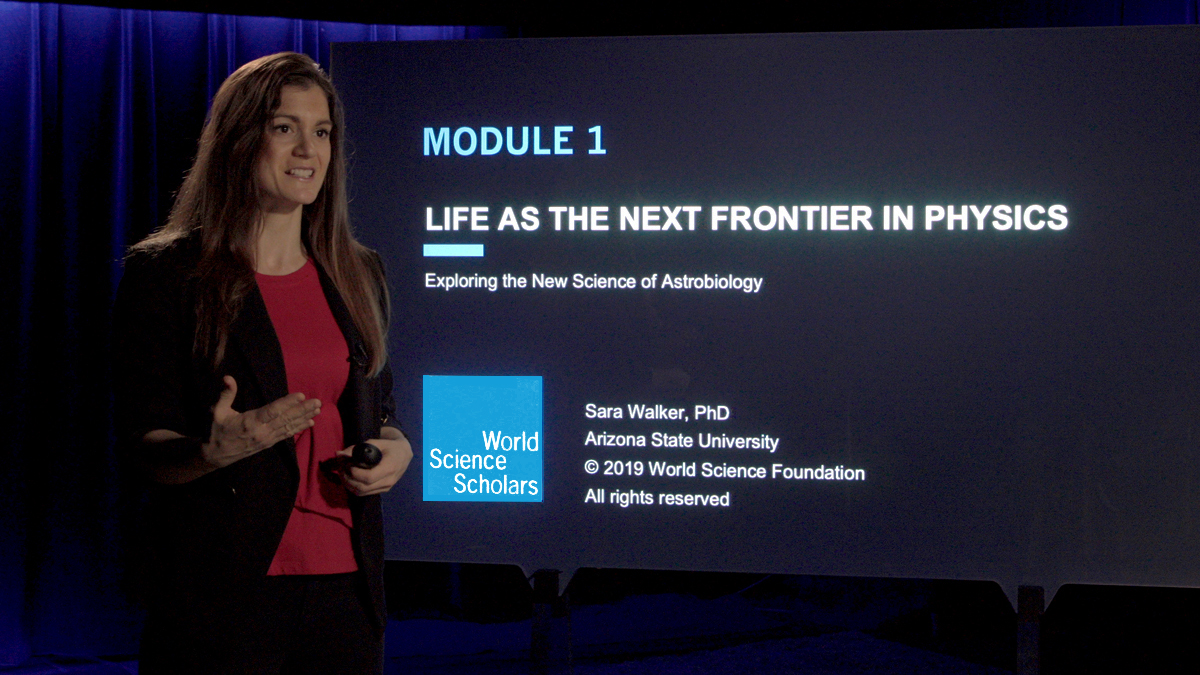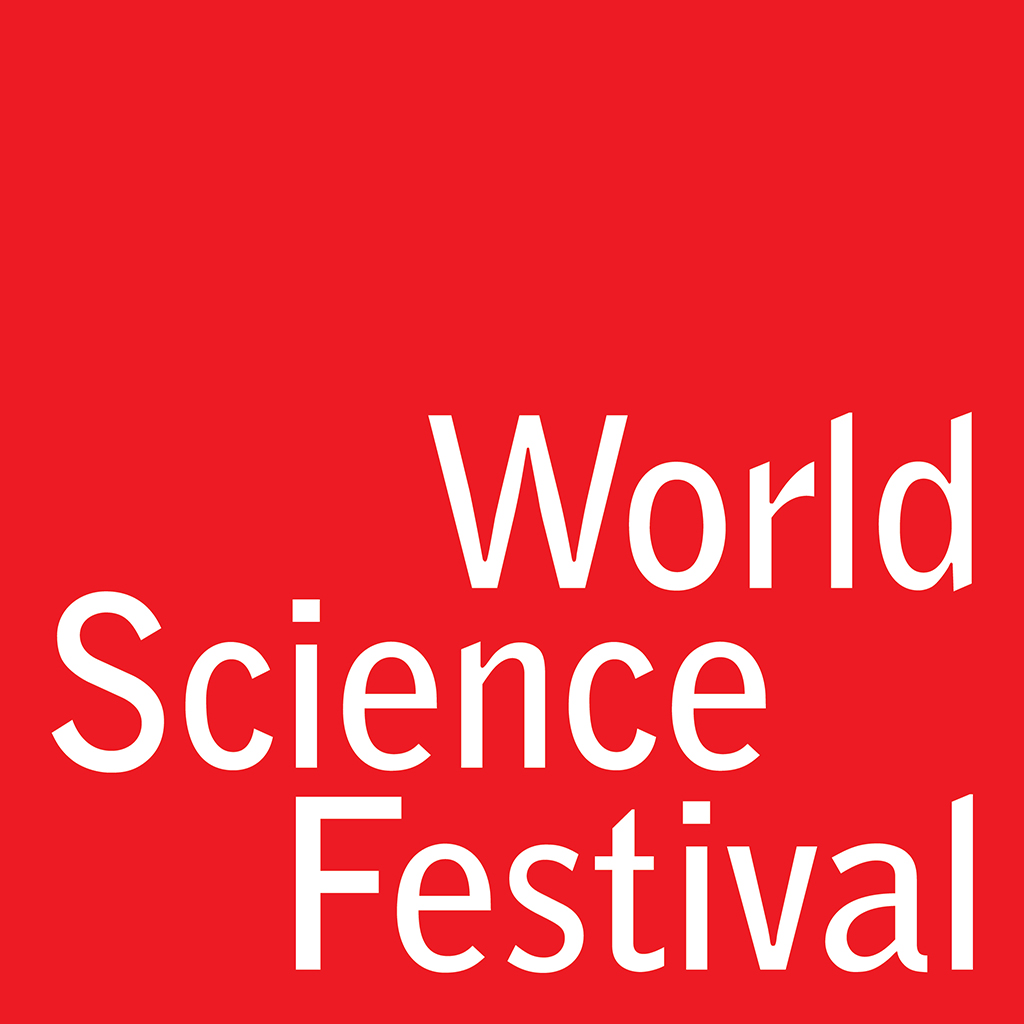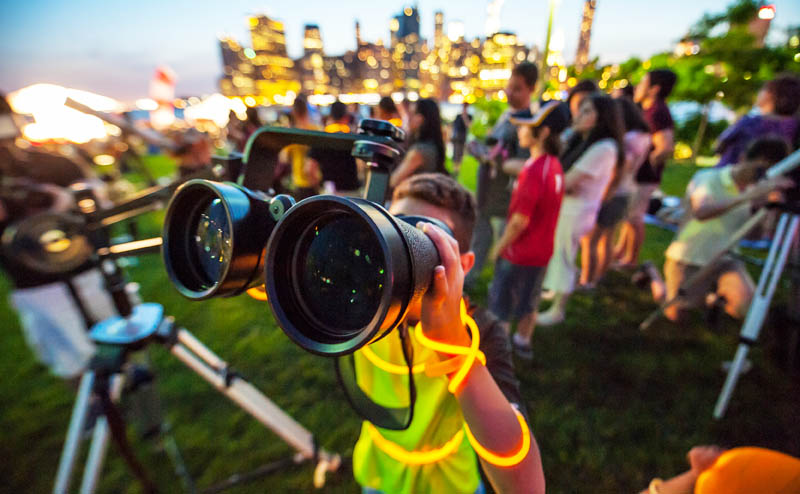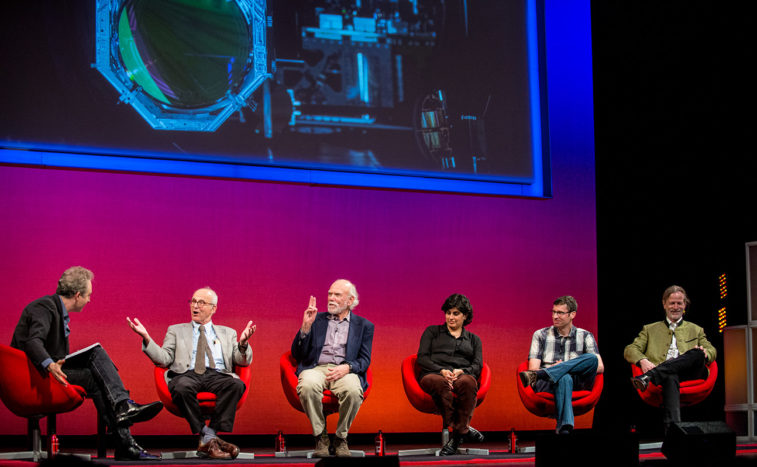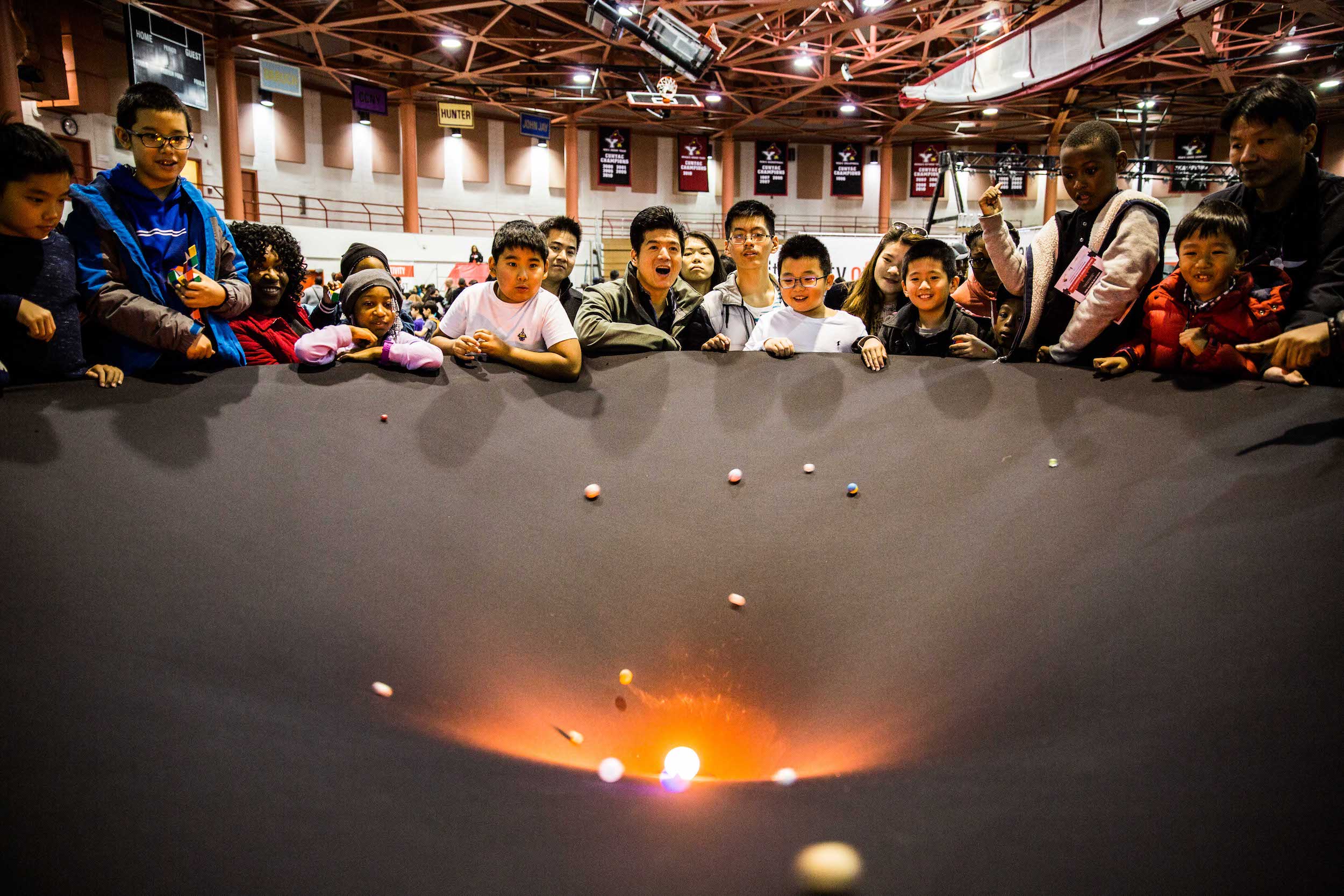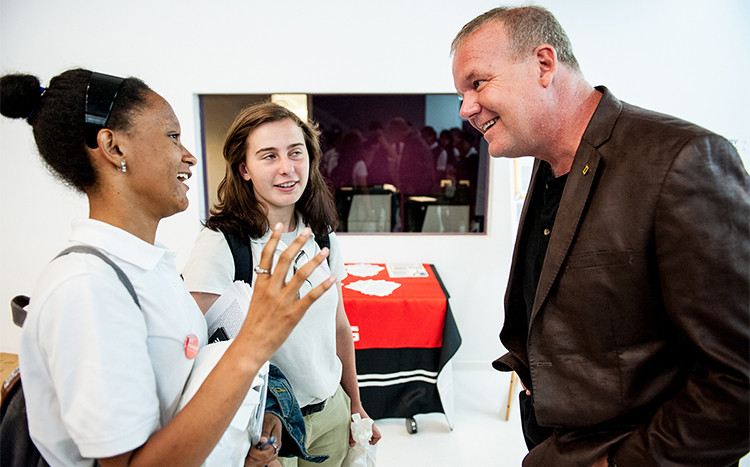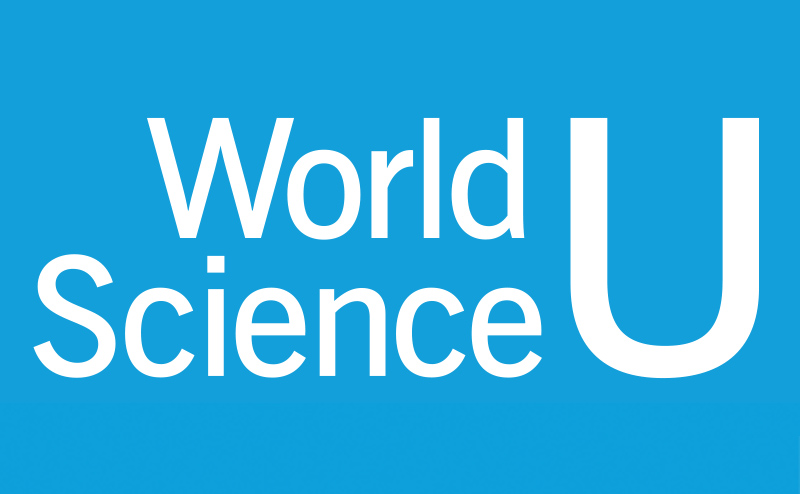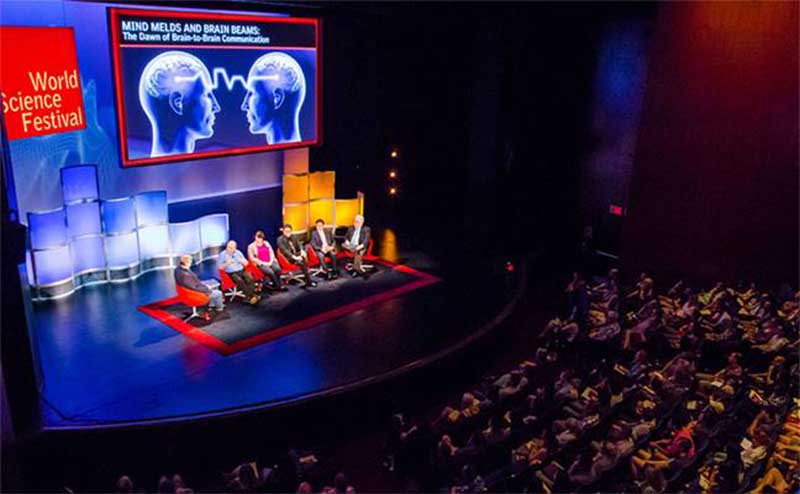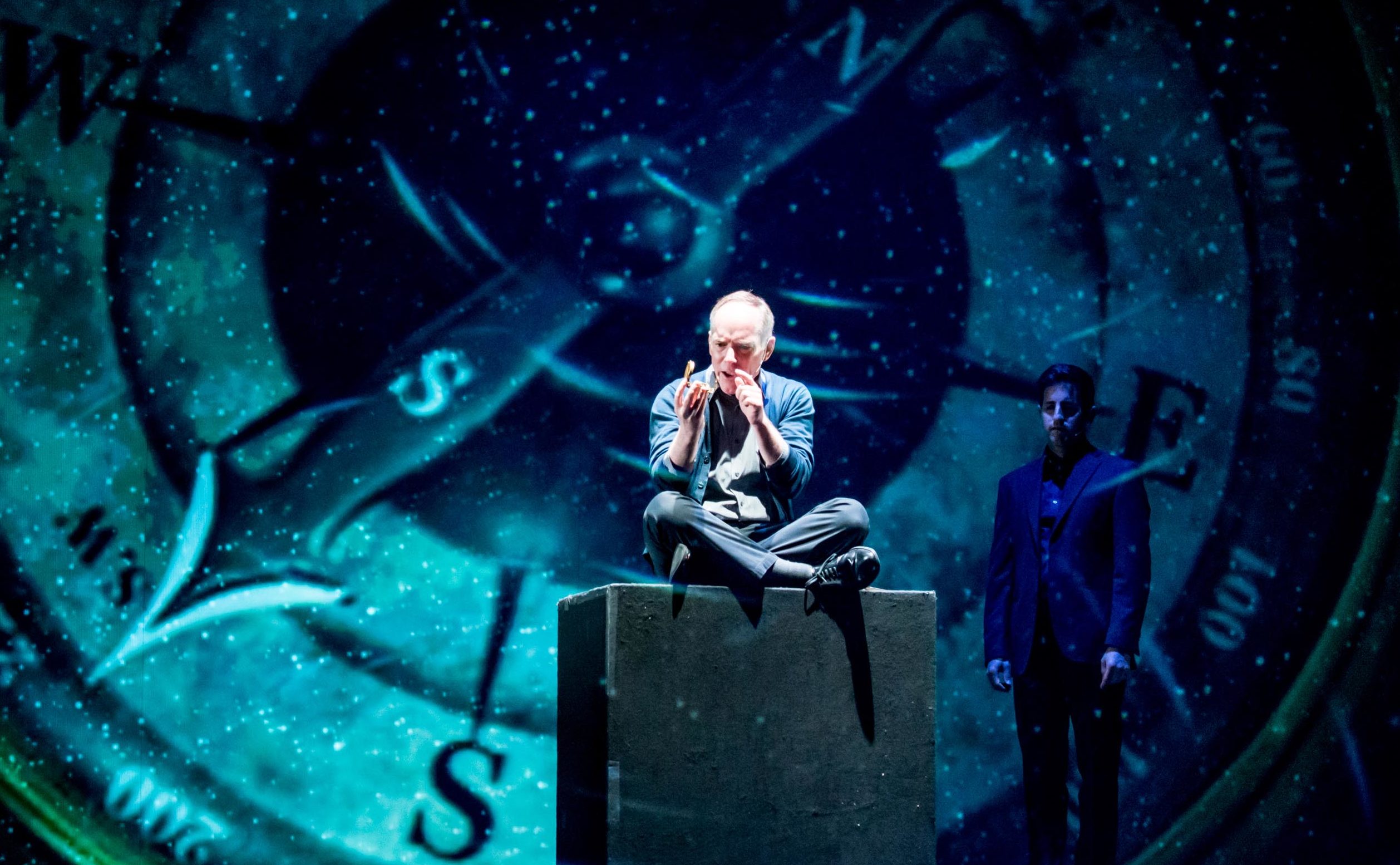Participants
Alan Alda, a seven-time Emmy® Award winner, played Hawkeye Pierce and wrote many of the episodes on the classic TV series M*A*S*H. He has starred in, written, and directed many films, and was nominated for an Academy Award for his role in The Aviator.
Read MoreThree-time Peabody Award winner, four-time Emmy Award winner, and Dateline NBC correspondent John Hockenberry has broad experience as a journalist and commentator for more than two decades. Hockenberry is the anchor of the public radio show The Takeaway on WNYC and PRI.
Read MoreLawrence Krauss is an internationally known theoretical physicist and best-selling author. His research focuses on the intersection of cosmology and elementary particle physics. Krauss’s work addresses questions about the origin of matter in the universe.
Read MoreGiulio Tononi is an award-winning psychiatrist and neuroscientist whose main focus has been the scientific understanding of consciousness. His integrated information theory is a comprehensive theory of what consciousness is, how it can be measured, and how it is realized in the brain.
Read MoreBrian Greene is a professor of physics and mathematics at Columbia University, and is recognized for a number of groundbreaking discoveries in his field of superstring theory. His books, The Elegant Universe, The Fabric of the Cosmos, and The Hidden Reality, have collectively spent 65 weeks on The New York Times bestseller list.
Read MoreTracy Day is the co-founder of the World Science Festival. She serves as CEO, overseeing the creative and programmatic offerings of the Festival and producing original theatrical, musical and multimedia works at the intersection of science and art.
Read MoreDavid Charbonneau has been called a “celestial detective” for his systematic search for planets orbiting nearby sun-like stars. Uncovering the secrets of these exoplanets, as they’re called, could conceivably lead to the first direct evidence of life beyond Earth.
Read MoreSteven W. Squyres is a veteran of several of NASA’s planetary exploration missions, including the Voyager mission to Jupiter and Saturn, the Magellan mission to Venus, and the Near Earth Asteroid Rendezvous mission.
Read MoreKip Thorne is the Feynman Professor of Theoretical Physics, Emeritus, at Caltech. He was the co-founder (with Rai Weiss and Ron Drever) of the LIGO (Laser Interferometer Gravitational Wave Observatory) Project and he chaired the steering committee that led LIGO in its earliest years.
Read MoreCalled the “Renaissance Man of Evolutionary Biology” by The New York Times, Francisco J. Ayala has made significant and wide-ranging experimental and theoretical contributions to evolution theory.
Read MoreGregory Chaitin is a mathematician and computer scientist who began making lasting contributions to his field while still a student at the Bronx High School of Science. His approach to mathematics views the field as much as an art form as science and inextricably linked with philosophical questions.
Read MoreJill Tarter has devoted her career to hunting for signs of sentient beings elsewhere through a systematic search for radio signals from Earth’s galactic neighbors. She has received wide recognition in the scientific community, including the Lifetime Achievement Award from Women in Aerospace, two Public Service Medals from NASA and a 2009 TEDPrize.
Read MoreLuciano Floridi is one of Italy’s most influential thinkers in the area of philosophy science, technology, and ethics, and is best known as the founder of two major areas of research, Information Ethics and the Philosophy of Information. Dr. Floridi is the first philosopher elected Gauss Professor by the Göttingen Academy of Sciences.
Read MoreDennis Hong, a TED alumnus, is an associate professor and the founding director of RoMeLa (Robotics & Mechanisms Laboratory) of the Mechanical Engineering Department at Virginia Tech.
Read MoreRebecca Newberger Goldstein’s Orthodox Jewish background and advanced studies in philosophy came together in an original writing style for which she has been widely recognized.
Read MoreLinda Dalrymple Henderson is the acknowledged expert on the history of modern artists’ engagement with a possible fourth dimension of space, a widespread cultural preoccupation in the early 20th century before the popularization of the temporal fourth dimension of Einstein’s Relativity Theory.
Read MoreThupten Jinpa has been the principal English translator to the Dalai Lama for more than 25 years and has translated and edited many of his books, including Ethics for the New Millennium; Transforming the Mind; The Universe in a Single Atom: Convergence of Science and Spirituality.
Read MoreBrian Hare is an expert in chimpanzee and bonobo behavior in African sanctuaries, and founded the Hominoid Psychology Research Group, which compares the psychology of hominoids (human and non-human ape).
Read MoreMichio Kaku is one of the founders of string field theory, a field of research within string theory. He’s also the host of Sci Fi Science, the top-rated new series on the Science Channel, which is based on his New York Times best-selling book Physics of the Impossible.
Read MoreAndrea Lommen has been a pioneer in detecting gravitational waves with pulsars. Dr. Lommen’s research, and that of the team she leads, has taken theoretical concepts and transformed them into experimental practice.
Read MoreSandra H. “Sandy” Magnus is the executive director of the American Institute of Aeronautics and Astronautics (AIAA), the world’s largest aerospace professional society. Magnus attended the Missouri University of Science and Technology, graduating with a degree in physics and a master’s degree in electrical engineering.
Read MoreNobel Laureate
Nobel Laureate John Mather’s research in cosmology as part of the Cosmic Background Explorer (COBE) team has been recognized as some of the most important work of the 20th century.
Read MoreA former wide receiver for the Detroit Lions, Leland Melvin is an engineer and NASA astronaut. He served on the space shuttle Atlantis as a mission specialist and was named the NASA Associate Administrator for Education in October 2010.
Read MoreDr. Mario Livio is an astrophysicist, a best-selling author, and a popular speaker. He is a Fellow of the American Association for the Advancement of Science. He has published more than 400 scientific papers on topics ranging from Dark Energy and cosmology to black holes and extrasolar planets.
Read MoreRobert Krulwich is co-host of Radiolab, WNYC Radio’s Peabody Award-winning program about ‘big ideas’, now one of public radio’s most popular shows. It is carried on more than 500 radio stations and its podcasts are downloaded over 5 million times each month.
Read MoreGeorge Church is professor of genetics at Harvard Medical School and director of PersonalGenomes.org, providing the world’s only open-access information on human Genomic, Environmental, and Trait data (GET). His 1984 Harvard Ph.D. included the first methods for direct genome sequencing, molecular multiplexing, and barcoding.
Read MoreAntonio Damasio is one of the world’s leading neurologists and neuroscientists and has made seminal contributions to the understanding of how the brain processes emotion, decision, and consciousness.
Read MoreAndré Fenton is a recognized neuroscientist, biomedical engineer, and entrepreneur. Dr. Fenton is a Professor at the Center for Neural Science at New York University.
Read MoreFrancis Collins is known for his landmark discoveries of disease genes and leadership of the Human Genome Project, an international project that culminated in 2003 with the completion of a finished sequence of the human DNA instruction book.
Read MoreLaura Danly is a spectroscopist specializing in ultraviolet observations from space satellites. Her research focuses on the large-scale distribution and dynamics of the interstellar medium and its relationship to galaxy evolution.
Read MoreRobbert Dijkgraaf is director and Leon Levy Professor of the Institute for Advanced Study, one of the world’s leading centers for curiosity-driven research in the sciences and humanities.
Read MorePamela Ronald is Professor at the University of California, Davis, where she studies the role that genes play in a plant’s response to its environment. Her laboratory has genetically engineered rice for resistance to diseases and flooding, which are serious problems of rice crops in Asia and Africa.
Read MoreRai Weiss is known for his pioneering measurements of the spectrum of the cosmic microwave background radiation and his seminal leadership in the conception, design and operation of the laser interferometer gravitational wave detector; remarkable scientific achievements recognized by his roles as a co-founder and an intellectual leader of both the COBE Project and LIGO.
Read MoreJohn Schaefer is the host and producer of WNYC’s long-running new music show New Sounds, which Billboard magazine has called “the #1 radio show for the Global Village,” founded in 1982, and its innovative Soundcheck podcast, which features live performances and interviews with a variety of guests.
Read MoreWinston “Wole” Soboyejo’s research focuses on experimental studies of biomaterials, the mechanical behavior of materials and the development of alternative science and technology-driven methods for addressing global development needs in the areas of health, energy and water purification.
Read MoreGary Small is the co-inventor of the first brain-scanning technology to detect the physical evidence of Alzheimer’s disease in living people. He also led the team of neuroscientists that was the first to reveal that Internet searching may result in rapid and significant alterations in brain neural circuitry.
Read MoreJamshed Bharucha conducts research in cognitive psychology and neuroscience, focusing on the cognitive and neural basis of the perception of music. He is a past editor of the interdisciplinary journal Music Perception. Dr. Bharucha is the twelfth president of The Cooper Union for the Advancement of Science and Art.
Read MoreMarcela Carena is an internationally renowned expert on revolutionary ideas in particle physics, ideas about to be tested at the Large Hadron Collider. She has worked closely with experimental physicists at the Fermilab and CERN laboratories developing strategies for discovery at the world’s highest-energy particle colliders.
Read MorePaul Davies is a theoretical physicist, cosmologist, astrobiologist, and best-selling author. He is Regents’ Professor at Arizona State University, where he is Director of Beyond: Center for Fundamental Concepts in Science.
Read MoreProfessor John Donoghue was the founding chairman of the Department of Neuroscience at Brown, a position he held for thirteen years. He is currently the director of the Brown Institute for Brain Science, which unites more than one hundred Brown faculty members to support interdisciplinary research on the nervous system.
Read MoreIn 2008, Richard Garriott, a leading expert on private and commercial space travel, realized a lifelong dream to travel to space when he launched aboard the Russian Soyuz TMA-13 spacecraft to the International Space Station and became the sixth private citizen to fly in Earth’s orbit.
Read MoreLeonard Mlodinow is a theoretical physicist. He received his Ph.D. from the University of California at Berkeley and taught at the California Institute of Technology. He is a popular international speaker and the author of numerous academic papers in physics and eight popular science books, including four best sellers.
Read MoreBevil Conway, originally from Zimbabwe, is an artist and neuroscientist who researches the neural basis for visual behavior, with a focus on color vision, and investigates the relationship between visual processing and visual art.
Read MoreJad Abumrad is the host and creator of WNYC/NPR’s award-winning radio series Radio Lab, which reaches nearly 4 million people per month and describes itself as believing “your ears are a portal to another world. Where sound illuminates ideas, and the boundaries blur between science, philosophy, and human experience.”
Read MoreMostafa A. El-Sayed is an internationally renowned nanoscience researcher whose work in the synthesis and study of the properties of nanomaterials of different shape may have applications in the treatment of cancer.
Read MoreJohn M. Grunsfeld was named Associate Administrator for the Science Mission Directorate at NASA Headquarters in Washington, D.C. in 2012. He previously served as the Deputy Director of the Space Telescope Science Institute in Baltimore.
Read MoreDavid E. Guggenheim, also known as the “Ocean Doctor,” is a marine scientist, conservation policy specialist, submarine pilot and ocean explorer.
Read MoreHeidi Hammel is a noted planetary scientist. Currently, she is senior research scientist and codirector of research at the Space Science Institute in Boulder, Colorado.
Read MoreEric Horvitz serves as Microsoft’s Chief Scientific Officer. He is known for his contributions to AI theory and practice, with a focus on principles and applications of AI amidst the …
Read MoreMarvin Minsky is one of the pioneers of artificial intelligence and had made numerous contributions to the fields of AI, cognitive science, mathematics and robotics. His current work focuses on trying to imbue machines with a capacity for common sense.
Read MoreAmy Chase Gulden is a visual artist interested in art-making processes that are collaborative, not fully under her control, and bring her into direct contact with the living world. She has been collaborating with molecular biologist Kristin Baldwin, using the microorganism, E. coli bacteria, to generate living, growing paintings that can be replicated indefinitely or immortalized by printing onto paper.
Read MoreAndrew Hamilton is an astrophysicist known for his scientifically accurate general relativistic visualizations of black holes, which have appeared on a number of TV documentary programs, including Nova and National Geographic, in a show at the Denver Museum of Nature and Science and on the web, including on YouTube.
Read MoreBuzz Hays is one of the pioneers in the field of 3D production, who in recent years was responsible for overseeing the adaptation of standard-release feature films into three-dimensional stereoscopic versions for the IMAX 3D and Real D platforms.
Read MoreWalter Isaacson is president and CEO of the Aspen Institute. He has been chairman and CEO of CNN and editor of TIME magazine. Isaacson’s most recent book is The Innovators; he authored Steve Jobs and several other best-selling biographies.
Read MoreSteve Mirsky has written the humorous Anti Gravity column for Scientific American since 1995 and is a member of the magazine’s board of editors. Since 2006 his primary responsibilities have been overseeing the magazine’s weekly podcast Science Talk and the daily podcast, 60-Second Science.
Read MorePaul Nurse is a geneticist and cell biologist who has worked on how the eukaryotic cell cycle is controlled and how cell shape and cell dimensions are determined. His major work has been on the cyclin dependent protein kinases and how they regulate cell reproduction.
Read MoreFaith Salie is a three-time Emmy-winning contributor to CBS Sunday Morning and a regular on NPR’s Wait Wait…Don’t Tell Me! She’s hosted five seasons of PBS’s Science Goes to the Movies and is a storyteller for The Moth. She hosts the new podcast “One Plus One,” from Wondery.
Read MoreHarold Varmus, M.D., co-recipient of the Nobel Prize for studies of the genetic basis of cancer, joined the Meyer Cancer Center of Weill Cornell Medicine as the Lewis Thomas University Professor of Medicine on April 1, 2015.
Read MoreProfessor Frank Wilczek is considered one of the world’s eminent theoretical physicists. He received the 2004 Nobel Prize in Physics for the discovery of asymptotic freedom in the theory of the strong interaction—key to several major problems in particle physics and beyond.
Read MoreDamian Woetzel is a former Principal Dancer with the New York City Ballet who has moved into directing and producing. He also works with Yo-Yo Ma and his Silk Road Connect Program in the New York City Public Schools.
Read MoreMiles O’Brien is a veteran award-winning journalist who focuses on science technology and aerospace. He is the science correspondent for the PBS NewsHour, a producer and director for the PBS science documentary series NOVA, and a correspondent for the PBS documentary series Frontline and the National Science Foundation Science Nation series.
Read MoreSeth Shostak is an astronomer, lecturer and the author and editor of several books, including the 2009 Confessions of an Alien Hunter: A Scientist’s Search for Extraterrestrial Intelligence (National Geographic). For much of his career, he conducted radio astronomy research on galaxies.
Read MoreNeil deGrasse Tyson is the Frederick P. Rose Director of the Hayden Planetarium at the American Museum of Natural History in New York City. He is the author of several books and hosts the NOVA ScienceNow program on PBS. Tyson is best known as an ardent popularizer of astronomy and astrophysics.
Read MoreJosh Zepps is a correspondent for Bloomberg TV’s Energy Now, reporting on the future of energy and the environment. His show on Discovery Science Channel, Brink, took an irreverent look at the latest breakthroughs on the brink of changing our lives.
Read MoreCarl Zimmer is an award-winning columnist for the New York Times and the author of 13 books about science. His reporting has earned awards from the National Academies of Science, the American Association for the Advancement of Sciences, and the Online Journalism Association.
Read MoreLawrence Parsons is a Professor of Cognitive Neuroscience at the University of Sheffield in the United Kingdom. His early research on action, spatial reasoning and object recognition was followed by his current work in reasoning, language, emotion and the improvisation of music and dancing.
Read MoreDaniel J. Levitin is the James McGill Professor of Psychology and Neurosciences at McGill University, where he holds associate appointments in the Department of Neurology & Neurosurgery, the Faculty of Education, School of Computer Science, and in the Schulich School of Music.
Read MoreIain Couzin is assistant professor in the Department of Ecology and Evolutionary Biology at Princeton University. He studies the actions and interactions that give rise to collective behavior—from marching ants and swarming locusts to flocking birds and crowds of people—and what we might learn from successful swarming.
Read MoreDominic Johnson received a D.Phil. in evolutionary biology from Oxford University and a Ph.D. in political science from Geneva University.
Read MoreDickson Despommier is a trailblazer, devising solutions to problems in agriculture and public health that likely will be magnified by climate change. A microbiologist, he is a Professor of Public Health at Columbia University’s Mailman School, where he developed the idea of growing food in urban farm skyscrapers.
Read MoreMaurizio Seracini is a pioneer in the use of multispectral imaging to examine works of art. Using diagnostic and analytical technologies, he has studied over 2,500 works of art and historic buildings, including major works by Leonardo da Vinci, Botticelli, Raphael, Caravaggio.
Read MoreMajora Carter is a green economic consultant who combines social, economic development, and region wide infrastructure needs into positive feedback systems. She has been a driving force behind some of NYC’s most progressive environmental legislation, as well as cultural acceptance of sustainable practices.
Read MoreSince 2001 AL Holmes and AL Taylor have created an award winning body of films commissioned by Animate, Arts Council England, BFI, Channel 4 television, Cornerhouse Cinema, FACT gallery, Film London, MuHKA, Southbank Centre and the World Science Festival, exhibiting internationally in galleries, site specific installations, film festivals, television and concert halls.
Read MoreClaire Evans is a freelance science writer, science fiction critic, polymath, and musician. Her work explores the synchronies between culture, technology, and science. She has been writing the art/science blog Universe for over five years and still doesn’t know how to describe it.
Read MorePaul D. Miller aka DJ Spooky That Subliminal Kid is a composer, multimedia artist and writer. His written work has appeared in The Village Voice, The Source, Artforum, and Rapgun among other publications.
Read MoreE.O. Wilson is a life-long explorer of the natural world whose pioneering studies of ants have led to revolutionary insights across a wide range of fields, from evolution to animal and human behavior.
Read MoreMonsignor Lorenzo Albacete is a Roman Catholic priest, theologian, physicist and author. A frequent contributor to The New York Times, he is one of the leaders in the United States for the international Catholic movement Communion and Liberation and is on the Board of Advisors of the Crossroads Cultural Center.
Read MoreShreya Amin, a senior at Manhattan Center for Science and Mathematics, has a knack for discovering and learning more about the world through science.
Read MoreHazel A. Barton has explored caves on five continents, studying microorganisms to research cures for antibiotic-resistant diseases. She coordinates an active undergraduate research laboratory, including a National Institutes of Health funded study examining microbial responses to starvation and a National Science Foundation funded project examining the energetic interactions of bacteria in cave environments.
Read MoreDavid Battisti is The Tamaki Chair of Atmospheric Sciences at the University of Washington. His research is focused on understanding the natural variability in climate that stems from the interaction between the ocean, atmosphere, land and sea ice. He is also studying the impacts of natural climate variability and climate change on global food security.
Read MoreGeorge Ellis is Professor Emeritus of Applied Mathematics at the University of Capetown and investigates cosmology, the nature of time, and the emergence of complexity. He is the co-author with Stephen Hawking of The Large Scale Structure of Space Time.
Read MoreJesse Flores, a senior at Manhattan Center for Science and Mathematics, first developed a love for science when he picked up The Anatomy of the Human Body. He’s since worked with lasers and with the bacteria staphylococcus, and is currently researching weather tracking systems. He can often be found playing handball or embarking on culinary and scenic adventures around town.
Read MoreSylvester James (Jim) Gates, Jr. is currently the John S. Toll Professor of Physics at the University of Maryland-College Park. In spring of 2009 he was appointed to serve on President Obama’s Council of Advisors on Science and Technology and the Maryland State Board of Education.
Read MoreEvalyn Gates is the Assistant Director of the Kavli Institute for Cosmological Physics at the University of Chicago and a Senior Research Associate in the Department of Astronomy and Astrophysics. Her research focuses on theoretical cosmology and particle astrophysics.
Read MoreAneela Gillani, a junior at Manhattan Center for Science and Mathematics, is passionate about biology and is working towards a career in medicine. Her extracurricular activities include Model United Nations and the National Honors Society, and she’s also enrolled in the Advanced Science Research program.
Read MoreBestselling Author
Sean Carroll is the Homewood Professor of Natural Philosophy at the Johns Hopkins University, and an External Professor at the Santa Fe Institute. Prior to that he was a research …
Read MoreYoon Chang joined Argonne National Laboratory in 1974 and has been responsible for leadership of advanced reactor design and fuel cycle technology development activities in positions of increasing responsibility.
Read MoreBrother Guy Consolmagno, SJ, earned undergraduate and masters’ degrees from MIT, and a Ph. D. in Planetary Science from the University of Arizona. He was a researcher at Harvard and MIT, served in the US Peace Corps (Kenya), and taught university physics at Lafayette College, Pennsylvania, before entering the Jesuits in 1989.
Read MoreDr. Robert W. Corell, Vice President of Programs & Policy for The H. John Heinz III Center for Science, Economics, and the Environment is also a Council Member for the Global Energy Assessment and a Senior Policy Fellow at the Policy Program of the American Meteorological Society.
Read MoreDr. James Hansen is director of the NASA Goddard Institute for Space Studies and Adjunct Professor at Columbia University’s Earth Institute. An active researcher in planetary atmospheres and climate science for nearly 40 years, Hansen is best known for his Congressional testimonies on climate change that widely elevated the awareness of global warming.
Read MoreLucy Hawking is a journalist, and the author of several novels. With her father, the physicist Stephen Hawking, she has written George’s Secret Key to the Universe, a children’s adventure featuring the mysteries of physics, science and the Universe.
Read MoreGradjola Hazizaj came to the U.S. from Albania in 2005, and is now a junior at the Brooklyn International High School. She has long dreamed of working in medicine, and believes that through science she can help people and make their lives easier.
Read MorePaul Hoffman is the author of a memoir called King’s Gambit and two biographies, The Man Who Loved Only Numbers and Wings of Madness. Formerly the publisher of Encyclopaedia Britannica and the long-time editor in chief of Discover magazine, Paul has performed mathematical paper-folding tricks on David Letterman and strapped Oprah into a virtual hang-glider while she accused him of ogling her butt.
Read MoreRadley Horton conducts regional climate change scenario assessments for stakeholders around the globe, projecting impacts on agriculture, water resources, ecosystems, and infrastructure.
Read MoreDescribed by Time Magazine as “perhaps the ultimate role model for women in science,” the Honorable Shirley Ann Jackson, Ph.D., has served as the 18th president of Rensselaer Polytechnic Institute since 1999.
Read MoreAt Duke University, neurobiologist Erich Jarvis leads a team that studies the abilities of songbirds, parrots and hummingbirds to learn new sounds and pass along a vocal repertoire in to the next generation.
Read MoreDean Kamen is an inventor, entrepreneur and tireless advocate for science and technology. He holds more than 440 U.S. and foreign patents, many for innovative medical devices that have expanded the frontiers of healthcare worldwide.
Read MoreLeon Lederman is the Director Emeritus of Fermi National Accelerator Laboratory in Batavia, Illinois, and Pritzker Professor of Science at Illinois Institute of Technology in Chicago; for his contributions to neutrino physics, he shared the 1988 Nobel Prize in Physics.
Read MoreHod Lipson is a roboticist who works in the areas of artificial intelligence and digital manufacturing. An award-winning researcher, teacher, and communicator, Lipson enjoys sharing the beauty of robotics though his books, essays, public lectures, and radio and television appearances.
Read MoreThomas Lovejoy holds the Biodiversity Chair at the Heinz Center for Science, Economics, and the Environment based in Washington, DC, and is a recipient of the prestigious Tyler Prize for Environmental Achievement and the BBVA Foundation Frontiers of Knowledge Award.
Read MoreMusician and philosopher, David Rothenberg, is the author of Survival of the Beautiful: Art, Science, and Evolution, Bug Music, and a CD of the same name featuring music made out of encounters with the entomological world.
Read MoreBy examining historical maps and archeological records in combination with geographic computer modeling and scientific sleuthing, Eric Sanderson has reimagined the old growth forests, wetlands and meadows that Henry Hudson saw when he first arrived on the shores of Manhattan in 1609.
Read MoreInterested in the links between art, science, and technology through the ages, New York artist Devorah Sperber’s work addresses the way the brain processes visual information versus the way we think we see.
Read MoreNibh, a junior at Brooklyn International High School, arrived in New York from Bangladesh in 2007. He’s a member of the National Honor Society, he writes for the school newspaper, does extensive community service and recently completed an internship at the medical clinic of New York Methodist Hospital. Nibh loves the sense of discovery that comes with doing experiments, and is certain he will pursue a career in science.
Read MoreJohn Waldman is professor of biology at Queens College, City University of New York. Prior to this appointment in 2004, he was employed for 20 years by the Hudson River Foundation for Science and Environmental Research.
Read MoreJane Lubchenco, University Distinguished Professor at Oregon State University, is a marine ecologist with expertise in the ocean, climate change, and interactions between the environment and human well-being.
Read MoreAlan McDonald is Head, Programme Coordination Group, Department of Nuclear Energy, International Atomic Energy Agency (IAEA). The Department of Nuclear Energy supports interested Member States in improving the performance of nuclear power plants and the nuclear fuel cycle.
Read MoreWarren Meck is Professor of Psychology and Neuroscience at Duke University. An internationally recognized expert on time perception, Meck’s research explores the neural basis of the “internal clocks” humans and other animals use to time events in seconds, minutes, and hours.
Read MoreAlfred Mele is the William H. and Lucyle T. Werkmeister Professor of Philosophy at Florida State University. He is the author of 10 books, including Free Will and Luck, Effective Intentions, A Dialogue on Free Will and Science, and Free: Why Science Hasn’t Disproved Free Will.
Read MoreKen Miller is professor of Biology at Brown University. He serves as life science advisor to the NewsHour on PBS and is coauthor, with Joseph S. Levine, of Biology textbooks used by millions of students. In 2005, he served as lead witness in the trial on evolution and intelligent design in Dover, Pennsylvania.
Read MoreIrene Pepperberg is Adjunct Associate Professor at Brandeis University and Research Associate and Lecturer at Harvard. She has studied the cognitive and communicative ability of Grey parrots for over two decades.
Read MoreAndrew Revkin is one of America’s most honored and experienced journalists and authors focused on environmental and human sustainability. He recently joined the staff of the National Geographic Society as strategic adviser for environmental and science journalism.
Read MorePaula S. Apsell heads the flagship PBS science series, NOVA, now in its 35th year. Under Apsell’s leadership, NOVA has won every major broadcast award and is the most popular science series on television. In 2005, Apsell introduced NOVA scienceNOW, a critically acclaimed science newsmagazine dedicated to covering the latest developments in science and technology.
Read MoreAfter serving as President of Caltech for nine years, David Baltimore was appointed President Emeritus and the Robert Andrews Millikan Professor of Biology (2006). Baltimore was awarded the Nobel Prize at the age of 37 for research in virology.
Read MoreSteven Benner is one of the pioneers of synthetic biology, which seeks to create artificial living systems. He is a Distinguished Fellow at the Foundation for Applied Molecular Evolution in Gainesville, Florida and a founder of the Westheimer Institute for Science.
Read MorePaul Bloom is Professor of Psychology at the University of Toronto, and Brooks and Suzanne Ragen Professor Emeritus of Psychology at Yale University. Paul Bloom studies how children and adults …
Read MoreBlaine Brownell is an architect, sustainable building advisor, and a researcher of innovative materials for design and construction. From self-cleaning paint to transparent ceramics and biological plastics, he has described these and hundreds of other revolutionary products in his two-volume book Transmaterial: A Catalogue of Materials that Redefine our Physical Environment.
Read MoreDaniel C. Dennett is a University Professor and Austin B. Fletcher Professor of Philosophy, as well as Co-Director of the Center for Cognitive Studies at Tufts University.
Read MorePeter Diaczuk is a leading authority in forensics and an expert witness on firearms, trace evidence, and crime scene reconstruction. He has performed research on topics as diverse as underwater fingerprints, blood spatter patterns from gunshot wounds, and bullets ricochetting from different surfaces.
Read MoreIra Flatow is the host of Science Friday on PRI, Public Radio International. He anchors the show each Friday, bringing radio and Internet listeners worldwide a lively, informative discussion on science, technology, health, space and the environment. Flatow is president of ScienceFriday, Inc. and founder and president of Science Friday Initiative.
Read MoreEmily Levine has recently upgraded herself to Emily 3.0. Emily 1.0 was a stand-up comedian, appearing in comedy clubs and on Dave Letterman’s Late Night TV show, among others. Emily 2.0 was a television writer/producer, working on shows such as Designing Women, Love and War, and Dangerous Minds. She has created and produced pilots for ABC, NBC, CBS, and HBO.
Read MoreCombining elements of computer science, anthropology, visual art and storytelling, Jonathan Harris designs systems to explore and explain the human world. He has made projects about human emotion, human desire, modern mythology, science, news, anonymity, and language.
Read MoreMichael Novacek has served since 1982 as a curator at the American Museum of Natural History where he is currently Senior Vice President and Provost of Science and Curator of Paleontology.
Read MoreA leading thinker on geoengineering and a prize-winning physicist, David Keith works at the interface between climate science, energy technology and public policy. He is particularly interested in finding viable ways to capture and store CO2 including the direct capture of CO2 from the atmosphere.
Read MoreAlan Friedman is a consultant in the areas of museum development and science communication. He has consulted for over sixty institutions around the world. From 1984 to 2006, Friedman was the Director and CEO of the New York Hall of Science. He is co-author of the book, Einstein as Myth and Muse.
Read MoreMacArthur Fellow
Peter Galison is the Pellegrino University Professor of the History of Science and of Physics at Harvard University. He is a leading historian of science whose research explores the interaction …
Read MoreEugene Thacker is the author of several books and articles that combine philosophy, science, and technology, including Biomedia, The Global Genome, and The Exploit: A Theory of Networks which he co-authored with Alexander Galloway. He has collaborated with art collectives Biotech Hobbyist and the Radical Software Group.
Read MoreHelge Kragh is a leading science historian whose research focuses on the history of cosmology. He is the author of several books including, Cosmology and Controversy and Conceptions of the Cosmos. Kragh is a professor in the History of Science Department at the University of Aarhus in Denmark.
Read MoreAlan Lightman is a writer, astrophysicist, and educator. He is professor of the practice of the humanities at the Massachusetts Institute of Technology (MIT). As a theoretical physicist, he has contributed to the understanding of the unusual radiation processes, black holes, and stellar dynamics.
Read MoreMTV News correspondent SuChin Pak, began her television career as host of the PBS Science program Newton’s Apple. She has hosted the MTV Video Music Awards, the Movie Awards, and the documentary series My Life Translated. She will host The G-Word on Discovery’s forthcoming eco-lifestyle network, Planet Green.
Read MoreReijo Pera is a professor and the Director of Human Embryonic Stem Cell Research and Education Center at Stanford University. Her research is aimed at understanding the developmental genetics of human germ cell formation and differentiation.
Read MoreMatthew Ritchie is a painter, sculptor, and digital artist. His work combines science, architecture, history, and the dynamics of culture to explore the idea of information, and is featured in …
Read MoreVera C. Rubin was an observational astronomer who studied the motions of gas and stars in galaxies and motions of galaxies in the universe for 75 percent of her life. …
Read MoreLaurie Santos is a cognitive psychologist who studies monkeys’ capacity for learning and the evolution of the human mind. She is an Associate Professor of Psychology and director of the Comparative Cognition Laboratory at Yale University and was named one of Popular Science magazine’s “Brilliant 10” for 2007.
Read MoreDirac Medalist
Paul J. Steinhardt is the Albert Einstein Professor in Science and Director of the Princeton Center for Theoretical Science at Princeton University, where he is also on the faculty of …
Read MoreChris McKay is a research scientist with the NASA Ames Research Center. His current research focuses on the evolution of the solar system and the origin of life. He is also actively involved in planning for future Mars missions including human exploration.
Read MoreTheoretical astrophysicist Michael S. Turner is a recognized figure in pioneering the interdisciplinary field of particle astrophysics and cosmology, for which he shared the 2010 Dannie Heineman Prize. In collaboration with Edward Kolb, he initiated the Fermilab astrophysics program.
Read MoreMargaret Turnbull leads the science team of the NASA New Worlds Observer mission looking for Earth-like planets and signs of alien life. She is an astrobiologist at the Global Science Institute in Wisconsin.
Read MoreComputer scientist Latanya Sweeney is interested in the intersection between technology and policy. She has had a major impact on the health care industry and on the creation of systems and legislation that insure patients’ privacy rights.
Read MoreCanadian rap artist, writer, and former tree-planter, Baba Brinkman has personally planted more than one million trees in the Rocky Mountains. After graduating with an M.A. in comparative literature in 2003, he began his career as a rap troubadour.
Read MoreBiomedical gerontologist Aubrey de Grey’s research interests encompass the characterization of the accumulating and eventually pathogenic molecular and cellular side-effects of metabolism that constitute mammalian aging. His work also involves the design of interventions to repair and/or obviate that damage.
Read MoreRecognized mathematician and science writer Amir D. Aczel is the author of numerous books that have appeared on various bestseller lists in the United States and abroad, with translations into 22 languages. Present at the Creation: The Story of CERN and the Large Hadron Collider is his most recent literary contribution.
Read MoreRecognized mathematician and computer scientist Brian Snow’s early work spans from teaching mathematics and laying the groundwork for a computer science department at Ohio University in the 1960’s, to working as a cryptologic designer and architect at the National Security Agency (NSA) in the 1970s.
Read MoreDavid Ferrucci is the lead researcher and principal investigator for the Watson/Jeopardy! project. He has been a Research Staff Member at IBM’s T.J. Watson’s Research Center since 1995 where he heads up the Semantic Analysis and Integration department.
Read MoreRenowned for his groundbreaking contributions to the study of genius, Dean Keith Simonton has provided his expertise to over 400 publications on the topic, including a dozen books entitled Genius, Creativity, and Leadership; Scientific Genius; Greatness; Genius and Creativity; Origins of Genius; and more.
Read MoreDeborah Blum is a Pulitzer-prize winning science writer and the author of five books, most recently the best-selling tale of murder and forensic detection in 1920s New York, The Poisoner’s Handbook. She writes Poison Pen, a monthly blog on environmental chemistry, for The New York Times, and is a staff science blogger for Wired.
Read MoreR. Douglas Fields is a developmental neurobiologist and author of The Other Brain, a popular book about the discovery of brain cells (called glia) that communicate without using electricity. He is an authority on neuron-glia interactions, brain development, and the cellular mechanisms of memory.
Read MoreEric Lander was one of the principal leaders of the Human Genome Project, which from 1990-2003 mapped the human genetic code. He has pioneered the application of genomics to the understanding human disease. Lander serves as President and Founding Director of the Broad Institute.
Read MoreHeather Knight is an electrical engineer and social roboticist who runs Marilyn Monrobot in New York, where she and her cohort create “charismatic machine performances,” as well as founding the world’s first Robot Film Festival. Knight is currently conducting her doctoral research at the intersection of robotics and entertainment at Carnegie Mellon’s Robotics Institute.
Read MoreRenowned for his influential contributions to string theory and its application in mathematics, particle physics, cosmology, and black hole physics, Herman Verlinde’s research has been widely recognized through many awards and fellowships.
Read MoreIn 1953, while at Cambridge University, James D. Watson and Francis Crick successfully proposed the double helical structure for DNA.
Read MoreRecognized mathematician and noted expert on the number Pi, Jonathan Borwein is the author of several hundred research papers and over a dozen books spanning the topics of optimization, analysis, computation, and experimental mathematics.
Read MoreJonathan Weiner’s books have won the Pulitzer Prize, the National Book Critics Circle Award, the Los Angeles Times Book Prize, and many other honors. While working on His Brother’s Keeper, he was writer-in-residence at Rockefeller University. Now he teaches science writing at Columbia University’s graduate school of journalism, where he is a professor.
Read MoreJosh Tenenbaum is a professor of Computational Cognitive Science in the Department of Brain and Cognitive Sciences at MIT, and a member of the Computer Science and Artificial Intelligence Laboratory (CSAIL). He studies learning, reasoning, and perception in humans and machines.
Read MoreJürgen Schmidhuber has published over 200 peer-reviewed scientific papers. His lab’s research on artificial neural nets won several handwriting recognition contests and number one rankings in several computer vision competitions and benchmarks.
Read MoreKnown as the “Math Guy” on National Public Radio and author of 30 books and over 80 published research articles, Keith Devlin is a recognized mathematician. In 2003, he was lauded by the California State Assembly for his “innovative work and longtime service in the field of mathematics and its relation to logic and linguistics.”
Read MoreCommitted to advancing discoveries in the science of aging and longevity, Leonard Guarente is recognized for his impactful contribution in identifying sirtuins, a group of related proteins that slow aging in model organisms and mitigate aging and diseases in mammals.
Read MoreLeslie Vosshall is a molecular neurobiologist who studies how behaviors emerge from the integration of sensory input with internal physiological states. She is the Robin Chemers Neustein Professor, Head of the Laboratory of Neurogenetics and Behavior, and Director of the Kavli Neural Systems Institute at The Rockefeller University.
Read MoreElizabeth A. Phelps is the director of the Phelps Lab at the New York University Center for Neuroeconomics. Her laboratory has earned widespread acclaim for its groundbreaking research on how the human brain processes emotion, particularly as it relates to learning, memory, and decision-making.
Read MoreFocused on the functions of the hippocampus in memory and spatial cognition, Lynn Nadel’s work has led to significant contributions in the study of stress and memory, sleep and memory, memory reconsolidation, and mental retardation observed in Down syndrome.
Read MoreMathematician, researcher, writer and radio presenter Marcus du Sautoy has contributed to the Times, Daily Telegraph, Independent and the Guardian. For several years, he wrote a regular column in the Times called Sexy Science. He is also a frequent commentator on BBC radio and television.
Read MoreNatalie Angier is a Pulitzer-prize winning science columnist for The New York Times and the author of Woman: An Intimate Geography—a finalist for the National Book Award—and The Canon: A Whirligig Tour through the Beautiful Basics of Science, among other books. She has also written for Smithsonian, The Atlantic, National Geographic, The American Scholar, Wired, Geo, Slate, and many other publications.
Read MoreAn active member of the research community in the fields of cryptanalysis (breaking ciphers), computer security, and privacy, Orr Dunkelman has published numerous papers analyzing the security of ciphers and cryptosystems. He is widely recognized for his work on the Advanced Encryption Standard (AES).
Read MoreRoald Hoffmann is a professor of chemistry and the Frank H.T. Rhodes Professor of Humane Letters Emeritus at Cornell University in Ithaca, New York. He is a graduate of both Columbia and Harvard Universities.
Read MoreRecently retired from his position as Panasonic Professor of Robotics at MIT, Rodney Brooks’ latest startup, Heartland Robotics, aims to revitalize American manufacturing by providing workers with new robotic tools. During his employment at MIT, Brooks served as director of the institution’s Artificial Intelligence Laboratory and its Computer Science and Artificial Intelligence Laboratory—MIT’s largest lab.
Read MoreSaul Perlmutter is a professor in Berkeley’s Department of Physics and a senior scientist at the Lawrence Berkeley National Laboratory. He is the leader of the Supernova Cosmology Project, an international collaboration of research teams from seven countries measuring the expansion history of the universe.
Read MoreSeth Mnookin’s most recent book, The Panic Virus: A True Story of Medicine, Science, and Fear, uses a combination of investigative reporting, intellectual and scientific history, and sociological analysis to explore the controversies over vaccines and their rumored connection to developmental disorders. The New York Times said it was “just what the public needs…a tour-de-force.”
Read MoreSimon Singh’s documentary about Fermat’s Last Theorem was the winner of a BAFTA in the UK and was nominated for an EMMY. His publication on the same subject, Fermat’s Enigma, is the first book about mathematics to become a number one bestseller in the UK and has since been translated into 30 languages.
Read MoreSteven Pinker serves as the Johnstone Family Professor of Psychology at Harvard University, where he conducts research on language, cognition, and human nature. He is the author of several bestselling books, …
Read MoreSissel Tolaas’s work focuses on smell, language, and communication while spanning science, art, and industry. She has identified the smell molecules in worn coats and covered the walls of an MIT gallery with chemically reproduced molecules from the sweat of men who suffer fear attacks.
Read MoreManager and research staff member of the Cryptography Research Group at IBM’s T.J. Watson Research Center, Tal Rabin’s research focuses on the general area of cryptography and, more specifically, on multiparty computations, threshold and proactive security.
Read MoreA 1978 Harvard graduate, Todd Sacktor completed his M.D. at the Albert Einstein College of Medicine and his neurology residency at Columbia University, where he began studying the role of the enzyme protein kinase C (PKC) in the short-term memory of Aplysia (marine snails).
Read MoreJoseph LeDoux is a professor of neural science at NYU and director of the Emotional Brain Institute involving NYU and the Nathan Kline Institute. LeDoux’s research is focused on the brain mechanisms of emotion and memory. He is the author of The Emotional Brain: The Mysterious Underpinnings of Emotional Life.
Read MoreSmell scientist, entrepreneur, and author Avery N. Gilbert is a fragrance industry innovator and pioneer in the areas of olfactory mental imagery, multisensory correlates of odor perception, and the psychological factors that bias odor judgments.
Read MoreDonald Caspar is a structural biologist, emeritus professor of biological science at the Florida State University Institute of Molecular Biophysics, a member of the National Academy of Sciences, and a fellow of the American Academy of Arts & Sciences.
Read MoreCristina Alberini is a professor of neural science at New York University whose research focuses on the identification and characterization of the biological mechanisms that accompany long-term memory formation, storage …
Read MoreMary-Claire King, PhD, is American Cancer Society Professor in the Department of Medicine and the Department of Genome Sciences at the University of Washington in Seattle. She was the first to show that breast cancer is inherited in some families, as the result of mutations in the gene that she named BRCA1.
Read MoreDavid Bodanis is known to a wide audience as an author of popular science books such as the highly acclaimed E=mc²: A Biography of the World’s Most Famous Equation and Electric Universe, which won the 2006 Royal Society Aventis Prize for Science Books.
Read MoreBill Bryson is a best-selling writer of 17 books (and counting) on travel, science, and the English language, and the current chancellor of Durham University in northern England.
Read MoreRalph J. Cicerone work on atmospheric chemistry, climate change, and energy has involved him in shaping science and environmental policy at the highest levels.
Read MoreRichard Dawkins is an evolutionary biologist and author, who is known for his popularization of Darwinian ideas as well as for original thinking on evolutionary theory. The Selfish Gene is both the title of his groundbreaking first best seller and his most popular thesis.
Read MoreFreeman Dyson, born and raised in England, excelled in all subjects from a very young age, going on to specialize in mathematics and theoretical physics in his studies at the University of Cambridge.
Read MoreTimothy Ferris is the author of a dozen books (most recently The Science of Liberty), plus 200 articles and essays, and three documentary films—The Creation of the Universe, Life Beyond Earth, and Seeing in the Dark—seen by over 20 million viewers
Read MorePaul Greengard is the director of the Fisher Center for Alzheimer’s Disease Research at Rockefeller University in New York City.
Read MoreDudley Herschbach is the Frank B. Baird Jr. Professor of Science at Harvard University in Cambridge, Massachusetts, and a professor of physics at Texas A&M University in College Station. For his work on the dynamics of chemical reactions, he was awarded the 1986 Nobel Prize in Chemistry.
Read MoreMae Jemison is a scientist, physician, astronaut, and educator. In 1992, she became the first woman astronaut of color when she flew aboard the space shuttle Endeavour as a science mission specialist.
Read MoreEric Kandel is Kavli Professor and University Professor at Columbia University and a senior investigator at the Howard Hughes Medical Institute.
Read MoreLisa Randall studies theoretical particle physics and cosmology at Harvard University, where she is Frank B. Baird, Jr., Professor of Science. Randall is a member of the National Academy of Sciences, the American Philosophical Society, and the American Academy of Arts and Sciences.
Read MoreMartin Rees is the UK’s Astronomer Royal and a Fellow (and former Master) of Trinity College, Cambridge. After studying at Cambridge, he held post-doctoral positions in the UK and the USA, before becoming a professor at Sussex University.
Read MoreJim Pfaus has sex on the brain. An internationally known expert in the neurobiology of sexual behavior, Pfaus has authored over 150 publications and chapters that examine how the brain’s neurochemical and neuroanatomical systems are organized for sexual arousal, desire, pleasure, and inhibition.
Read MoreMarc Breedlove has written over 100 scientific articles investigating the role of hormones in shaping the developing and adult nervous system, publishing in journals including Science, Nature, and Nature Neuroscience, as well as two textbooks, Biological Psychology and Behavioral Endocrinology.
Read MoreMatt Ridley is an English science communicator. Educated at Oxford University, where he received a doctorate in zoology, he embarked upon a career as a science writer, serving as science editor for The Economist from 1984 to 1987.
Read MoreRobert Shaye is a businessman, film producer, and director. He is also the founder of New Line Cinema that, following an early success with the classic horror movie A Nightmare on Elm Street, went on to back numerous highly successful films.
Read MoreSteven Weinberg was a professor of physics and astronomy at the University of Texas at Austin. His honors included the Nobel Prize in Physics and National Medal of Science, election to numerous academies, and 16 honorary doctoral degrees.
Read MoreCarl Wieman was a Distinguished Professor of Physics and Presidential Teaching Scholar at the University of Colorado at Boulder from 1984 to 2006 and still retains a part-time appointment at that institution as Director of the Colorado Science Education Initiative.
Read MoreLouie Psihoyos (rhymes with Sequoias) has been widely regarded as one of the top photographers in the world. He was hired directly out of college to shoot for National Geographic and created images for the yellow-bordered magazine for 18 years.
Read MoreAs the director of astrovisualization at the American Museum of Natural History, Carter Emmart directs the museum’s groundbreaking space shows and heads up development of an interactive 3D atlas called The Digital Universe.
Read MoreBora Zivkovic is the blog editor at Scientific American magazine. Born in Belgrade, Serbia (then Yugoslavia) he majored in biochemistry and molecular biology in high school, trained horses, and studied veterinary medicine at University of Belgrade. Upon arrival in the United States, Zivkovic did research on circadian rhythms in Japanese quail at North Carolina State University.
Read MoreGary Marcus, scientist, bestselling author, and entrepreneur, is Professor of Psychology and Neural Science at NYU and CEO and Co-Founder of the recently-formed Geometric Intelligence, Inc.
Read MoreJean Berko Gleason is one of the world’s leading experts on children’s language and one of the founding mothers of the field of psycholinguistics. She created the famous Wug Test, which reveals how children learn the rules of language, such as how to make singular words plural.
Read MoreMark Kurlansky is a former commercial fisherman and New York Times bestselling author of Cod: A Biography of the Fish That Changed the World, Salt: A World History, The Big Oyster: History on the Half Shell, and 16 other books.
Read MoreCharles Sawyers shared the 2009 Lasker~DeBakey Clinical Medical Research Award for his role in the development of molecularly-targeted treatments for chronic myeloid leukemia, converting a fatal cancer into a manageable chronic condition.
Read MoreGeorge Musser is a contributing editor at Scientific American and Nautilus magazines, a Knight Science Journalism Fellow at MIT for 2014–2015, and the author of Spooky Action at a Distance (2015) and The Complete Idiot’s Guide to String Theory (2008).
Read More“Punk science” meets Japanese innovation in this unique musical instrument, created by Yoshi Akai, that uses your own heart beat as the basis for a tune. Using your body as an electric circuit, the instrument takes your pulse and sonifies it. You can then add sound samples and play along to your own heart.
Read MoreAs Executive Producer of the PBS science series, NOVA, now in its 38th season, Howard Swartz manages all phases of production, from development through the creative execution of NOVA programs.
Read MoreLeslie Bernstein delayed her scientific career to raise a family and received her Ph.D. in biostatistics at age 42. She then pursued a career as a cancer epidemiologist and was the first to demonstrate that exercise lowers women’s breast cancer risk.
Read MorePamela Bjorkman is the Max Delbrück Professor of Biology and an HHMI investigator at the California Institute of Technology (Caltech) in Pasadena, California. She received a BA degree in Chemistry from the University of Oregon and a Ph.D. degree in biochemistry from Harvard University.
Read MoreGary Stix commissions, writes and edits features, news articles and Web blogs for Scientific American. His area of coverage is neuroscience. He also has frequently been the issue or section editor for special issues or reports on topics ranging from nanotechnology to obesity.
Read MoreJocelyn Monroe is an assistant professor of physics in MIT’s Laboratory for Nuclear Science who works on experimental searches for new particles. Her current research focus is on directly detecting dark matter particle interactions with the MiniCLEAN and DMTPC experiments.
Read MoreEsther Conwell is widely known for her theoretical studies of the properties of materials. Her early research, with V. F. Weisskopf, on the effect of impurities on the motion of electrons, was an important step for the understanding of conduction in semiconductors, the materials of which transistors are made.
Read MoreCharles Liu is a professor of astrophysics at the City University of New York’s College of Staten Island and an associate with the Hayden Planetarium and Department of Astrophysics at the American Museum of Natural History in New York. His research focuses on colliding galaxies, quasars, and the star formation history of the Universe.
Read MoreStuart Firestein is the chair of Columbia University’s department of biological sciences where, along with his colleagues, he studies the vertebrate olfactory system, possibly the best chemical detector on the face of the planet.
Read MoreEd Yong is an award-winning British science writer. He writes the blog Not Exactly Rocket Science and his work has also appeared in New Scientist, the Times, WIRED, the Guardian, Nature, the Daily Telegraph, the Economist and more.
Read MoreMaggie Koerth-Baker is a freelance science journalist and the science editor at BoingBoing.net. Her work has appeared in magazines like Discover and Popular Science, and online at sites like New Scientist and National Geographic News.
Read MoreRobin Lloyd is responsible for editing and assigning stories for ScientificAmerican.com. She also manages Scientific American’s Twitter feed. Previously, she was a senior editor at LiveScience.com and SPACE.com. She has additional experience in print journalism (Pasadena Star–News); wire journalism (City News Service of Los Angeles); and network online journalism (CNN.com).
Read MoreAnna Kuchment edits the Advances news section of Scientific American magazine. Before coming to SciAm, Kuchment was a writer and editor at Newsweek International and Newsweek magazines.
Read MoreCristine Russell is an award-winning journalist who has written about science, health, and the environment for more than three decades. She is a senior fellow in the Environment and Natural Resources Program at Harvard Kennedy School’s Belfer Center for Science and International Affairs.
Read MoreDavid Kestenbaum is a correspondent for NPR, covering science, energy issues and, most recently, the global economy for NPR’s multimedia project Planet Money. David has been a science correspondent for NPR since 1999. He came to journalism the usual way—by getting a Ph.D. in physics first.
Read MoreHannah Waters writes about science for Nature Medicine and her blog Culturing Science. Before that, she studied the epigenetics of aging in Philadelphia, marine food webs off the coast of Oregon, and coastal conservation in Maine.
Read MoreMike Francis portrays Galileo and the Stargazer’s Apprentice using over thirty years of professional acting experience on stage, film, and television.
Read MoreBefore joining the Department of Journalism, Charles Seife was a writer for Science magazine and had been a U.S. correspondent for New Scientist. He holds an A.B. in mathematics from Princeton University, an M.S. in mathematics from Yale University, and an M.S. in journalism from Columbia University.
Read MoreKevin Temmer is an independent artist, animator, composer, singer, and songwriter. Along with expressing himself through drawing, he began teaching himself animation, and also enjoys composing and performing his own original songs.
Read MoreRobert Stickgold is an associate professor of psychiatry at Beth Israel Deaconess Medical Center and Harvard Medical School. He received his B.A. from Harvard University and his Ph.D. from the University of Wisconsin, Madison, both in biochemistry. He has published over 100 scientific publications.
Read MoreGillian Small was appointed vice chancellor for research of The City University of New York in 2008 after serving with distinction as dean for research since 2003.
Read MoreElaine Fuchs pioneered the field of reverse genetics—studying proteins and learning what they do, and how they do it, in order to identify the genetic disease they cause when they malfunction.
Read MoreCynthia Bir studies what happens to the human body after sports injuries, ballistic impacts, and explosive blasts. She is known worldwide for her research into the effects of blunt ballistic impacts from rubber bullets and other less-lethal ammunition.
Read MorePeter Lovatt was a professional dancer who performed on the international circuit before switching gears and embarking on an academic career, earning degrees in psychology, computational neuroscience and cognitive psychology.
Read MoreMichael Osterholm is one of the nation’s foremost experts in public health, infectious disease and biosecurity. He is the director of the Center for Infectious Disease Research and Policy at the University of Minnesota.
Read MoreVinton Cerf, a vice president and Chief Internet Evangelist at Google, is widely known as one of the founding fathers of the Internet. In the 1970s, Cerf co-designed the network’s architecture and the protocols it uses to communicate, and he has been instrumental in shaping its direction in the decades since.
Read MoreJonathan Gottschall writes books about the intersection of science and art. He is one of the leading figures in a new movement that is trying to bridge the humanities-sciences divide.
Read MoreAmber Miller aims to understand the origin and evolution of the universe by studying the cosmic microwave background, the faint glow of light left over from the Big Bang.
Read MoreFrancis Halzen has spent over 20 years working on telescopes that detect not light, but neutrinos—tiny, high-energy particles released by violent astronomical events like exploding stars, gamma-ray bursts and crashing black holes.
Read MoreFran Norris studies disaster and human resilience as a community-social psychologist and a research professor in Dartmouth Medical School’s Department of Psychiatry.
Read MoreDavid Ng is a faculty researcher at the University of British Columbia’s Michael Smith Laboratories, where he heads a science education lab aimed at training researchers, engaging students in the life sciences, and informing the public on the societal, political, economic and ethical nuances of the sciences.
Read MoreDavid Spergel studies the big questions in cosmology and astrophysics: How large is the universe, and what is its shape? Is it finite? What are the dark matter and dark …
Read MoreAdam Wilson was the first person to communicate over the Internet using only his mind. The biomedical engineer studies neural prosthetic devices that can allow people with severe motor disabilities, such as Lou Gehrig’s disease or “locked-in” syndrome, to communicate with the outside world.
Read MoreEd Green has helped pioneer the use of advanced genetic sequencing technology to read ancient DNA extracted from fossilized bones. In 2010, he and large collaboration of other scientists announced that they had used 40,000-year-old bone fragments excavated in a cave in Croatia to map out the genetic code of Neanderthals, humans’ long-dead ancestral cousins.
Read MoreDennis Charney is one of the world’s leading experts in the neurobiology and treatment of mood and anxiety disorders.
Read MoreLynette Wallworth is an Australian artist whose immersive video installations reflect on the connections between people and the natural world.
Read MoreJohn Holdren is the director of the White House Office of Science and Technology Policy and President Barack Obama’s senior science and technology advisor.
Read MoreGeorge Bonanno is a pioneering researcher in the science of bereavement and loss. He is a professor of clinical psychology at the Teacher’s College of Columbia University, and under his direction, the Loss, Trauma and Emotion Lab is investigating how human beings cope with extreme adversity.
Read MoreAlex Wright is the Director of User Experience at The New York Times and the author of Glut: Mastering Information Through the Ages. He is also a member of the graduate faculty at the School of Visual Arts’ MFA program in Interaction Design.
Read MoreFrancesca Casadio directs the Art Institute of Chicago’s state-of-the-art conservation science laboratory. A chemist by training, she is in charge of planning and carrying out research to help preserve and study the museum’s paintings, drawings, textiles and other works of art.
Read MoreThomas Jessell has made fundamental contributions to neuroscience by revealing the basic principles of how our nervous system communicates.
Read MoreJoris Dik studied art history and classical archaeology at the University of Amsterdam, receiving his M.A. in 1997. He spent a year as a Getty Graduate Intern at the J. Paul Getty Museum in Los Angeles. After returning to the Netherlands he graduated with a PhD in chemistry, focusing on historical pigment technology.
Read MoreAnya Salih studies the glow-in-the-dark fluorescent proteins that light up coral reefs in a kaleidoscope of colors. She has investigated the diverse biological roles these proteins play, including regulating how much light the corals take in and helping them reduce the stresses associated with climate change, and her work has helped establish the science of fluorescent protein biology as a rapidly growing new discipline.
Read MoreNancy Knowlton researches the ecology, evolution, and conservation of coral reef organisms as the Sant Chair in Marine Science at the Smithsonian’s National Museum of Natural History.
Read MoreKatherine Isbister has a joint appointment between the NYU-Poly computer science department and the NYU Game Center. Isbister is research director of the Game Innovation Lab at NYU-Poly, and an investigator in the NYU Games for Learning Institute.
Read MoreMatt Mountain has been the Director of the Space Telescope Science Institute since September 1, 2005. He leads the 400-person organization responsible for the science operations and education and public outreach of the Hubble Space Telescope and of its planned successor, the James Webb Space Telescope.
Read MoreNatalie Batalha is a UC Presidential Chair, Professor of Astronomy and Astrophysics, and Director of Astrobiology at the University of California, Santa Cruz. She will lead the Early Release Science program for transiting exoplanets — a scientific community effort to acquire some of the first observations of exoplanets with the James Webb Space Telescope.
Read MoreSara Seager is a planetary scientist and astrophysicist. She has been a pioneer in the vast and unknown world of exoplanets, planets that orbit stars other than the sun.
Read MoreLaurie Garrett is currently the senior fellow for global health at the Council on Foreign Relations in New York. Garrett is the only writer ever to have been awarded all three of the Big “Ps” of journalism: The Peabody, The Polk and The Pulitzer.
Read MoreSuzanne Staggs is an experimental physicist who uses cutting-edge detectors and optical technology to measure the cosmic microwave background, the low-level radiation left over from the very first moments of the universe. A physics professor at Princeton University, Staggs is now in charge of the detectors for the Atacama Cosmology Telescope project.
Read MoreMaja Matarić is at the forefront of the growing field of “socially assistive” robotics, building intelligent machines that can interact with humans socially, rather than physically, to help them learn new skills or recover from illness and injury.
Read MoreGary Nabel is a nationally recognized expert at the forefront of virology, immunology, gene therapy and molecular biology. He is the director of the Vaccine Research Center at the National Institute of Allergy and InfectiousDiseases.
Read MoreJohn Rennie is a deputy editor at Quanta Magazine, overseeing its coverage of biology topics. Previously, he was the editor in chief of Scientific American for 15 years and the editorial director of McGraw-Hill’s AccessScience.
Read MoreLeVar Burton has been capturing the admiring attention of both audiences and his industry peers for three decades and continues to enjoy longevity truly rare within the industry. His deftness in avoiding stereotype continues to be a hallmark of an incredibly diverse career.
Read MoreRobert J. Full is a Chancellor’s and Goldman Professor of Integrative Biology at the University of California at Berkeley. Professor Full completed his undergraduate, master and PhD studies at SUNY Buffalo.
Read MoreHeinrich Frontzek has more than 15 years of experience in corporate communication of innovation, technology, education and knowledge in engineering industrial companies.
Read MoreAlex Pasternack is a journalist, filmmaker, and former Princeton-in-Asia fellow in Beijing, and the current editor of Motherboard, a “cutting edgy” science and technology culture site, where he also acts as supervising producer for their award-winning documentary series. He is passionate about the future of cities, and co-founded Weeels, the taxi-sharing app suite, and Starlab, the social transit research lab.
Read MoreEitan Grinspun is associate professor of computer science at Columbia University, and Director of the Columbia Computer Graphics Group. His research seeks to discover connections between geometry, physics, and computation.
Read MoreJin Kim Montclare is an Associate Professor in the Department of Chemical and Biomolecular Engineering, who is performing groundbreaking research in engineering proteins to mimic nature and, in some cases, work better than nature.
Read MoreJohn Carlstrom studies the origin and evolution of the universe from the very bottom of the Earth. Carlstrom is the Subramanyan Chandrasekhar Professor of Astronomy, Astrophysics, and Physics at the University of Chicago, and deputy director of the Kavli Institute for Cosmological Physics.
Read MoreBruce Cuthbert, Ph.D., was named director of the Division of Adult Translational Research and Treatment Development (DATR) at the National Institute of Mental Health (NIMH) in 2010. A major component of this position involves coordinating the new Research Domain Criteria project to develop neuroscience-based criteria for studying mental disorders.
Read MoreElizabeth Stark is a visiting fellow at the Yale Information Society Project and a Lecturer in Computer Science at Yale University. She is an influential open internet advocate who was deeply involved in stopping SOPA and fostering online engagement in support of internet freedom.
Read MoreTuring Award
Yann LeCun is VP & Chief AI Scientist at Facebook and Silver Professor at NYU affiliated with the Courant Institute of Mathematical Sciences & the Center for Data Science. He …
Read MoreStephanie Butler Velegol first heard about the ability of the seeds of the Moringa Oleifera tree to clean water while teaching Water and Wastewater Treatment at Penn State University. Since then she has advised over a dozen students on the use of Moringa seeds for sustainable water treatment in the developing world.
Read MoreApoorv Agarwal is a fourth year doctoral student in the Computer Science department at Columbia University, New York City. His areas of interest and specialization are Natural Language Processing and Machine Learning.
Read MoreMariette DiChristina is Director of Editorial & Publishing for Nature Research Magazines, overseeing the global editorial teams for Nature magazine, Partnership & Custom Media and Scientific American, for which she also serves as editor in chief.
Read MoreEllen Jorgensen is a molecular biologist and a passionate advocate of citizen science. Her research interests have encompassed such diverse areas as free radicals in disease, DNA fingerprinting, virus protein structure/function relationships, and cancer biomarkers.
Read MoreKent Larson directs the Changing Places research group and co-directs the City Science Initiative at the MIT Media Laboratory. His current research is focused on responsive urban housing, new urban vehicles, ubiquitous technologies, and living lab experiments.
Read MoreAndrew Blum is the author of Tubes: A Journey to the Center of the Internet, the first book-length look at the physical heart of the Internet itself. When not immersed in the Internet’s depths, Blum writes about architecture, design, technology, urbanism, art, and travel.
Read MoreBritt Reichborn-Kjennerud is an experimental astrophysicist who uses measurements of the cosmic microwave background, the afterglow of the big bang, to understand the origin, composition, and evolution of the universe.
Read MoreCarey Hidaka is an IBM Public Sector Business Solutions Professional in IBM Global Business Services, with experience as a consultant in the Smarter Water Management business development team and mobile/wireless services.
Read MoreEthan Brown is a 12-year-old “Mathemagician.” After watching an online video of Arthur Benjamin’s performance at TED, Ethan was inspired to learn the art and science of performing Mental Mathematics on stage. He began with a 5th-grade talent show in May 2010 and only 1 month later joined Benjamin onstage at The World Science Festival in NYC.
Read MoreWendy Suzuki is a professor of Neural Science and Psychology at New York University where she studies the effects of physical aerobic exercise on brain function.
Read MoreRebecca McMackin is the Park Horticulturalist at Brooklyn Bridge Park where she ecologically manages the flora and fauna of 85 acres of parkland habitat consisting of native woodlands, freshwater wetlands, salt marshes, ornamental gardens, and, of course, expansive organic lawns.
Read MoreJames Casey is a Brooklyn-based conservation biologist. Currently, Casey is an Adjunct Laboratory Instructor in the Department of Biology at Barnard College of Columbia University and the Screenings Director for Wicked Delicate Films LLC—a documentary film and advocacy company.
Read MoreDr. David Gruber is a marine biologist who uses extended-range SCUBA and Remote Operated Vehicle technologies to explore the deeper portion of the world’s coral reefs. His research focuses on photosynthesis and biofluorescence and his research team has discovered over 30 novel fluorescent proteins from coral reefs, including one that is responsive to phosphorylation.
Read MoreLaura Allen is the editorial producer of the American Museum of Natural History’s Science Bulletins program, which produces video and visualization for exhibition at the museum and other public spaces that highlight cutting-edge scientific research and issues.
Read MoreHeather Sparks explores art and science at Science Sparks Art and has also contributed to Wired, Popular Science, and BoingBoing. She studied molecular genetics at The Ohio State University, has a graduate degree in science journalism from New York University, and writes advertising for the pharmaceutical industry.
Read MoreArla Berman is a Brooklyn-based actress. She is passionate about using the arts as a means of exciting passion for science, and likes to spend her time writing plays about science, interning at the World Science Festival, and teaching science classes to New York City children in an after school program.
Read MoreC. David Allis received his Ph.D. from Indiana University and performed postdoctoral work with Martin Gorovsky at the University of Rochester. Allis held several academic positions, including ones at the Baylor College of Medicine and the University of Virginia Health System.
Read MoreAmanda Kinchla is the Food Science Extension Specialist at the University of Massachusetts Amherst. She leads a new Food Science Extension program at UMass that focuses on applied research and food science education to support the Massachusetts and national food industry.
Read MoreKristin Laidre is a marine mammal ecologist at the University of Washington, Seattle working at the Polar Science Center and the School of Aquatic and Fishery Sciences. She is a member of the IUCN Species Survival Commission Cetacean Specialist Group and Polar Bear Specialist Group.
Read MoreMichelle Khine is an associate professor of biomedical engineering, chemical engineering, and materials science at University of California, Irvine. She was an assistant & founding professor at U.C. Merced from 2006 to 2009.
Read MoreMohan K. Wali is Professor Emeritus in the school of environment and natural resources (SENR) at Ohio State University (OSU) in Columbus. At OSU since 1990, he served as director both of SENR, and of the OSU’s multi-college environmental science graduate program. He was also a professor in the John Glenn school of public affairs.
Read MoreMurray Campbell is a research scientist at the IBM Thomas J. Watson Research Center in Yorktown Heights, NY. He was a member of the team that developed Deep Blue, the first computer to defeat the human world chess champion in a match.
Read MoreMurray Shanahan is a professor of cognitive robotics at Imperial College London. In the 1980s, he studied computer science as an undergraduate at Imperial College, and then obtained his Ph.D. from Cambridge University (King’s College).
Read MoreNicholas Schiff studied history and philosophy of science at Stanford University before training as a physician at Cornell University Medical College. Following a detour into further training in applied mathematics, he completed a residency in neurology and post-doctoral training in quantitative systems neurophysiology.
Read MoreNita A. Farahany is a Professor of Law & Philosophy at Duke University and the director of Duke Science & Society. In 2010, she was appointed by President Obama to the Presidential Commission for the Study of Bioethical Issues, and continues to serve as a member.
Read MorePeter Hoffmann is a professor of physics at Wayne State University and an Associate Dean in the College of Liberal Arts and Sciences. His research interests are the area of nanomechanics, biophysics and atomic force microscopy. He is one of the founders of the Wayne State Biomedical Physics program.
Read MorePeter Staley has been a long-term AIDS and gay rights activist, first as a member of ACT UP New York, then as the founding director of TAG, the Treatment Action Group. He served on the board of the American Foundation for AIDS Research (amfAR) for 13 years.
Read MorePhilip Clayton is the dean of Claremont School of Theology (CST) and provost of Claremont Lincoln University. He also holds the Ingraham Chair at CST.
Read MoreRichard Matthew is a professor in the schools of social ecology and social science at the University of California at Irvine, and founding director of the Center for Unconventional Security Affairs.
Read MoreRonald Hoy is the David and Dorothy Merksamer Professor in biology at Cornell University. Besides teaching at Cornell, he has taught neuroscience and behavior at Cold Spring Harbor Labs and at the marine biological laboratory in Woods Hole, where he was a director of the neural systems and behavior course and, later, director of the Grass Foundation summer fellows program.
Read MoreSarah Robertson is an independent wildlife and science documentary producer and director specializing in the Arctic for 20 years. In 2007, Robertson was awarded the Lowell Thomas Award in recognition of excellence in exploring climate change.
Read MoreScott McVay is founding executive director of the Robert Sterling Clark and Geraldine R. Dodge Foundations, and the 16th president of the Chautauqua Institution. A graduate of Princeton, he discovered and documented the six-octave song of the Humpback whale and, with Roger Payne, published a cover article in Science.
Read MoreSusan Zolla-Pazner, professor of pathology at the New York University’s school of medicine and director of AIDS research at the New York Veterans Affairs Medical Center, is a scientist who has devoted her professional life to areas of immunology.
Read MoreTim Maudlin is a professor of philosophy at NYU. He holds a B.A. in physics and philosophy from Yale and a Ph.D. in history and philosophy of science from the University of Pittsburgh. He is the author of Quantum Non-Locality and Relativity.
Read MoreBorn in the American Midwest, Christof Koch grew up in Holland, Germany, Canada, and Morocco. He studied Physics and Philosophy and was awarded his Ph.D. in Biophysics. In 1987, Koch joined the California Institute of Technology as a Professor in Biology and Engineering.
Read MoreCraig Callender is a professor of philosophy at the University of California, San Diego. His work focuses on the philosophy of science, especially physics. He has a lifelong interest in the mysteries of time. By attacking the problems associated with time through interdisciplinary means—especially physics, philosophy and psychology—he hopes to show how our manifest image of time arises in creatures like us.
Read MoreEdward Vessel is an internationally recognized expert on neuroaesthetics. His research combines brain imaging with behavioral and computational approaches to study how individuals are moved by, and get pleasure from, visual experiences.
Read MoreEdwin Olson is an assistant professor of computer science and engineering at the University of Michigan. His research focuses on autonomous robots, ranging from self-driving cars to teams of robots that work together to perform search and rescue missions. He received a Ph.D. from the Massachusetts Institute of Technology in 2008 for his work in robust robot mapping.
Read MoreGregory Wheeler is an American logician, philosopher, and computer scientist, who specializes in formal epistemology. Much of his work has focused on imprecise probability.
Read MoreWilliam Yosses previously worked as White House executive pastry chef, where he was closely involved with Mrs. Obama’s “Let’s Move” initiative with the goal of reducing childhood health problems related to diet. Other executive pastry chef experience include The Dressing Room in Westport Connecticut, Josephs Citarella in New York City, Bouley Bakery, and Bouley Restaurant.
Read MoreLawrence Rosenblum is a professor of psychology at the University of California, Riverside and author of See What I’m Saying: The Extraordinary Powers of Our Five Senses. He is an award winning teacher of perceptual, cognitive, and introductory psychology.
Read MoreAnthony Wagner is a professor of psychology and neuroscience at Stanford University, where he directs the Stanford Memory Laboratory and co-directs the Stanford Center for Cognitive and Neurobiological Imaging.
Read MoreFrancois Grey is a physicist and the head of Citizen Science at NYU’s Center for Urban Science and Progress. He launched the popular Science and the City hackfest series at NYU’s Interactive Telecommunications Program.
Read MoreSteven E. Koonin was appointed as the founding director of NYU’s Center for Urban Science and Progress in April 2012. He previously served as the U.S. Department of Energy’s second Senate-confirmed under secretary for science from 2009–2011.
Read MoreJed Rakoff is a U.S. District judge and an adjunct professor at Columbia Law School. Prior to going on bench, Rakoff was an assistant U.S. attorney, a criminal defense lawyer, and partner at two major law firms. He teaches an upperclass course on science and the courts at Columbia Law School and is the author of several judicial opinions and law review articles on the interplay of science and the law.
Read MoreKent Kiehl is an associate professor of psychology and neuroscience at the University of New Mexico, and executive science officer of the non-profit Mind Research Network in Albuquerque, NM.
Read MoreJay N. Giedd is a practicing child and adolescent psychiatrist, chief of brain imaging at the child psychiatry branch of the National Institute of Mental Health, and an adjunct professor at the Johns Hopkins Bloomberg School of Public Health in the department of population, family and reproductive health.
Read MoreLone Frank is an award-winning science journalist and author with a Ph.D. in neurobiology and a background in biomedical research. A native of Denmark, she lives in Copenhagen and is a well-known voice in European debates relating to science, technology, and society.
Read MoreHarold McGee writes about the science of food and cooking. He has been named food writer of the year by Bon Appetit magazine, and to the TIME 100, an annual list of the world’s most influential people. He started out studying physics and astronomy at the California Institute of Technology, and then English literature at Yale University.
Read MoreAndreas Albrecht is a leading theoretical cosmologist. He received his Ph.D. from the University of Pennsylvania in 1983 where, with Paul Steinhardt, he wrote one of the original papers on “new” or “slow roll” inflation.
Read MoreMichael Laiskonis was named creative director of New York City’s Institute of Culinary Education in 2012. Previously executive pastry chef at Le Bernardin for eight years, his pastry philosophy manifested itself in a style of desserts that balanced art and science, and contemporary ideas with classic.
Read MoreJames Gleick is the author of several bestselling books about science and technology and their cultural implications. His first, Chaos: Making a New Science, made the Butterfly Effect a household word; his latest The Information, won awards for both science writing and history.
Read MoreMaxime Bilet is the co-author of Modernist Cuisine: The Art and Science of Cooking, which received the 2012 Book of the Year Award from the James Beard Foundation and the International Association of Culinary Professionals’ Visionary Achievement, among many other awards. He is also the co-author and of Modernist Cuisine at Home.
Read MoreAmy Rowat is an assistant professor at the University of California, Los Angeles. Originally from Canada, she studied physics and various other subjects at Mount Allison University and completed her graduate work in Denmark.
Read MoreIn 2004, Dave Arnold founded the Museum of Food and Drink in New York to promote learning about the history and culture of food. In 2005, The International Culinary Center, home of The French Culinary Institute, tapped him to head its new culinary technology department until 2013.
Read MoreKent Kirshenbaum is a professor in the Department of Chemistry at New York University. He has appeared on the Food Network, the Cooking Channel, the Science Channel, the Discovery Channel, Sid the Science Kid (PBS), and at the Wellington-on-a-Plate Festival.
Read MoreAfter rapidly rising through the ranks of some of the world’s finest restaurants, Najat Kaanache “The Pilgrim Chef” continues to demonstrate her culinary skills not only with her creative restaurant concept but also with her tireless passion for culinary innovation, education, and clean food advocacy.
Read MoreCésar Vega earned his doctorate in food science from the University College Cork in Ireland. His areas of expertise include dairy products, particularly ice cream and yogurt, the physical chemistry of cocoa and chocolate, and the science of cooking.
Read MoreCara Santa Maria has dedicated her life to improving science literacy by communicating scientific principles across media platforms. Prior to moving to the west coast, Santa Maria taught biology and psychology courses to university undergraduates and high school students in Texas and New York.
Read MoreDarlene Cavalier is the founder of SciStarter, an online citizen science community. The site is a one-stop-shop for citizen scientists and a shared space where researchers recruit participants. She is also the founder of ScienceCheerleader.com.
Read MoreMelanie Boly is a neurologist and postdoctoral research fellow at the Belgian National Fund for Scientific Research and at University of Wisconsin-Madison. She conducts research investigating the neural correlates of decreased consciousness during vegetative state, anesthesia, and sleep using functional neuroimaging techniques.
Read MoreBjørn Torger Stokke holds an engineering degree in physics and a Ph.D. in biophysics from the Norwegian Institute of Technology (NTH). Stokke is currently a professor in physics, specialization in biophysics and medical technology at the Norwegian University of Science and Technology (NTNU) in Trondheim, Norway.
Read MoreBesides being the voice double for Matthew McConaughey, Brian Ralph has an amazing way with cheese. Ralph made his way into the cheese world after studying neurobiology at the University of Colorado at Boulder, so clearly, the man knows a thing or two about science.
Read MoreHeather Berlin is a cognitive neuroscientist, assistant professor of Psychiatry at the Icahn School of Medicine at Mount Sinai, and Visiting Scholar at the New York Psychoanalytic Society and Institute.
Read MoreJoel David Hamkins conducts research in mathematical and philosophical logic, particularly set theory, with a focus on the mathematics and philosophy of the infinite.
Read MoreMiyoung Chun is vice president of science programs at The Kavli Foundation in Oxnard, California. Prior to her current role, Chun was an assistant dean of science and engineering at University of California Santa Barbara (UCSB), in particular serving for the California Nanosystems Institute.
Read MoreRobin Dando, originally from the UK, is a professor at Cornell University. His lab studies the neurotransmitter interactions and signaling events that occur within the mammalian taste system. Our sense of taste is one of the strongest drives that we possess, and is inexorably linked to emotions, memories, and our quality of life.
Read MoreMarion Nestle is the Paulette Goddard Professor of Nutrition, Food Studies, and Public Health at NYU. She holds a doctorate in molecular biology. Her books, Food Politics and What to Eat won James Beard Awards; Why Calories Count won the 2013 IACP food matters book award.
Read MoreMeg Schwamb is an astronomer and planetary scientist. She is currently a National Science Foundation (NSF) astronomy and astrophysics postdoctoral fellow at Yale University’s Center for Astronomy and Astrophysics (YCAA).
Read MoreEmily Rice is an assistant professor at the College of Staten Island, City University of New York and a research associate in the astrophysics department of the American Museum of Natural History. She earned her Ph.D. at UCLA studying enigmatic objects called brown dwarfs, which form like stars but then cool and fade to resemble gas giant planets.
Read MoreJessica Wapner is a freelance writer focused mainly on science and medicine. Her first book, The Philadelphia Chromosome, was published in 2013. Publishers Weekly named The Philadelphia Chromosome a top-ten science book for Spring 2013, and Kirkus calls it “an absorbing, complex medical detective story.”
Read MoreZahi Fayad serves as professor of radiology and medicine at the Mount Sinai School of Medicine. He is the director of the Translational and Molecular Imaging Institute; vice chair for research, department of radiology; director and founder of the Eva and Morris Feld Imaging Science Laboratories.
Read MoreJ. Kenji López-Alt is the author of the New York Times Best-Selling cookbook The Food Lab: Better Home Cooking Through Science, the managing culinary director of Serious Eats, and a columnist for Cooking Light.
Read MorePhilip Rubin is the principal assistant director for science at the Office of Science and Technology Policy (OSTP) in the Executive Office of the President of the United States, where he also leads the White House Neuroscience Initiative.
Read MoreCorey S. Powell writes the column and blog Out There for Discover magazine. He is also the Interim Editor of American Scientist magazine, a contributor to Slate and Popular Science, and a glutton for intellectual punishment.
Read MoreArthur L. Caplan is the Drs. William F and Virginia Connolly Mitty Professor and head of the Division of Bioethics at New York University Langone Medical Center in New York City. Prior to coming to NYU, he was the Emmanuel and Robert Hart Professor of Bioethics and director of the Center for Bioethics at the University of Pennsylvania.
Read MoreAndré Kuipers is the first Dutchman with two space missions to his name. His second mission is the longest spaceflight in European history. In total, the ESA astronaut spent 204 days in space: 11 days during mission DELTA in 2004 and 193 days during mission PromISSe.
Read MoreMarco Bersanelli is Professor of Astronomy and Astrophysics and Director of the Ph.D. School in Physics, Astrophysics and Applied Physics at the University of Milan, Italy.
Read MoreMartijn van Calmthout is the chief science editor of the Dutch newspaper ‘de Volkskrant’. He studied physics at the University of Utrecht and writes about the natural sciences. He is the author of the biographical Einsteins Licht, the Survivalgids voor de Toekomst and many other popular books.
Read MoreDominic Walliman is a physicist and an award-winning science writer. He is co-creator of the Professor Astro Cat science books with illustrator Ben Newman. He also makes YouTube videos communicating science.
Read MoreSimone Buitendijk is vice-rector magnificus at Leiden University, and as such responsible for education, student affairs and diversity. She is a professor in Women’s and Family Health at the Leiden University Hospital LUMC.
Read MoreJuliette Walma van der Molen is a professor of Talent Development and Science and Technology Education at Twente University. She researches the development of children’s and teachers’ skills and attitudes in science and technology.
Read MoreCarolyn Porco is the leader of the imaging science team on the Cassini mission presently in orbit around Saturn, a veteran imaging scientist of the 1980 Voyager mission to the outer solar system, and an imaging scientist on the New Horizons mission on its way to Pluto and the Kuiper Belt.
Read MoreMichelle Thaller is a nationally recognized spokesperson for astronomy and science and the Assistant Director of Science at NASA’s Goddard Spaceflight Center. She has a Bachelor’s in astrophysics from Harvard and a Ph.D. from Georgia State University.
Read MoreFred Kavli, a Norwegian-born U.S. citizen, was a physicist, entrepreneur, business leader, innovator and philanthropist dedicated to supporting research and education that has a positive, long-term impact on the human condition.
Read MoreMichael Q. Bullerdick is a freelance contributing editor for several print, web and book publishers. He also frequently consults with publishers during critical transitions: launches, turnarounds, major workflow overhauls and leadership changes.
Read MoreAmir Levine is an adult, adolescent, and child psychiatrist and neuroscientist at Columbia University in New York and The Center of Addiction and Mental Health in Toronto.
Read MoreAndrew W. Lo is a professor at the MIT Sloan School of Management, the director of MIT’s Laboratory for Financial Engineering, a principal investigator at MIT’s Computer Science and Artificial Intelligence Lab, and an affiliated faculty member of the MIT Department of Electrical Engineering and Computer Science.
Read MoreBobak Ferdowsi, also known as “Mohawk Guy,” is a member of the Engineering Operations Team at NASA’s Jet Propulsion Laboratory. He acted as Flight Director during the landing of the Mars Science Laboratory Curiosity on Gale Crater in 2012.
Read MoreOdest Chadwicke Jenkins is an associate professor of Computer Science at Brown University. He explores human-robot interaction and robot learning with the goal of creating autonomous systems that can collaborate with humans in real-world tasks.
Read MoreDavid Kaplan is a theoretical particle physicist who explores supersymmetry, extra dimensions, dark matter, cosmology, and particles such as the Higgs boson. He is developing new techniques to discover physics beyond the standard model using particle colliders.
Read MoreDimitar Sasselov studies stars and planets at Harvard University, where he is the Phillips Professor of Astronomy. His research explores modes of interaction between light and matter. Sasselov and his team discovered several planets orbiting other stars with novel techniques that he hopes to use to find other planets like Earth.
Read MoreMichael S. Hopkins is a current NASA astronaut who returned from a six-month stay aboard the International Space Station in March. He served as a flight engineer and conducted both science experiments and maintenance, spending almost 13 hours outside of the station on spacewalks.
Read MoreDean Buonomano is a neuroscientist in the Departments of Neurobiology and Psychology, and a member of the Brain Research Institute and the Integrative Center for Learning and Memory at UCLA. He is a leading researcher on how the brain tells time and neurocomputation.
Read MoreSheldon Krimsky is a professor of Urban & Environmental Policy & Planning as well as adjunct professor of Public Health and Community Medicine at Tufts University. From 2012 to 2014, he is also a professor of philosophy at Brooklyn College, CUNY.
Read MoreSimon Levin is a professor of biology and director of the Center for BioComplexity at Princeton University. His research centers on understanding how macroscopic patterns are maintained at the level of ecosystems and finding parallels between ecological and economic systems.
Read MoreNaveen Sinha uses analogies from cooking to teach science. He has served as Teaching Fellow for the Science and Cooking course at Harvard University, helping illuminate the science of cocktails, the mathematics of cookie recipes, and the physics of chocolate.
Read MoreJulie Hecht is a canine researcher and science writer. She manages Alexandra Horowitz’s Dog Cognition Lab at Barnard College and has investigated dog olfaction, interspecies play, and theory of mind.
Read MoreEvelynn Hammonds is the Barbara Gutmann Rosenkrantz Professor of the History of Science and a professor of African and African American Studies at Harvard University.
Read MoreBecca Peixotto is an archaeologist and Ph.D. student in the Department of Anthropology at American University in Washington, D.C. Her areas of specialization and interest are historic landscapes, material culture, ideas of wilderness and public engagement with the past.
Read MoreNancy Hechinger is a faculty member at NYU’s Interactive Telecommunication Program and has a diverse background in education, which includes interactive multimedia production, the development of interactive museum exhibits, and publishing.
Read MoreJennifer Ouellette is a science writer and the author of four popular science books, most recently Me, Myself and Why: Searching for the Science of Self. Her work has appeared in Discover, Slate, New Scientist, Salon, Smithsonian, the Washington Post, the Los Angeles Times, and the Wall Street Journal, and Quanta.
Read MoreFarren Isaacs is assistant professor of Molecular, Cellular and Developmental Biology and Systems Biology at Yale University. He pioneered the development of synthetic RNA molecules capable of probing and programming cellular function.
Read MoreMark Shriver is Professor of Anthropology and Genetics at The Pennsylvania State University. His research seeks to elucidate the genetic evolution that took place during and after the spread of modern humans.
Read MoreTim Chartier is a mathematician and author whose work regularly appears in the Huffington Post Science blog. In 2014, he was named the inaugural Math Ambassador of the Mathematical Association of America. He is on the advisory council for MoMath, the first museum of mathematics in the U.S.
Read MoreTed Williams is a planetarium professional who brings stars down to earth. He presents regularly at the Hayden Planetarium and Fels Planetarium, and serves as educator for the Franklin Institute for the Rittenhouse Astronomical Society in Philadelphia.
Read MoreTara M. Ruttley is an associate program scientist for the International Space Station for NASA at Johnson Space Center in Houston. Her current role consists of representing and communicating all research on the ISS, and supporting the ISS Chief Scientist’s research recommendations to NASA Headquarters.
Read MoreSheila Nirenberg develops neuroprosthetics that interact directly with the brain, but she also works on building new kinds of robots. Her honors include a Beckman Young Investigator Award, a Klingenstein Fellowship, a Frontiers of Science award, and a Stein Oppenheimer award.
Read MoreRachel Meyer is a plant evolutionary biologist and co-founder of Shoots and Roots Bitters. Many of the species that she uses to manufacture bitters are simultaneously her research subjects.
Read MorePaula Amato is an associate professor of obstetrics and gynecology at the Oregon Health and Science University who specializes in reproductive endocrinology and infertility. Some of her research explores the ways to reprogram aged, differentiated cells into pluripotent cells that can give rise to any cell type.
Read MoreMichel Maharbiz is one of the inventors of neural dust, a low-power solution for chronic brain-machine interfaces and untethered neural recording. He also developed the world’s first remotely radio-controlled cyborg insects (beetles).
Read MoreMark Siddall is known as “the leech guy,” though he has focused on the evolutionary biology of a wide range of parasites. He has led expeditions around the world, most recently including South Sudan, Cambodia, and the Lower Amazon of Brazil.
Read MoreMargie Turrin is an education coordinator at Lamont-Doherty Earth Observatory at Columbia University. There, she develops science projects that teach people about the Hudson River, climate science, human impacts on the planet, biodiversity, mapping, the polar regions, and how to use Earth system data in outreach education.
Read MoreJo Marchant is an award-winning science journalist who has served as editor for both New Scientist and Nature. Her work has appeared in The Economist, The Observer, and The Guardian. She has a Ph.D. in genetics and medical microbiology and has written on everything from genetics to underwater archaeology.
Read MoreJared Lamenzo is the founder of Mediated Spaces, Inc., an award-winning development lab that uses mobile technology to spur citizen science. He also founded the WildLab, a program that facilitates data collection about the environment and enhances STEM education.
Read MoreJames Fowler is a social scientist studying networks, behavior, evolution, and genetics. He is a professor of political science and medical genetics at the University of California, San Diego, and a 2010 Fellow of the John Simon Guggenheim Foundation.
Read MoreJack Szostak shared the 2009 Nobel Prize in Physiology or Medicine for his investigation of telomeres. His current research delves into self-replicating systems and the origin of life.
Read MoreHilary Peddicord is a science educator for the National Oceanic and Atmospheric Administration. Her work supports the Science On a Sphere program, which uses a massive globe and projection system to explain storms, climate change, and other atmospheric patterns.
Read MoreMike Flowers is CUSP’s first Urban Science Fellow. Flowers works closely with CUSP to identify approaches to advance the use of data analytics in municipal operations and urban policymaking. A recognized leader in promoting the use of civic data, Flowers is a key participant in CUSP projects that will help define the emerging field of urban informatics around the world.
Read MoreAnn Graybiel is a neuroscientist and investigator at the McGovern Institute for Brain Research at MIT. Her research focuses on the basal ganglia, a group of forebrain structures involved in controlling movement, cognition, and habit learning.
Read MoreJim Baggott is a freelance science writer and author. He received his doctorate in chemical physics at the University of Oxford and became a lecturer at the University of Reading, England, where he also ran a research team studying aspects of chemical kinetics and high-energy molecular vibrations.
Read MorePaul S. Weiss holds a UC Presidential Chair and is a distinguished professor of chemistry and biochemistry, and of materials science and engineering at UCLA. He served as the director of the California NanoSystems Institute and held the Fred Kavli Chair in NanoSystems Sciences.
Read MoreDavid Holland is a physical climate scientist who studies phenomena relating to the polar regions and their impacts on global climate. His current research focuses on the computer modeling of the interaction of the Earth’s ice sheets with ocean waters.
Read MoreDr. Sarah Kapnick is a National Science Foundation Postdoctoral Research Fellow in the Atmospheric and Oceanic Sciences Program at Princeton University and the United States National Oceanic and Atmospheric Administration’s Geophysical Fluid Dynamics Laboratory.
Read MoreVictoria Weeks is a filmmaker and the founder of Verglas Media, a production company focused on inspiring audiences through the partnership of art and science. Spending over a decade as a science media producer for NASA, Weeks specialized in spherical filmmaking and was the editor of Footprints, the original film for Science On a Sphere (SOS).
Read MoreDr. John Krasting is a climate scientist with the National Oceanic and Atmospheric Administration’s Geophysical Fluid Dynamics Laboratory (NOAA-GFDL) located in Princeton, NJ. Dr. Krasting earned his doctorate in atmospheric science from Rutgers University in New Brunswick, NJ.
Read MoreBefore embarking on his film career, Mark Levinson earned a doctoral degree in particle physics from the University of California at Berkeley. In the film world, he became a specialist in the post-production writing and recording of dialogue known as ADR (Automated Dialog Replacement).
Read MoreCaleb Scharf’s research career spans cosmology, exoplanetary science, and astrobiology. He currently leads efforts at Columbia University in New York to understand the nature of exoplanets and living environments in the universe.
Read More“Science Bob ” Pflugfelder is a science teacher, maker, author, and presenter who loves sharing his passion for all things science. He regularly appears on ABC’s Jimmy Kimmel Live, Live With Kelly & Michael, and The Dr. Oz Show.
Read MoreAmanda Gefter is a physics and cosmology writer and a consultant for New Scientist magazine, where she formerly served as books and arts editor and founded CultureLab.
Read MoreJohn Brockman is a cultural impresario whose career has encompassed the avant-garde art world, science, books, software, and the Internet. In the 1960s he coined the word “intermedia” and pioneered “intermedia kinetic environments” in art, theatre, and commerce, while also consulting for clients such as General Electric, Columbia Pictures, Scott Paper, The Pentagon, and the White House.
Read MoreLisa O’Sullivan, Ph.D., is director of the Center for the History of Medicine and Public Health at The New York Academy of Medicine. The Center preserves and promotes the heritage of medicine and public health and explores its cultural significance.
Read MoreNicholas Wade received a B.A. in natural sciences from King’s College, Cambridge. He was deputy editor of Nature magazine in London and then became that journal’s Washington correspondent.
Read MoreArtur B. Chmielewski is the US Rosetta Project Manager. He has managed several flight projects at JPL: the Space Technology 8 mission, Mars Telecommunication Orbiter Rendezvous Experiment, Space Technology 6 mission, Gossamer Program, and Inflatable Antenna Flight Experiment.
Read MoreBijan Pesaran is an associate professor with the Center for Neural Science at New York University. Work in his lab seeks to understand and engineer the brain. He has pioneered the study of how populations of neurons communicate to guide behavior.
Read MoreSteve B. Howell is currently the Head of Space Science and Astrobiology for the NASA Ames Research Center. He previously was the project scientist for
NASA’s premier exoplanet finding missions: Kepler and K2. Howell has written over 800 scientific publications, numerous popular and technical articles, and has authored and edited eight books on astronomy and astronomical instrumentation.
A.J. Jacobs is the author of four New York Times bestsellers about self-experimentation, including Drop Dead Healthy, The Year of Living Biblically, My Life as an Experiment and The Know-It-All. He is the editor at large at Esquire magazine and a correspondent for NPR.
Read MoreJohnny Luo received his BS from Peking University in 1997 and Ph.D. from Columbia University in 2003, both in atmospheric sciences. He joined the faculty of the City College of New York in 2007 as an Assistant Professor and was promoted to Associate Professor with tenure in 2012.
Read MoreKyle Cranmer is a physicist and a professor at New York University at the Center for Cosmology and Particle Physics and Affiliated Faculty member at NYU’s Center for Data Science. He is an experimental particle physicist working, primarily, on the Large Hadron Collider, based in Geneva, Switzerland.
Read MoreCatherine Crier earned her B.A. in political science and international affairs from the University of Texas and her Juris Doctor from Southern Methodist University School of Law. In 1984, she was elected to the 162nd District Court in Dallas County, Texas as a State District Judge. During her tenure on the bench, Crier also served as Administrative Judge for the Civil District Courts.
Read MoreJim Dwyer is a columnist with The New York Times, winner of the Pulitzer Prize for commentary, and a finalist for the National Book Award. He is the author or co-author of six books. His latest, False Conviction: Innocence, Guilt & Science is an electronic book using video, animations, and text to explore the science behind errors in criminal investigations.
Read MoreEric Siegel leads the program, exhibition development, science and technology functions at the New York Hall of Science. He has been in senior roles in art and science museums for over 30 years and has published extensively in the museum field.
Read MoreMechthild Prinz is currently an Associate Professor and the Director of the Master in Forensic Science Program at John Jay College of Criminal Justice in New York City.
Read MoreThomas Levenson is Professor of Science Writing and Director of the Graduate Program in Science Writing at MIT. He has written five books on science and the history of science, including Newton and the Counterfeiter, Einstein in Berlin and Measure for Measure: A Musical History of Science.
Read MoreRebecca Skloot is an award-winning science writer who contributes to The New York Times Magazine; O, the Oprah Magazine; NPR’s RadioLab; and others. Her debut book, The Immortal Life of Henrietta Lacks, took more than a decade to research and write, then instantly hit The New York Times Best Seller list, where it has remained for four years.
Read MoreAllyson Sheffield is an observational astronomer whose research focuses on the formation and structure of the Milky Way galaxy. She studies the motion and chemistry of old stars, from which we can infer the evolutionary history of the Milky Way.
Read MoreAmber Straughn is an astrophysicist at NASA and a member of the James Webb Space Telescope Project Science Team. Straughn grew up in the small farming town of Bee Branch, Arkansas where her fascination with astronomy began under beautifully dark, rural skies.
Read MoreDr. Ellen Stofan is the John and Adrienne Mars Director of the Smithsonian’s National Air and Space Museum. She comes to the Museum with more than 25 years of experience in space administration and planetary science. Dr. Stofan was previously Chief Scientist at NASA.
Read MoreDaniel Gottesman is a faculty member at the Perimeter Institute in Waterloo, Ontario. He does research in the field of quantum computation, particularly quantum error correction, fault-tolerant quantum computation, quantum complexity, and quantum cryptography.
Read MoreNobel Laureate
Adam Riess is the Thomas J. Barber Professor in Space Studies at the Johns Hopkins University Krieger School of Arts and Sciences, a distinguished astronomer at the Space Telescope Science …
Read MoreJosh Frieman is a senior staff scientist at the Fermi National Accelerator Laboratory and Professor of Astronomy & Astrophysics. He’s also a member of the Kavli Institute for Cosmological Physics at the University of Chicago.
Read MoreSuresh Jagannathan joined DARPA in September 2013. His research interests include programming languages, program analysis and verification, and concurrent/distributed systems.
Read MoreAzim Shariff is an assistant professor of psychology at the University of Oregon and the director of the Culture and Morality Lab. He graduated with his Ph.D. in Social Psychology from the University of British Columbia in 2010, before joining the UO faculty.
Read MoreRichard J. Haier is professor emeritus at the University of California, Irvine School of Medicine. Haier is also the associate editor of the Intelligence journal and the president-elect of the International Society for Intelligence Research.
Read MoreBestselling Author
Carlo Rovelli is a theoretical physicist in the field of quantum gravity and in the history and philosophy of science. He is a co-founder of the loop approach to quantum …
Read MoreAs a theoretical physicist at the University of Pennsylvania, Vijay Balasubramanian pursues research in two different fields: string theory and theoretical neuroscience. He is an expert in statistical inference and “Occam’s Razor”—the trade-off between simple and accurate mathematical models.
Read MoreJim Holt writes about math, science, and philosophy for The New York Times, The New Yorker, The Wall Street Journal, and The New York Review of Books. His book Why Does the World Exist?: An Existential Detective Story was an international bestseller.
Read MoreBob Reiss is a best-selling author of 20 books, as well as a journalist, a former Chicago Tribune reporter, and former correspondent for Outside Magazine. His work has been published in The Washington Post, Smithsonian, Parade, Rolling Stone, and other national publications.
Read MoreCatherine Price’s written and multimedia work has appeared in publications including The Best American Science Writing, The New York Times, the San Francisco Chronicle, The Washington Post Magazine, Slate, Salon, Men’s Journal, Mother Jones, the Oprah Magazine, and Parade, among others.
Read MoreLaura J. Snyder is a historian, philosopher, and science writer. Oliver Sacks has called her “both a masterly scholar and a powerful storyteller.” Snyder is the author of Eye of the Beholder: Johannes Vermeer, Antoni Van Leeuwenhoek and the Reinvention of Seeing.
Read MoreDan Fagin is a Pulitzer Prize–winning author and an associate professor and director of the Science, Health, and Environmental Reporting Program at New York University’s Arthur L. Carter Journalism Institute.
Read MoreNeal Stephenson is an award-winning author and game designer known for his works of speculative fiction. His novels have been variously categorized as science fiction, historical fiction, cyberpunk, “postcyberpunk,” and “baroque”.
Read MoreDavid Quammen is an author and journalist whose 12 books include The Song of the Dodo, The Reluctant Mr. Darwin, and Spillover, a work on the science, history, and human impacts of emerging diseases. Quammen is a contributing writer for National Geographic and a three-time recipient of the National Magazine Award.
Read MoreChiye Aoki majored in biology at Barnard College, Columbia University. She entered the world of neuroscience during those years by participating in research that monitored brain activities of animals undergoing the natural transition from wakefulness to REM sleep to answer the question: Why do we need to sleep?
Read MoreJake Hofman is a Researcher at Microsoft Research in New York City, where his work in computational social science involves applications of statistics and machine learning to large-scale social data. Prior to joining Microsoft, he was a member of the Microeconomics and Social Systems group at Yahoo! Research.
Read MoreJanelle Robbins is the executive director at Bedford Audubon Society. She began her career championing clean water and strong communities as the staff scientist at Waterkeeper Alliance.
Read MoreJennifer Fogarty is the clinical translational scientist for Space and Clinical Operations Division in the Human Health and Performance Directorate, NASA. She facilitates communication, project development, and program interactions between the operations and research communities.
Read MoreMandë Holford is as an Associate Professor in Chemistry at Hunter College and CUNY-Graduate Center, with scientific appointments at the American Museum of Natural History and Weill Cornell Medical College.
Read MoreProfessor Mary Carskadon is an authority on adolescent sleep. Her research raised public awareness about the consequences of insufficient sleep in adolescents and influenced education policy, prompting school districts to delay school start times for teens.
Read MoreNicole Stott has explored from the heights of outer space to the depths of our oceans. In awe of what she has experienced from these very special vantage points, she has dedicated her life to sharing the beauty of space — and Earth — with others. A veteran NASA Astronaut, her experience includes two spaceflights and 104 days spent living and working in space on both the Space Shuttle and the International Space Station (ISS).
Read MorePaul Glimcher began his professional career as a neurobiologist interested in how the brain makes decisions. Over the years he has explored many other scientific disciplines that are also concerned with how we make decisions.
Read MoreRein Ulijn is the founding director of the Nanoscience Initiative at CUNY’s Advanced Science Research Center. He was previously professor and vice dean of research at the University of Strathclyde in Glasgow, Scotland, where he continues to hold a position.
Read MoreRadu Sion is a professor at Stony Brook University (on leave), the director of the National Security Institute, and the CEO of Private Machines Inc. Sion’s research is in cyber security and large-scale computing. He has published 85-plus peer-reviewed works in top venues and has organized 65-plus conferences.
Read MoreSteve Wolf has been producing film, TV and live events for 25 years. He is the President of Special FX International, and founder of Science in the Movies Inc., an organization that teaches physics and chemistry through stunt demonstrations.
Read MoreTina Walsh is the environmental educator with Hudson River Park Trust. She received her Bachelor of Science in biology and chemistry from St. John’s University. Since then she has been active in the field of urban environmental education.
Read MoreYarrow Dunham is an assistant professor of psychology and a faculty member in the Cognitive Science Program at Yale. He is also the director of Yale’s Social Cognitive Development Lab. He received his B.A. in philosophy and English literature from UC Santa Barbara and his doctorate in developmental psychology from Harvard University.
Read MoreJane M. Carlton is director of the Center for Genomics and Systems Biology and a biology professor at New York University. She has spent the past 20 years on the faculty of several scientific institutions in the United States, including the genome sequencing center founded by J. Craig Venter.
Read MoreMelissa Lee is an educator and researcher. She received a B.A. in biology from Johns Hopkins University, with her primary research focusing on Down syndrome. After college, Lee worked at New York University, studying mouse brain development.
Read MoreScott Atran is currently Research Professor and Presidential Scholar at the Center on Terrorism at John Jay College of Criminal Justice, and Visiting Professor of Psychology and Public Policy at the University of Michigan.
Read MoreMichael Purugganan is the Dorothy Schiff Professor and Dean of Science at NYU. His research focuses on identifying the genes that are involved in the evolutionary adaptation of plants.
Read MorePatricia Kovatch is the founding Associate Dean for Scientific Computing at the Icahn School of Medicine at Mount Sinai. She established a scalable and sustainable high-performance computing and data infrastructure to better diagnose and treat disease.
Read MoreHeather McKellar received her Ph.D. from Columbia where she studied the hippocampus, a part of the brain important for learning and memory. Now at the NYU Neuroscience Institute, she is passionate about education and runs the graduate program in Neuroscience and Physiology as well as NOGN at NYU.
Read MoreLee M. Morin was selected as a NASA astronaut candidate in 1996 and took part in the 13th space mission of the shuttle Atlantis in 2002 as it traveled to the International Space Station. After the Atlantis mission, Morin served in the State Department as Deputy Assistant Secretary of State for Science, Space, and Health in the Bureau of Oceans, Environment, and Science.
Read MoreDean A. Haycock is the author Murderous Minds: Exploring the Criminal Psychopathic Brain: Neurological Imaging and the Manifestation of Evil, The Everything Health Guide to Adult Bipolar Disorder, and The Everything Health Guide to Schizophrenia.
Read MoreKelley Remole, Ph.D., is director of neuroscience outreach at Columbia University’s Zuckerman Mind Brain Behavior Institute. She is a trained neuroscientist with a passion for communicating the wonders of the brain. As a doctoral student in neuroscience at Columbia University, she was not content to contain her enthusiasm for science to the lab.
Read MoreAlex Young is a solar astrophysicist and the associate director for Science in the Heliophysics Science Division at NASA’s Goddard Space Flight Center. Young received a Masters and Ph.D. in high-energy astrophysics studying cosmic gamma-ray bursts and solar gamma-ray flares.
Read MoreMarcia Bartusiak is an author, journalist, and Professor of the Practice of the Graduate Program in Science Writing at MIT. She writes about the fields of astronomy and physics. Bartusiak has been published in National Geographic, Discover, Astronomy, Sky & Telescope, Science, Popular Science, and more.
Read MoreMatthias Scheutz is a professor at Tufts University School of Engineerings Computer Science Department, and is director of the Human-Robot Interaction Laboratory.
Read MoreJustin Khoury is associate professor and undergraduate chair of physics & astronomy at the University of Pennsylvania. He obtained his B.Sc. from McGill University and his Ph.D from Princeton University under Paul Steinhardt.
Read MoreNergis Mavalvala is a physicist whose research links the world of quantum mechanics, usually apparent only at the atomic scale, with some of the most powerful, yet elusive, forces in the cosmos.
Read MoreBarry Barish is an experimental physicist and a Linde Professor of Physics, emeritus at Caltech. He became the Principal Investigator of LIGO in 1994 and was LIGO Director from 1997-2005. Barish led the effort through the approval of funding by the NSF National Science Board in 1994, and the construction and commissioning of the LIGO interferometers in Livingston, LA and Hanford, WA in 1997.
Read MoreA trained musician-mathematician, Whitney L. Coyle found her calling in Acoustics, the science of sound. Coyle studied clarinet performance and mathematics at Murray State University in Kentucky and is a recent Acoustics Ph.D. from the Penn State Graduate Program in Acoustics.
Read MoreEddie Goldstein is a science communicator, program developer and performer who specializes in creating dynamic presentations, demonstrations and exhibits for museums and science centers. He also coaches scientists in communication skills to help them better tell the science stories that they want to tell.
Read MoreMichal Lipson joined the Electrical Engineering faculty at Columbia University in July 2015. She completed her B.S., M.S., and Ph.D. degrees in Physics at the Technion in 1998, followed by a Postdoctoral position at MIT in the Materials Science Department.
Read MoreFrance A. Córdova is an astrophysicist and the 14th director of the National Science Foundation (NSF), the only government agency charged with advancing all fields of scientific discovery, technological innovation, and science, technology, engineering and mathematics (STEM) education.
Read MoreKeith Ellenbogen is an award-winning underwater conservation photographer that works at the intersection of art, science, and technology. He is 2015-16 Visiting Artist in Residence at Massachusetts Institute of Technology.
Read MoreColonel Linell Letendre is the permanent professor and Head of the Department of Law at the United States Air Force Academy.
Read MoreMore participants for the World Science Festival 2016 will be announced in the coming days.
Read MoreDaphna Shohamy, PhD is a neuroscientist and a professor in the department of Psychology and the Zuckerman Mind, Brain, Behavior Institute at Columbia University. Dr. Shohamy’s research aims to understand the neurobiological and cognitive mechanisms underlying learning, memory, and decision making.
Read MoreDr. Skateboard is Bill Robertson, a Ph.D. in Education and a skateboarder for over thirty-five years. His academic areas of expertise are science education, curriculum development, and technology integration.
Read MoreJohn Christian Plummer was head writer on all 3 seasons of Granite Flats, the cold war spy drama featuring Christopher Lloyd and Parker Posey, now on Netflix. He’s worked as a writer and producer for NBC, Fox, Bravo, Comedy Central, TBS, IFC, VH1, MTV, Discovery, and co-wrote the feature Knowing Me, Knowing You.
Read MoreDanielle Vellucci is a clinical assistant professor of Chemistry at New York University. She studied chemistry at Boston College and earned a Ph.D. in organic chemistry from the University of California, Irvine. Her research focused on using chemical cross-linkers to study the proteasome.
Read MoreDrew Endy is an assistant professor of Bioengineering at Stanford. His Stanford research team develops genetically encoded computers and redesigns genomes. Endy co-founded the BioBricks Foundation as a public-benefit charity supporting free-to-use standards and technology that enable the engineering of biology.
Read MoreMartha J. Farah grew up in New York City, was educated at MIT and Harvard, and taught at Carnegie-Mellon University before joining the University of Pennsylvania. Her research in cognitive neuroscience has ranged widely, from vision at the back of the brain to executive function at the front.
Read MoreJames B. McClintock is the Endowed University Professor of Polar and Marine Biology at the University of Alabama at Birmingham. He is an expert on invertebrate nutrition, reproduction, and primarily, Antarctic marine chemical ecology, climate change, and ocean acidification.
Read MoreEric Chown is a professor of Computer Science at Bowdoin College. In 2012 he helped create Bowdoin’s Digital and Computational Studies program and has served as Co-Director of the program ever since. Since 2005 he has led Bowdoin’s RoboCup team, the Northern Bites, in worldwide robotic soccer competitions.
Read MoreWendell Wallach is a consultant, ethicist, and scholar at Yale University’s Interdisciplinary Center for Bioethics. He is also a senior advisor to The Hastings Center, a fellow at the Center for Law, Science & Innovation at the Sandra Day O’Connor School of Law (Arizona State University), and a fellow at the Institute for Ethics & Emerging Technology.
Read MoreLinda C. Rourke is a board certified criminalist and a life-long science geek. She studied biochemistry in college but hadn’t found her career passion until she learned about forensic science.
Read MoreMary Roach is the author of the New York Times bestsellers Stiff: The Curious Lives of Human Cadavers; Gulp: Adventures on the Alimentary Canal, and Packing for Mars: The Curious Science of Life in the Void. Her latest book, Grunt: The Curious Science of Humans at War, came out in 2016.
Read MoreAnna L. Fisher is a NASA astronaut with a BsC in Chemistry, a PhD in Medicine, and a Master of Science in Chemistry, all from UCLA. With the completion of her first flight, Fisher logged a total of 192 hours in space.
Read MoreBertram F. Malle is professor of Cognitive, Linguistic, and Psychological Sciences at Brown University. He studied psychology, philosophy, and linguistics in Graz, Austria, before coming to the United States in 1990 for graduate studies.
Read MoreTom Knight spent most of his career in computer science and electrical engineering at MIT, before playing a major role in creating the field of synthetic biology. In 1996, he seeded interest in the field at DARPA, and built a molecular biology laboratory in the MIT computer science department.
Read MoreJesse Prinz is a distinguished professor of Philosophy and director of Interdisciplinary Science Studies at the City University of New York, Graduate Center. Prinz has been a leader in the experimental philosophy movement, which brings empirical methods to bear on philosophical debates.
Read MoreJosephine Johnston is a bioethicist and lawyer at The Hastings Center, an independent bioethics research institute in Garrison, New York. She works on the ethics of emerging biotechnologies with a focus on their use in reproduction, psychiatry, genetics, and neuroscience.
Read MoreJennifer Ackerman has been writing about science, nature, and human biology for almost three decades. Her new book, The Genius of Birds (Penguin Press, 2016)–a New York Times bestseller–has been called a “lovely, celebratory survey” by The New York Times and “gloriously provocative and highly entertaining” by the Wall Street Journal.
Read MoreMaria Konnikova is the author of two New York Times bestsellers, The Confidence Game and Mastermind: How to Think Like Sherlock Holmes. She is a contributing writer for The New Yorker and is currently working on a book about poker and the balance of skill and luck in life, The Biggest Bluff.
Read MoreJoshua Knobe is a professor at Yale University, appointed in both the Program in Cognitive Science and the Department of Philosophy. Most of his work involves using the kinds of experimental methods associated with cognitive science to address the kinds of questions associated with philosophy.
Read MoreNina Strohminger is a postdoctoral fellow at Yale University, with appointments at the School of Management and the Cognitive Science program. She conducts research on moral psychology, personal identity, and emotion.
Read MoreSridevi Sarma received her B.S. in Electrical Engineering from Cornell University; and an M.S. and Ph.D. in Electrical Engineering and Computer Science from Massachusetts Institute of Technology (MIT). She is now an assistant professor in the Institute for Computational Medicine, Department of Biomedical Engineering, at Johns Hopkins University.
Read MoreElisa Konofagou is Professor of Biomedical Engineering and Radiology, and Director of the Ultrasound and Elasticity Imaging Laboratory at Columbia University. Her main interests are in the development of novel elasticity imaging techniques and therapeutic ultrasound methods.
Read MorePedro G. Ferreira is Professor of Astrophysics at the University of Oxford. Originally from Portugal, he has studied and worked in London, Berkeley and at CERN in Geneva. His area of expertise is cosmology, focusing on the physics of the early universe and with a special interest in Einstein’s general theory of relativity.
Read MoreA Guggenheim Fellow in Science Writing, Richard Panek received the American Institute of Physics Science Communication Award in 2012. He teaches in the Writing Seminars at Johns Hopkins University and in the MFA Writing program at Goddard College.
Read MoreLaura Overdeck is the founder of Bedtime Math, a nonprofit that aims to help kids love math like playtime or dessert. Over a quarter million families enjoy Overdeck’s wacky nightly math problems. Bedtime Math is also the creator of Crazy 8s Club, a lively hands-on after-school math club for grades K-5 which has served nearly 90,000 kids in just 2 years.
Read MoreNeville Sanjana is a Core Faculty Member at the New York Genome Center and Assistant Professor in the Departments of Biology and of Neuroscience and Physiology at New York University. Dr. Sanjana creates new tools to understand the impact of genetic changes on the nervous system and cancer evolution.
Read MoreRaychelle Burks is an analytical chemist and assistant professor at St. Edward’s University. She has a background in forensic science, having a passion for scientific detection since junior high school. Out of the lab, Dr. Burks specializes in applying scientific principles to stories and trends in popular culture.
Read MoreRush D. Holt, is the CEO of the American Association for the Advancement of Science (AAAS) and executive publisher of the Science family of journals. Before coming to AAAS, Holt served for 16 years as a member of the U.S. House of Representatives.
Read MoreDuncan Watts is a principal researcher at Microsoft Research and a founding member of the MSR-NYC lab. He is also an AD White Professor at Large at Cornell University. Prior to joining MSR, he was from 2000-2007 a professor of Sociology at Columbia University, and then a principal research scientist at Yahoo! Research.
Read MoreChris Wiggins is an associate professor of applied mathematics at Columbia University and the Chief Data Scientist at The New York Times. At Columbia he is a founding member of the Department of Systems Biology, the executive committee of the Data Science Institute, and the Institute’s education and entrepreneurship committees.
Read MoreCathy O’Neil earned a Ph.D. in math from Harvard, was a postdoc at the MIT math department, and a professor at Barnard College where she published a number of research papers in arithmetic algebraic geometry.
Read MoreMary Elizabeth Williams is the author of A Series of Catastrophes and Miracles: A True Story of Love, Science, and Cancer. She has written for numerous publications including The New York Times, LA Times, and Salon.
Read MoreAmy Harmon covers the social implications of science and technology for The New York Times. She has won two Pulitzer Prizes, one in 2008 for her series, The DNA Age, the other as part of a team in 2001 for a series on race relations in America.
Read MorePaola Antonelli’s work investigates design’s influence on everyday experience, often including overlooked objects and practices, and combining design, architecture, art, science, and technology. She is a Senior Curator at The Museum of Modern Art in the Department of Architecture & Design, as well as MoMA’s founding Director of Research & Development.
Read MoreFernando Diaz is a senior researcher at Microsoft Research and a founding member of the MSR-NYC lab. Prior to joining Microsoft, Fernando was a senior scientist at Yahoo Research.
Read MoreCarl Safina’s work has been recognized with MacArthur, Pew, and Guggenheim Fellowships, and his writing has won Orion, Lannan, and National Academies literary awards and the John Burroughs, James Beard, and George Rabb medals.
Read MoreShahid Naeem is professor of Ecology in the Department of Ecology, Evolution, and Environmental Biology and director of the Earth Institute Center for Environmental Sustainability at Columbia University. He obtained his PhD from the University of California at Berkeley, was a postdoctoral fellow at Imperial College of London, the University of Copenhagen, and University of Michigan.
Read MoreJacob S. Sherkow is an associate professor of Law at the Innovation Center for Law and Technology at New York Law School, where he teaches a variety of courses related to intellectual property. His research focuses on how scientific developments affect patent law and litigation.
Read MoreClaudia Perlich leads the machine learning efforts that power Dstillery’s digital intelligence for marketers and media companies. With more than 50 published scientific articles, she is a widely acclaimed expert on big data and machine learning applications, and an active speaker at data science and marketing conferences around the world.
Read MoreAnoopa Singh is a two-time graduate of CUNY Hunter College and holds degrees in Biology, Chemistry, and Education and is devoted to developing as both a scientist and a teacher. She proudly teaches Chemistry and AP Chemistry at her alma mater, Manhattan Center for Science and Mathematics.
Read MoreDavid Van Essen is the Alumni Endowed Professor of Neurobiology at Washington University in St Louis. He is internationally known for his research on the structure, function, connectivity, evolution, and development of cerebral cortex in humans and nonhuman primates.
Read MoreDeanna Barch is currently Chair of the Department of Psychological & Brain Sciences and the Gregory Couch Chair of Psychiatry. She received her undergraduate degree from Northwestern University and completed her Ph.D. at the University of Illinois in Champaign-Urbana.
Read MoreDietrich Stout is an Associate Professor of Anthropology at Emory University, and Associate Director of the Emory’s Center for Mind, Brain, and Culture. He received his Ph.D. in Paleoanthropology from Indiana University, Bloomington.
Read MoreDr. Valerie Camille Jones was recently honored with the Presidential Award for Excellence in Mathematics and Science Teaching, which is America’s highest honor in math and science for teachers. For over 16 years, Dr. Jones has served her country and the people of metropolitan Atlanta.
Read MoreJessica Joyner works at CUNY Brooklyn College exploring the microbiome of our daily, urban environment. Dr. Joyner’s research is centered on the microscopic life in the coastal waters and looking for specific bacteria that indicate pollution.
Read MoreA Mississippi to NYC transplant, Joshua Winter has been teaching physics for over 15 years to students of all age levels. Whether kindergartners or college students, his engaging teaching style and exciting demonstrations make even the most complex concepts accessible.
Read MoreBirgitta Whaley is Professor of Chemistry at the University of California, Berkeley, co-Director of the Berkeley Quantum Information and Computation Center, and Faculty Scientist at Lawrence Berkeley National Laboratory.
Read MoreKevin Laland is Professor of Behavioural and Evolutionary Biology at the University of St Andrews, where he is a member of the Centre for Biological Diversity, the Centre for Social learning and Cognitive Evolution, the Institute for Behavioural and Neural Sciences, and the Scottish Primate Research Group.
Read MoreKevin Ochsner directs the Social Cognitive and Affective Neuroscience (SCAN) Lab at Columbia University, which studies the brain bases of emotion, person perception, and self-control. Ochsner received a Ph.D. in psychology from Harvard and postdoctoral training at Stanford.
Read MoreLav Varshney is an assistant professor in the Department of Electrical and Computer Engineering and the Department of Computer Science (by courtesy), and a research affiliate in the Beckman Institute and in the Neuroscience Program, all at the University of Illinois at Urbana-Champaign.
Read MoreNim Tottenham, PhD is an associate professor of Psychology at Columbia University and director of the Developmental Affective Neuroscience Laboratory. Her research examines brain development underlying emotional behavior in humans.
Read MoreRoy Arezzo, a native of Brooklyn, is a veteran NYC science teacher who has served as a department leader/curriculum developer in a variety of secondary education settings. He has a B.S. in biology from Marist College and received his Master in Environmental Science Education through CUNY.
Read MoreTom McFadden is a middle school science teacher by day at The Nueva School in Hillsborough, CA, and a science rapper by night. His YouTube channel, “Science With Tom,” features rap battles between Rosalind Franklin and Watson & Crick.
Read MoreDr. Jackie Faherty received a Bachelors in Science as a Physics major from the University of Notre Dame in 2001. She received her Ph.D. in Physics from Stony Brook University in 2010 with a thesis entitled the Brown Dwarf Kinematics Project, for which she received the University’s highest honors.
Read MoreMore participants for the 2018 World Science Festival will be announced in the coming days.
Read MoreCaleb Harper is the Principal Investigator and Director of the Open Agriculture (Open Ag) Initiative at the MIT Media Lab. He leads a diverse group of engineers, architects, and scientists in the exploration and development of future food systems.
Read MoreJoe Brown is the Editor-in-Chief of Popular Science. He has made his career as a science and tech journalist and editor, with a passion for modernizing high-quality magazine-style journalism.
Read MoreDr. Yvonne Cagle is a NASA Astronaut and Physician. In 2008, she retired as a Colonel in the USAF where she served as a Senior Flight Surgeon prior to her selection to the NASA Astronaut Corp in 1996.
Read MoreYury Gogotsi is Distinguished University Professor and Trustee Chair of Materials Science and Engineering at Drexel University in Philadelphia. He is the founding Director of the A.J. Drexel Nanomaterials Institute and Associate Editor of ACS Nano.
Read MoreLynn Trahey is a materials scientist in the Joint Center for Energy Storage Research Energy Innovation Hub where she leads scientific integration efforts as the Research Integration Officer. She graduated with a Ph.D. in Chemistry from the University of California, Berkeley.
Read MoreHenry T. (Hank) Greely is the Deane F. and Kate Edelman Johnson Professor of Law and Professor, by courtesy, of Genetics at Stanford University. Greely graduated from Stanford and Yale Law School. He was a law clerk for Judge John Minor Wisdom on the Fifth Circuit and Justice Potter Stewart on the Supreme Court.
Read MoreLesa Roe is the Acting Deputy Administrator and Deputy Associate Administrator at NASA Headquarters in Washington, DC.
Read MoreDava Sobel has been writing about science for forty years, including a series of articles for The New York Times describing her month-long stint as a human subject in a laboratory study of circadian rhythm. Sobel is the author of several bestselling books about the history of astronomy.
Read MoreDan Kahan is the Elizabeth K. Dollard Professor of Law & Professor of Psychology at Yale Law School. His primary research interests are risk perception and science communication.
Read MoreSamuel H. Sternberg, PhD, runs a research laboratory at Columbia University, where he is an assistant professor in the Department of Biochemistry and Molecular Biophysics. Sternberg’s research focuses on the mechanism of DNA targeting by RNA-guided bacterial immune systems (CRISPR-Cas) and on the development of these systems for genome engineering.
Read MoreJan L. Plass, Ph.D., is the Paulette Goddard Chair of Digital Media and Learning Sciences, Professor in the Steinhardt School of Culture, Education, and Human Development at New York University, and he co-directs the Games for Learning Institute.
Read MoreDr. Elizabeth Hillman is a Professor of Biomedical Engineering and Radiology at Columbia University, and a member of the Zuckerman Mind Brain Behavior Institute and Kavli Institute for Brain Science.
Read MoreProfessor Ponisseril Somasundaran received his M.S. and Ph.D. from the University of California at Berkeley. He was invested as the first La von Duddleson Krumb Professor.
Read MoreVasant Dhar is a Professor at the NYU Stern School of Business and the Center for Data Science, and Editor-in-Chief of the Big Data journal. He is also the founder of SCT Capital Management, a machine learning based investment entity in New York City that implements a systematic process of knowledge discovery to make trading decisions autonomously.
Read MoreMassimo Pigliucci is the K.D. Irani Professor of Philosophy at the City College of New York. He works on philosophy of science and on the nature of pseudoscience. His latest book is How to Be a Stoic: Using Ancient Philosophy to Live a Modern Life (Basic Books).
Read MoreJennifer M. Zosh, Ph.D., is an Associate Professor of Human Development and Family Studies at Pennsylvania State University. Her areas of expertise include cognitive development, playful learning, and the impact of technology on families.
Read MoreJessica Garrett is a science educator/author and a voice actress who thinks kids are fabulous. She loved writing slimy, kid-friendly “ICK-speriments” with her co-authors Joy Masoff and Ben Ligon, in the truly disgusting, yet totally interesting, Oh Ick! 114 Science Experiments Guaranteed to Gross You Out!
Read MoreDr. Ayana Elizabeth Johnson is a marine biologist, policy expert, conservation strategist, and Brooklyn native. She is founder and principal of Ocean Collectiv.
Read MoreDanielle Dana serves as the Executive Director for Science Friday, which she joined from the Leakey Foundation. Dana is responsible for partnership development, fundraising, and overall organization strategy and management.
Read MoreMaryam Zaringhalam is a molecular biologist and an AAAS Science & Technology Policy Fellow. She received her Ph.D. in molecular biology from the Rockefeller University, where she used protozoan parasites as a model to investigate how small changes to our genetic building blocks can affect how we look and function.
Read MoreDr. Aprille J. Ericsson is the first female to receive a Ph.D. in Mechanical Engineering from Howard University, and the first African-American civil servant female to receive a Ph.D. in Engineering at NASA GSFC. She received her B.S. in Aeronautical/Astronautical Engineering from MIT.
Read MoreGino Segrè is a professor of physics and astronomy at the University of Pennsylvania. He has been a visiting professor at New York University/Abu Dhabi, MIT and Oxford University, Chair of the Department of Physics and Astronomy at the University of Pennsylvania and director of Theoretical Physics at the National Science Foundation.
Read MoreA four-time Emmy Award-winning writer for Bill Nye the Science Guy, Lynn Brunelle has over 25 years experience writing for people of all ages, across all manner of media. Brunelle has created, developed and written projects for National Geographic, Scholastic, Random House, Penguin, A&E, The Discovery Channel, Disney, ABC TV, NBC, NPR, World Almanac, Cranium, and PBS.
Read MoreMayim Bialik is best known for her award-winning role on the hit CBS comedy, The Big Bang Theory as ‘Amy Farrah Fowler’ and her role as ‘Blossom Russo’ on the hit 90’s sitcom Blossom. After starring as the lead in her own TV show, she left acting to attend UCLA, where she earned a Ph.D. in Neuroscience.
Read MoreBudd Mishkin is a broadcast journalist in New York City. As correspondent and host for NY1’s weekly profile series, One on 1 with Budd Mishkin, Mishkin profiled almost 400 influential New Yorkers with significant personal and professional ties to the city.
Read MoreBarry Loewer is a philosopher of science currently teaching at Rutgers University in New Brunswick. He received a BA from Amherst College in philosophy and mathematics and a Ph.D. from Stanford. Loewer has also taught at Stanford, University of South Carolina, University of Michigan, and CEU in Budapest.
Read MoreLauren Sherman is a psychology and neuroscience researcher who studies social media use in adolescence and across the lifespan. Her research investigates the role of new media and digital communication in shaping social and brain development, particularly during adolescence.
Read MoreDavid Baron is a journalist, author, and broadcaster who has spent his thirty-year career largely in public radio. He has worked as a science correspondent for NPR, a science reporter for Boston’s WBUR, and science editor for PRI’s The World. An avid umbraphile, Baron has traveled the world to witness nature’s grandest spectacle, a total solar eclipse.
Read MoreJamie Metzl is a leading futurist, geopolitical expert, science fiction novelist, and Senior Fellow of the Atlantic Council. He was recently appointed to the World Health Organization expert advisory committee on human genome editing.
Read MoreBill Nye is a science educator, mechanical engineer, New York Times bestselling author, and the creator and host of the Emmy award-winning syndicated television show Bill Nye the Science Guy.
Read MoreGregory Mone is a novelist, science journalist, and speaker who has written several books for children including Fish and Dangerous Waters. As a magazine writer, he has covered artificial intelligence, robots, physics, and biology.
Read MoreOlivia Koski is head of operations for Guerilla Science, an organization that brings scientific discussion to unusual places. She began her career as an engineer researching high power laser systems for Lockheed Martin before moving to New York City to pursue a science journalism master’s at New York University.
Read MoreSeth Fletcher is chief features editor at Scientific American. His first book, Bottled Lightning, on the lithium-ion battery and the rebirth of the electric car, was published in 2011 by Hill & Wang/FSG. His next book, currently in progress, is about a group of astronomers and their quest to take the first picture of a black hole.
Read MoreJana Grcevich is co-author of The Vacation Guide to the Solar System, a travel guide to the planets. She holds a PhD in Astronomy from Columbia University, worked as a postdoctoral fellow at the American Museum of Natural History, and is a data scientist living in New York.
Read MoreAnita de Waard has a degree in low-temperature physics from Leiden University and worked in Moscow before joining Elsevier as a physics publisher in 1988. Since 1997, she has worked on bridging the gap between science publishing and computational and information technologies, collaborating with groups in Europe and the United States.
Read MoreWendy Zukerman is a science journalist and host of Gimlet Media’s podcast Science Vs. She previously worked at the Australian Broadcasting Corporation and New Scientist Magazine.
Read MoreKathryn Hume is VP Product & Strategy for integrate.ai, a Toronto-based startup that helps large enterprises reinvent customer experiences using artificial intelligence. Prior to joining integrate.ai, Hume was President of Fast Forward Labs.
Read MoreJulia Kempe is a mathematician, physicist, and computer scientist. Her research has focused on the interdisciplinary theory of quantum computers and quantum information. She has contributed to the theory of quantum codes and the understanding of quantum entanglement and quantum algorithms.
Read MoreDr. Kirk Borne is the Principal Data Scientist in the Strategic Innovation Group at Booz-Allen Hamilton since 2015. He was Professor of Astrophysics and Computational Science in the George Mason University (GMU) School of Physics, Astronomy, and Computational Sciences during 2003-2015
Read MoreDalton Conley is the Henry Putnam University Professor in Sociology at Princeton University. He earned a PhD in sociology from Columbia University in 1996 and a PhD in Biology (Genomics) from NYU in 2014. His research focuses on how socioeconomic status and health are transmitted across generations and on the public policies that affect those processes.
Read MoreSteve Lohr has covered technology, business, and economics for The New York Times for more than twenty years. In 2013, he was part of the team awarded the Pulitzer Prize for Explanatory Reporting. He is the author of Data-ism, which examines the field of data science and decision-making.
Read MoreElisa Riedo, PhD joined the CUNY Advanced Science Research Center’s Nanoscience Initiative in August 2015. She completed both her B.S. and Ph.D. in Physics at the University of Milan and held a postdoctoral fellowship at the Ecole Polytechnic Federale Lusanne in Switzerland.
Read MoreSummer Ash is the Director of Outreach for Columbia University’s Department of Astronomy. Ash is also a freelance science writer and communicator. Her work has been published in The Atlantic, Smithsonian, Now.Space, Scientific American, Slate, and Nautilus.
Read MoreJill Bargonetti, a renowned cancer researcher, earned her B.A. at SUNY College at Purchase and her Ph.D. at New York University and did postdoctorate work at Columbia University. She serves as chair of the molecular, cellular, and development subprogram in the Ph.D. Program in Biology at the Graduate Center and as professor of biological sciences at Hunter College.
Read MoreEnergy Floors is an impact driven company based in Rotterdam, the Netherlands. With their Sustainable Dance Floor they engage people in sustainable energy generation at events, festivals and science centers. …
Read MoreDr. Cynthia Rosenzweig is a Senior Research Scientist at NASA Goddard Institute for Space Studies in New York City, where she heads the Climate Impacts Group. She is Co-Chair of the New York City Panel on Climate Change, a group of climate science experts that provides regular updates about climate change in the metropolitan region to the Mayor of New York.
Read MoreVicky Kalogera directs the Center for Interdisciplinary Exploration and Research in Astrophysics (CIERA), and is the Daniel I. Linzer Distinguished University Professor in the Department of Physics and Astronomy at Northwestern. Kalogera is lead astrophysicist in the LIGO Scientific Collaboration (LSC)
Read MoreCarla Shatz has broken new ground for women in neuroscience. At Harvard Medical School, she was the first woman to receive a PhD in Neurobiology and the first woman to chair the department. Her research aims to understand how early developing brain circuits are transformed into adult connections during developmental critical periods.
Read MoreHitoshi Murayama is a theoretical physicist who works on the connection between the physics of the small (elementary particles) and the large (the Universe). He is also a founding director of the Kavli Institute for the Physics and Mathematics of the Universe at the University of Tokyo and he’s a member of American Academy for Arts and Sciences, as well as Science Council of Japan.
Read MoreAlexandra Cohen received her B.S. in Neuroscience from Duke University and Ph.D. in Neuroscience from Weill Cornell Graduate School of Medical Sciences. She is particularly interested in how individual differences in learning emerge over the course of development and influence memory processes.
Read MoreAnastasia Brown is an Analytical Chemist for Avon Products, Inc. at their Global Innovation Center. She develops methods to measure trace levels of active ingredients in cosmetic products. Brown’s work focuses on the effectiveness of personal care and cosmetic products.
Read MoreLiz Knapp is a senior chemist in the New Technology group in Research and Development at Avon Products, Inc. In this role, she uses her skill in science and art to develop new skin care and color cosmetics. She enjoys working on teams to come up with innovations to help consumers around the world look and feel like their best selves.
Read MoreShae Shenefield is a principal scientist in the R&D Analytical Department at Avon Products, Inc.’s Global Innovation Center, with over 24 years of experience in the industry.
Read MoreKely Norel is a research staff member in the Computational Biology Center at the IBM T. J. Watson Research Center. She received a B.Sc. degree in Computer Engineering from Universidad de Chile, a M.Sc. degree in Computer Science from Weizmann Institute, Israel and a Ph.D. in Computer Science from Tel Aviv University, Israel.
Read MoreJo Handelsman is the Director of the Wisconsin Institute for Discovery at the University of Wisconsin-Madison, as well as a Vilas Research Professor and Howard Hughes Medical Institute Professor. She is responsible for groundbreaking studies in microbial communication and work in the field of metagenomics.
Read MoreJennifer Swanson is the award-winning author of over 35 nonfiction books for children. Swanson’s passion for science resonates in all her books. She is the creator of the STEM Tuesday blog and the President and Founder of KidLiteracy, Inc., a literacy nonprofit.
Read MoreBarbara J. King is an anthropologist and author. For 28 years she taught biological anthropology, primate behavior, and human evolution at the College of William and Mary. She is the author of six books and recipient of a Guggenheim Fellowship.
Read MoreZoran Josipovic, PhD, is a research associate at NYU Langone Medical Center, and adjunct assistant professor for cognitive and affective neuroscience in the Department of Psychology, New York University. He is the founder and principal science investigator at Nonduality Institute.
Read MoreSusan Schneider is the 2019 Distinguished Scholar at the Library of Congress and the Director of the AI, Mind and Society (AIMS) Group at the University of Connecticut. She writes about the fundamental nature of the self and mind.
Read MoreSara Walker is an astrobiologist and theoretical physicist, researching the origin of life and how to discover life on other worlds. She is developing new theory to understand life, based on the fundamental role information plays in living matter. Her goal is to develop quantitative criteria for the origin of life and for identifying life on other worlds.
Read MoreHelaine Becker is the bestselling author of 80+ books for children and young adults, including the “enduring Canadian Christmas classic,” A Porcupine in a Pine Tree, and the giggle-inducing Ode to Underwear. Becker’s award-winning STEM-related nonfiction includes Counting on Katherine: How Katherine Johnson Saved Apollo 13, Monster Science and Lines, Bars and Circles: How William Playfair Invented Graphs.
Read MoreNobel Laureate
Andrea M. Ghez, professor of Physics and Astronomy and Lauren B. Leichtman & Arthur E. Levine chair in Astrophysics, is one of the world’s leading experts in observational astrophysics and …
Read MoreStephen Macknik is currently an Empire Innovator Scholar and a professor of Ophthalmology, Neurology, and Physiology/Pharmacology at SUNY Downstate Medical Center. Macknik received his PhD at Harvard University.
Read MoreRob Knight is Professor of Pediatrics and Computer Science & Engineering and is Director of the Center for Microbiome Innovation at the University of California San Diego. He authored Follow Your Gut: The Enormous Impact of Tiny Microbes.
Read MoreMike Ressler has combined his passion for sports with his computer science education and accidentally stumbled across his favorite line of work, Sports Technology. Hooked on sports tech, Ressler joined local Pittsburgh startup Diamond Kinetics as director of engineering.
Read MoreMike Meacham holds a M.Eng. in mechanical engineering from Cornell University, concentrating in vehicular design and creating off-road skateboards as part of his education. He spent the first part of his career at NASA’s Jet Propulsion Laboratory (JPL)
Read MoreLisa Kaltenegger is the director of the Carl Sagan Institute at Cornell and professor in Astronomy. She is fascinated by the new worlds orbiting other Suns. Her research focuses on modeling these new worlds especially on how to spot signs of life.
Read MoreAviv Ovadya is Chief Technologist at the Center for Social Media Responsibility at the University of Michigan School of Information, where he works on ensuring our information ecosystem has a positive impact on society. This involves identifying, measuring, and mitigating indirect harms of technologies that affect public discourse. Ovadya received his bachelors and masters degrees in computer science at MIT.
Read MoreDr. Casie Parish Fisher is the Director of the Forensic Science Program, and Chair of the Criminal Justice Department at St. Edward’s University in Austin, Texas. She has been awarded for outstanding teaching and recognized for innovative teaching.
Read MoreAriel Zych is an educator, scientist, writer, and producer dedicated to sparking a love of science and math in others. Currently education director at Science Friday, she’s produced and created hundreds of experiments, activities, lessons, events, and workshops for kids, parents, and teachers in video, radio, print, web, and social media.
Read MoreAdam Alter is an associate professor of marketing at New York University’s Stern School of Business with an affiliated appointment at the NYU Psychology Department where he studies human judgment and decision-making.
Read MoreJay Van Bavel is an Associate Professor of Psychology & Neural Science at New York University. He conducts research on how group identities’ moral values and political beliefs shape the mind and brain.
Read MoreMichael Doser is a research physicist at CERN, the European Center for Nuclear Research in Geneva, Switzerland, who has specialized in working with antimatter, using it either as a tool (to study the strong interaction), or as an object of study itself.
Read MoreOren Harman is the Chair of the Program in Science Technology and Society at Bar Ilan University and a Senior Fellow at the Van Leer Institute. He trained in history and biology at Oxford and Harvard and became a renowned professor of the history of science.
Read MoreMatthew R. Willmann is the Director of the Plant Transformation Facility (PTF) at Cornell University. PTF is a service facility that makes transgenic and CRISPR/Cas genome-edited plants (maize, rice, wheat, and apple) for Cornell and external faculty.
Read MoreSteven Liddell is a passionate science educator who has a remarkable ability to communicate science to people of all ages. As a high school science and math teacher, Liddell created a student-centered learning approach now taught through “Street Science” that engages and inspires kids to foster a love of learning.
Read MoreYiping Qi is an Assistant Professor in the Department of Plant Science and Landscape Architecture at University of Maryland, College Park. His current research focus is developing and applying plant genome editing tools for plant biology and crop improvement.
Read MoreJeanna N. Matthews is an Associate Professor of Computer Science at Clarkson University in Potsdam, New York and a 2017-18 Fellow at Data and Society. She is a co-chair of the Association for Computing Machinery Subcommittee of Algorithmic Transparency and Accountability and an ACM Distinguished Speaker.
Read MoreNatalie Wolchover is a senior writer at Quanta Magazine covering the physical sciences. Wolchover has a bachelor’s in physics from Tufts University, studied graduate-level physics at the University of California, Berkeley, and co-authored several academic papers in nonlinear optics.
Read MoreLaura H. Greene is the chief scientist at the National MagLab, Eppes Professor of Physics at Florida State University, and past-president of the American Physical Society. Her research is in quantum materials, including high-temperature superconductivity.
Read MoreMichael Benson’s work focuses on the intersection of art and science. A writer, artist, and filmmaker, Benson has staged a series of large-scale shows of reprocessed planetary landscape photography in major museums.
Read MoreDavid Kipping is a Professor of Astronomy at Columbia University where he leads the Cool Worlds Lab – a research team primarily focussed on discovering new planets and moons. Kipping’s …
Read MoreClifford Stein is Professor of Industrial Engineering and Operations Research and of Computer Science at Columbia University. He is also a member of the Data Science Institute.
Read MoreLindley Winslow’s work focuses on answering big questions about the universe by developing novel particle detectors. She received her BA in physics and astronomy in 2001 and her PhD in physics in 2008, both from the University of California at Berkeley.
Read MoreJill Shapiro is the E3B Senior Lecturer/Director of Undergraduate Studies-EBHS. Systematics is at the core of her research, which spans several areas of biological anthropology, including human evolution, human and non-human skeletal biology, the history of the scientific race concept, and hominoid taxonomy.
Read MoreMariam Aly is a professor of psychology in Columbia University, where she spends her days thinking about, researching, and teaching cognitive neuroscience: the study of how the brain supports the way we think.
Read MoreDr. Dianne Greenfield studies the complex environmental feedbacks between global change stressors (such as urbanization, nutrients, and climate) and coastal phytoplankton ecology, physiology, and biogeochemistry.
Read MoreBrooke Borel is a Journalist and Author. She has written on everything on everything from biotech in agriculture, to the seedy world of cannabis pesticides, to the history of the bed bug. She is a contributing editor at Popular Science and an editor-at-large at Undark.
Read MoreMeagan Curtis is an Associate Professor of Psychology at Purchase College SUNY. Her research explores the evolutionary origins of music, its links with language, and the multitude of ways in which music can be utilized as a tool.
Read MoreSolon Barocas is an Assistant Professor in the Department of Information Science at Cornell University. His current research explores ethical and policy issues in artificial intelligence, particularly fairness in machine learning, methods for bringing accountability to automated decision-making, and the privacy implications of inference.
Read MoreMeredith Broussard is an assistant professor at the Arthur L. Carter Journalism Institute of New York University, an affiliate faculty member at the Moore-Sloan Data Science Environment at the NYU Center for Data Science, and a 2019 fellow at the Donald W. Reynolds Journalism Institute.
Read MoreFlorian Pinel is a Senior Technical Staff Member and Master Inventor in the Watson Content and IoT group at IBM. He is the co-inventor of IBM Chef Watson, an application that uses machine learning and natural language processing to demonstrate computational creativity and suggest original recipe ideas.
Read MoreSoumyadeep Mukherjee aka “Deep” is a Postdoctoral Researcher in the Program in Public Health (PPH) at Stony Brook University. He is interested in better understanding how past traumatic and stressful experiences can impact long-term mental health and well-being.
Read MoreShannon Odell is a Brooklyn based writer, comedian, and scientist. She co-hosts and produces Drunk Science, an experimental comedy show deemed “a stroke of genius” by Gothamist and a finalist in TruTV’s comedy break out initiative.
Read MoreDr. Edward Large is a Professor of Psychological Sciences and Professor of Physics at University of Connecticut, where he directs research at the Music Dynamics Lab. His expertise is in nonlinear dynamical systems, auditory neuroscience, and music perception.
Read MoreDuncan Brown is the Charles Brightman Professor of Physics at Syracuse University. Brown has worked in gravitational-wave astronomy for 20 years and played a lead role in LIGO’s discovery of binary black hole and binary neutron star collisions. Brown’s research involves using gravitational-wave observations to understand the nature of the universe.
Read MoreNeeraj Sakhrani is a rising sophomore at Columbia University planning to major in mathematics and pre-medicine. Accompanying his academic pursuits, Sakhrani is an associate editor for the Journal of Global Health.
Read MoreWendy Ju is an Assistant Professor in the Department of Information Science at Cornell Tech’s Jacobs Technion-Cornell Institute, where she leads the Future Autonomy Research (FAR) Lab. Her work focuses on ways that interactive devices like robots can communicate with people without interrupting or intruding.
Read MoreMatthew Chun graduated from Jericho High School in 2014 and participated in ISEF in 2013 (4th place: Materials and Bioengineering) and 2014 (2nd place: Chemistry). Chun is currently a senior at MIT studying Mechanical Engineering.
Read MoreDr. Serena McCalla has dedicated her life to the advancement of science and science education. Dr. McCalla was raised in New York City and fell in love with science in elementary school. She earned her Bachelors in Biological Sciences.
Read MoreDavid Poeppel is the Director of the Department of Neuroscience at the Max-Planck-Institute (MPIEA) in Frankfurt, Germany and a Professor of Psychology and Neural Science at NYU. Trained at MIT in cognitive science, linguistics, and neuroscience, Poeppel did his post-doctoral training at the University of California San Francisco, where he focused on functional brain imaging.
Read MoreVera Zarubin is a 17-year-old senior at the Bronx High School of Science and an incoming freshman at MIT. In the past two years, she has worked on four graduate-level research projects in applied physics and materials science.
Read MoreAnjali Chadha is a rising Senior at duPont Manual High School, a Math Science Technology Magnet school in Louisville, Kentucky. She has a deep passion for technology and innovation and has been developing a novel IoT based 3D printed arsenic sensor for the past 2 years.
Read MoreA student of Jericho High School, Marc Huo is an aspiring scientist who has conducted research on nanotechnology, won 1st Place in Cell and Molecular Biology at the International Science and Engineering Fair (ISEF), was named a Regeneron Scholar, and co-authored a paper that was published in Advanced Materials.
Read MoreMichael Lai is currently pursuing a medical degree in Hofstra University’s combined BS/MD program in which he will directly matriculate into the Donald and Barbara Zucker School of Medicine. He attended Jericho High School in Jericho New York.
Read MoreLeo Lo is a senior at Jericho High School. Lo has conducted nano-optics research at Stony Brook University for 2 years, creating a computer simulation platform that could improve the accuracy of the state-of-the-art optical nano-imaging method.
Read MoreSince 2002, Kim Binsted has been a professor in the Information and Computer Sciences Department at the University of Hawaii, conducting research on human space exploration. She is the principal investigator on the NASA-funded Hawaii Space Exploration Analog and Simulation project, which conducts long-duration space exploration simulations.
Read MoreRisa Wechsler is the Director of the Kavli Institute for Particle Astrophysics and Cosmology and an associate professor of Physics at Stanford and the SLAC National Accelerator Laboratory. Her work combines numerical simulations and modeling with data from the largest existing and future galaxy surveys to model and map out the evolution and contents of the Universe from its earliest moments to the present day.
Read MoreAlison Gopnik is a professor of psychology and affiliate professor of philosophy at the University of California at Berkeley. She is a world leader in cognitive science, particularly the study of children’s learning and development, and the author of over 100 journal articles and several books.
Read MoreAnil Seth is Professor of Cognitive and Computational Neuroscience and Director of the Centre for Consciousness Science at the University of Sussex. He is also Co-Director of the Canadian Institute …
Read MoreLara Anderson is an Assistant Professor of Physics and Affiliate Professor of Mathematics, and currently a Hamlett Fellow in Integrated Science at Virginia Tech. She is currently visiting faculty at the Simons Center for Geometry and Physics.
Read MoreMarcelo Gleiser is the Appleton Professor of Natural Philosophy and a professor of physics and astronomy at Dartmouth College. He obtained his PhD from King’s College London and received the 1994 Presidential Faculty Fellows Award from the White House.
Read MoreDavid Chalmers is University Professor of Philosophy and Neural Science and co-director of the Center for Mind, Brain, and Consciousness at New York University. He is the author of The …
Read MoreAbigail Marsh is an associate professor of psychology, neuroscience, and cognitive science at Georgetown University. She received her PhD from Harvard University and conducted her post-doctoral research at the National Institute of Mental Health.
Read MoreLera Boroditsky is an associate professor of cognitive science at University of California San Diego. She previously served on the faculty at MIT and Stanford. Her research is on the relationships between mind, world, and language (or how humans get so smart).
Read MoreDonald Hoffman received his PhD from MIT and is a professor of cognitive science at the University of California Irvine. He is an author of over 120 scientific papers and three books, including Visual Intelligence: How We Create What We See.
Read MoreBeau Lotto is a world-renowned neuroscientist who specializes in the biology and psychology of perception. His interest in education, business, and the arts has led him into entrepreneurship and engaging the public with science.
Read MoreDouglas McCuistion has 40 years’ experience in high technology and aerospace sectors. His NASA career culminated in the landing of the Mars Science Laboratory/Curiosity rover mission after leading the “Golden Decade” of Mars exploration as NASA’s director of the Mars Program.
Read MoreMariangela Lisanti is an associate professor of physics at Princeton University whose research focuses on the nature of dark matter. She has tested ideas about dark matter using data from a wide range of experimental and observational probes.
Read MoreSuzana Herculano-Houzel, PhD, is a biologist and neuroscientist at Vanderbilt University, where she is associate professor in the Departments of Psychology and Biological Sciences. Her research focuses on what different brains are made of.
Read MoreJoseph Lykken leads the Fermilab Quantum Division and was formerly Fermilab’s Deputy Director for Research. A distinguished scientist at the laboratory, Lykken was a former member of the Theory Division …
Read MoreJens Ludwig is the Edwin A. and Betty L. Bergman Distinguished Service Professor of Public Policy at the University of Chicago, director of the University of Chicago Crime Lab, and an elected member of the National Academy of Medicine.
Read MoreMonica Gagliano is a research associate professor in evolutionary ecology. She is based at the University of Sydney as a Research Affiliate at the Sydney Environment Institute and a Senior Research Fellow at the School of Life and Environmental Sciences.
Read MoreJames R. Irons is director of the Earth Sciences Division at NASA Goddard Space Flight Center (GSFC). He leads over 1400 scientists and support staff, all dedicated to studying the Earth as an integrated system that includes the atmosphere, oceans, biosphere, cryosphere, and geosphere.
Read MorePadi Boyd is the project scientist for the Transiting Exoplanet Survey Satellite (TESS) Mission (a NASA Explorer Mission launched in 2018), and chief of the Exoplanets and Stellar Astrophysics Laboratory in the Astrophysics Science Division, at NASA’s Goddard Space Flight Center.
Read MoreE.J. Chichilnisky is the John R. Adler Professor of Neurosurgery, and Professor of Ophthalmology, at Stanford University, where he has worked since 2013 after 15 years at the Salk Institute for Biological Studies.
Read MoreDavid Pogue is a four-time Emmy winner for his stories on CBS Sunday Morning, host of 17 science specials on NOVA on PBS, and the “Crowdwise” columnist for The New York Times.
Read MoreMichael Bartlett is an Assistant Professor of Materials Science and Engineering at Iowa State University. His research investigates and creates soft materials with multifunctional properties for soft robotics and electronics, adaptive materials, and ‘smart’ adhesives.
Read MoreElizabeth Hellmuth Margulis studies music from the perspective of cognitive science. She is interested in how people without formal training come to make sense of music and be moved by it.
Read MoreCatherine Hartley is an assistant professor of Psychology. She holds a PhD in Psychology from New York University and a BS in Symbolic Systems from Stanford University. Her research examines how learning and decision-making change as the brain develops from childhood to adulthood.
Read MoreBruce Goldstone has written more than a dozen books for children, many of which encourage readers to see the playful side of math and numbers, such as Great Estimations, I See a Pattern Here, 100 Ways to Celebrate 100 Days, and That’s a Possibility! His latest book, Super Summer, completes his exploration of the sights, smells, and science of the seasons.
Read MoreColleen R. Evans is the Staten Island Museum’s Director of Natural Sciences. A biologist who specializes in museum collections, Evans also brings a wide knowledge of arthropods and science education to her post. She earned her BS and MS in Biology at the University of North Texas.
Read MoreDanielle M. Brown is a PhD student at Rutgers University and an associate researcher with Gotham Whale. Her doctoral research focuses on the foraging ecology of humpback whales in New York and New Jersey, and she assists in managing the New York City Humpback Whale Catalog.
Read MoreGloria P. Huang is a research scientist in the New Technology group in Research and Development at Avon Products, Inc. She works to develop innovations for skin care and color cosmetics by combining her love of research and collaboration to help uncover ways to delight consumers around the world.
Read MoreHans Walters is an animal department supervisor at the Wildlife Conservation Society’s New York Aquarium in Brooklyn NY, and a field scientist with WCS’ New York Seascape Program. As animal supervisor, he oversees the daily care of sharks and rays, sea turtles and numerous marine fishes and invertebrates.
Read MoreThomas R. Horton is professor of Mycology at the State University of New York, College of Environmental Science and Forestry. His research is focused on mycorrhizal fungi.
Read MoreRuth Spiro is the author of the Baby Loves Science board book series, published by Charlesbridge. Titles include Baby Loves Aerospace Engineering, Baby Loves Coding, and Baby Loves Green Energy. She hopes her books inspire kids to observe the world, ask questions, and when it comes to their futures, dream big!
Read MoreDr. Sarah Pearson is a Danish astrophysicist who received her PhD from Columbia University in New York City, where she specialized in colliding galaxies and dark matter.
Read MoreDr. Jennifer Wiseman is a senior astrophysicist at NASA’s Goddard Space Flight Center in Greenbelt, Maryland, where she serves as the senior project scientist for the Hubble Space Telescope.
Read MoreSusan MacIsaac graduated with undergrad and graduate degrees in plant physiology. Now as Head of Agricultural Science at Bowery, MacIsaac is on a mission to produce clean, healthy food in indoor farms.
Read MoreLily Xu is a PhD student studying computer science at the University of Southern California. She is part of the USC Center for AI in Society (CAIS), which aims to leverage artificial intelligence to address issues in conservation, public health, and public security.
Read MoreChristine Constantinople is a neuroscientist interested in how we make decisions, and the neural mechanisms of suboptimal decision-making and behavioral variability.
Read MoreMoira R. Dillon PhD is an assistant professor of Psychology at New York University and director of the Lab for the Developing Mind at New York University. She is a 2019 recipient of a National Science Foundation CAREER Award.
Read MoreJasmine Lawrence currently serves as a technical program manager on the Portal team at Facebook. This team is building products that make it easier for people to connect with the ones they love most.
Read MoreAriane Cornell is currently on the board of the Society of Satellite Professionals International. She has served on the board of Women in Aerospace – Europe. Previously, Cornell worked in international management consulting.
Read MoreDaniel Sieberg is the CEO and founder of iO—a startup building an empathic AI/AR experience in service of what humans need. He also advises other startups including Pressland and Ground.
Read MoreNathan H. Lents is professor of Biology at John Jay College and author of two recent books: Not So Different and Human Errors. With degrees in molecular biology and human physiology, and a postdoctoral fellowship in computational genomics, Lents tackles the evolution of human biology from a broad interdisciplinary perspective.
Read MoreJeannette M. Wing is Avanessians Director of the Data Science Institute and professor of computer science at Columbia University. Her current interests are in the foundations of security and privacy, with a new focus on trustworthy AI.
Read MoreKenya Murray is the director of Antibiotic Resistance Surveillance at the New York City Department of Health and Mental Hygiene. Currently, she leads the development of a citywide disease surveillance system focused on detecting tracking and enhancing containment of two emerging multi-drug resistant superbugs.
Read MoreNuria Lloret Romero PhD, is a professor of Digital Communication and collaborative online projects at Universitat Politècnica de València. Her research focuses on the use of technology to create and enable online collaborative projects.
Read MoreLoren Grush is a senior science reporter for The Verge, the technology and culture brand from Vox Media, where she specializes in all things space—from distant stars and planets to human spaceflight and the commercial space race.
Read MoreBarbara Natterson.-Horowitz, M.D., is a cardiologist and psychiatrist who turns to the natural world for insights into human health and development. Faculty in Harvard-MIT HST Program, Harvard Department of Human …
Read MoreMarkus J. Buehler is a materials scientist and engineer at the Massachusetts Institute of Technology. As a professor and the department head at MIT’s Department of Civil and Environmental Engineering, …
Read MoreRobert Conn is the former president and CEO of The Kavli Foundation, a nonprofit with a mission to advance science for the benefit of humanity. He retired at the end of 2020 after serving 12 years in this role. Dr. Conn is a co-founder of the Science Philanthropy Alliance and served as board chair from 2015 to 2019.
Read MoreSilvia Jonas is a philosopher and Marie-Sklodowska-Curie Fellow at the Munich Center for Mathematical Philosophy. Her primary areas of research are in philosophy of mathematics and science, epistemology, and metaphysics.
Read MoreSilvia Jonas is a philosopher and Marie-Sklodowska-Curie Fellow at the Munich Center for Mathematical Philosophy. Her primary areas of research are in philosophy of mathematics and science, epistemology, and metaphysics. …
Read MoreNoam Chomsky is a seminal figure in the field of linguistics, and ranks among the most cited widely scholars in modern history. In 1959, he revolutionized the study of modern …
Read MoreDavid Julius, PhD, is professor and chair of the Department of Physiology at UC San Francisco and holds the Morris Herzstein Chair in Molecular Biology and Medicine. He is a …
Read MoreConny Aerts is Professor of Astronomy and Vice-Dean of Communication & Outreach in the Faculty of Science at KU Leuven. She is also a part-time professor of Asteroseismology at the …
Read MoreGeorge Rieke is Regents Professor of Astronomy and Planetary Sciences at the University of Arizona, Tucson, and serves as the science team lead for the James Webb Space Telescope’s Mid-Infrared …
Read MoreFrom October 2016 until the end of 2022, Thomas Zurbuchen was the Associate Administrator for the Science Mission Directorate at NASA. The directorate’s stated mission is to find answers to …
Read MoreAntonio Zadra is a professor in the psychology department at the University of Montreal and an investigator at the Center for Advanced Research in Sleep Medicine. Tony’s work explores lucid …
Read MoreVicki Ferrini is a Senior Research Scientist at Columbia University’s Lamont-Doherty Earth Observatory (LDEO). Her research focuses on using mapping techniques to understand the processes that shape the seafloor in …
Read MoreDr Helen Scales teaches at Cambridge University, where she completed her PhD in Marine Biology. She is an avid scuba diver, and author of several bestselling books, most recently The …
Read MoreTakao Hensch has done groundbreaking research in understanding “critical windows” in the brain, and reopening them for therapeutic purposes. He is a Professor of Neurology at Boston Children’s Hospital Harvard …
Read MoreThomas (Tom) Higham is the author of the book The World Before Us: The New Science Behind Our Human Origins. He is a leading expert in dating ancient human remains …
Read MoreChristiansen is NASA’s Exoplanet Archive Task Scientist. As such, she works to maintain and enhance the capabilities of the NASA Exoplanet Archive to provide data and tools to the community …
Read MoreStefanie Milam is Deputy Project Scientist for the James Webb Space Telescope at NASA. Her observational focus is on the composition of primitive bodies, such as comets and asteroids, and …
Read MoreJason Rhodes is NASA’s Science Lead on the EUCLID project. EUCLID is a European Space Agency project with which NASA collaborates, and its mission is to study the nature of …
Read MoreAuthor, Physics Historian
Elise Crull received a B.Sc. with Honors in Physics and Astronomy at Calvin University and an M.A. and Ph.D. in History & Philosophy of Science from the University of Notre …
Read MoreBlavatnik Award
Claudia de Rham is professor of theoretical physics at Imperial College London and a member of the American Academy of Arts and Sciences. She researches gravity, particle physics, and cosmology, …
Read MoreJames Peebles is the Albert Einstein Professor of Science (Emeritus) at Princeton University and is regarded as one of the greatest theoretical cosmologists of the last 50 years. His work …
Read MoreStephen Wolfram is the creator of Mathematica, Wolfram|Alpha and the Wolfram Language; the originator of the Wolfram Physics Project; and the founder and CEO of Wolfram Research. Over the course …
Read MoreHeidi Boisvert (PhD) Boisvert is an Assistant Professor of AI & the Arts at the University of Florida, where she has been tasked with establishing the nation’s first AI and …
Read MoreDaphne Koller is CEO and founder of Insitro, a machine learning-driven drug discovery and development company transforming the way drugs are discovered and delivered to patients. She was the co-founder, …
Read MoreYoshua Bengio is recognized worldwide as one of the leading experts in artificial intelligence, most known for his pioneering work in deep learning, earning him the 2018 A.M. Turing Award, …
Read MoreJustine Bateman is a director, writer, producer, and author. She is also an Emmy and Golden Globe nominated actor. She holds a degree in computer science and digital media management …
Read MoreLenore Blum (PhD, MIT) is Distinguished Career Professor Emerita of Computer Science at Carnegie Mellon University. Lenore’s research, from her early work in model theory and differential algebra has focused …
Read MoreManuel Blum (PhD, MIT) is Professor Emeritus of Computer Science at Carnegie Mellon and at UC Berkeley. Manuel has been motivated to understand the mind since he was in second …
Read MoreMichael Levi is a senior scientist in Berkeley Lab’s Physics Division and the Director of the Dark Energy Spectroscopic Instrument (DESI). DESI is the world’s most powerful multi-fiber spectrometer and …
Read MoreJerry Tang is a PhD student in the Department of Computer Science at the University of Texas Austin whose focus is on language neuroscience and brain decoding. He is the …
Read MoreJessica Barnes is an assistant professor in the Lunar and Planetary Library at the College of Science at the University of Arizona, which led the OSIRIS REx mission in collaboration …
Read MorePhil Bland is John Curtin Distinguished Professor at the School of Earth and Planetary Sciences at Curtin University in Australia. There, he serves as the Director of the Space Science …
Read MoreScott Aaronson is the Schlumberger Centennial Chair of Computer Science at the University of Texas at Austin and the founding director of UT’s Quantum Information Center. He has made significant …
Read MoreBrian Schmidt shares the 2011 Nobel Prize in Physics with Adam Riess and Saul Perlmutter for their discovery of the accelerating expansion of the universe through observations of distant supernovae. …
Read MoreDr. Richard J. Davidson is the William James and Vilas Professor of Psychology and Psychiatry and Founder and Director of the Center for Healthy Minds at the University of Wisconsin–Madison, …
Read MoreKate Stockly is a qualitative researcher specializing in the scientific study of religion and gender and sexualities studies. She is a co-author of High On God: How Megachurches Won the Heart …
Read MoreToby Walsh is Professor of Artificial Intelligence in the School of Computer Science and Engineering at University of New South Wales Sydney, where he is also the Chief Scientist at the …
Read MoreWarren “Woody” Hoburg was selected by NASA to join the 2017 Astronaut Candidate Class, and. In 2020, NASA announced that he would be one of 18 astronauts chosen for the …
Read MoreDan Brown is the author of nine #1 bestselling novels, including The Da Vinci Code, which has become one of the bestselling books of all time and his much-anticipated new novel, The Secret of …
Read MoreIan McEwan is a prolific British author whose novels have established him as one of the leading voices in contemporary English-language literature. Winner of the 1998 Booker Prize for Amsterdam, he …
Read More






